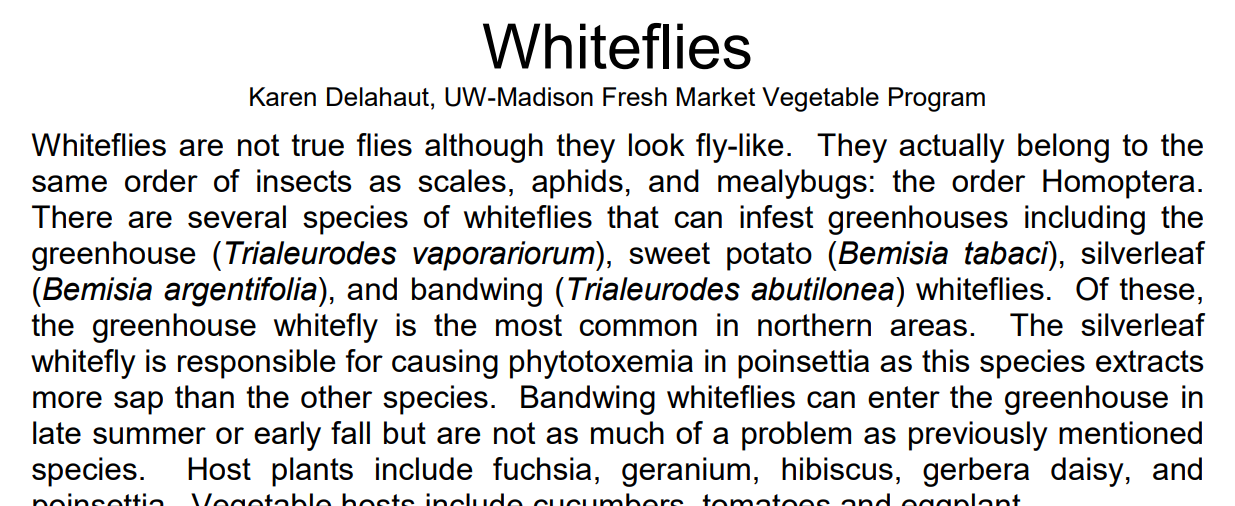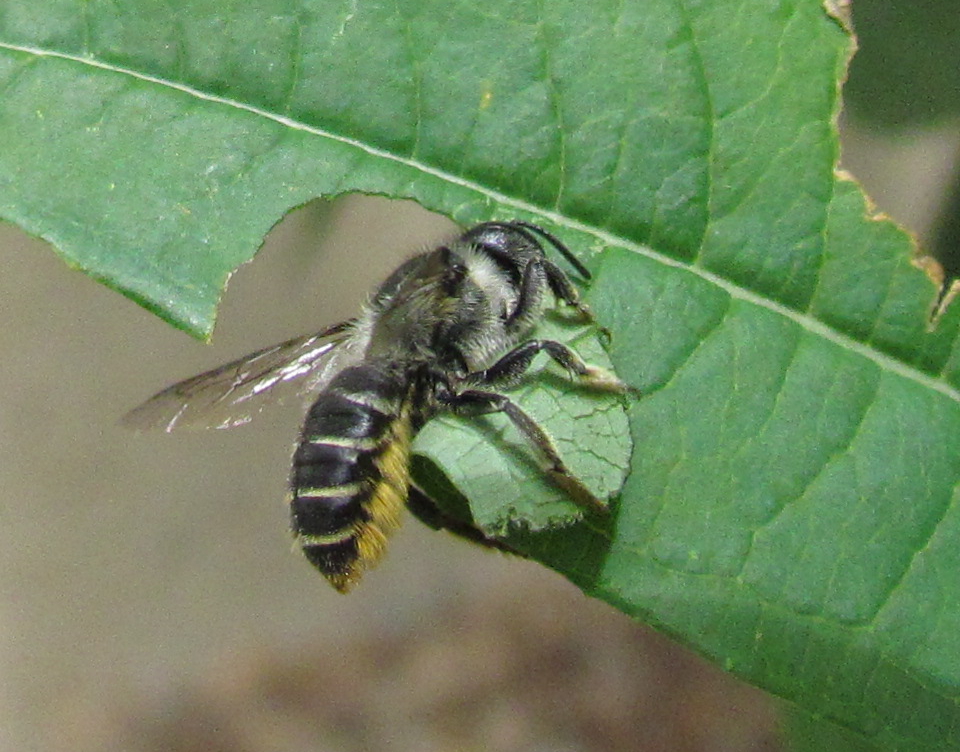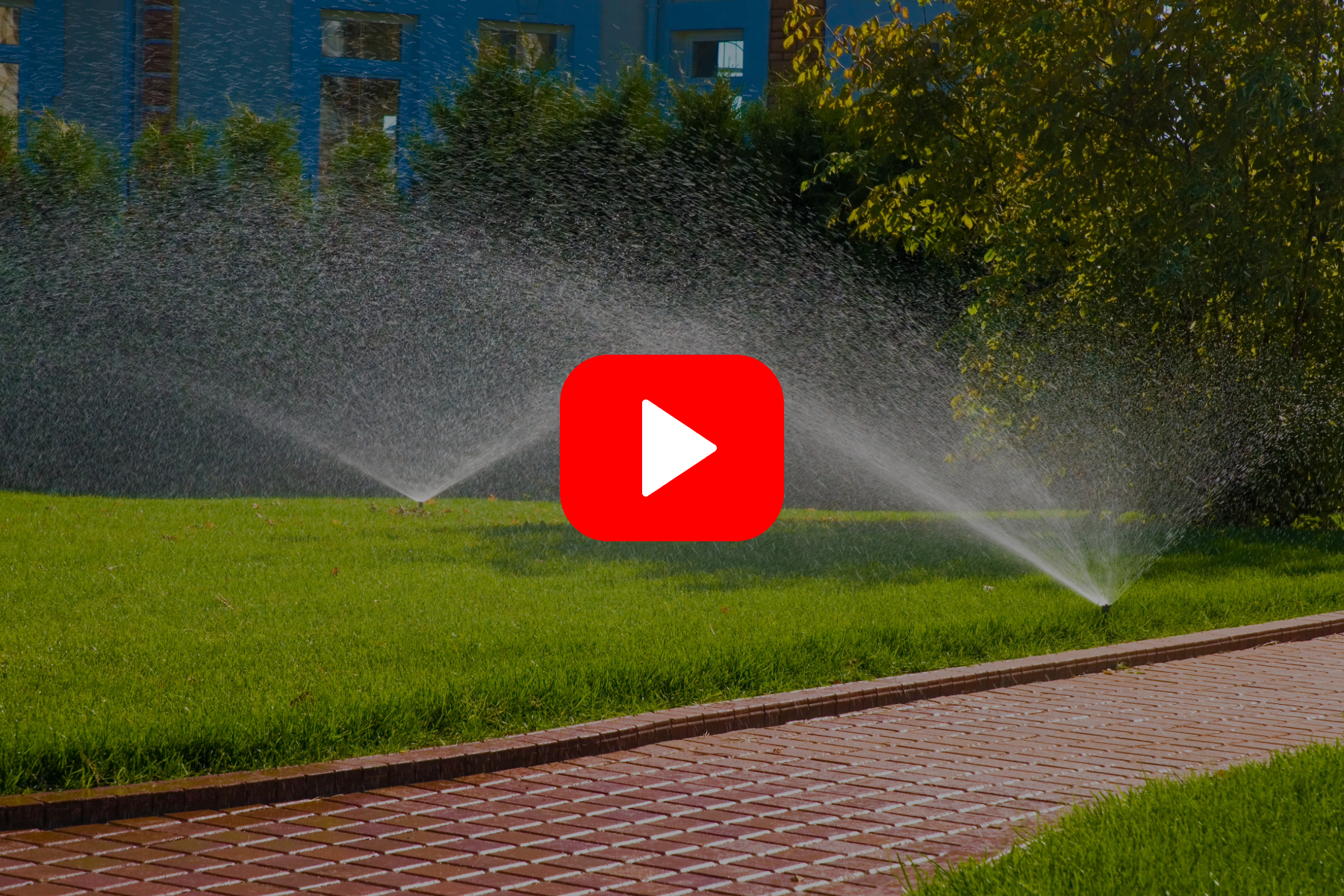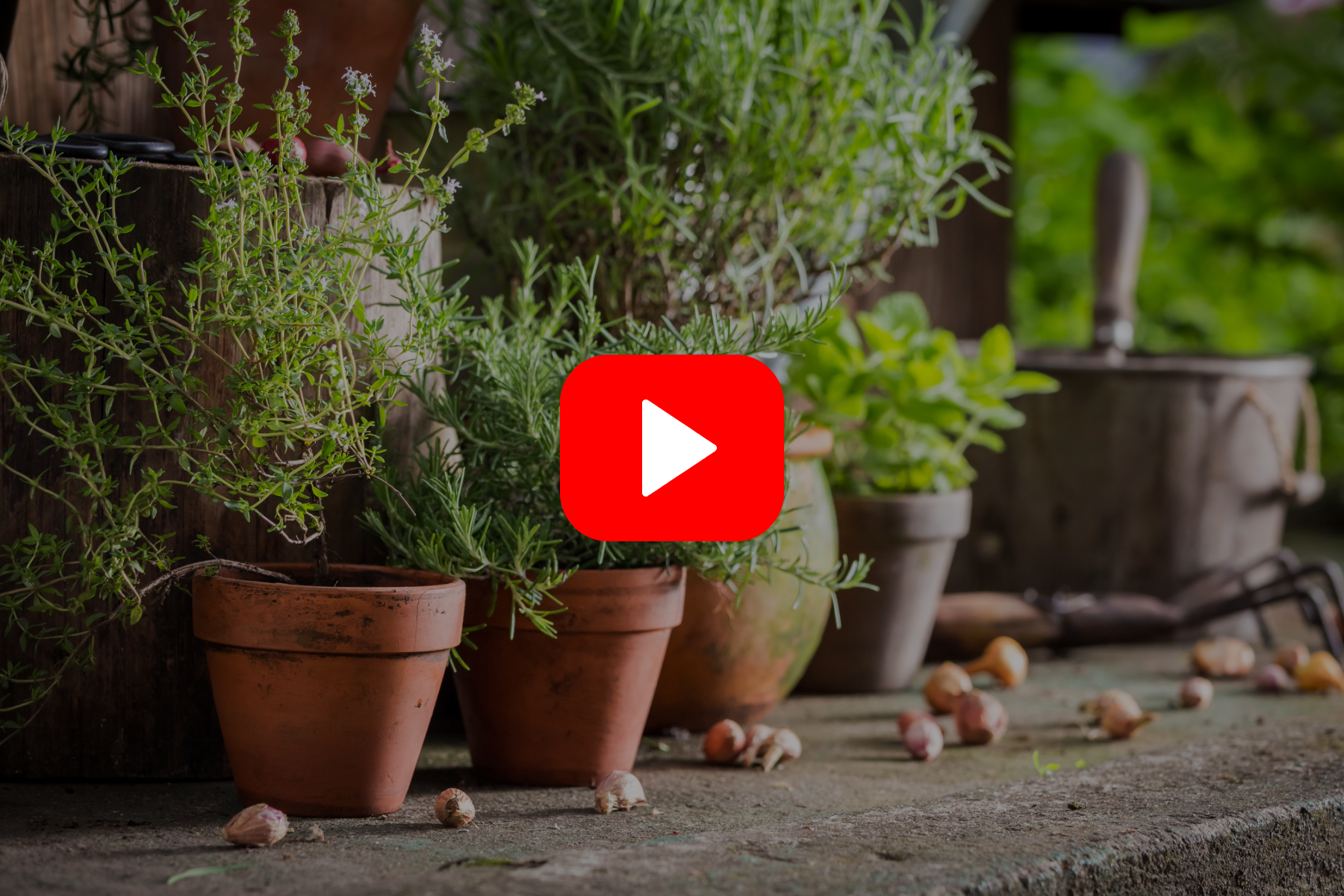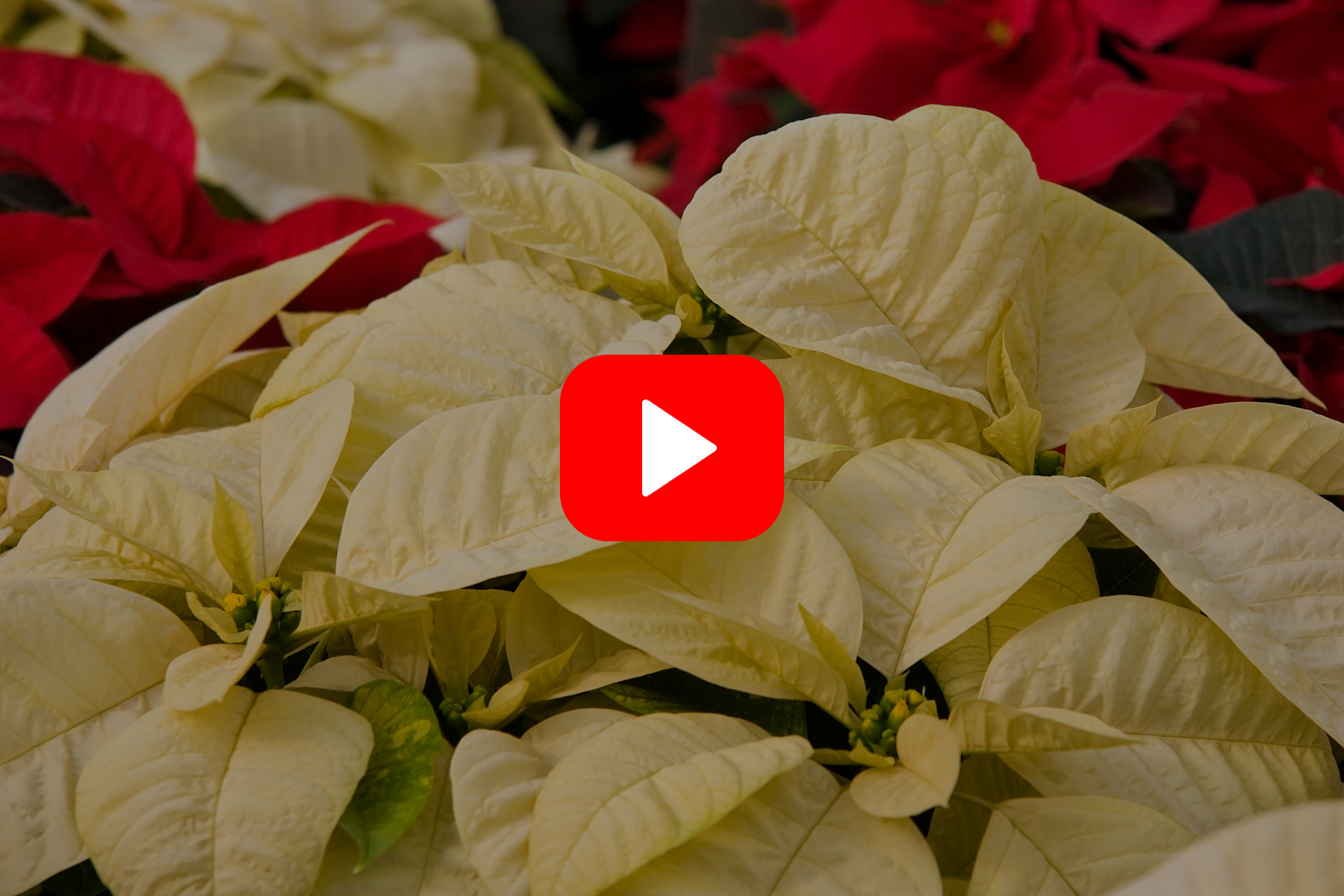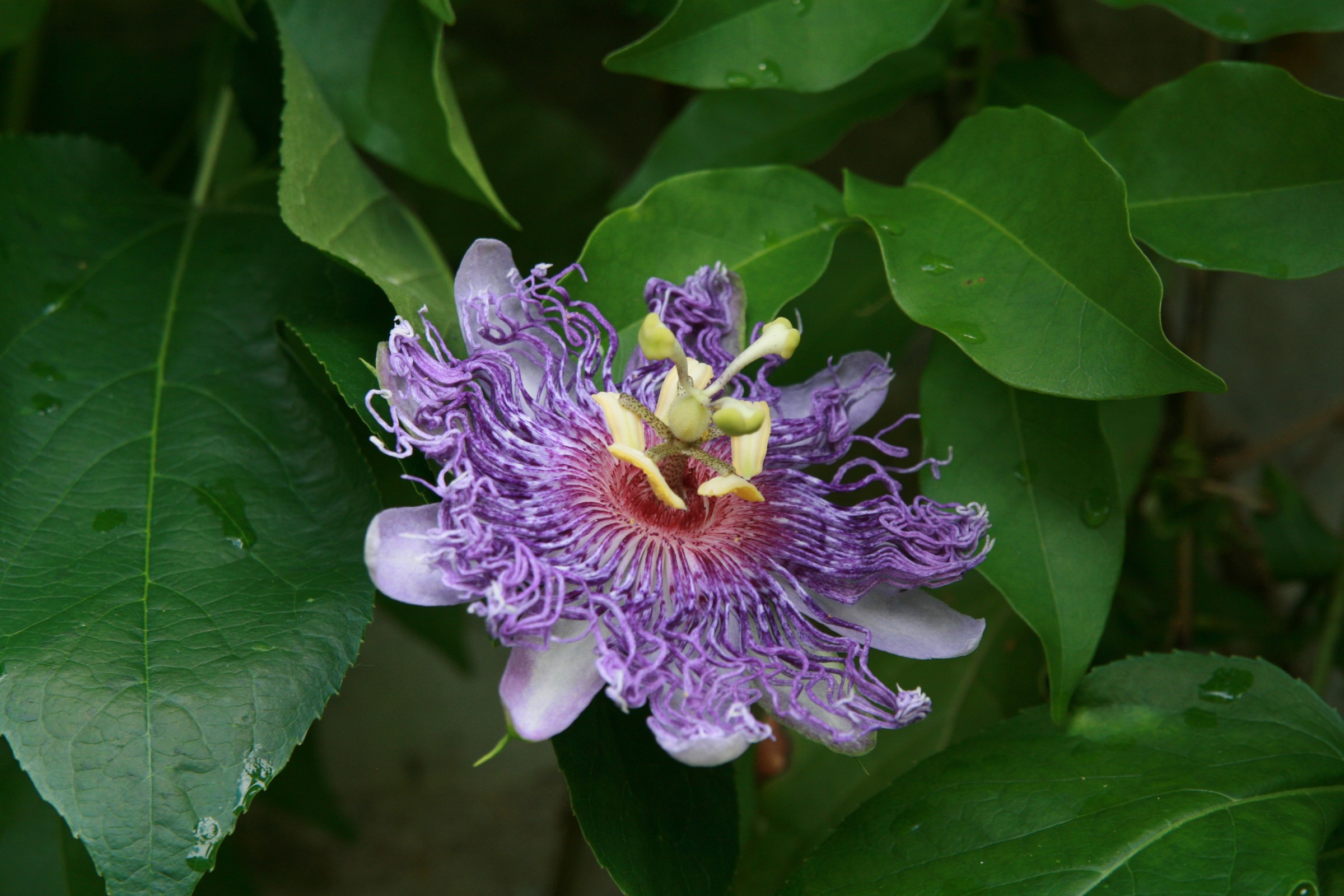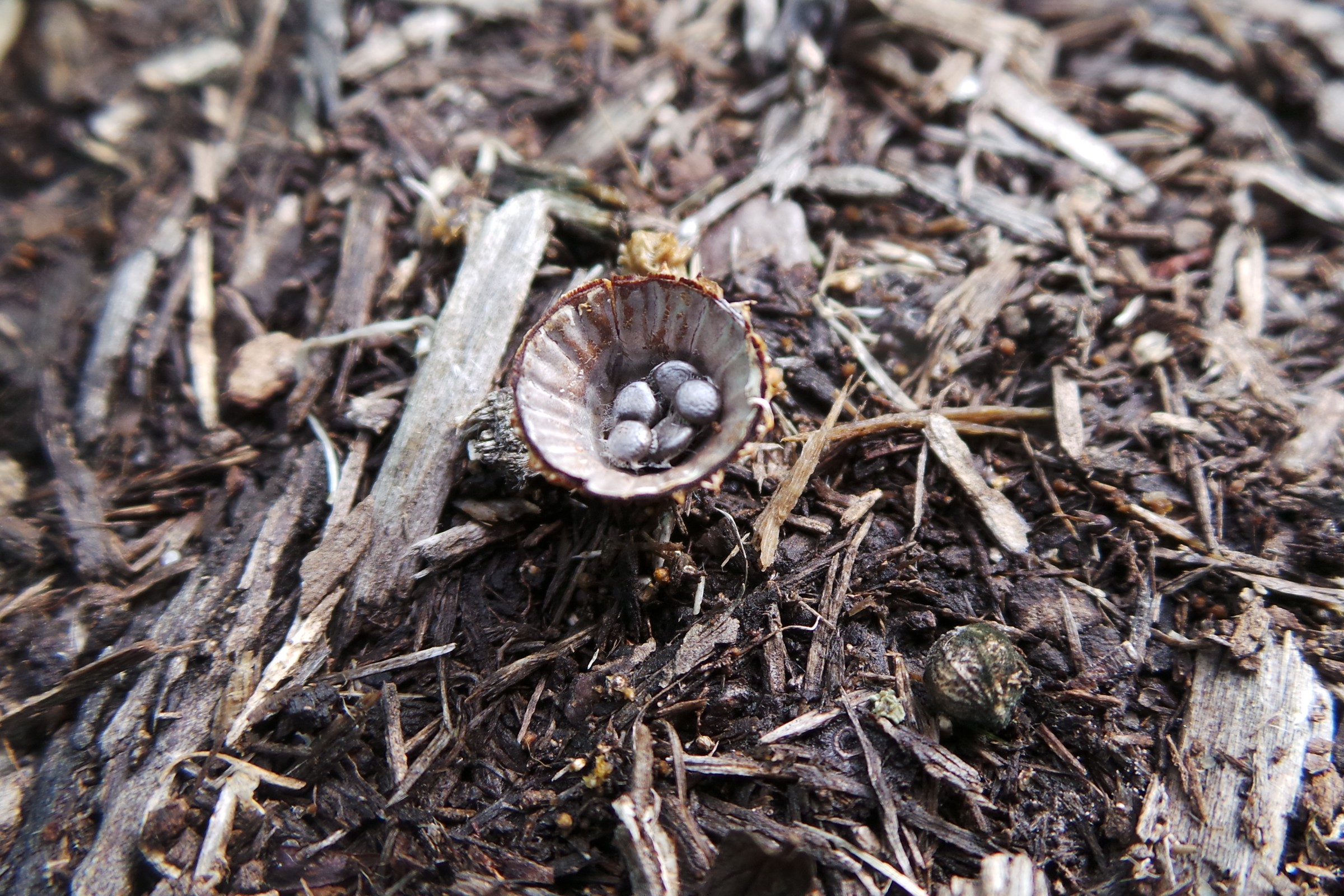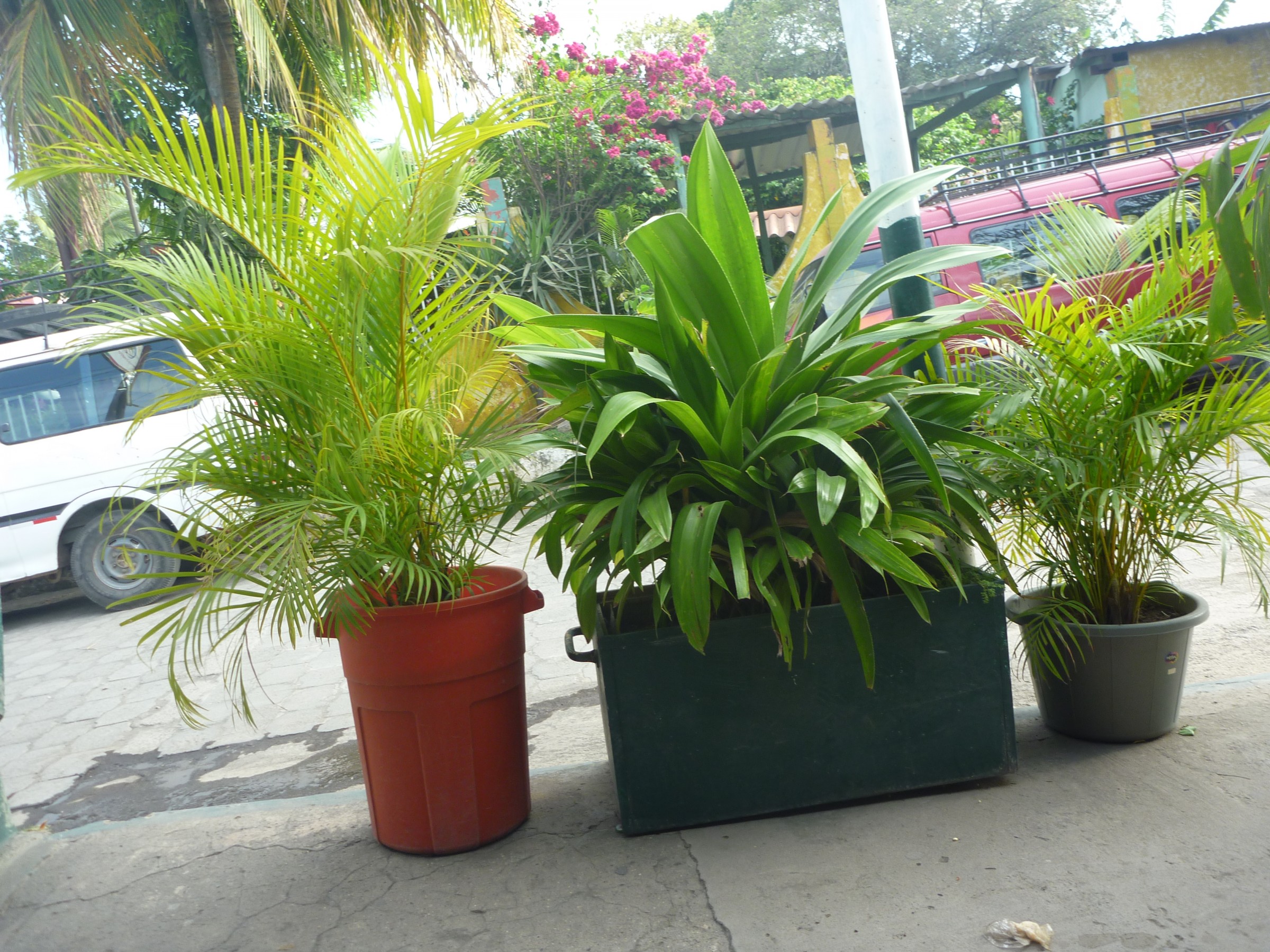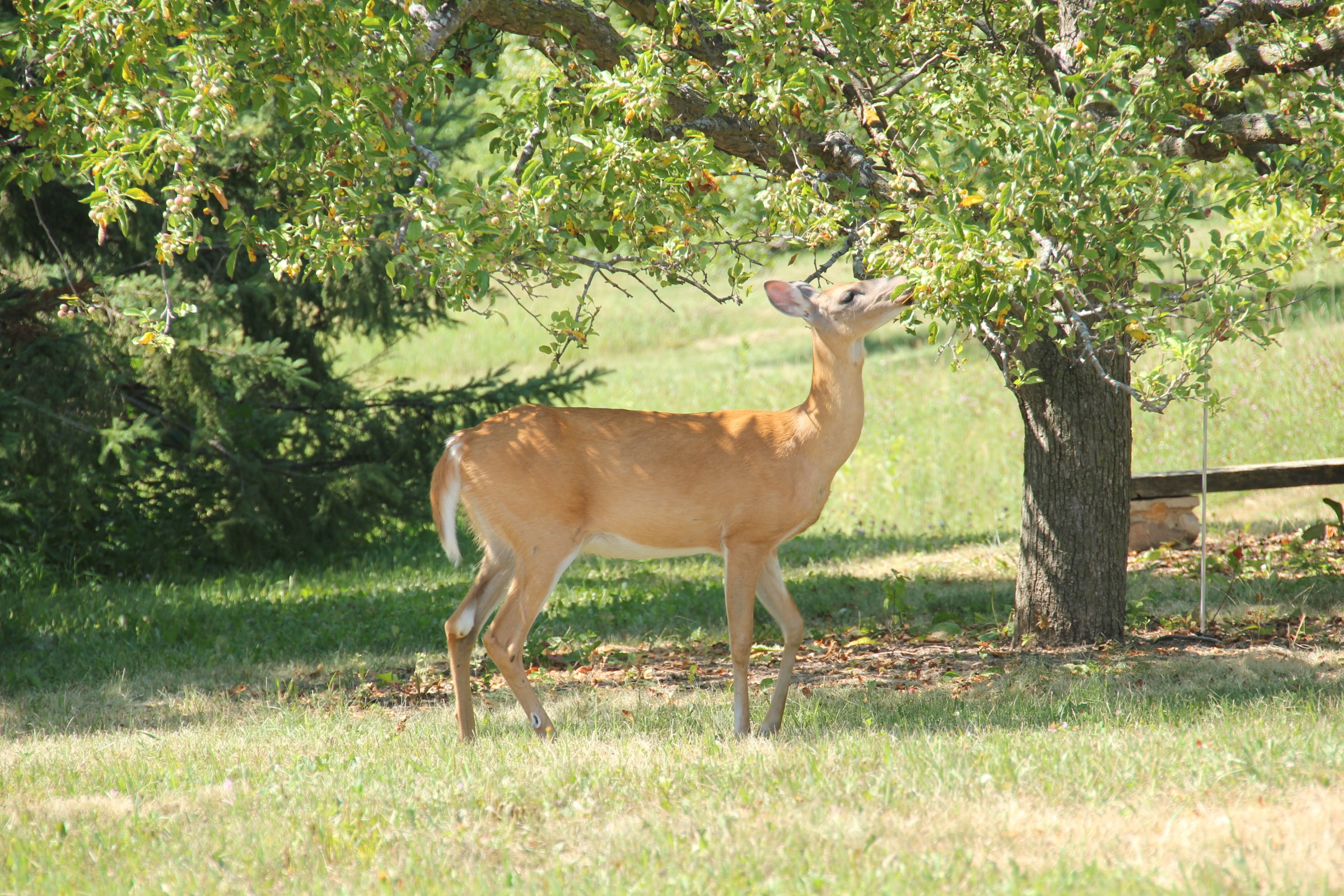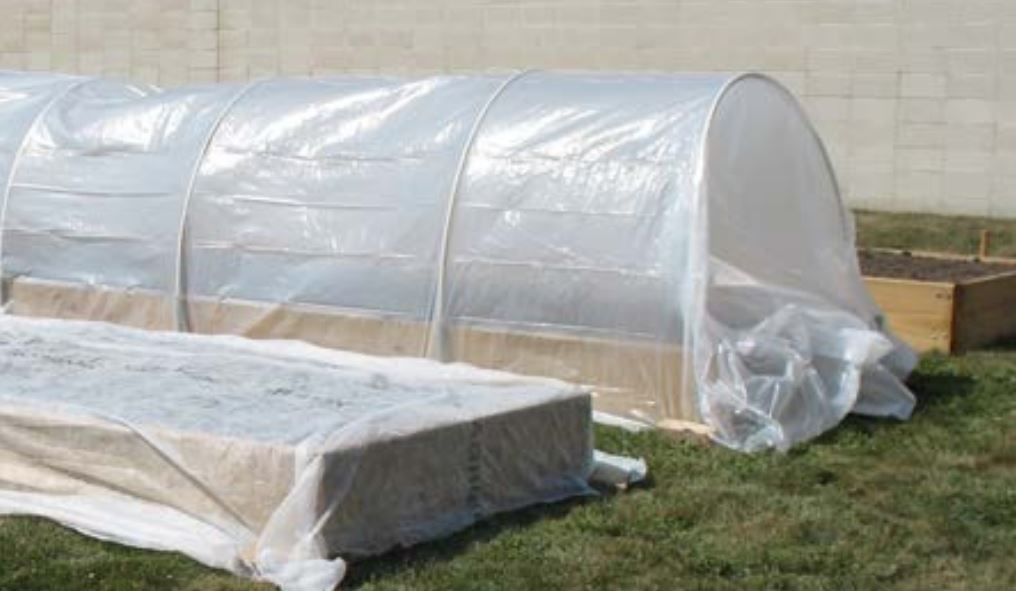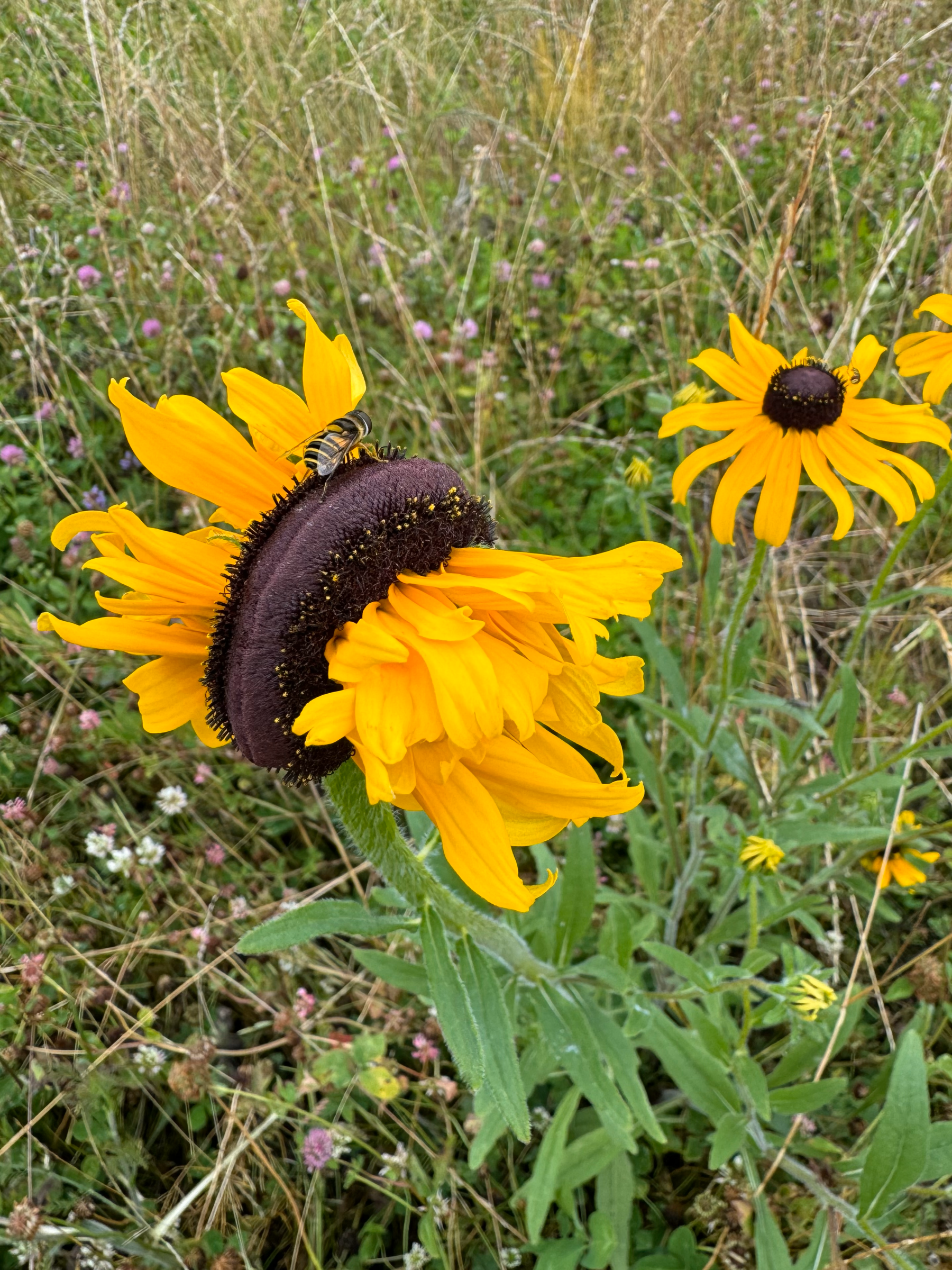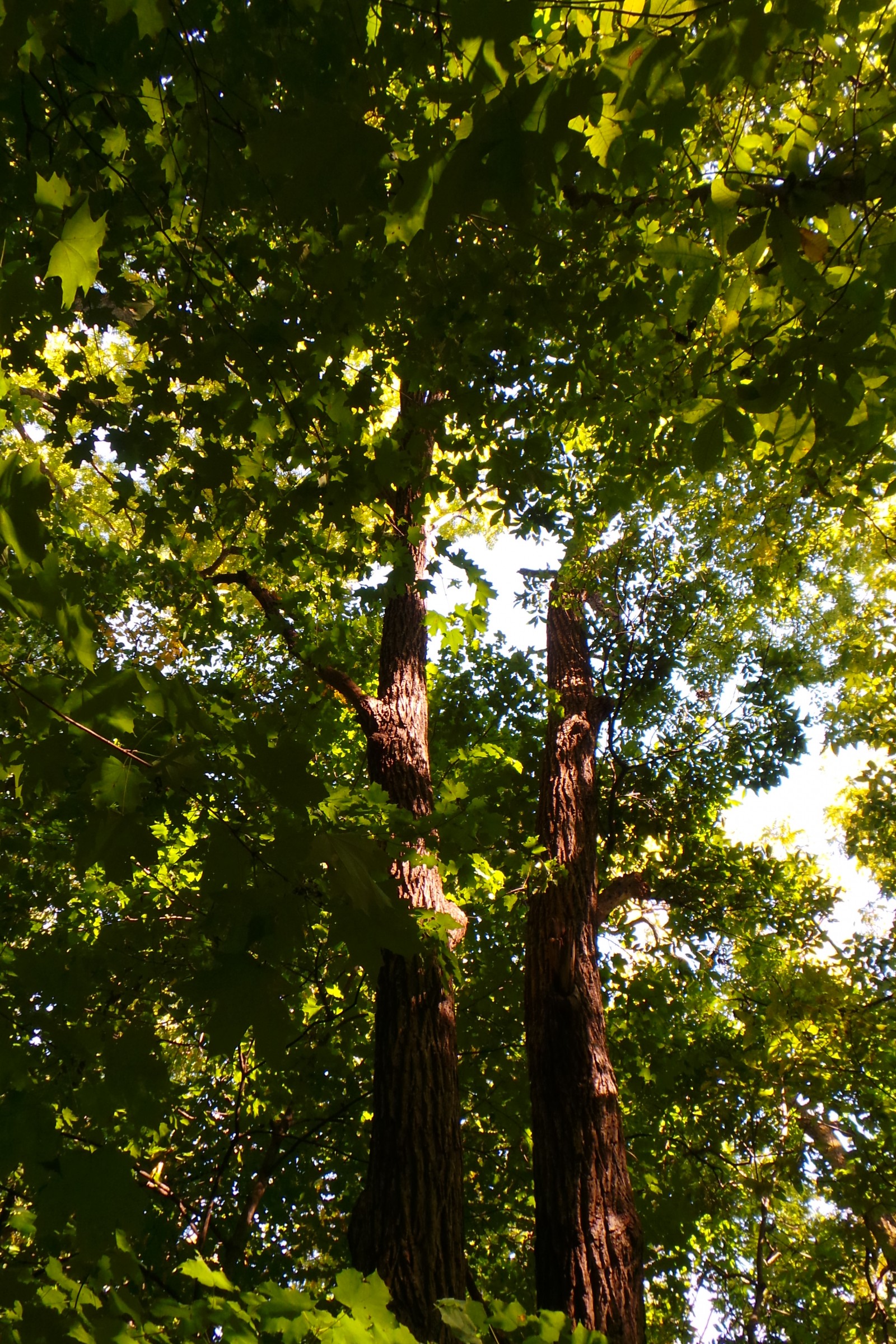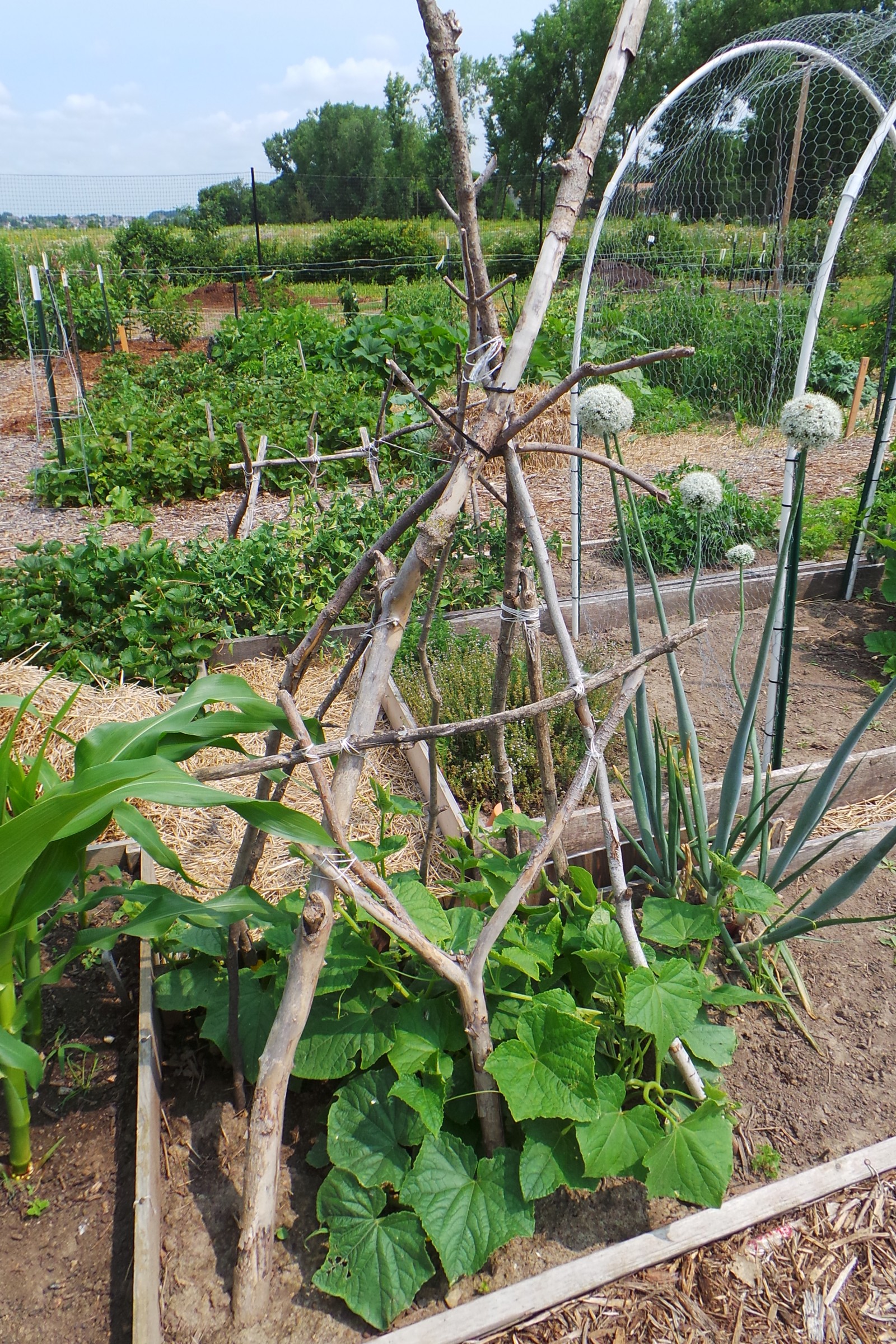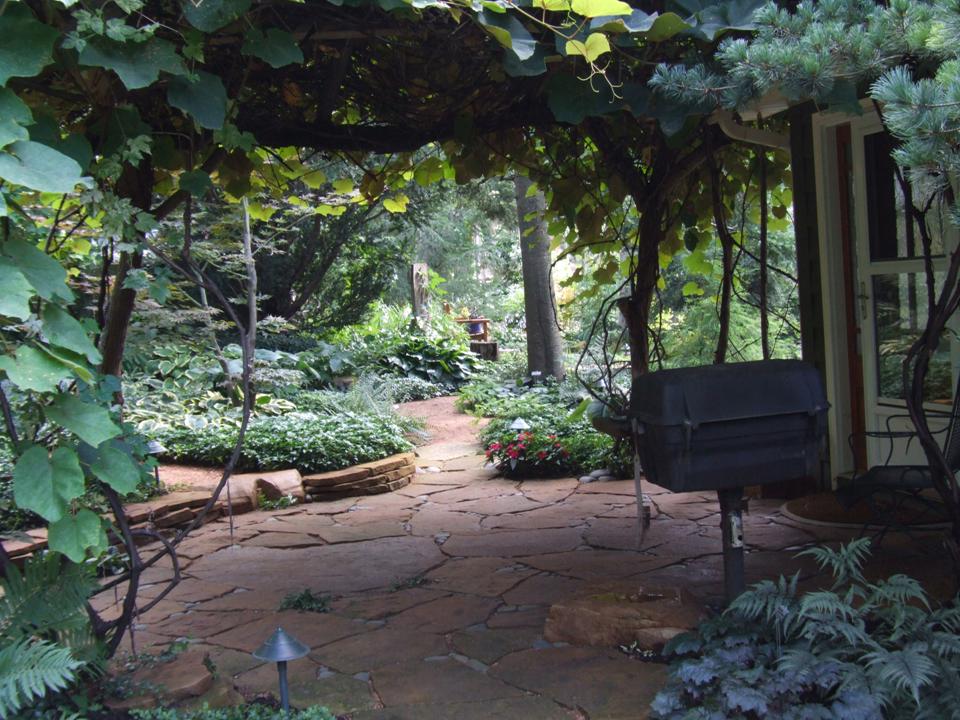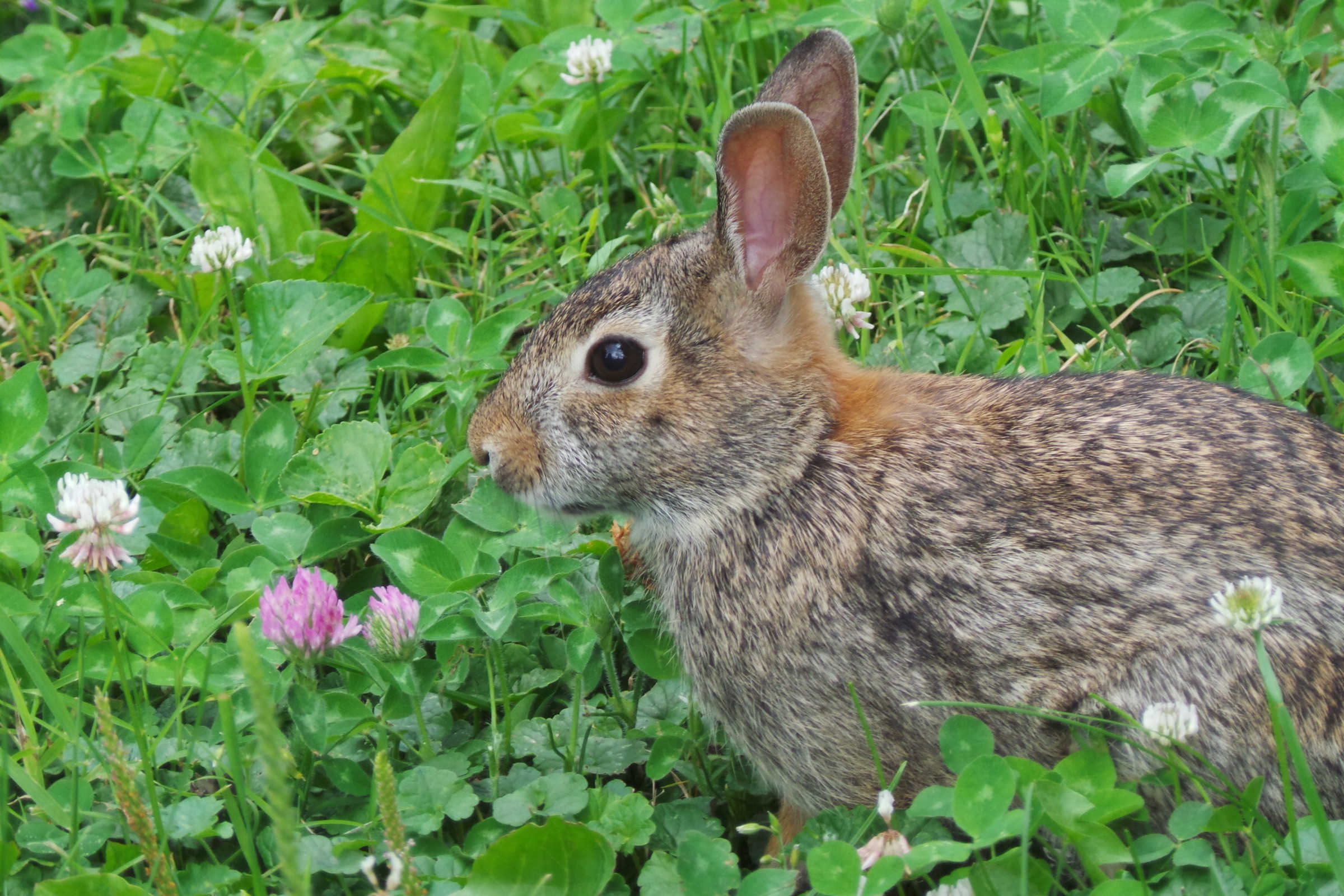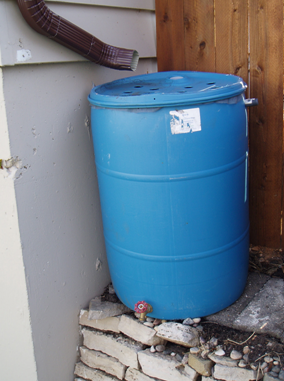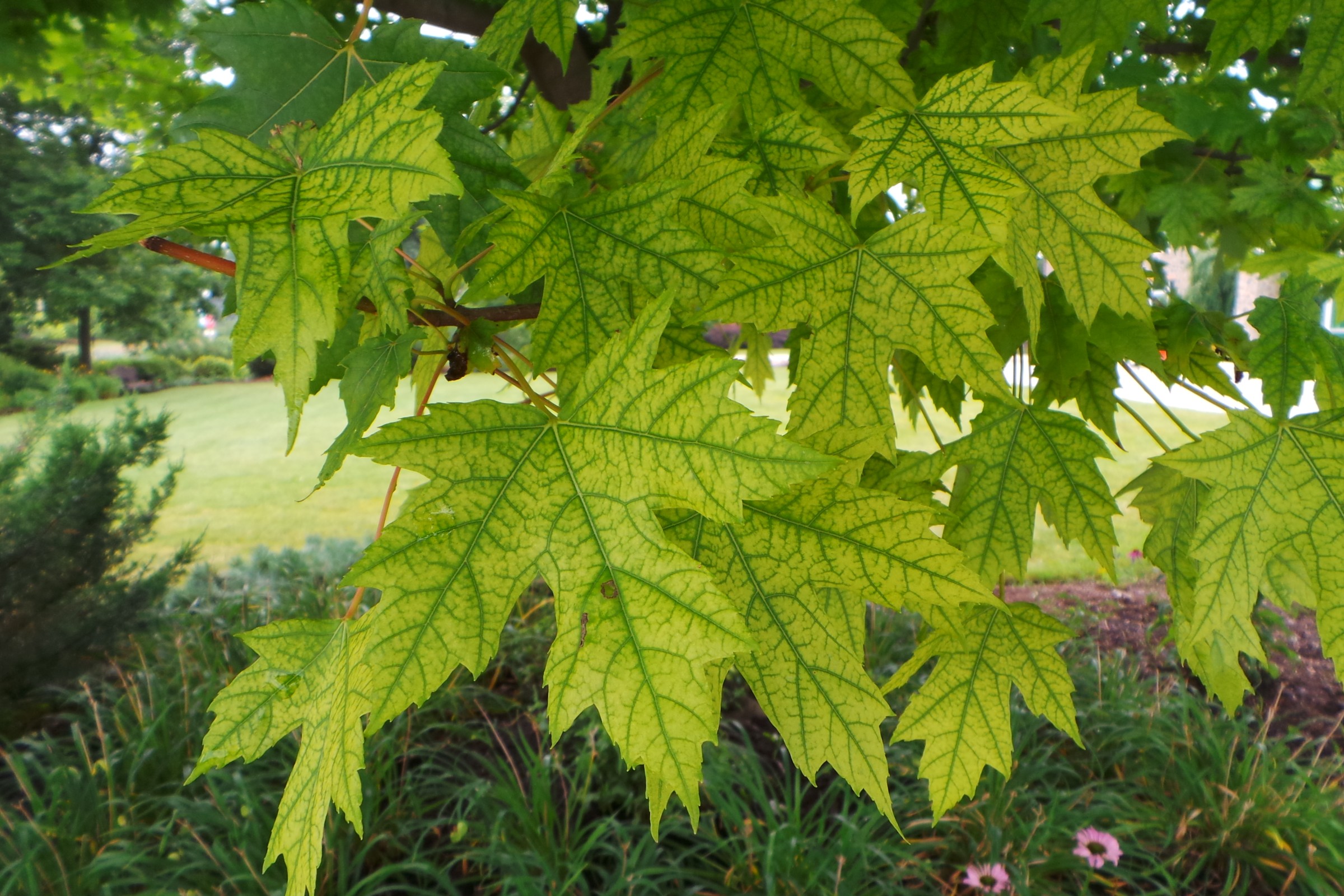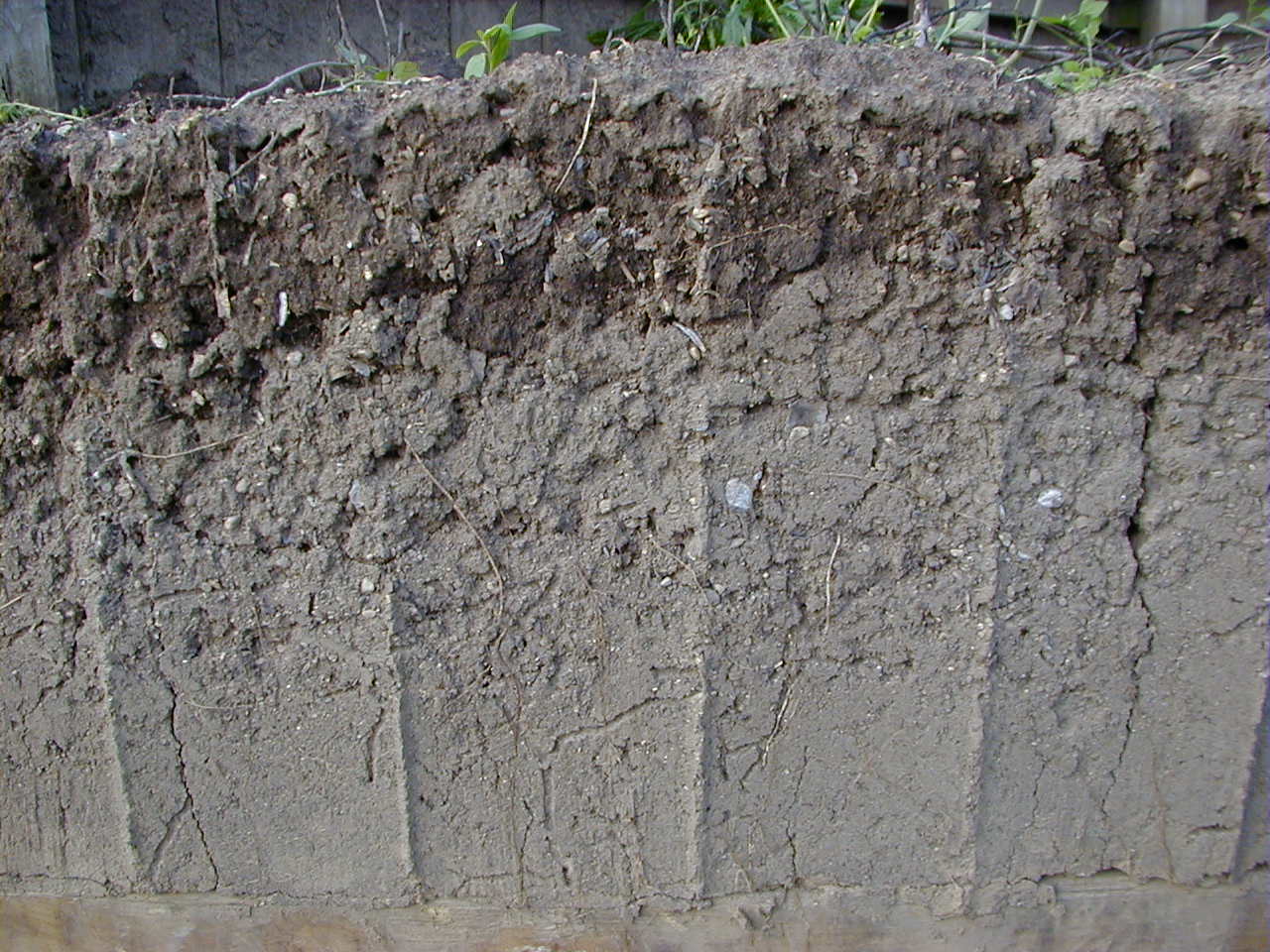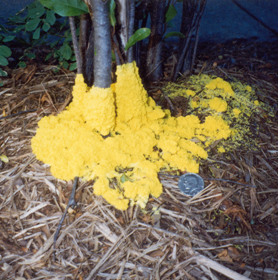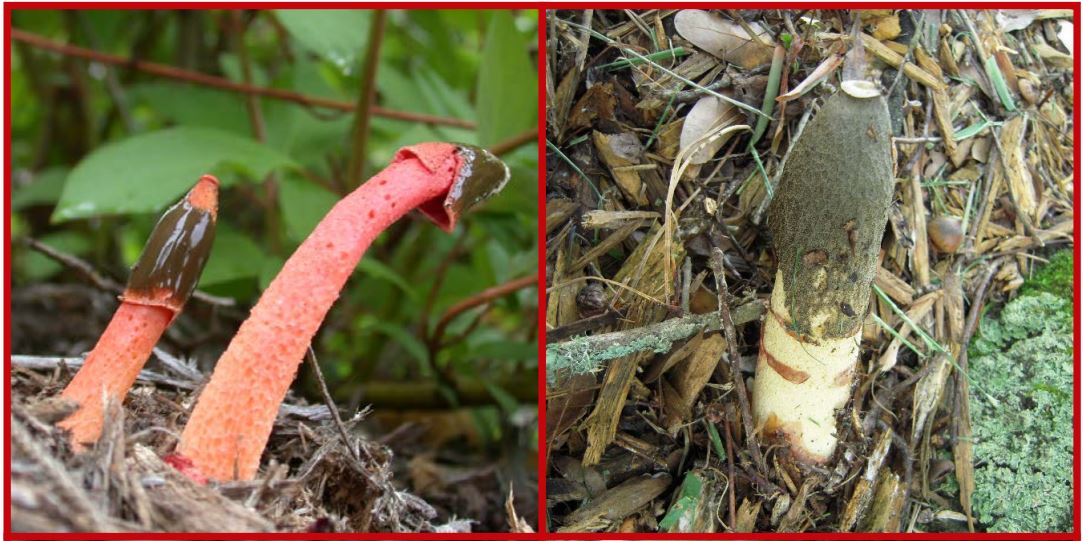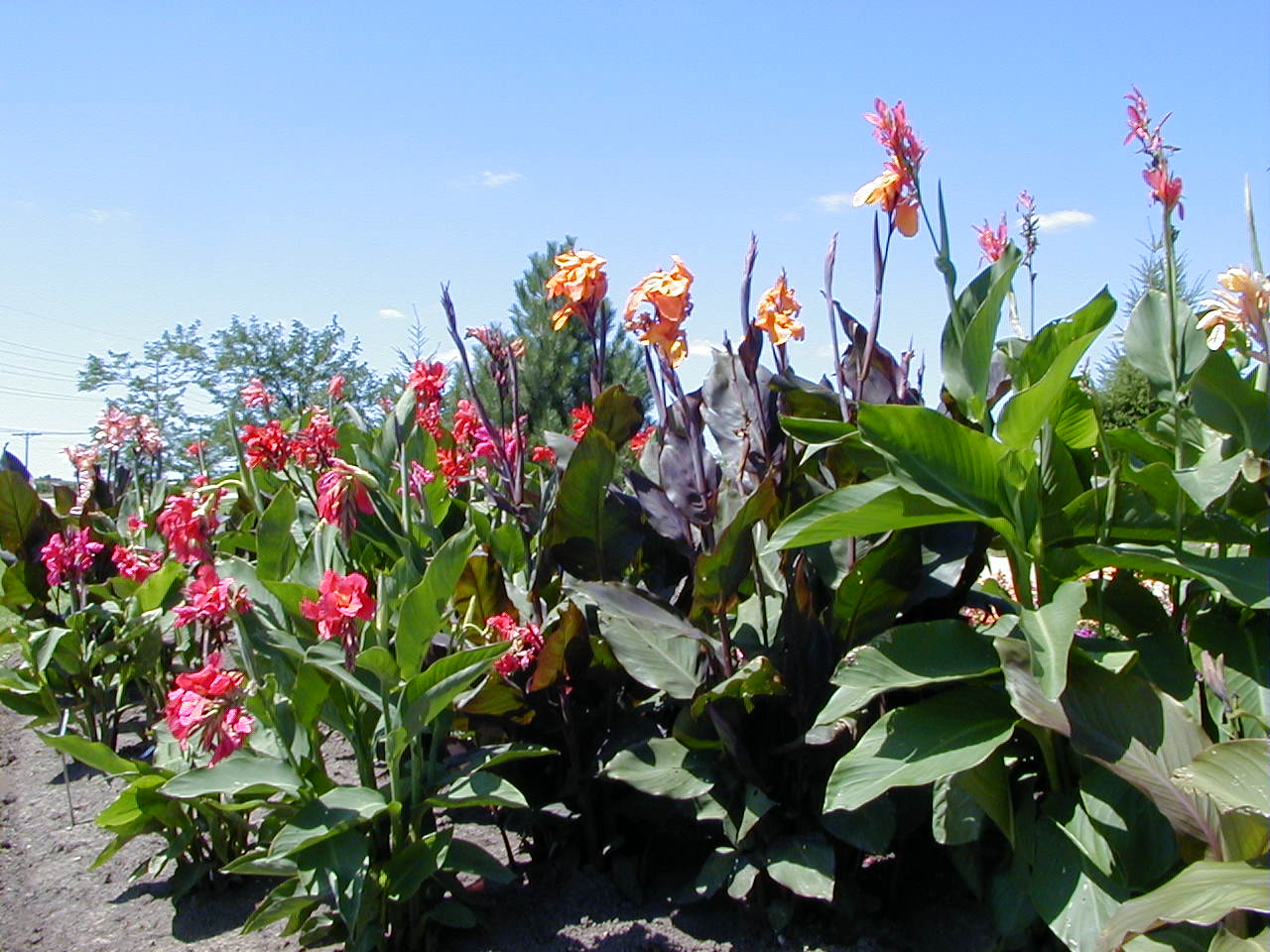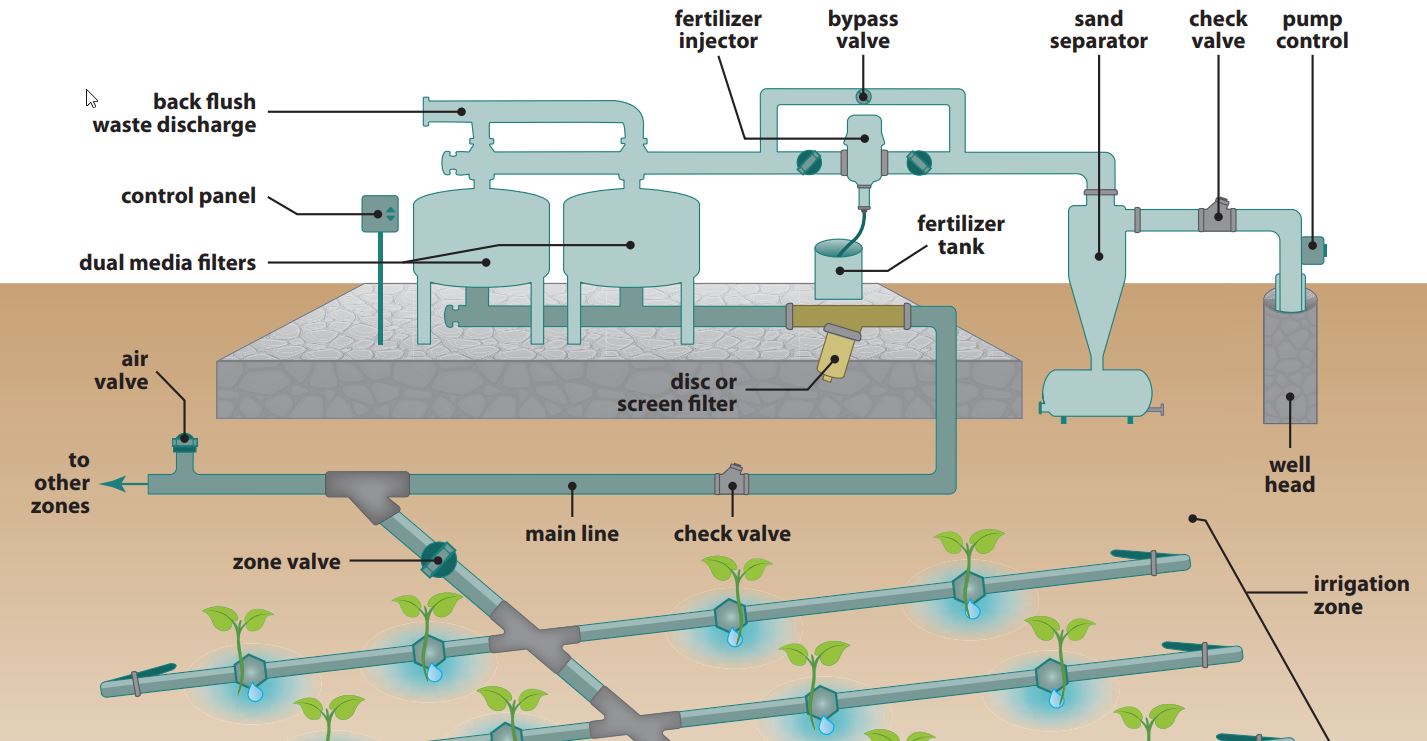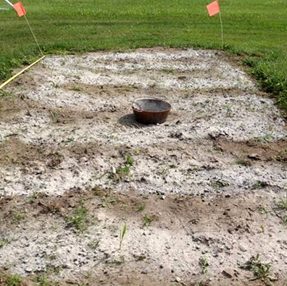Herbaceous Ornamentals

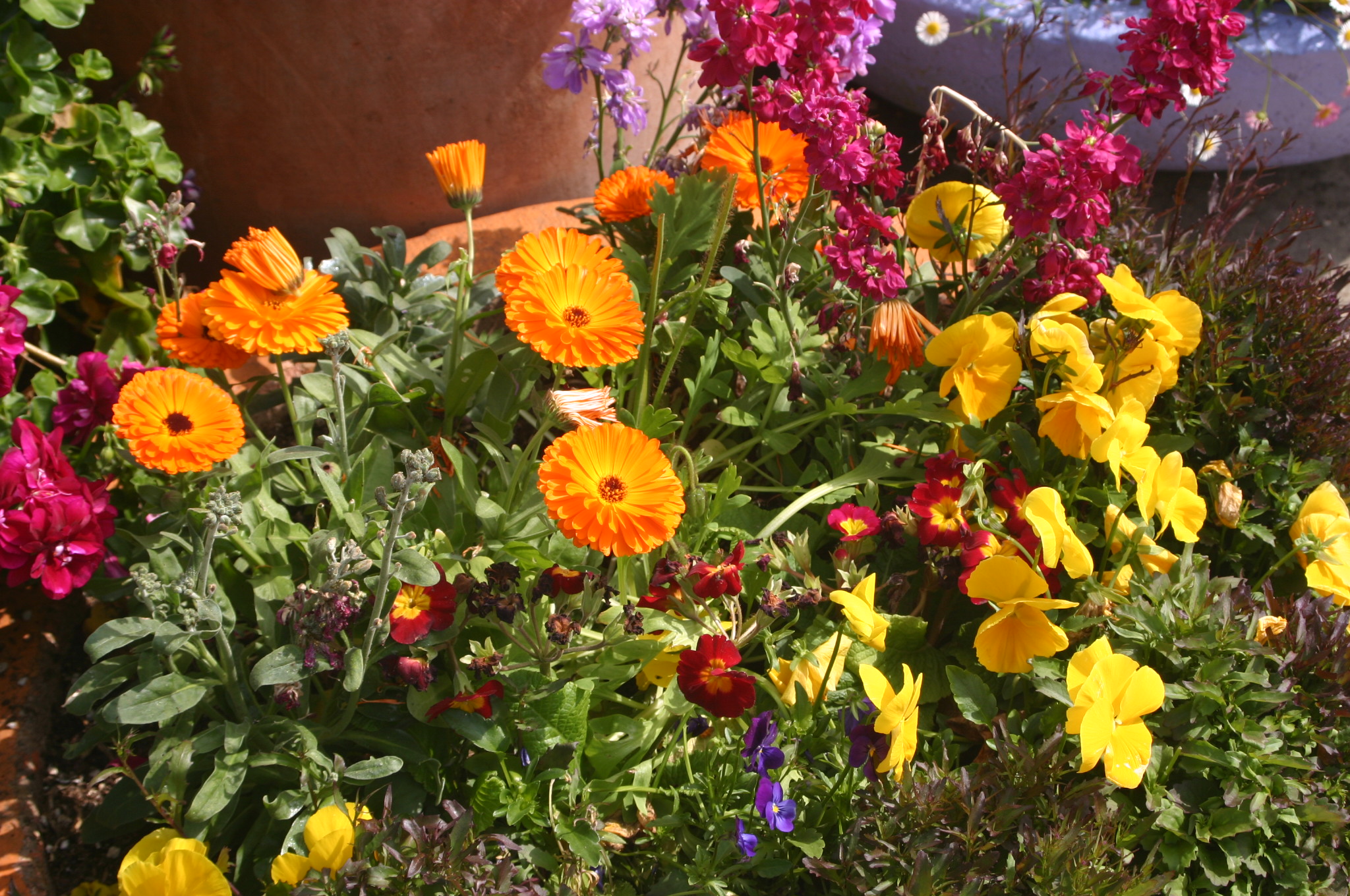
Herbaceous Ornamentals
Herbaceous ornamentals add interest to our yards and gardens with bright, beautiful flowers and interesting foliage. Whether native, non-native, sun-loving or shade-tolerant, herbaceous plants invite wildlife, provide for pollinators, and bring us enjoyment with color, texture and fragrance.
General Herbaceous Ornamentals Resources
Discover a variety of resources on herbaceous ornamentals. Dive into guides, articles, and websites below!
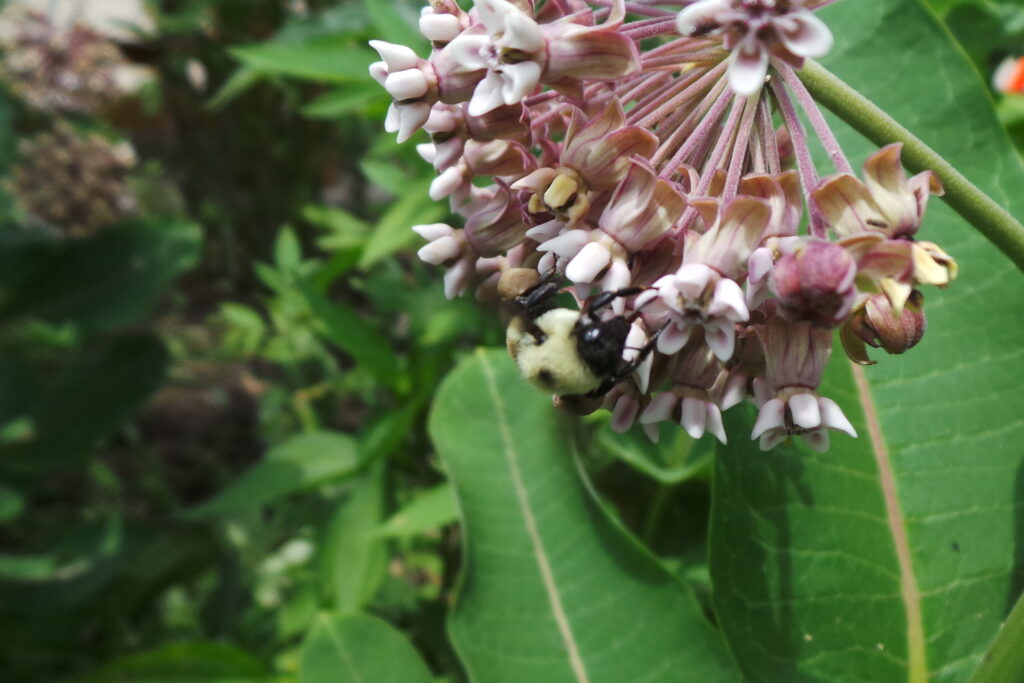
Soil Testing
Find links to the UW Soil and Forage Lab for the submission form and instructions to test your soil!
Hardiness Maps
The USDA Plant Hardiness Zone Map is the standard by which gardeners and growers can determine which perennial plants are most likely to thrive at a location.
Planning and Designing Your Home Landscape
This publication explores landscape planning: putting the plan on paper; selecting, placing, and planting trees and shrubs; and maintaining the home grounds.
Rabbit Ecology and Damage Management
In this series, the authors suggest a variety of ways to deter rabbits from destroying your garden or landscape plants.
Photo left: Common Milkweed – Asclepias syriaca
Popular Herbaceous Ornamentals Articles
Discover our most popular herbaceous ornamentals articles below!

Create a Butterfly Garden
Colorful butterflies can add beauty, color, life, and interest to your backyard. Besides the well-known monarch, there are over 150 different butterfly species that may be seen in the Midwestern United States. With a little extra planning and proper plant selection you can increase the number and variety of butterflies that visit your yard this summer!
Elephant Ears (Colocasia, Alocasia, and Xanthosoma)
“Elephant ears” is the common name for a group of tropical perennial plants grown for their large, heart-shaped leaves. Elephant ears can be grown as annuals, starting with new plants each year, or may be kept over the winter (most are hardy only to zone 8). Plants that have formed bulbs can be dug, dried and stored like cannas or dahlias after frost has killed the foliage.
Japanese Beetle
The Japanese beetle, Popillia japonica, is a significant pest of landscape trees and shrubs, vegetable and fruit crops, and turfgrass in the eastern United States.
Jumping Worms
Native to East Asia, jumping worms were found in Wisconsin in 2013 and can negatively impact soil composition and plant health.
Landscaping Alternatives for Terrestrial Invasive Flowers and Grasses
This publication suggests alternative plants that share desired ornamental and environmental features, grow in the Upper Midwest successfully, are available from nurseries and garden centers, and will unlikely escape from cultivation.
▶ Watch: Pollinator Gardens: Plant Selection and Garden Care
In this video, learn how to select and care for plants to attract and support diverse pollinators in your garden all season long. This presentation emphasizes native plants and pollinators and includes sustainable gardening practices.
Articles
Click on each section below to browse a list of categorized articles.
Annuals Selection
Perennials Selection
Native & Naturalized Selection
Diseases & Disorders
Insects
Other
Submit additional lawn, landscape and gardening questions using our Ask Your Gardening Question form.

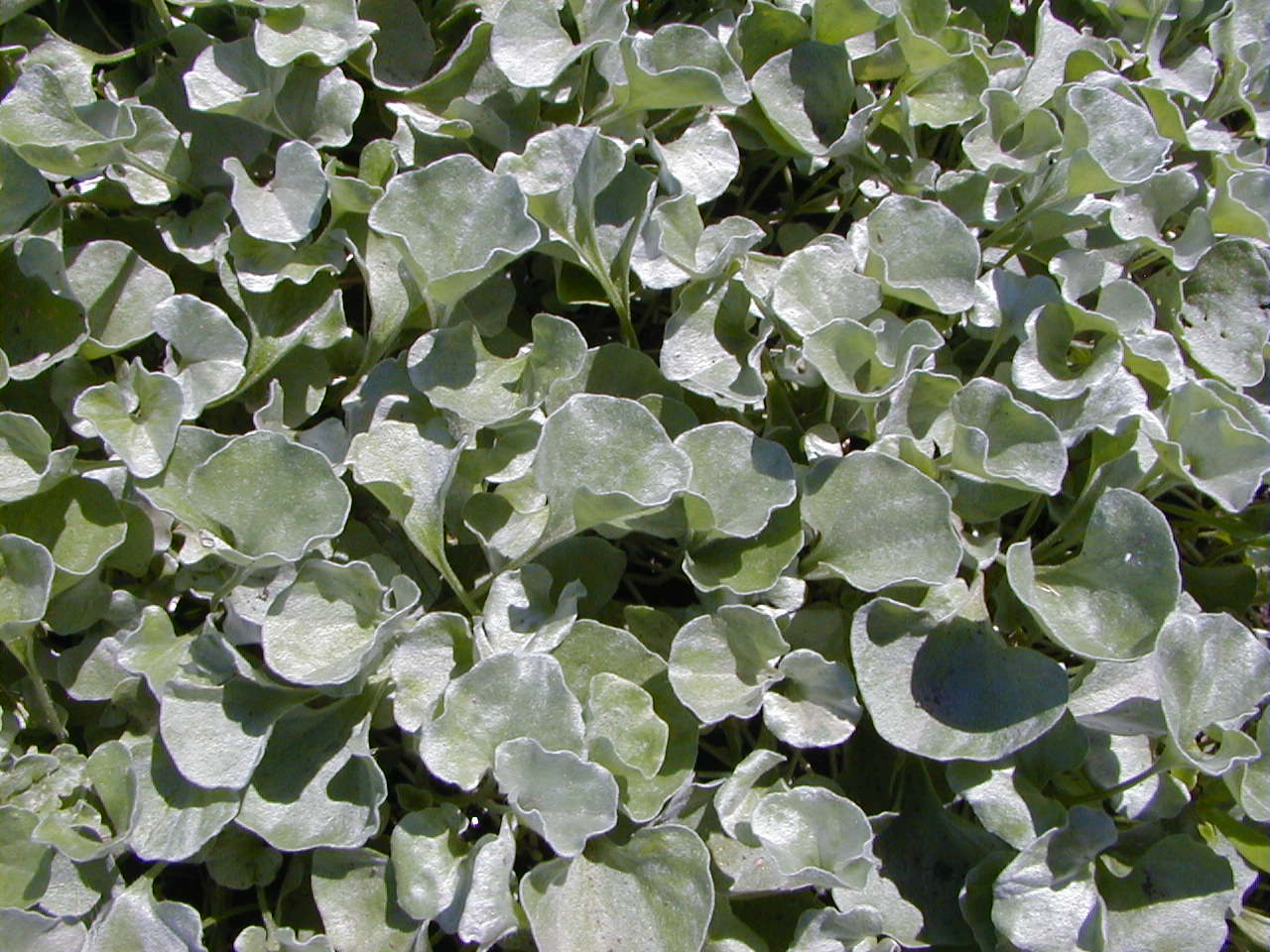 Dichondra argentea‘ />
Dichondra argentea‘ />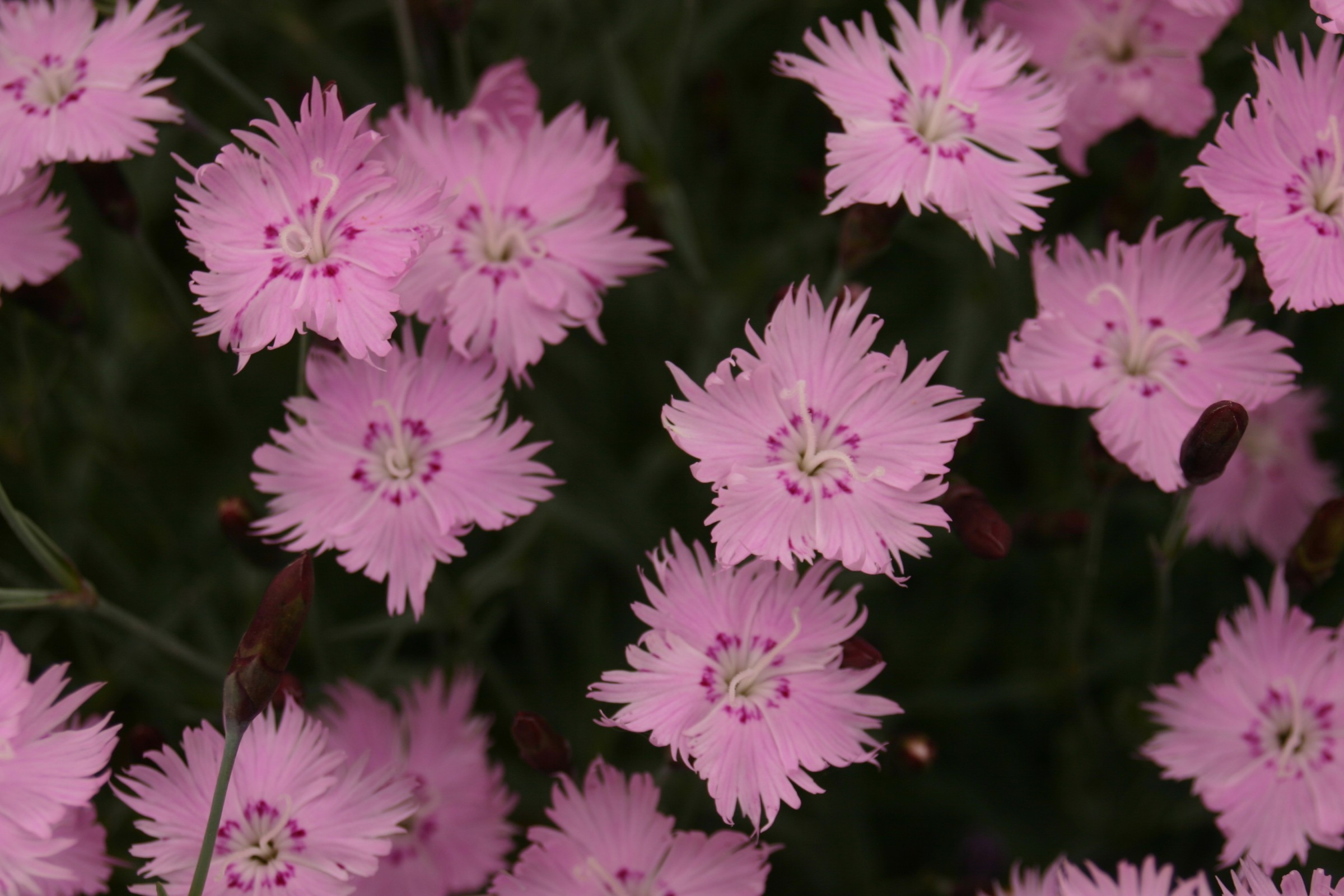 Dianthus 'Bath's Pink'’ />
Dianthus 'Bath's Pink'’ />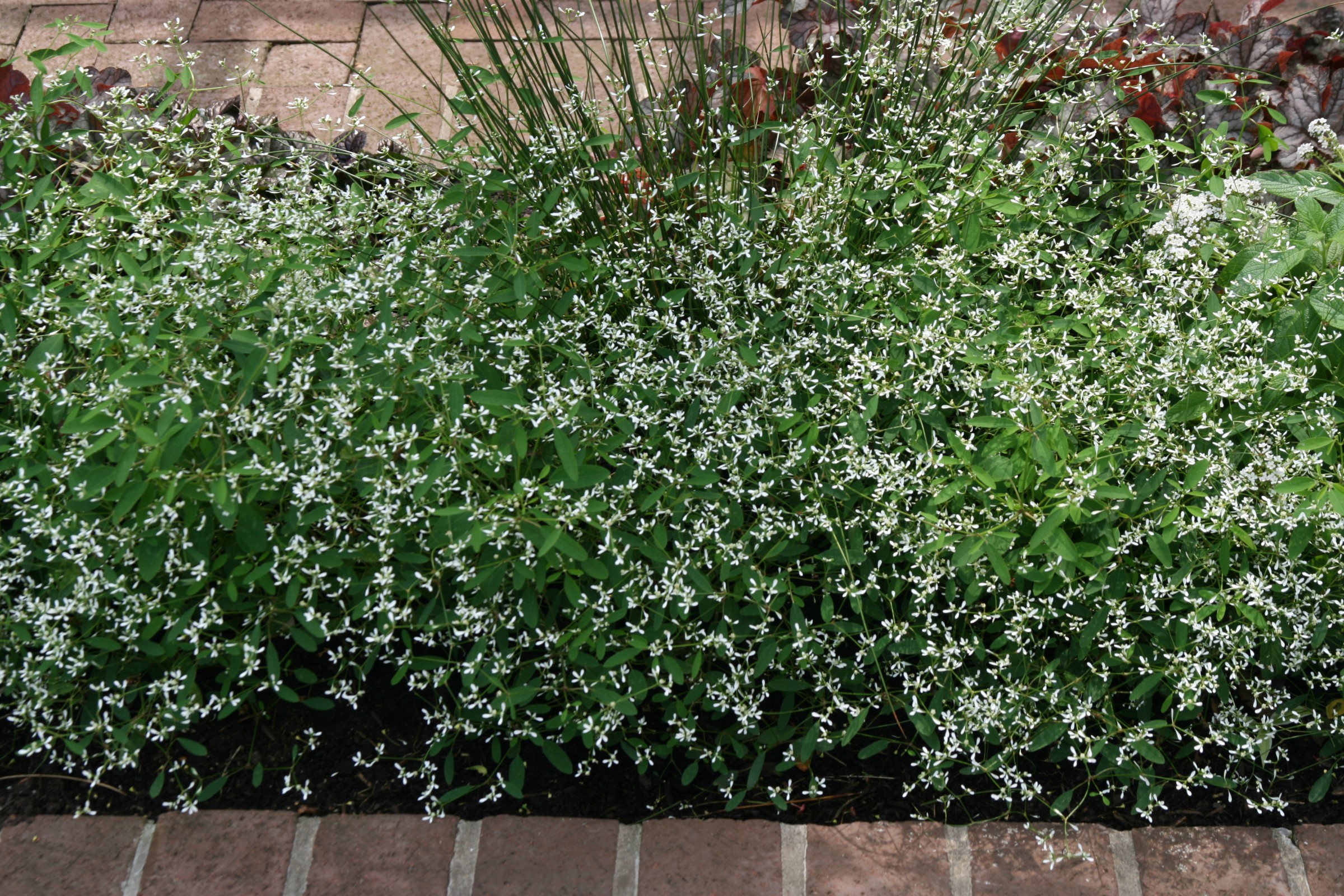 Euphorbia Diamond Frost®’ />
Euphorbia Diamond Frost®’ />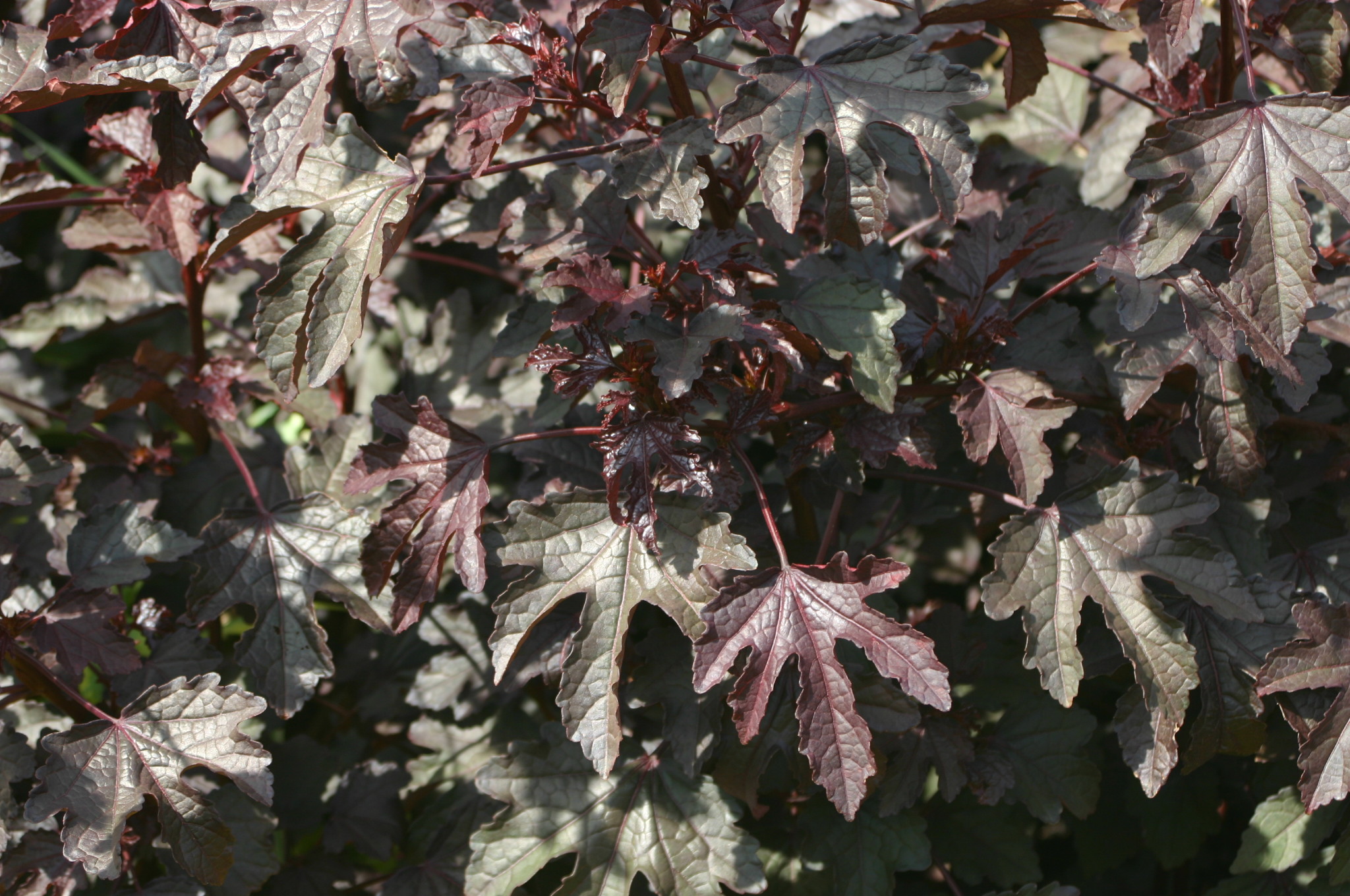 Hibiscus acetosella‘ />
Hibiscus acetosella‘ />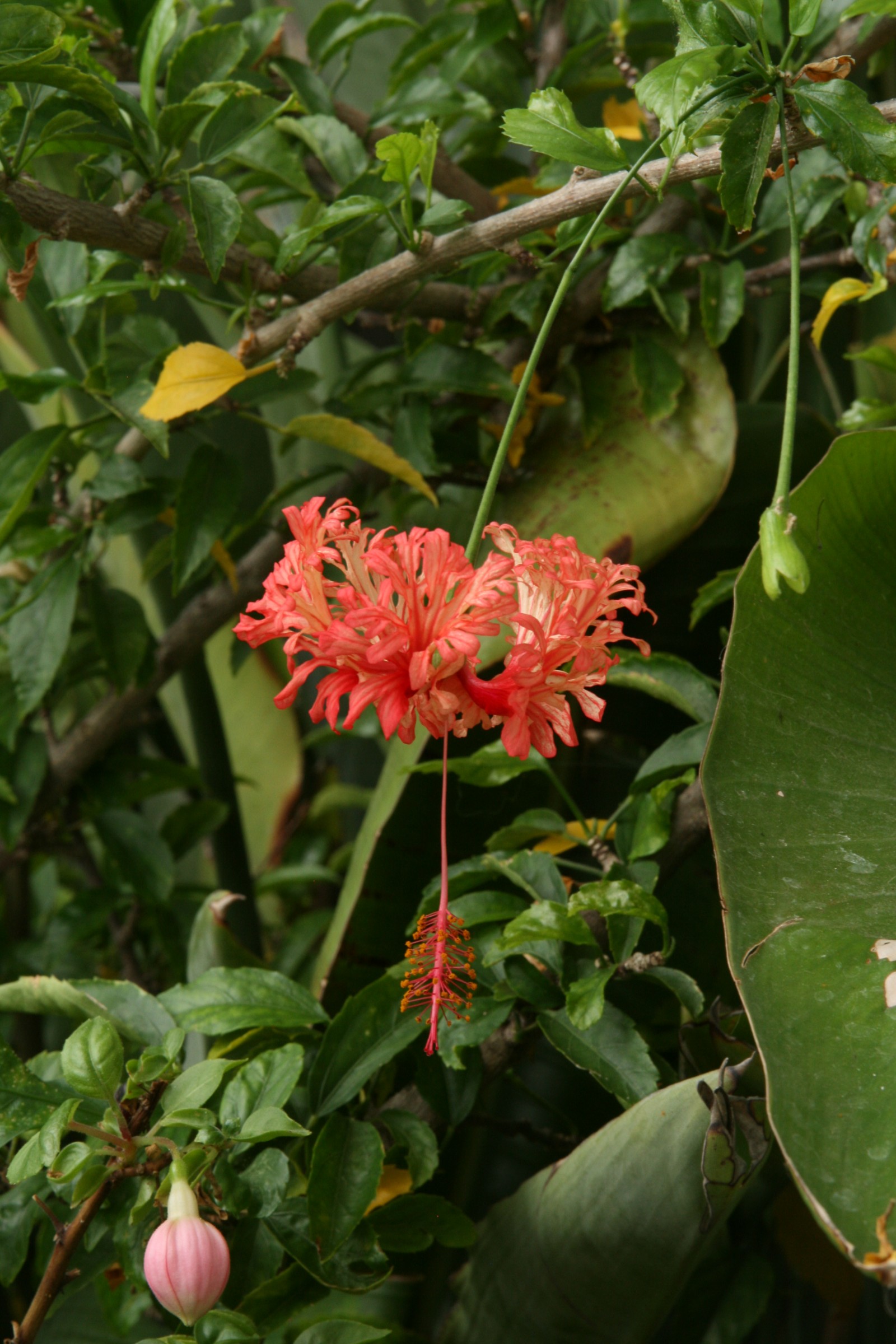 Hibiscus schizopetalus‘ />
Hibiscus schizopetalus‘ />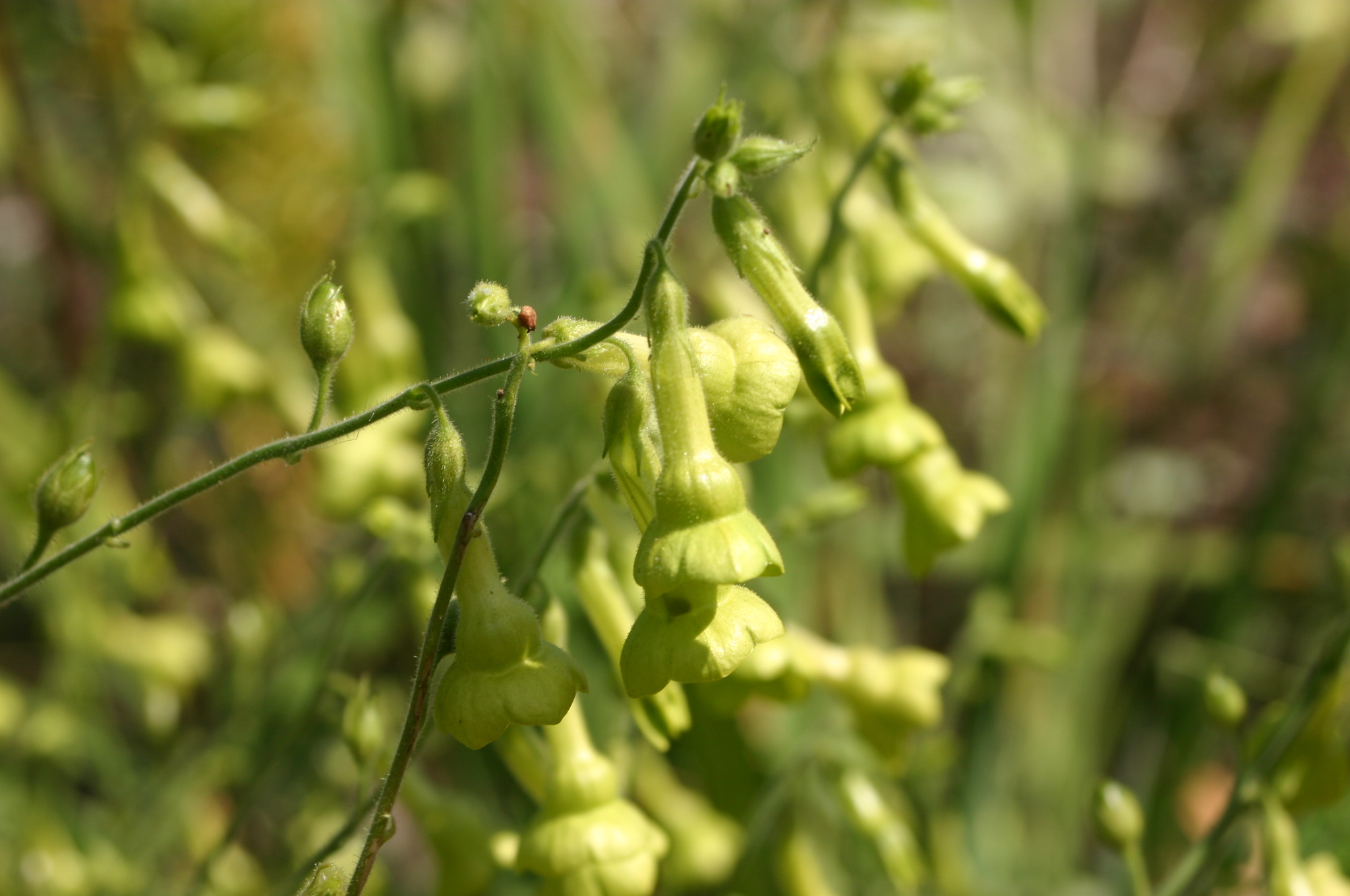 Nicotiana langsdorffii‘ />
Nicotiana langsdorffii‘ />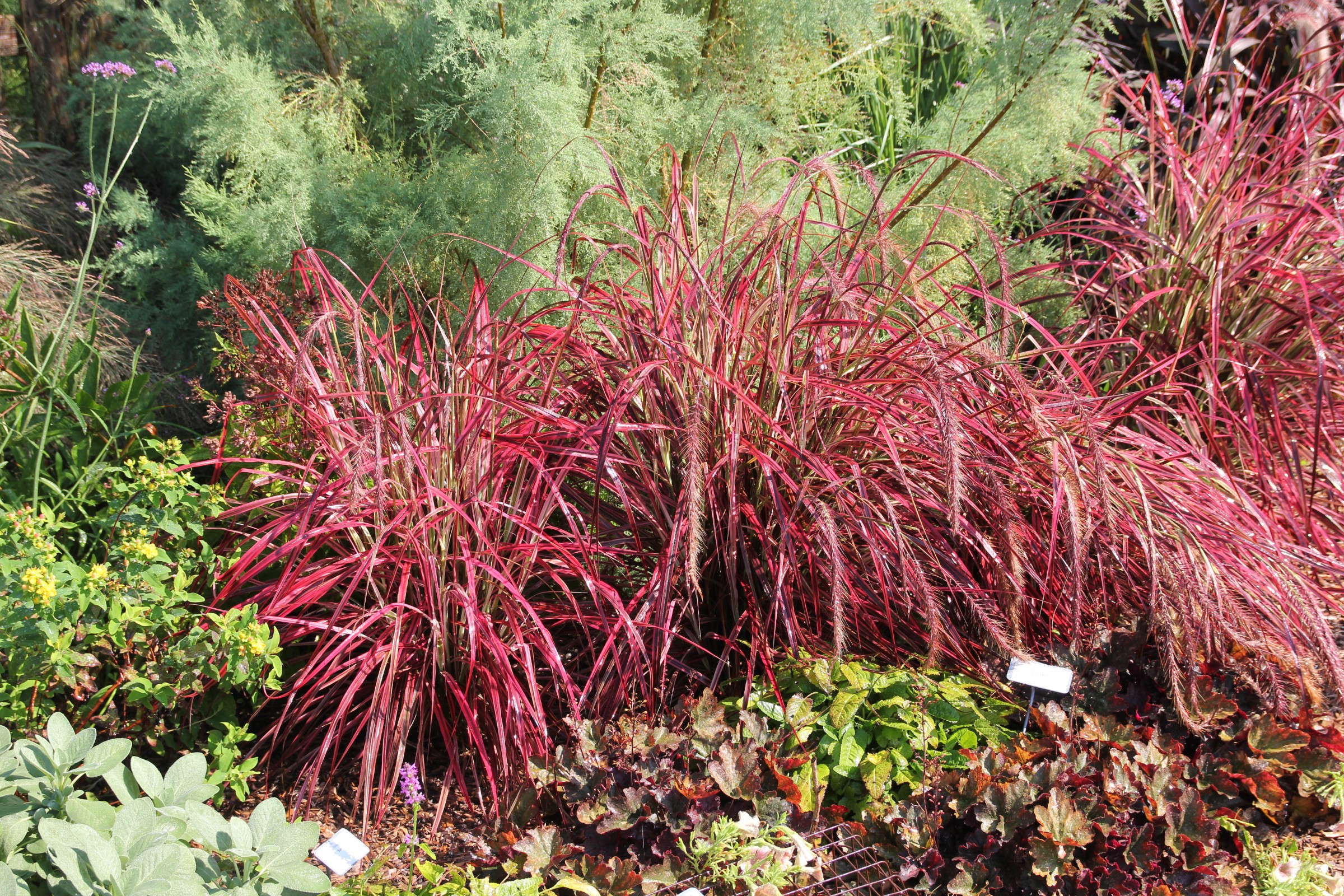 Pennisetum ‘Fireworks’’ />
Pennisetum ‘Fireworks’’ />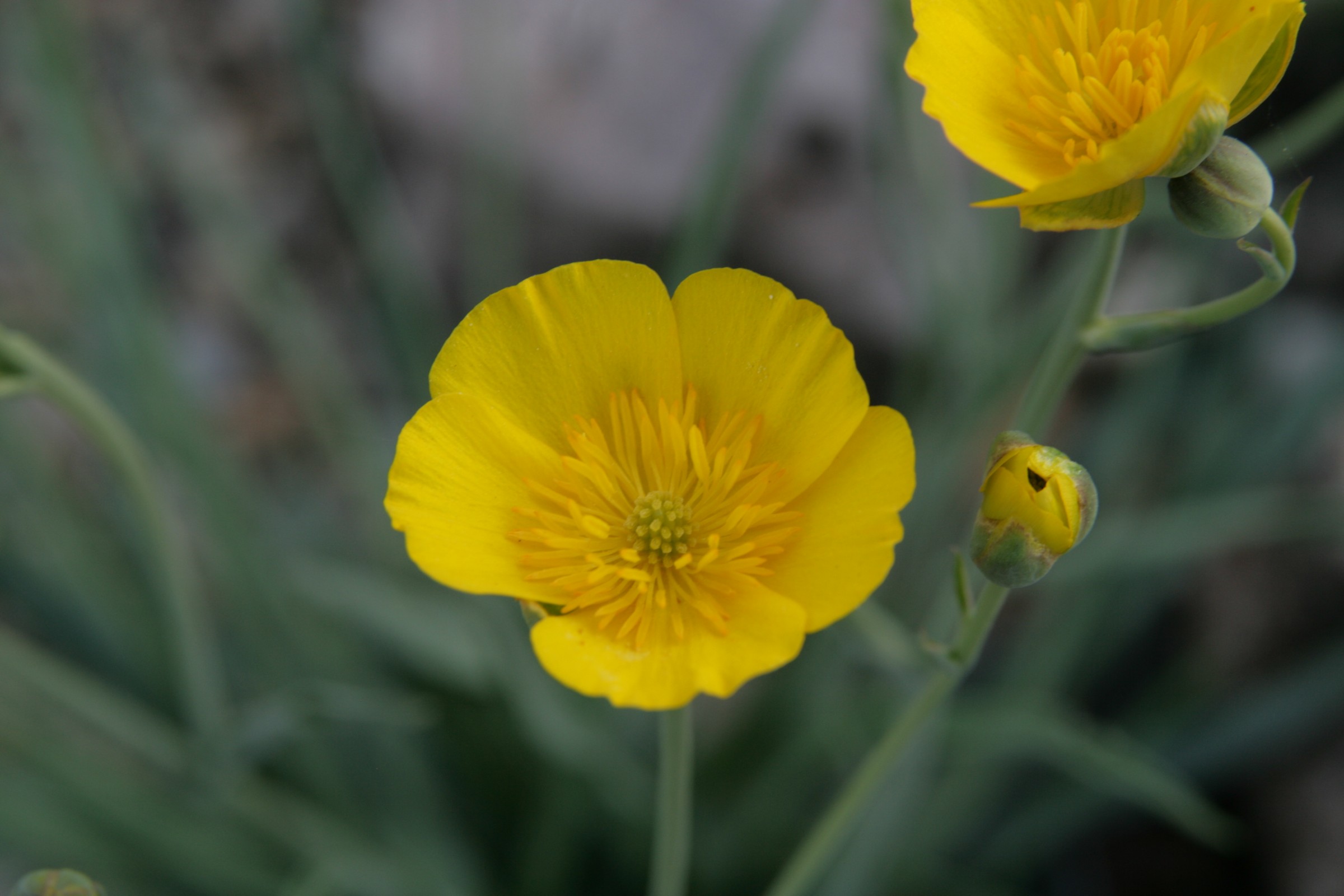 Ranunculus gramineus‘ />
Ranunculus gramineus‘ />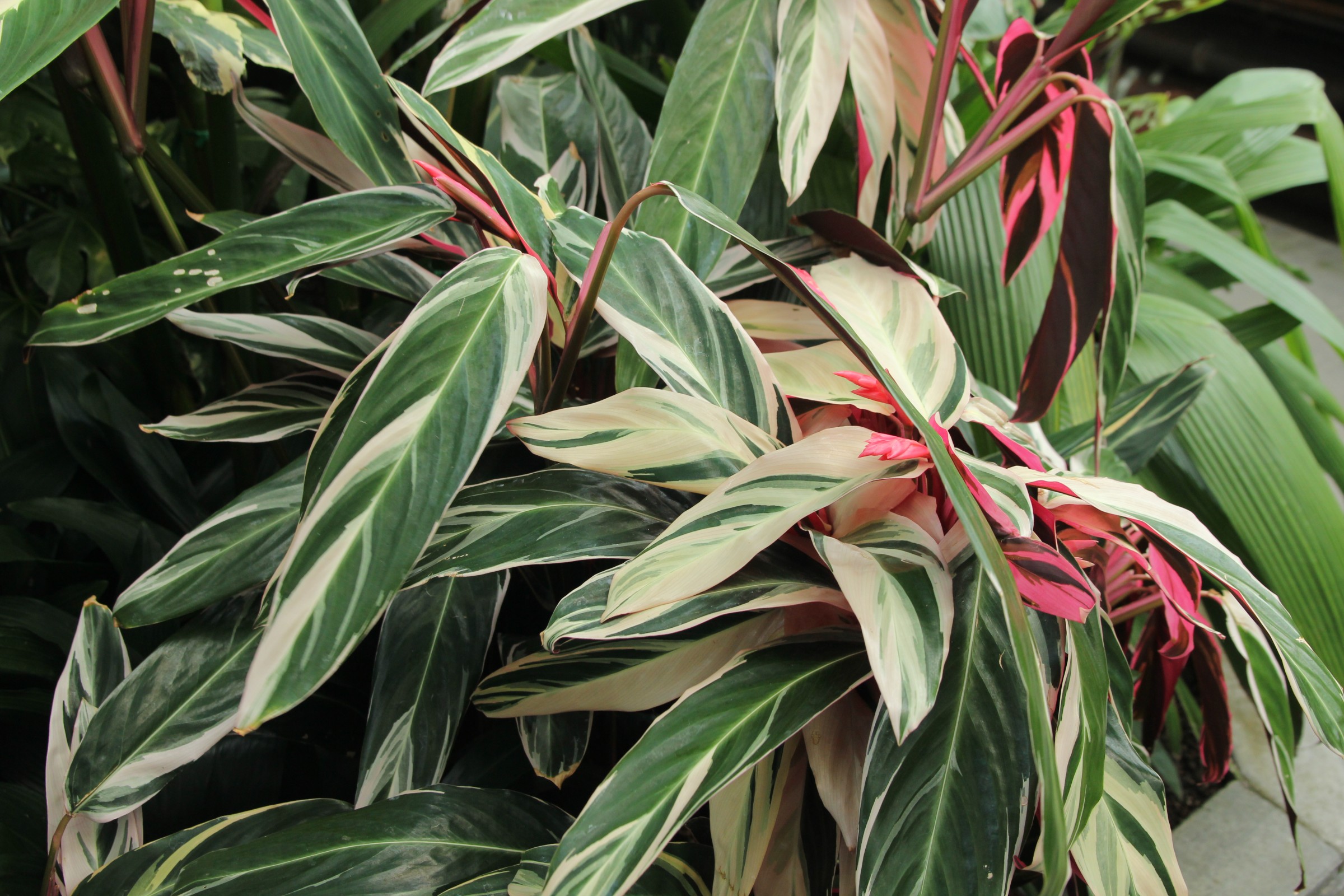 Stromanthe sanguinea “Tricolor”’ />
Stromanthe sanguinea “Tricolor”’ />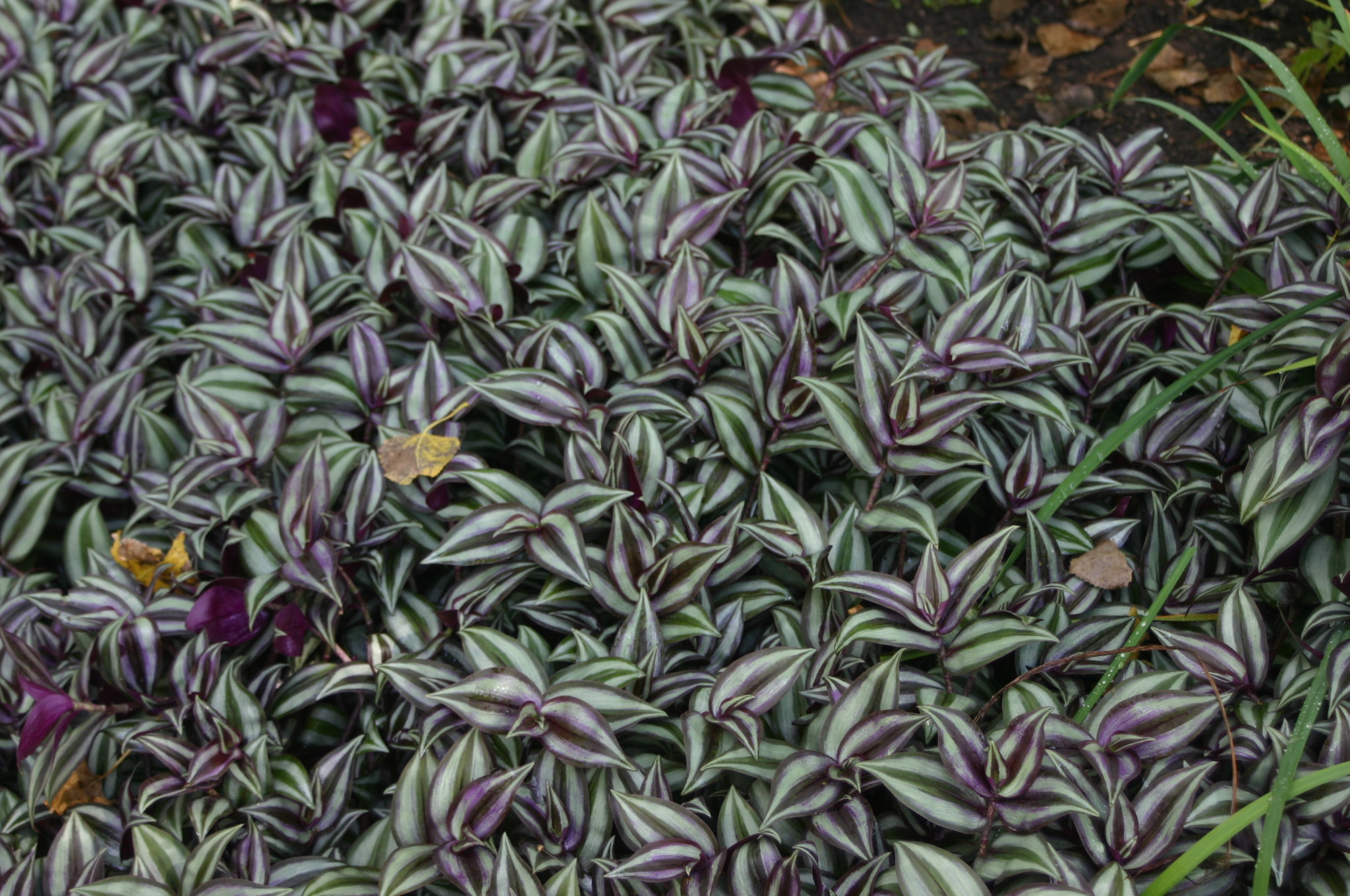 Tradescantia zebrina‘ />
Tradescantia zebrina‘ />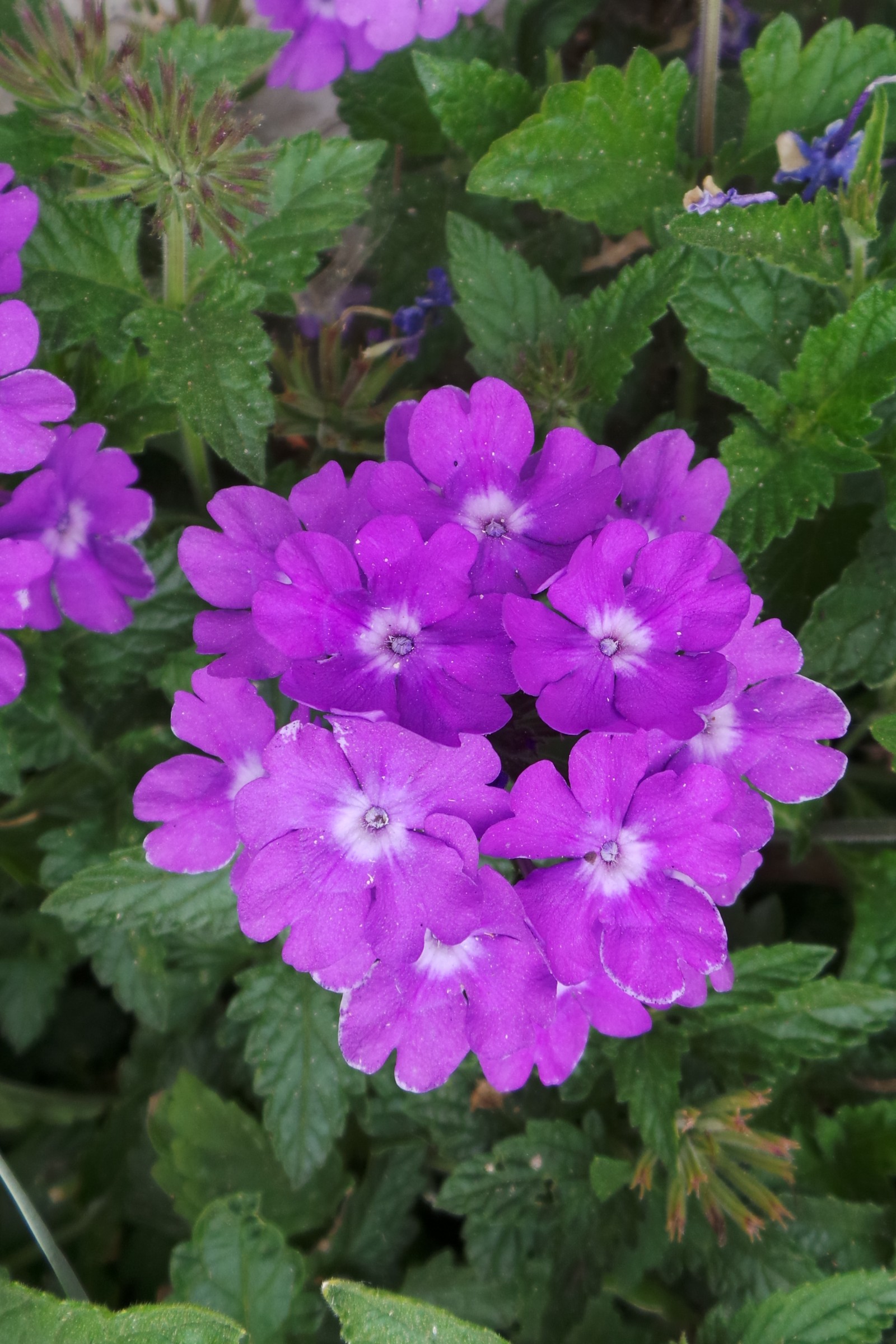 Verbena bonariensis‘ />
Verbena bonariensis‘ />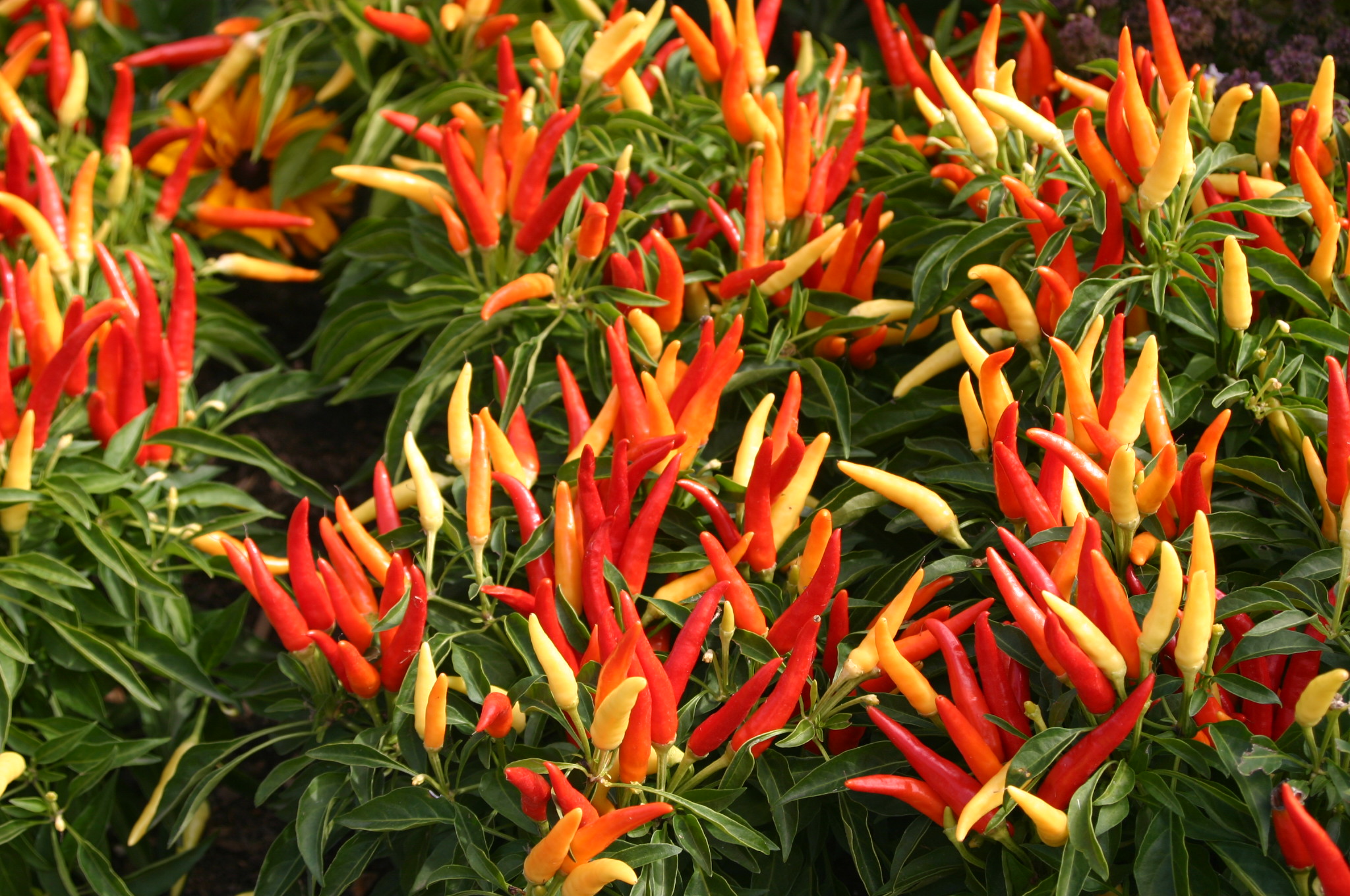
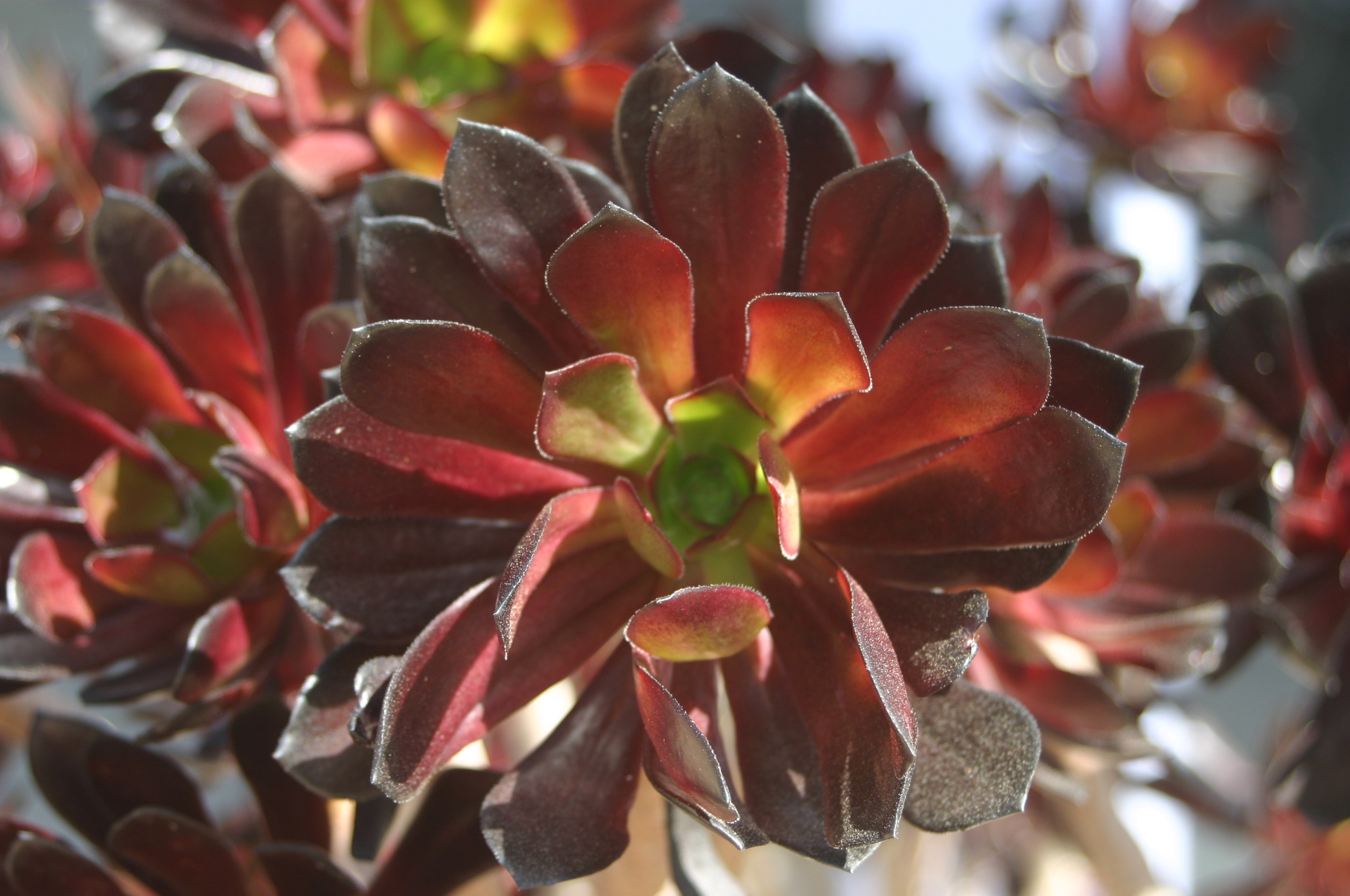
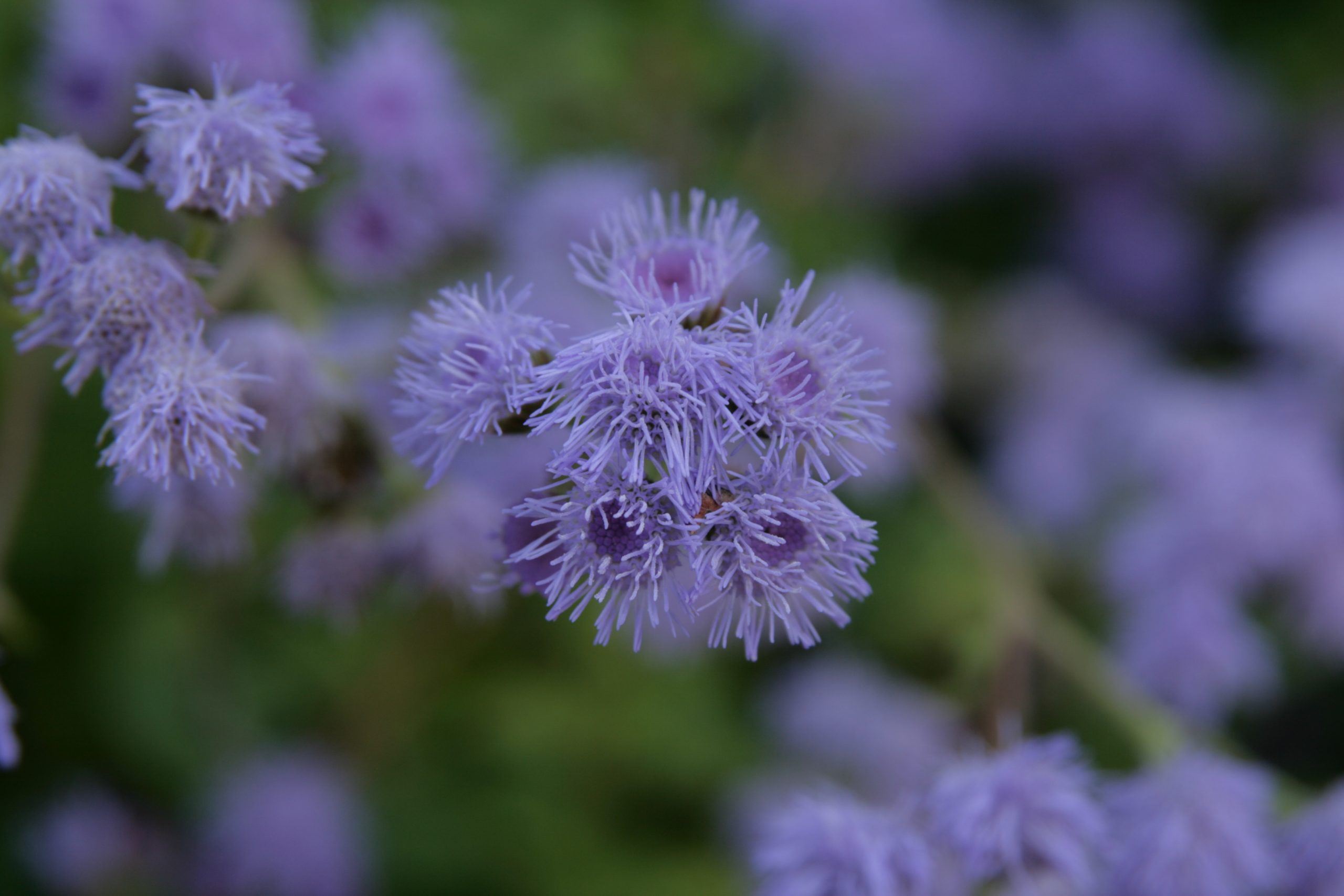 Ageratum houstonianum‘ />
Ageratum houstonianum‘ />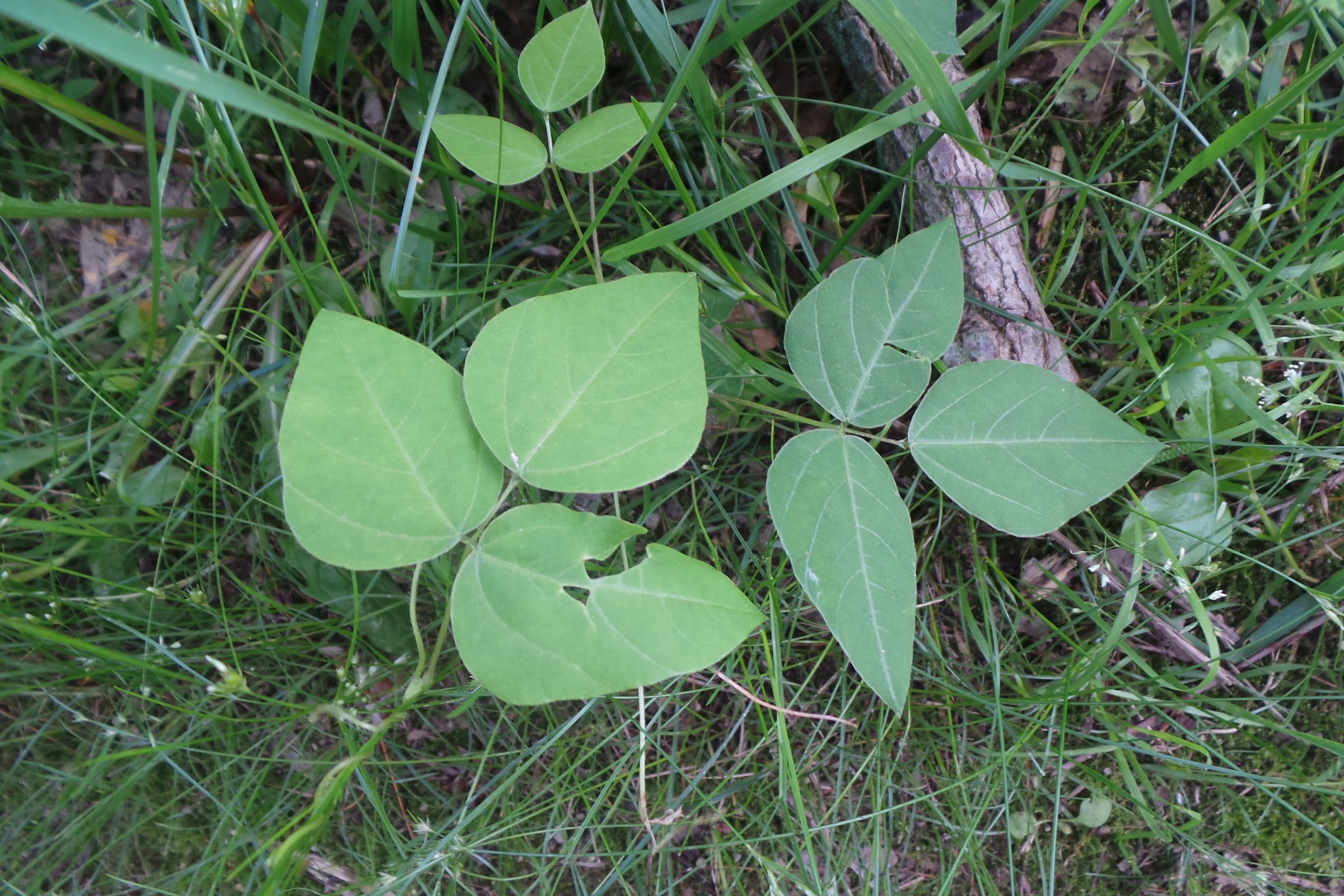 Amphicarpaea bracteata‘ />
Amphicarpaea bracteata‘ />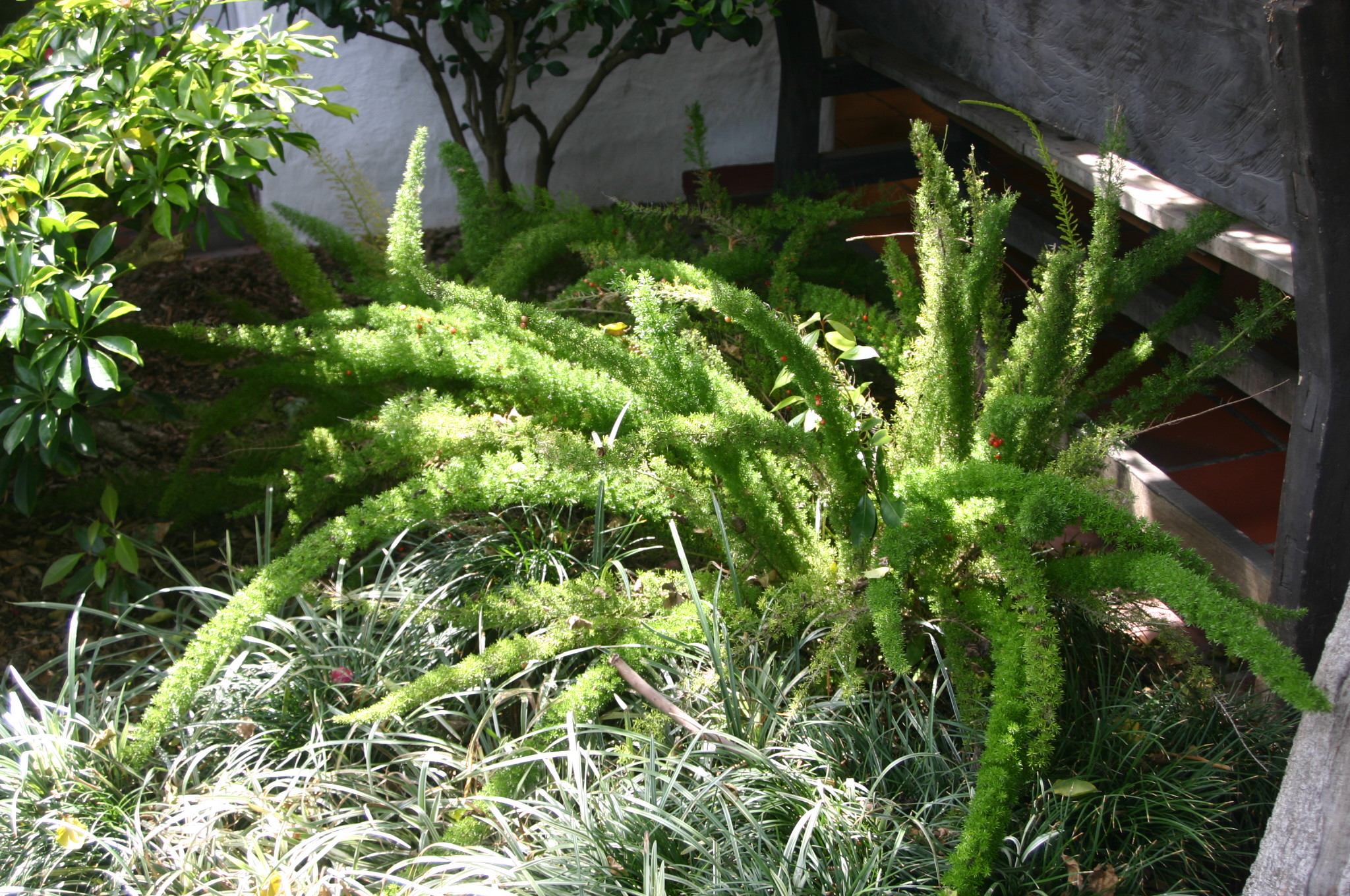 Asparagus densiflorus‘ />
Asparagus densiflorus‘ /> Sprekelia formosissima‘ />
Sprekelia formosissima‘ />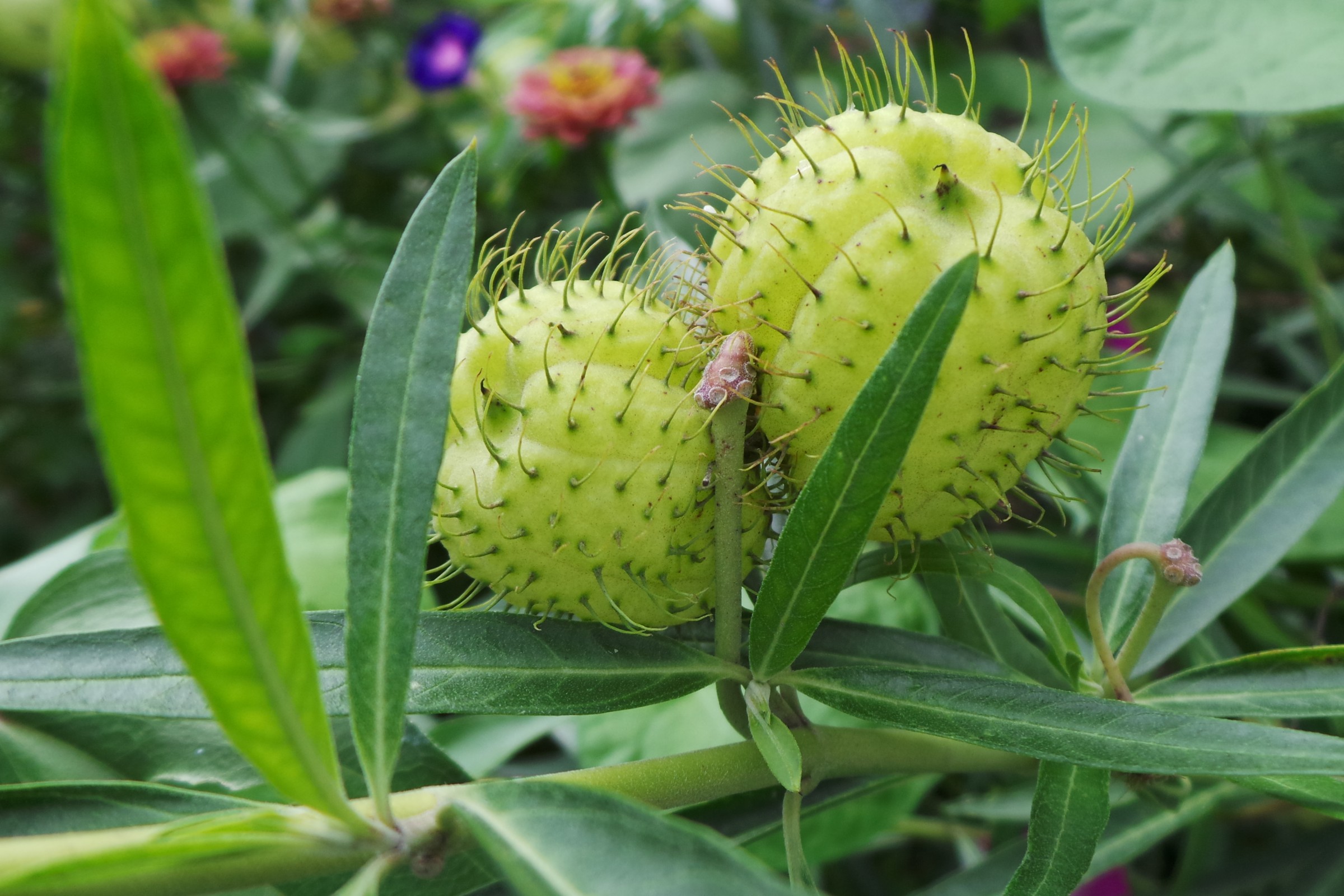 Gomphocarpus physocarpus‘ />
Gomphocarpus physocarpus‘ />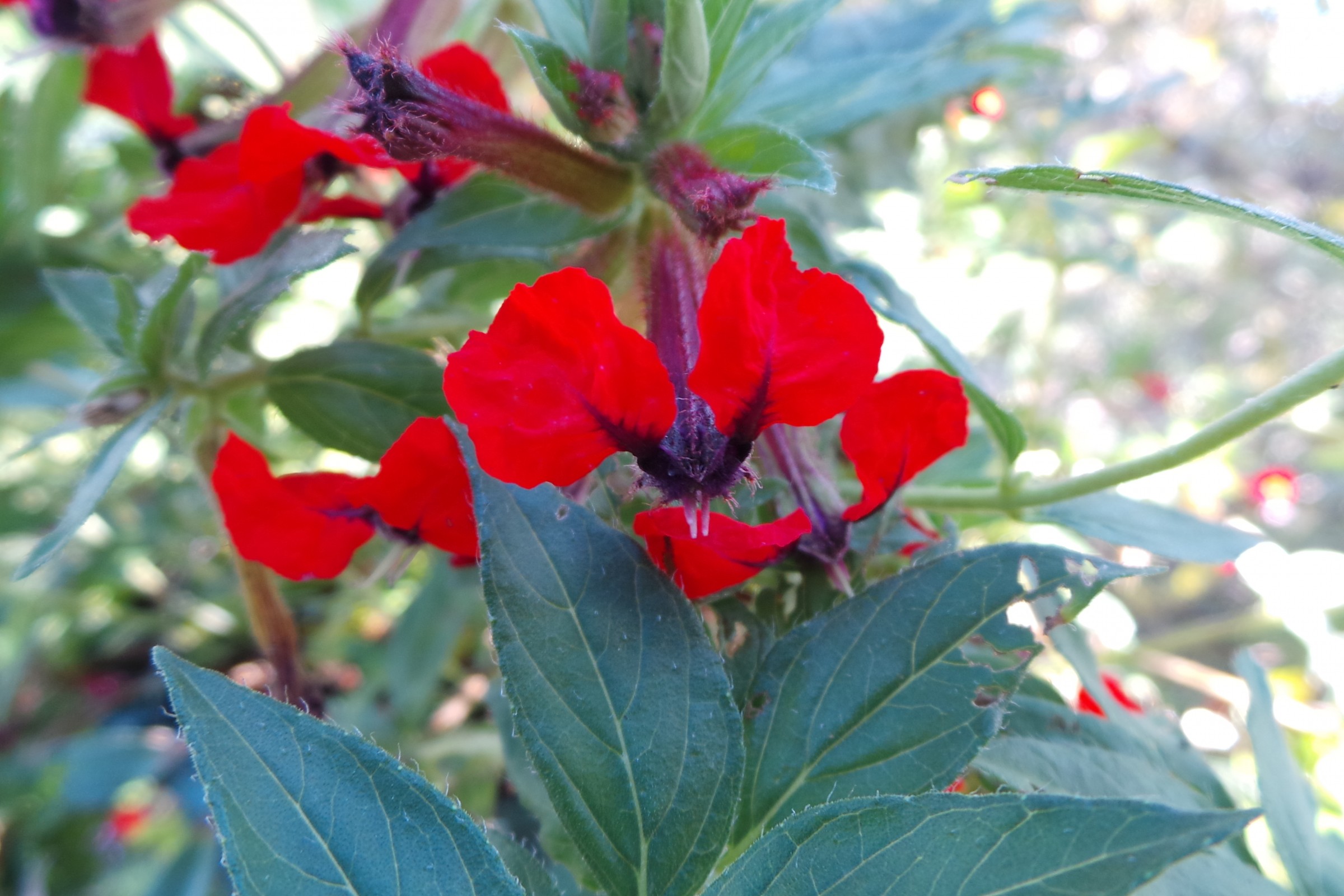 Cuphea llavea‘ />
Cuphea llavea‘ />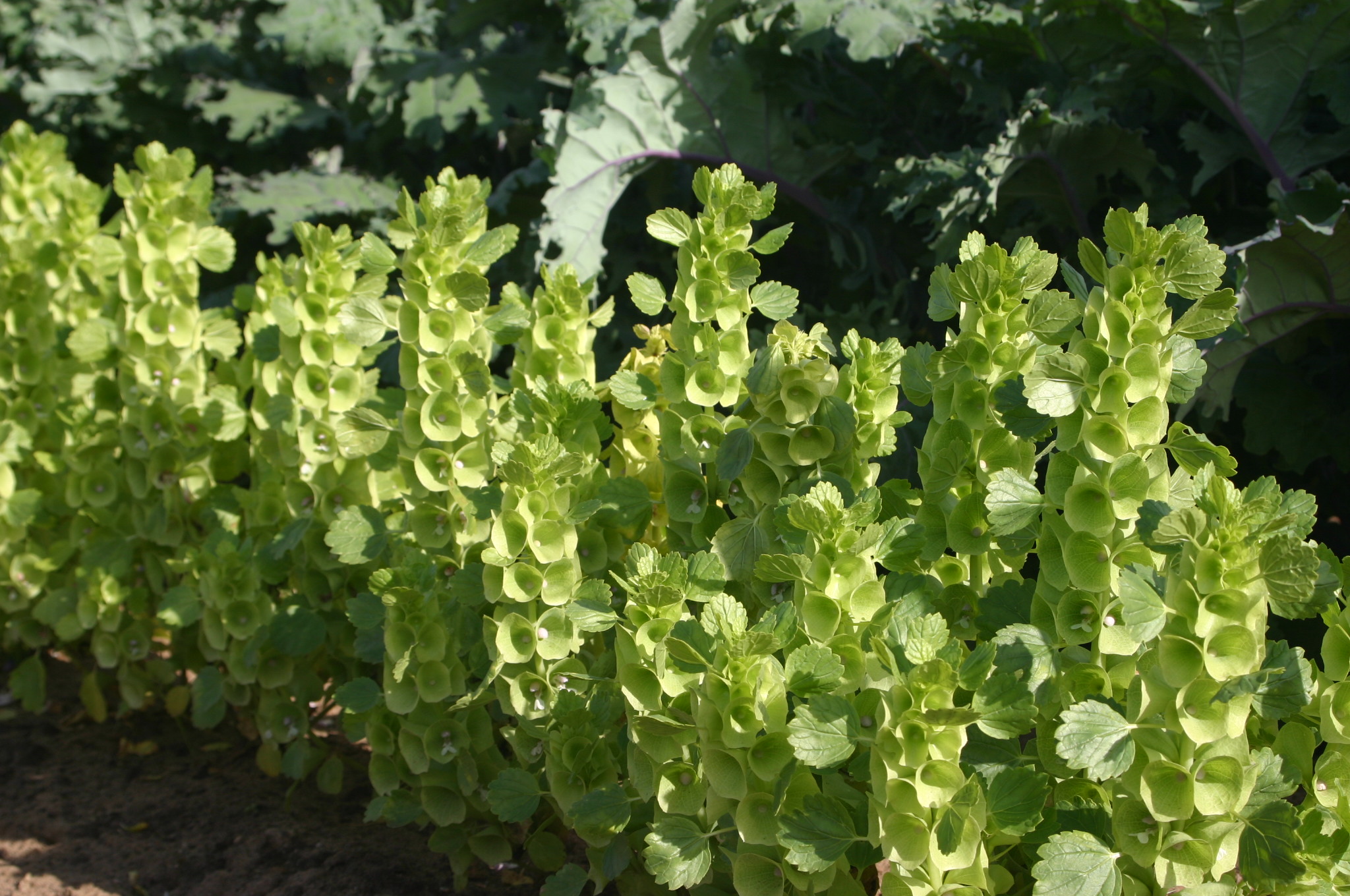 Molucella laevis‘ />
Molucella laevis‘ />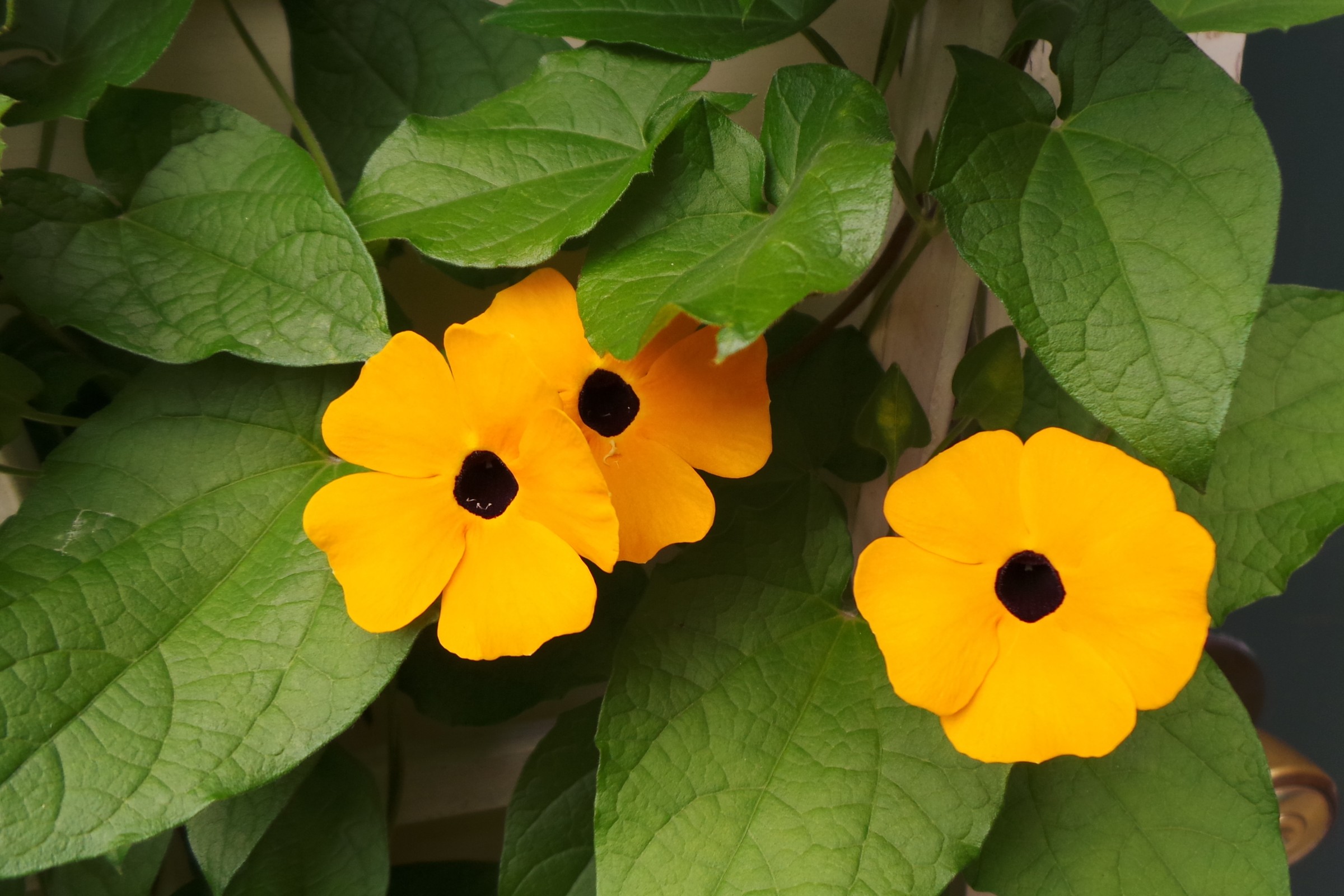 Thunbergia alata‘ />
Thunbergia alata‘ />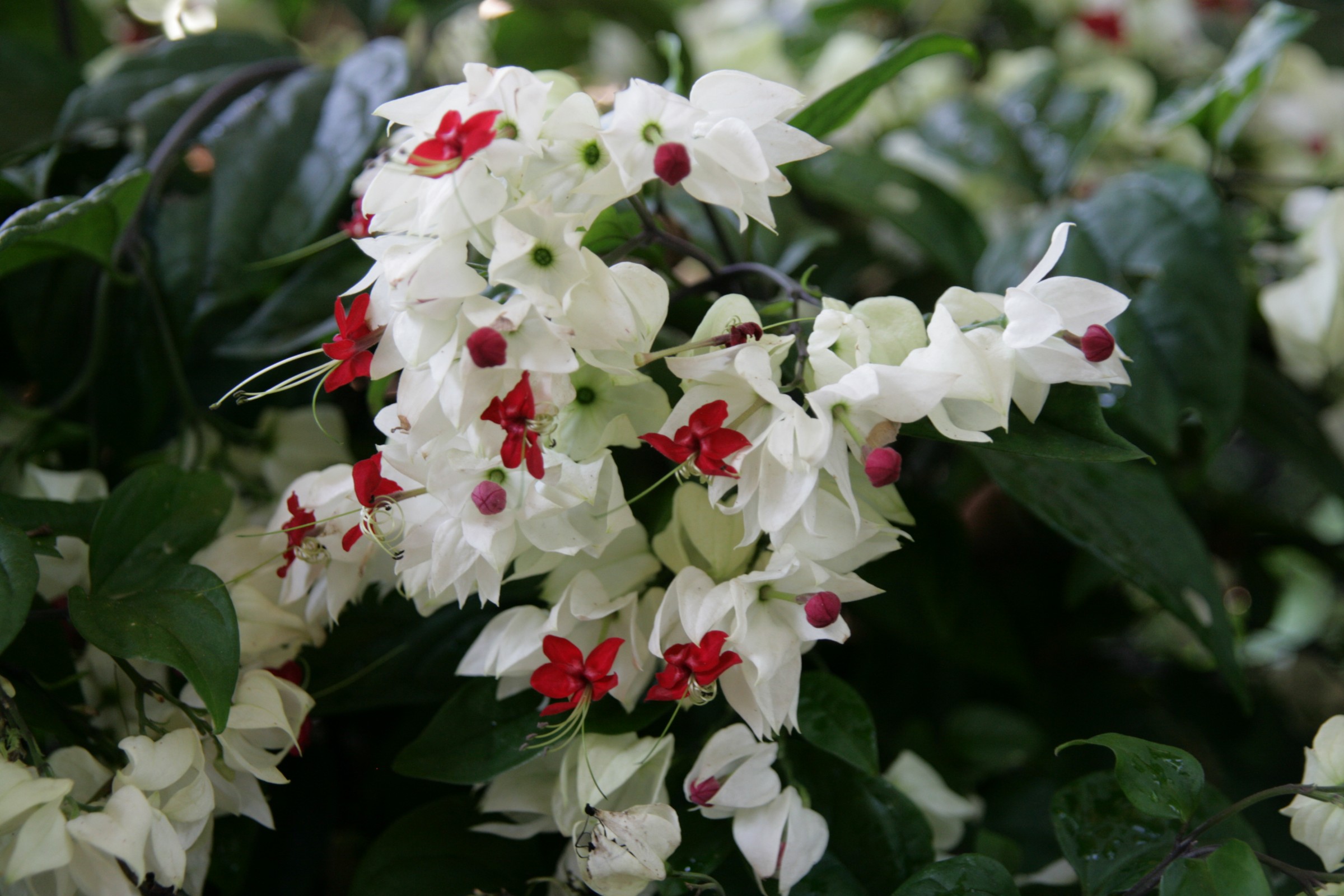 Clerodendrum thomsoniae‘ />
Clerodendrum thomsoniae‘ />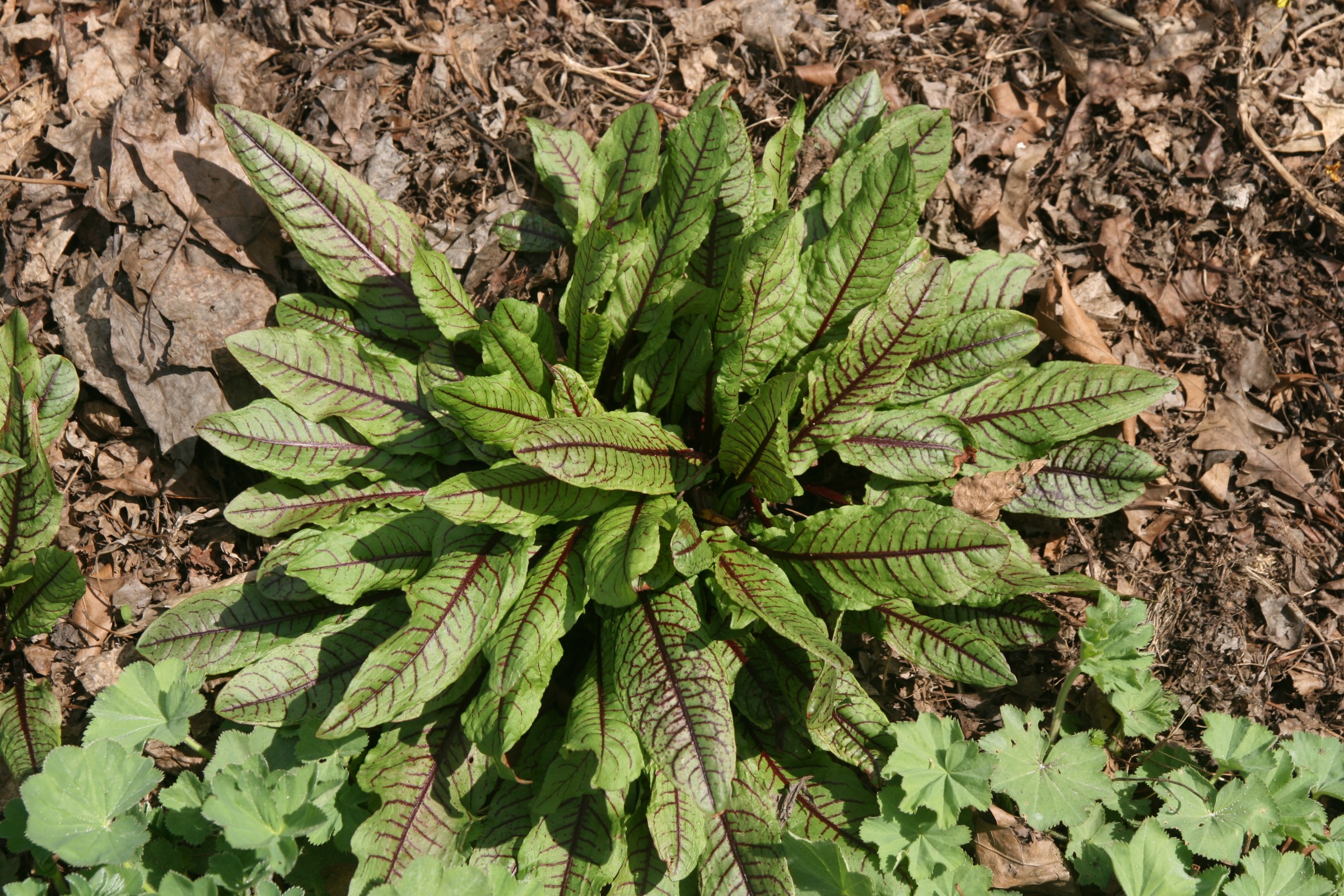 Rumex sanguineus‘ />
Rumex sanguineus‘ />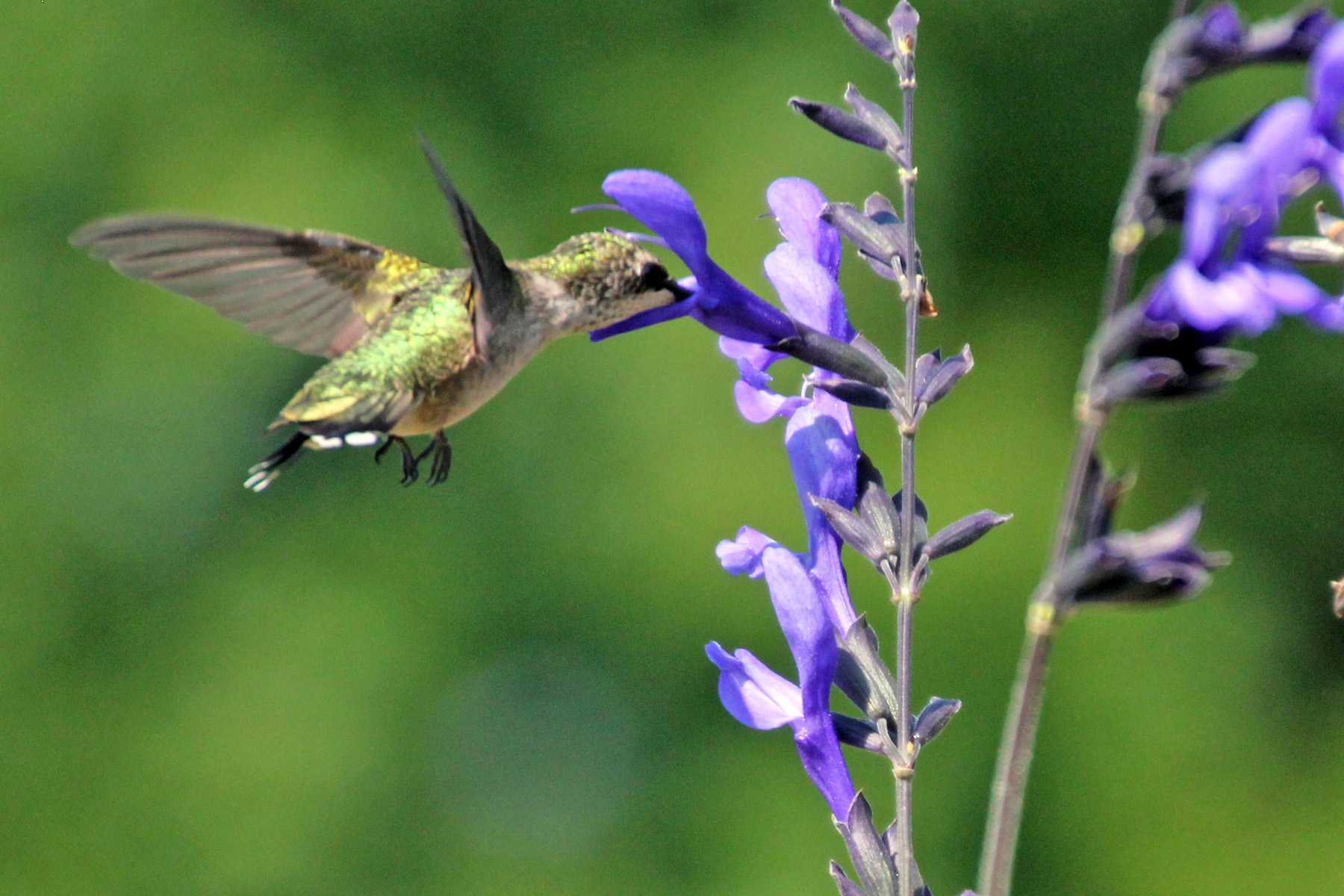 Salvia guaranitica‘ />
Salvia guaranitica‘ />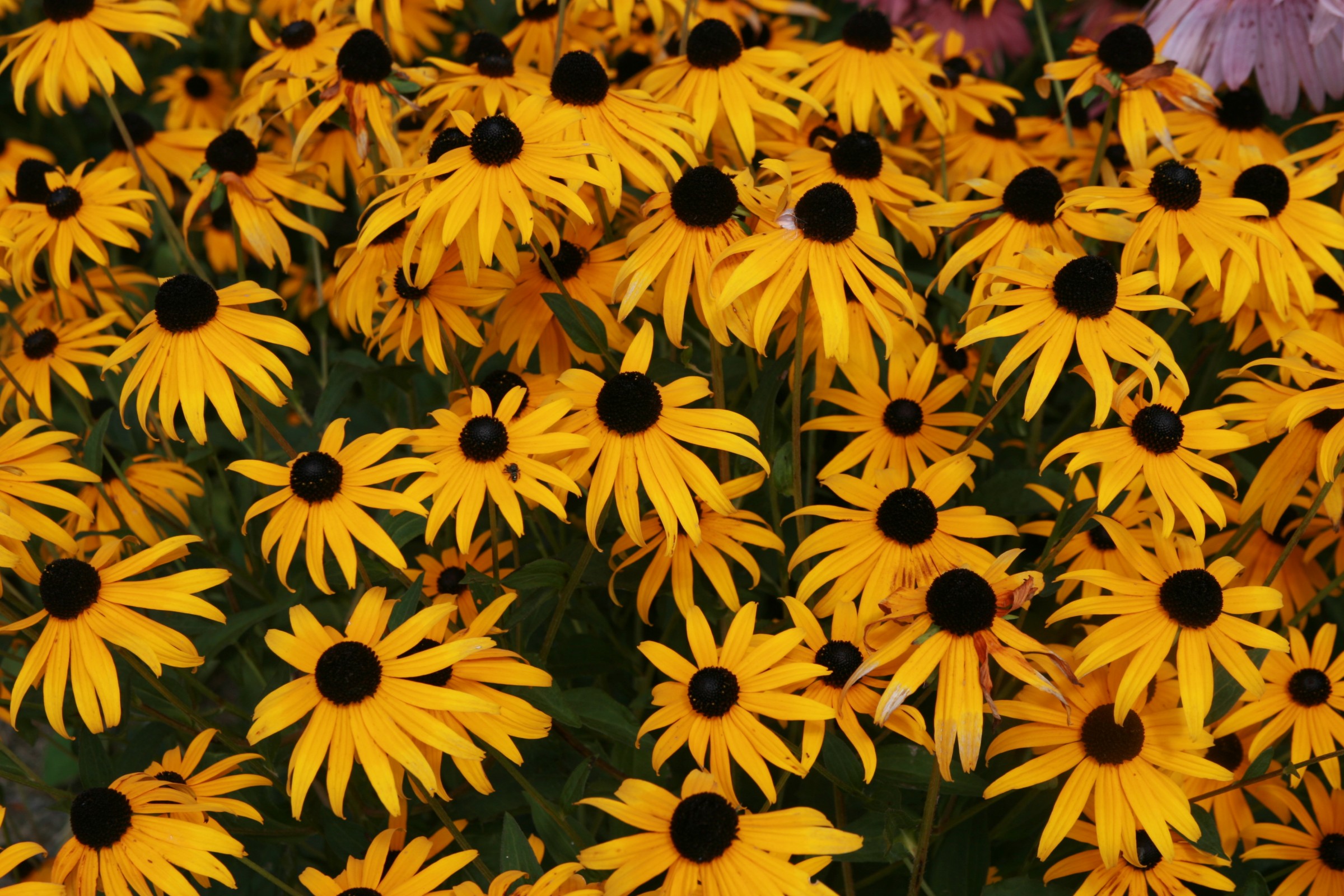 Rudbeckia triloba‘ />
Rudbeckia triloba‘ />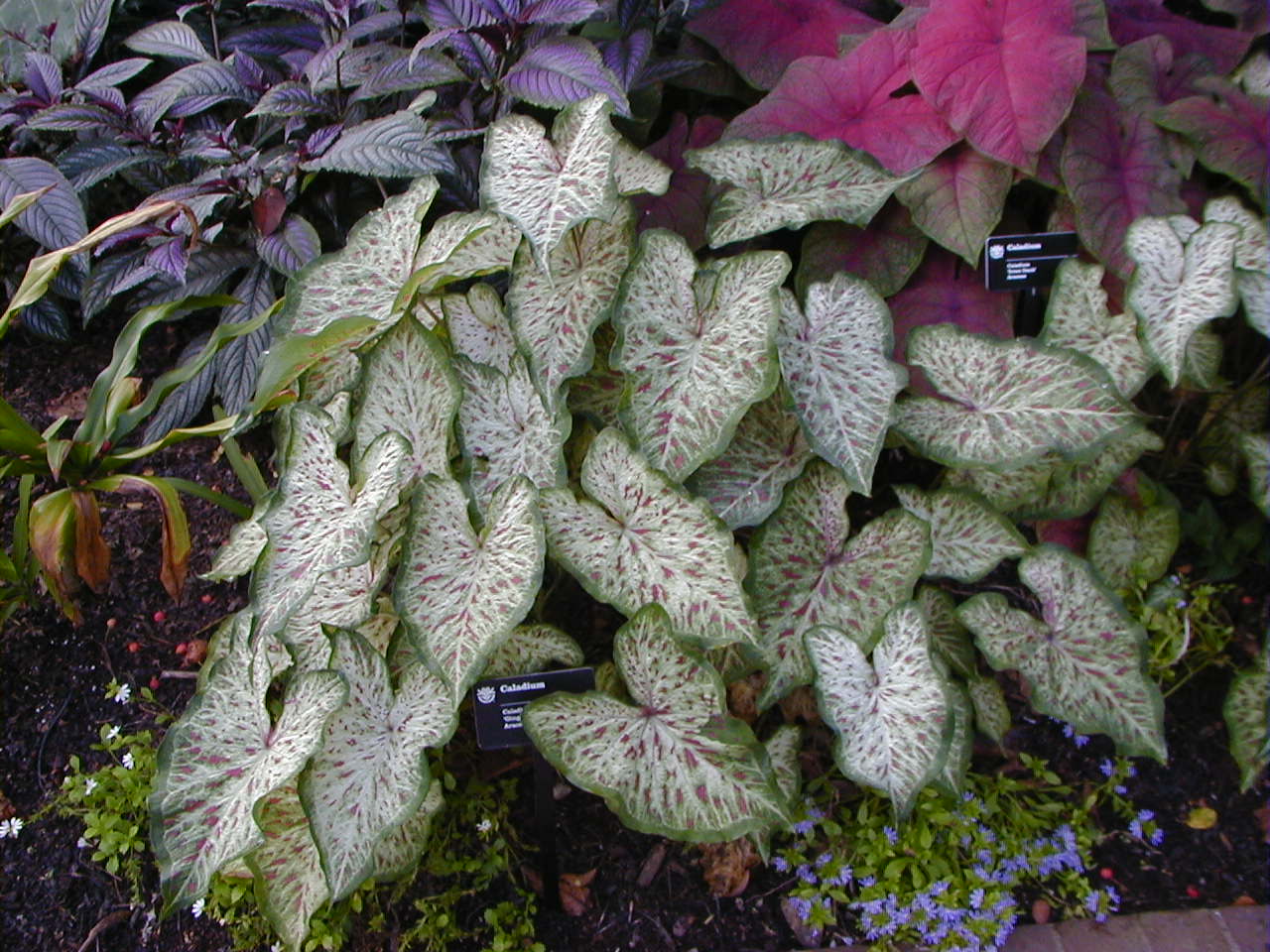
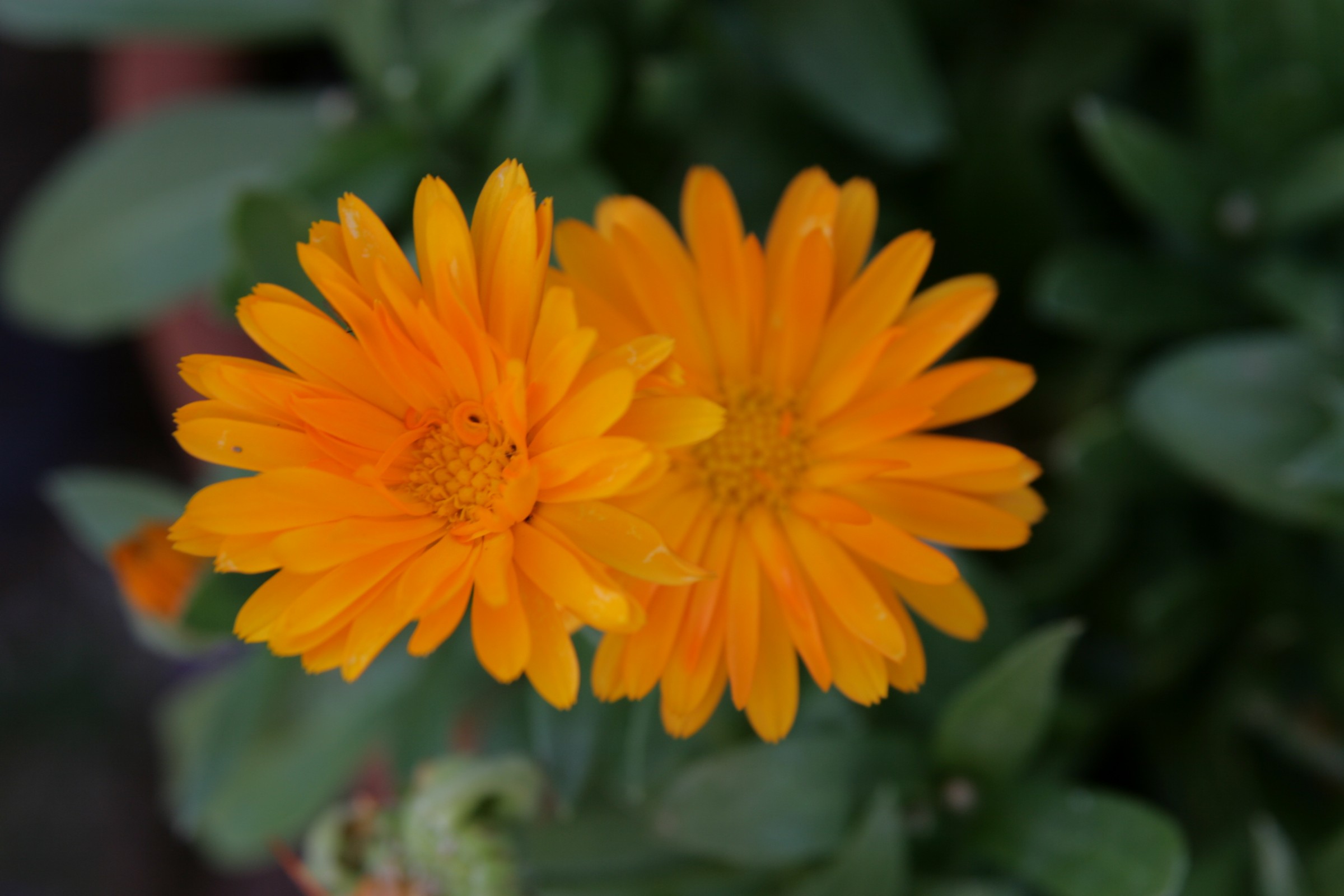 Calendula officinalis‘ />
Calendula officinalis‘ />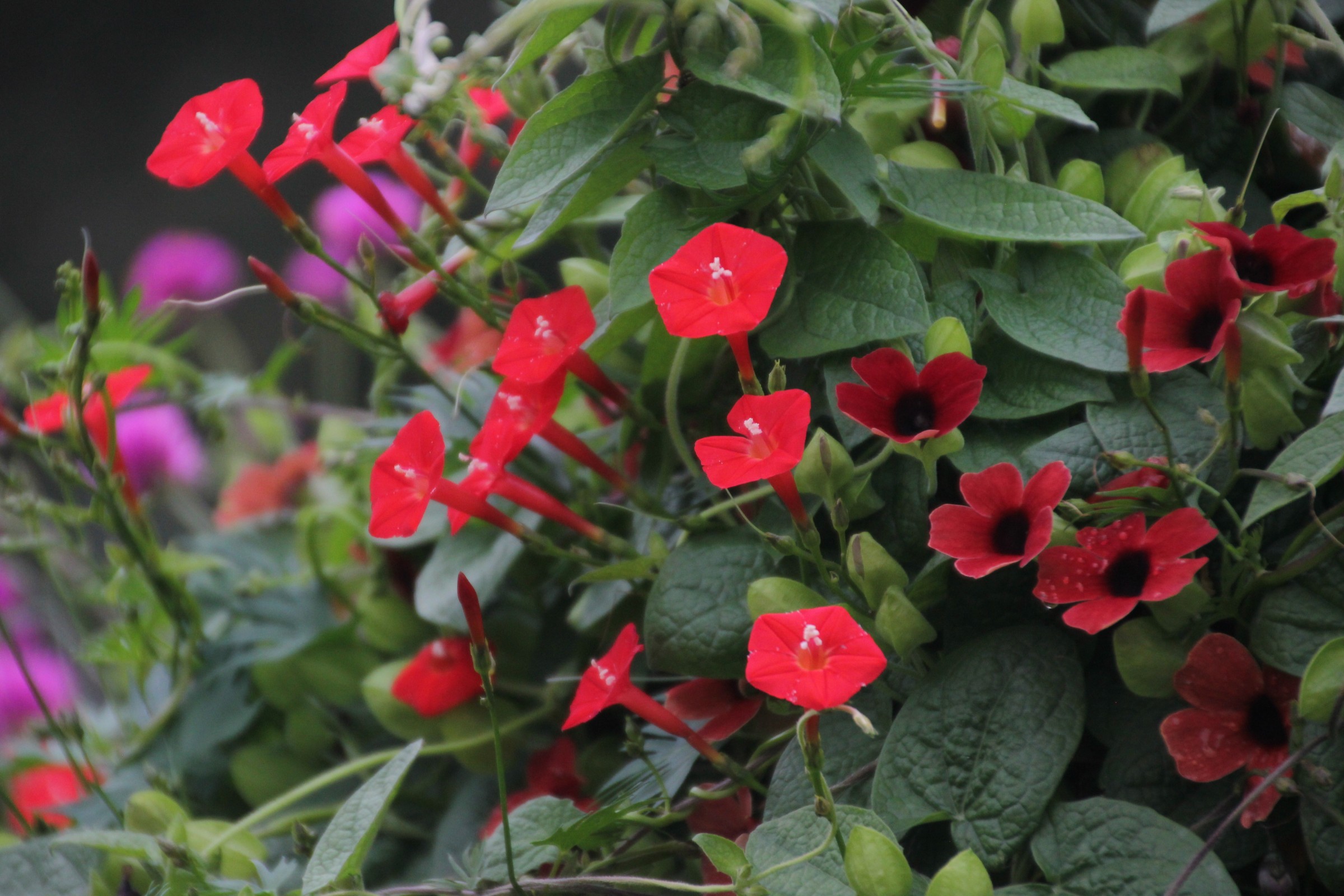 Ipomoea sloteri‘ />
Ipomoea sloteri‘ />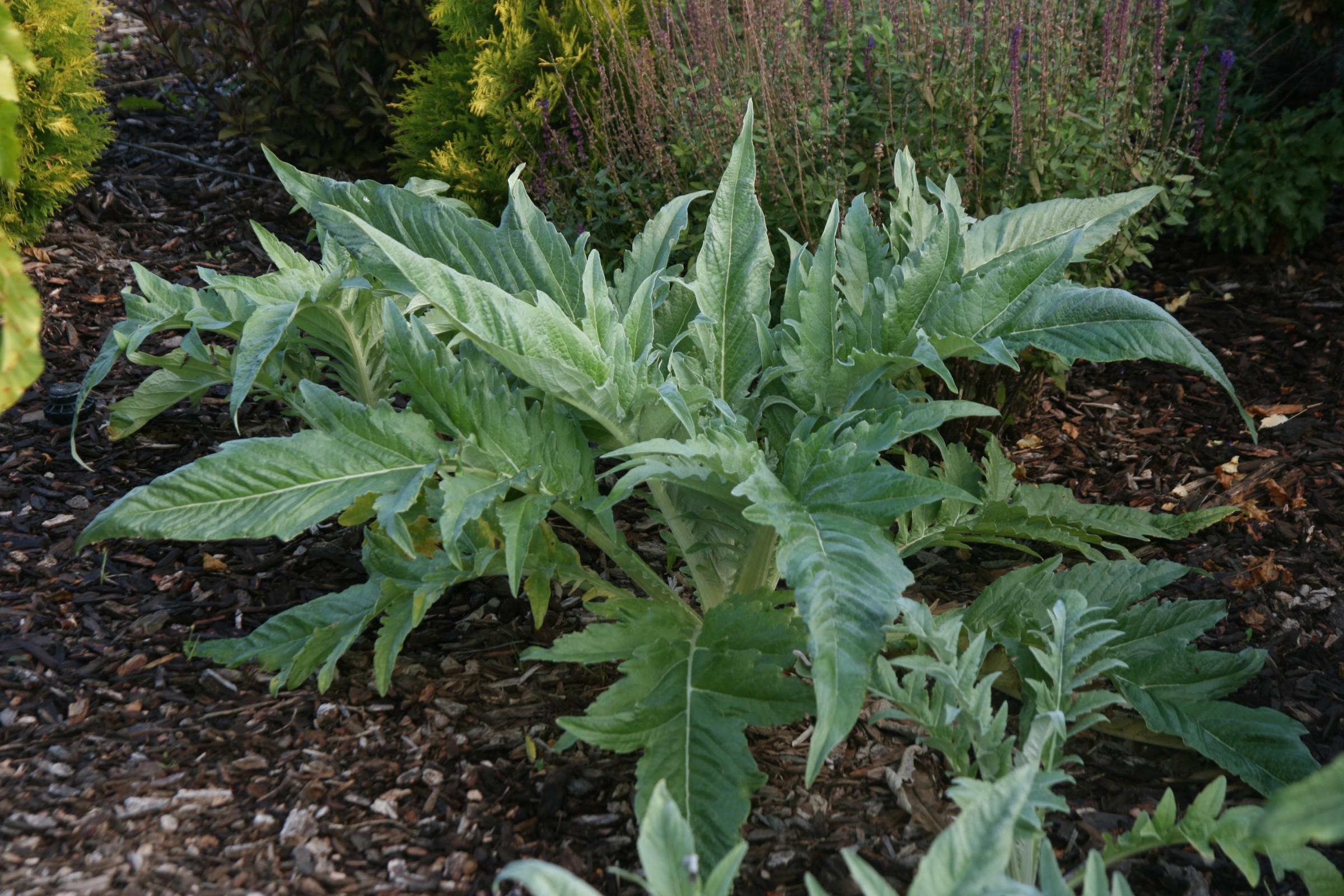 Cynara cardunculus‘ />
Cynara cardunculus‘ />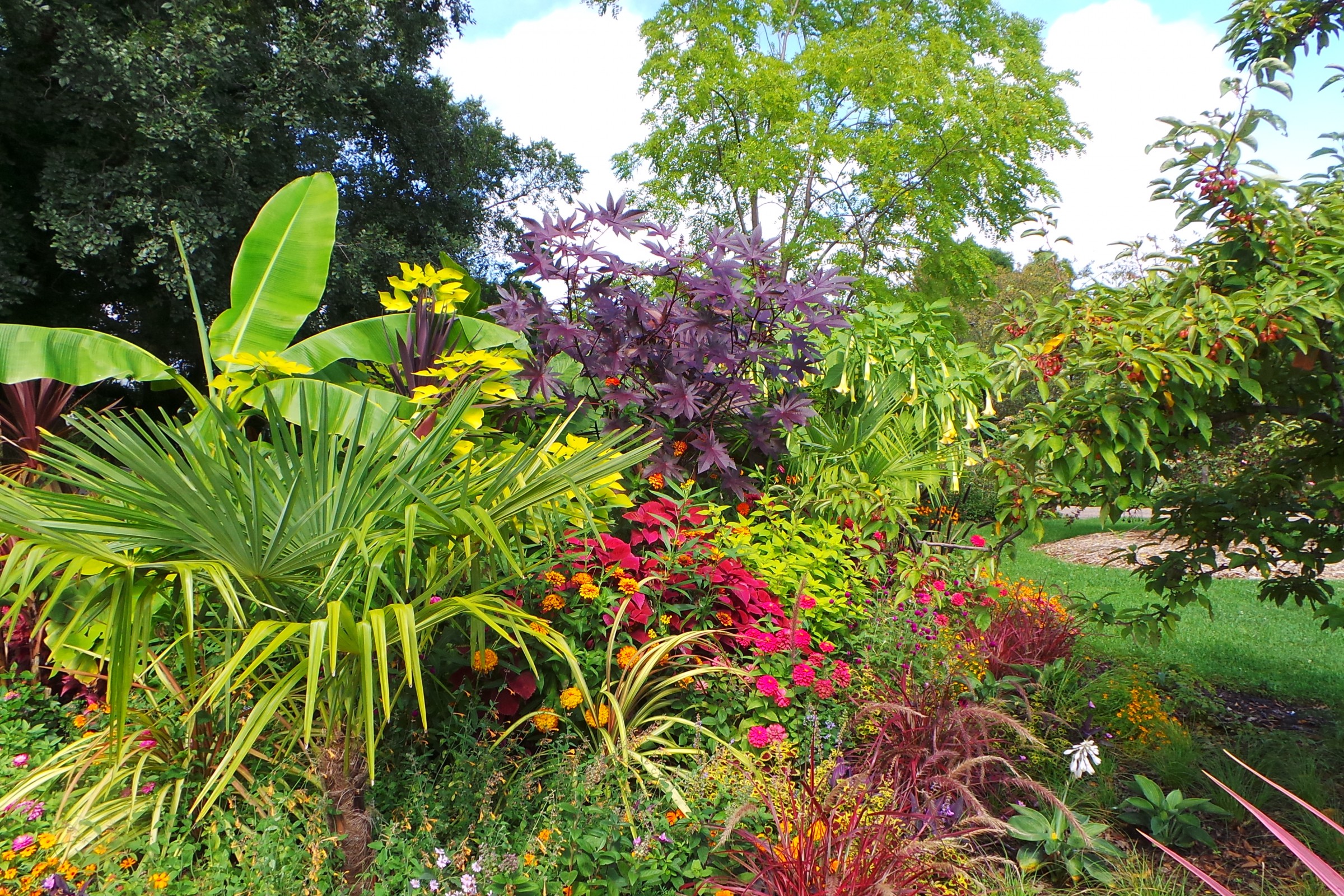 Ricinus communis‘ />
Ricinus communis‘ />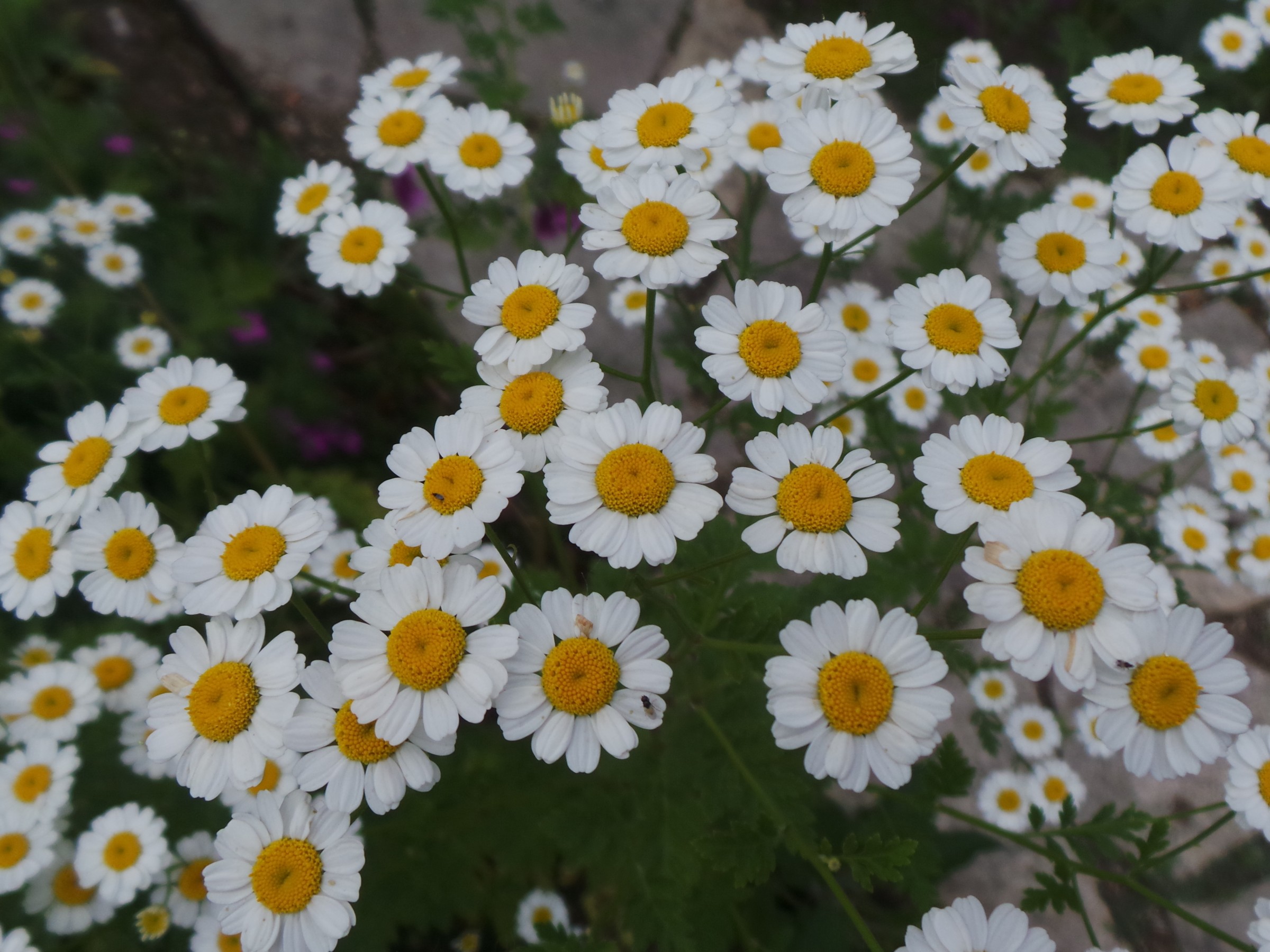 Matricaria chamomilla‘ />
Matricaria chamomilla‘ />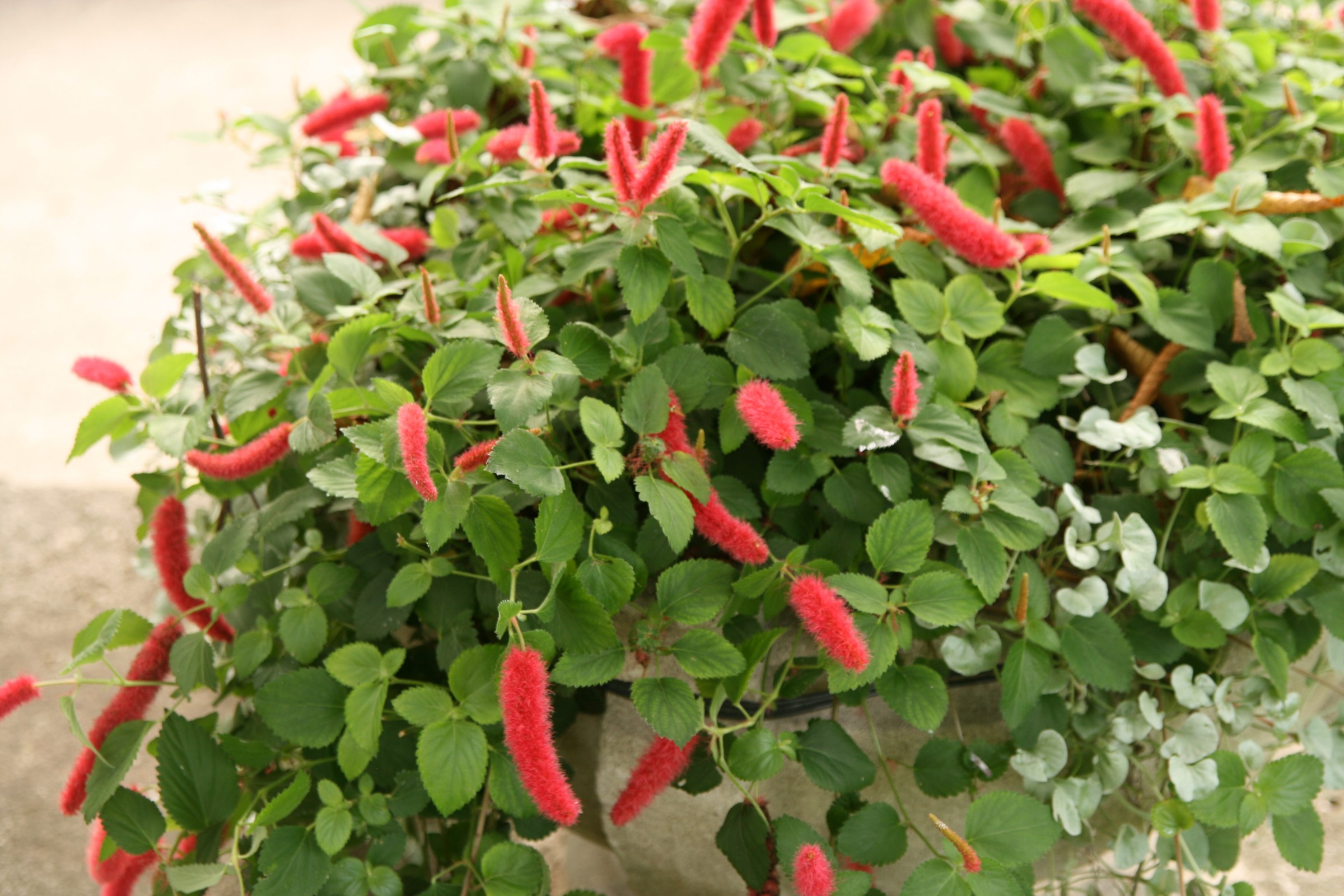 Acalypha hispida‘ />
Acalypha hispida‘ />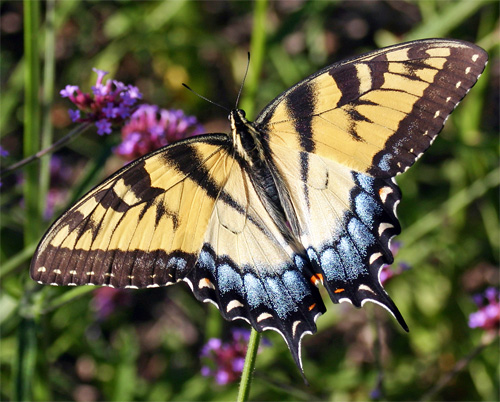
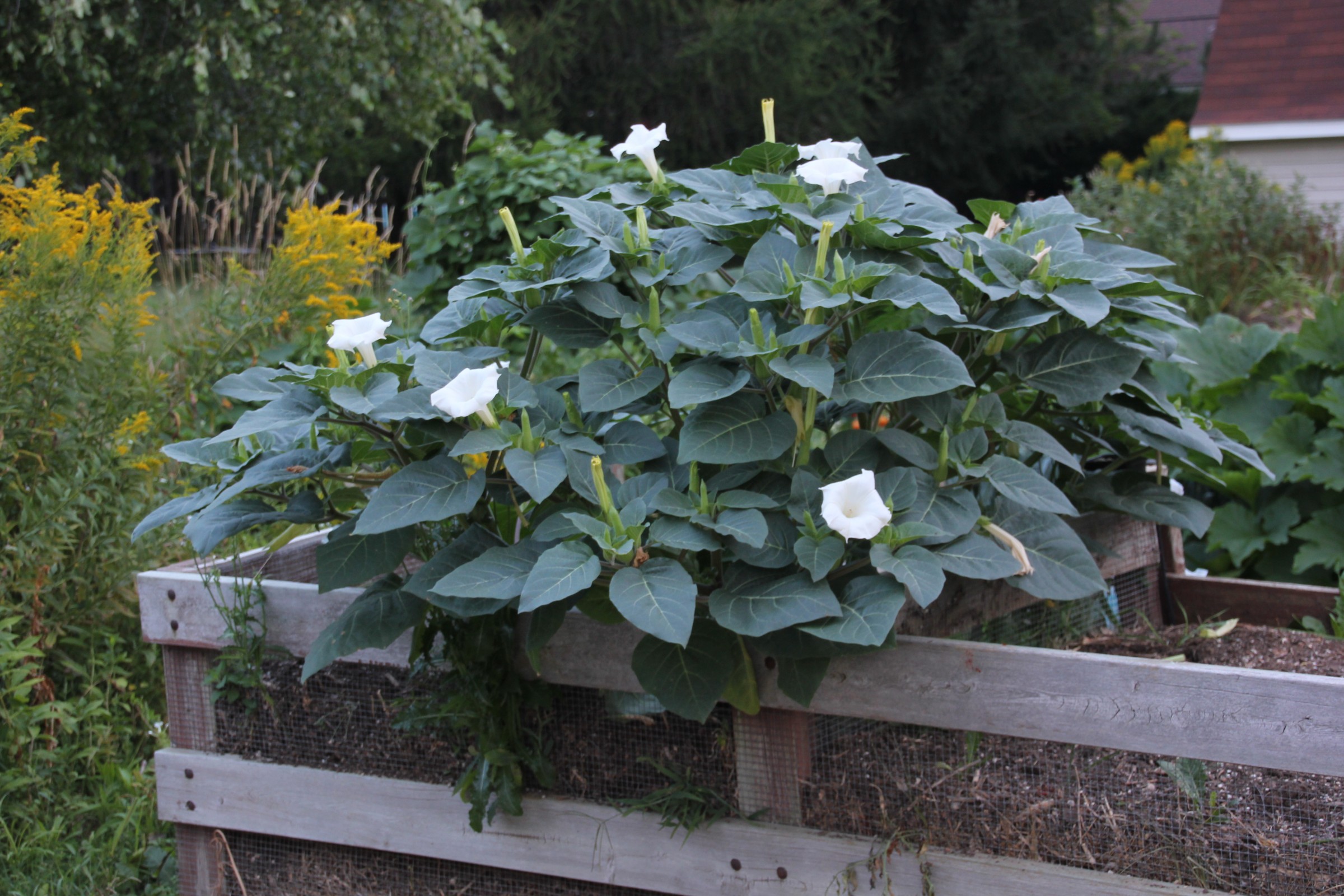
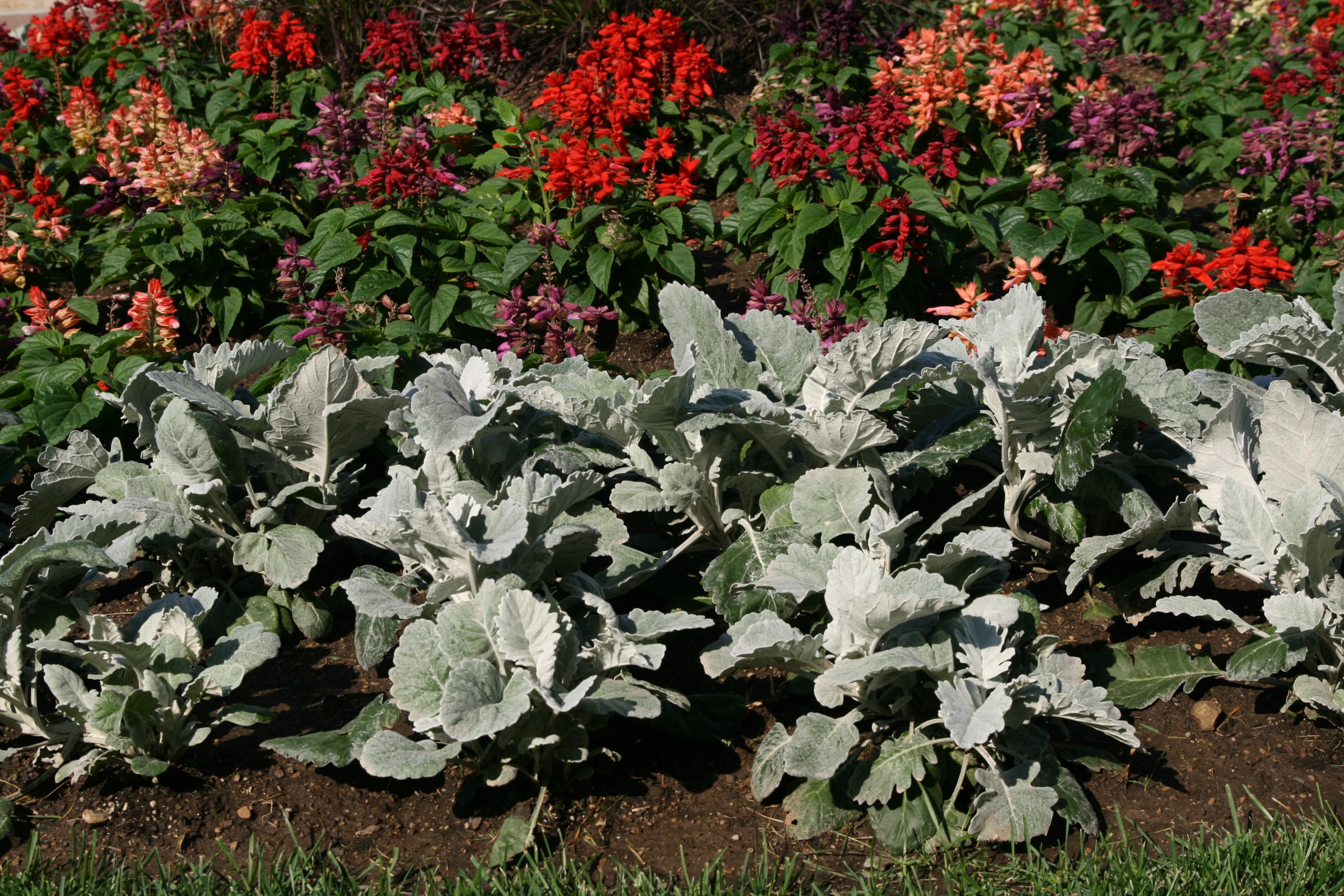 Senecio cineraria‘ />
Senecio cineraria‘ />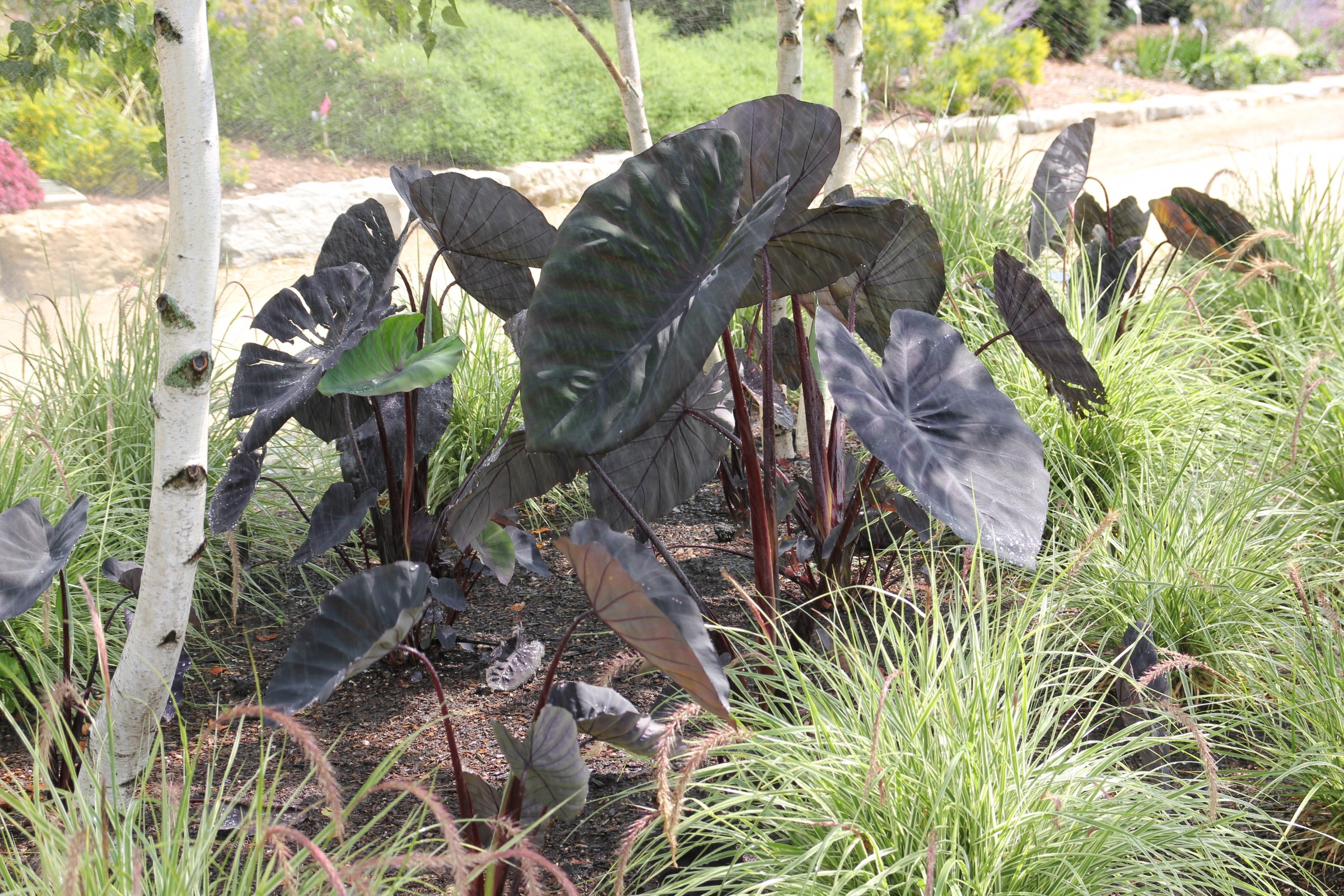 Colocasia, Alocasia, and Xanthosoma)’ />
Colocasia, Alocasia, and Xanthosoma)’ />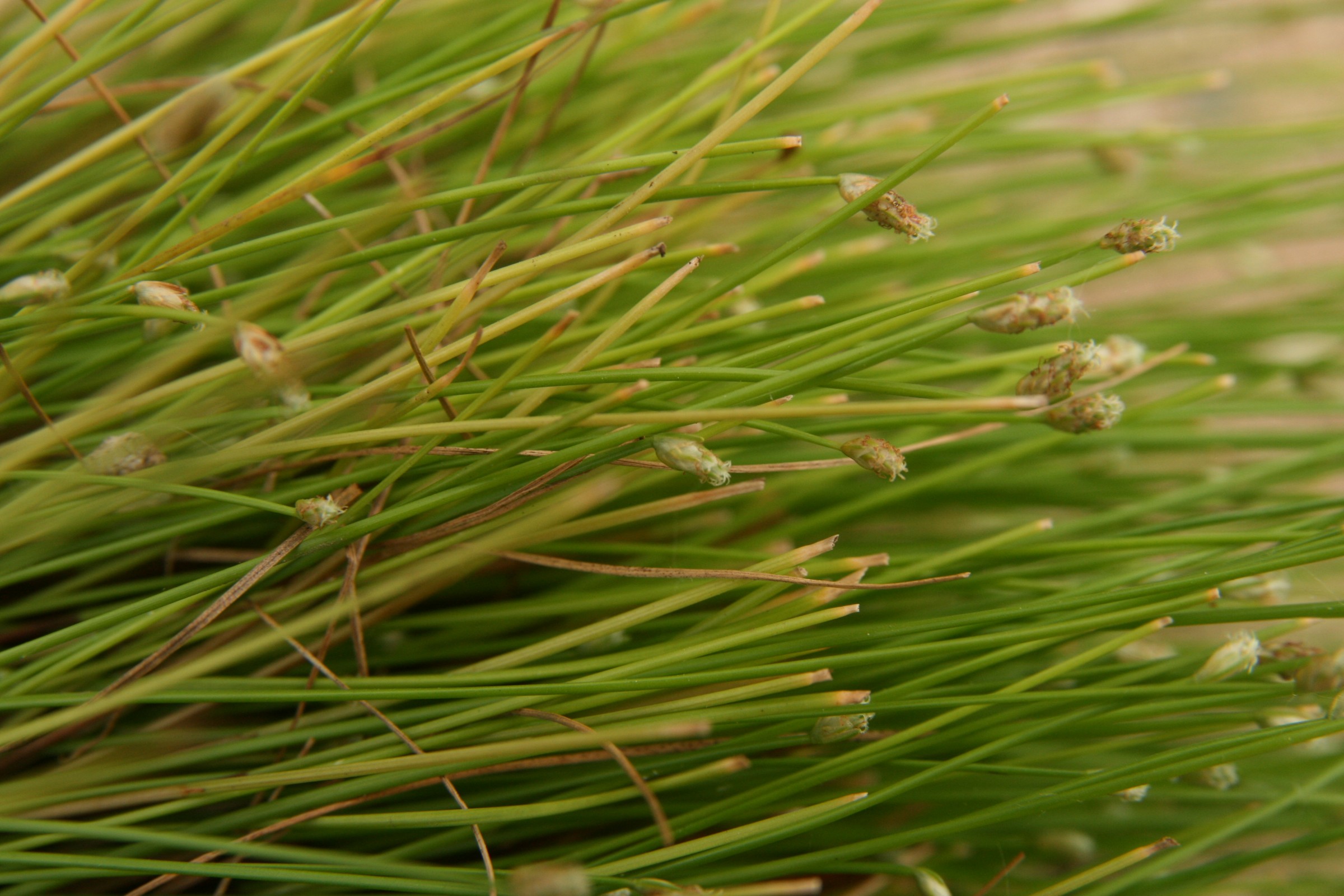 Isolepis cernua‘ />
Isolepis cernua‘ />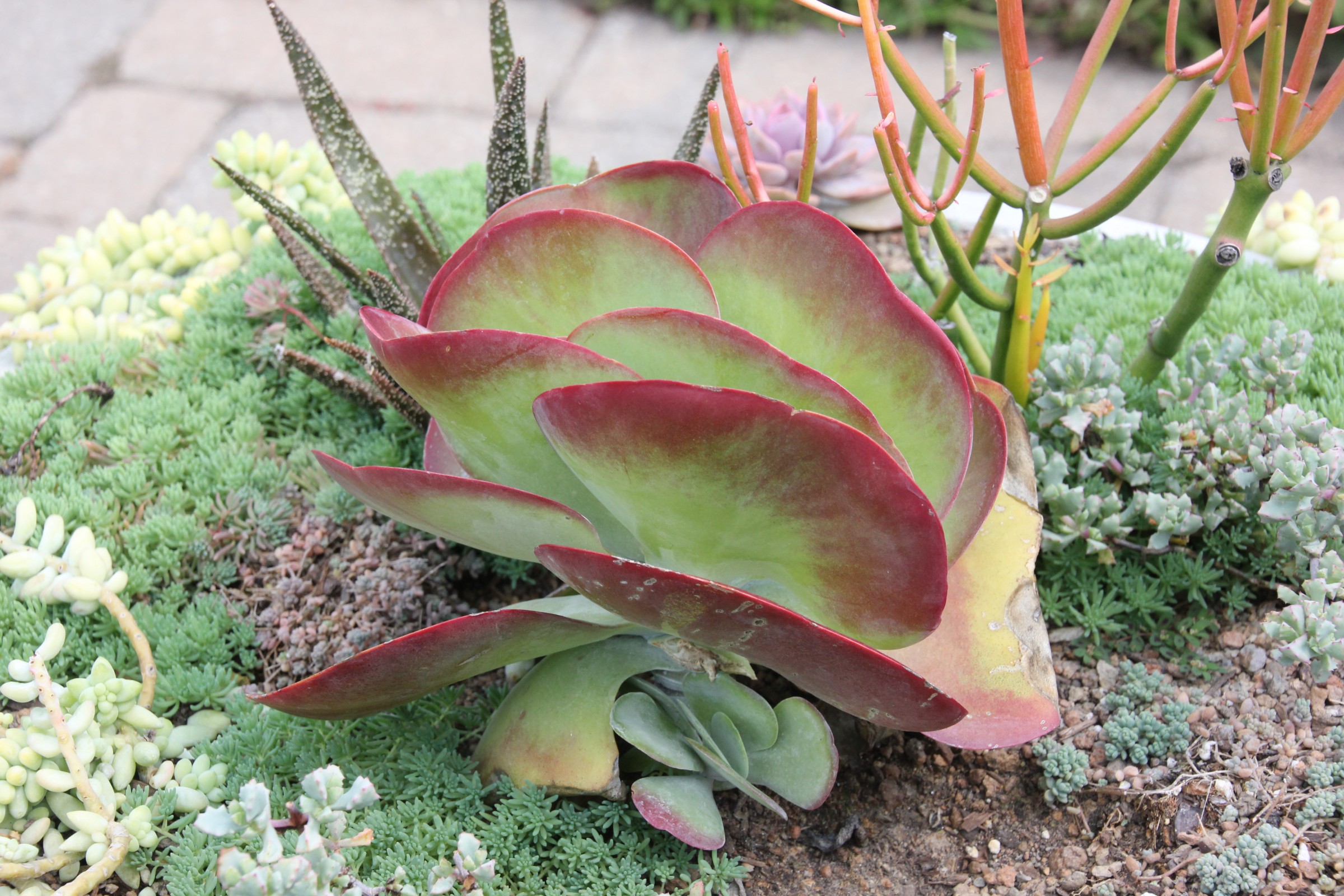 Kalanchoe spp.’ />
Kalanchoe spp.’ />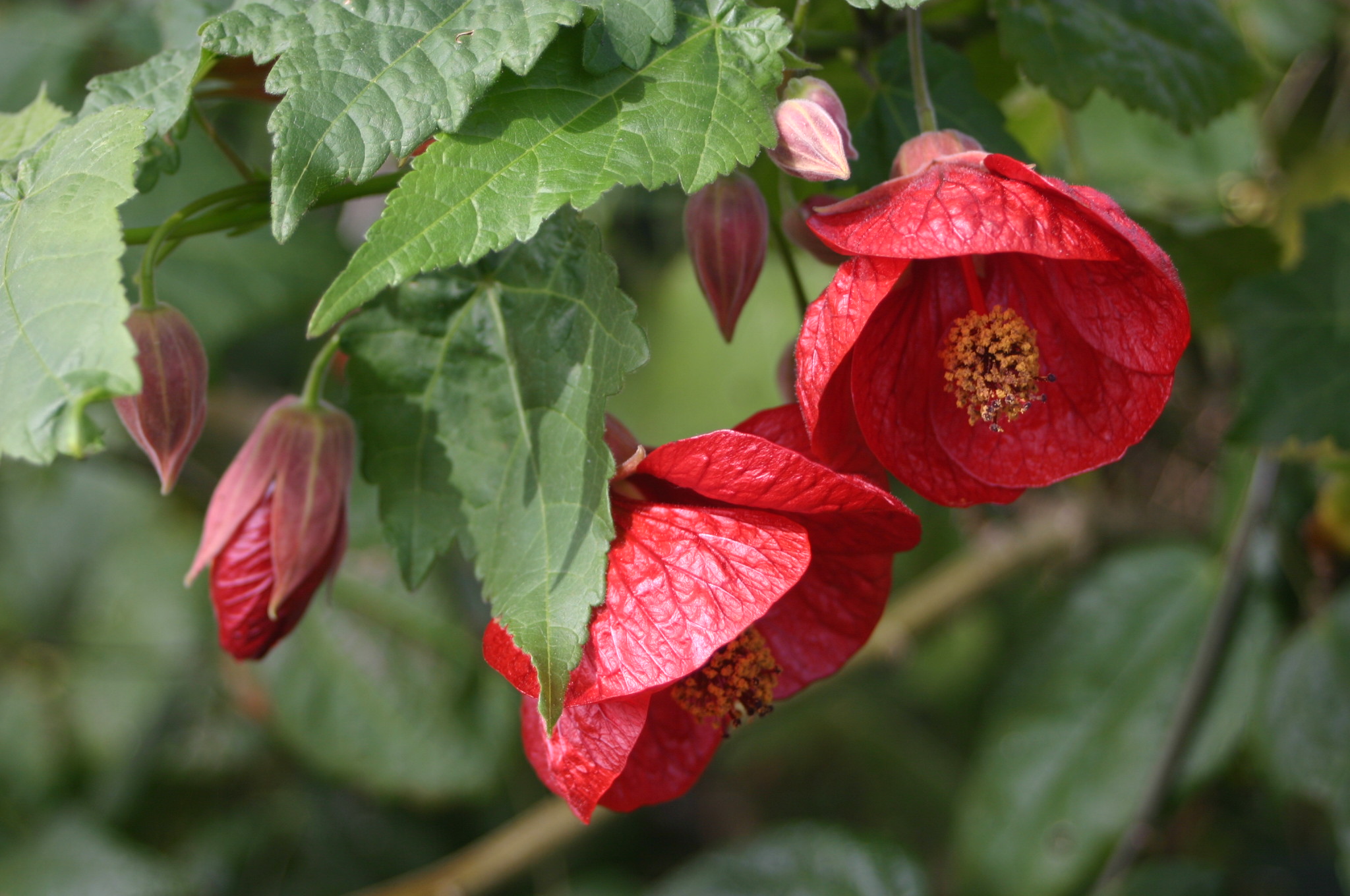 Abutilon spp.’ />
Abutilon spp.’ />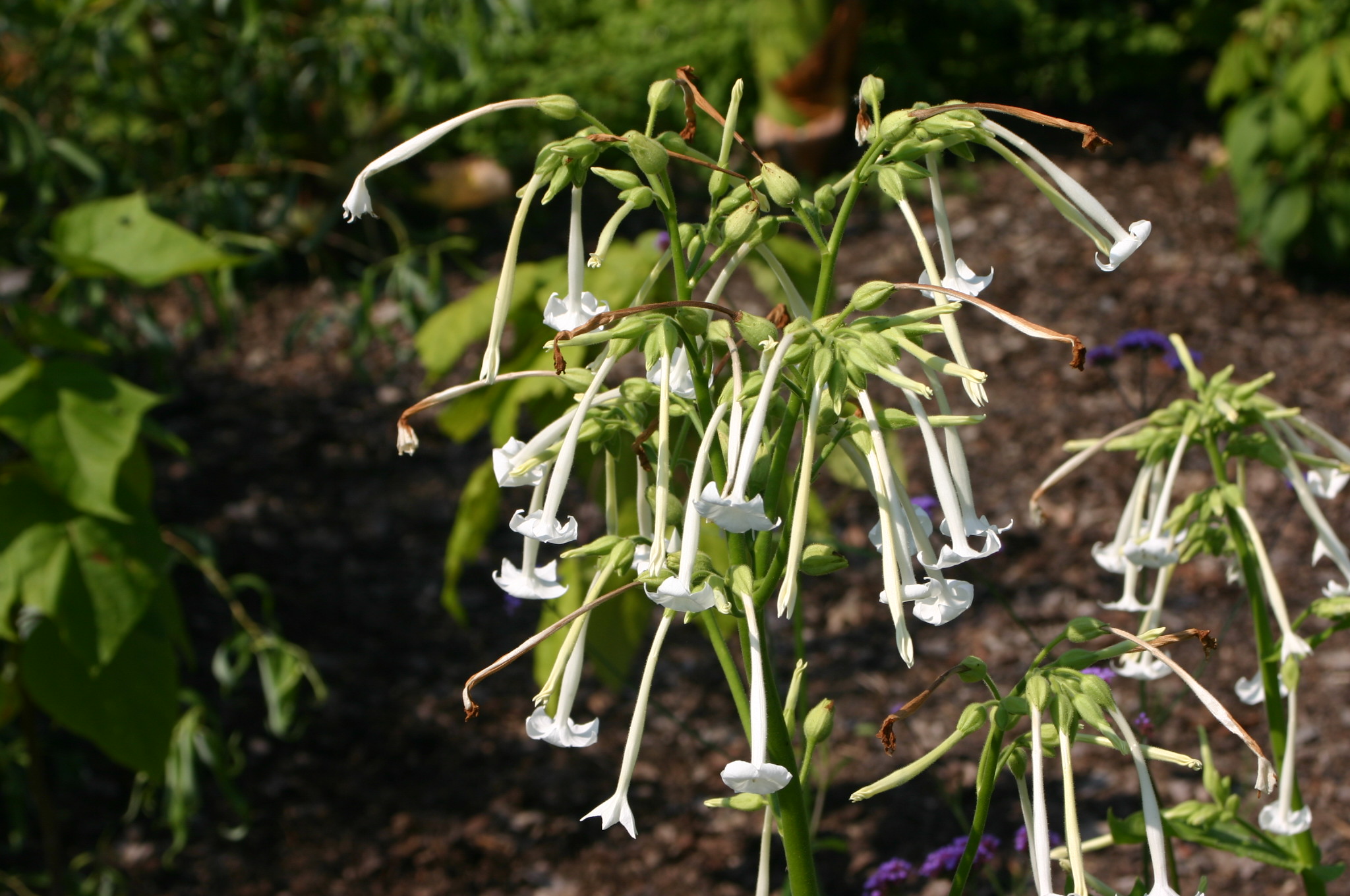 Nicotiana sylvestris‘ />
Nicotiana sylvestris‘ />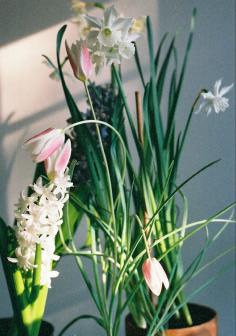
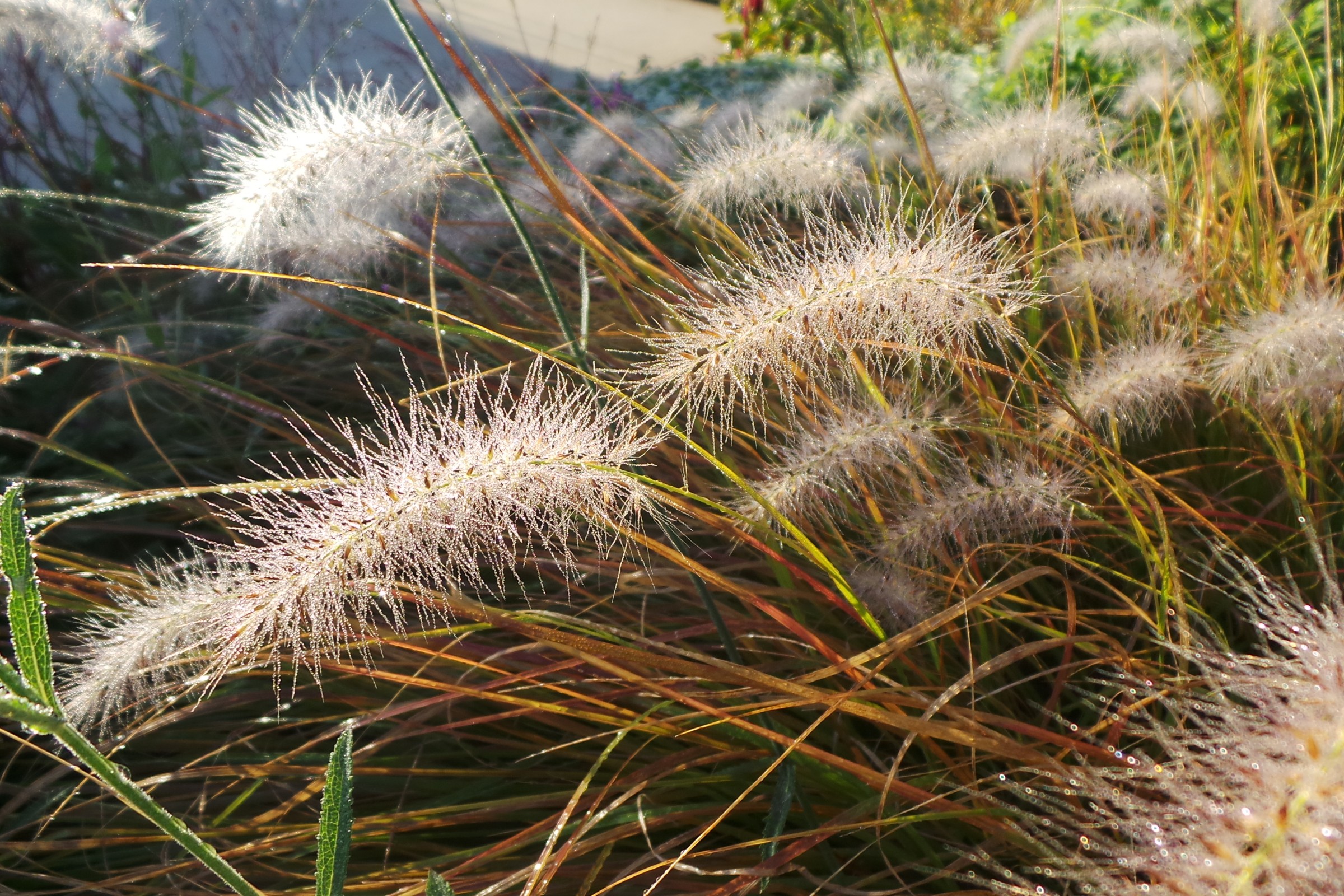 Pennisetum alopecuroides‘ />
Pennisetum alopecuroides‘ />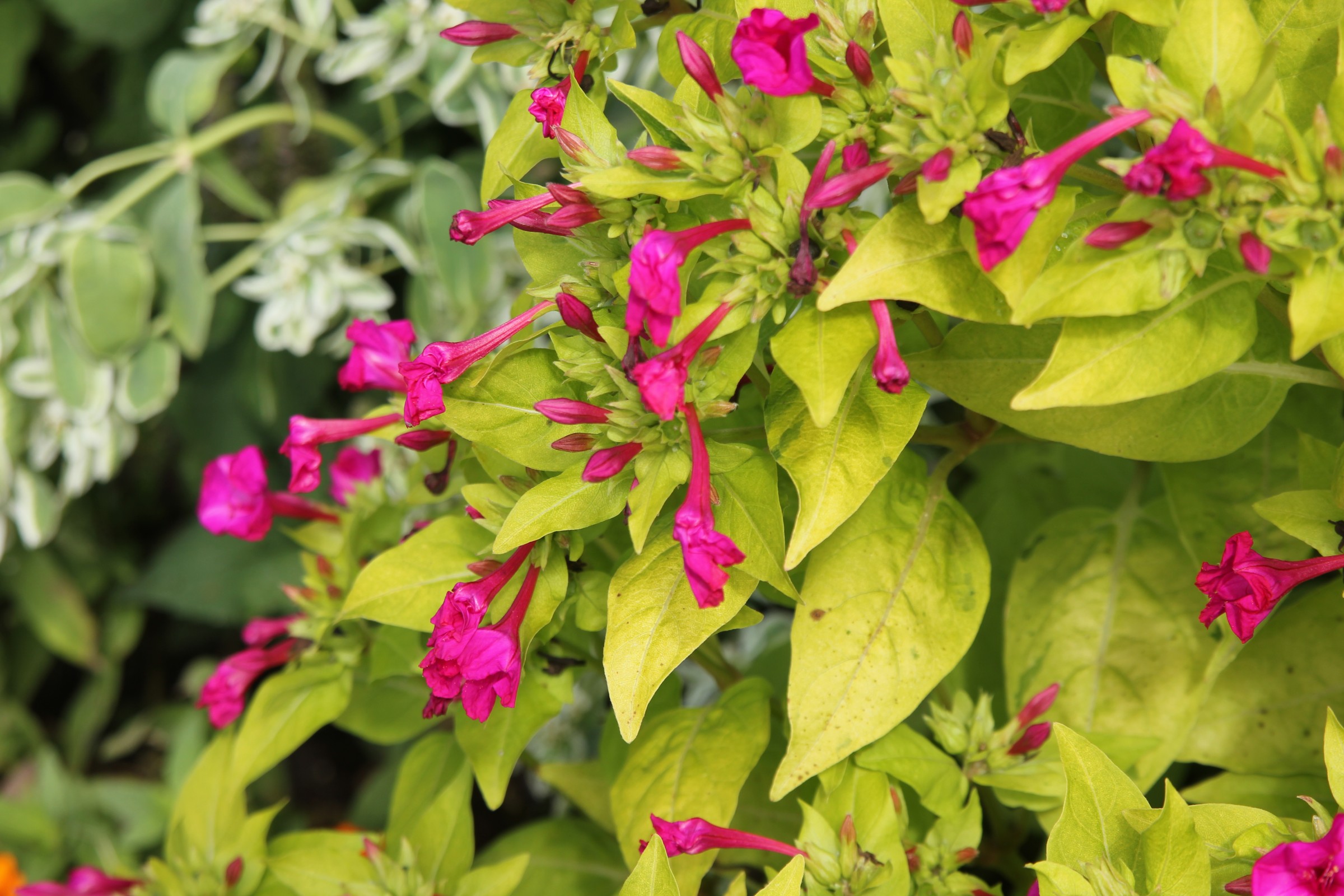 Mirabilis jalapa‘ />
Mirabilis jalapa‘ />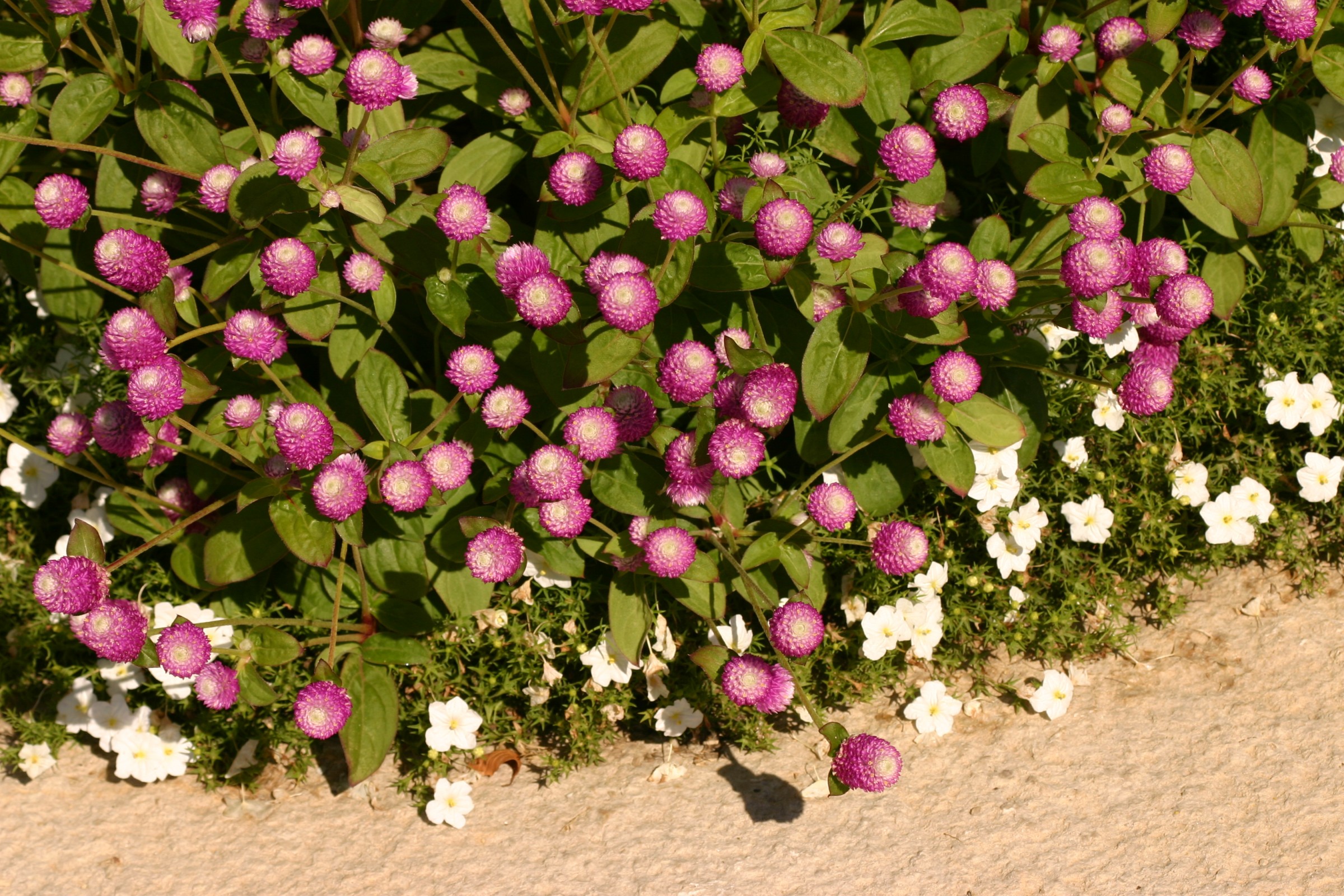 Gomphrena globosa‘ />
Gomphrena globosa‘ />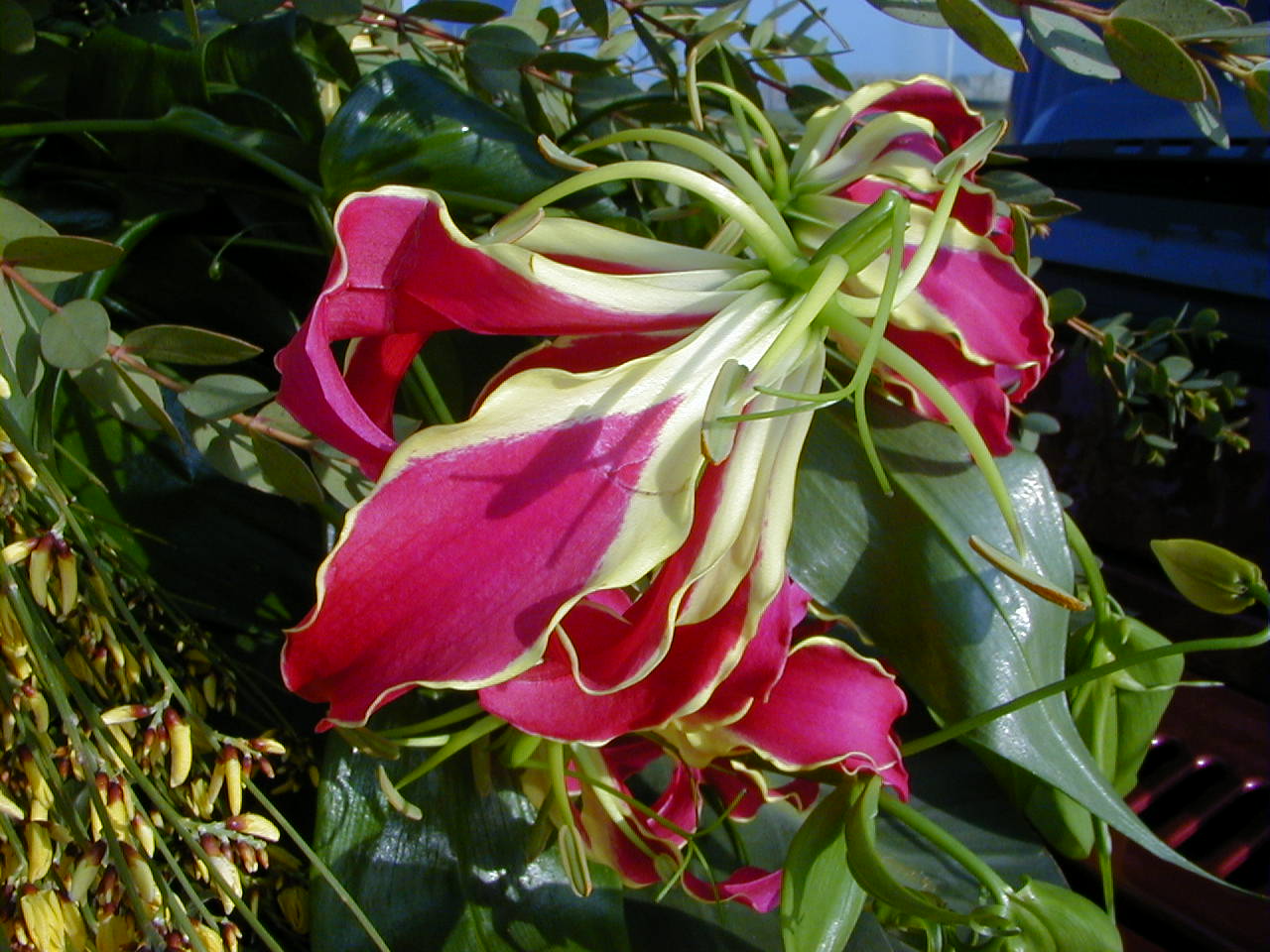 Gloriosa superba‘ />
Gloriosa superba‘ />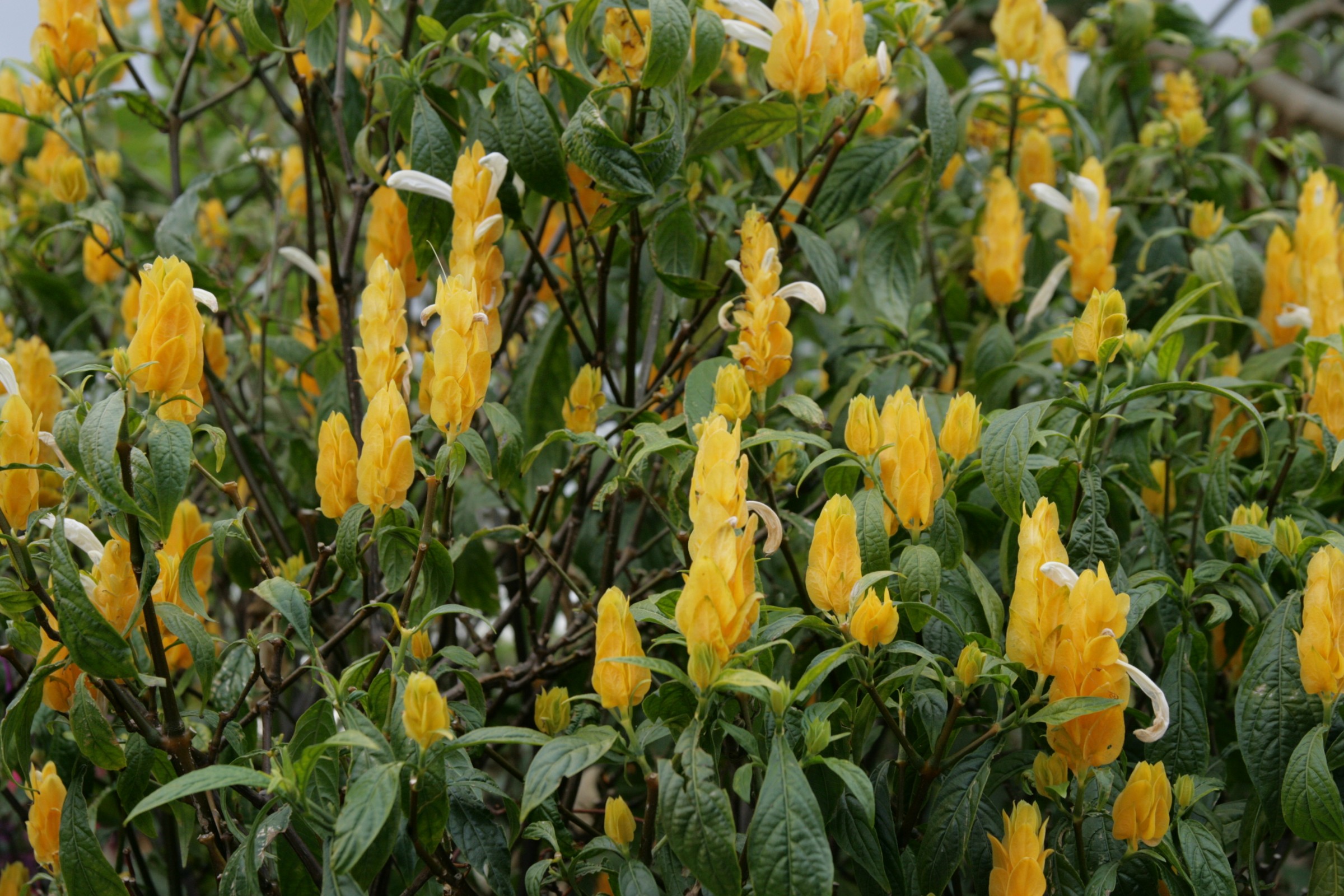 Pachystachys lutea‘ />
Pachystachys lutea‘ />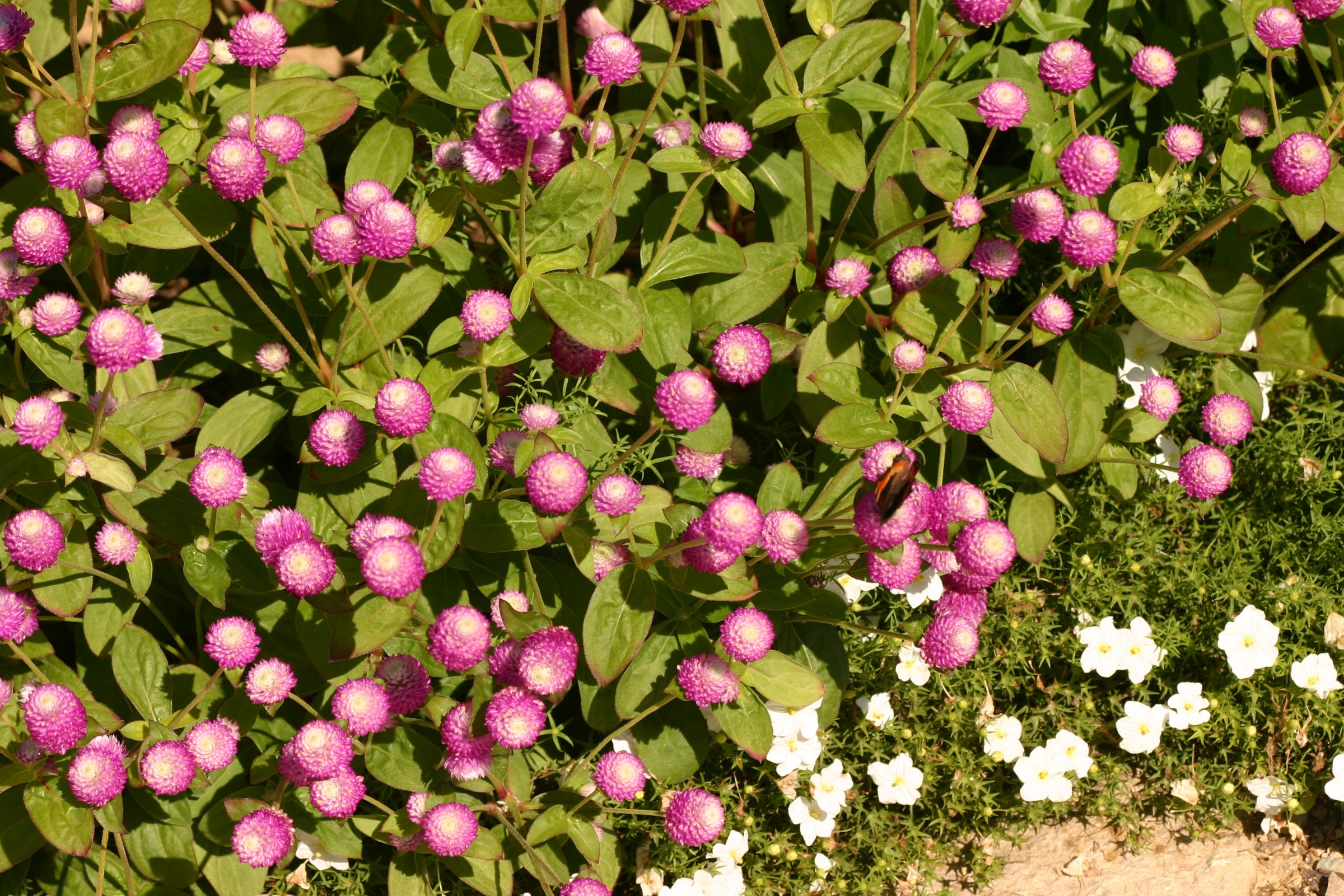
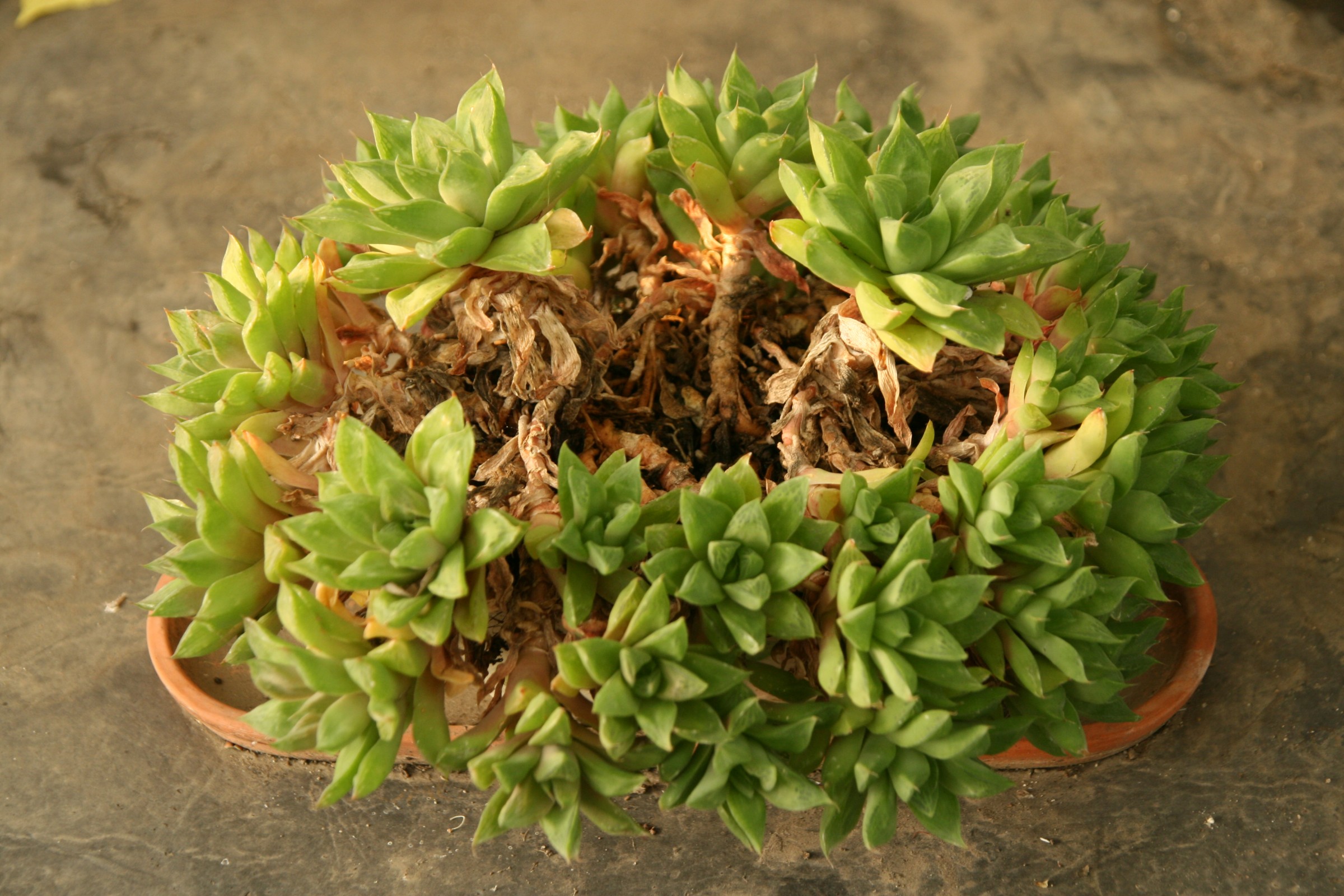
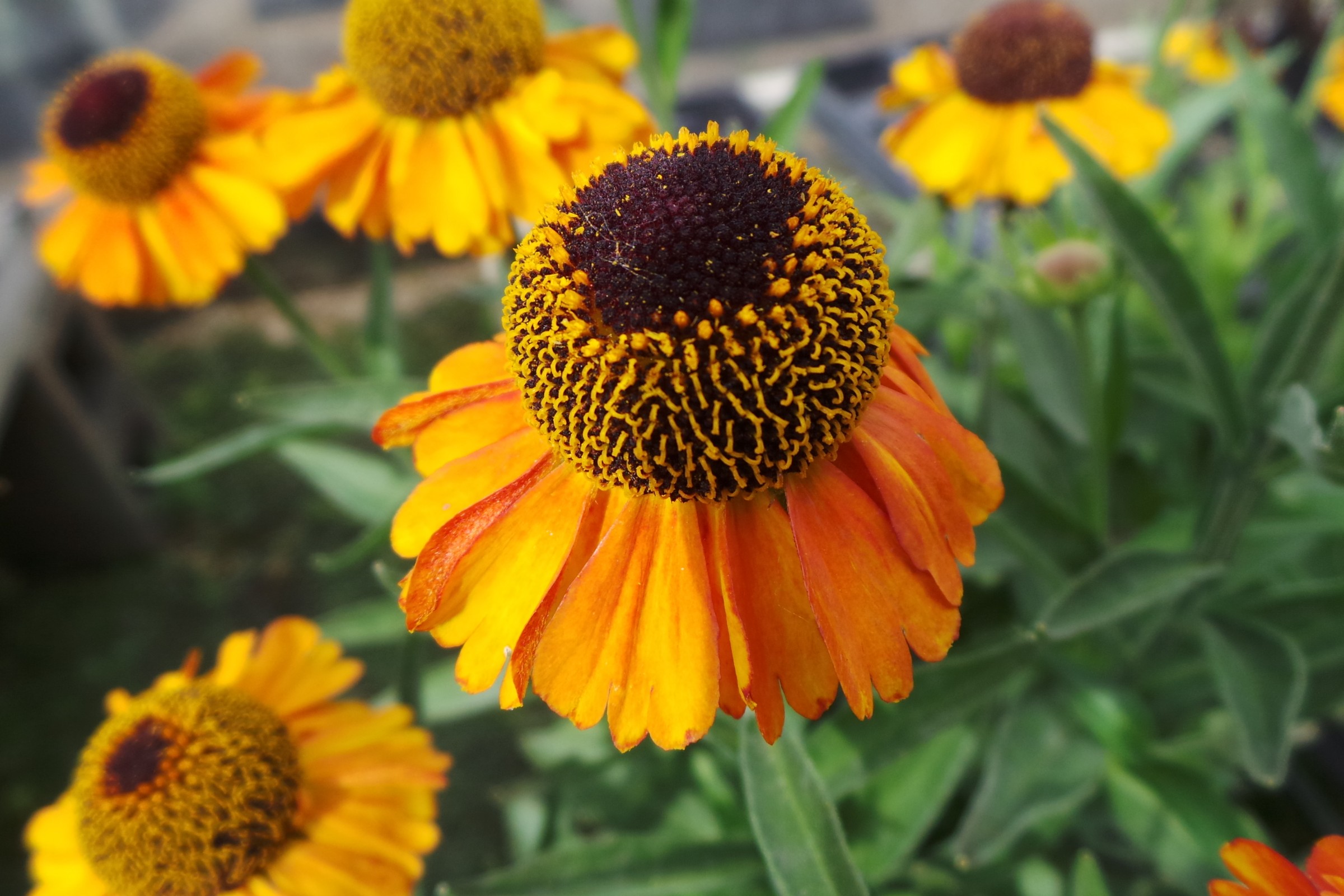 Helenium autumnale‘ />
Helenium autumnale‘ />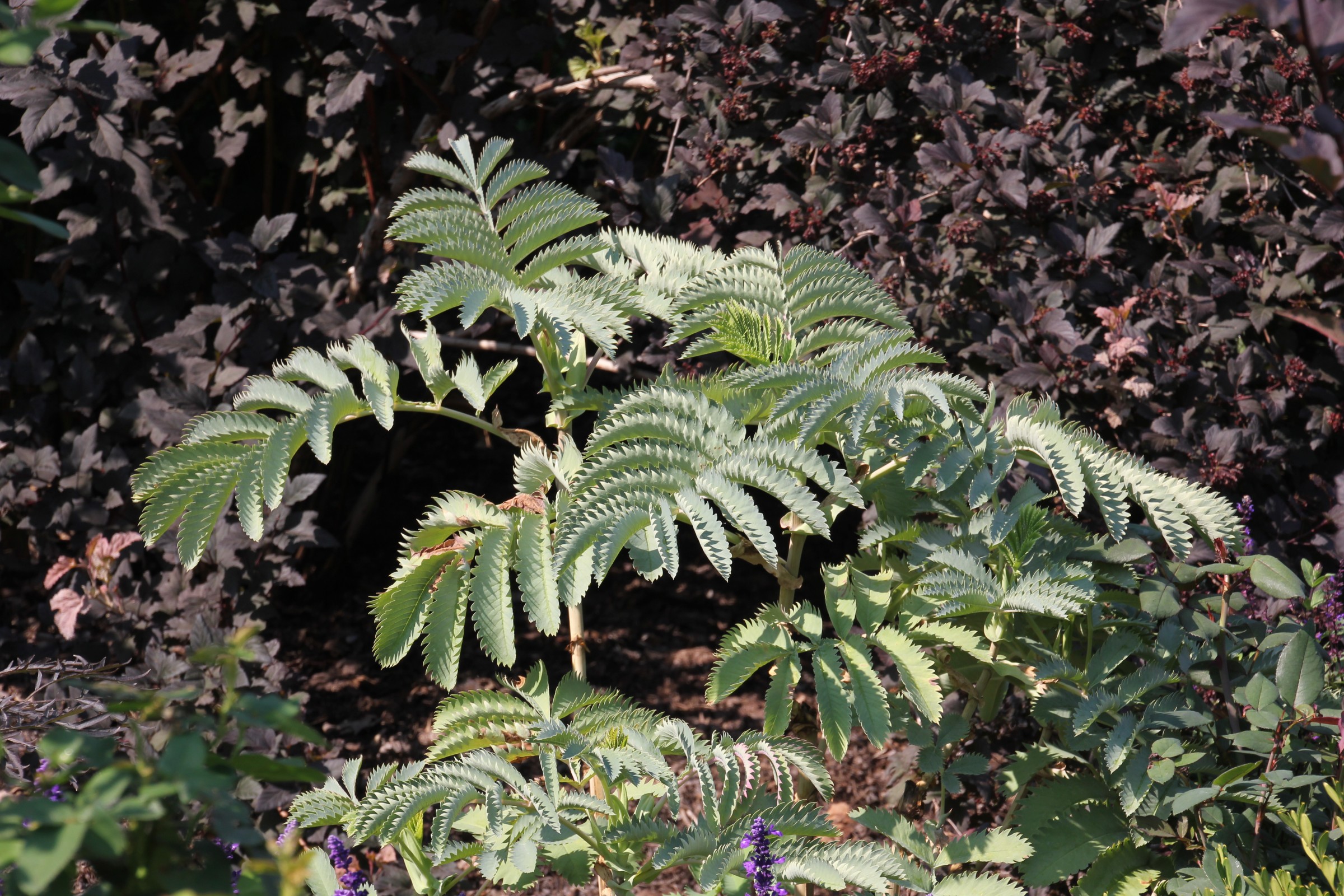 Melianthus major‘ />
Melianthus major‘ />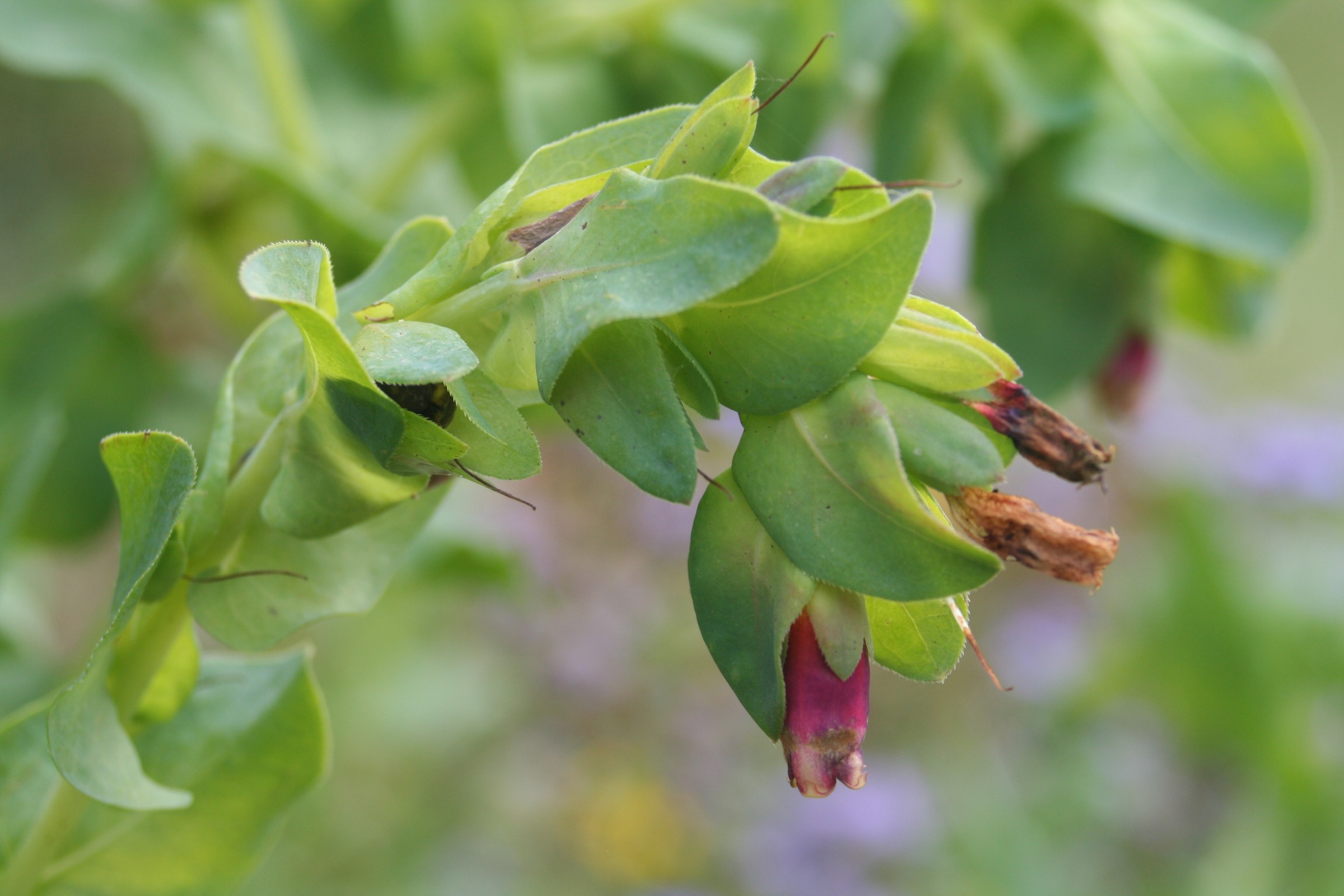 Cerinthe major‘ />
Cerinthe major‘ />
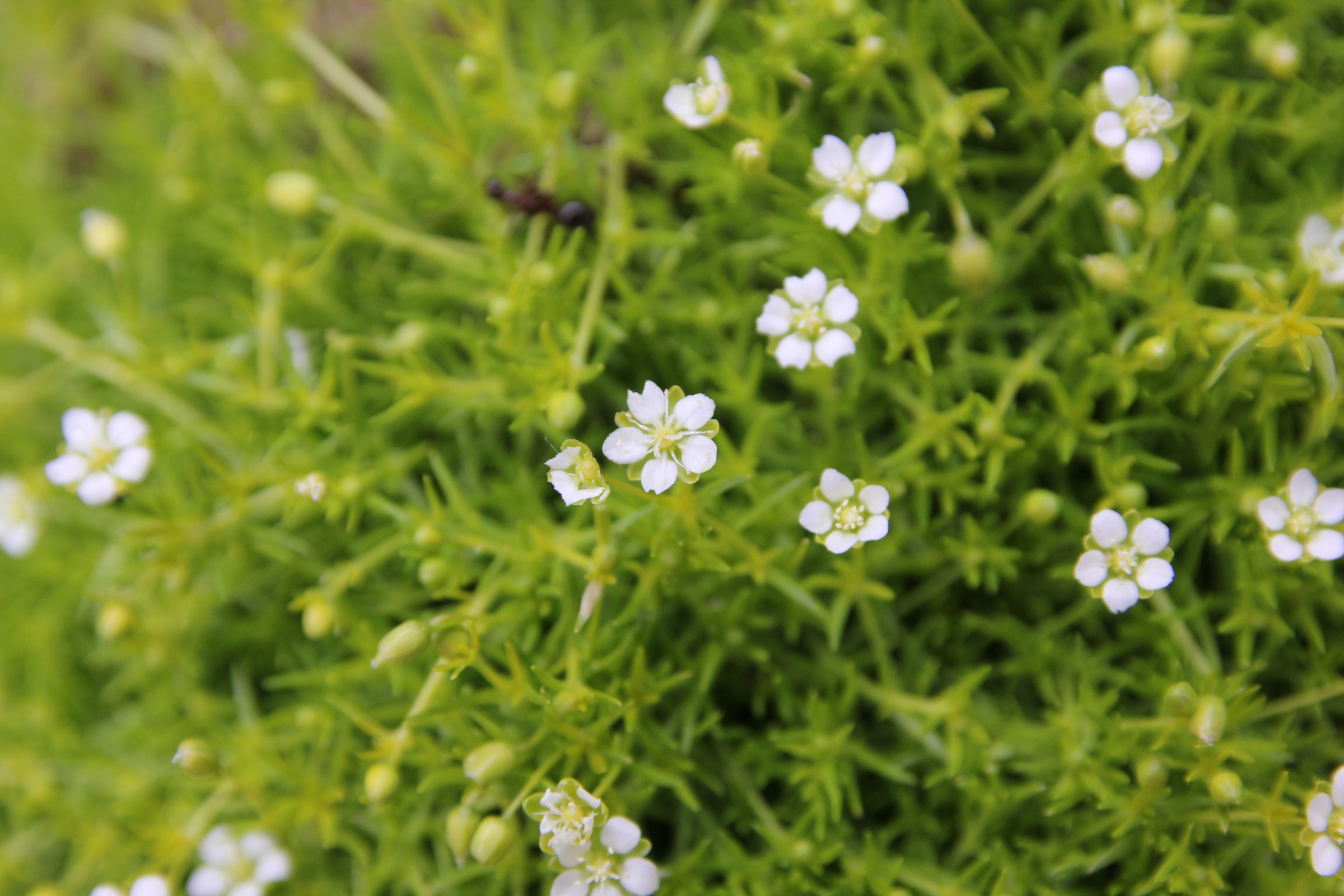 Sagina subulata and Arenaria verna‘ />
Sagina subulata and Arenaria verna‘ /> Crassula ovata‘ />
Crassula ovata‘ />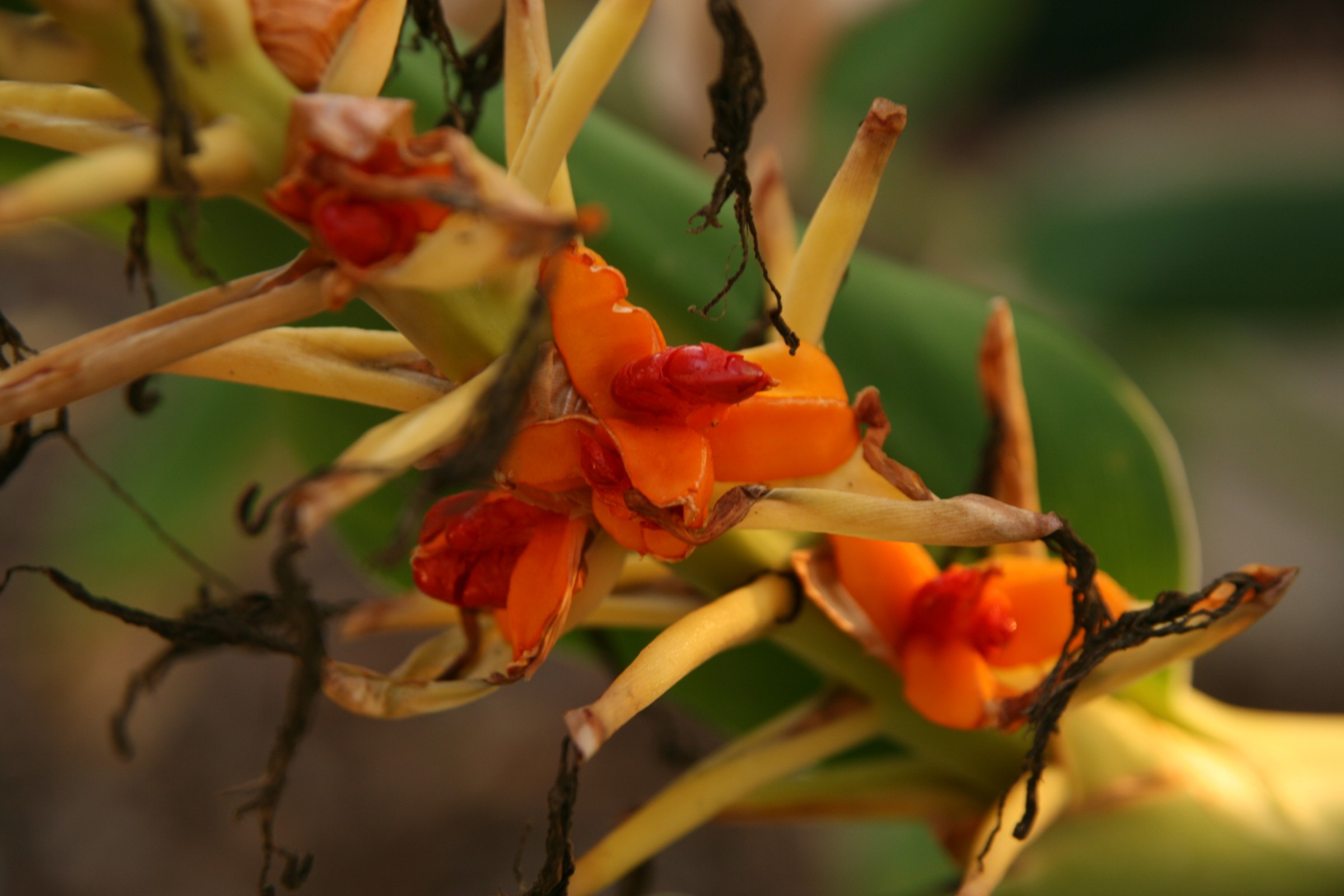 Hedychium gardnerianum‘ />
Hedychium gardnerianum‘ />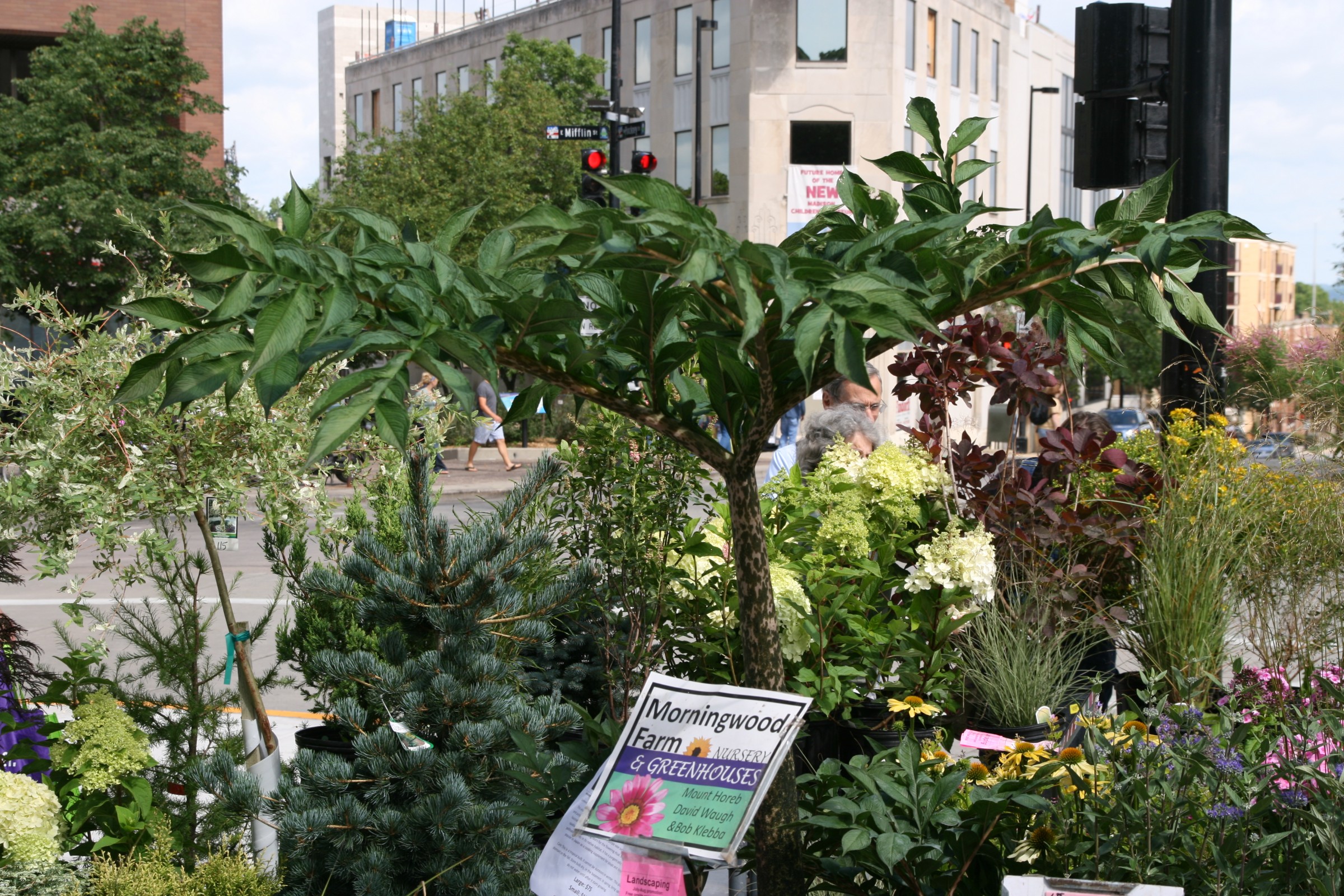 Amorphophallus konjac‘ />
Amorphophallus konjac‘ />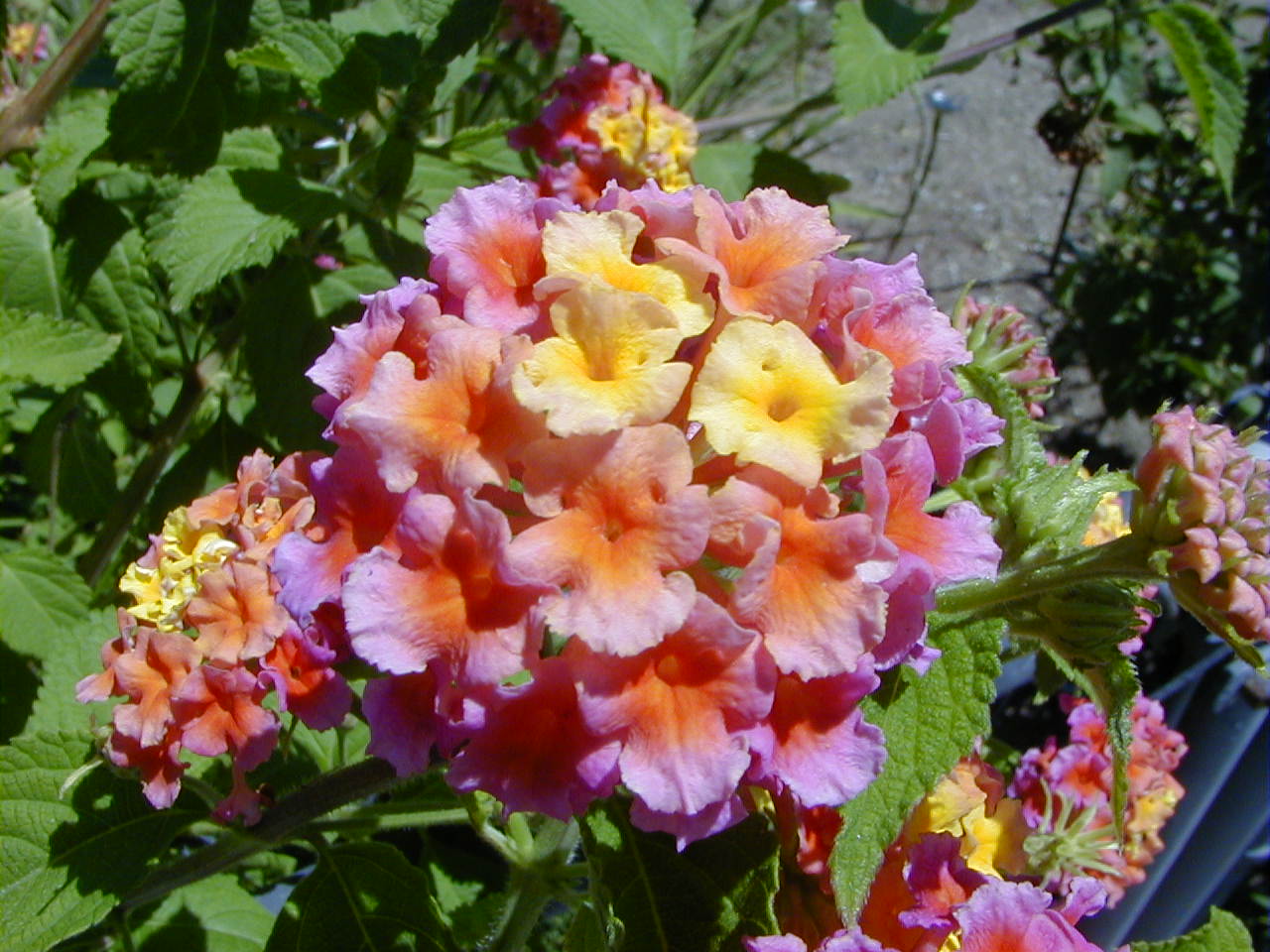
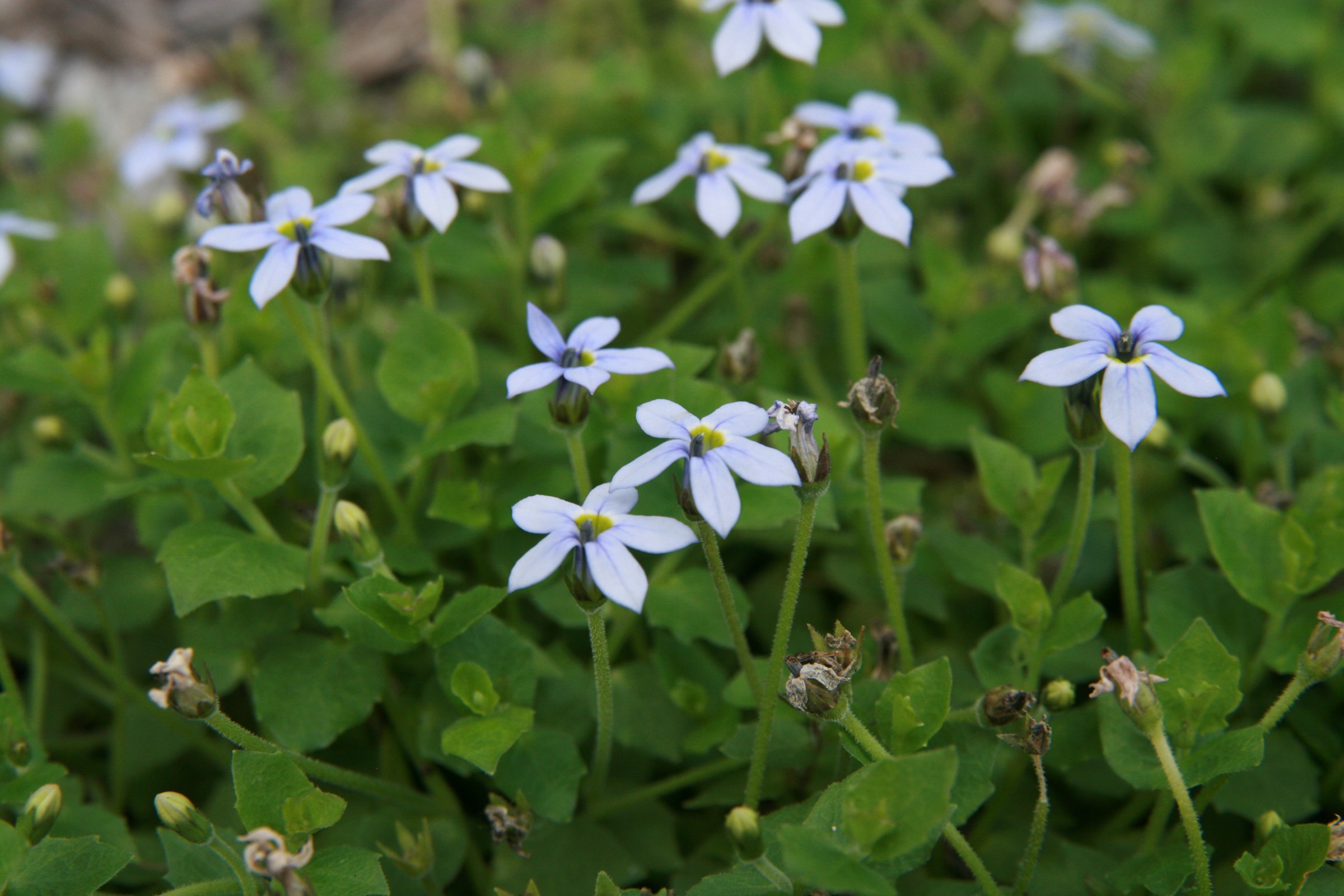 Isotoma axillaris‘ />
Isotoma axillaris‘ />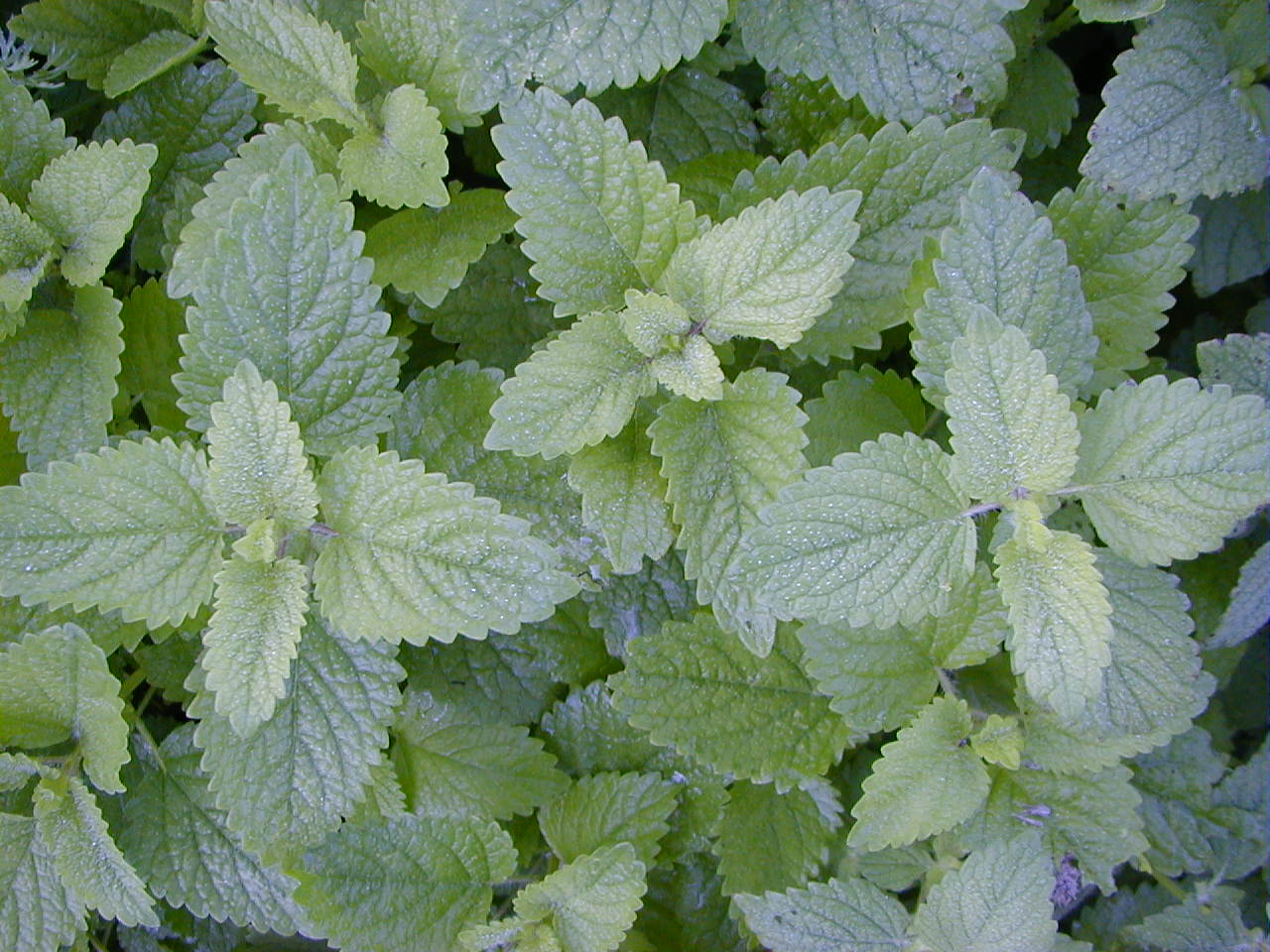
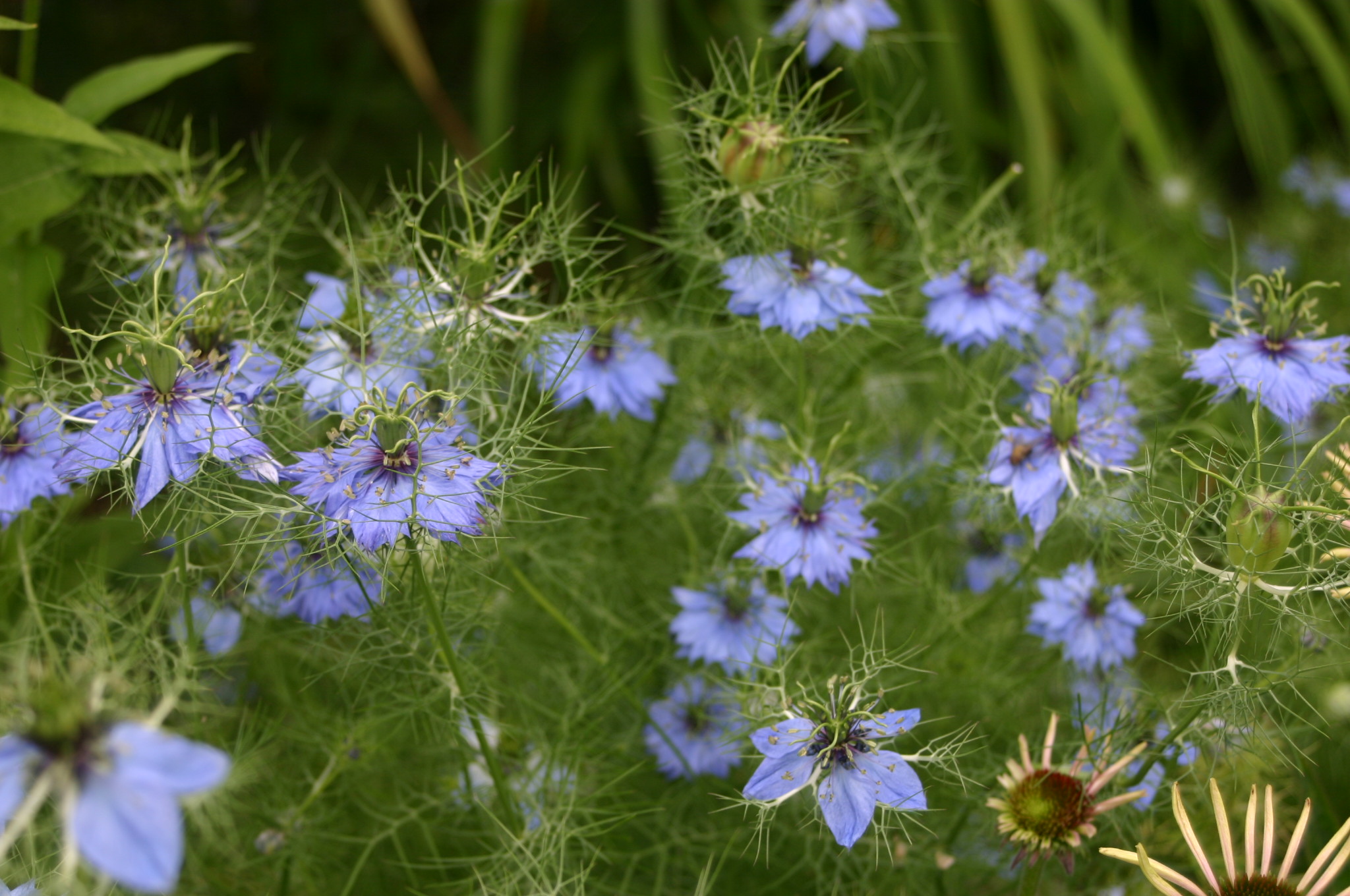 Nigella damascena‘ />
Nigella damascena‘ />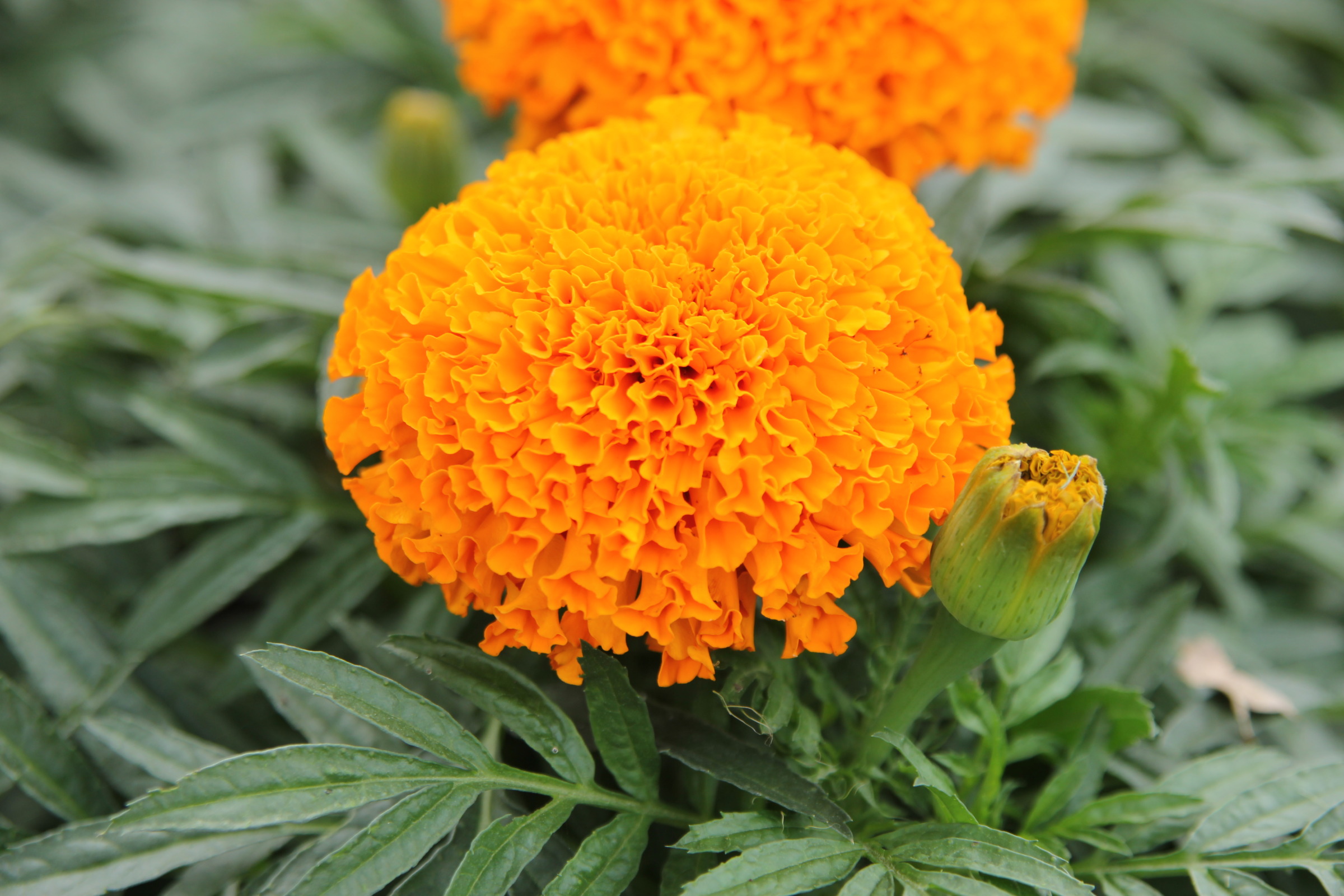
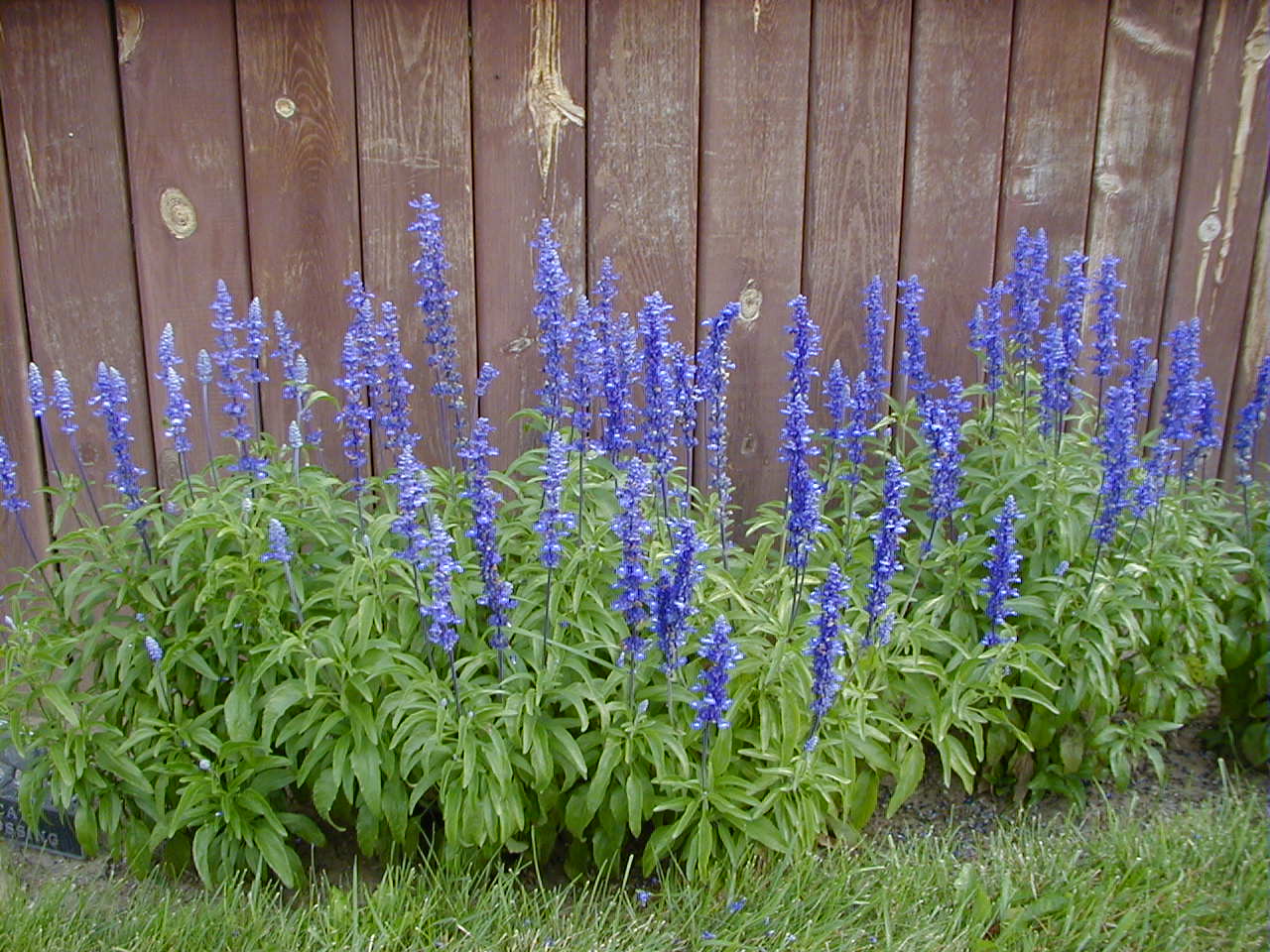 Salvia farinacea‘ />
Salvia farinacea‘ />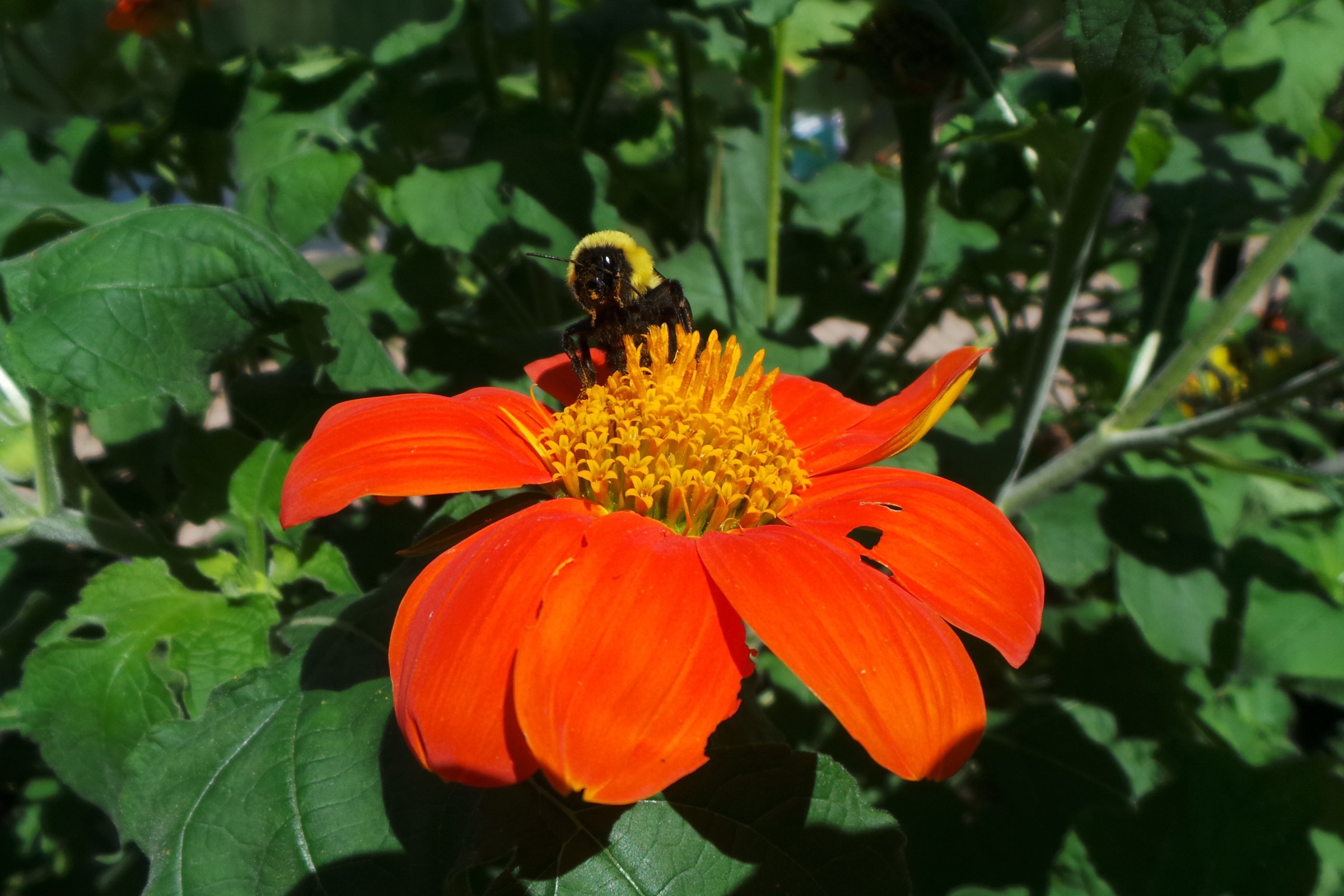 Tithonia rotundifolia‘ />
Tithonia rotundifolia‘ />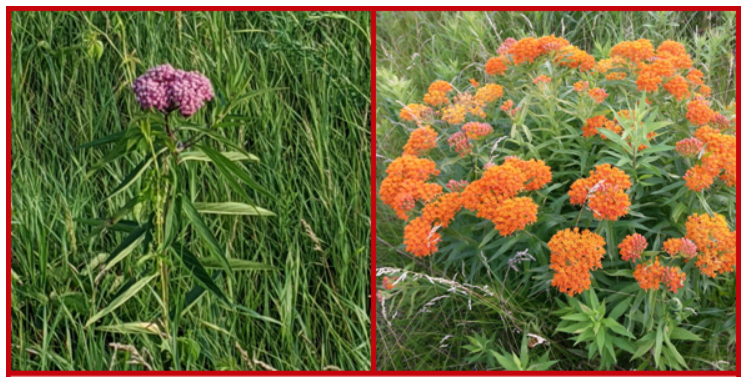
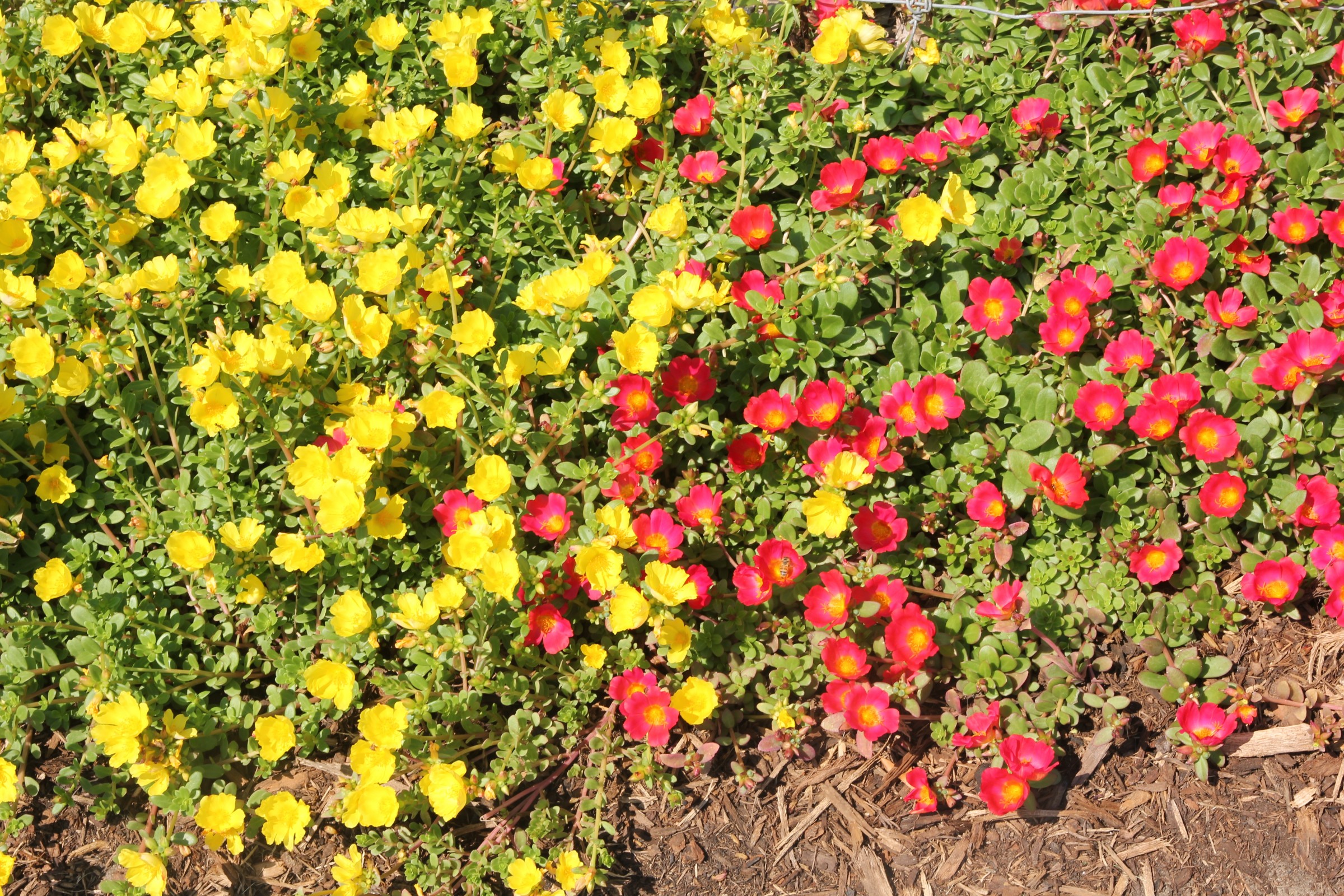 Portulaca grandiflora‘ />
Portulaca grandiflora‘ /> Tropaeolum majus‘ />
Tropaeolum majus‘ />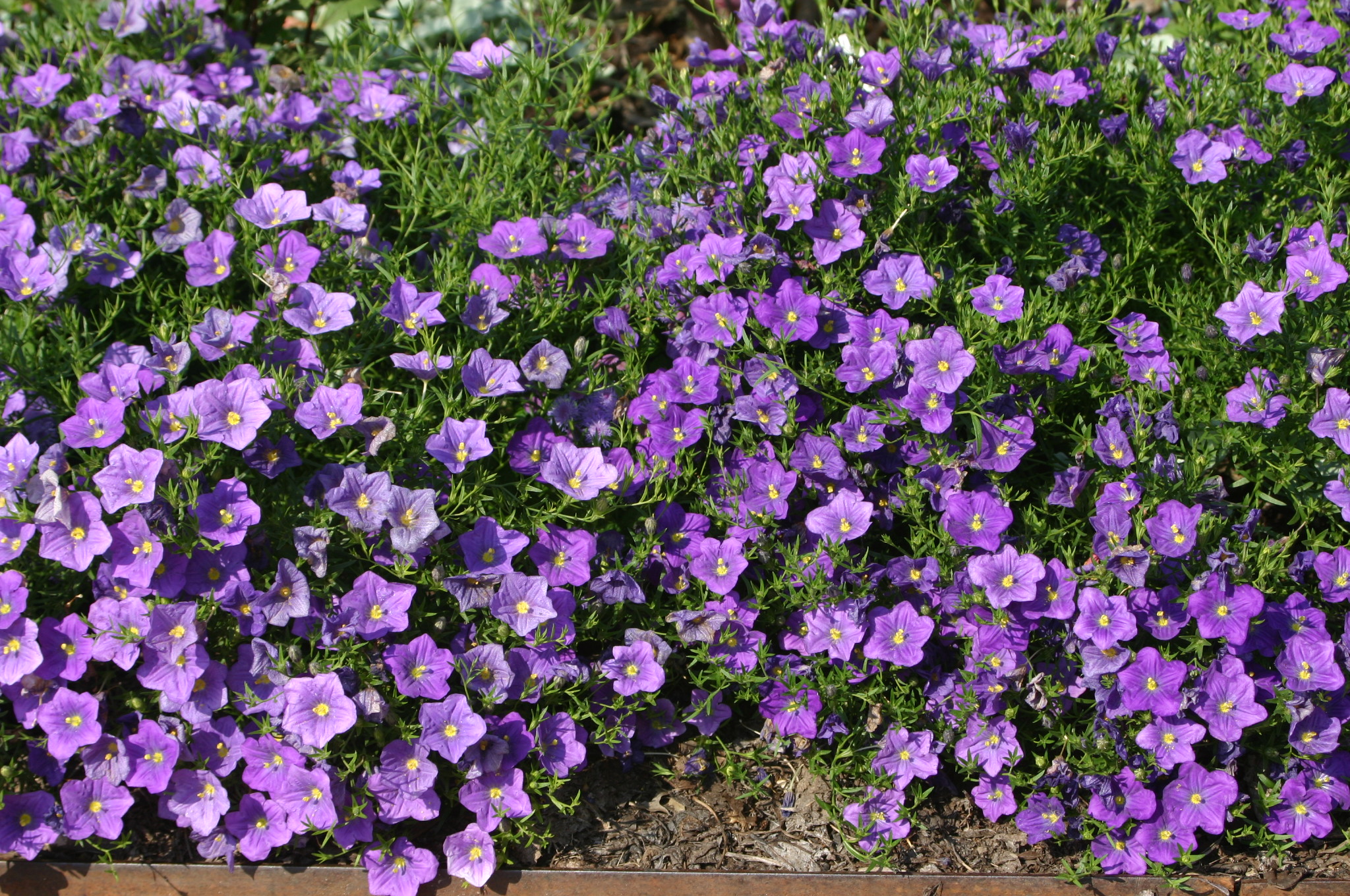
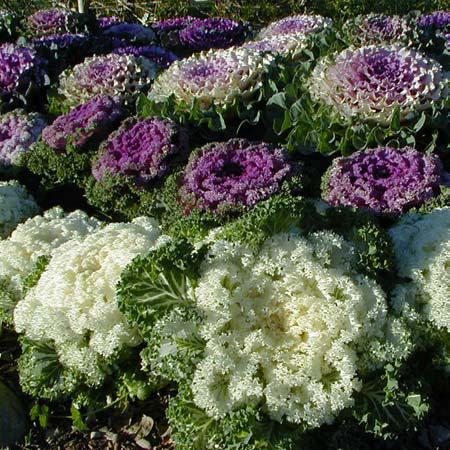
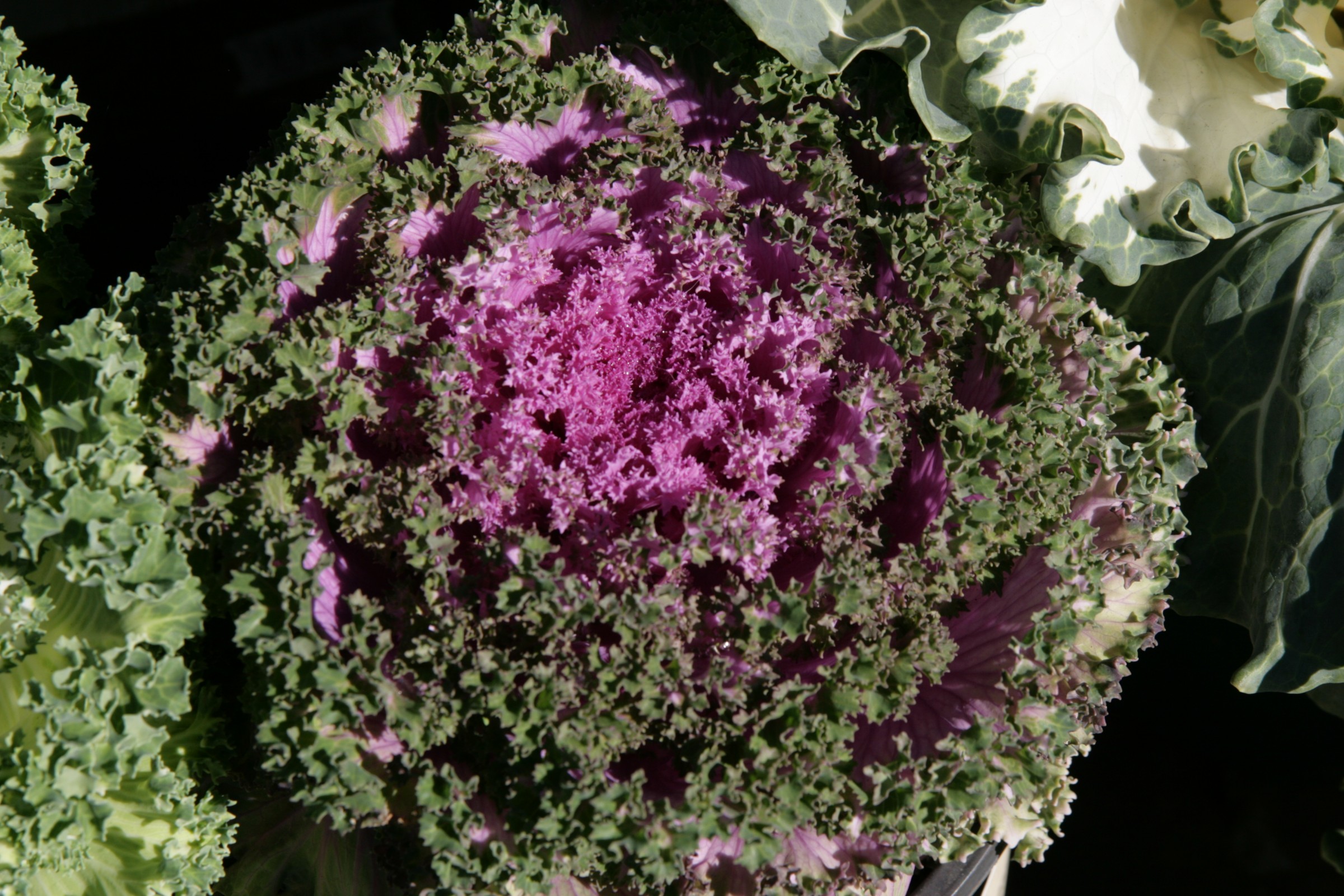 Brassica oleracea‘ />
Brassica oleracea‘ />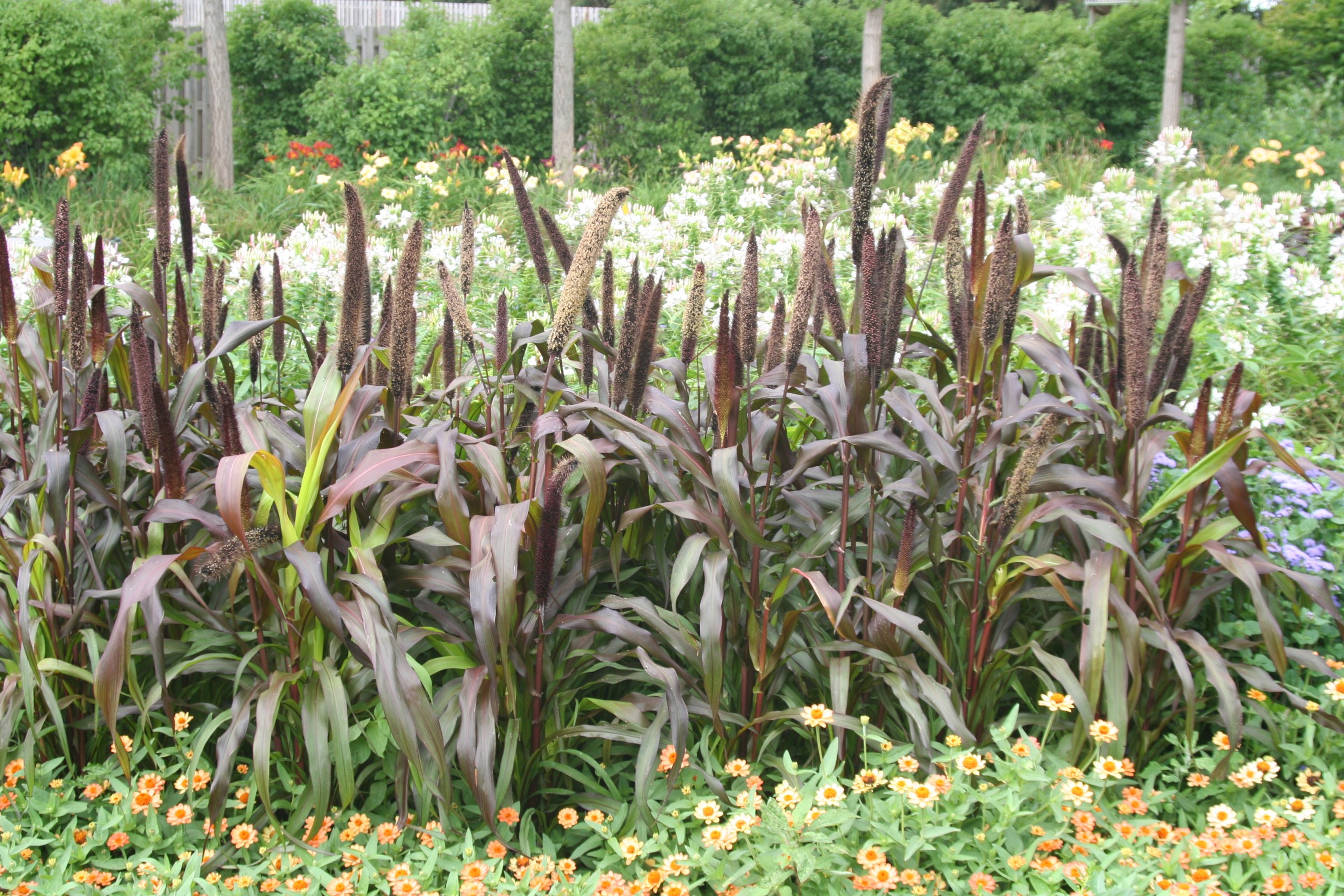 Pennisetum glaucum‘ />
Pennisetum glaucum‘ />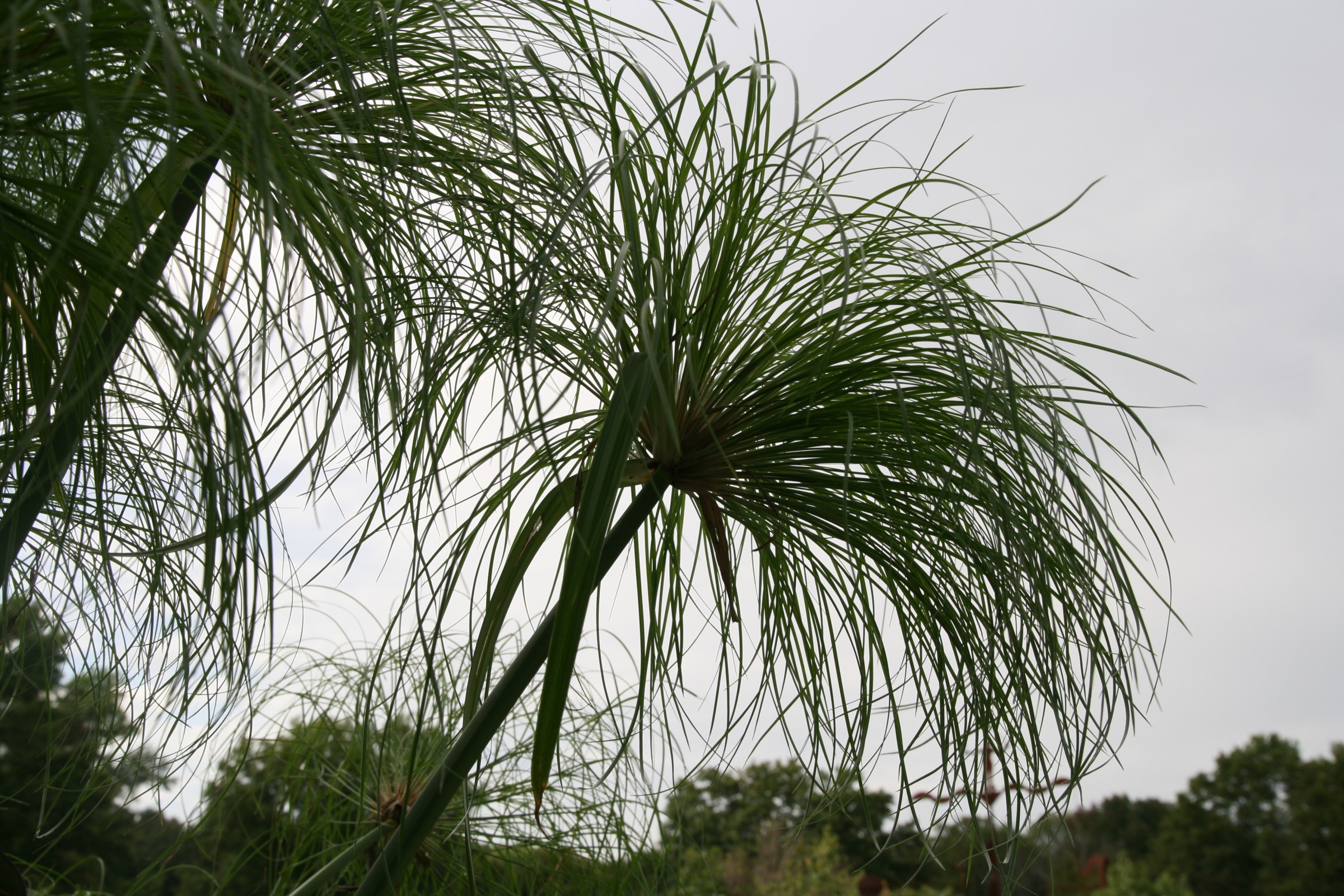 Cyperus papyrus‘ />
Cyperus papyrus‘ />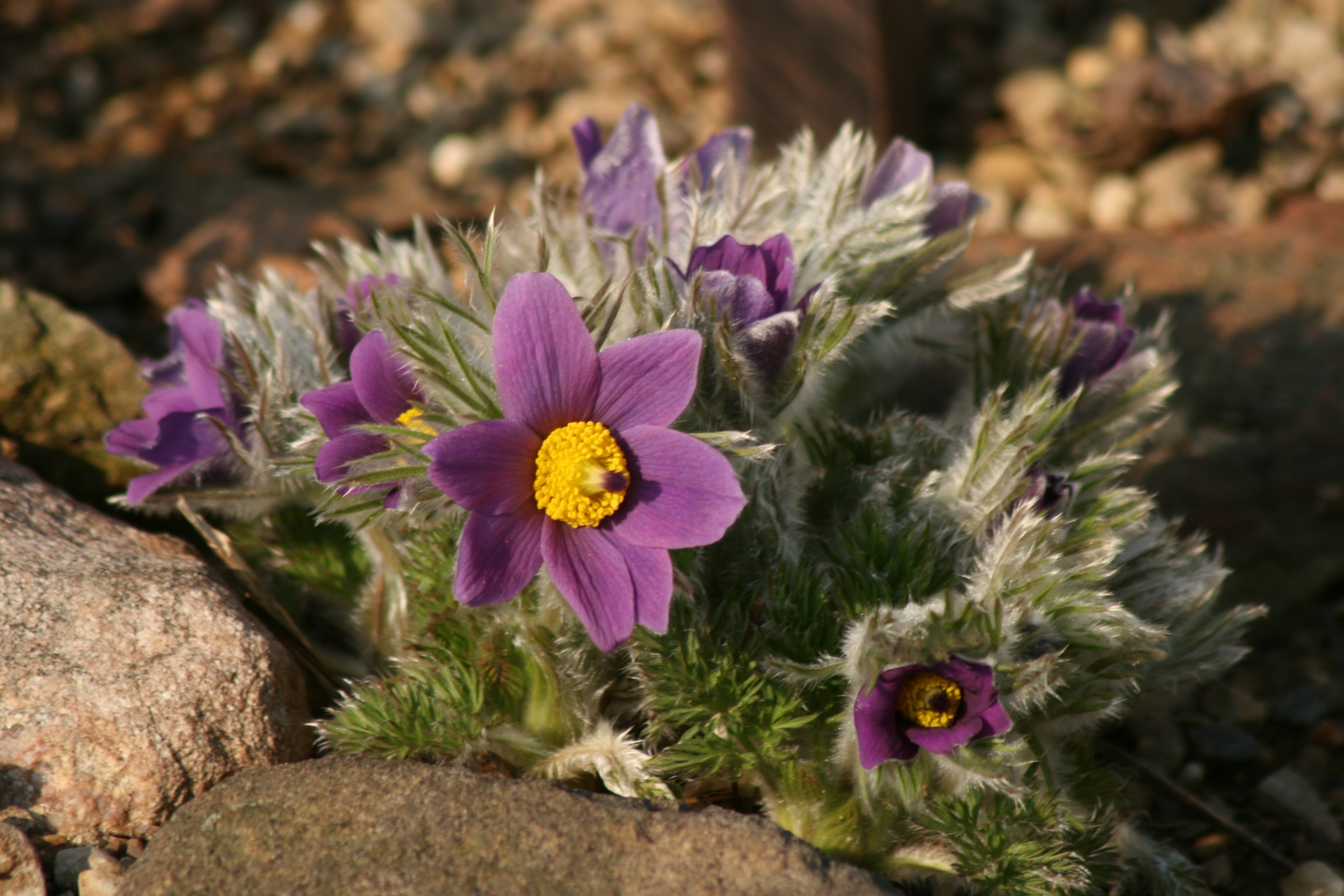 Pulsatilla vulgaris‘ />
Pulsatilla vulgaris‘ />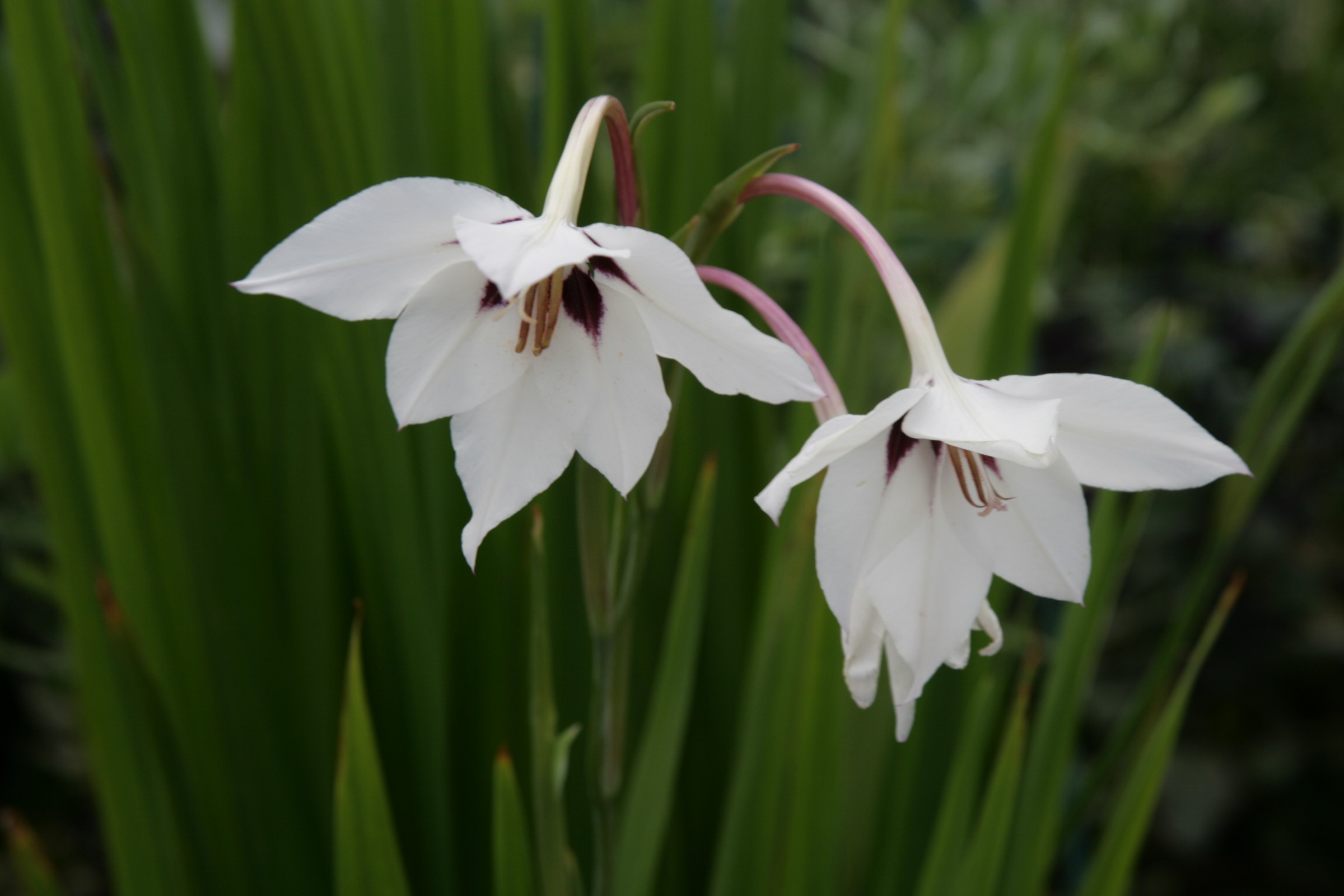 Gladiolus murielae (=Acidantherus bicolor)’ />
Gladiolus murielae (=Acidantherus bicolor)’ />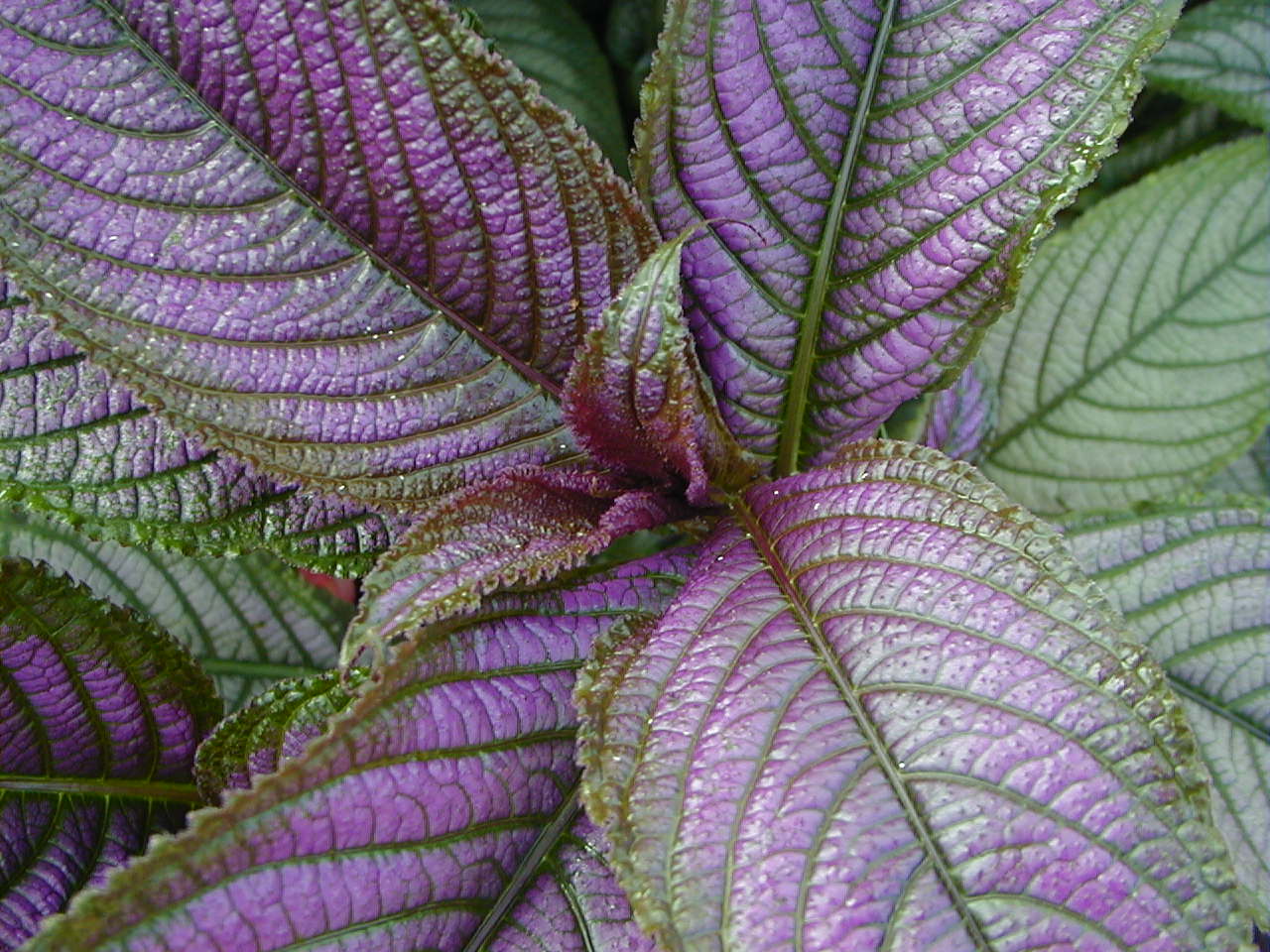 Strobilanthes dyerianus‘ />
Strobilanthes dyerianus‘ />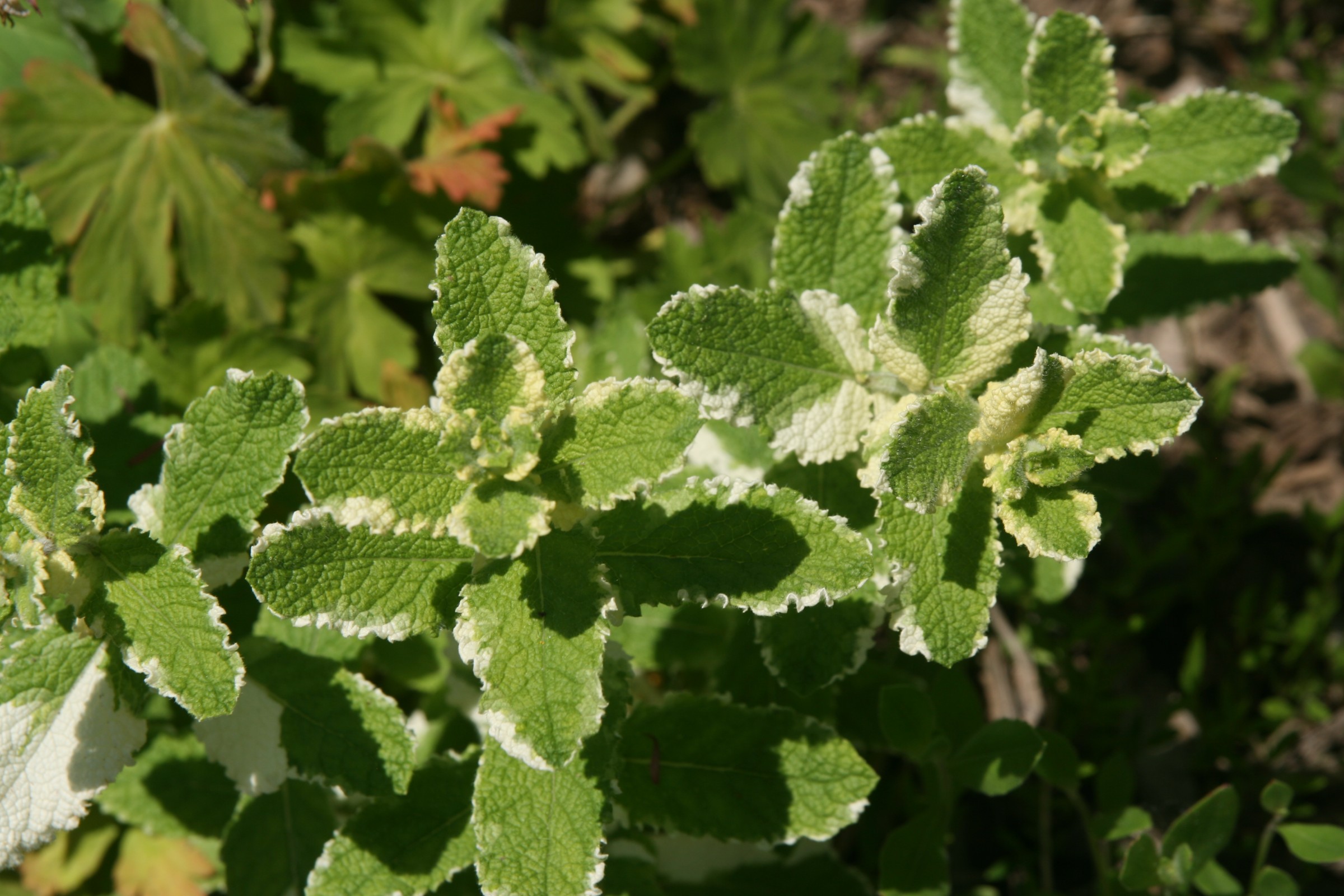 Mentha suaveolens ‘Variegata’’ />
Mentha suaveolens ‘Variegata’’ />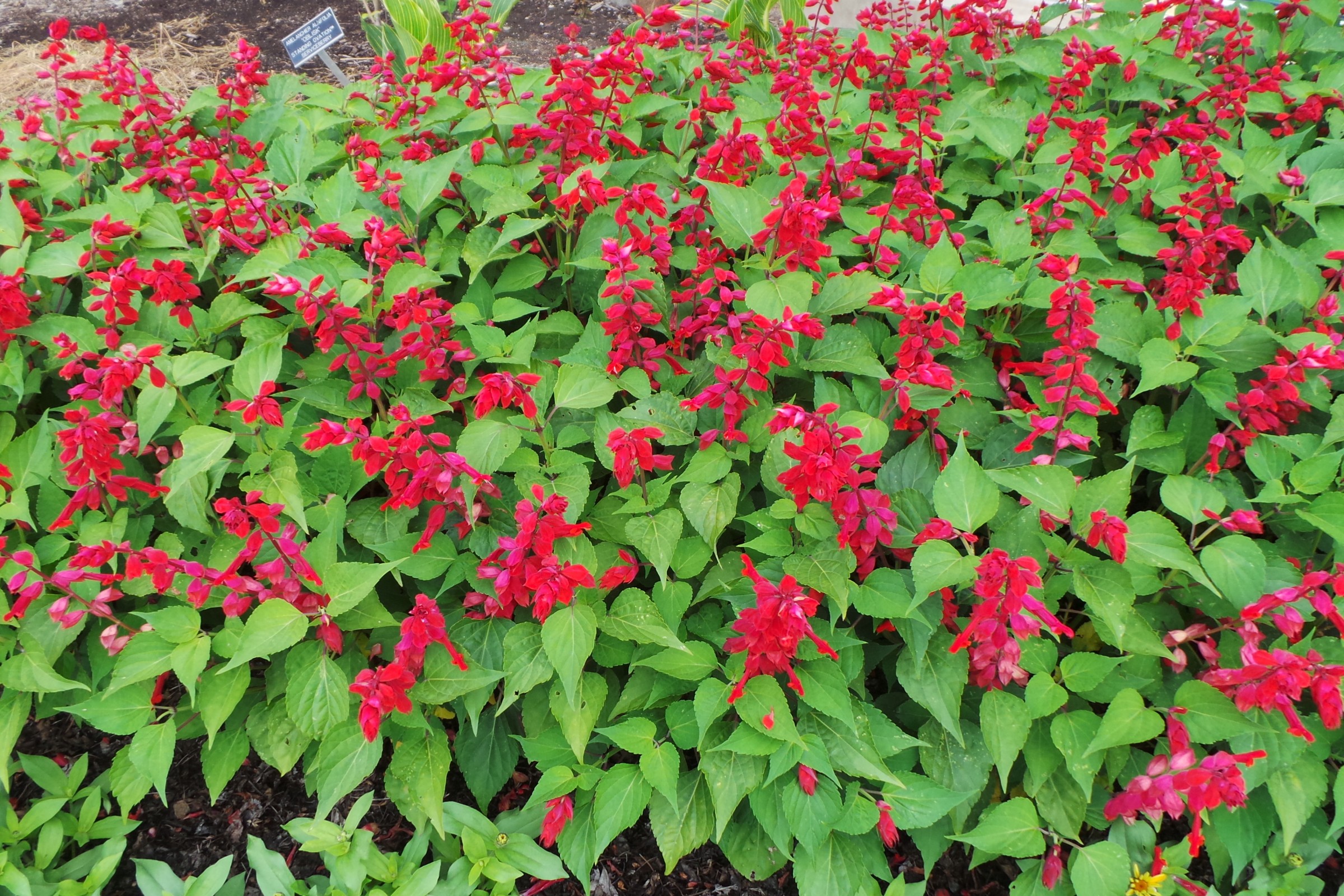 Salvia elegans‘ />
Salvia elegans‘ />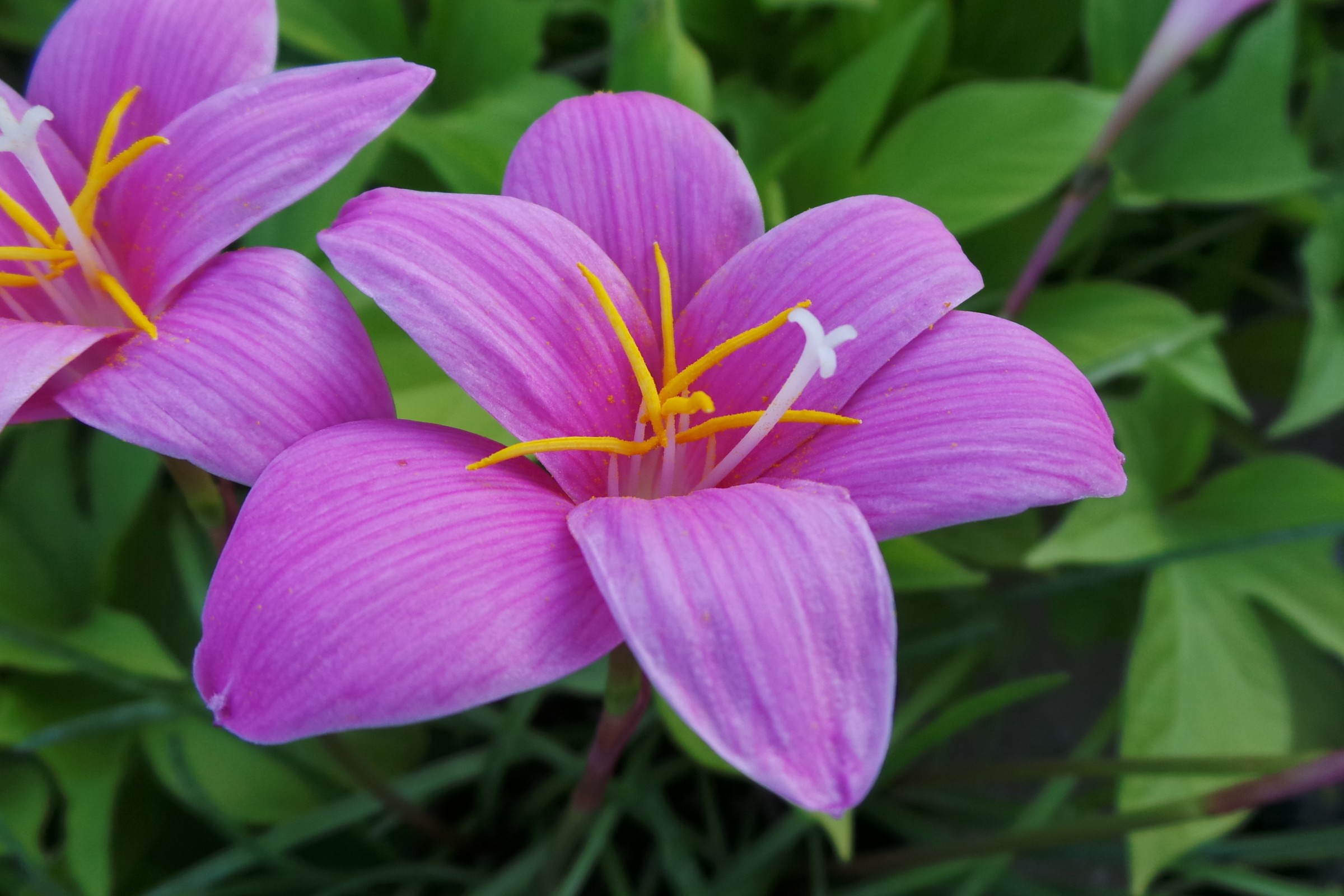 Zephyranthes grandiflora‘ />
Zephyranthes grandiflora‘ />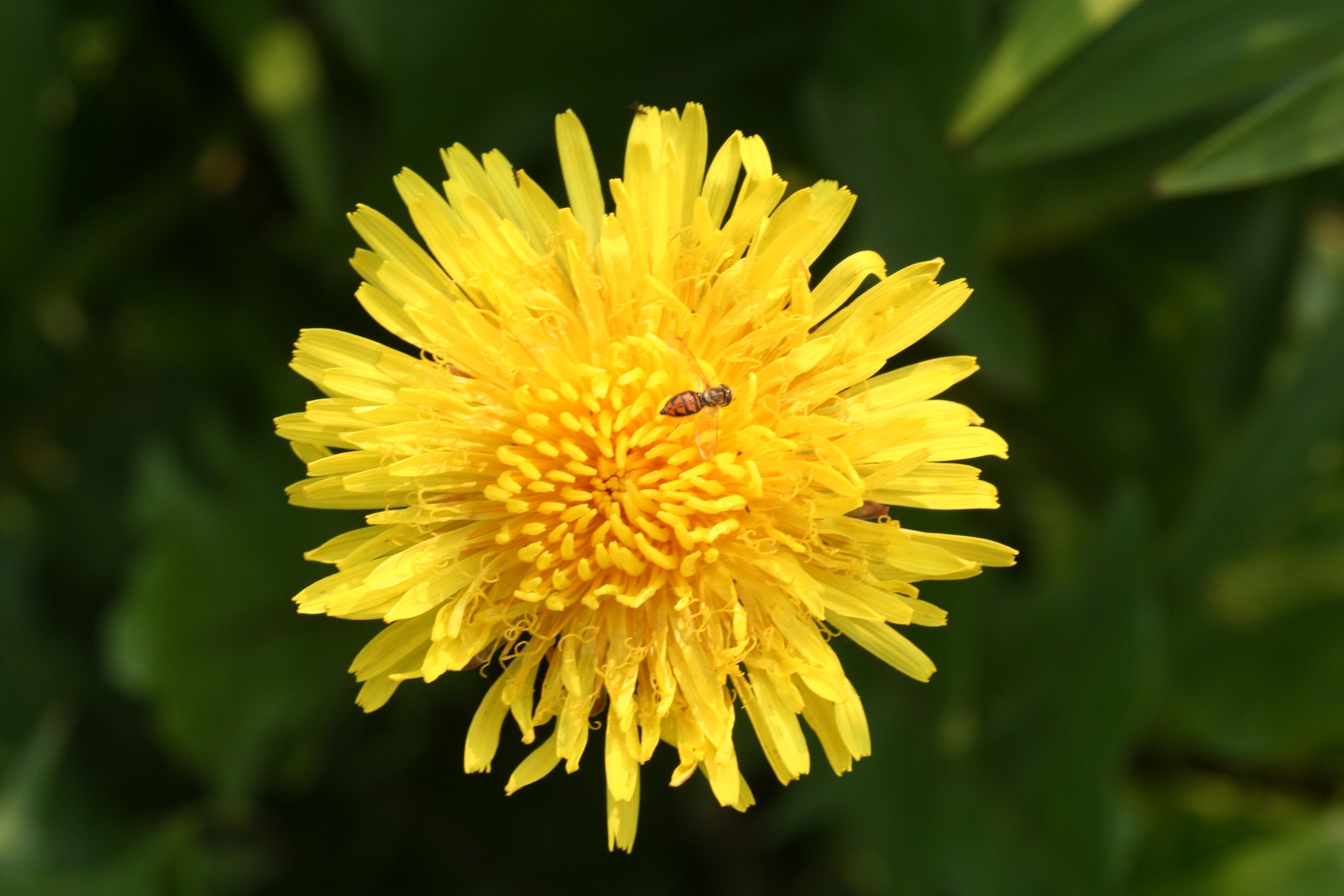
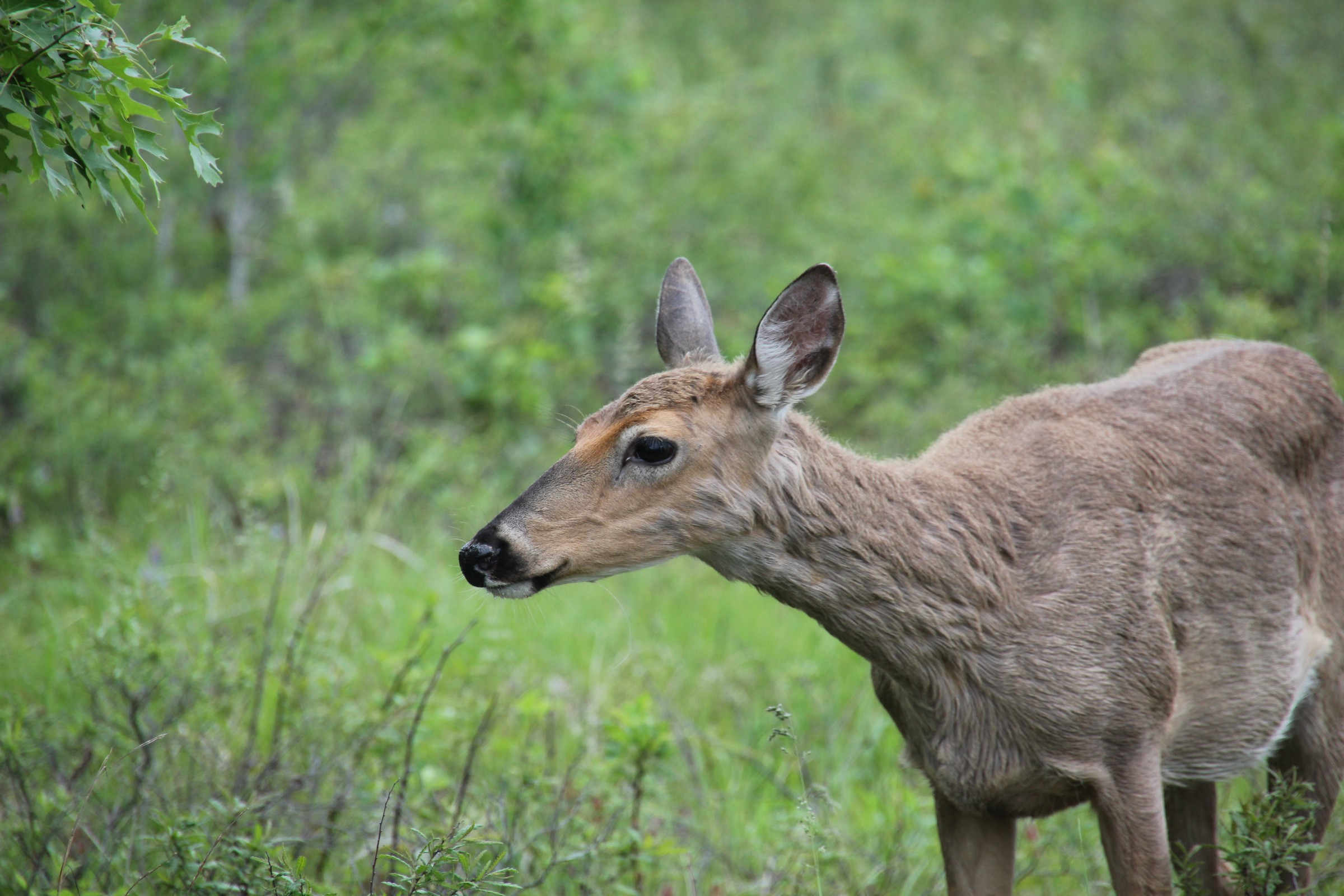
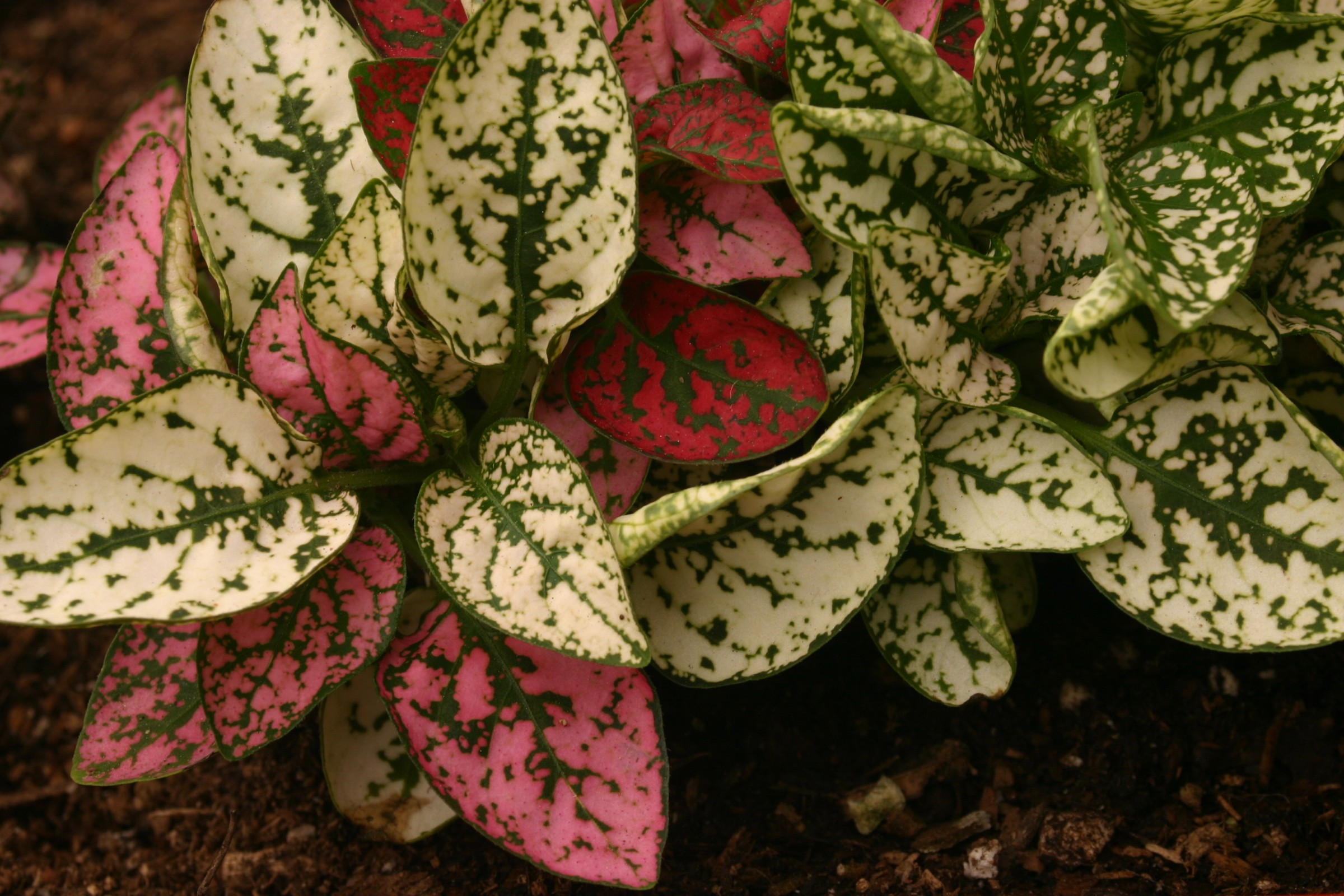 Hypoestes phyllostachya‘ />
Hypoestes phyllostachya‘ />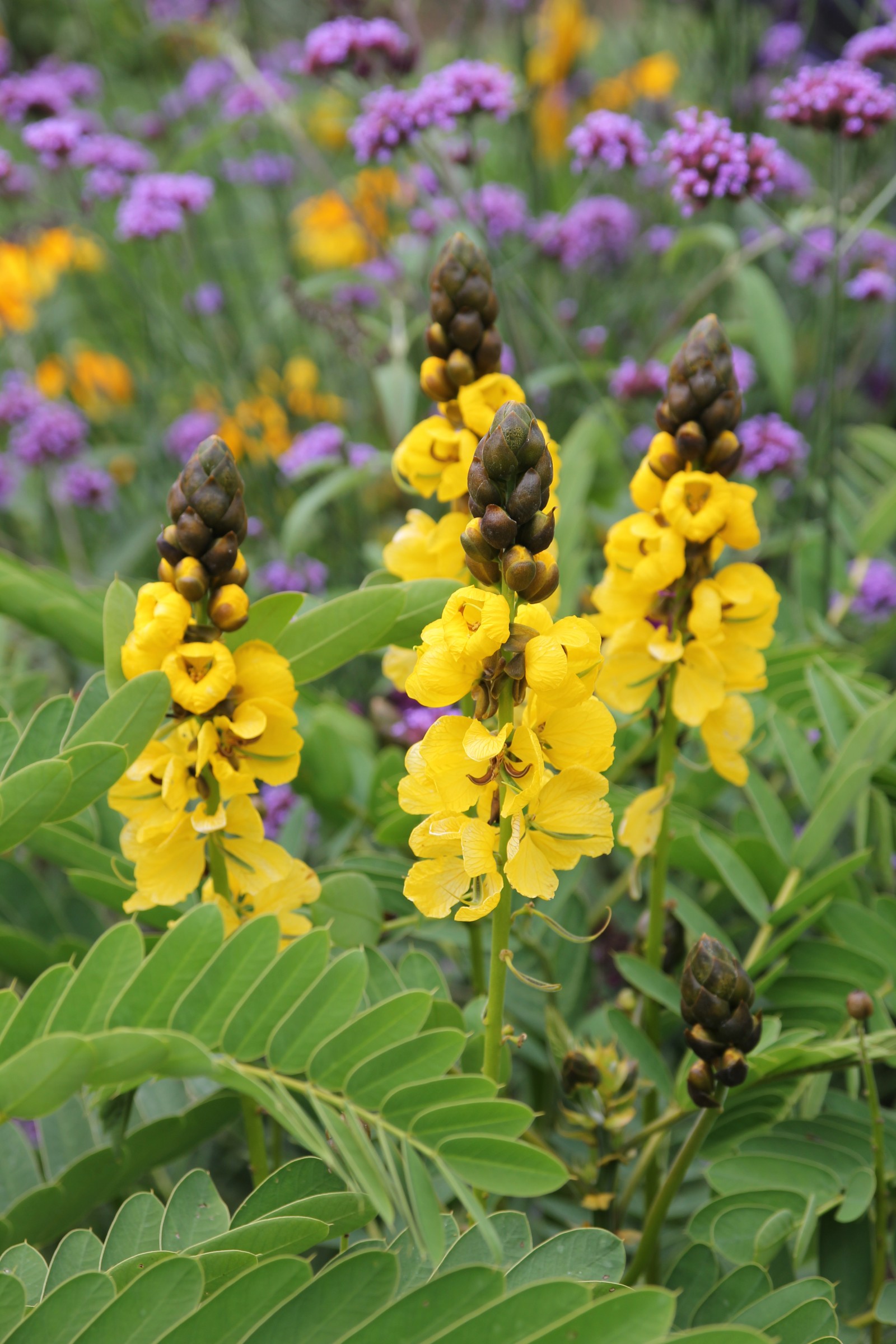 Senna (=Cassia) didymobotrya‘ />
Senna (=Cassia) didymobotrya‘ />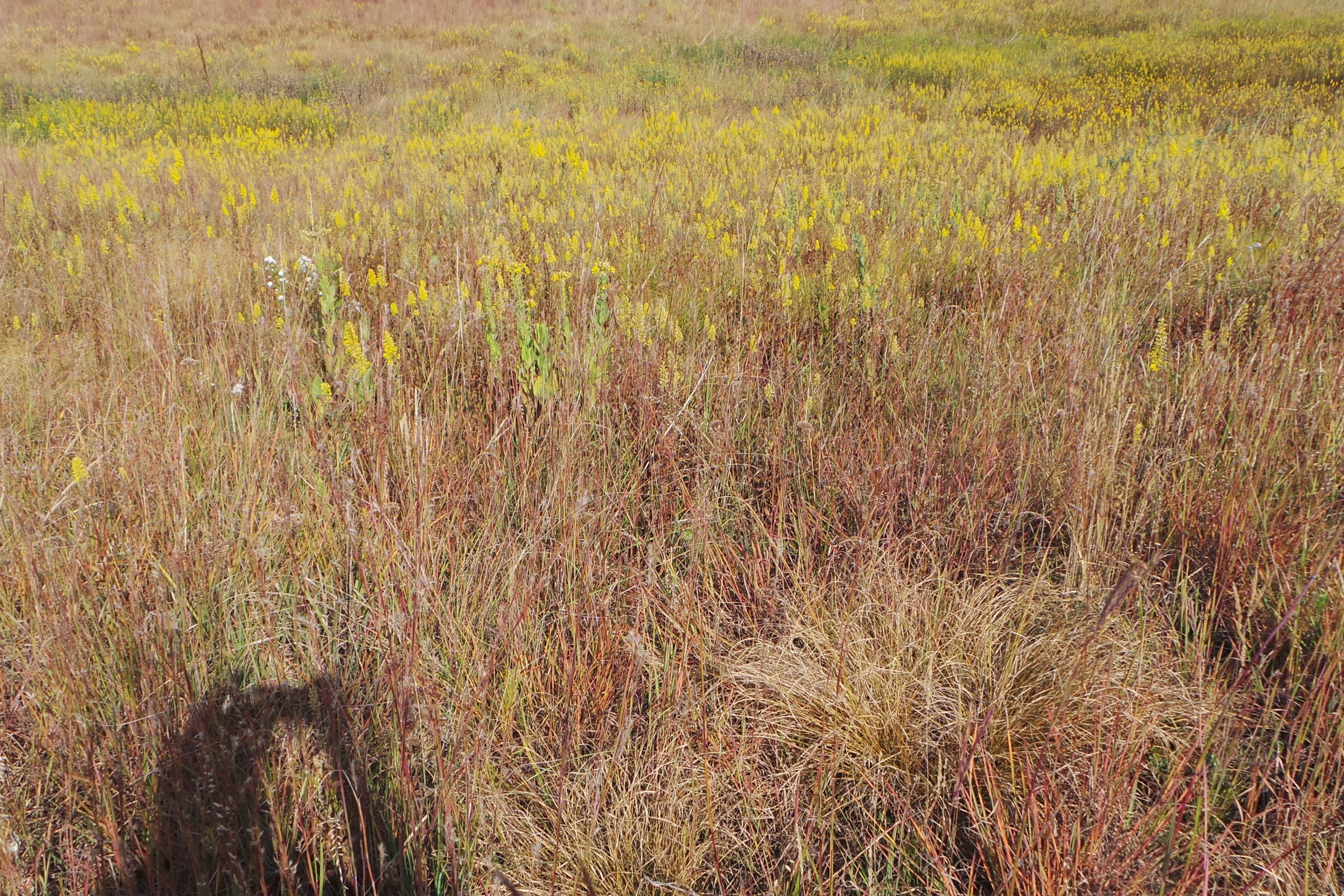
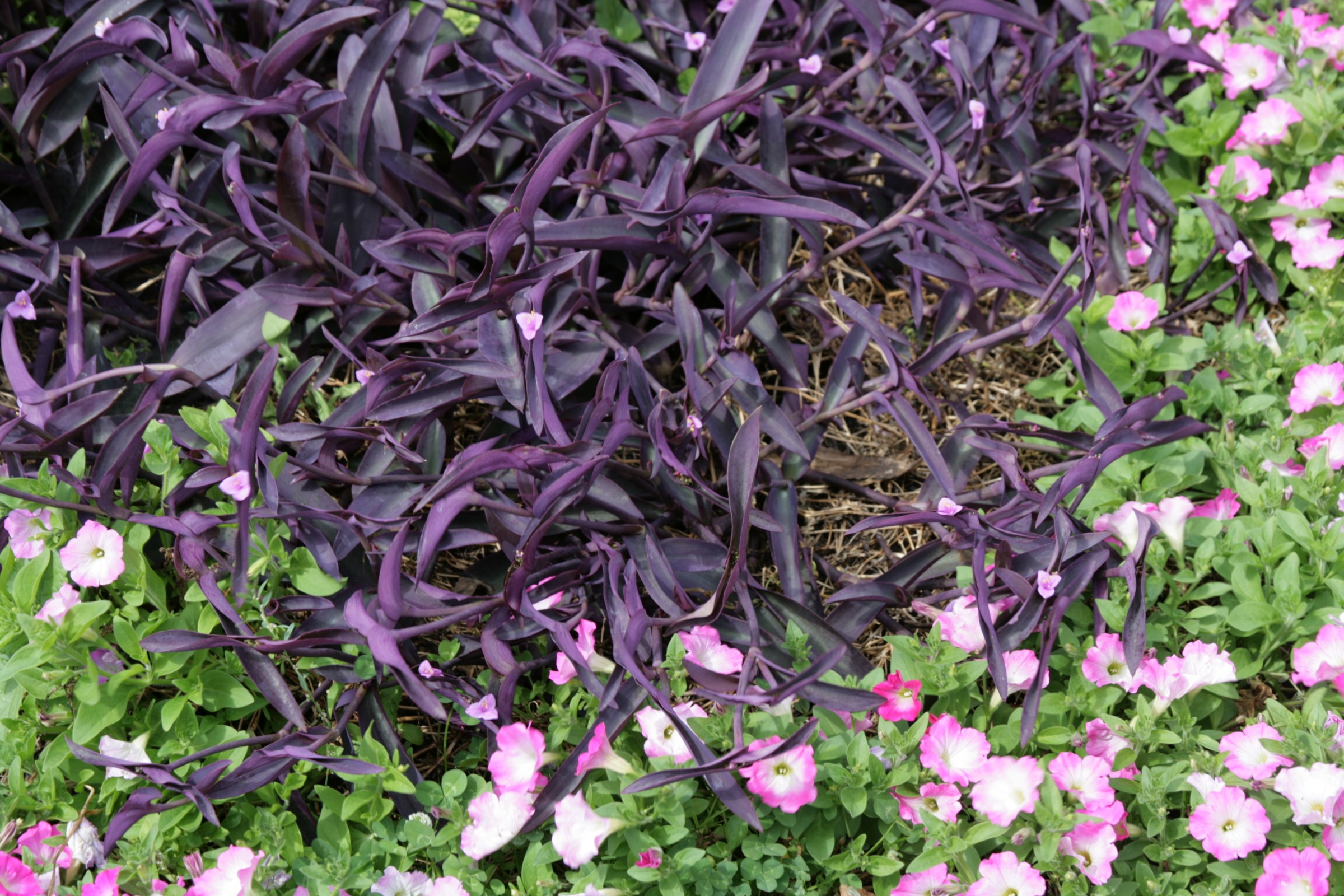 Tradescantia pallida‘ />
Tradescantia pallida‘ />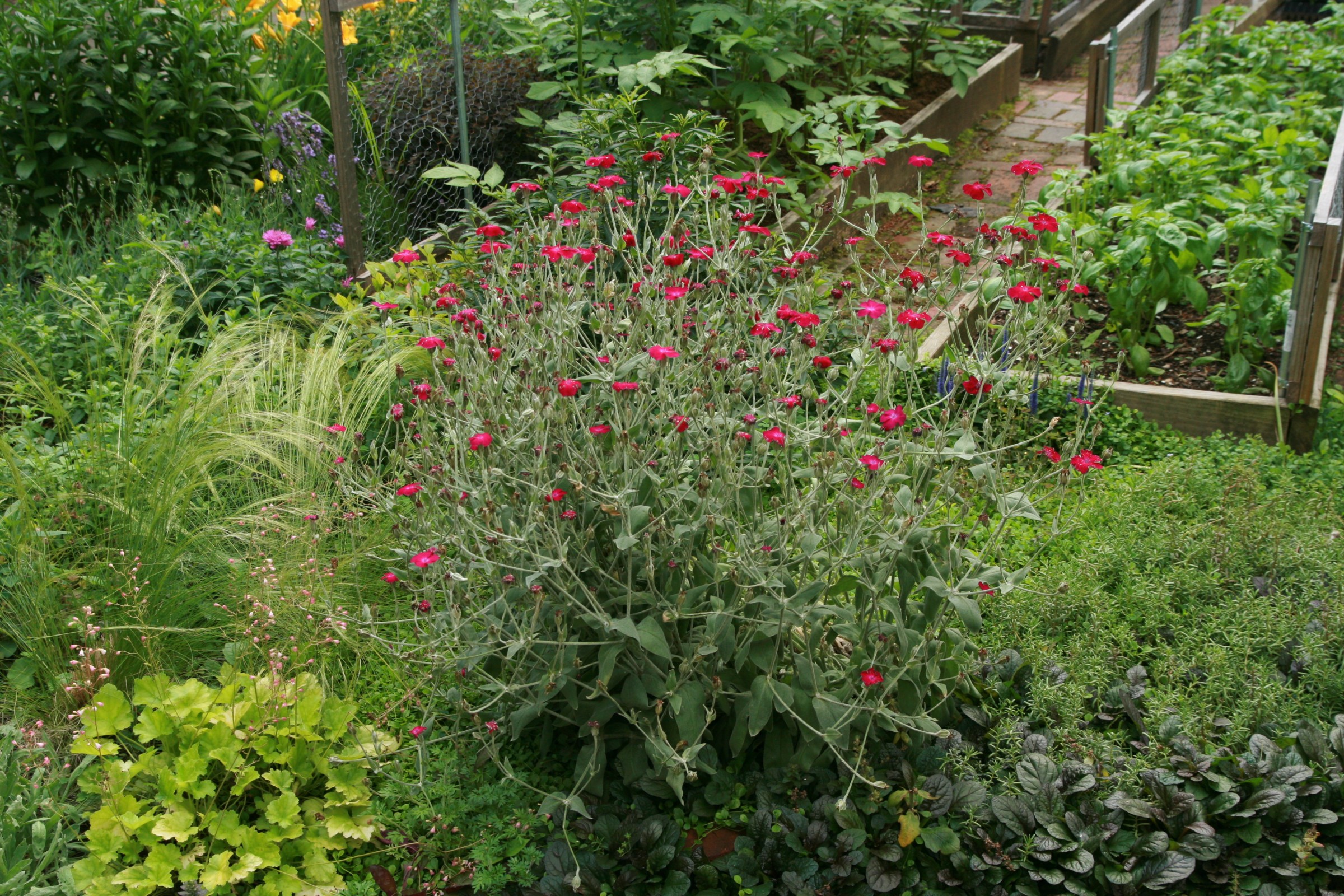 Lychnis coronaria‘ />
Lychnis coronaria‘ />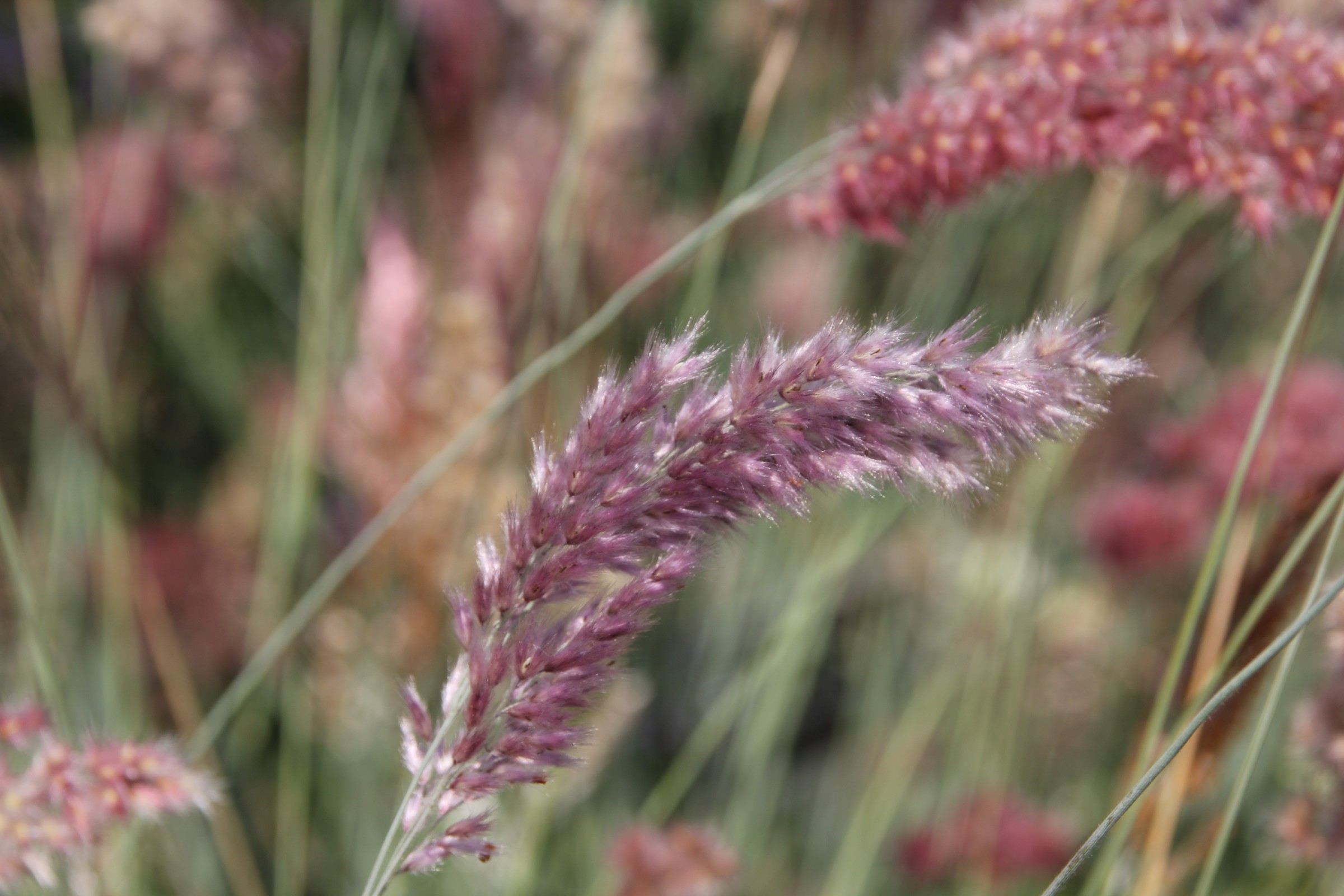 Melinus nerviglumis‘ />
Melinus nerviglumis‘ />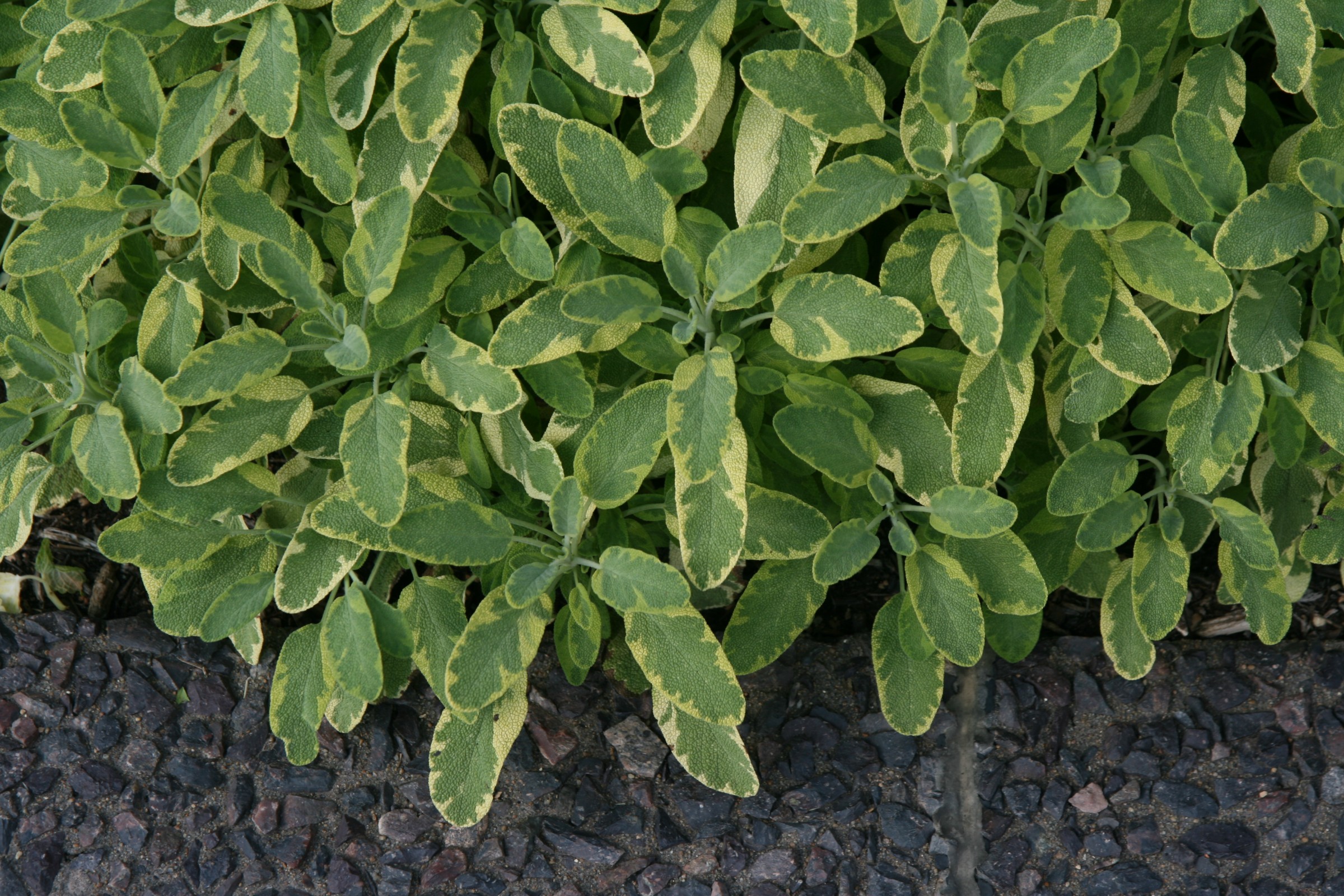 Salvia officinalis‘ />
Salvia officinalis‘ />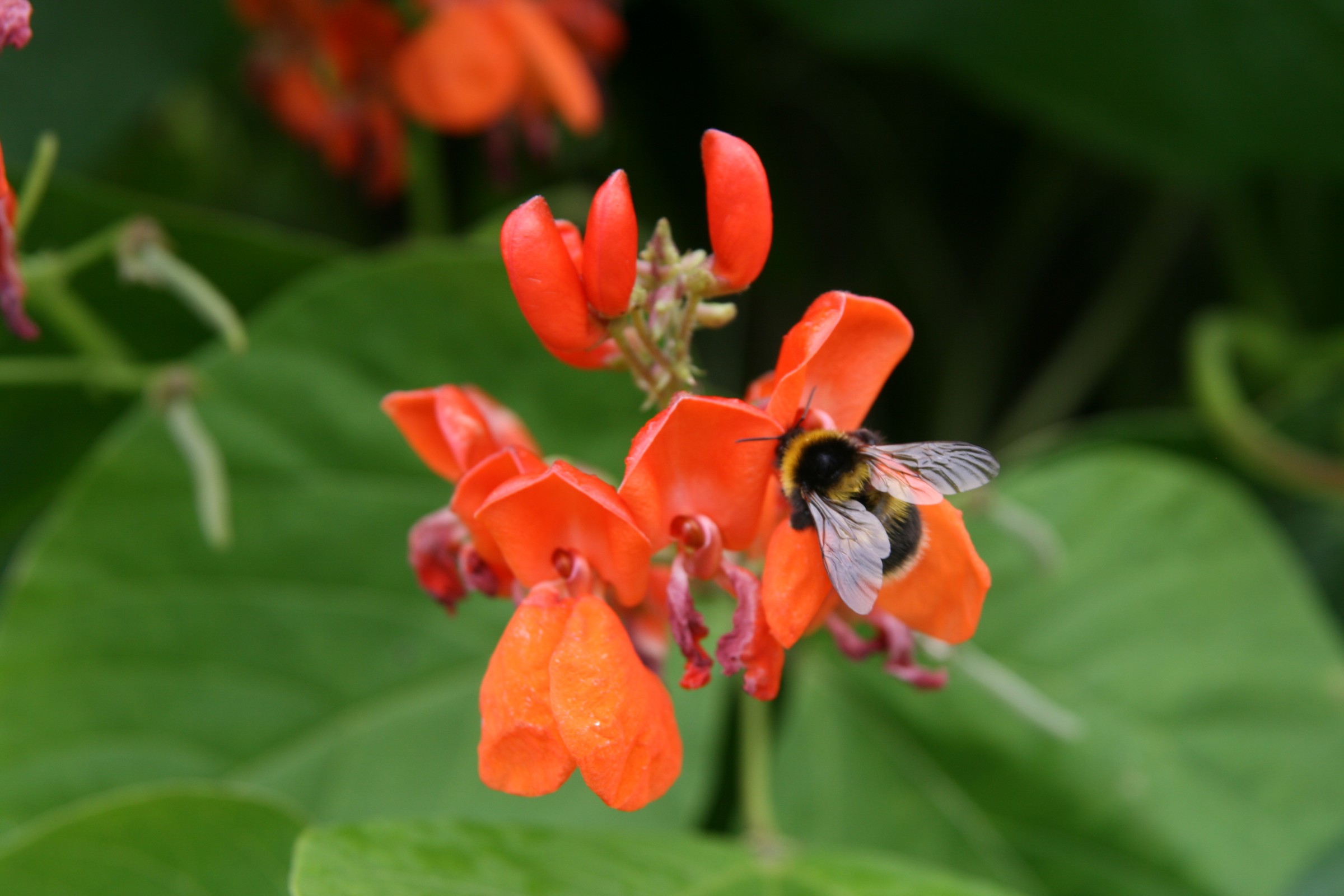 Phaseolus coccineus‘ />
Phaseolus coccineus‘ />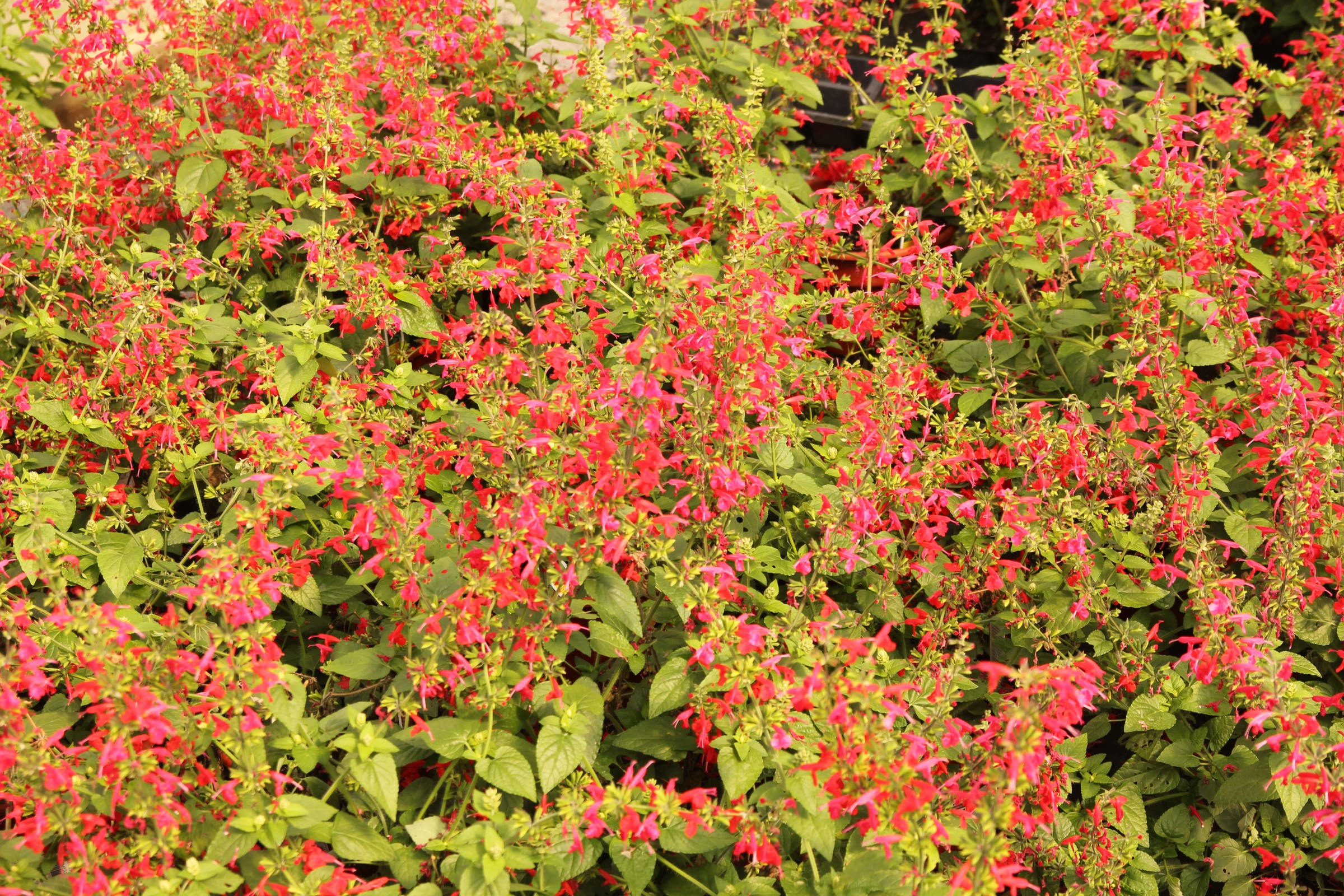 Salvia coccinea‘ />
Salvia coccinea‘ />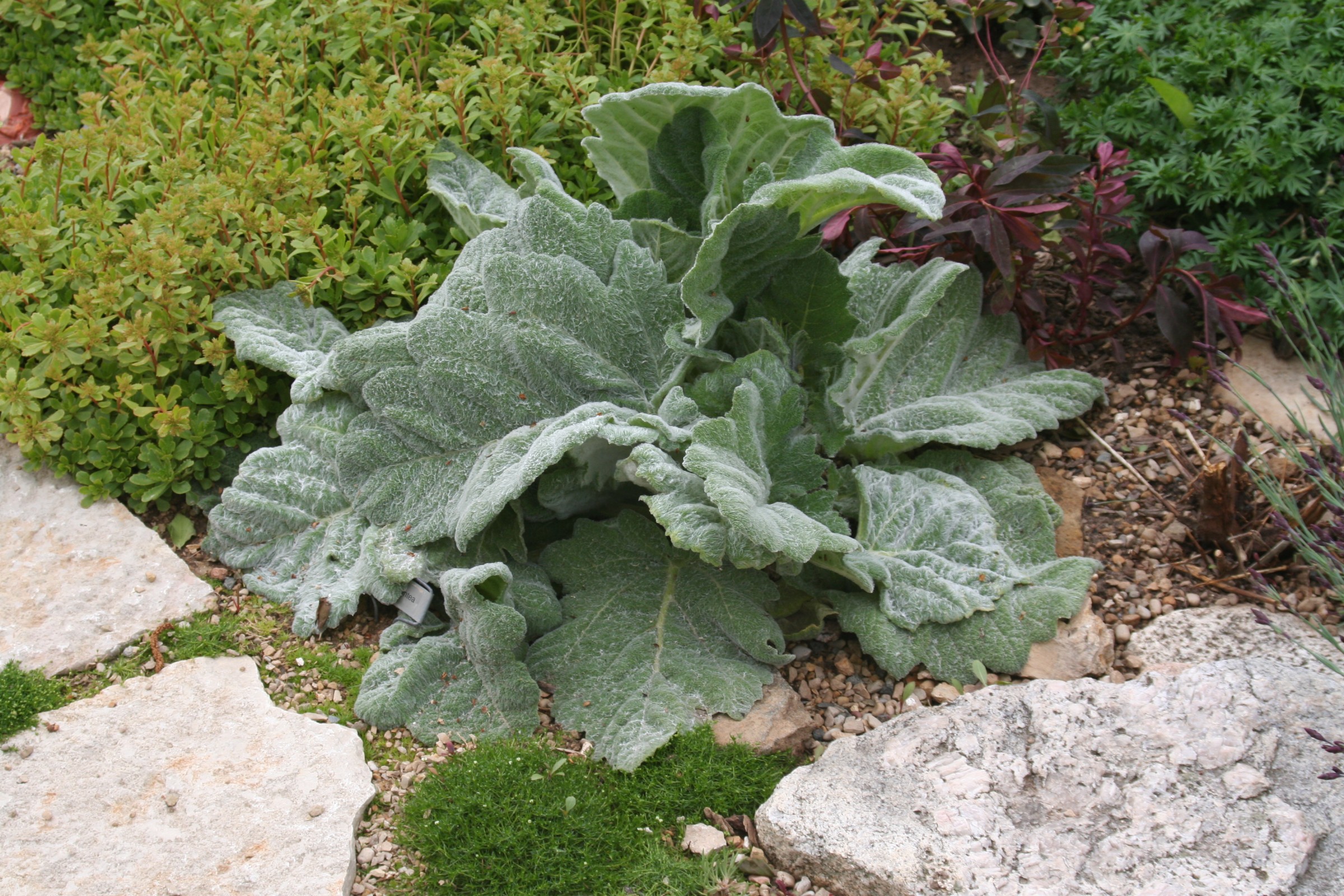 Salvia argentea‘ />
Salvia argentea‘ />
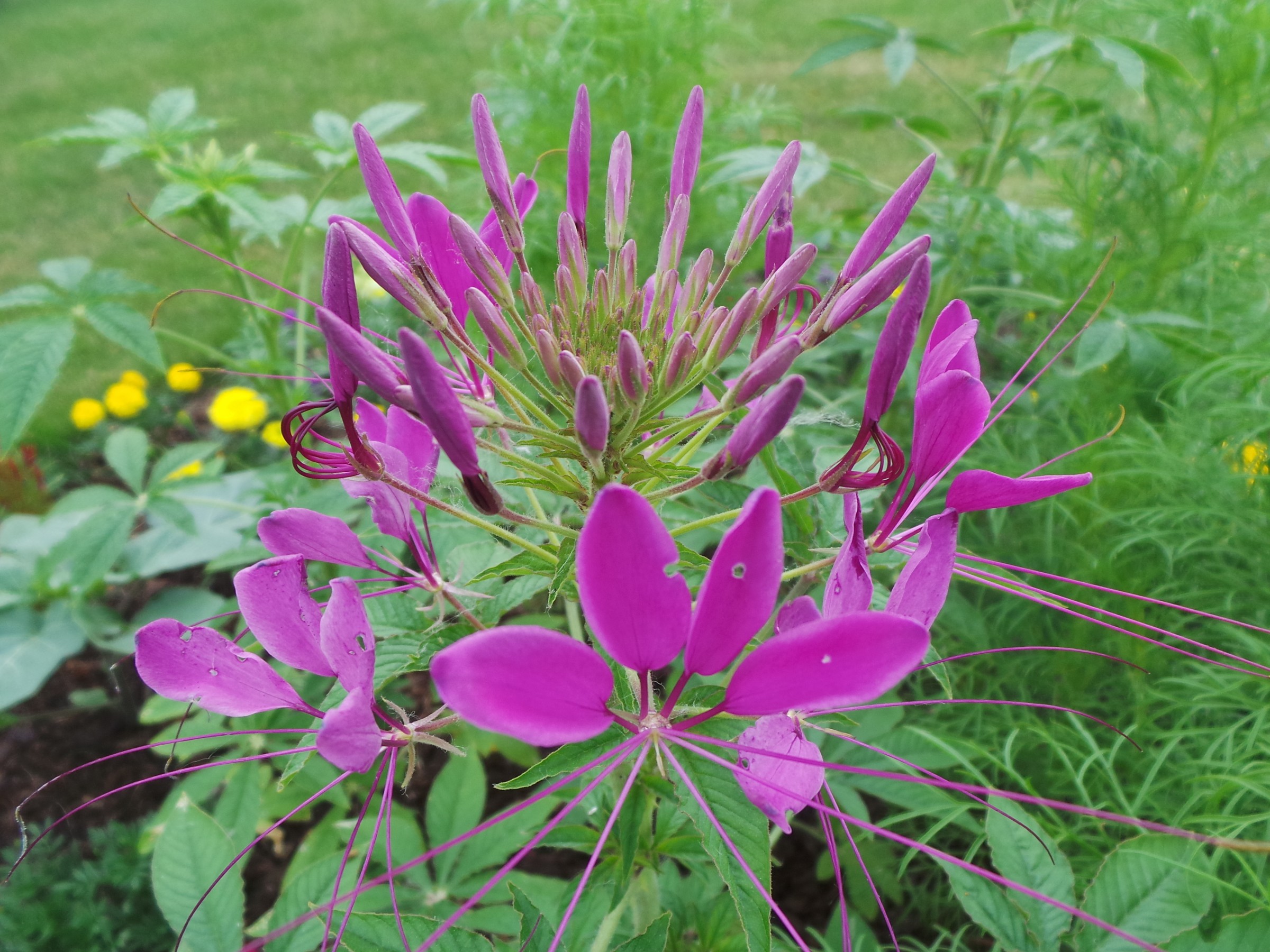 Cleome hassleriana‘ />
Cleome hassleriana‘ />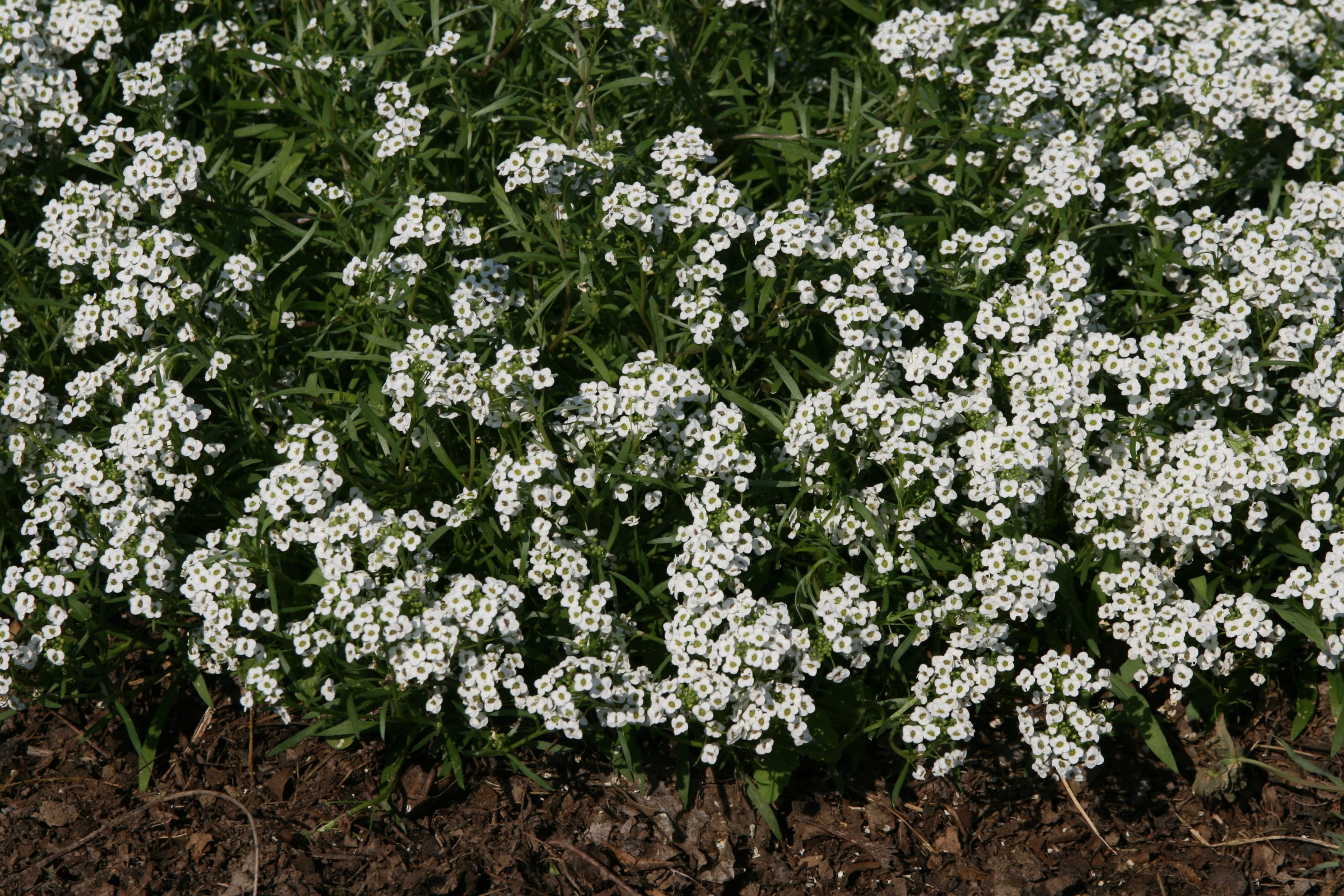 Lobularia maritima‘ />
Lobularia maritima‘ />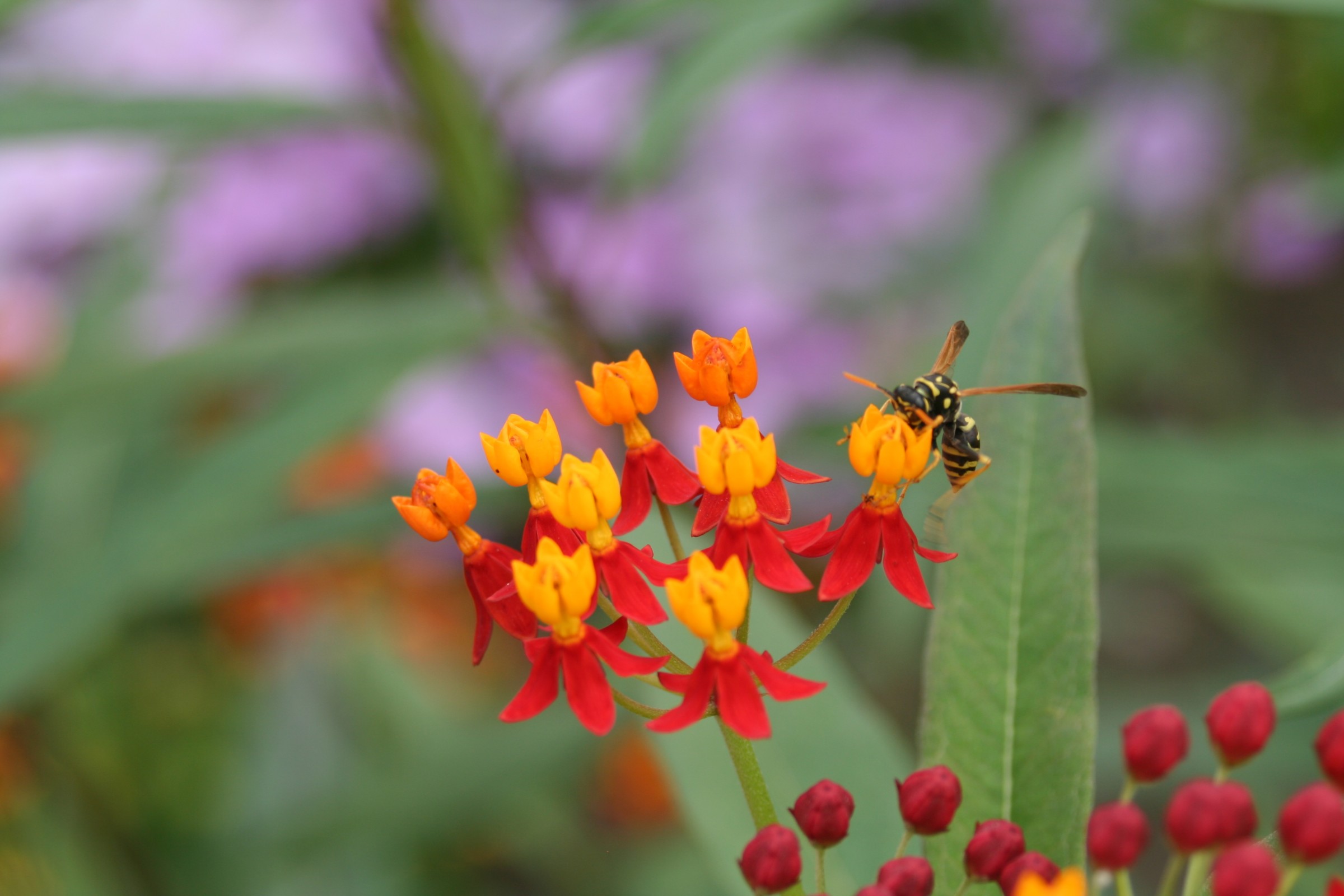 Asclepias currasavica‘ />
Asclepias currasavica‘ />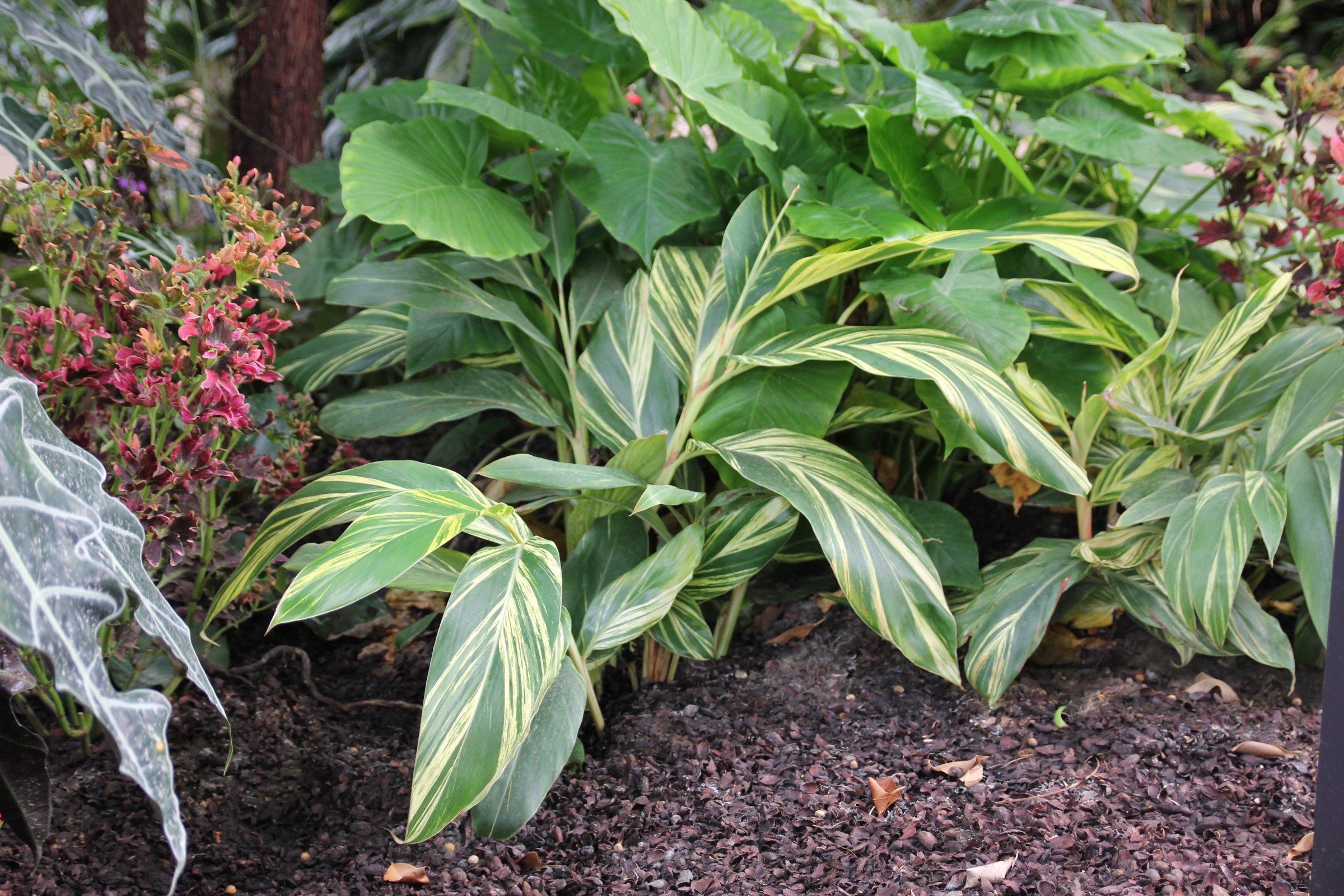 Alpinia zerumbet ‘Variegata’’ />
Alpinia zerumbet ‘Variegata’’ />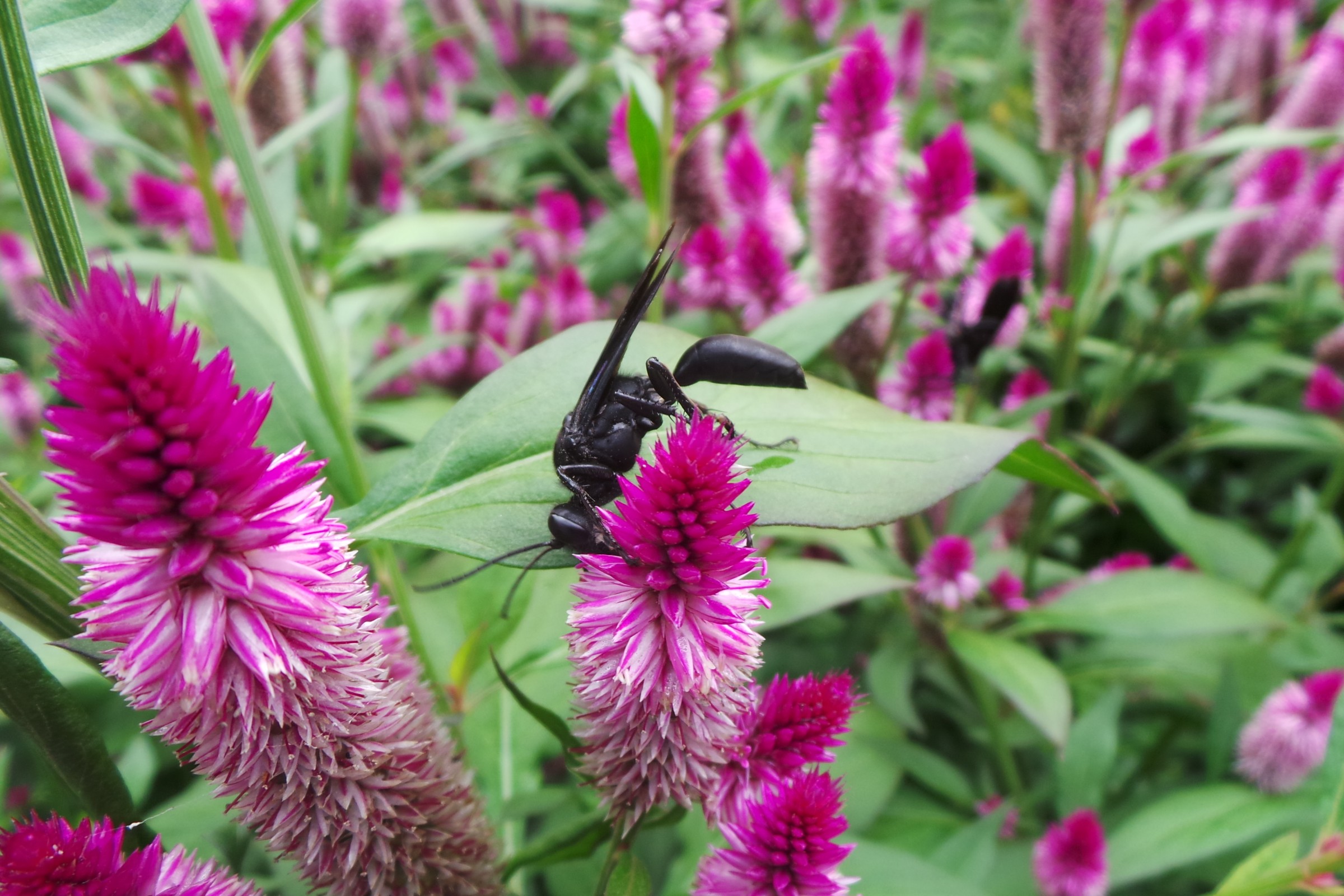 Celosia spicata‘ />
Celosia spicata‘ />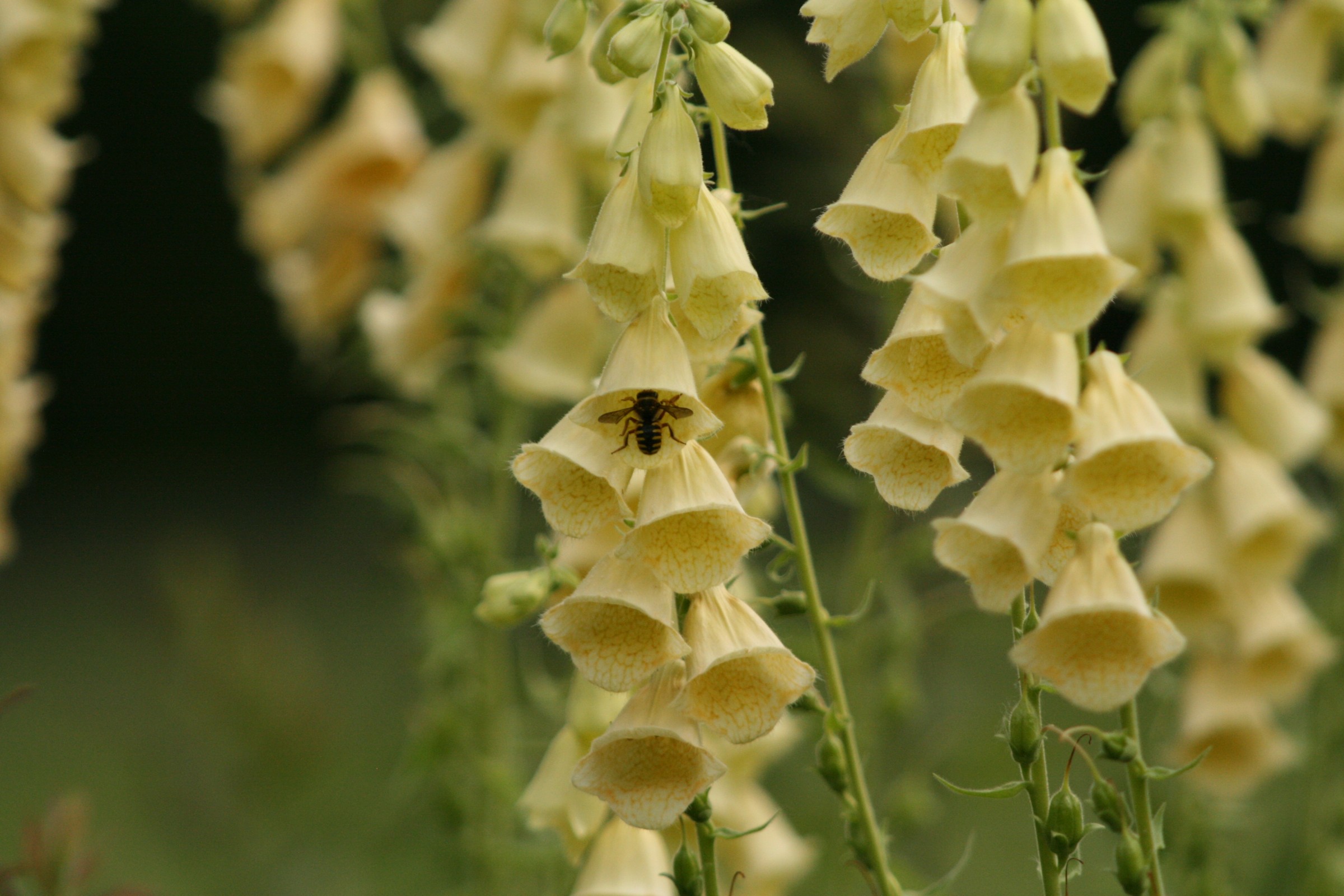 Digitalis grandiflora‘ />
Digitalis grandiflora‘ />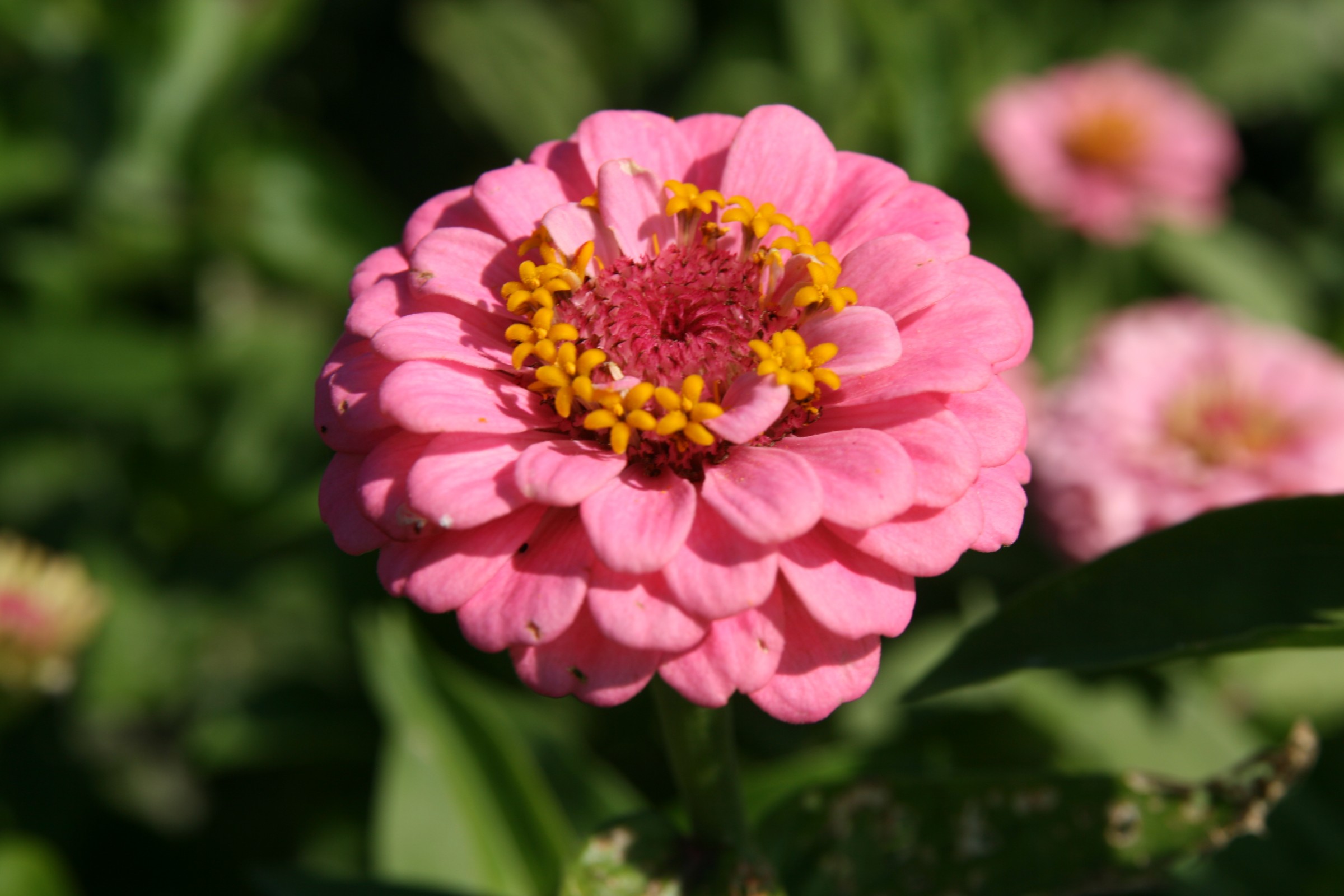
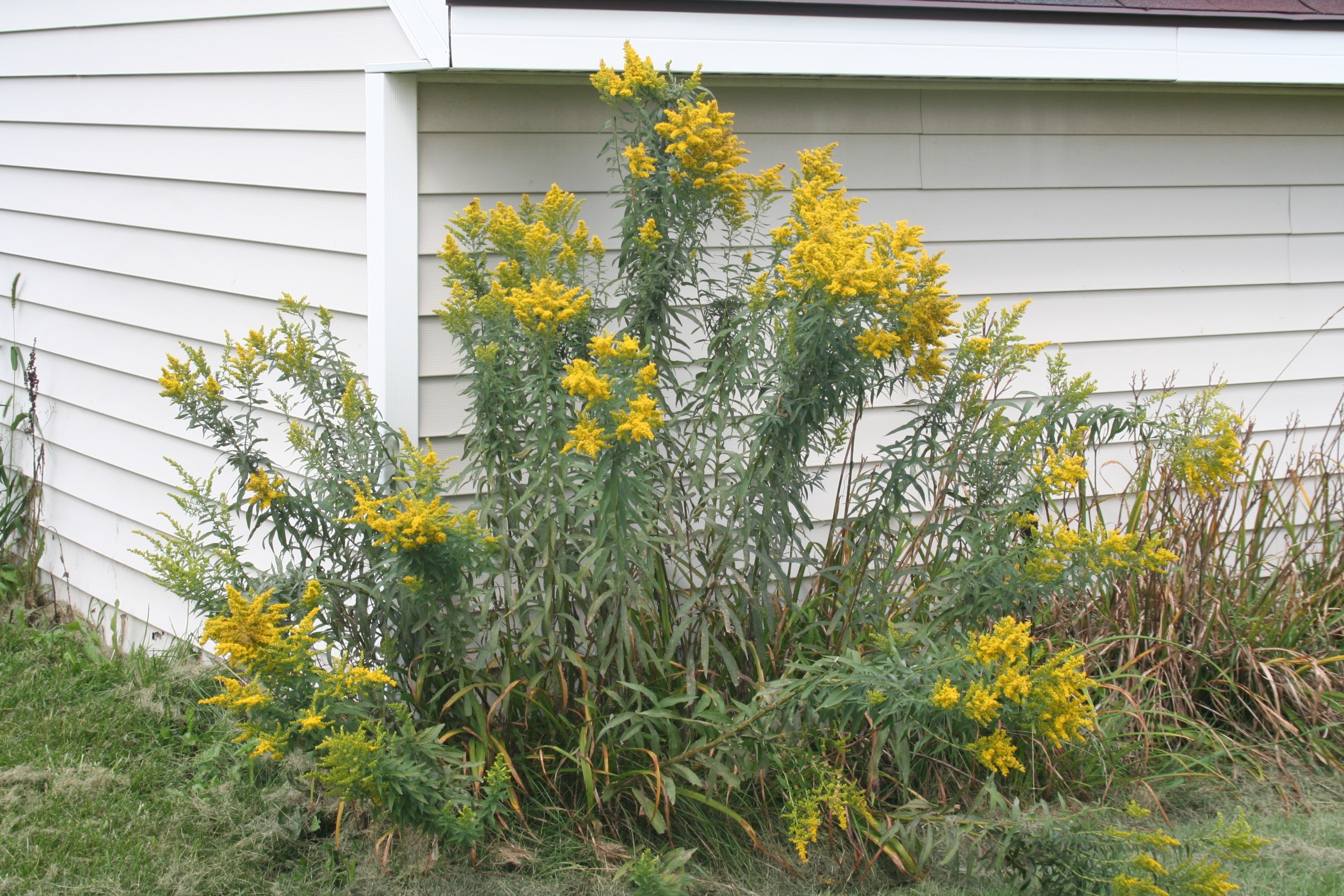 Solidago rugosa‘ />
Solidago rugosa‘ />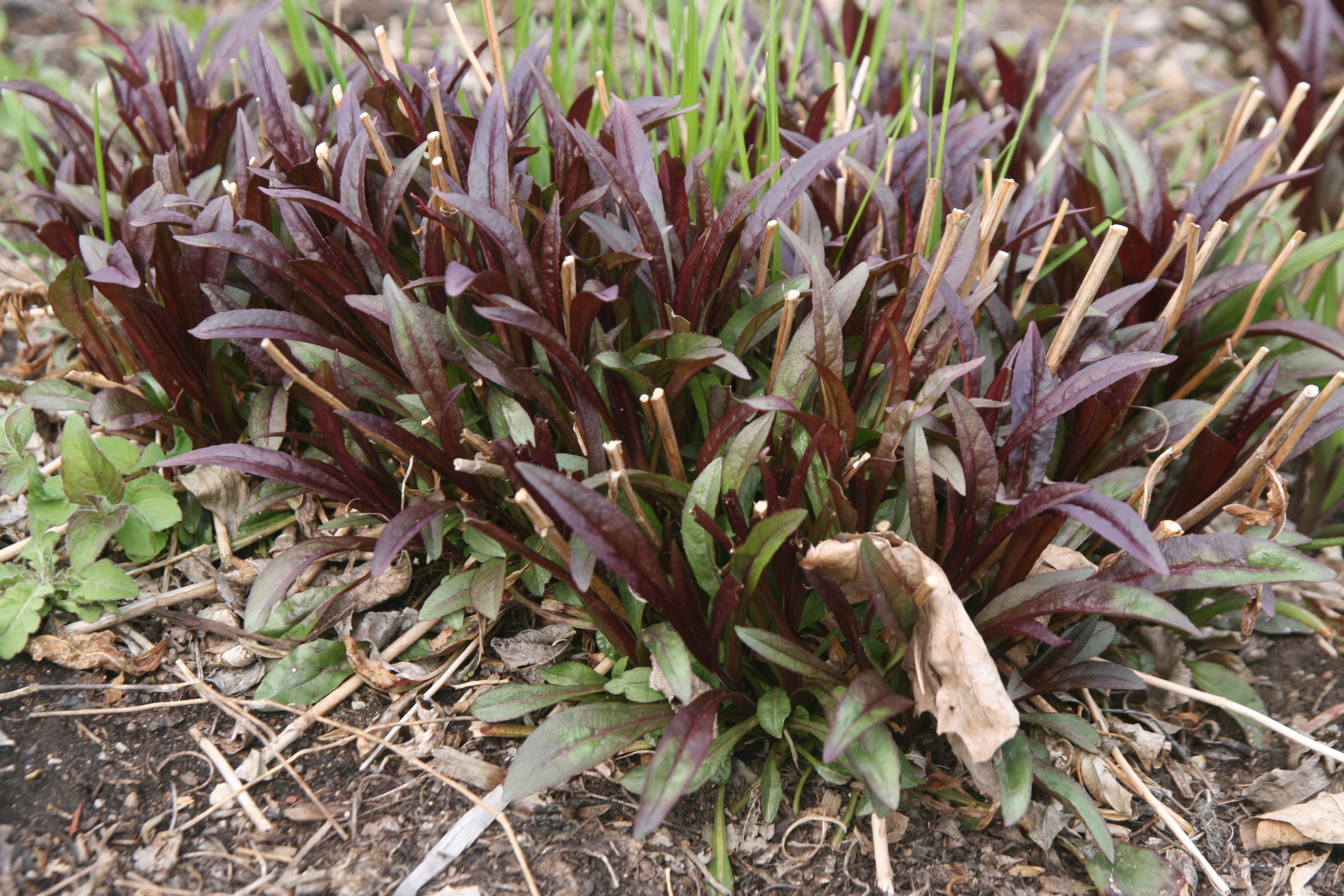 Penstemon digitalis ‘Husker Red’’ />
Penstemon digitalis ‘Husker Red’’ />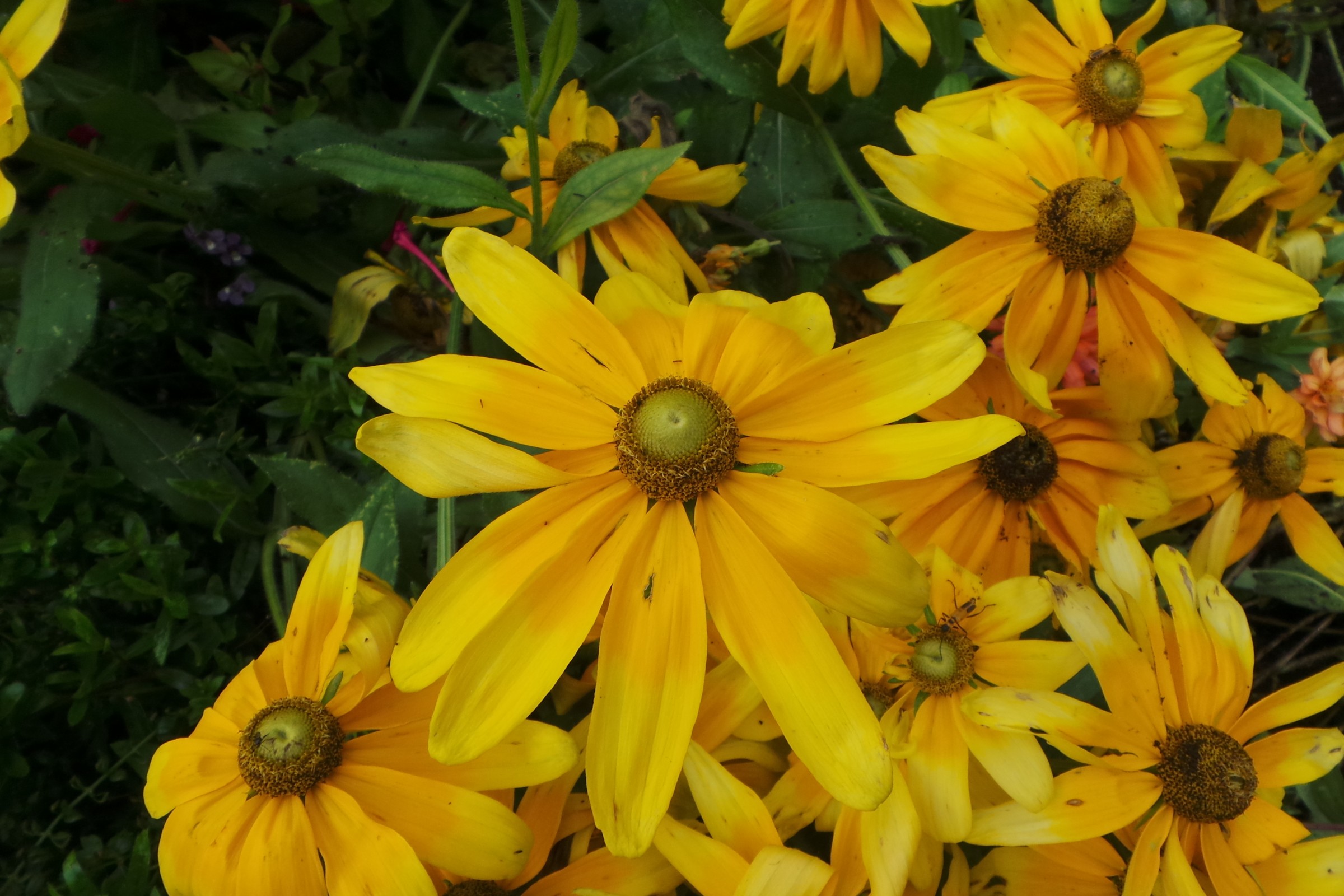 Rudbeckia hirta‘ />
Rudbeckia hirta‘ />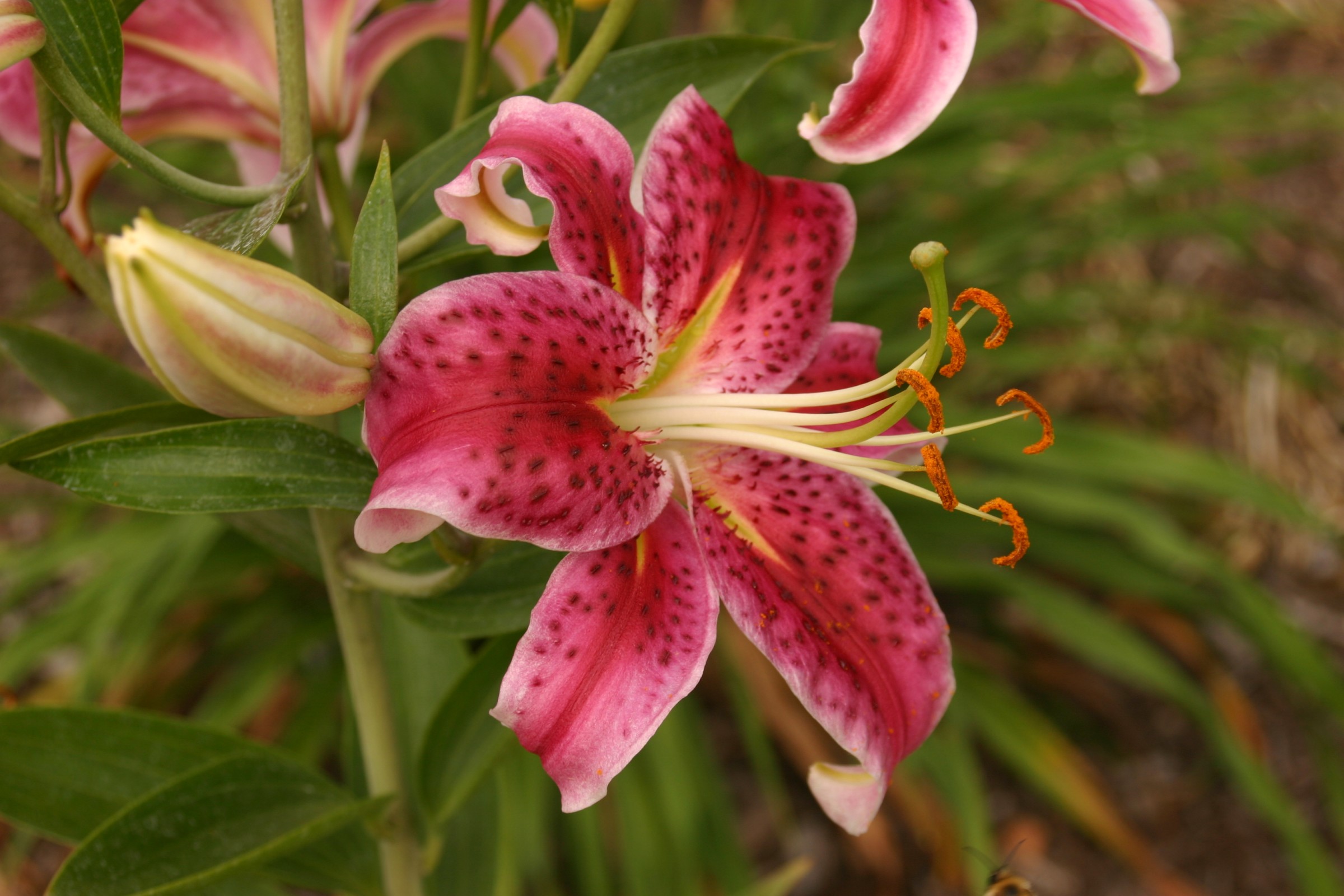
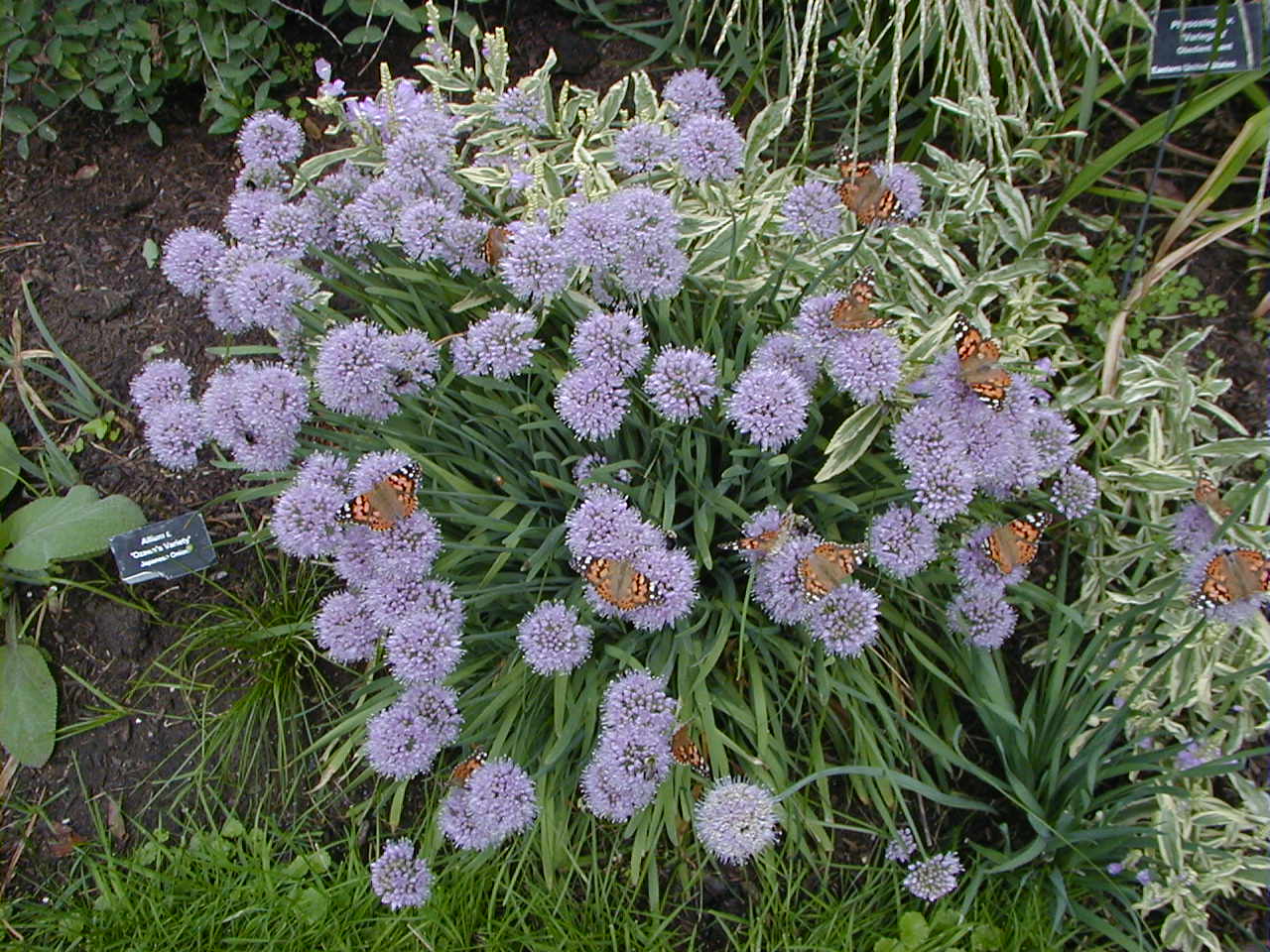 Allium senescens ssp. glaucum‘ />
Allium senescens ssp. glaucum‘ />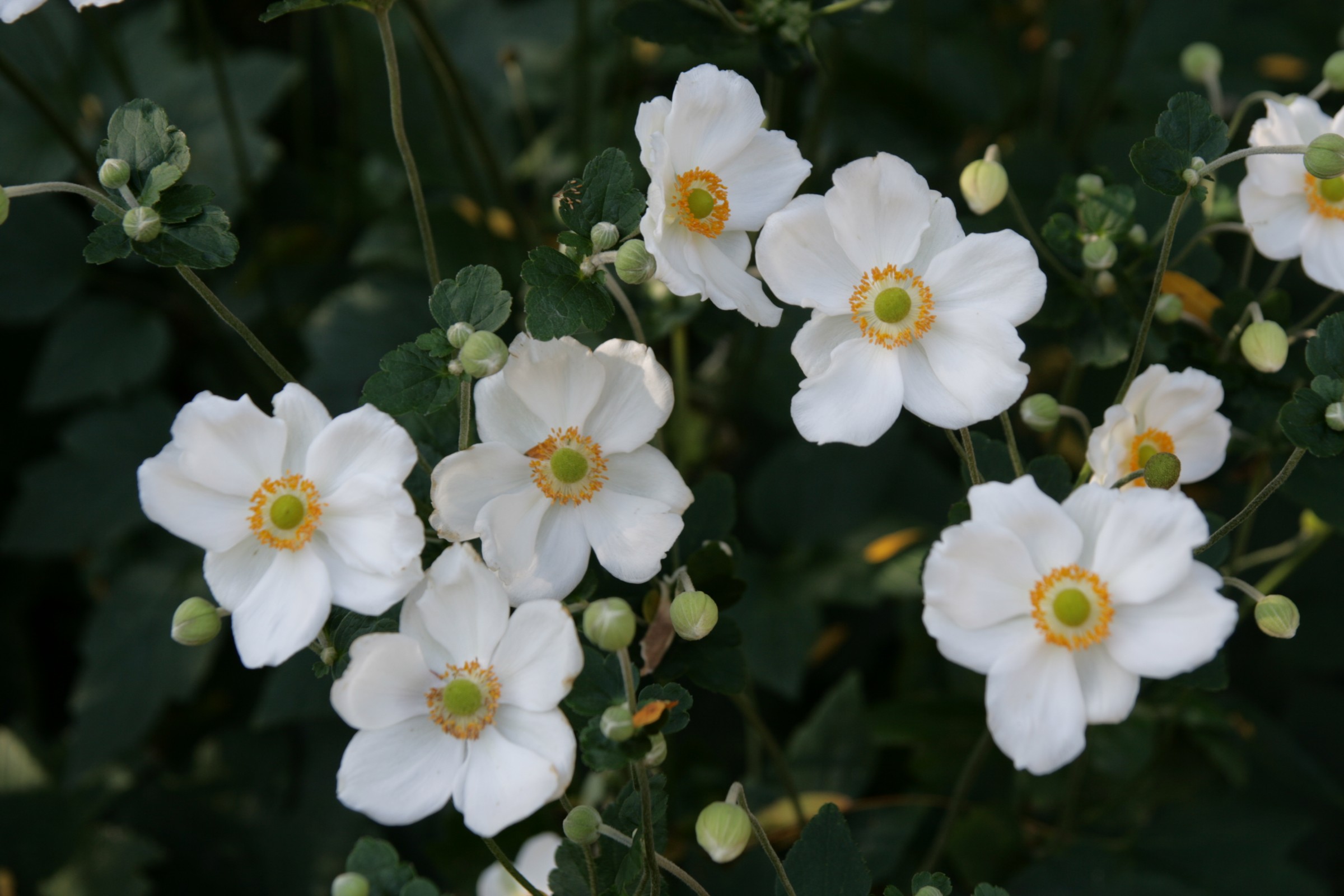 Anemone ‘Honorine Jobert’’ />
Anemone ‘Honorine Jobert’’ />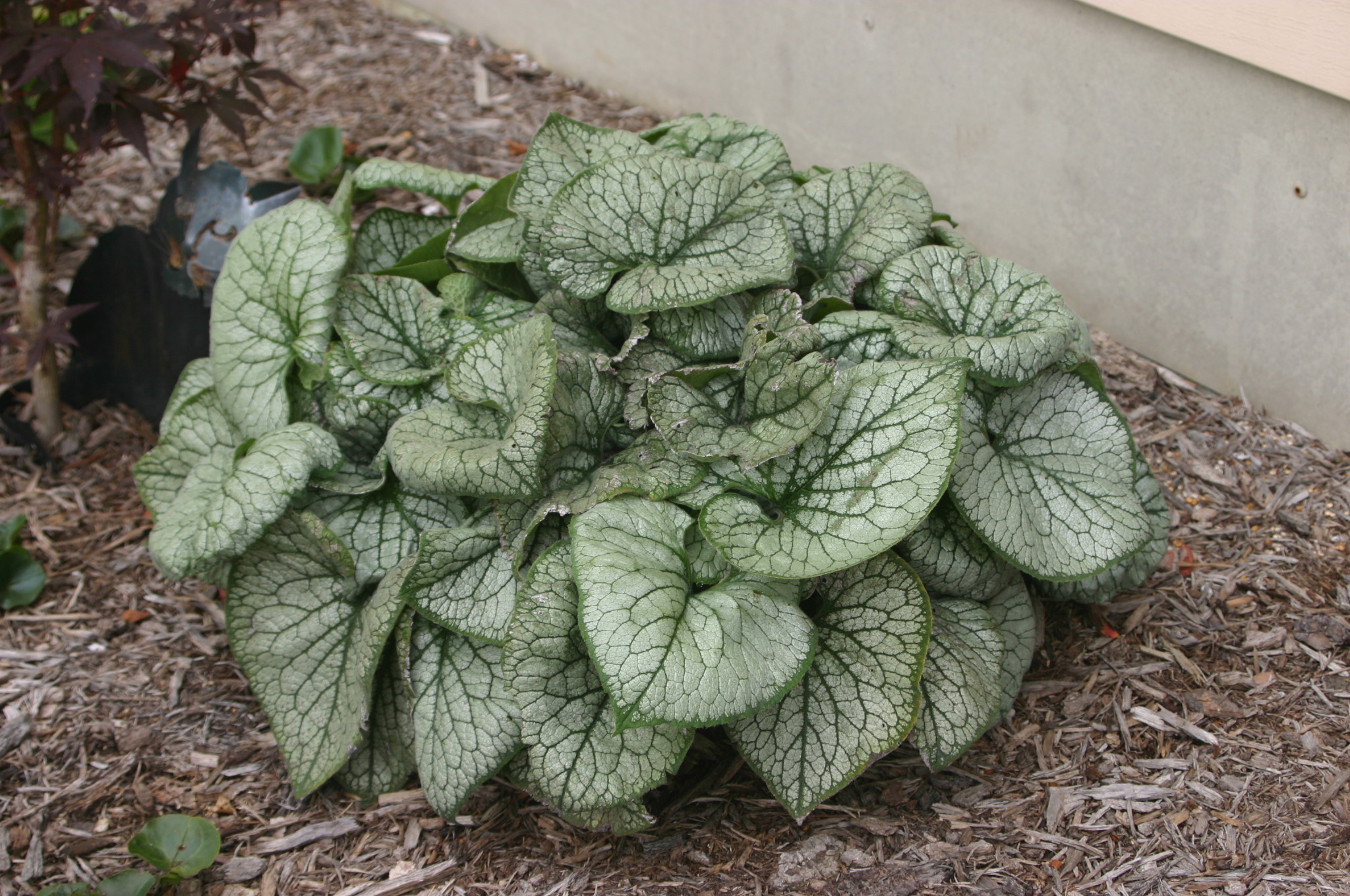 Brunnera macrophylla ‘Jack Frost’’ />
Brunnera macrophylla ‘Jack Frost’’ />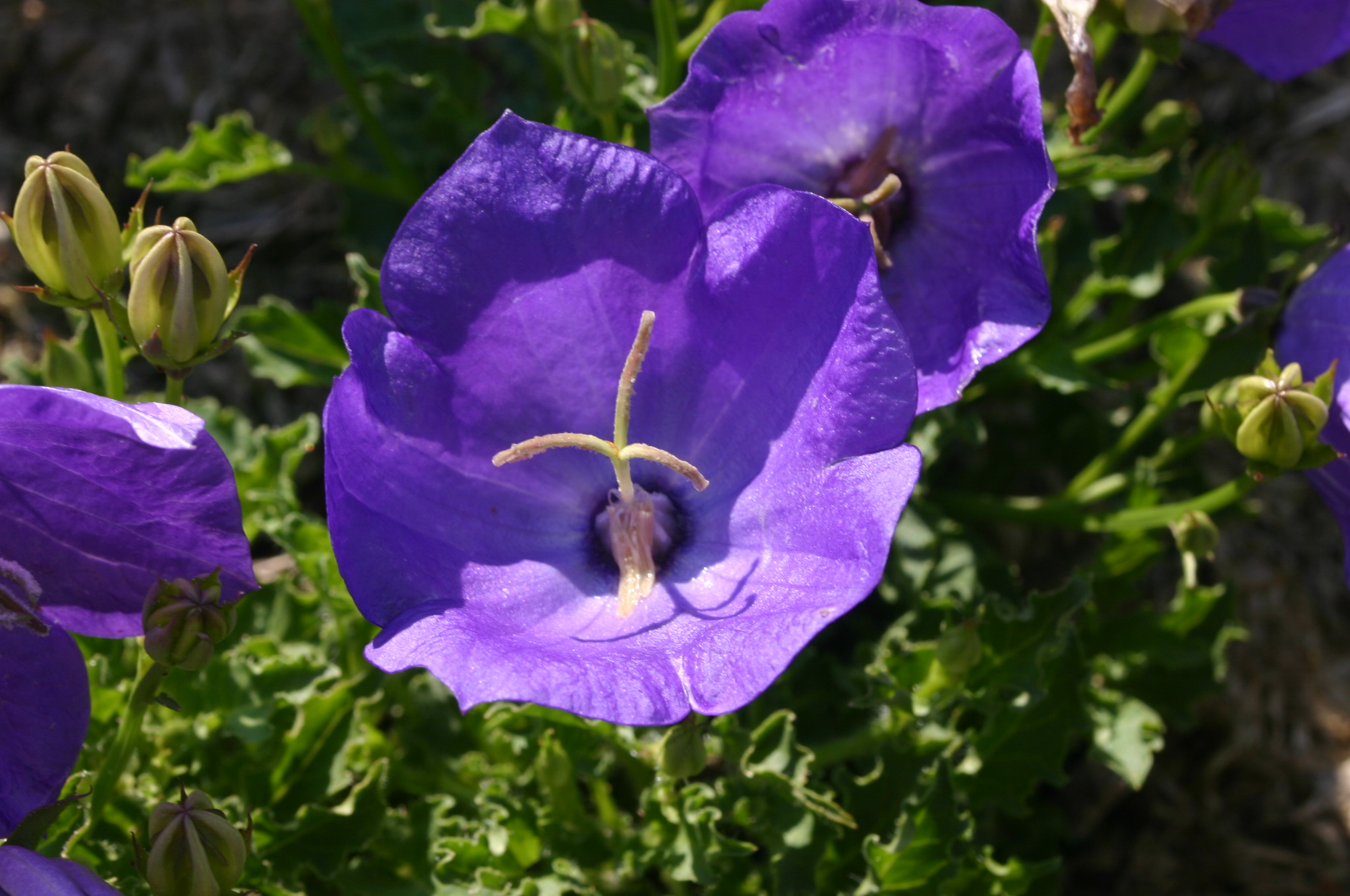 Campanula carpatica ‘Blue Clips’ & ‘White Clips’’ />
Campanula carpatica ‘Blue Clips’ & ‘White Clips’’ />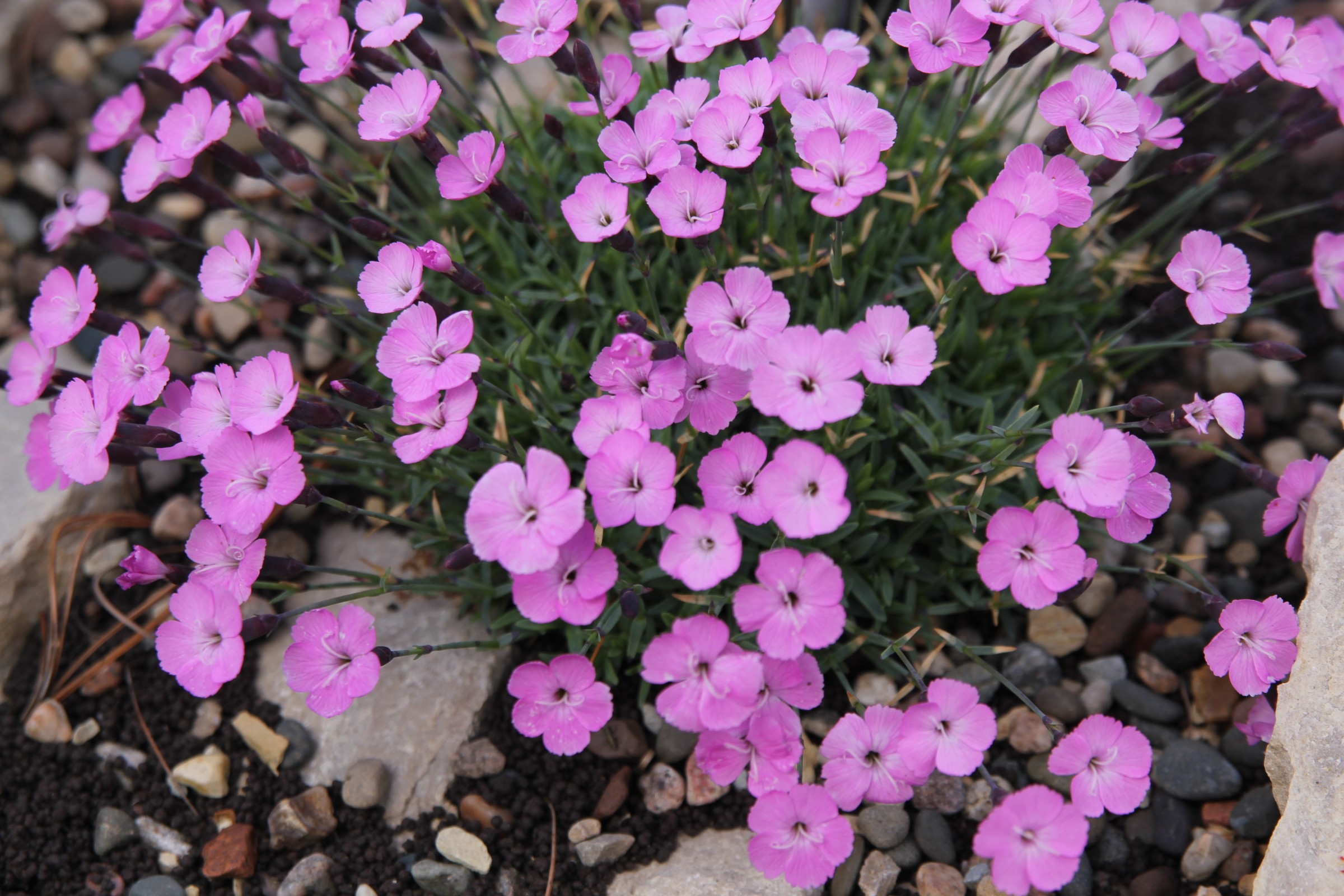 Dianthus gratianopolitanus 'Firewitch'’ />
Dianthus gratianopolitanus 'Firewitch'’ />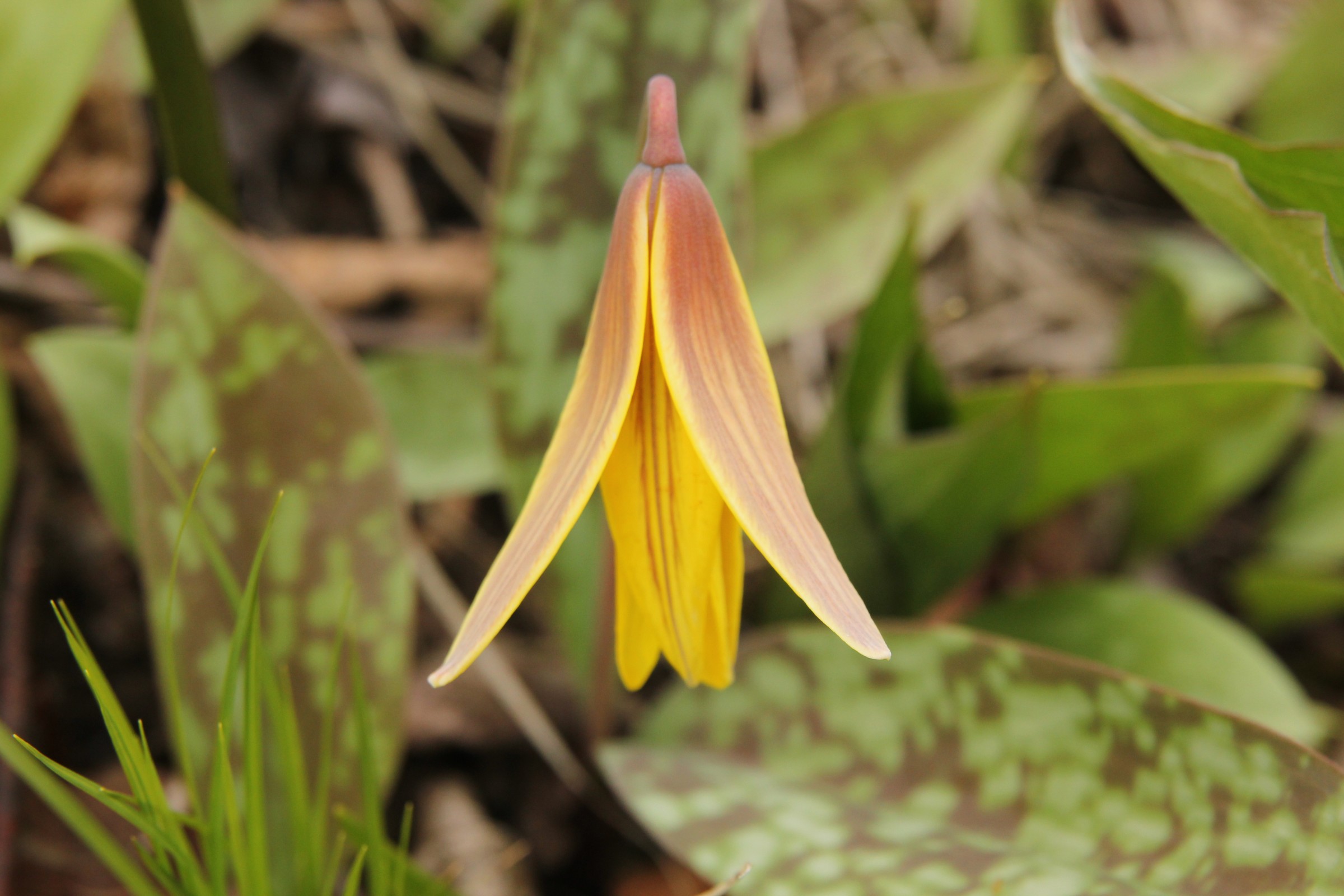 Erythronium ‘Pagoda’’ />
Erythronium ‘Pagoda’’ />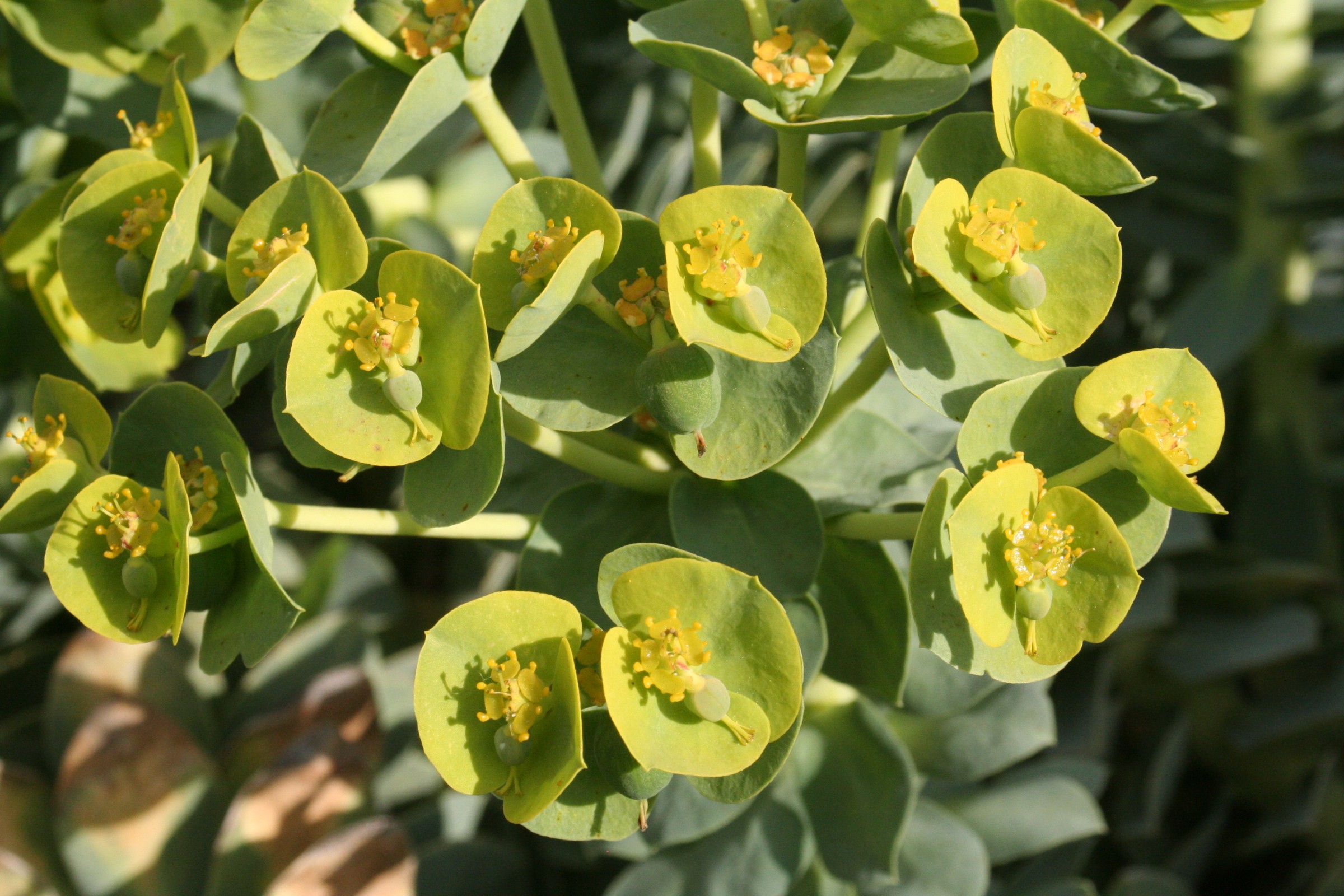 Euphorbia myrsinites‘ />
Euphorbia myrsinites‘ />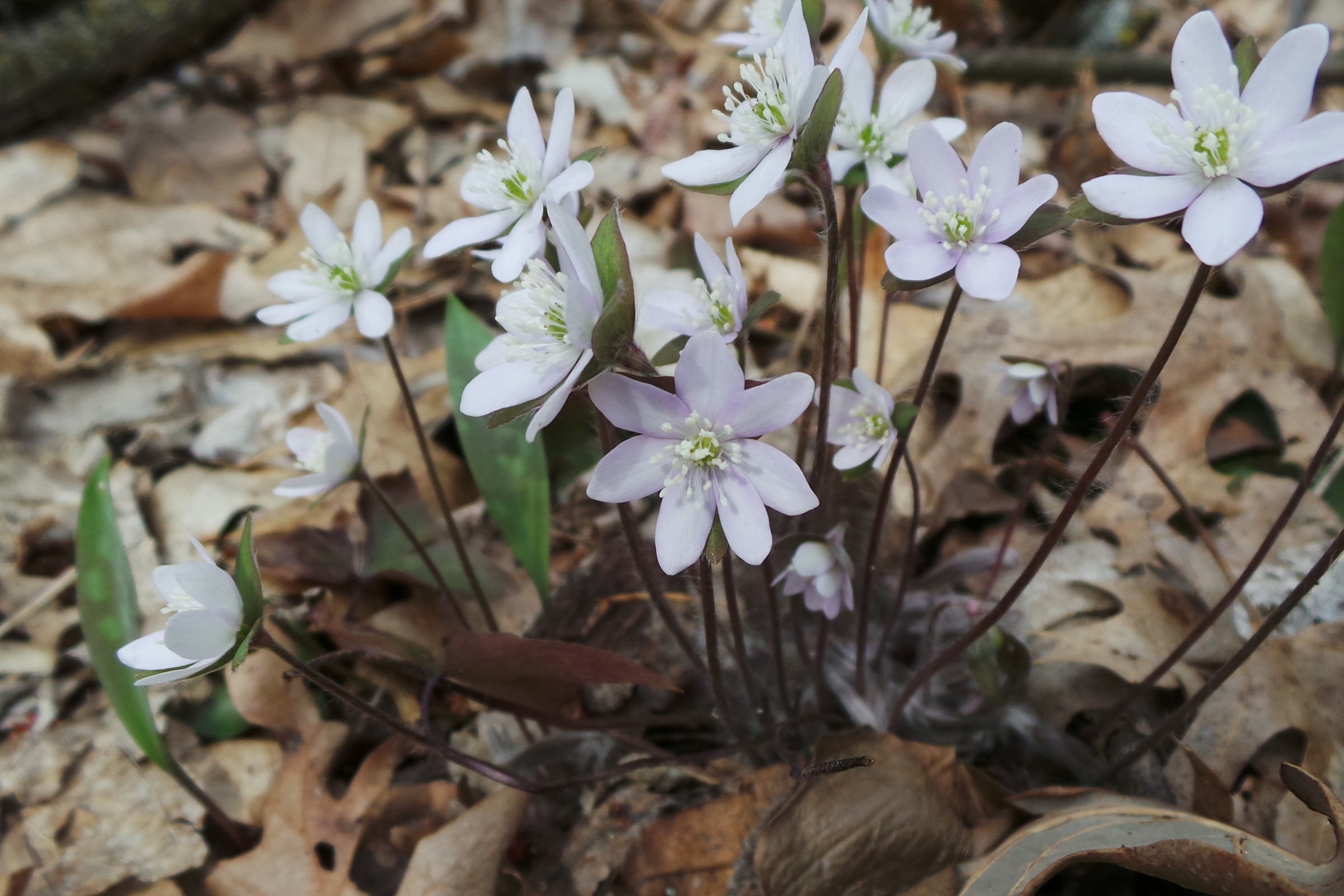 Hepatica‘ />
Hepatica‘ />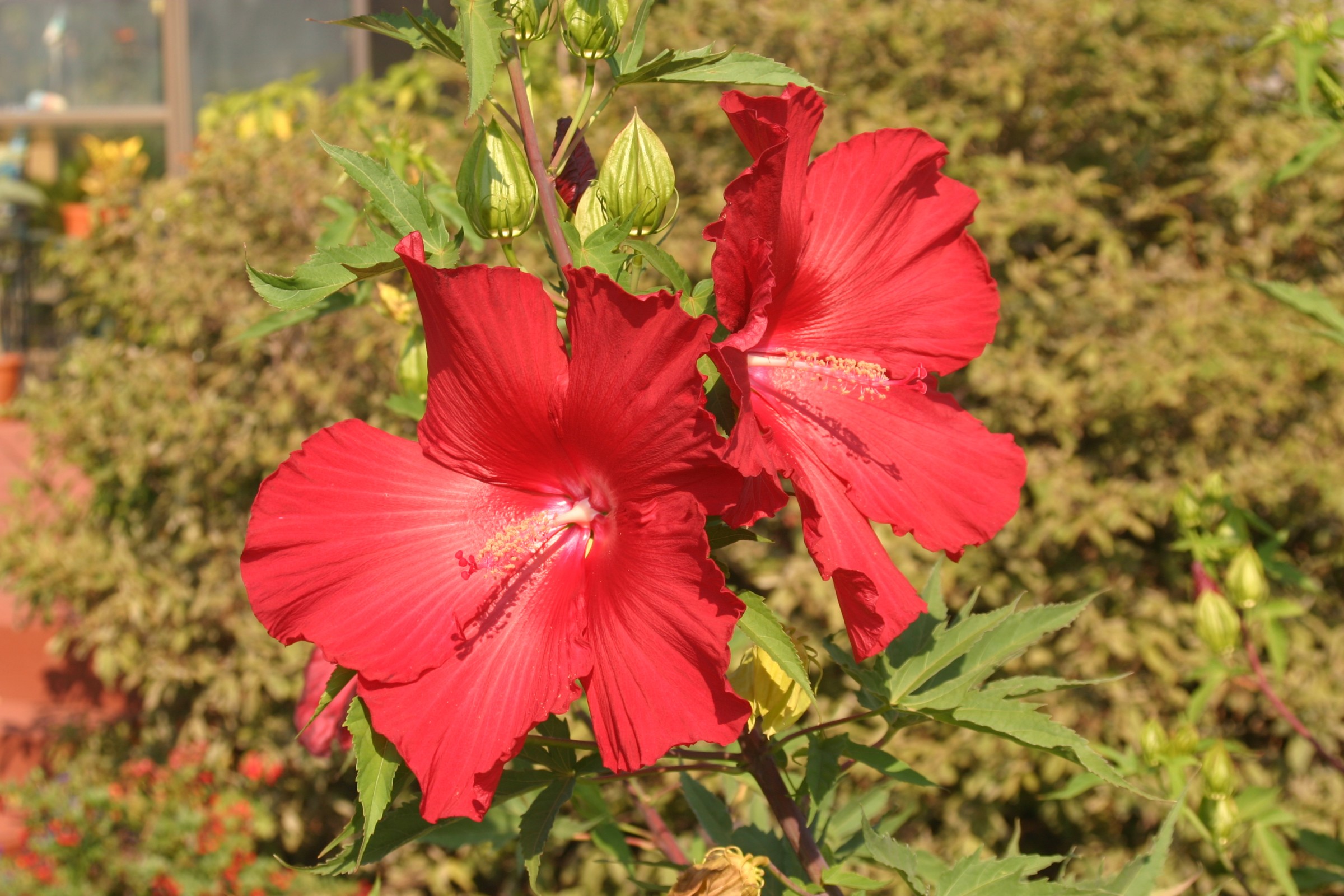 Hibiscus ‘Lord Baltimore’’ />
Hibiscus ‘Lord Baltimore’’ />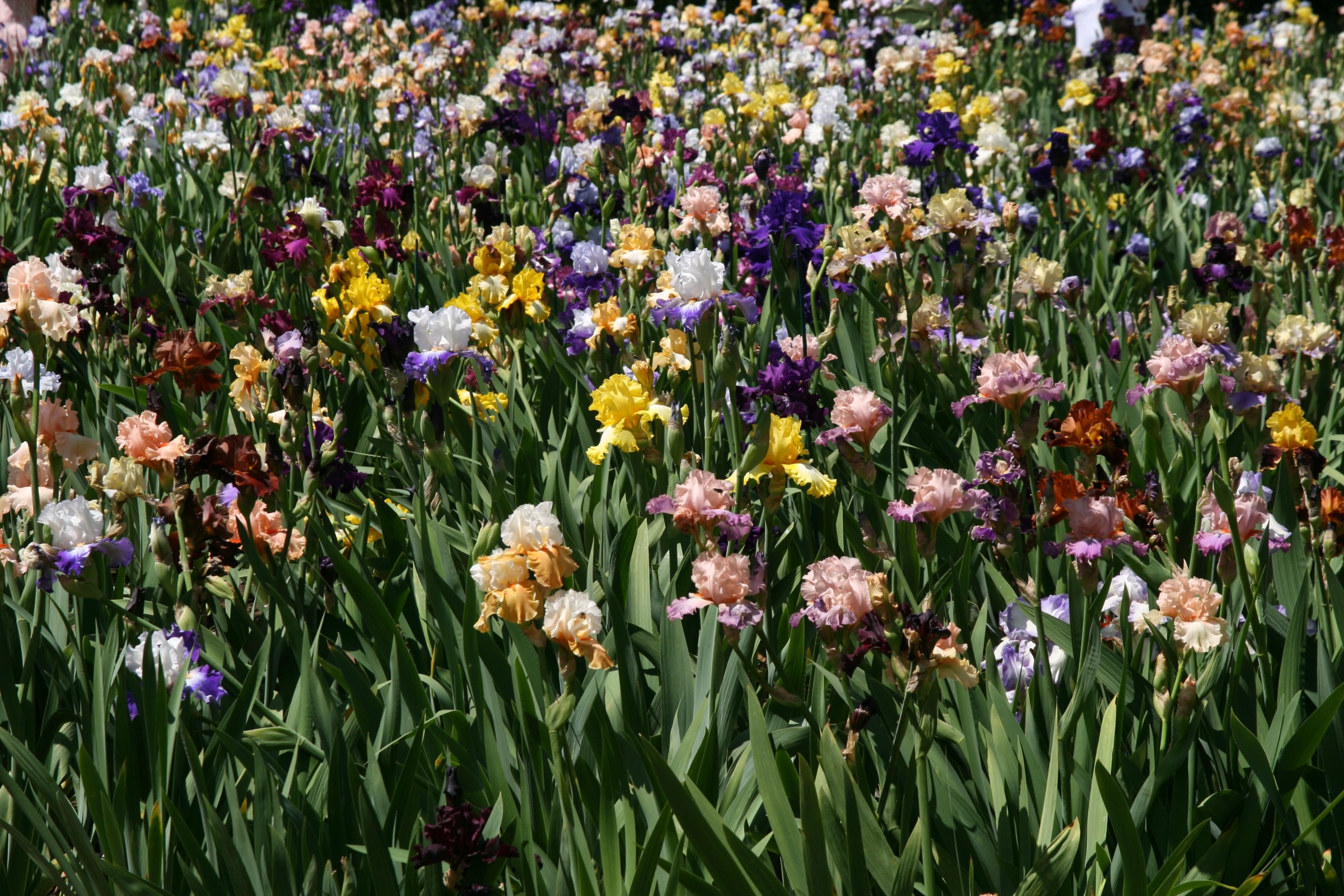 Iris pallida‘ />
Iris pallida‘ />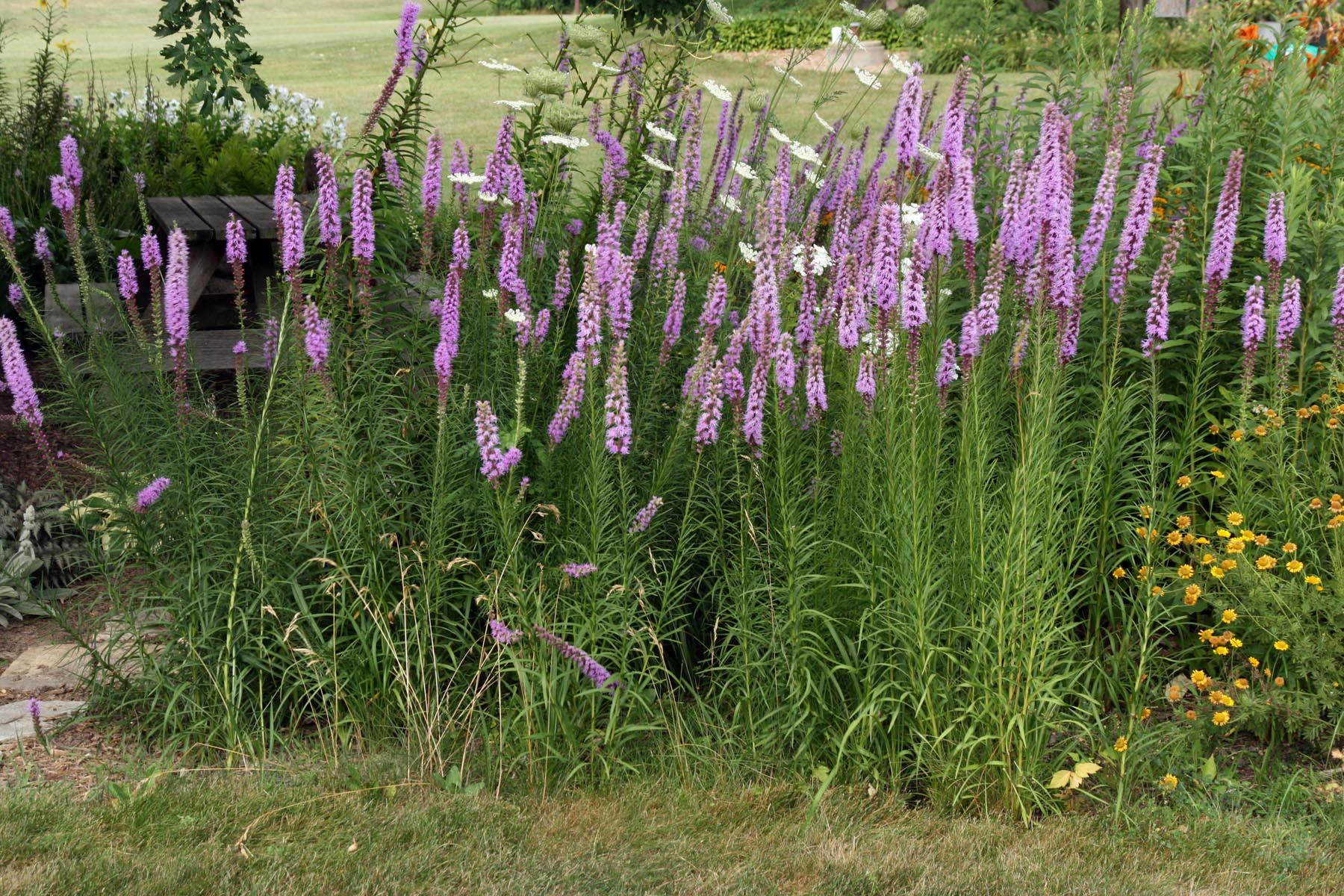 Liatris‘ />
Liatris‘ />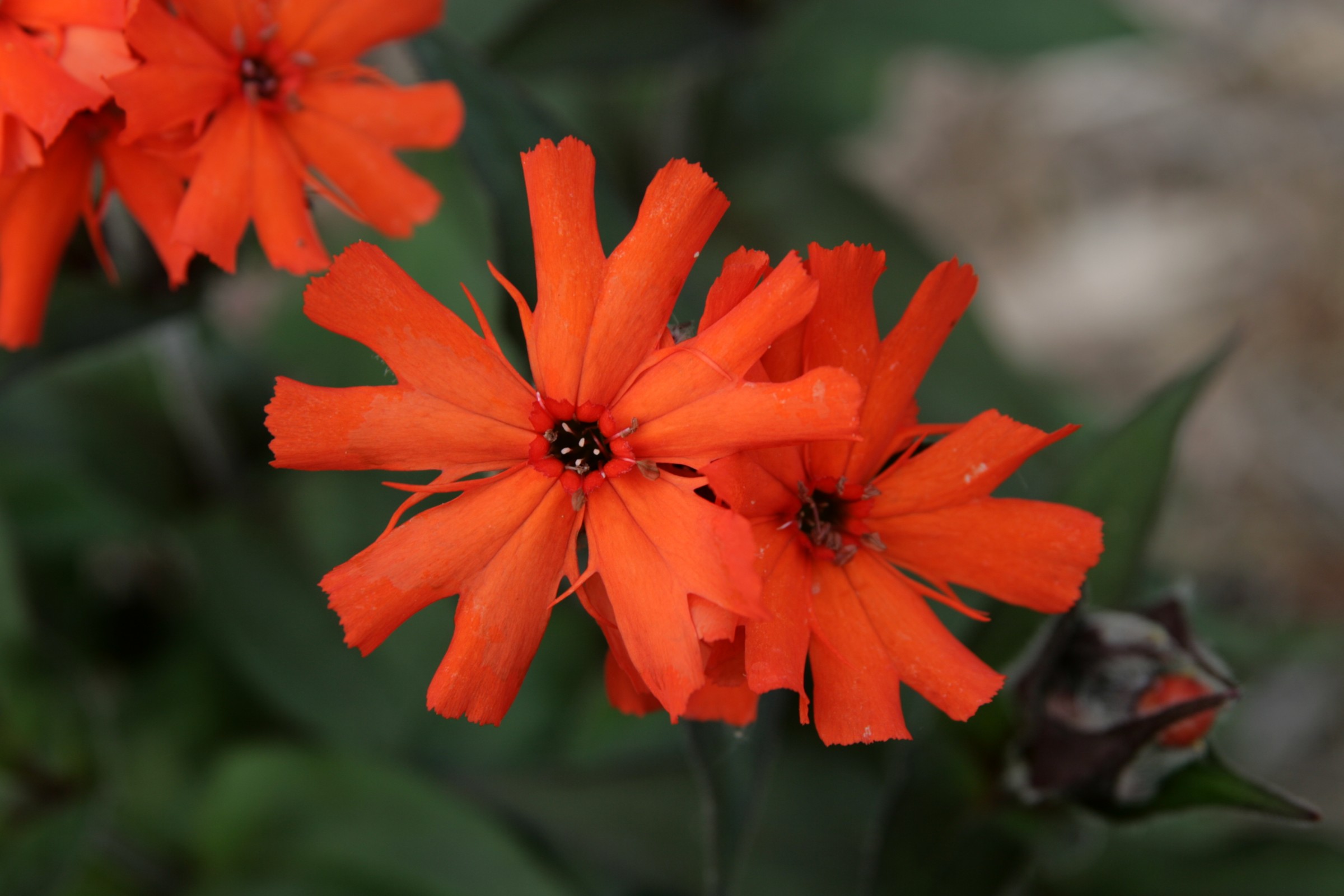 Lychnis ×arkwrightii 'Vesuvius'’ />
Lychnis ×arkwrightii 'Vesuvius'’ />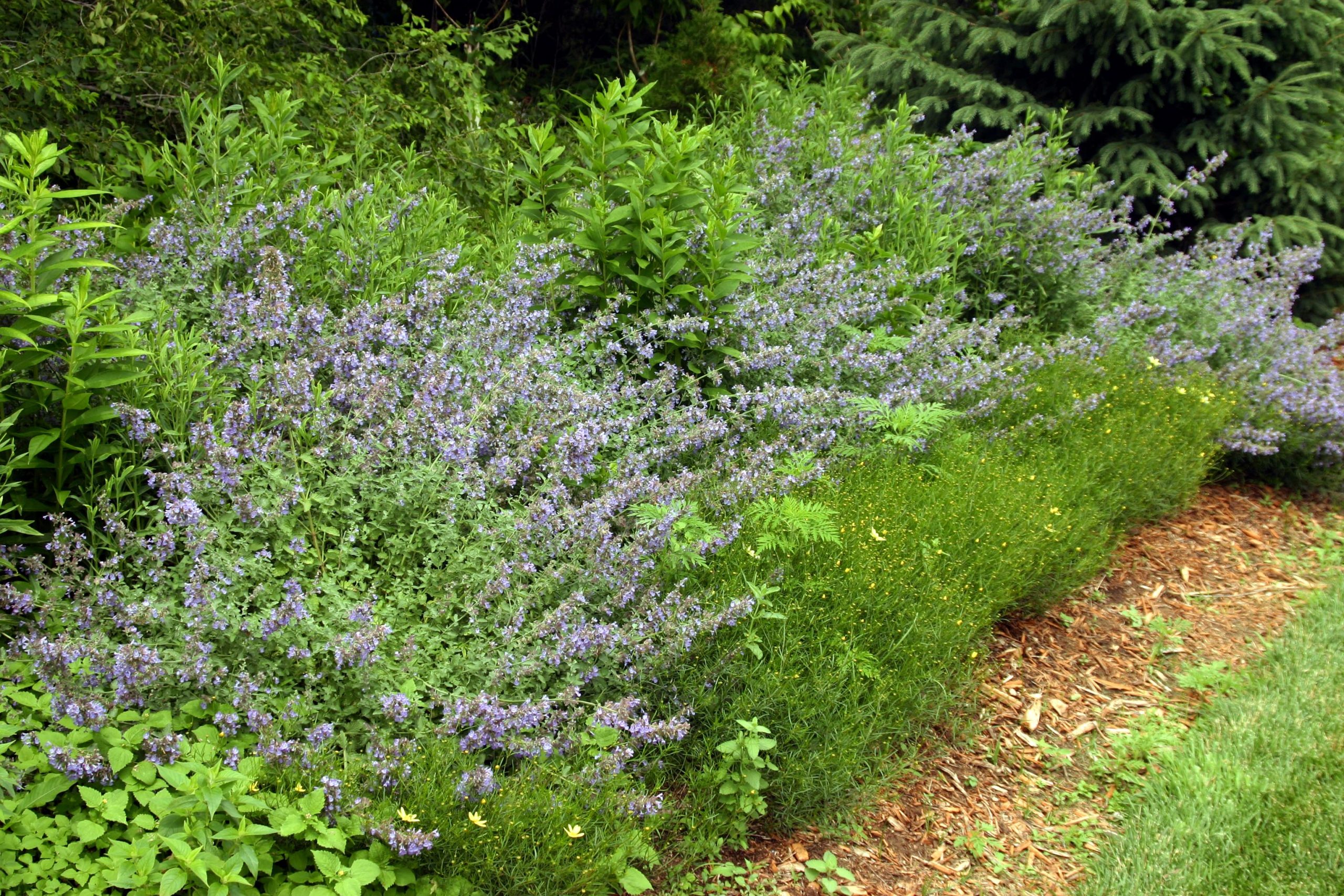 Nepeta xfaassenii ‘Walker’s Low’’ />
Nepeta xfaassenii ‘Walker’s Low’’ />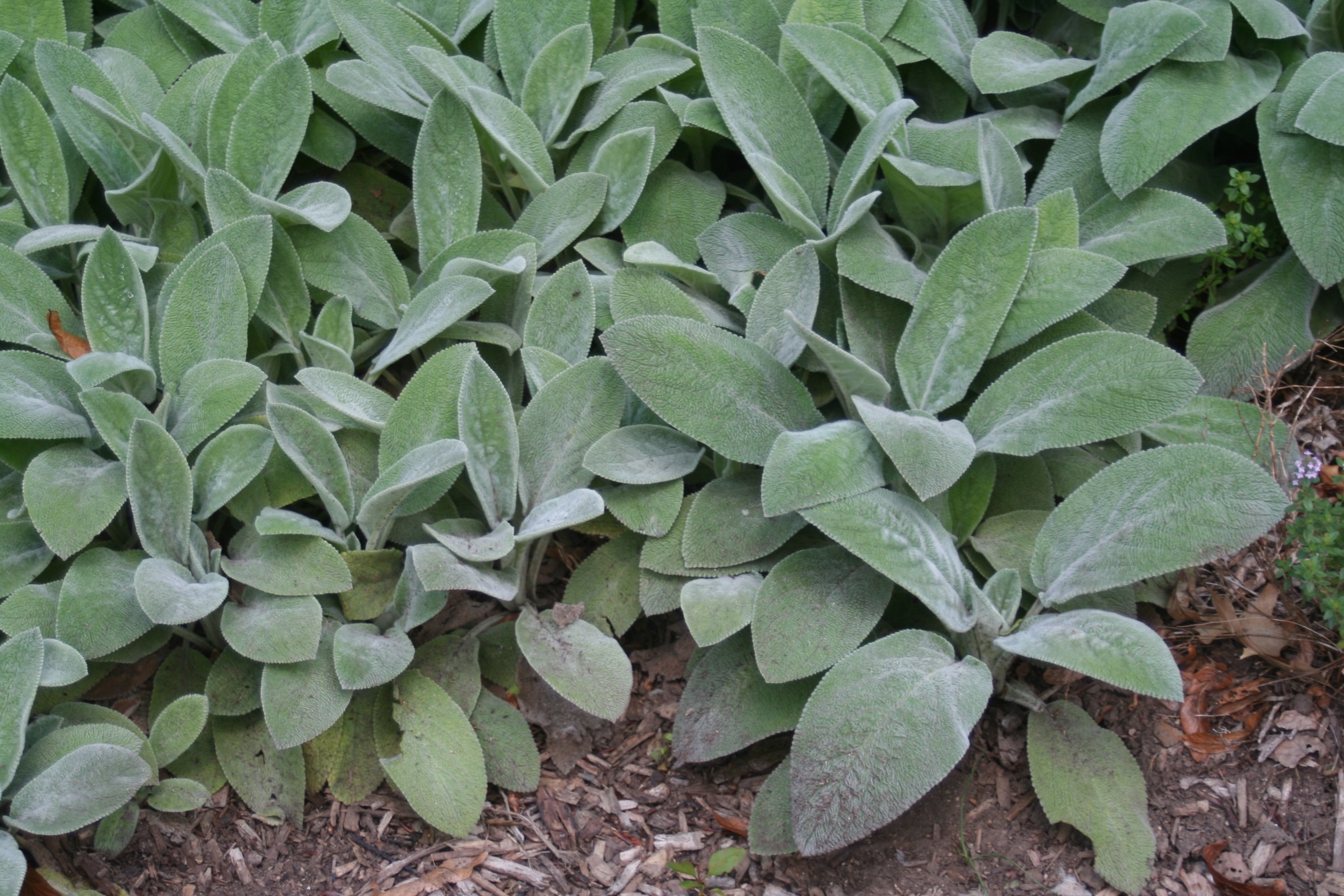 Stachys byzantina ‘Big Ears’’ />
Stachys byzantina ‘Big Ears’’ />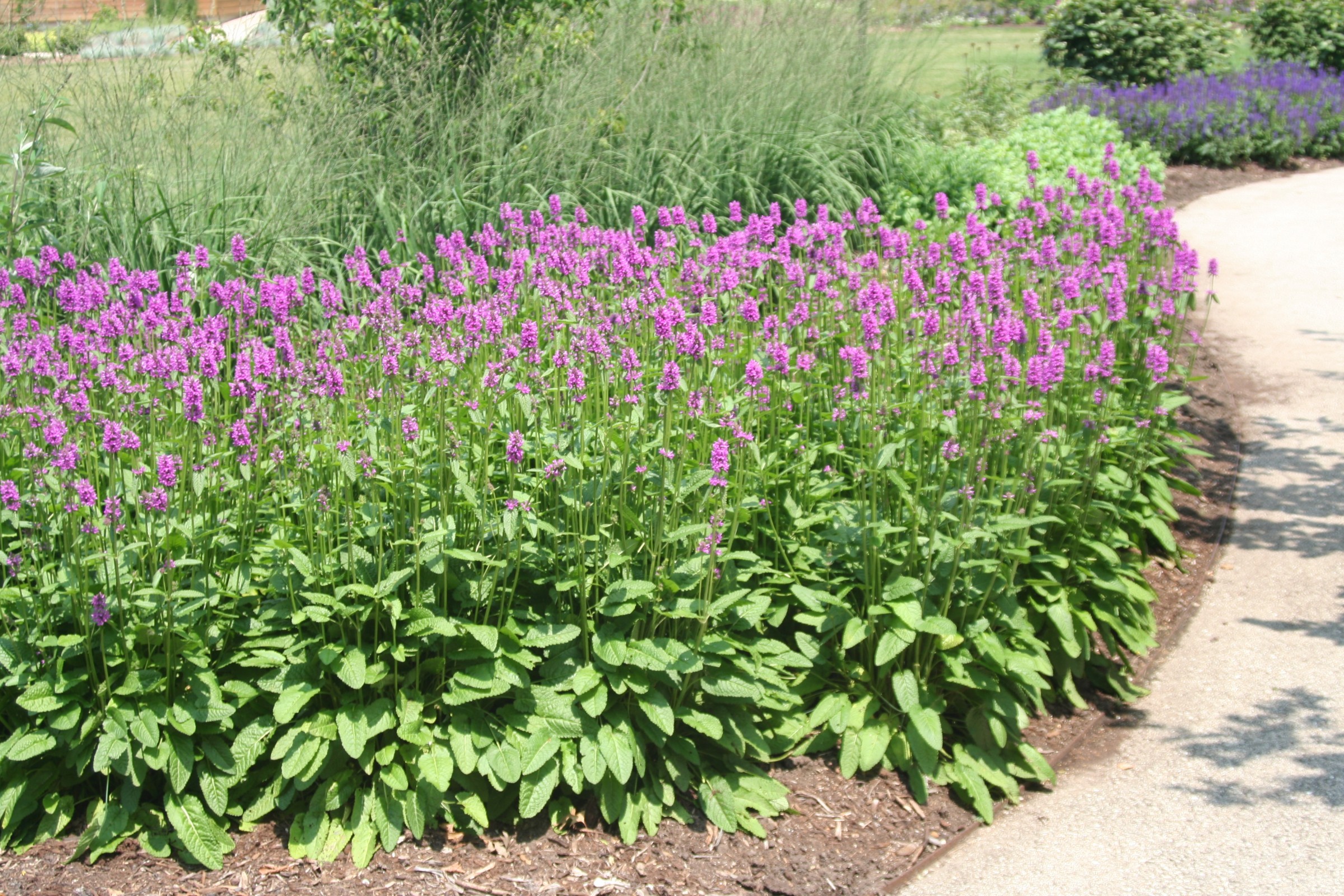 Stachys ‘Hummelo’’ />
Stachys ‘Hummelo’’ /> 10 Things to Consider for Weed Management When Establishing Pollinator Plantings‘ />
10 Things to Consider for Weed Management When Establishing Pollinator Plantings‘ />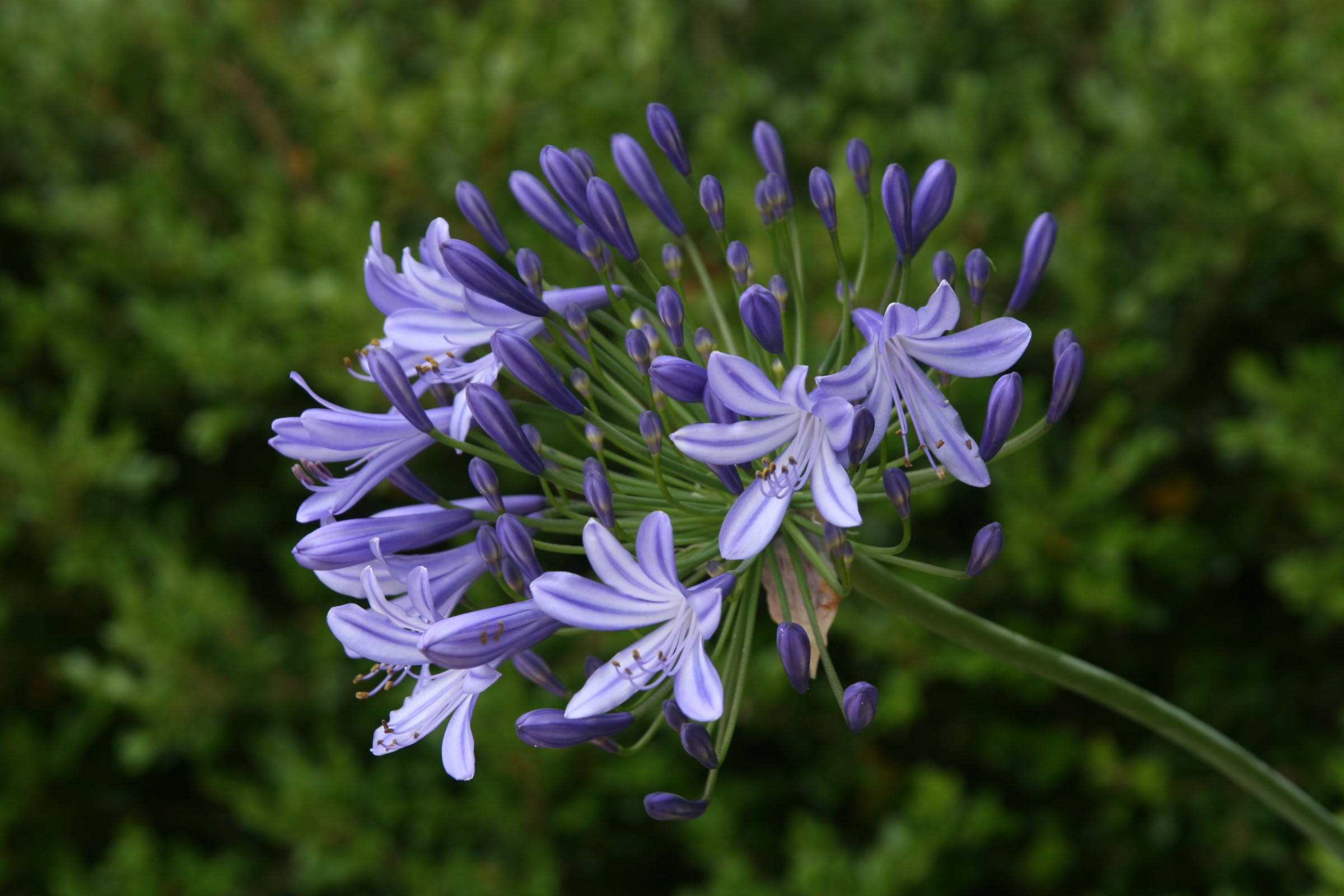
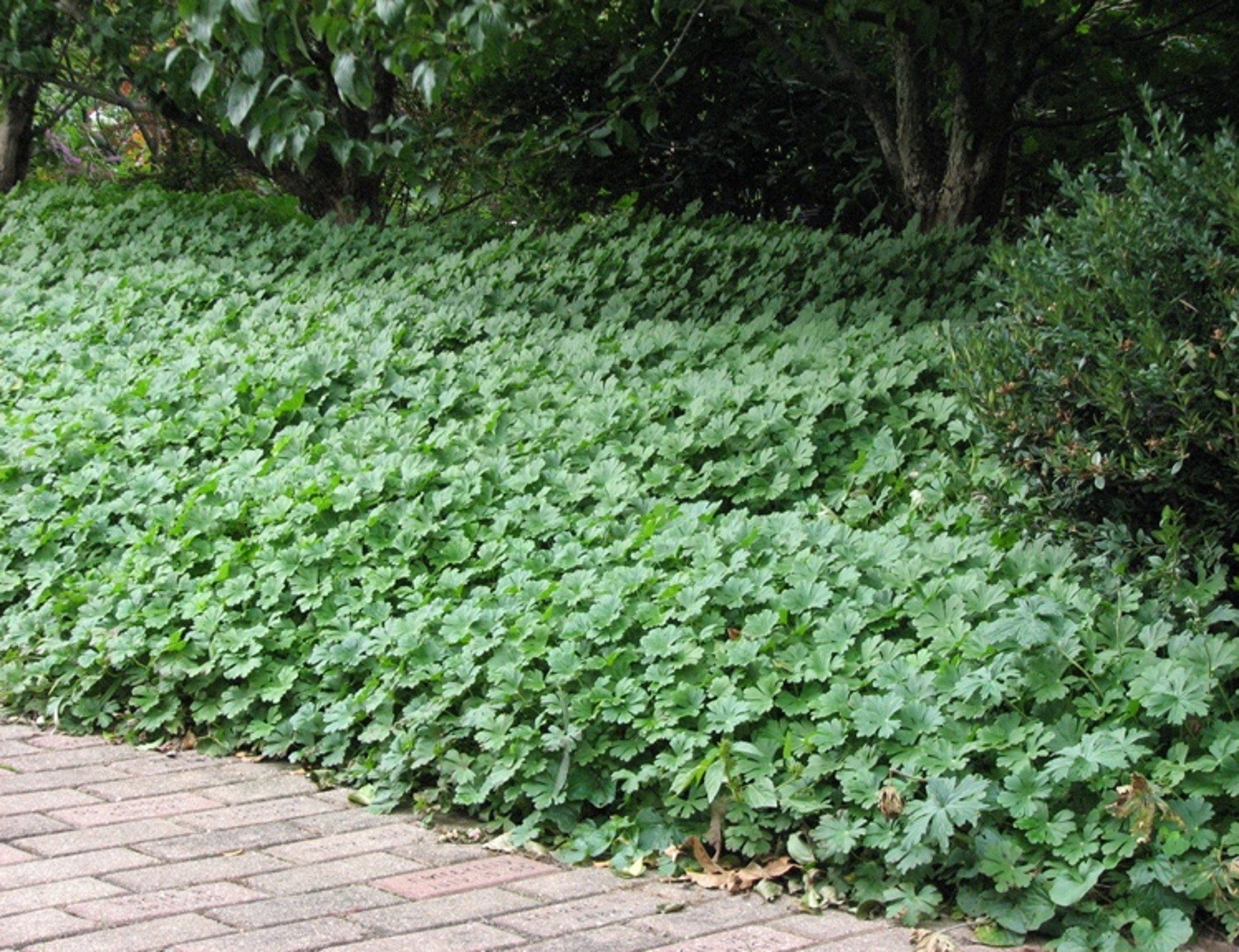
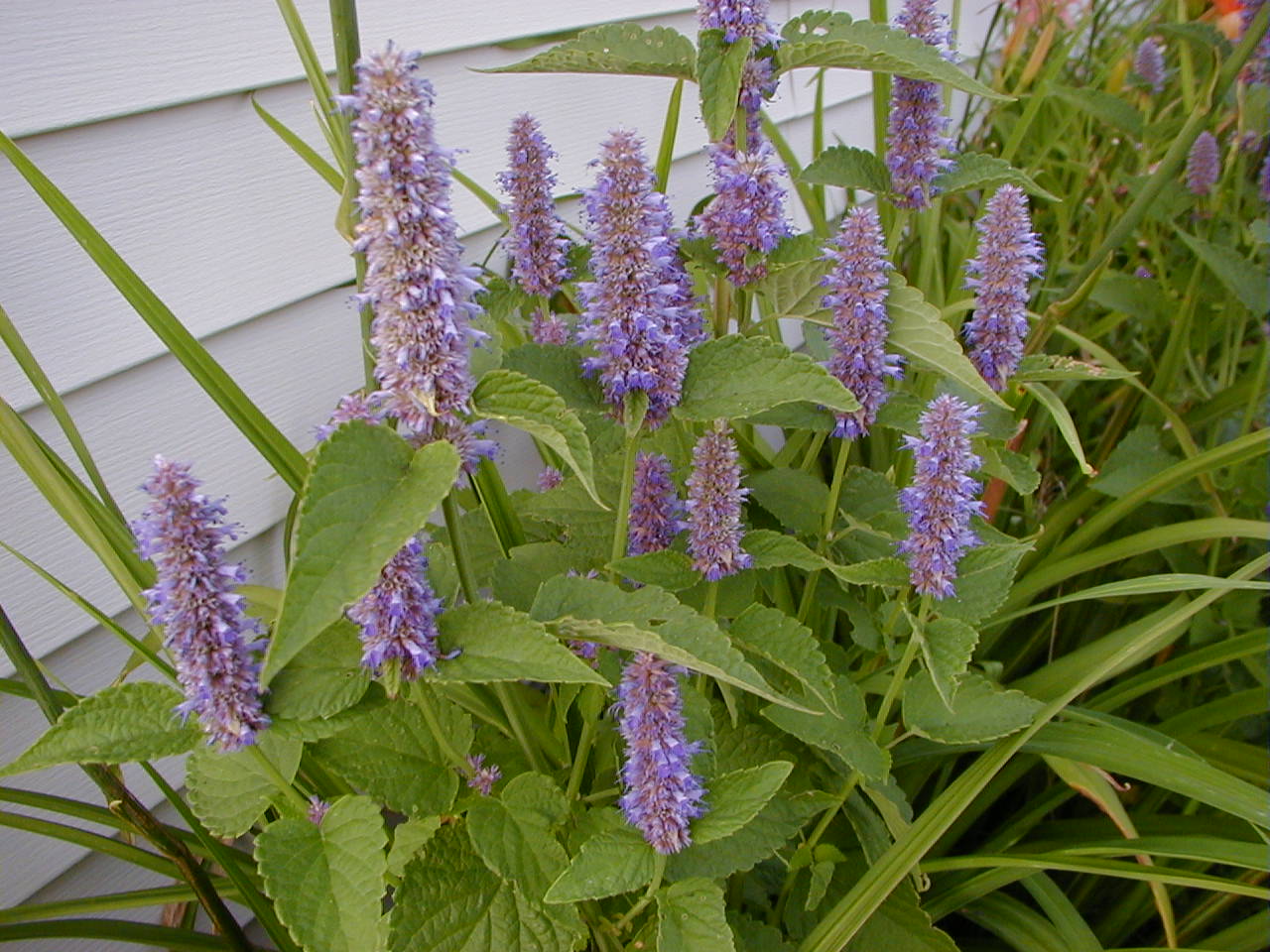 Agastache foeniculum‘ />
Agastache foeniculum‘ />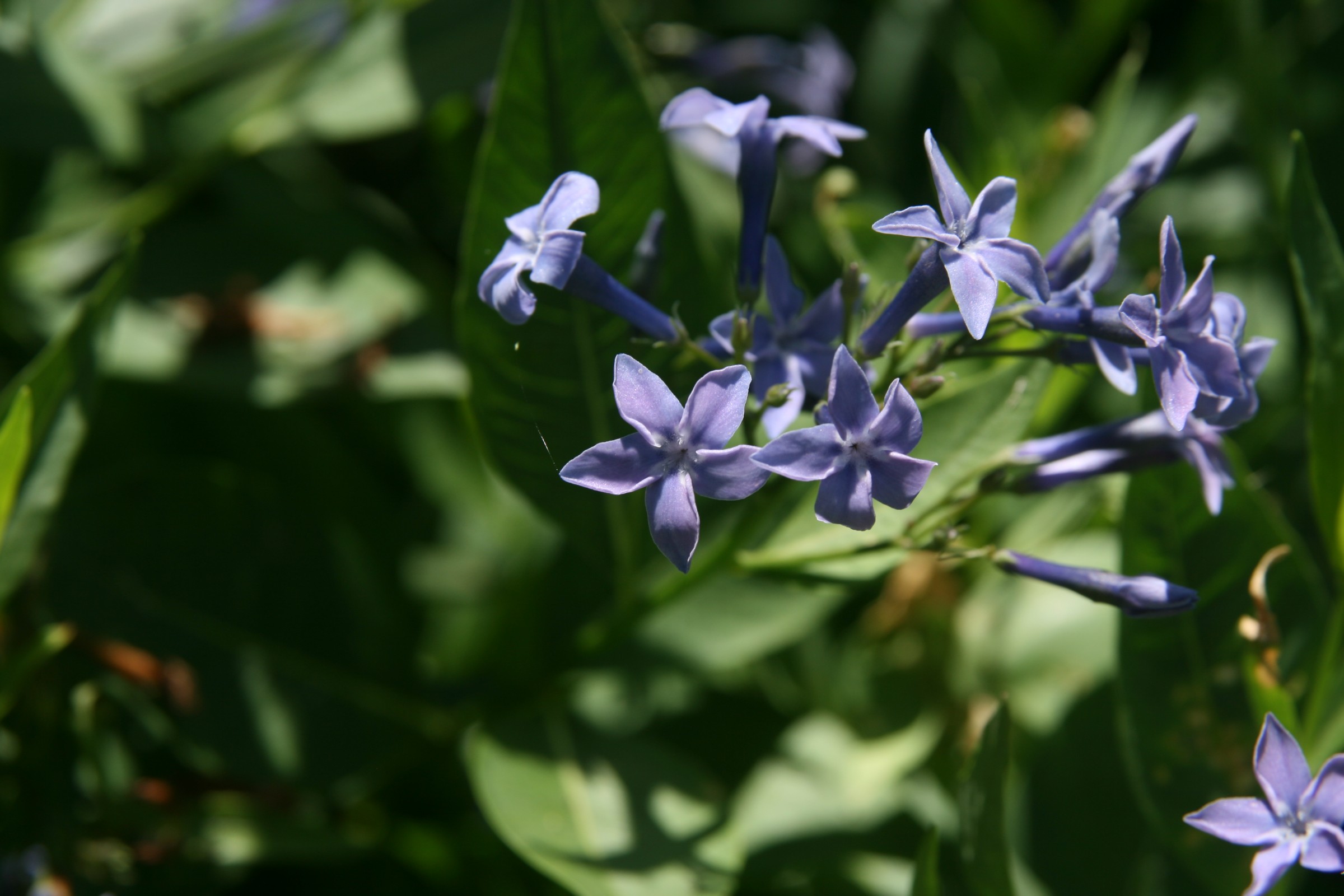 Amsonia hubrichtii‘ />
Amsonia hubrichtii‘ />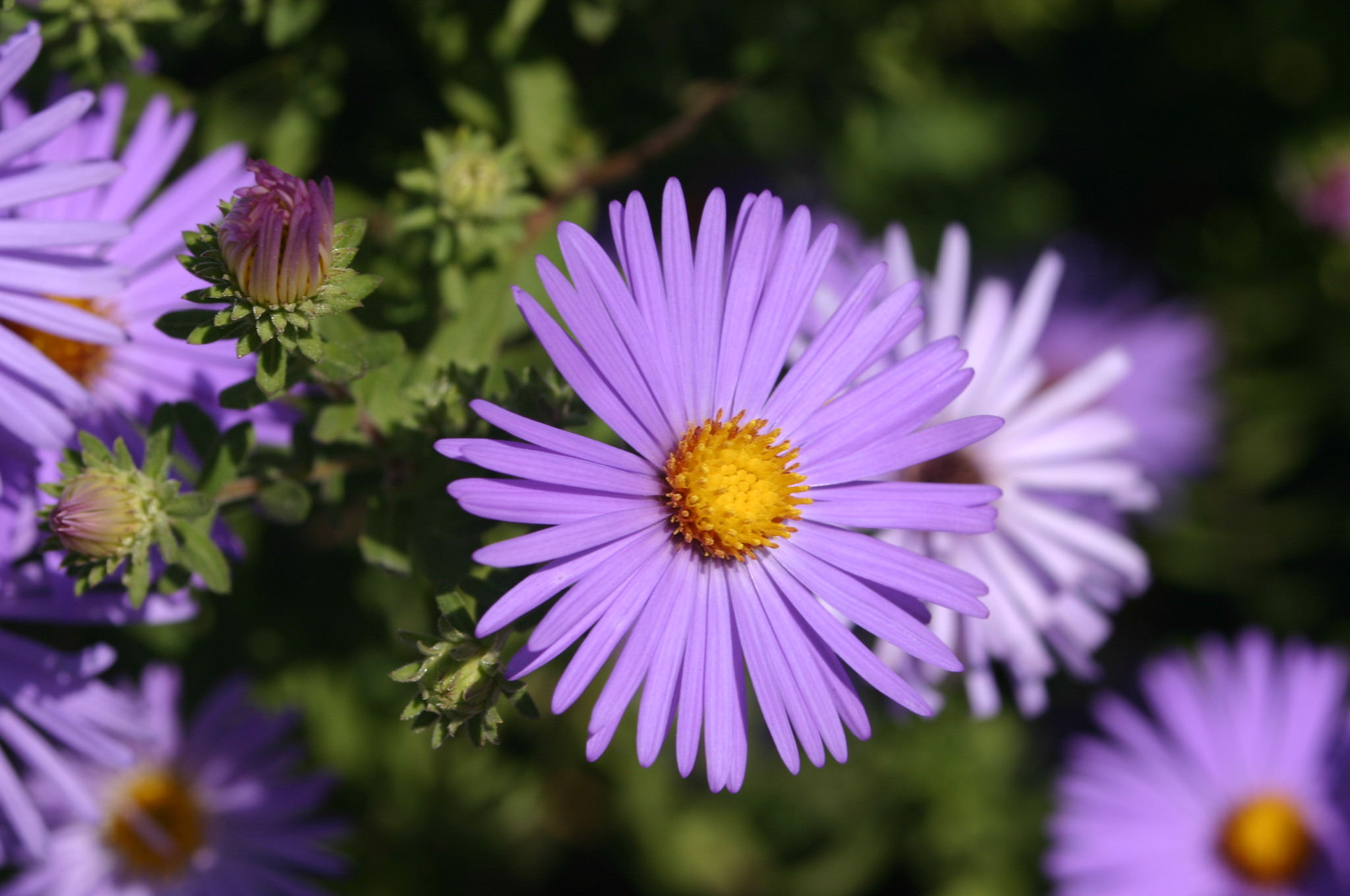 Symphyotrichum spp.‘ />
Symphyotrichum spp.‘ />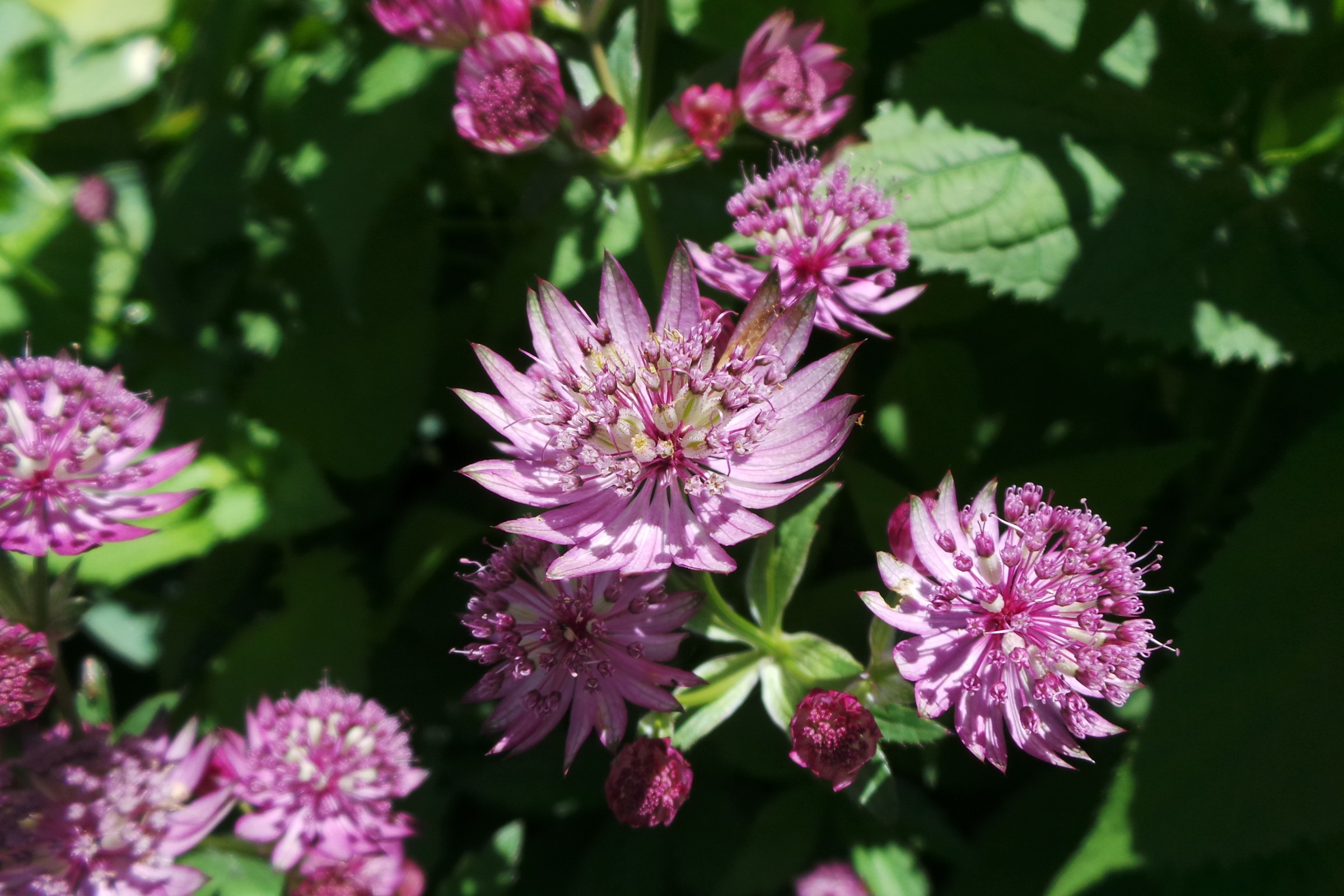 Astrantia major‘ />
Astrantia major‘ />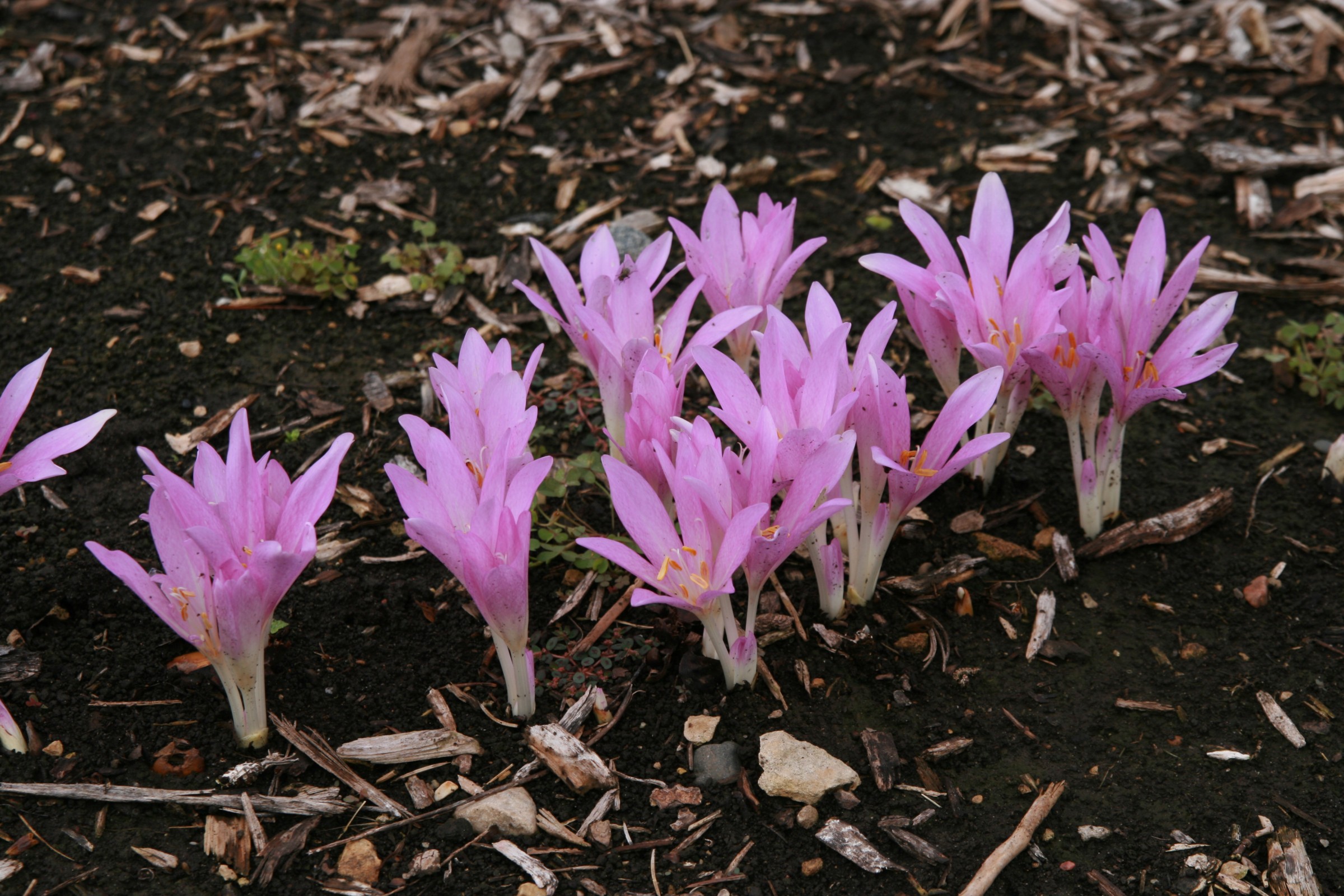 Colchicum spp.’ />
Colchicum spp.’ />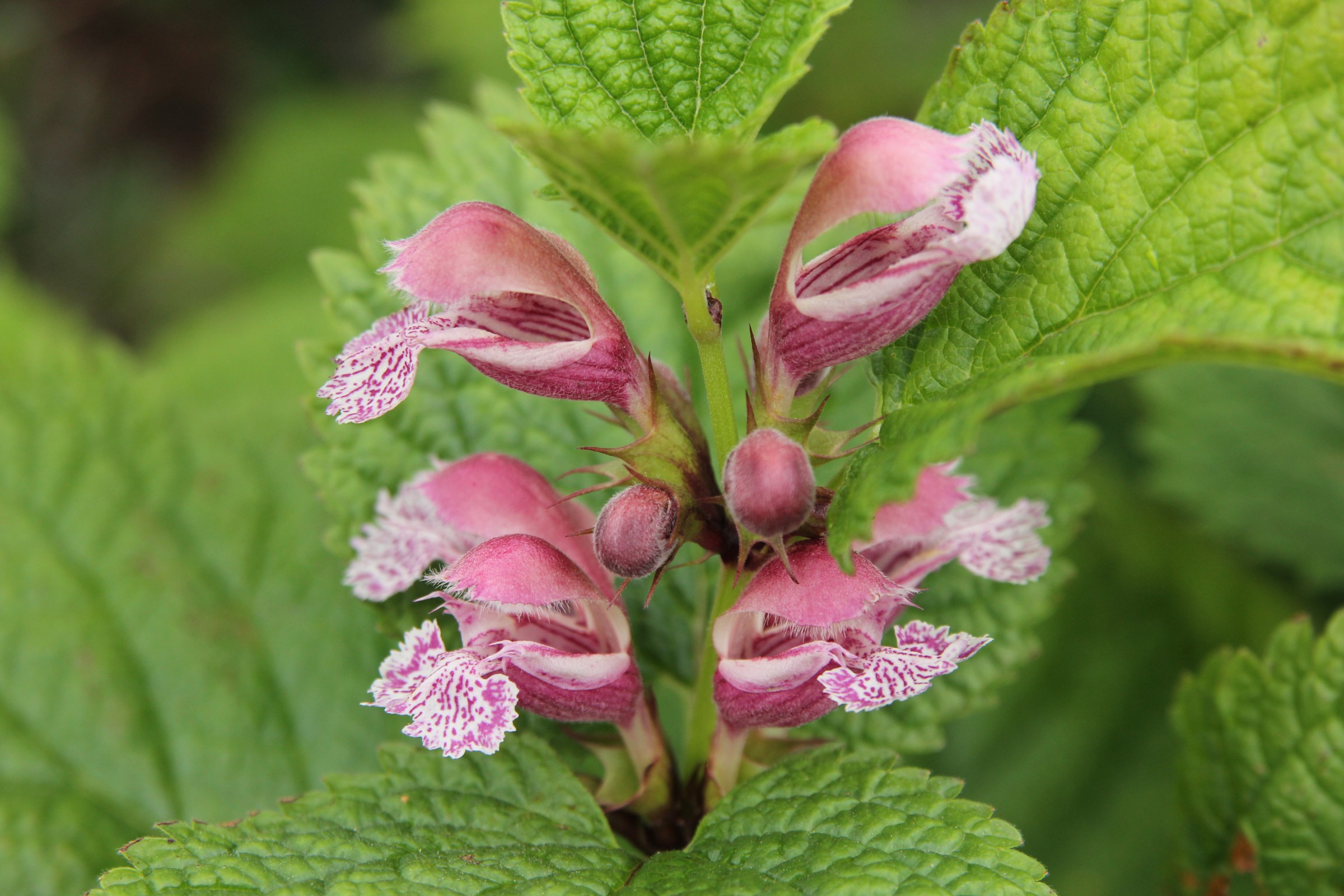 Lamium orvala‘ />
Lamium orvala‘ /> Actaea spp.’ />
Actaea spp.’ />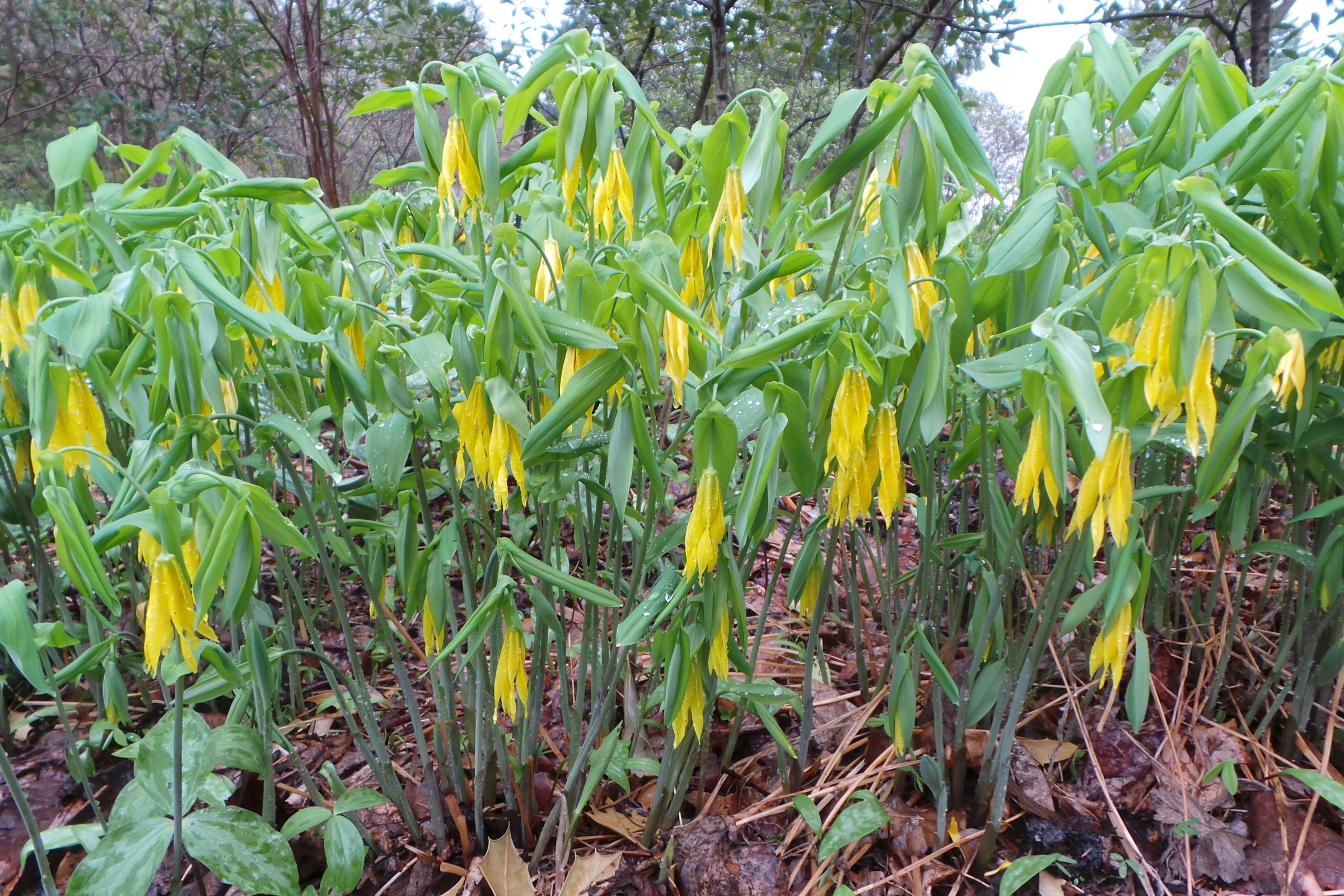 Uvularia grandiflora‘ />
Uvularia grandiflora‘ />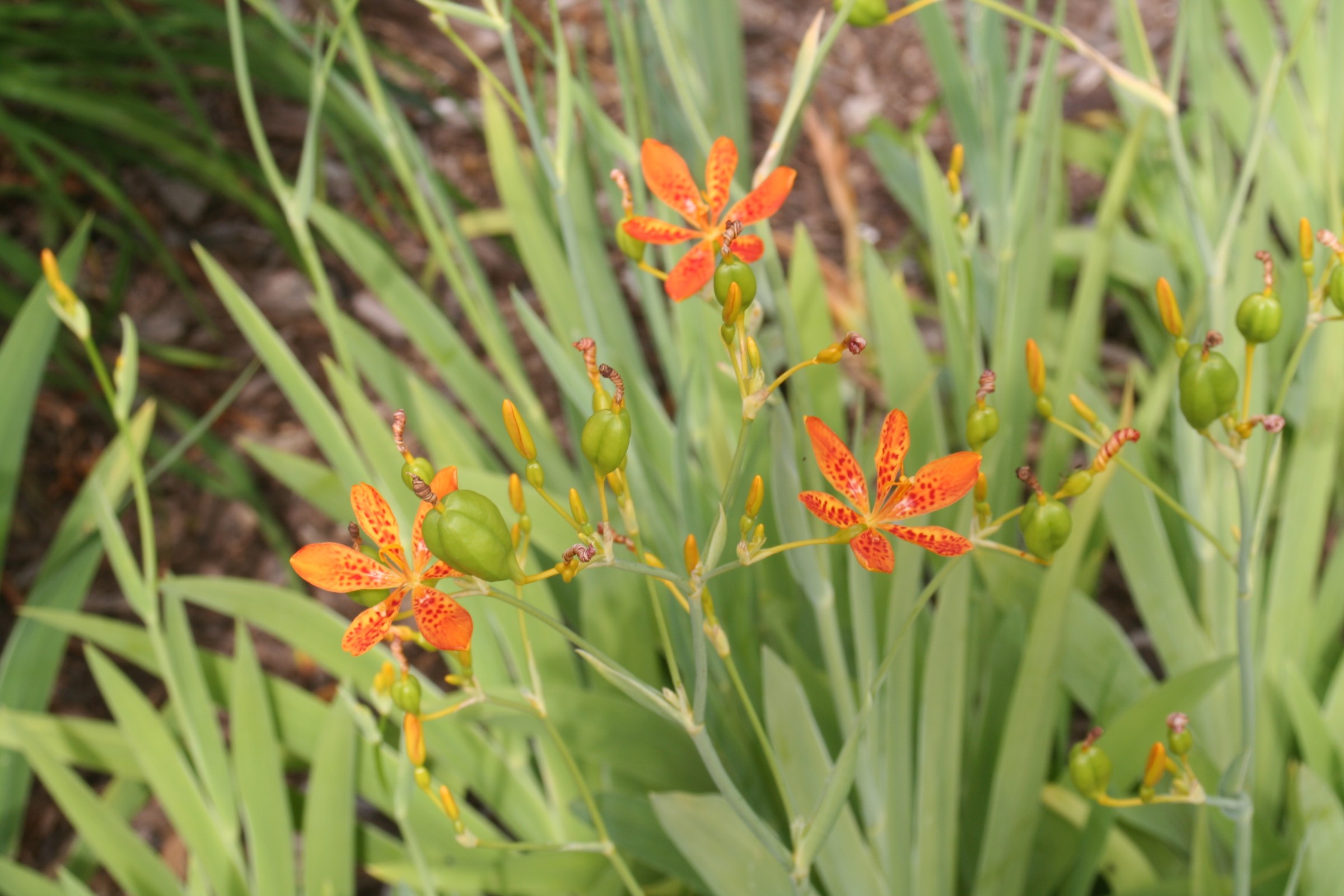 Belamcanda chinensis or Iris domestica‘ />
Belamcanda chinensis or Iris domestica‘ />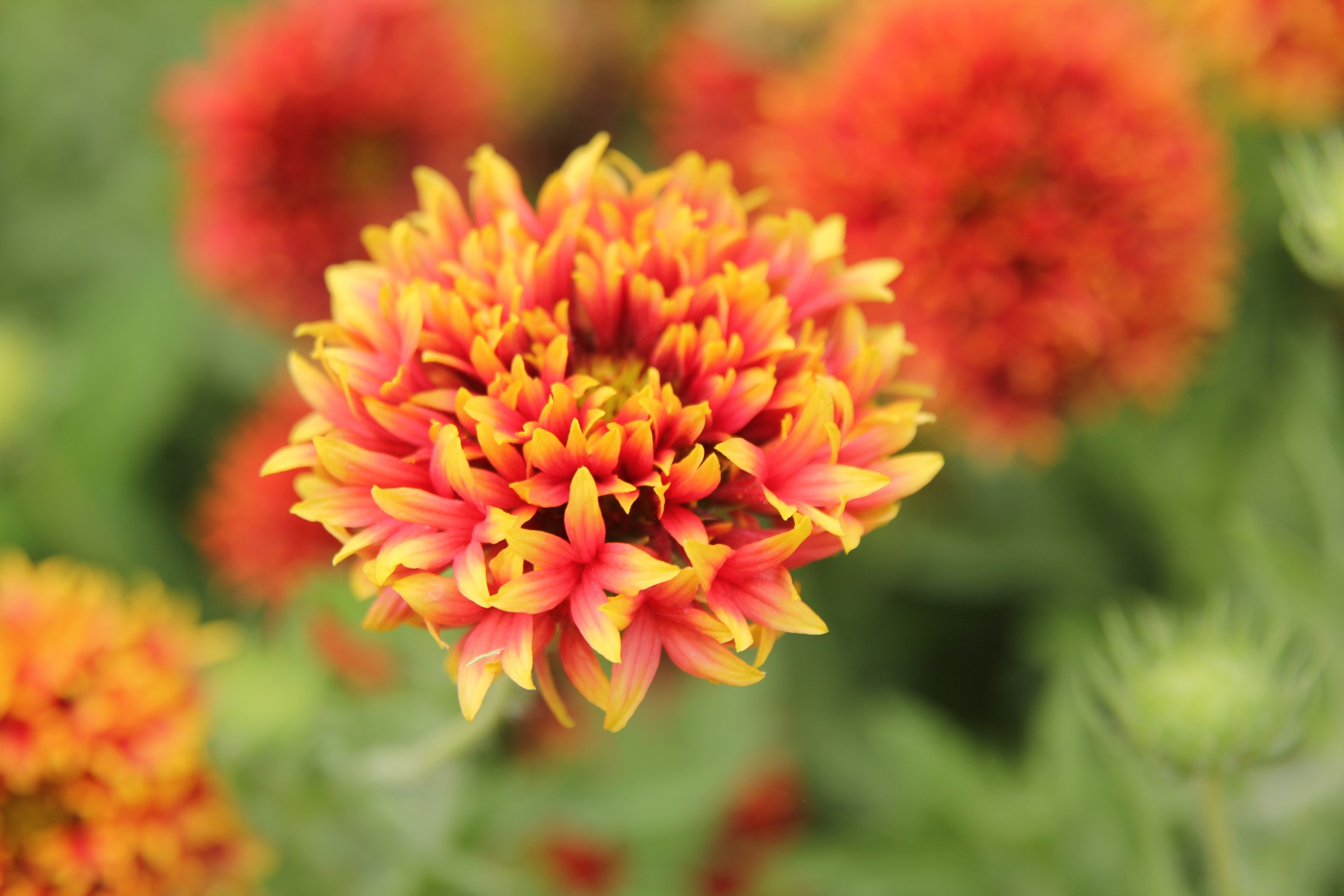 Gaillardia spp.’ />
Gaillardia spp.’ />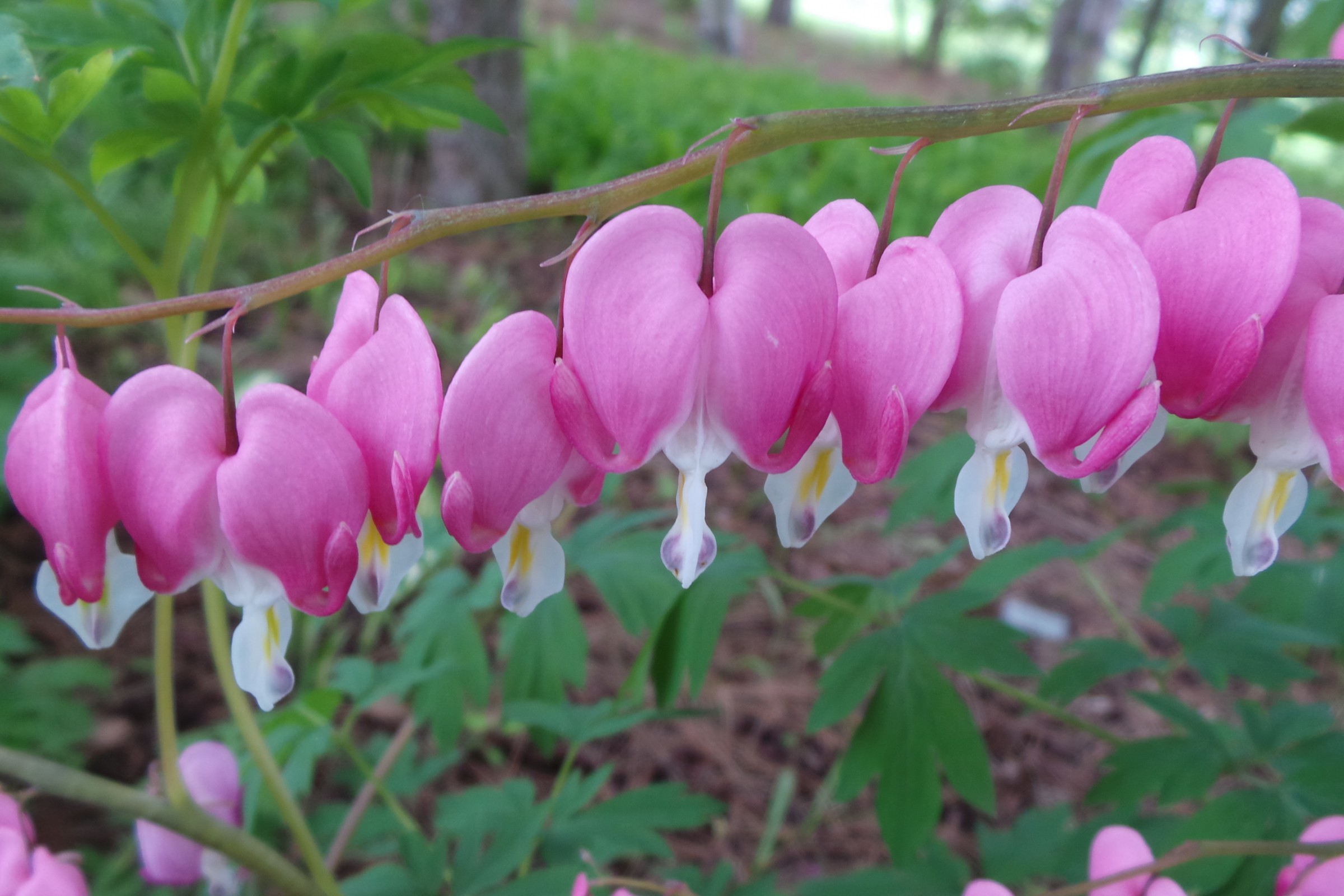 Dicentra spectabilis‘ />
Dicentra spectabilis‘ />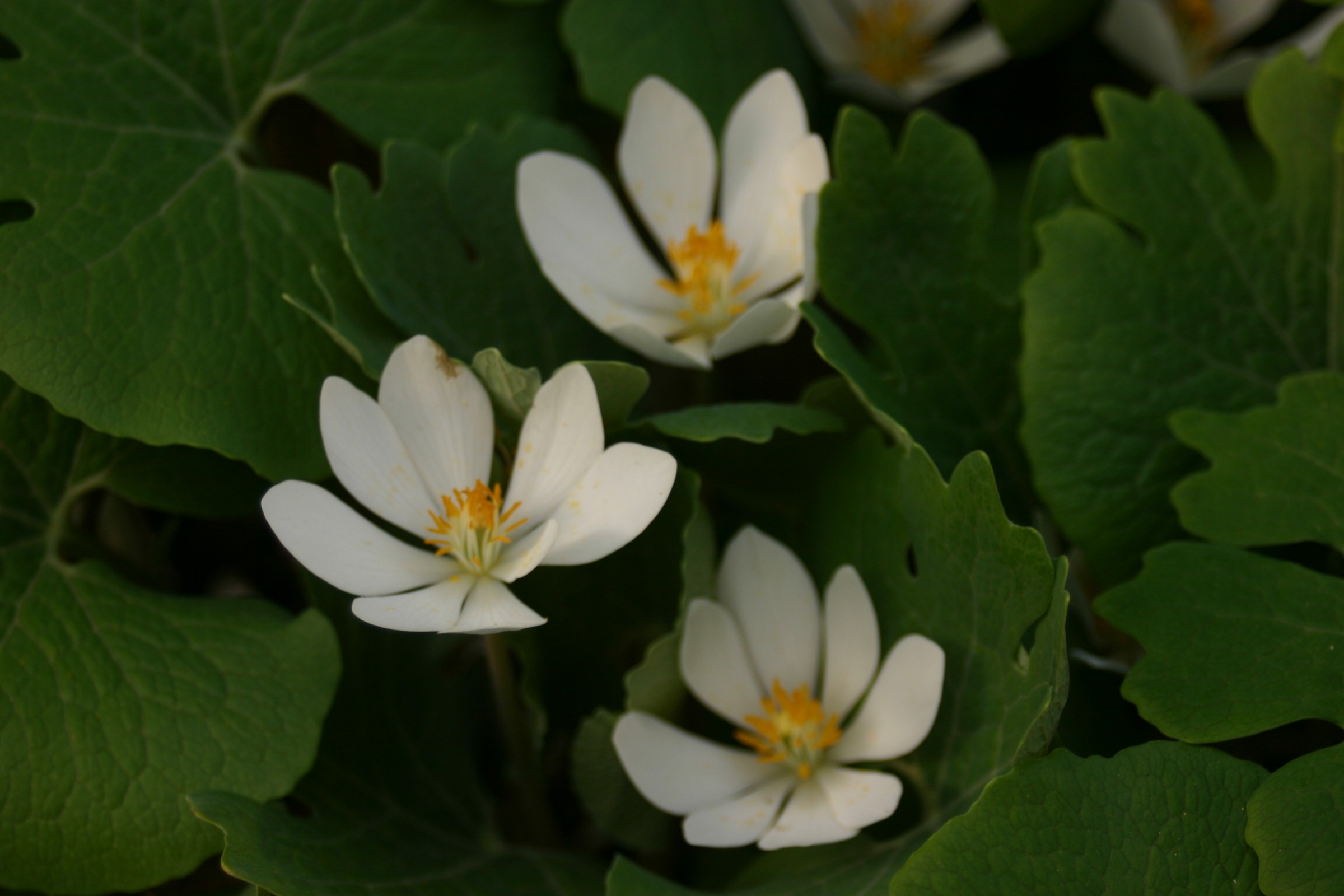 Sanguinaria canadensis‘ />
Sanguinaria canadensis‘ />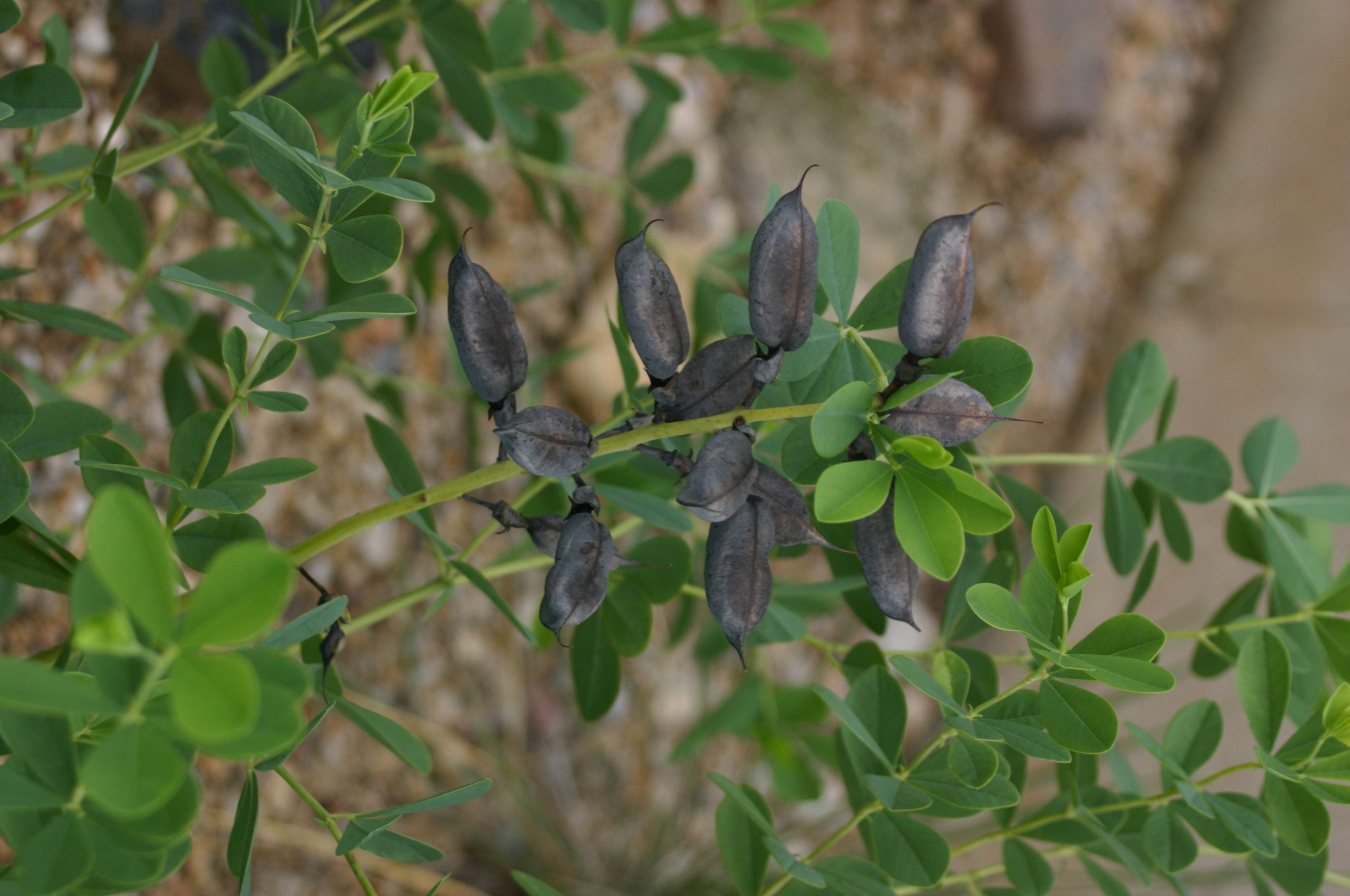 Baptisia australis‘ />
Baptisia australis‘ />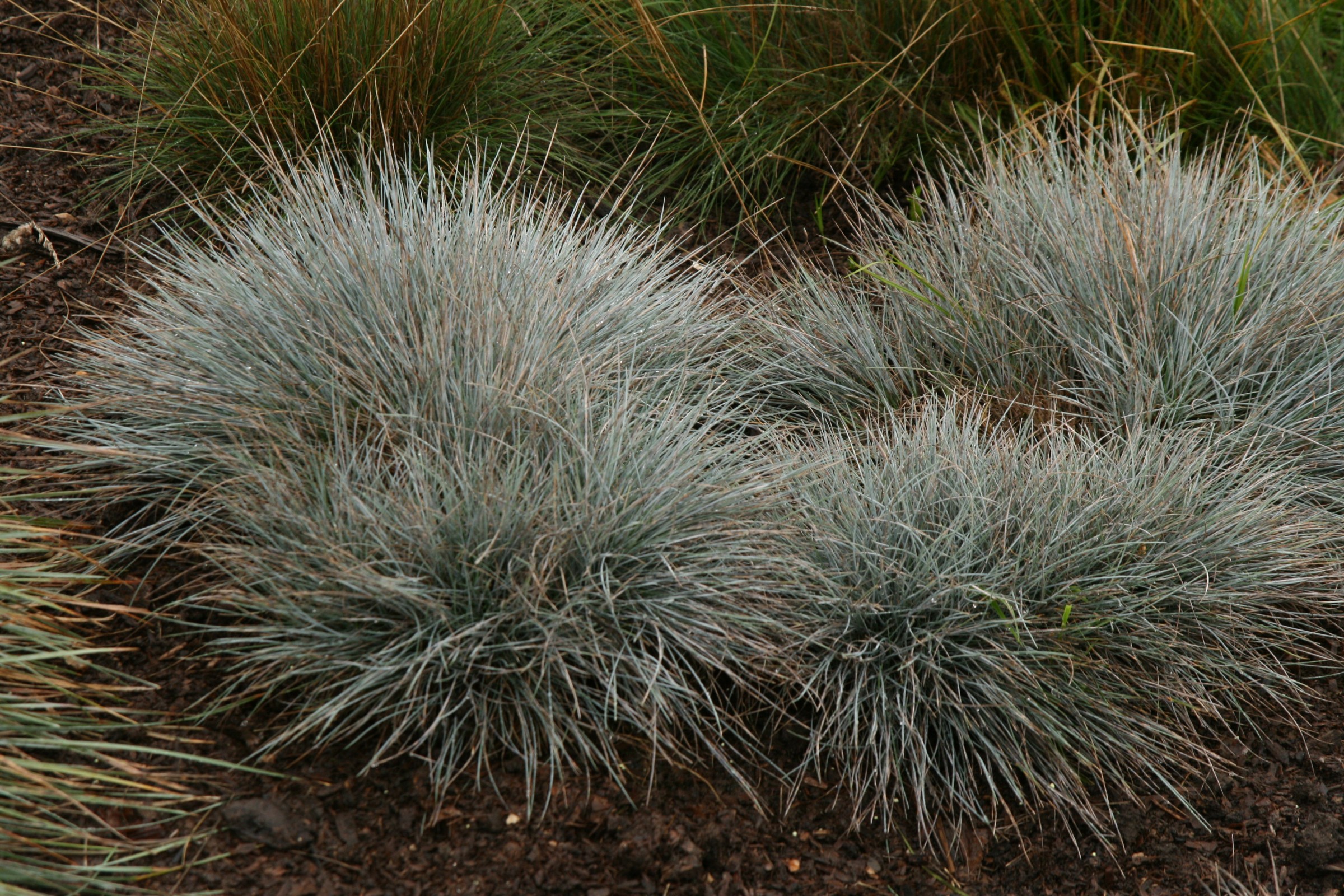 Festuca ovina glauca‘ />
Festuca ovina glauca‘ />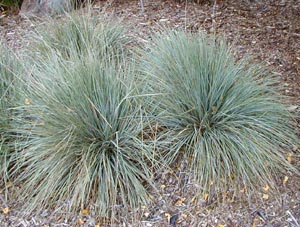 Helictotrichon sempervirens‘ />
Helictotrichon sempervirens‘ />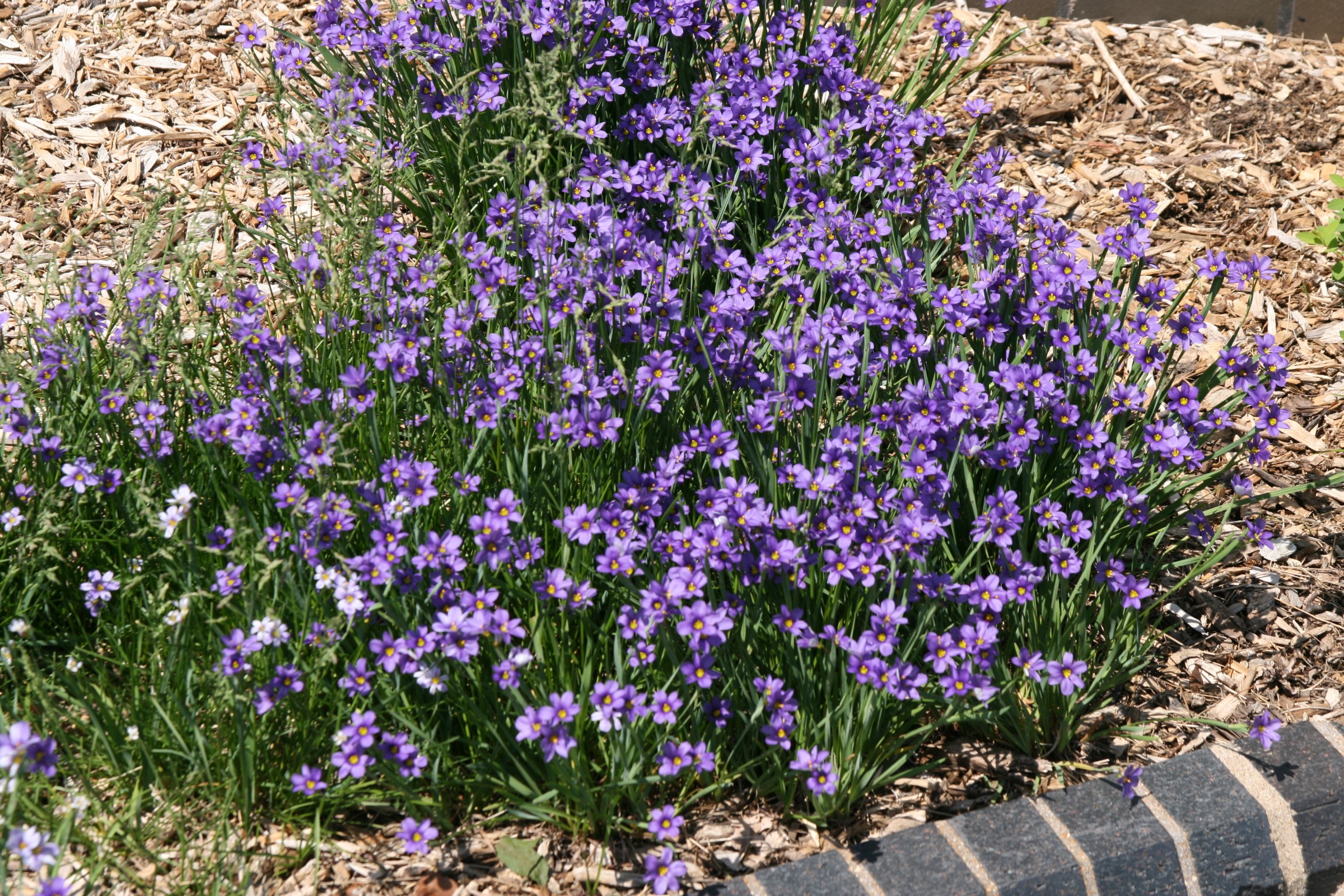 Sisyrinchium‘ />
Sisyrinchium‘ />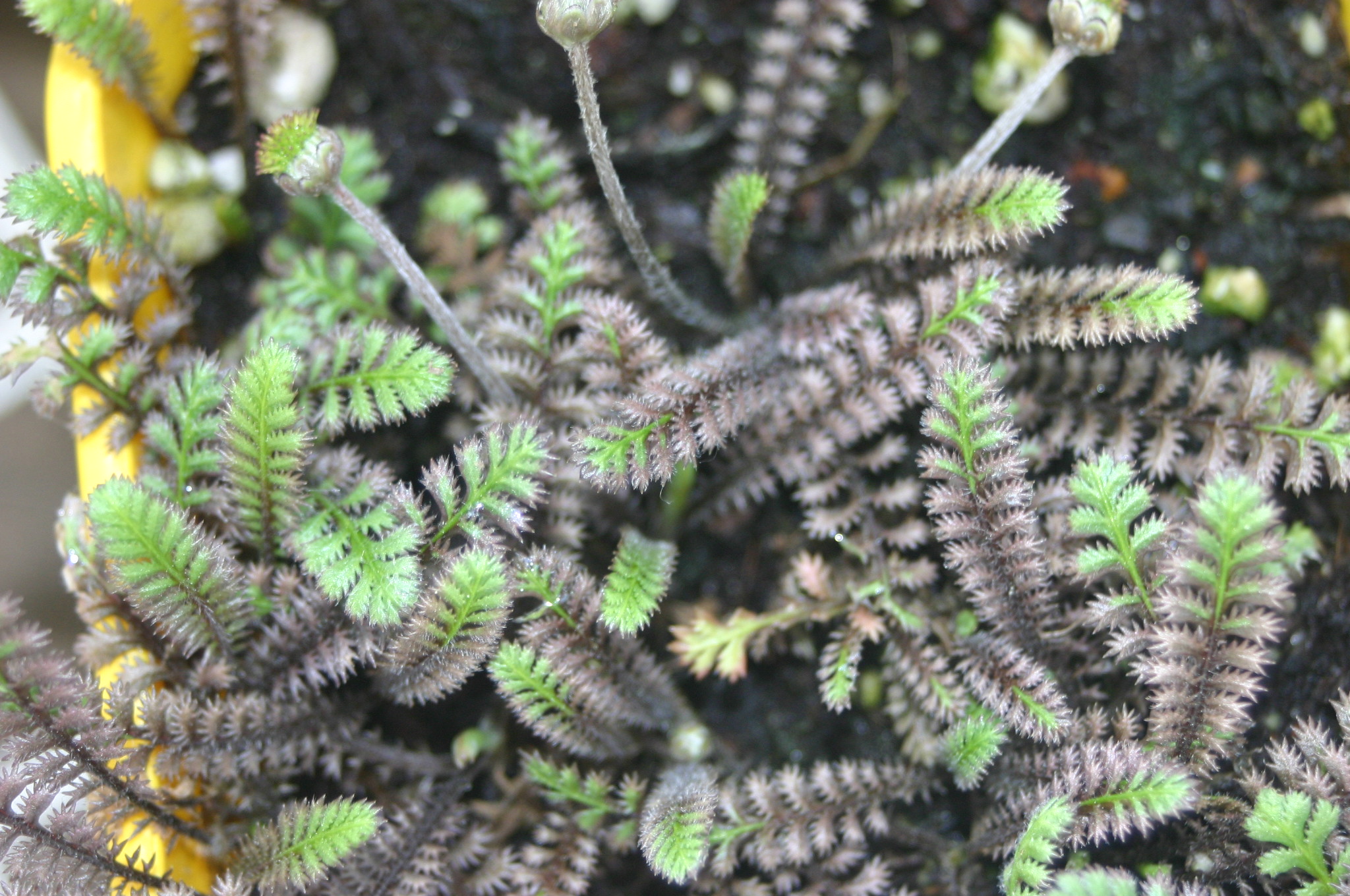 Leptinella squalida‘ />
Leptinella squalida‘ />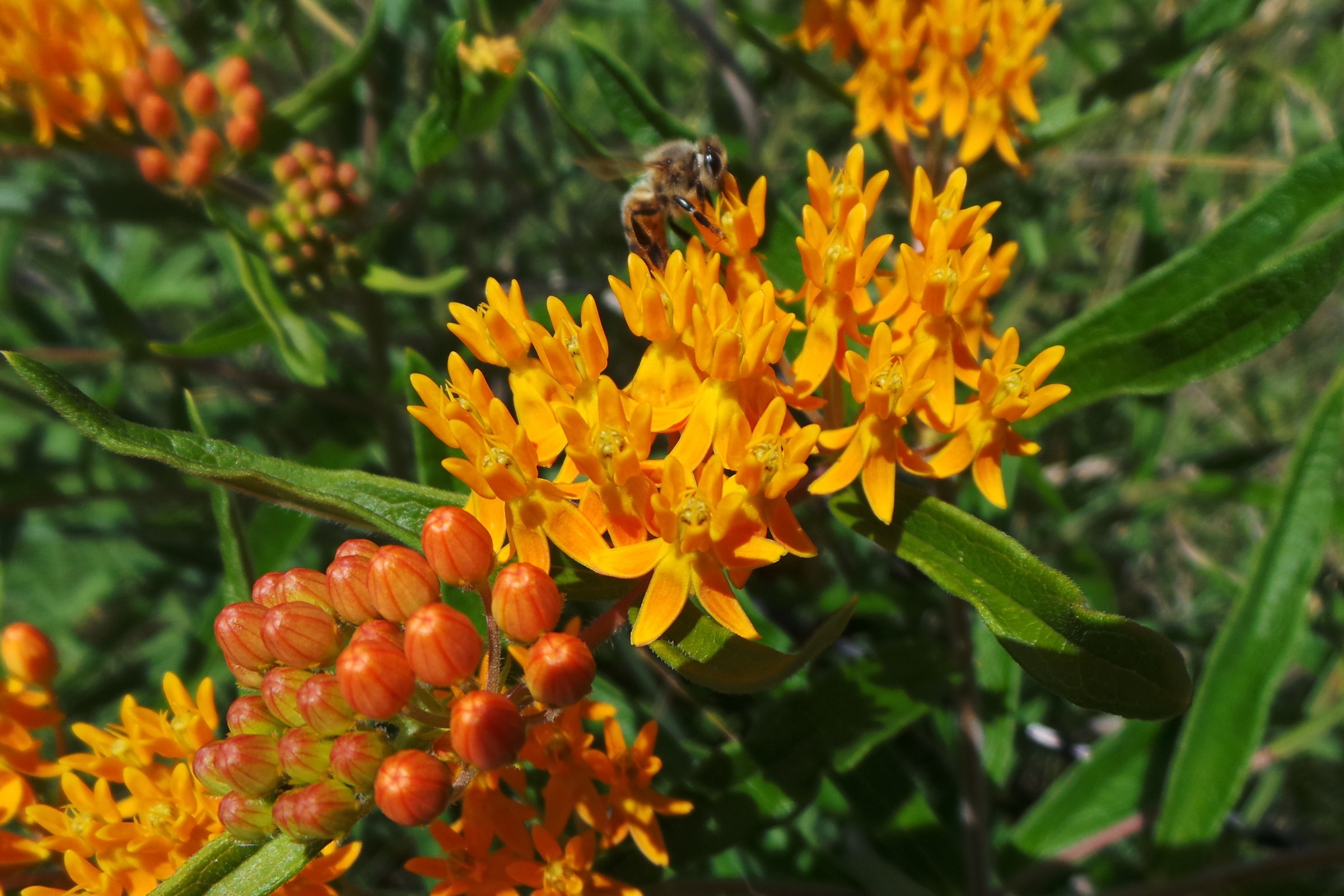 Asclepias tuberosa‘ />
Asclepias tuberosa‘ />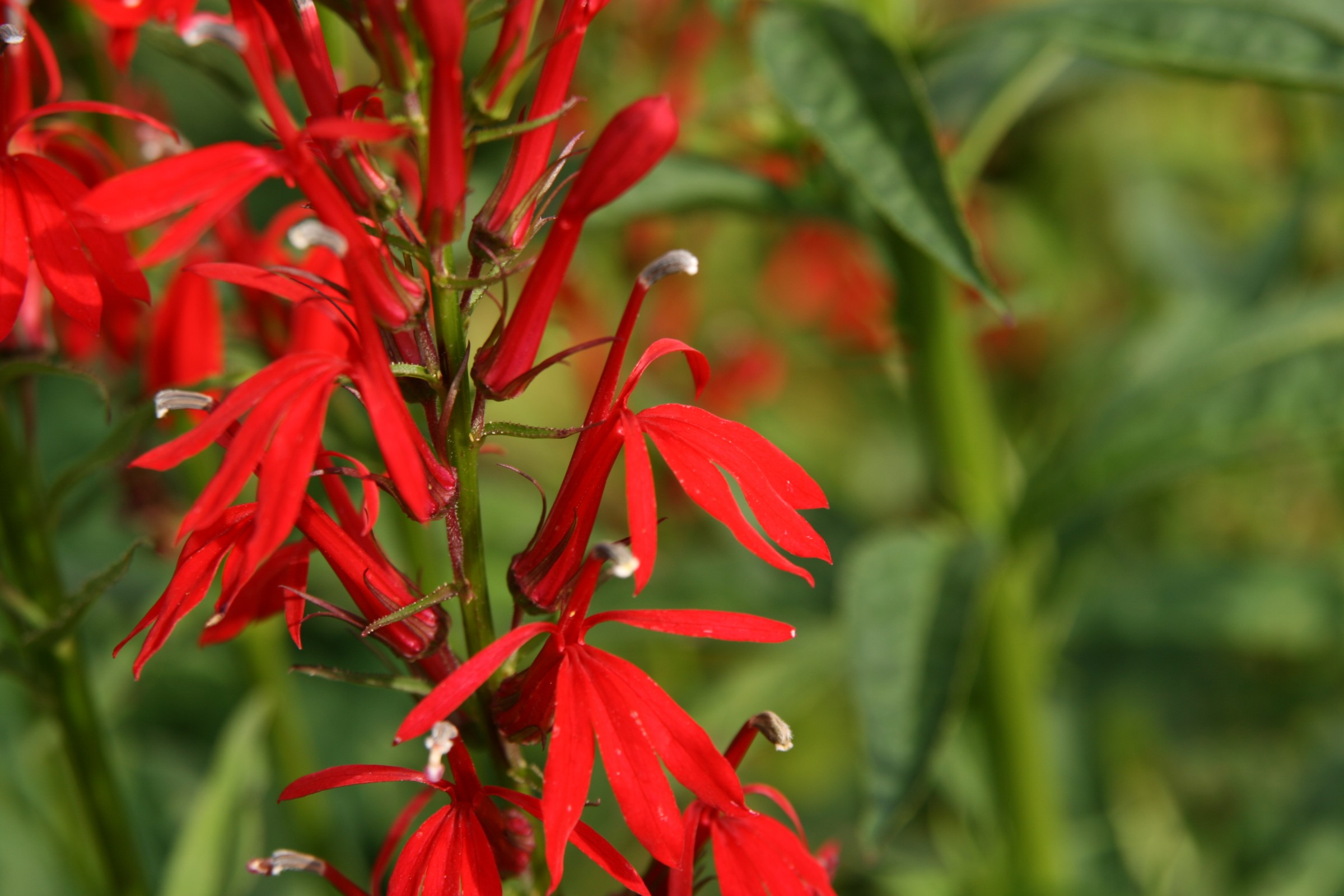 Lobelia cardinalis‘ />
Lobelia cardinalis‘ />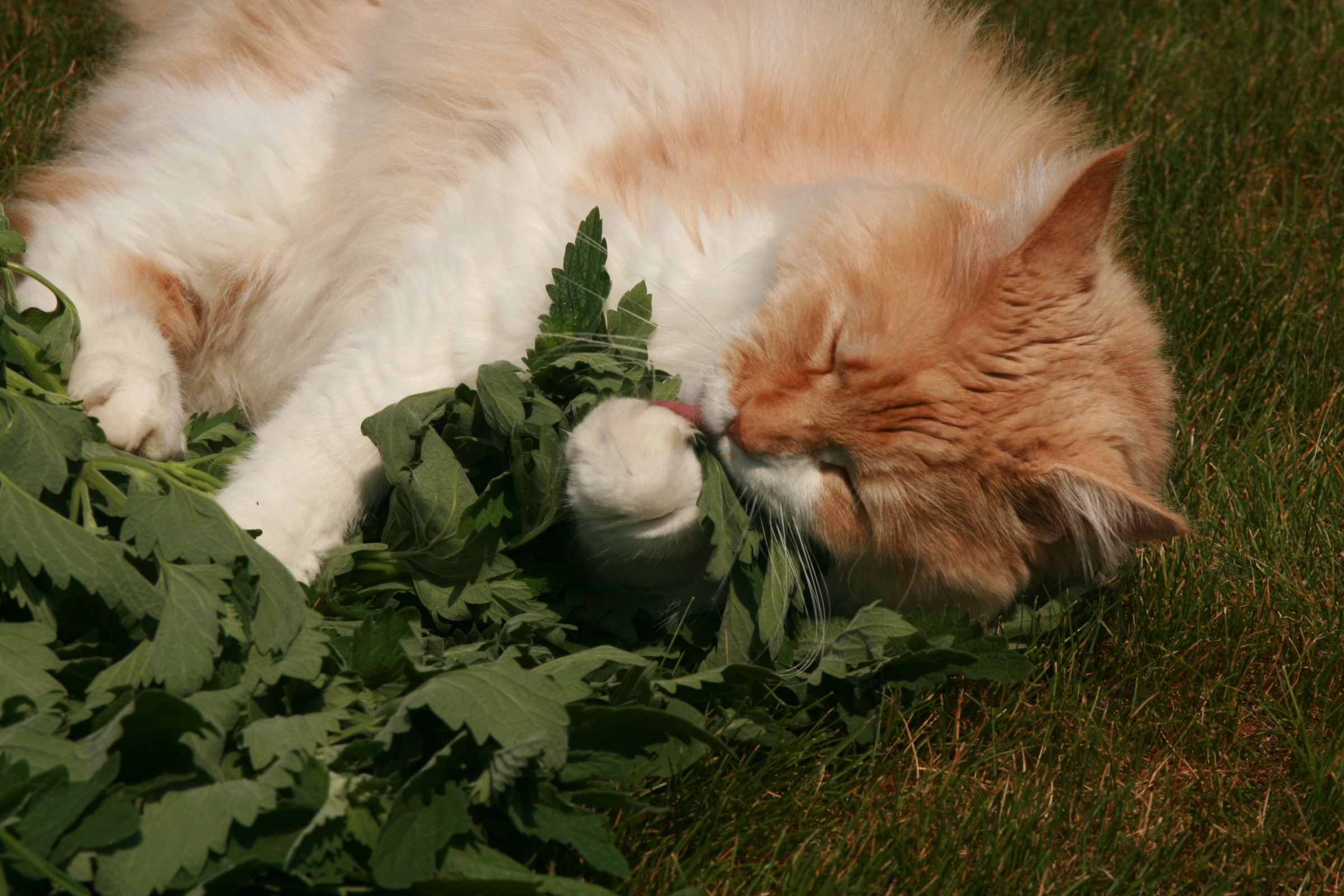 Nepeta cataria‘ />
Nepeta cataria‘ />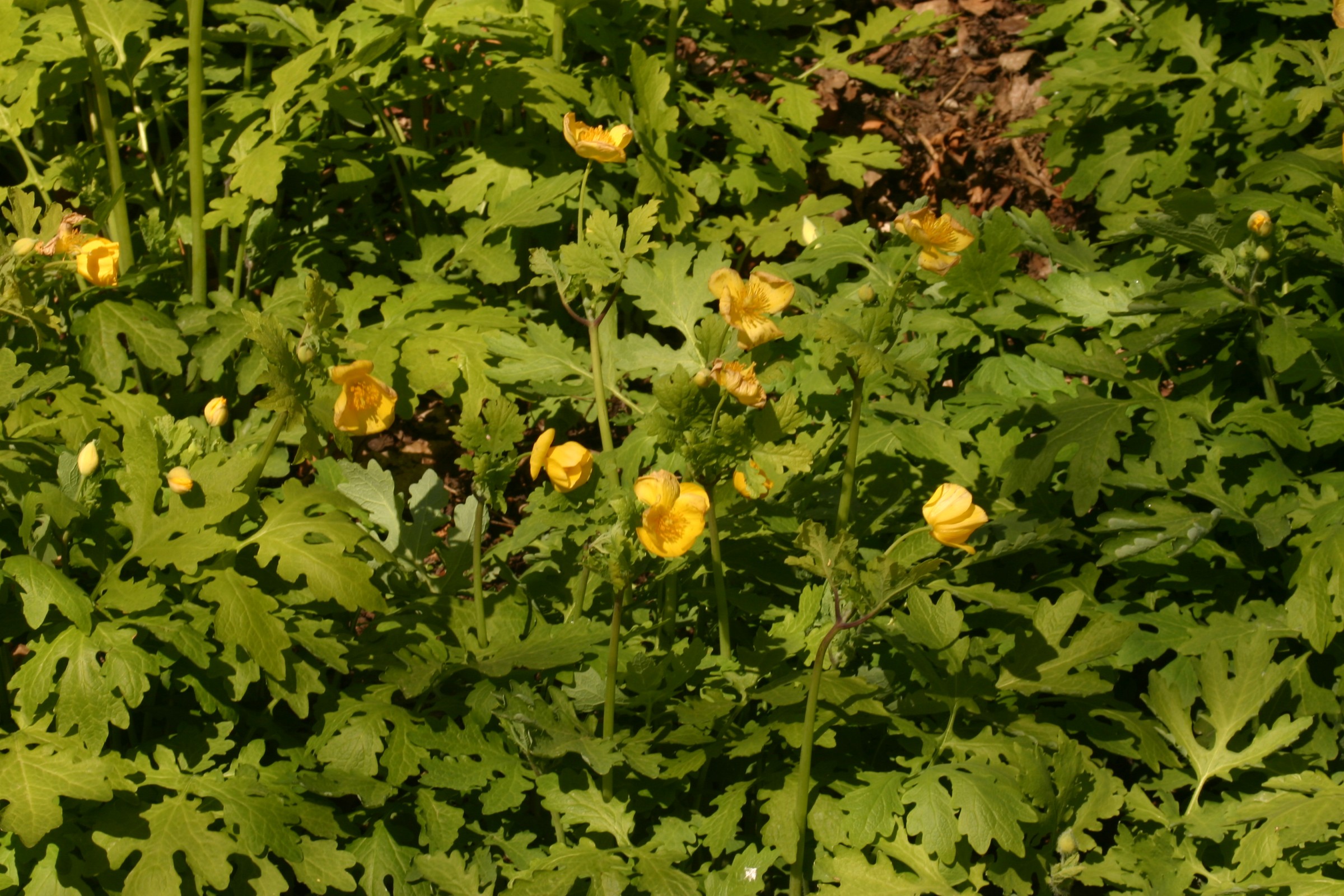 Stylophorum diphyllum‘ />
Stylophorum diphyllum‘ />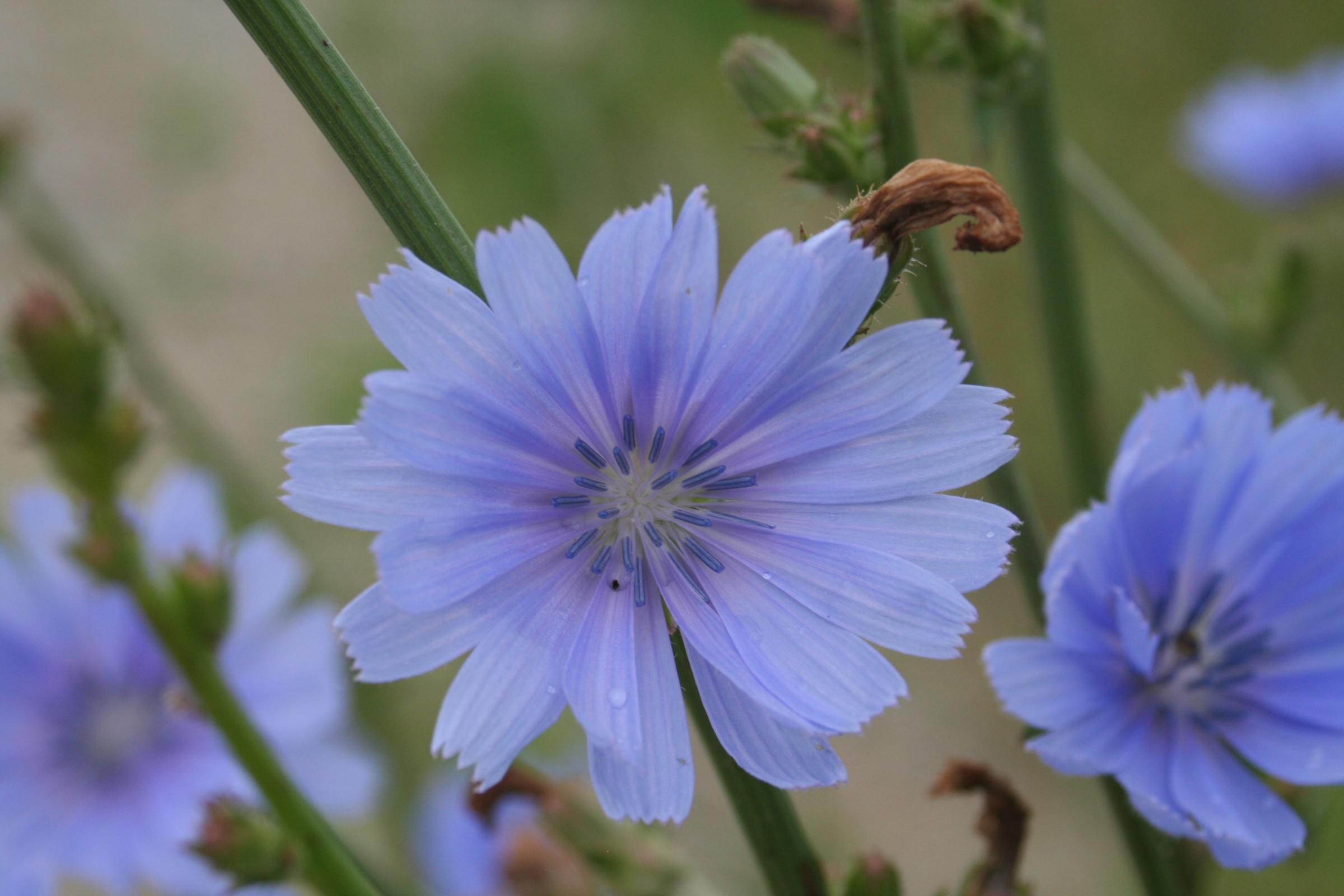 Cichorium intybus‘ />
Cichorium intybus‘ />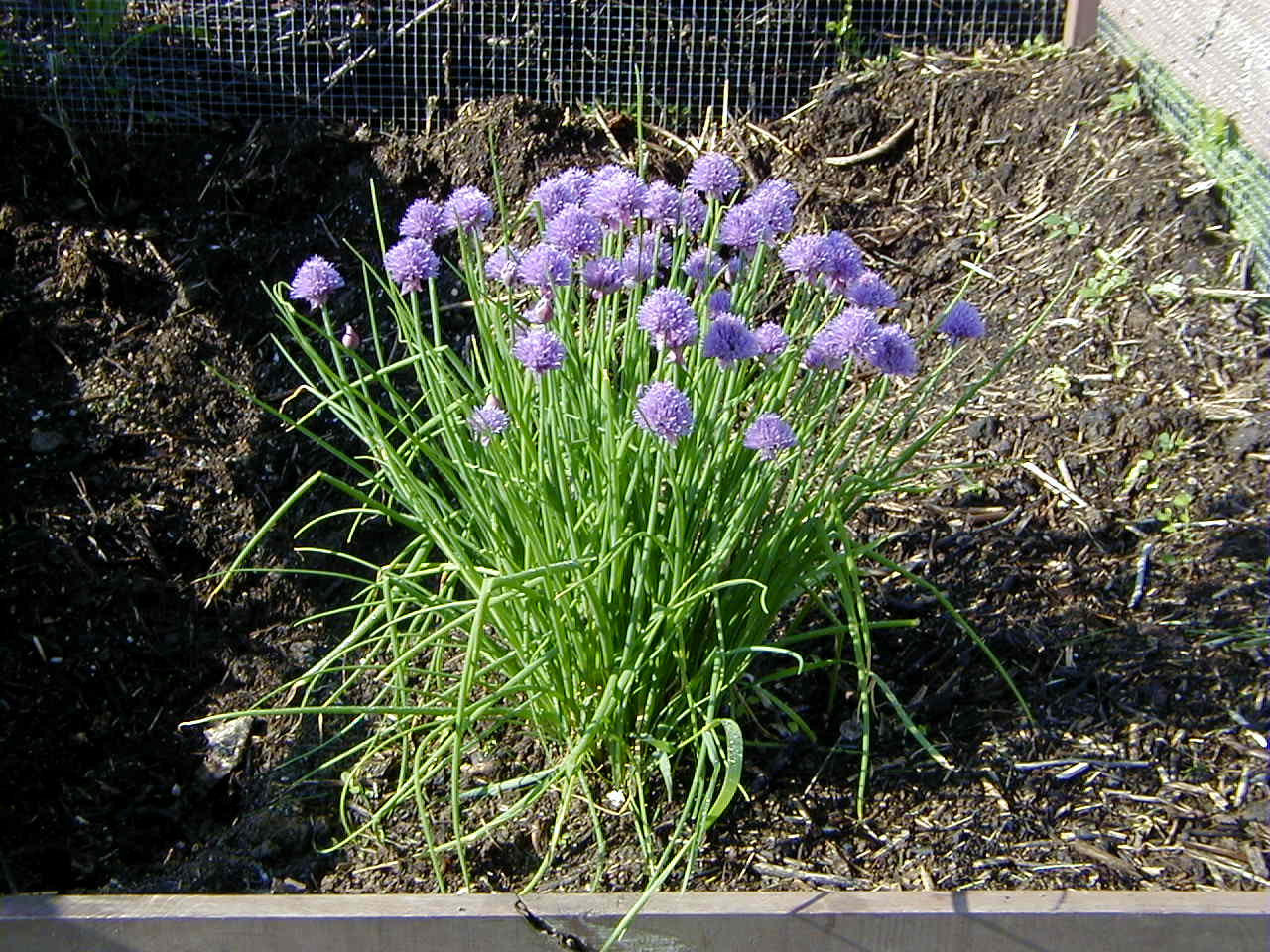 Allium schoenoprasum‘ />
Allium schoenoprasum‘ />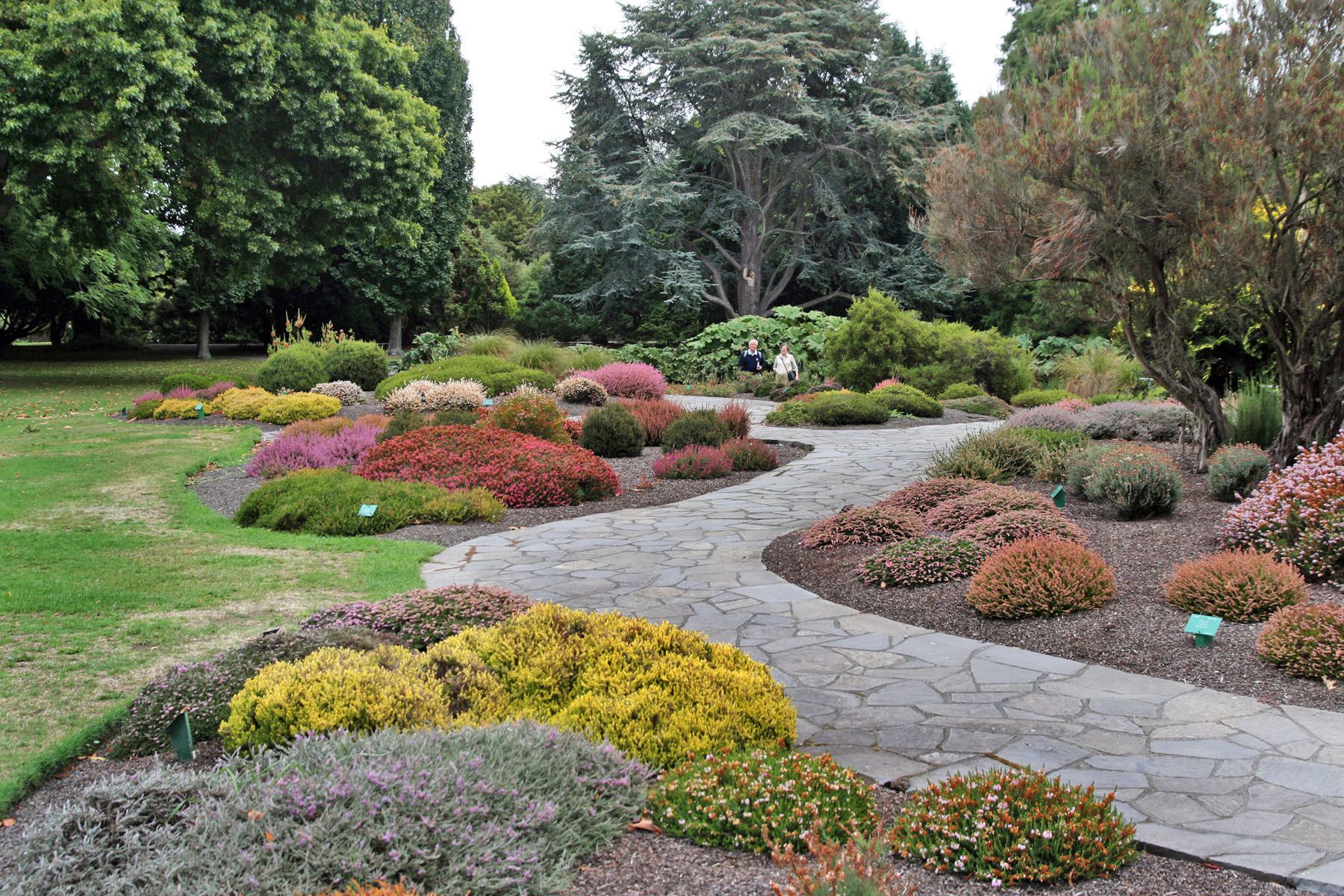
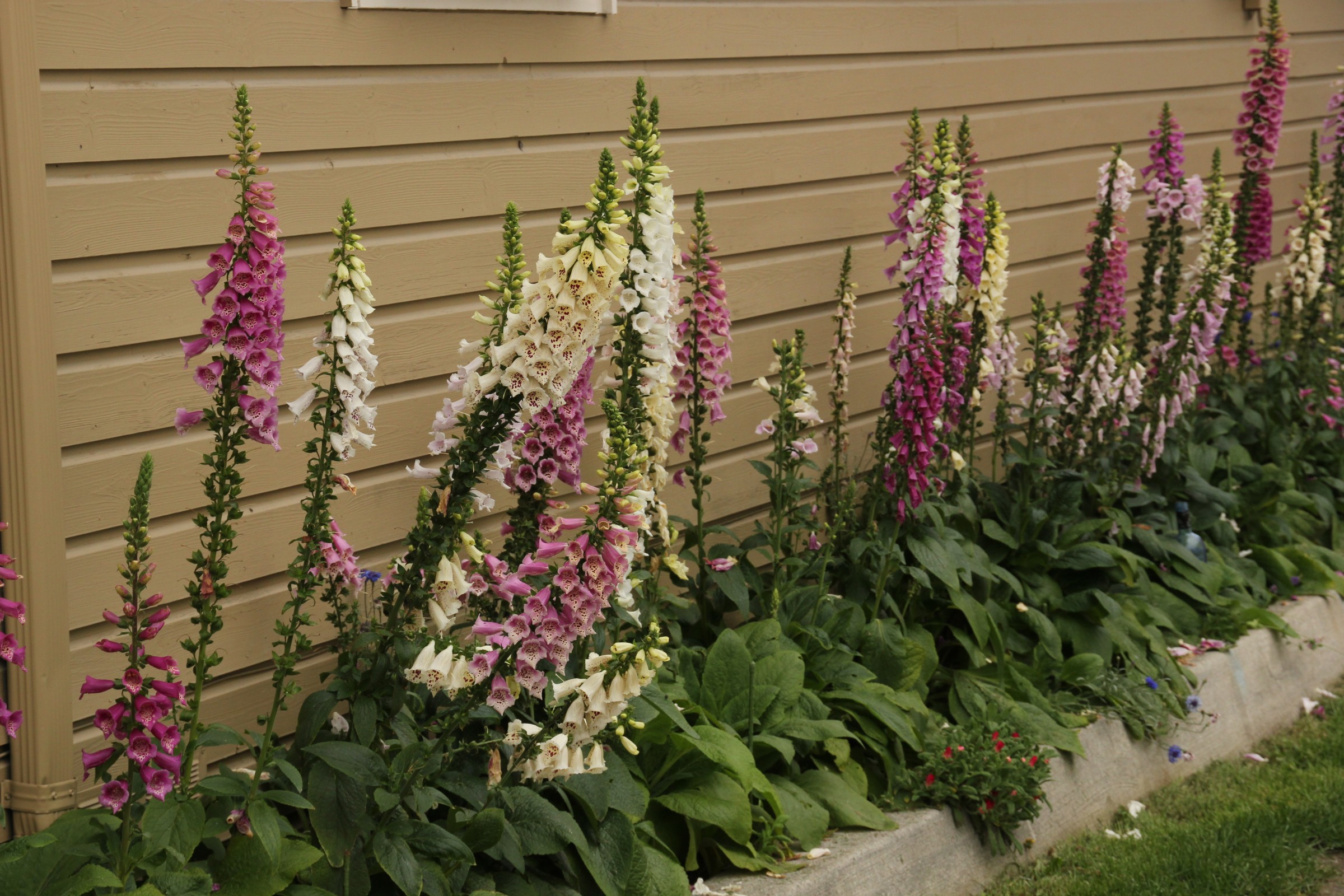 Digitalis purpurea‘ />
Digitalis purpurea‘ />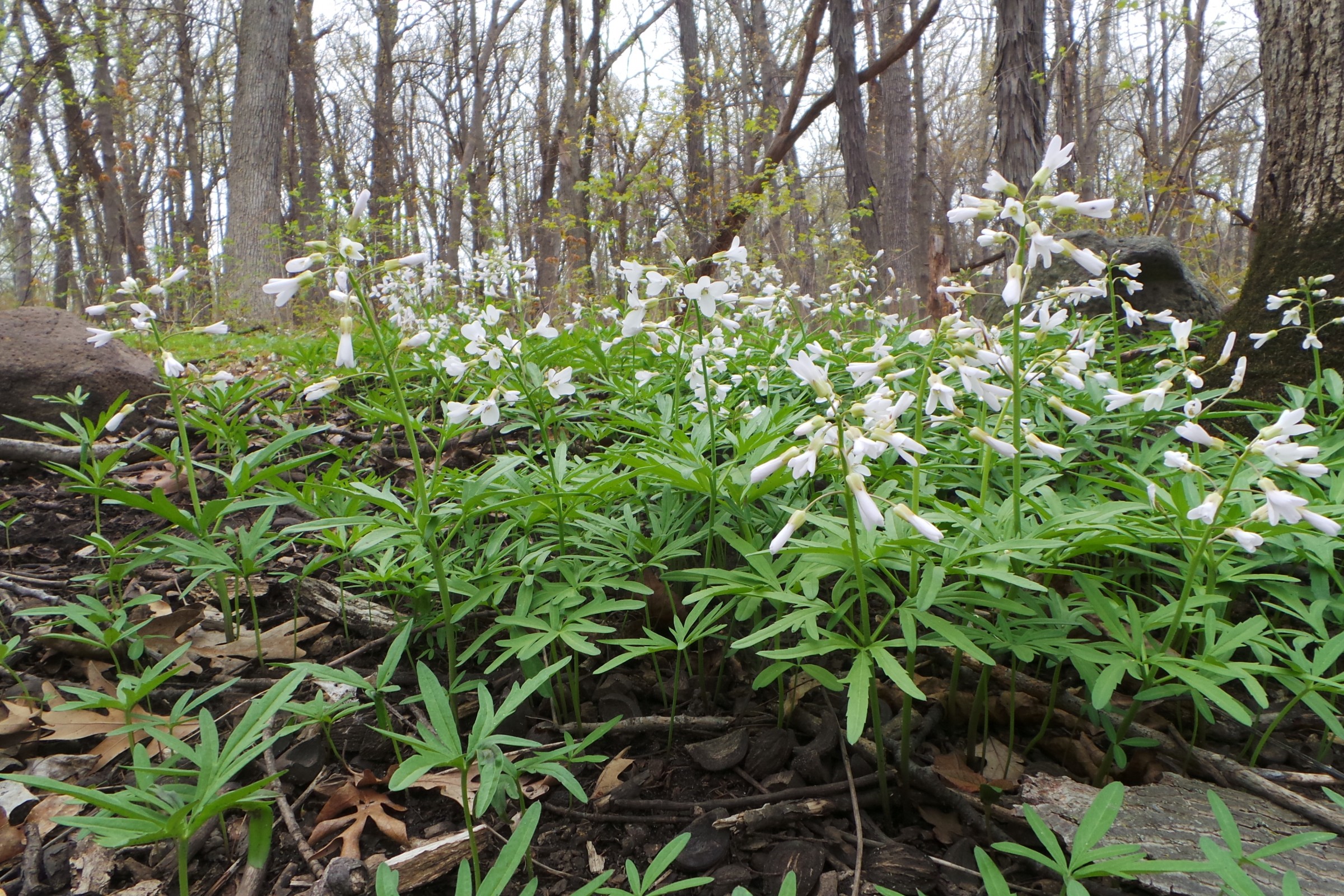 Cardamine concatenata‘ />
Cardamine concatenata‘ />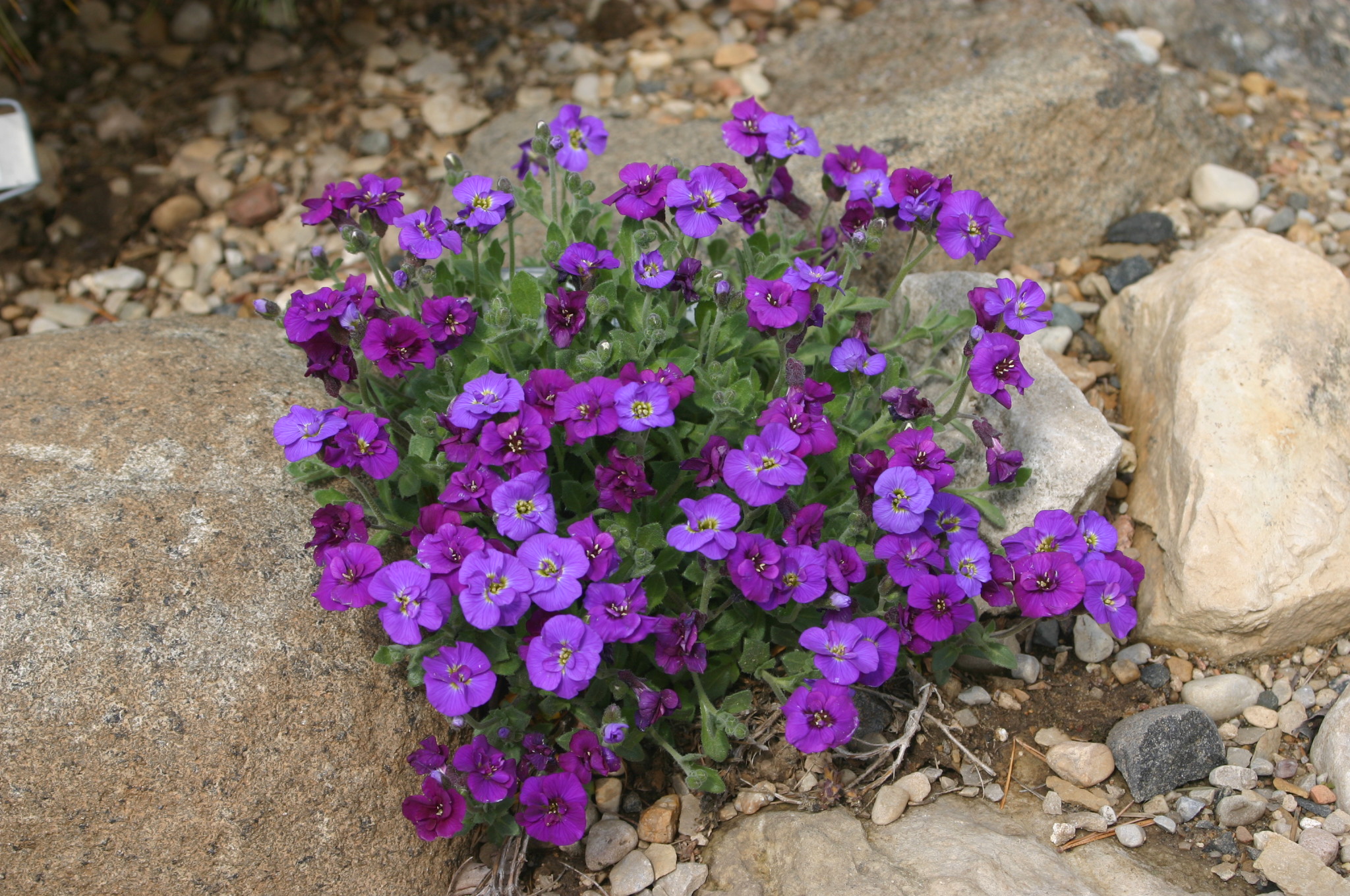
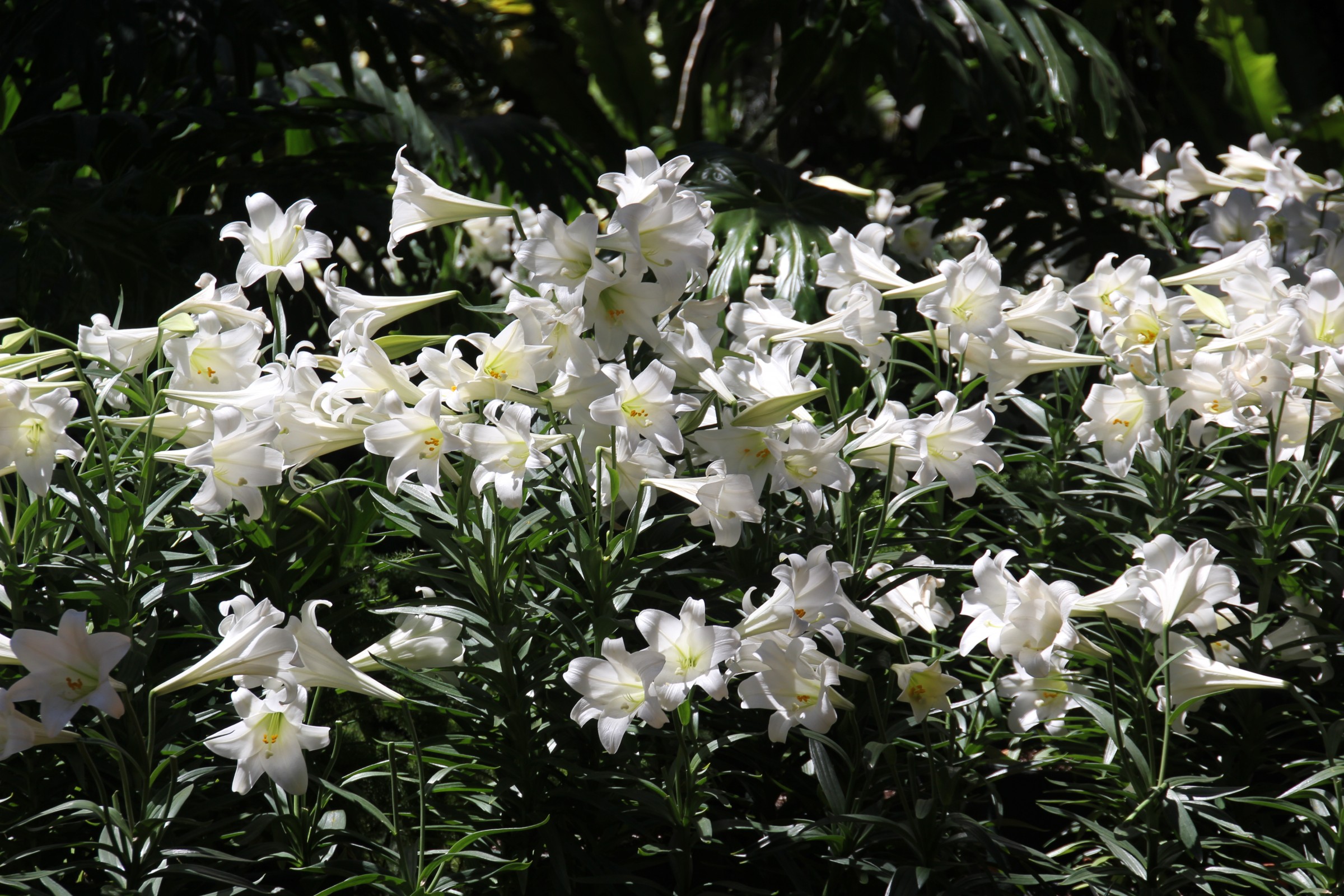 Lilium longiflorum‘ />
Lilium longiflorum‘ />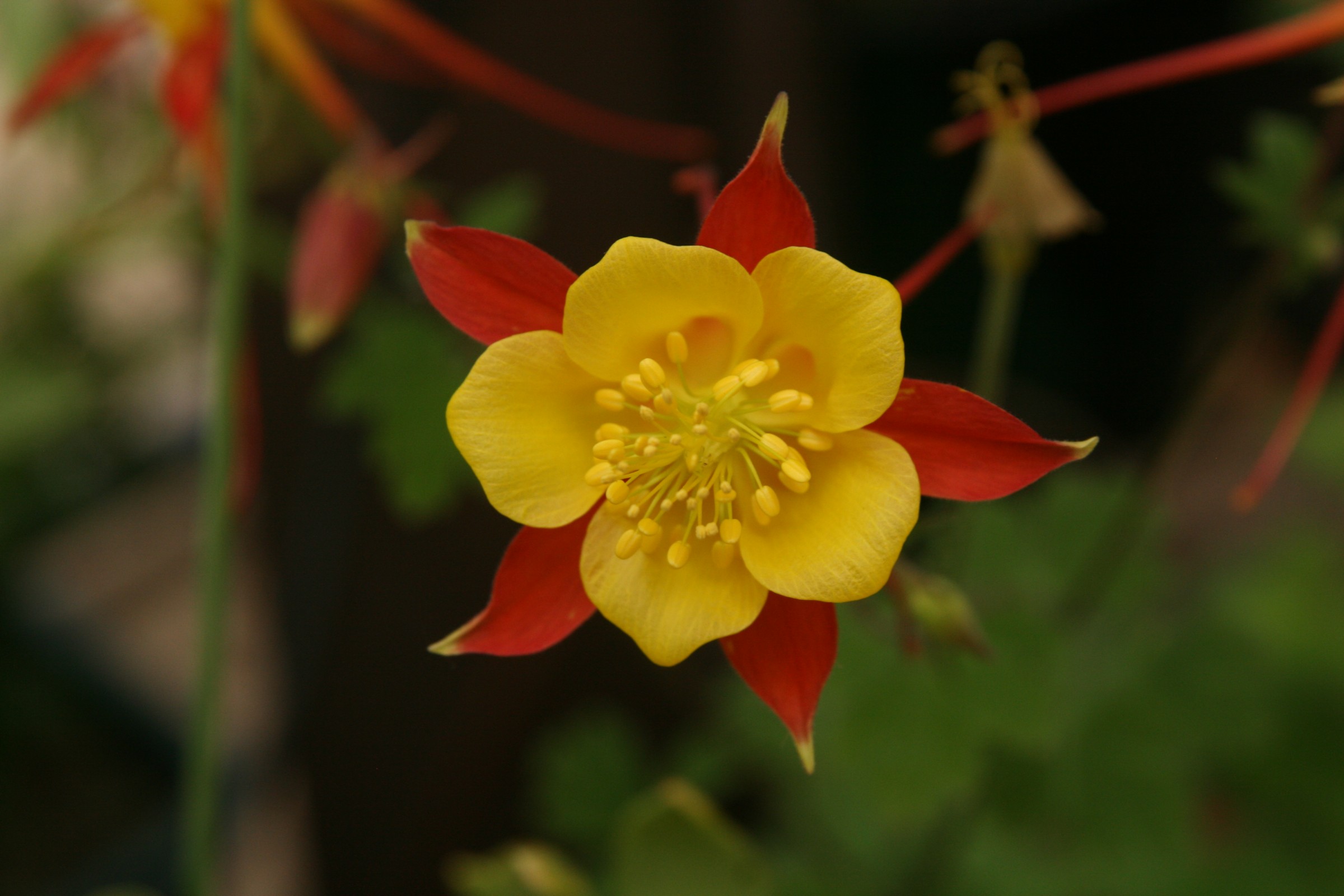 Aquilegia canadensis‘ />
Aquilegia canadensis‘ />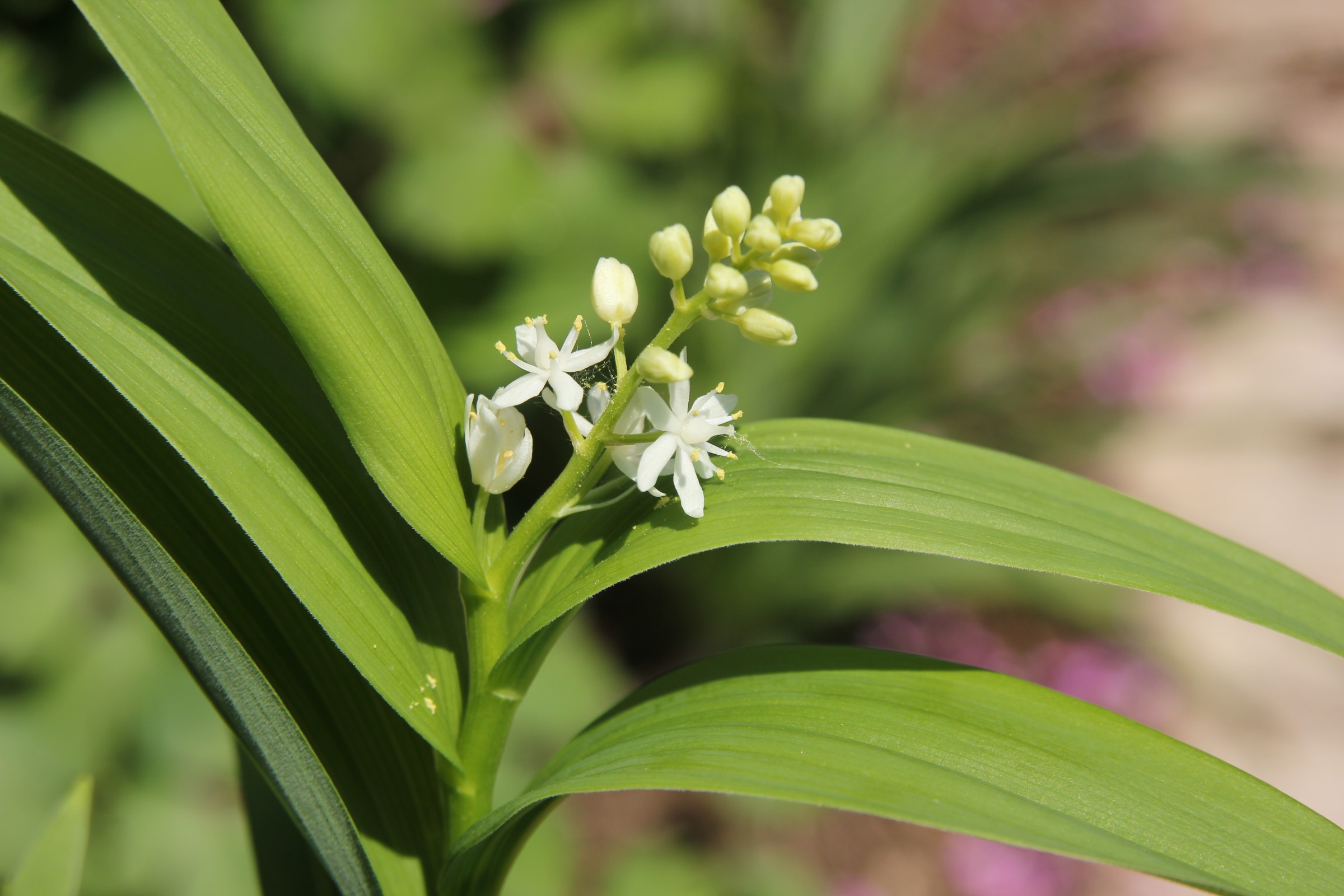 Maianthemum racemosum‘ />
Maianthemum racemosum‘ />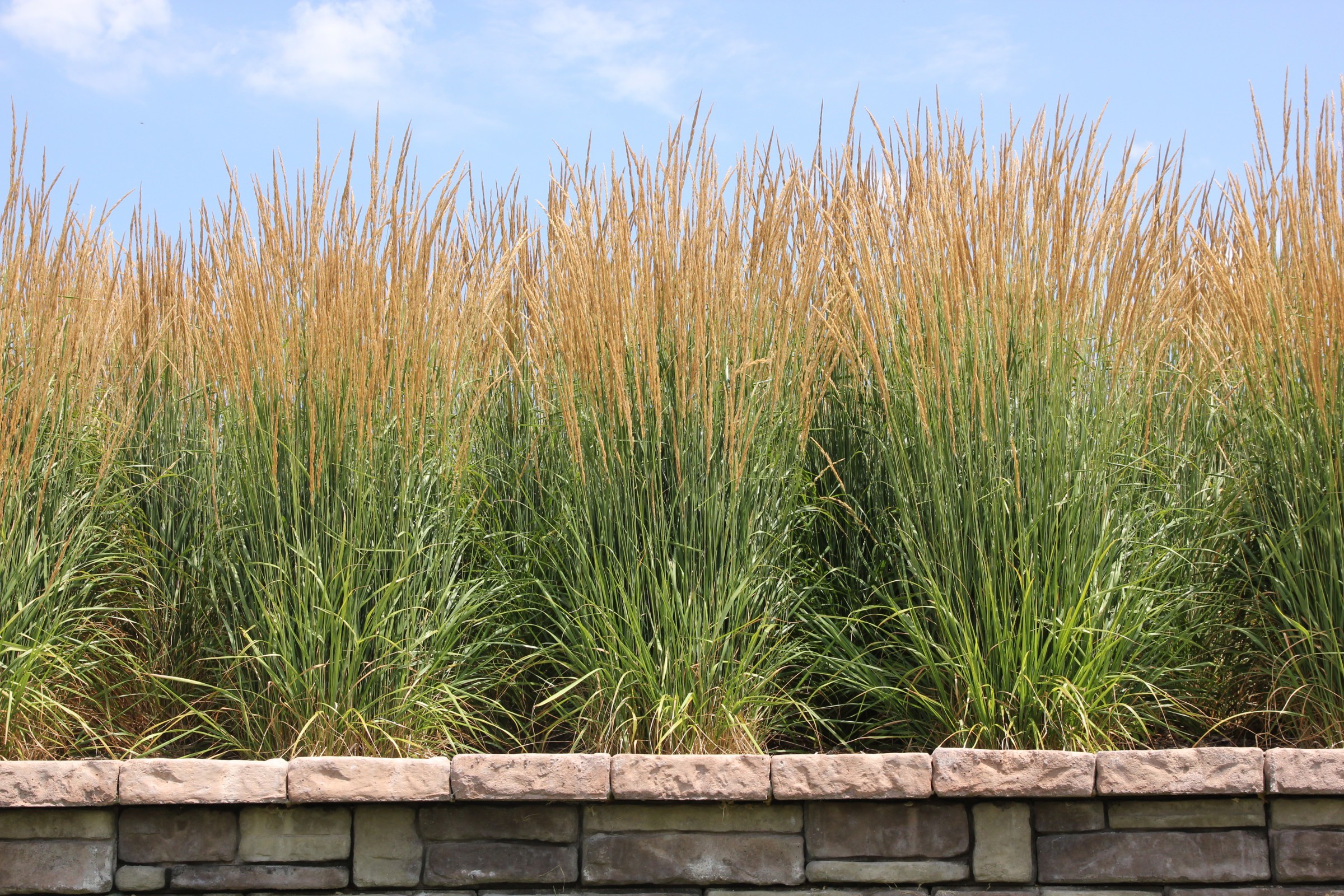 Calamagrostis x acutiflora ‘Karl Foerster’’ />
Calamagrostis x acutiflora ‘Karl Foerster’’ />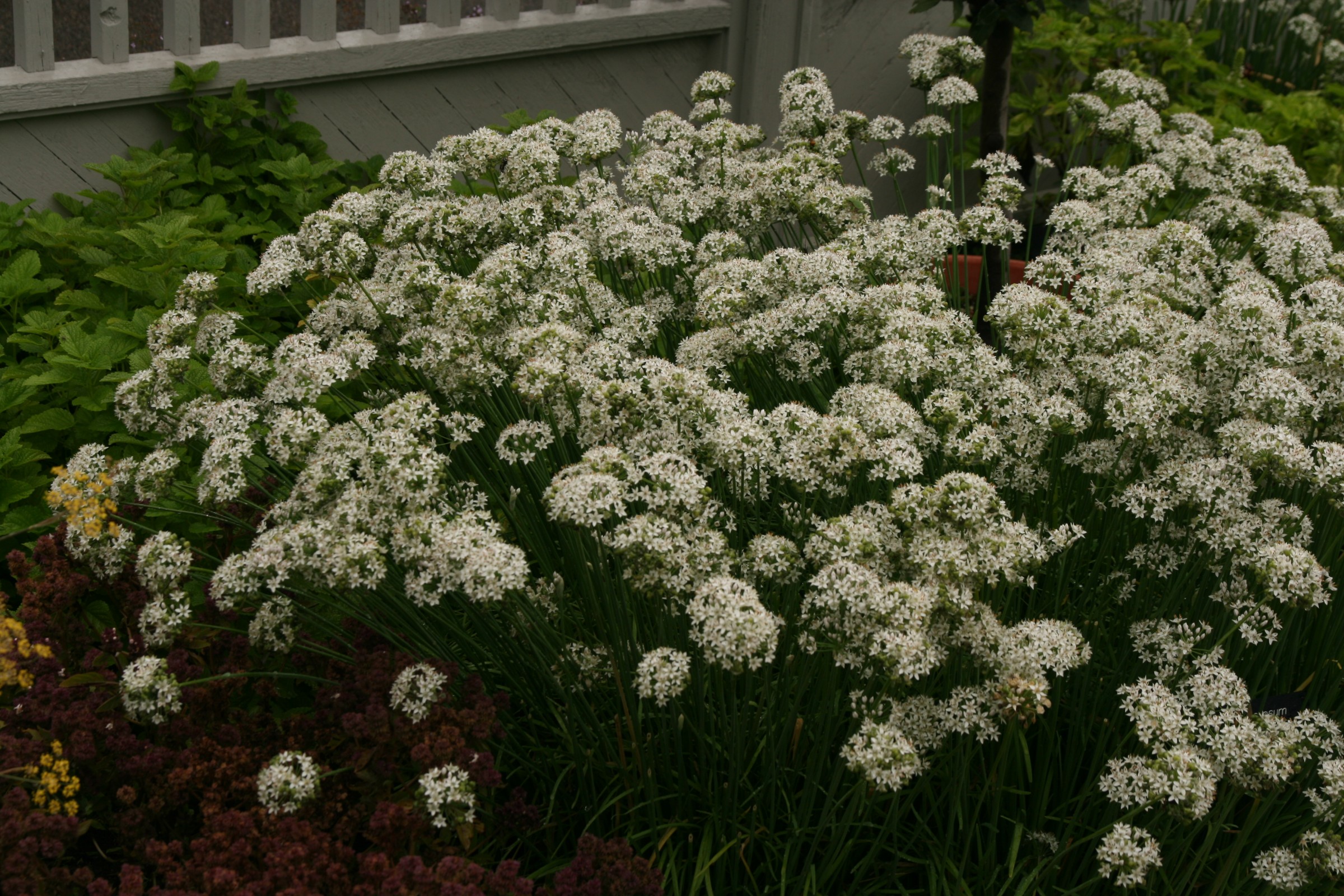 Allium tuberosum‘ />
Allium tuberosum‘ /> Gaura lindheimeri‘ />
Gaura lindheimeri‘ />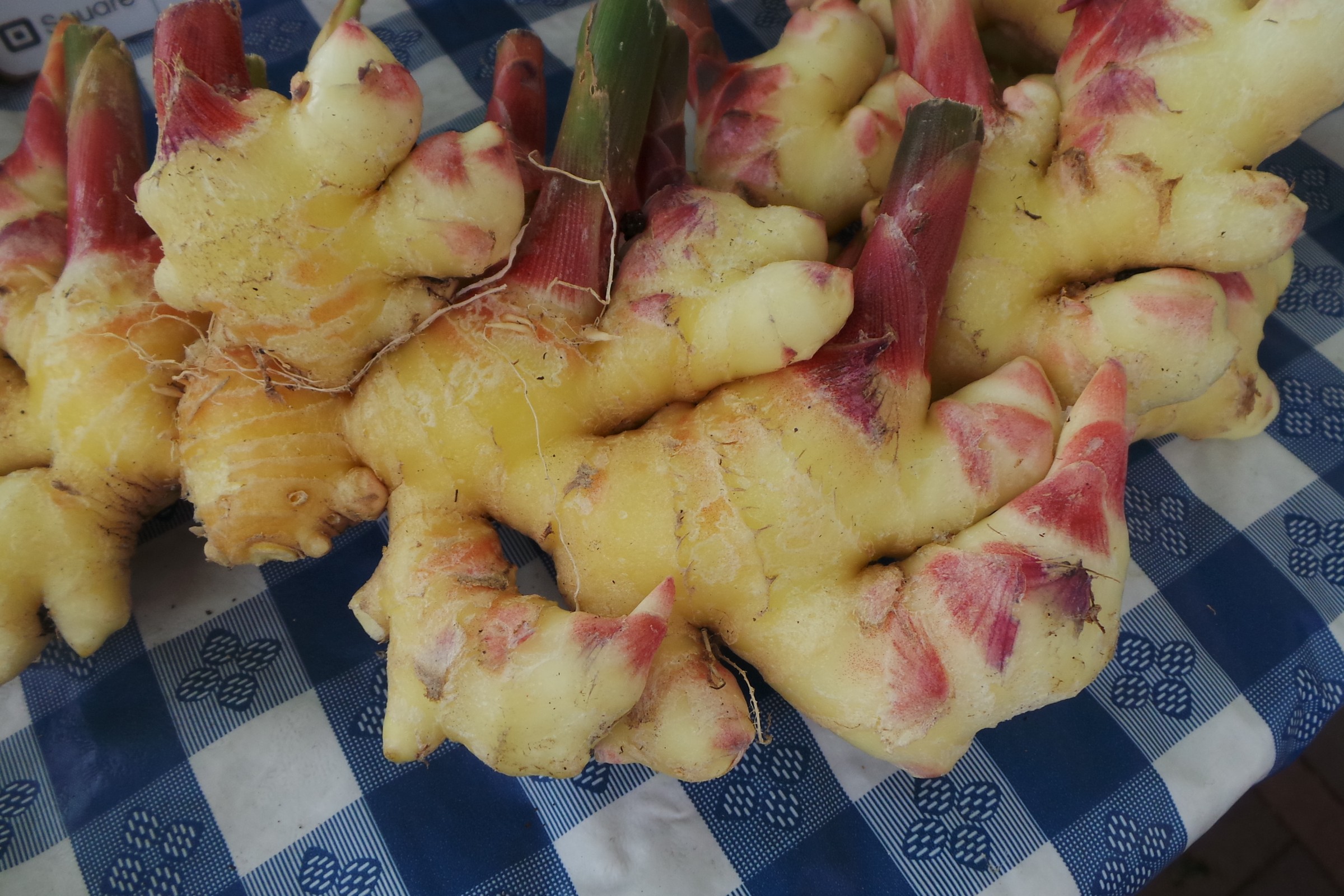 Zingiber officinale‘ />
Zingiber officinale‘ />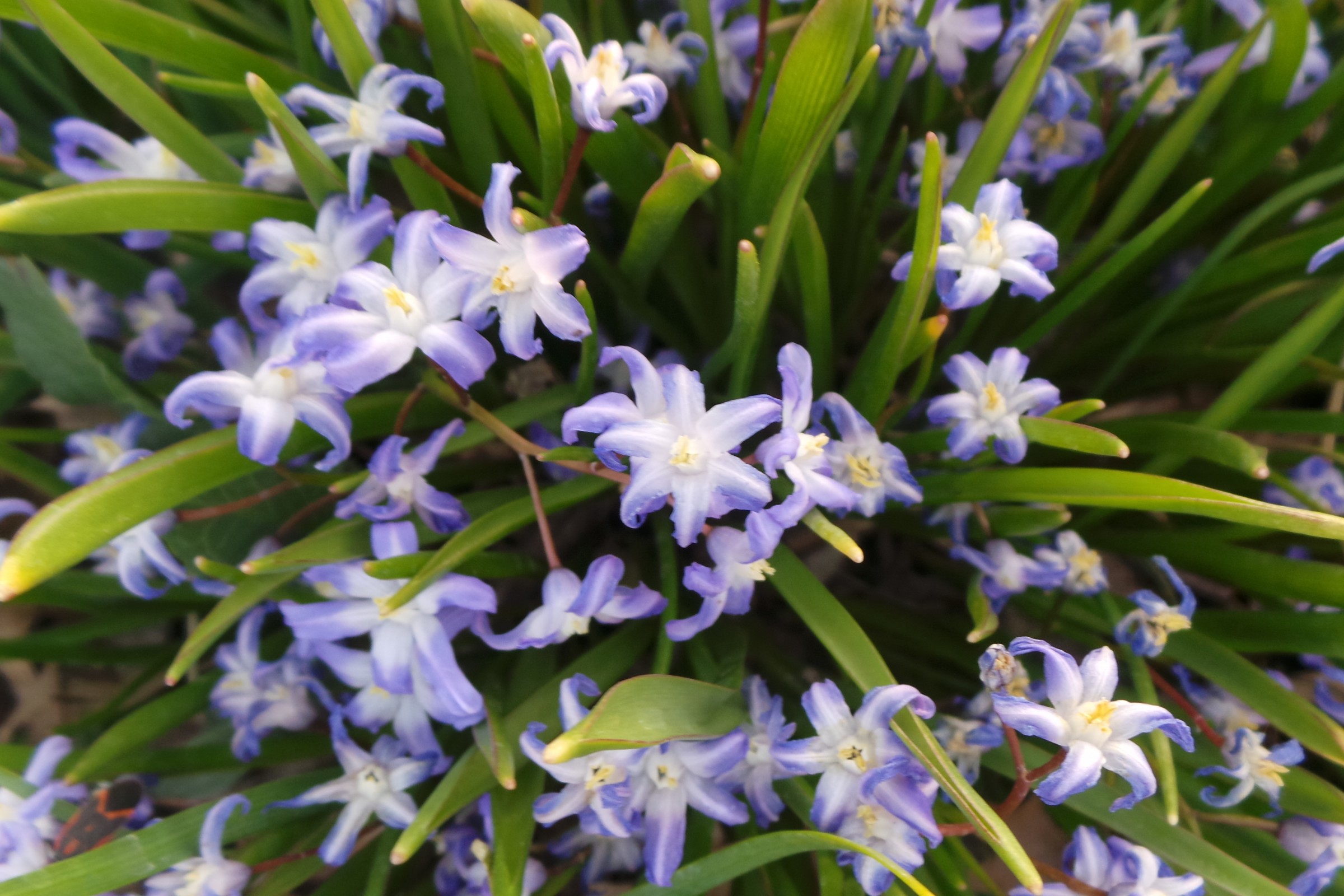 Chionodoxa forbesii‘ />
Chionodoxa forbesii‘ />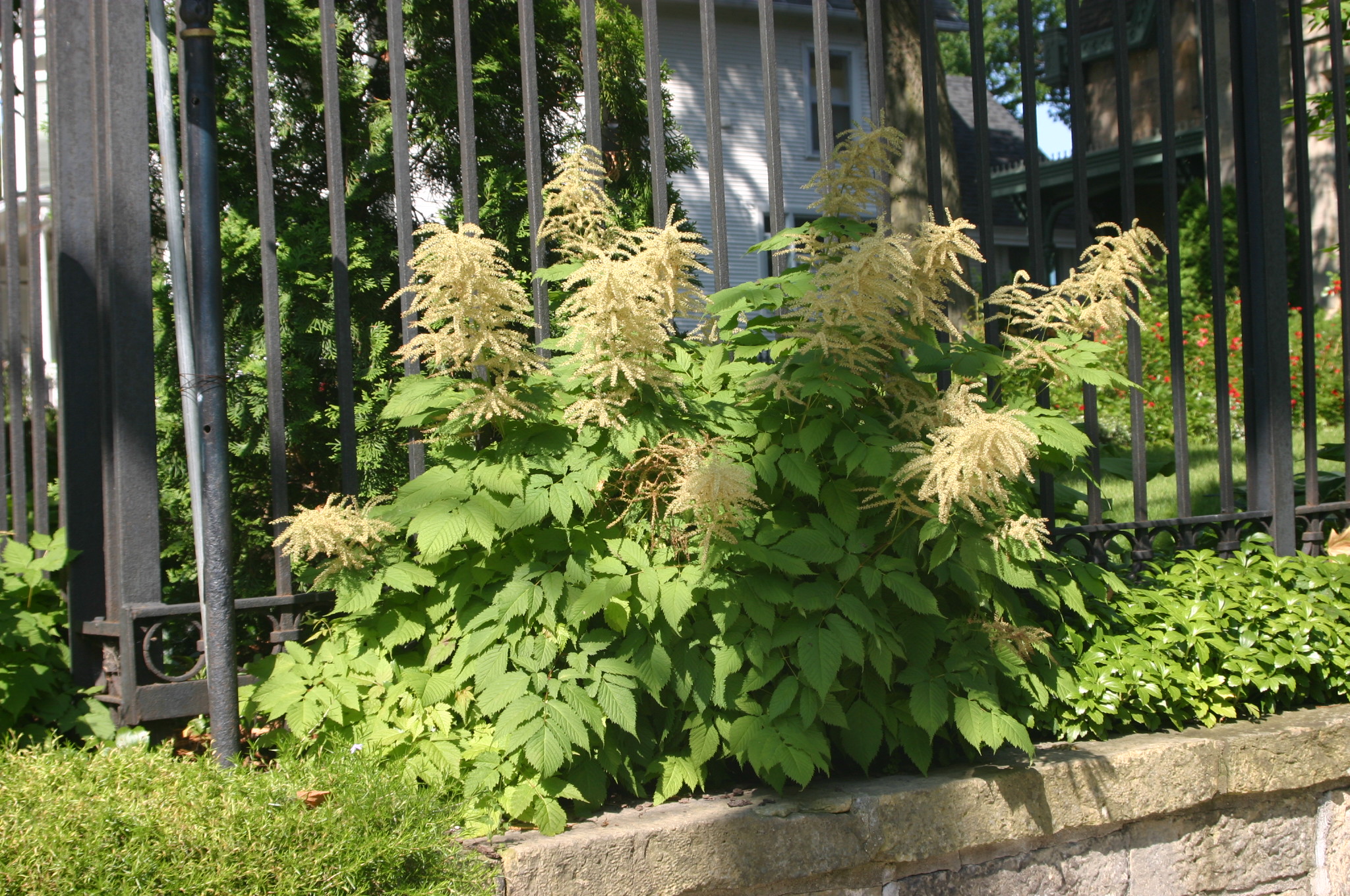 Aruncus dioicus‘ />
Aruncus dioicus‘ />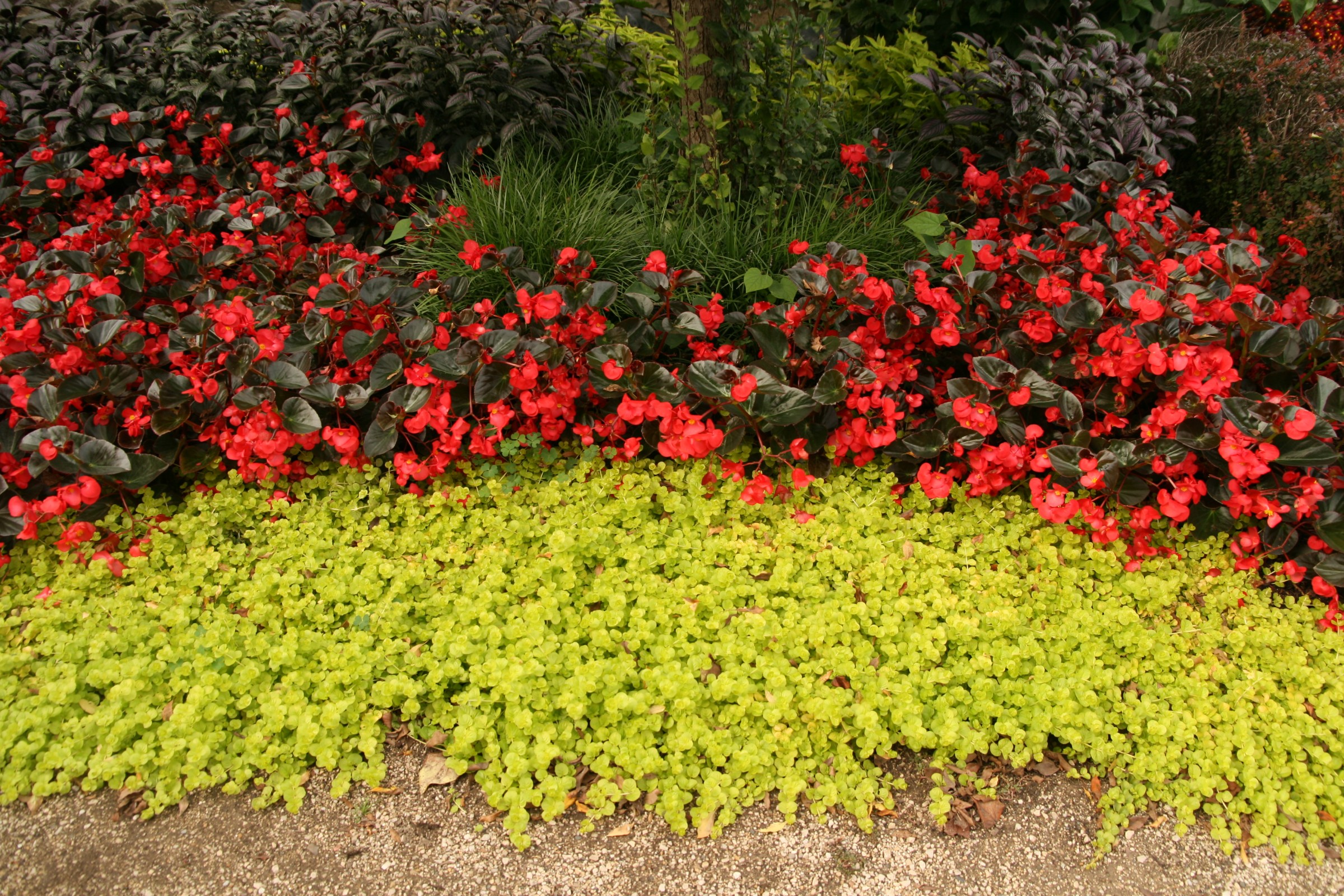 Lysimachia nummularia 'Aurea'’ />
Lysimachia nummularia 'Aurea'’ /> Muscari armeniacum‘ />
Muscari armeniacum‘ />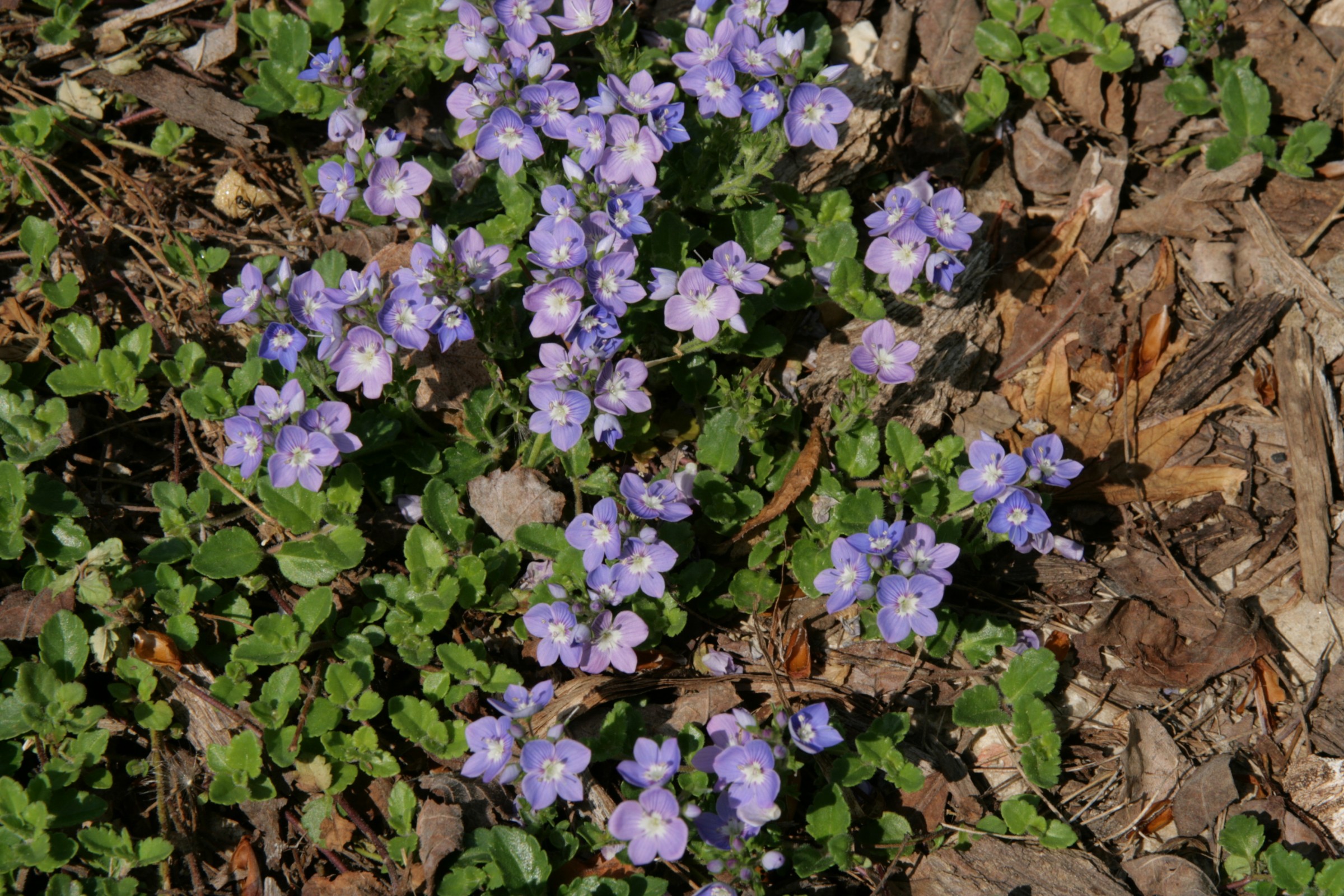
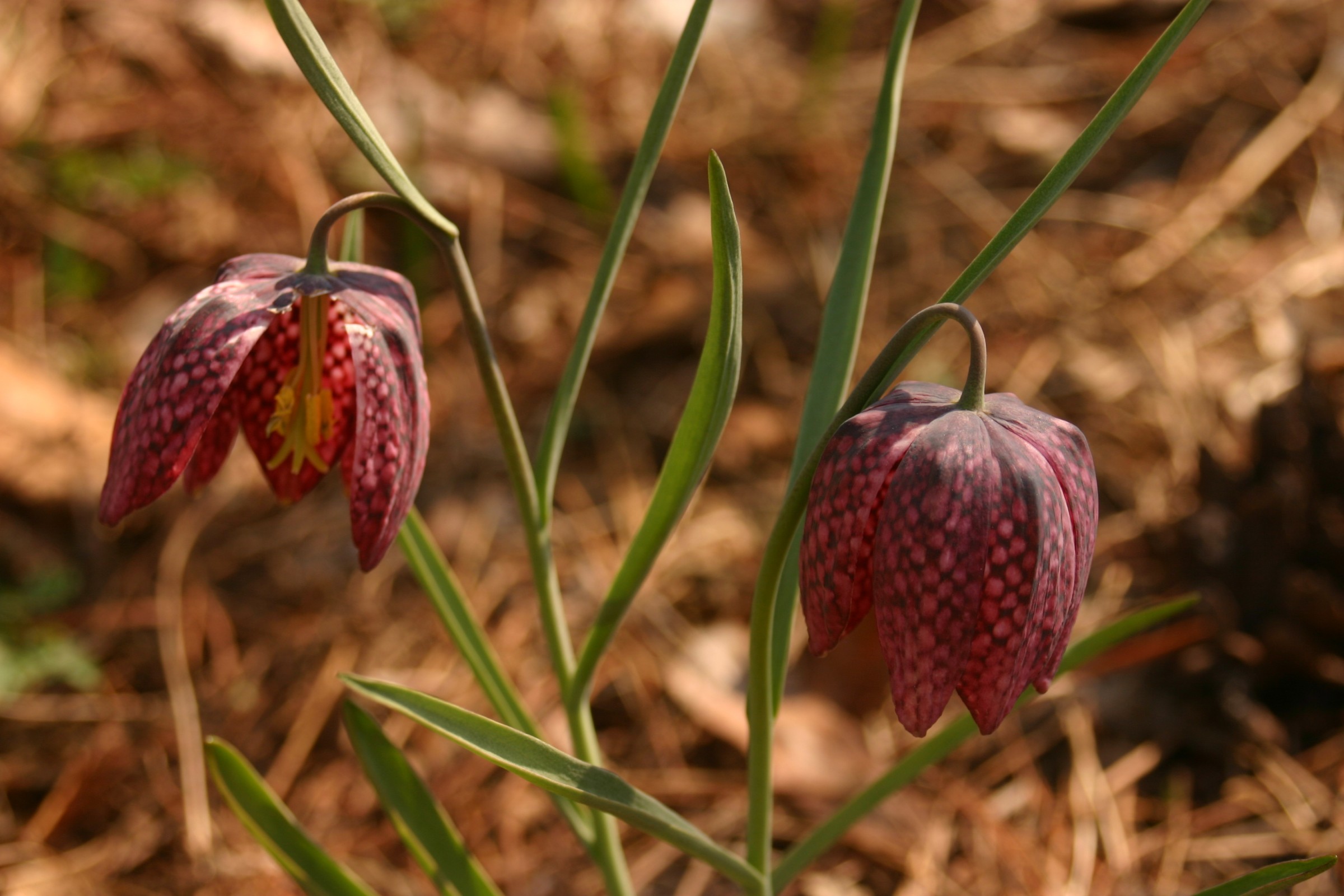 Fritillaria meleagris‘ />
Fritillaria meleagris‘ />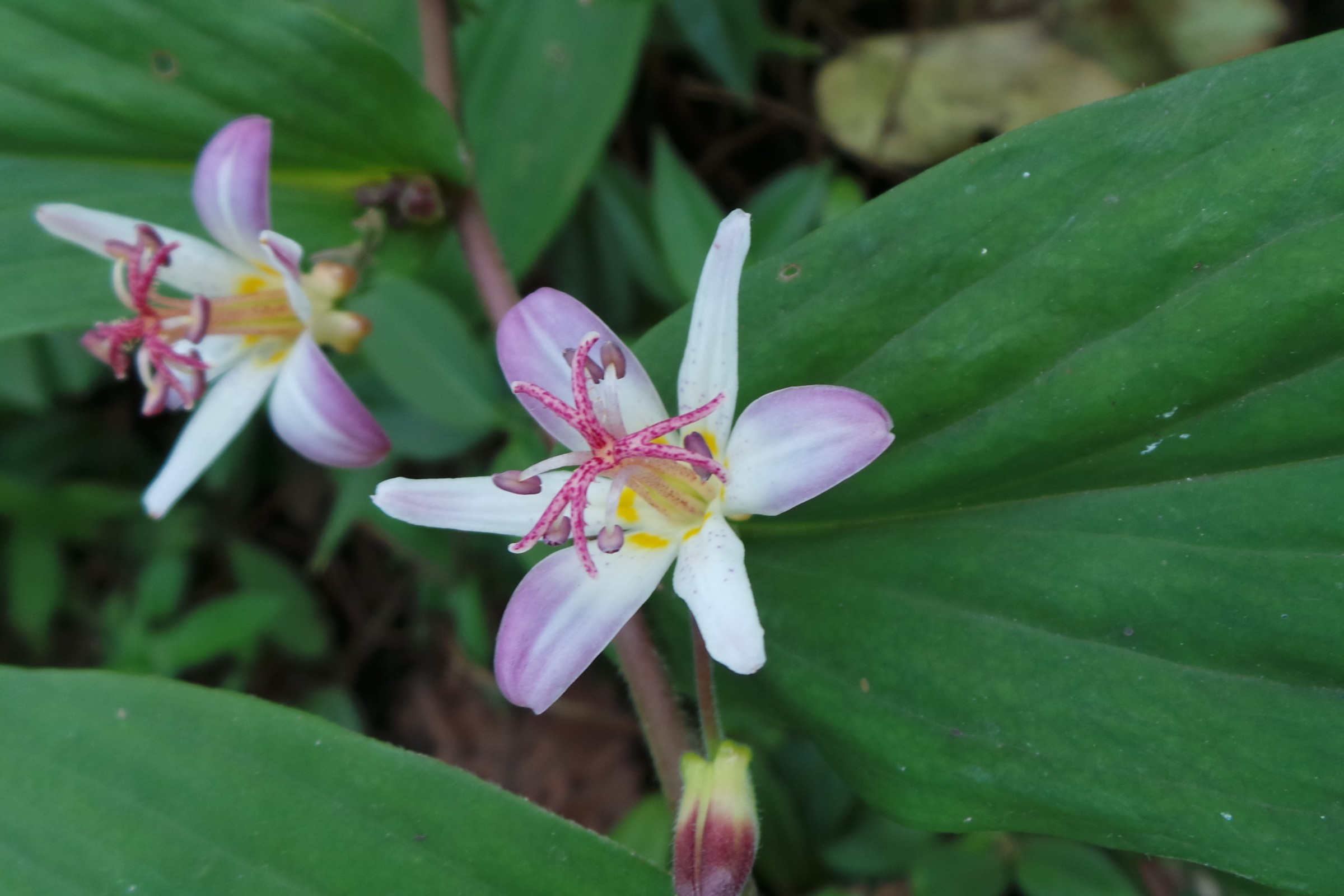 Tricyrtis hirta‘ />
Tricyrtis hirta‘ />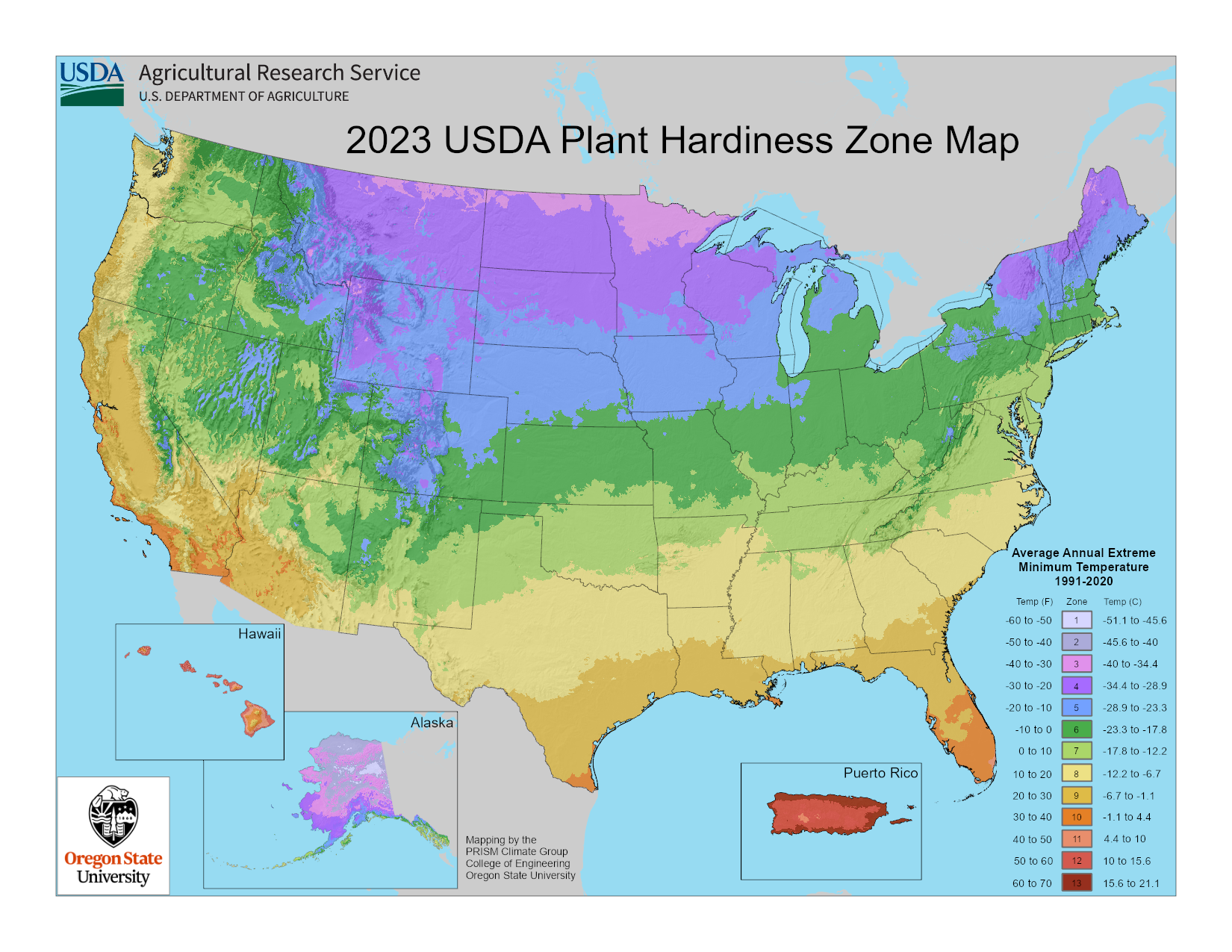
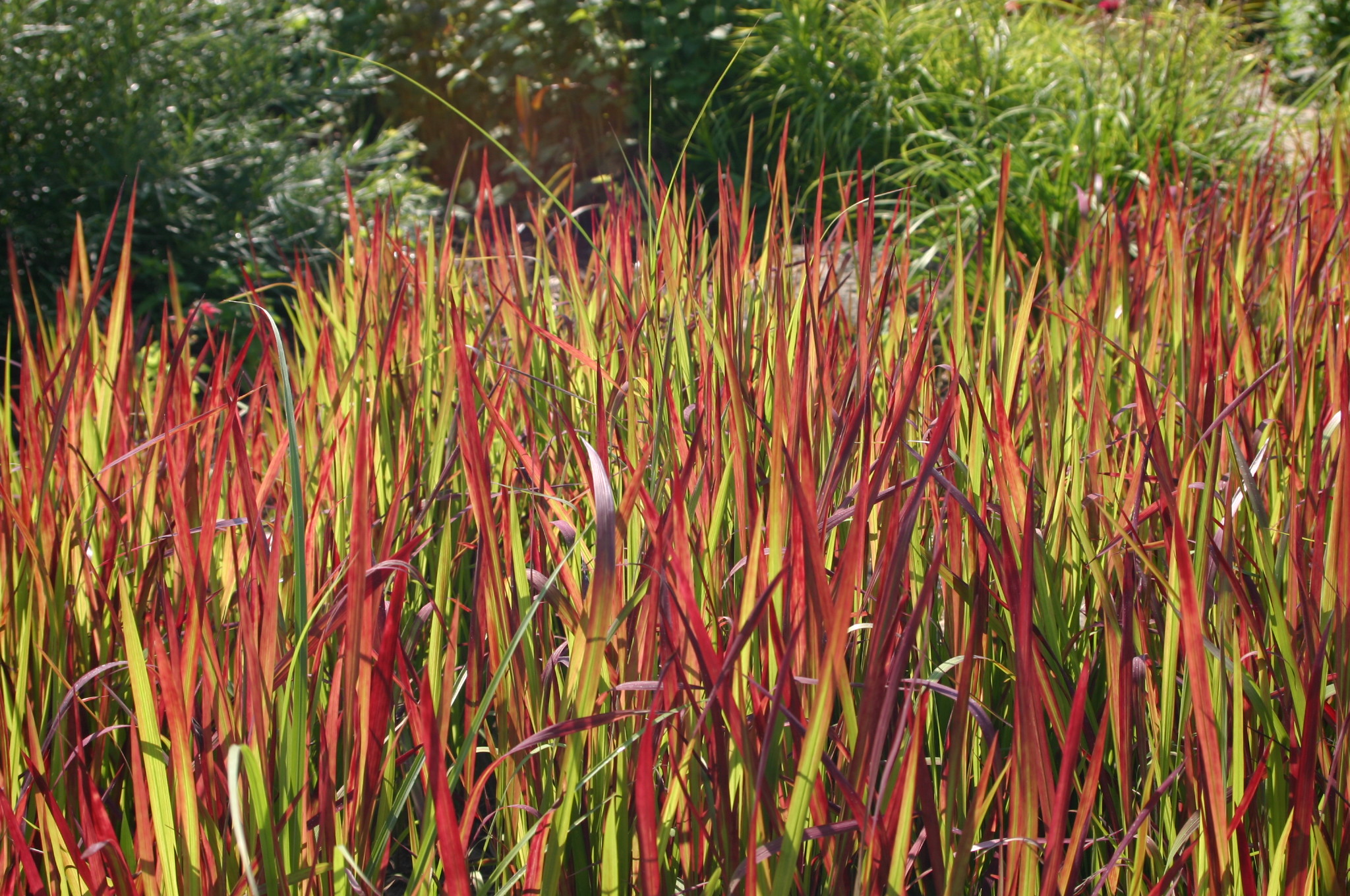 Imperata cylindrica var. rubra‘ />
Imperata cylindrica var. rubra‘ />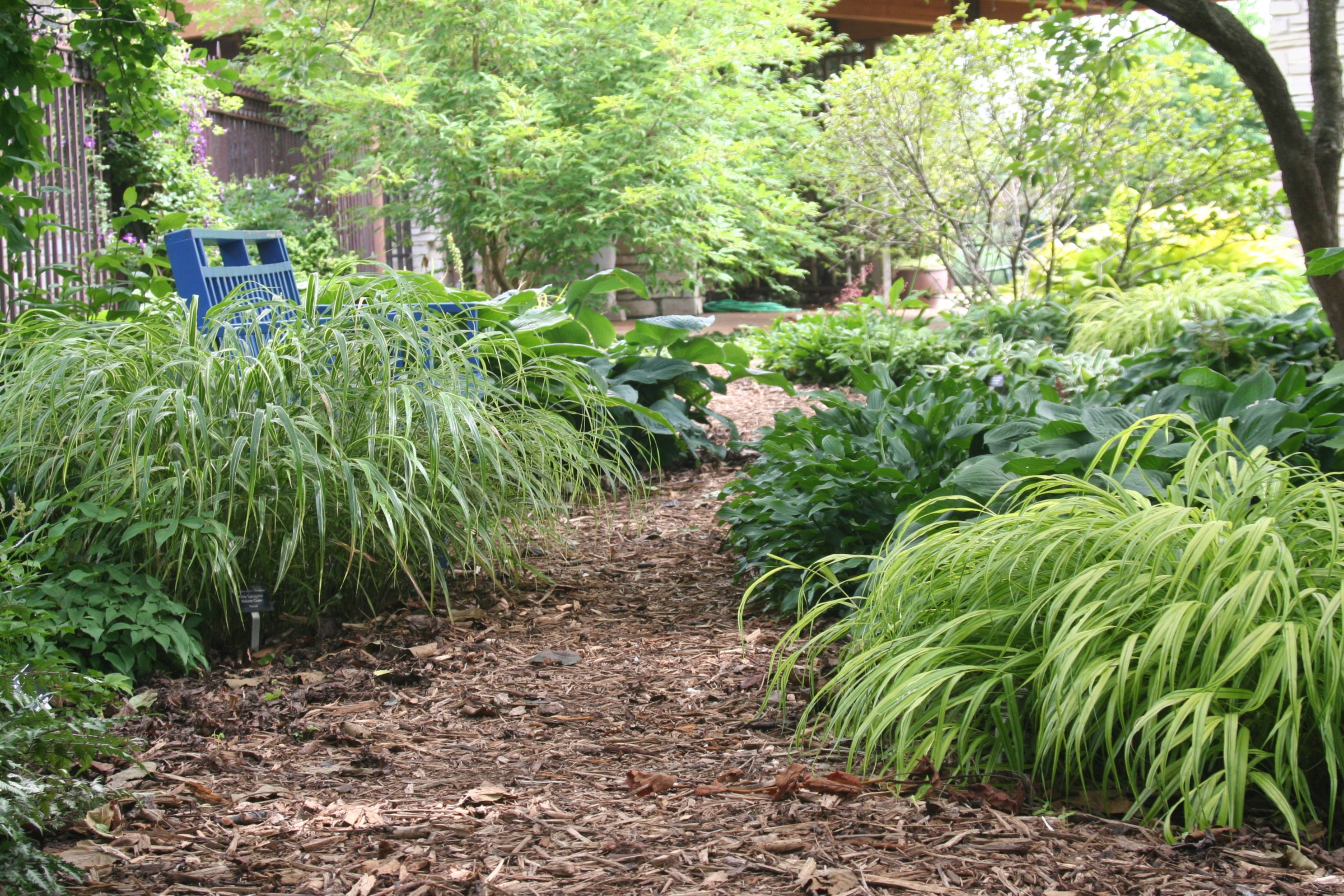 Hakonechloa macra‘ />
Hakonechloa macra‘ />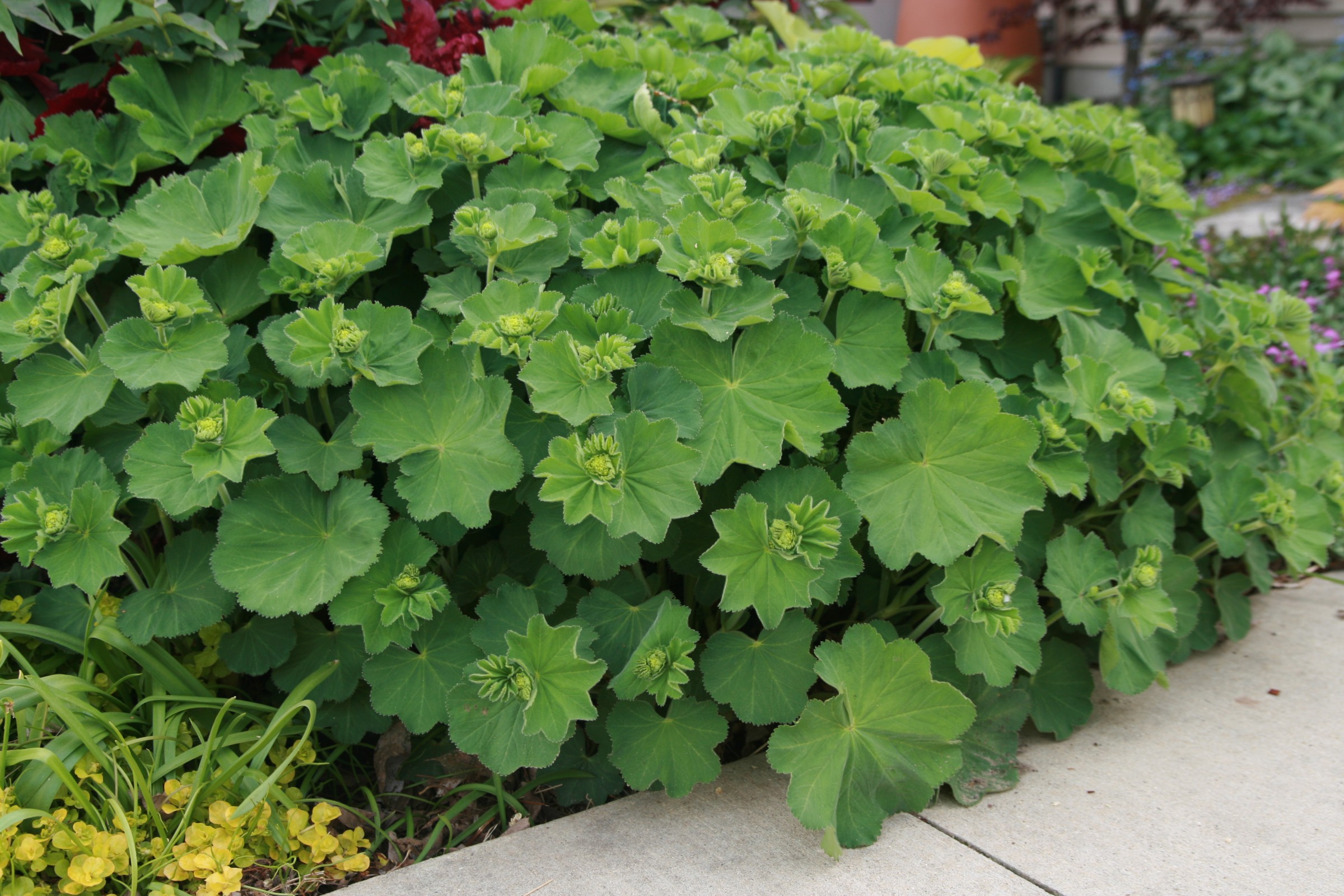 Alchemilla mollis‘ />
Alchemilla mollis‘ />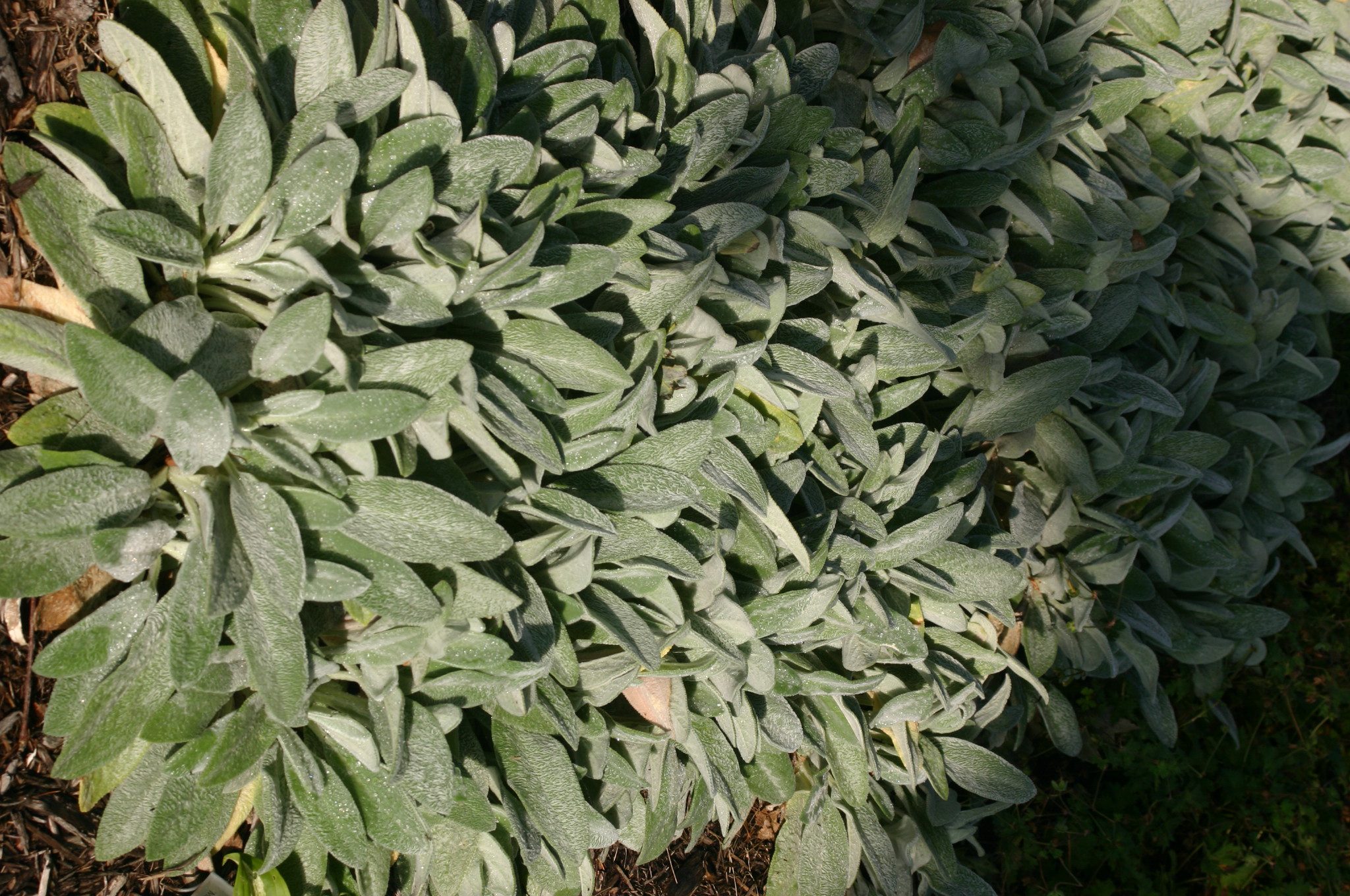 Stachys byzantina, ‘Cotton Boll’’ />
Stachys byzantina, ‘Cotton Boll’’ /> Melissa officinalis‘ />
Melissa officinalis‘ />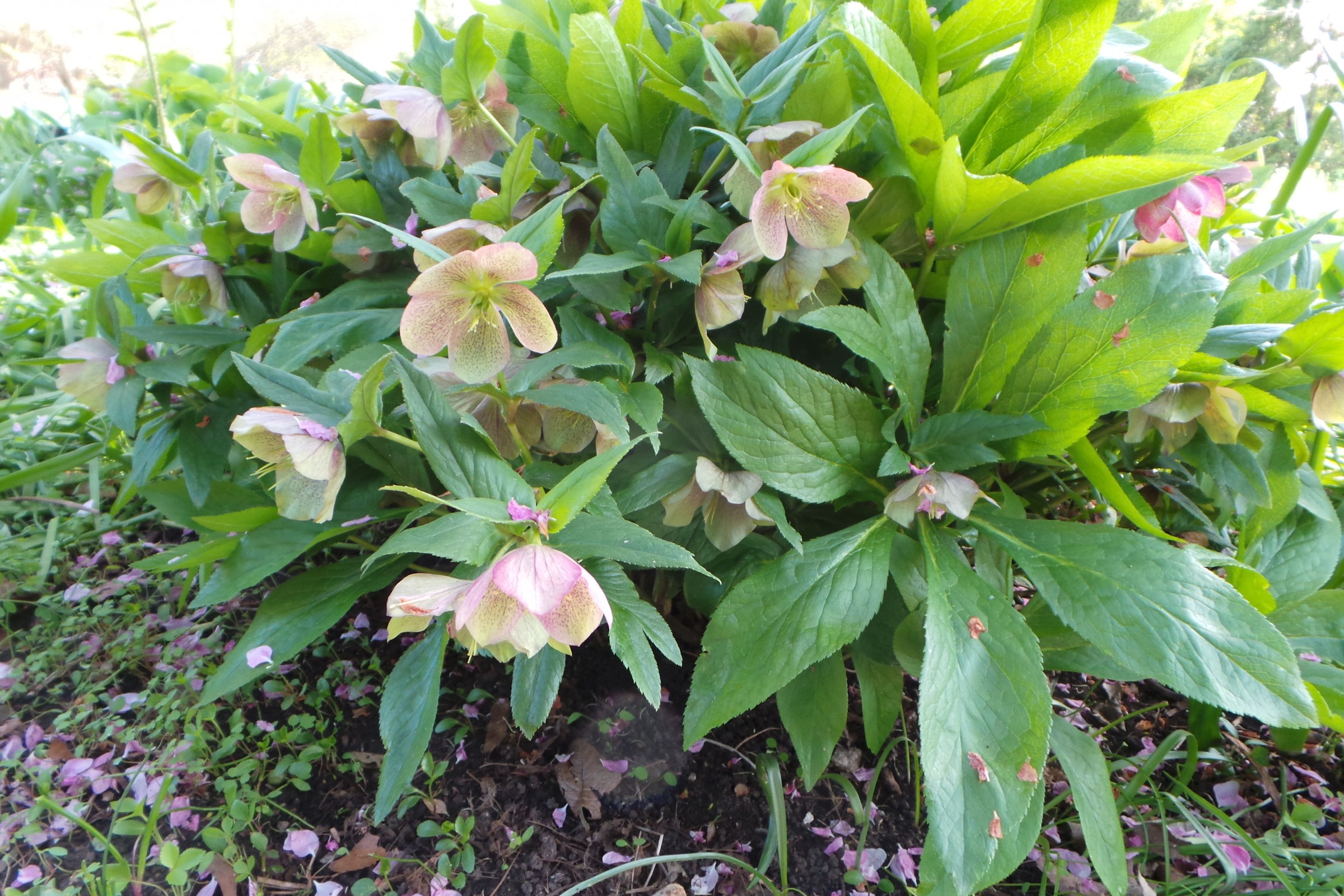 Helleborus ×hybridus‘ />
Helleborus ×hybridus‘ />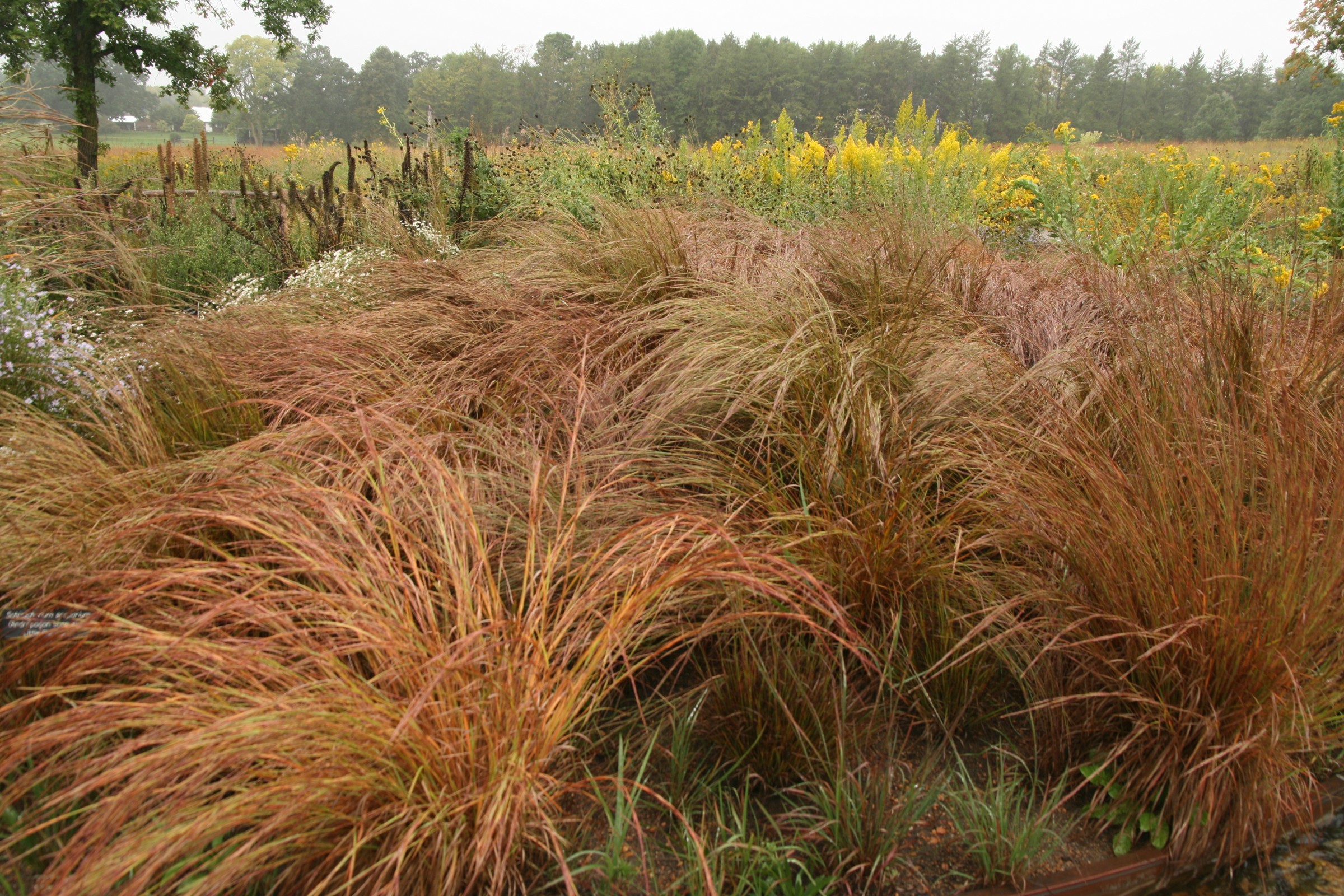 Schizachyrium scoparium‘ />
Schizachyrium scoparium‘ />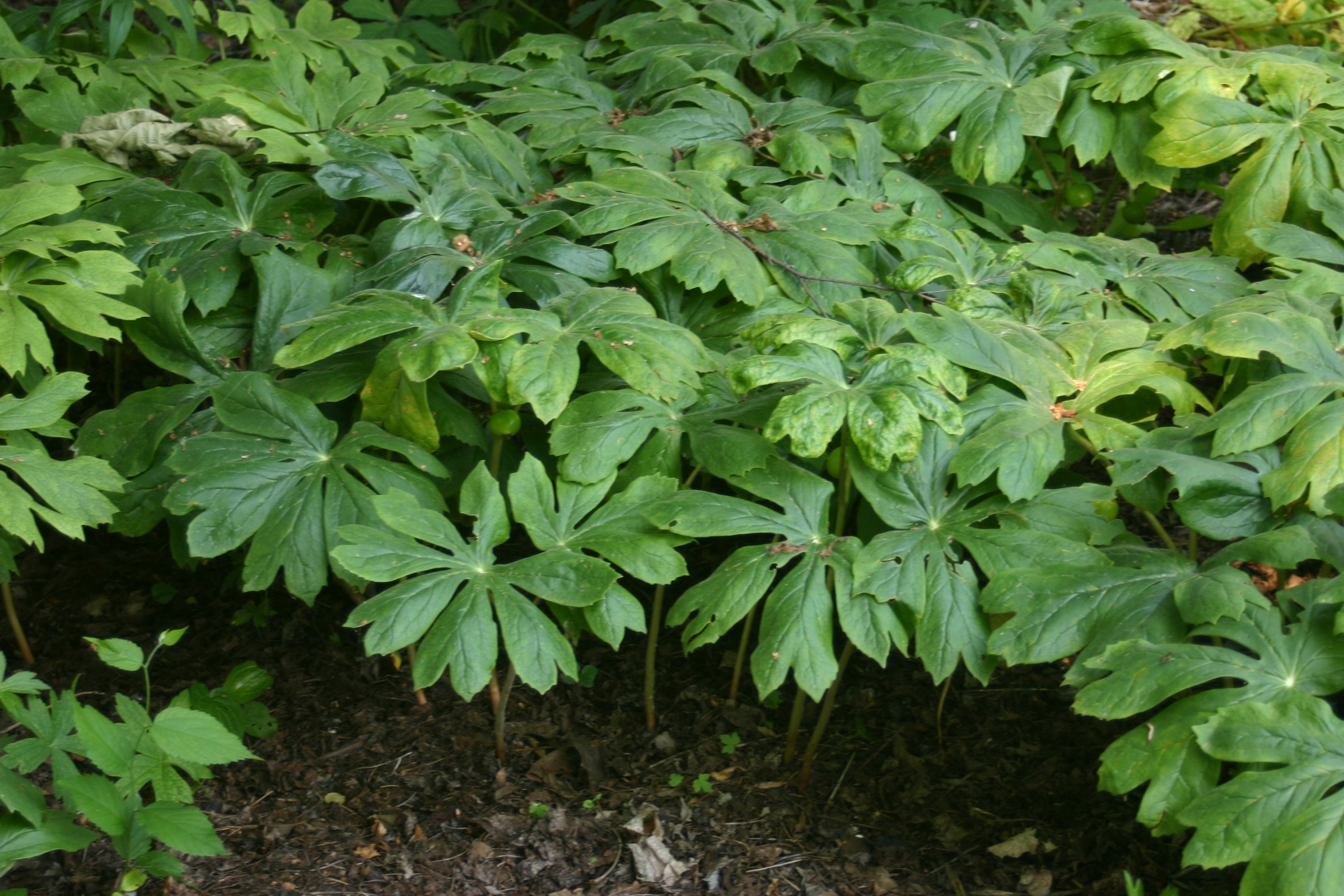 Podophyllum peltatum‘ />
Podophyllum peltatum‘ />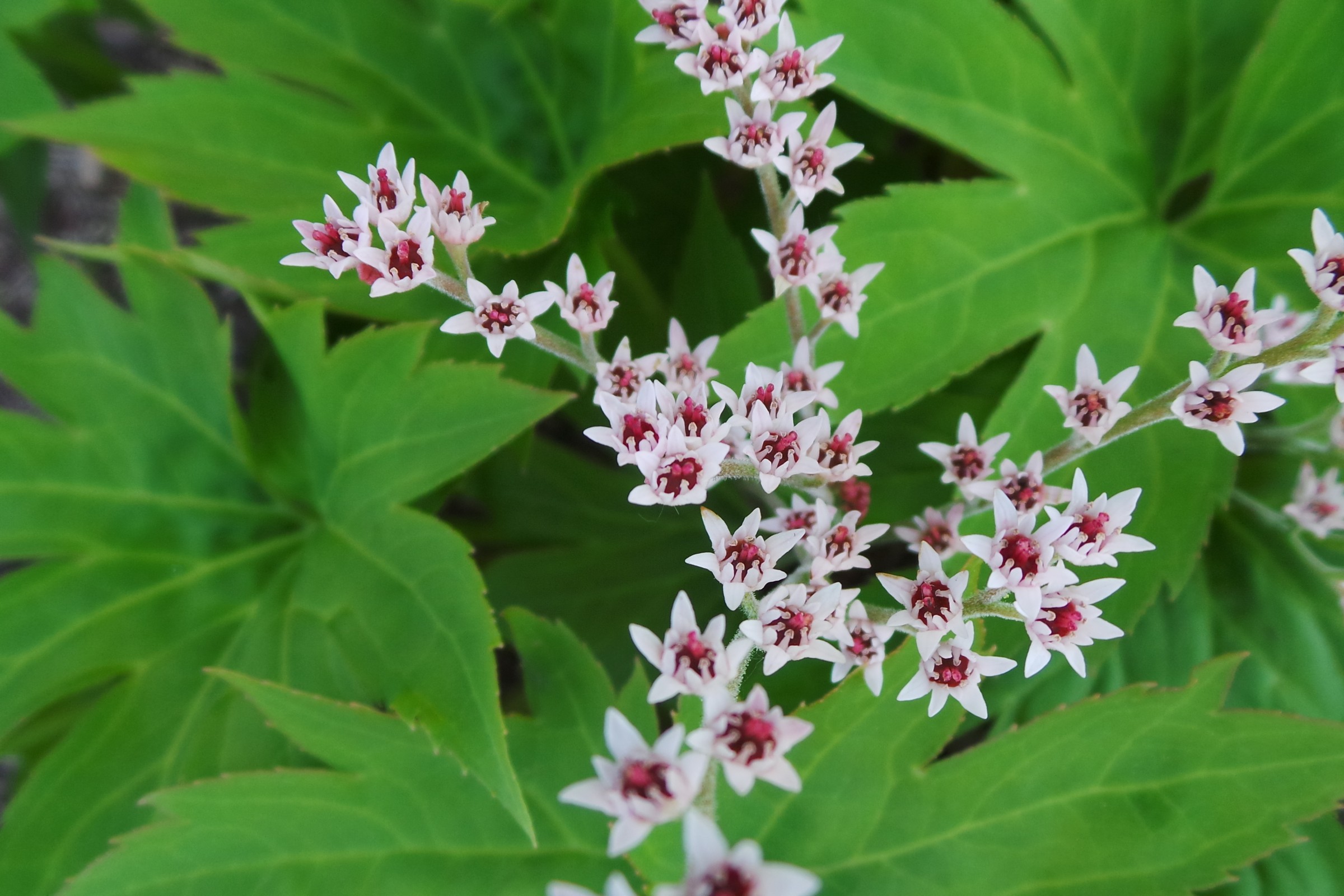 Mukdenia rossii‘ />
Mukdenia rossii‘ />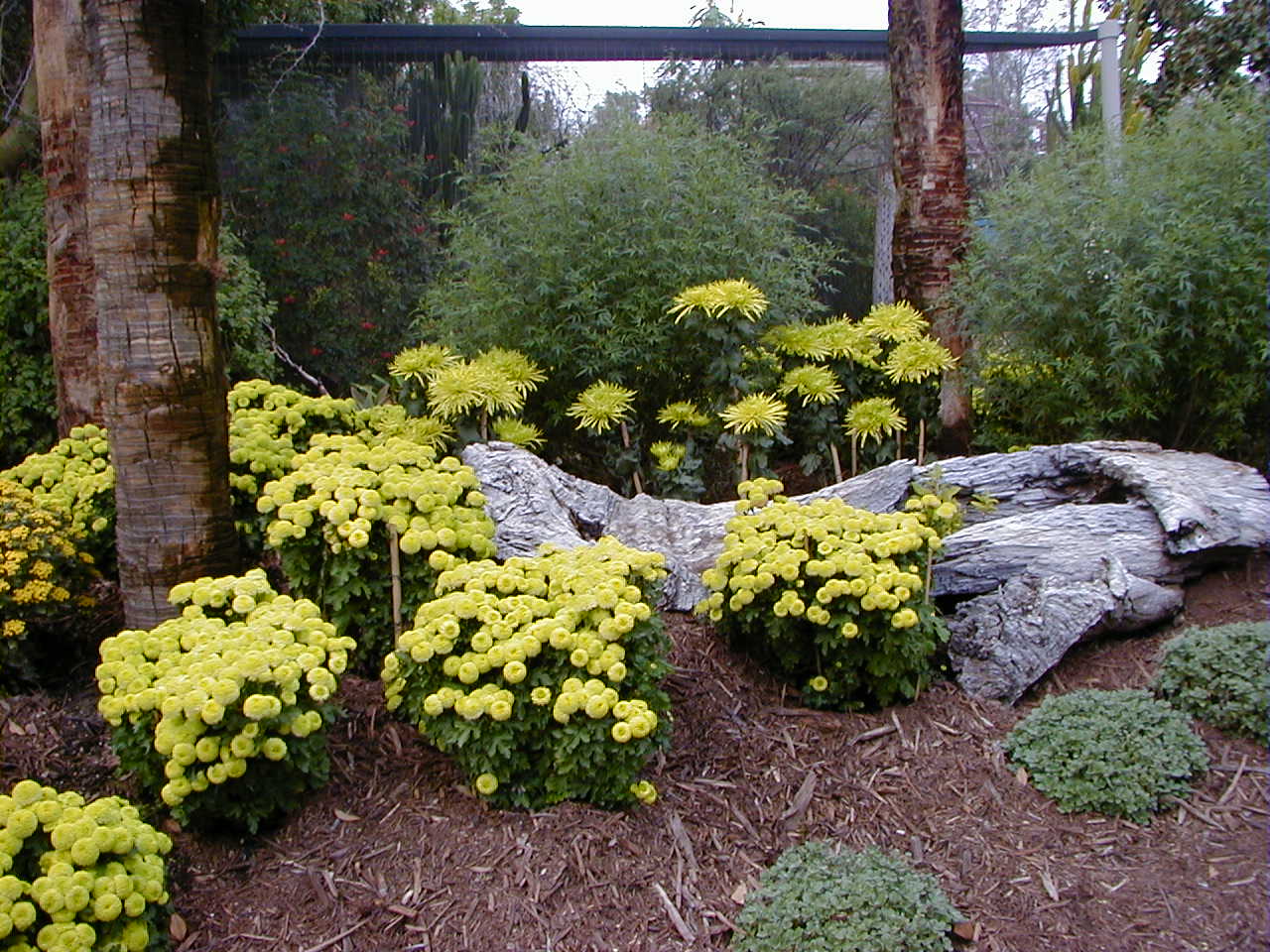
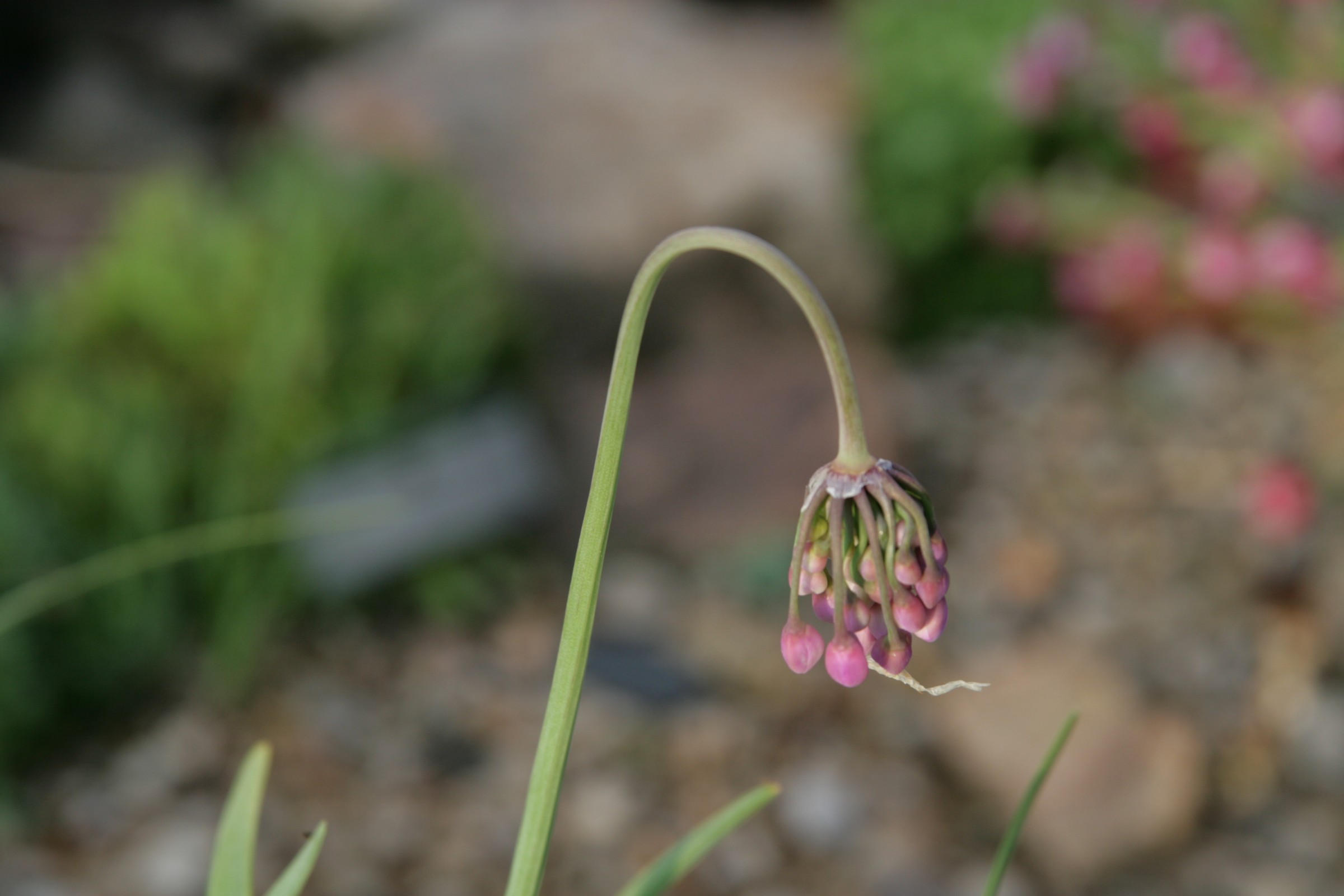 Allium cernuum‘ />
Allium cernuum‘ />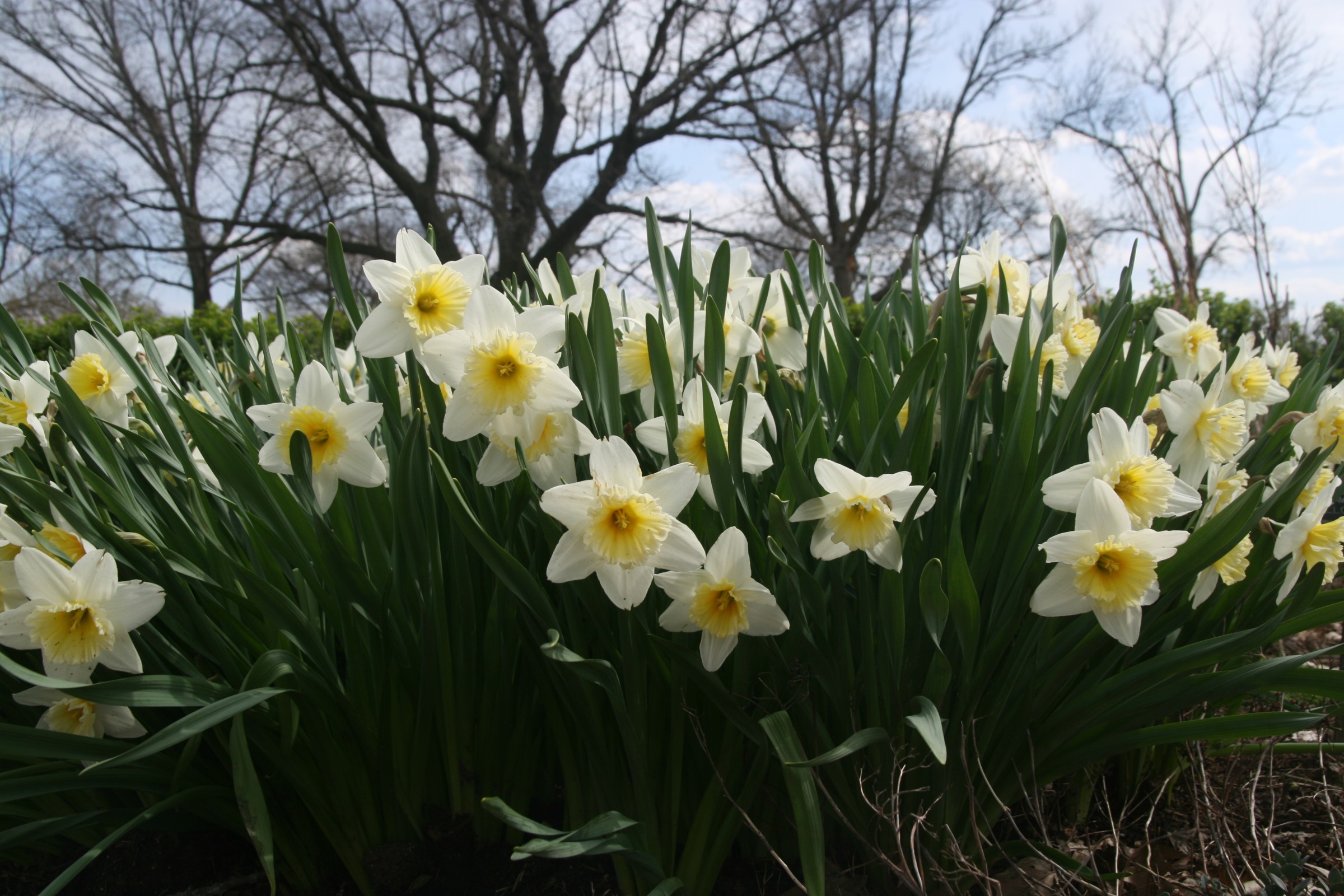
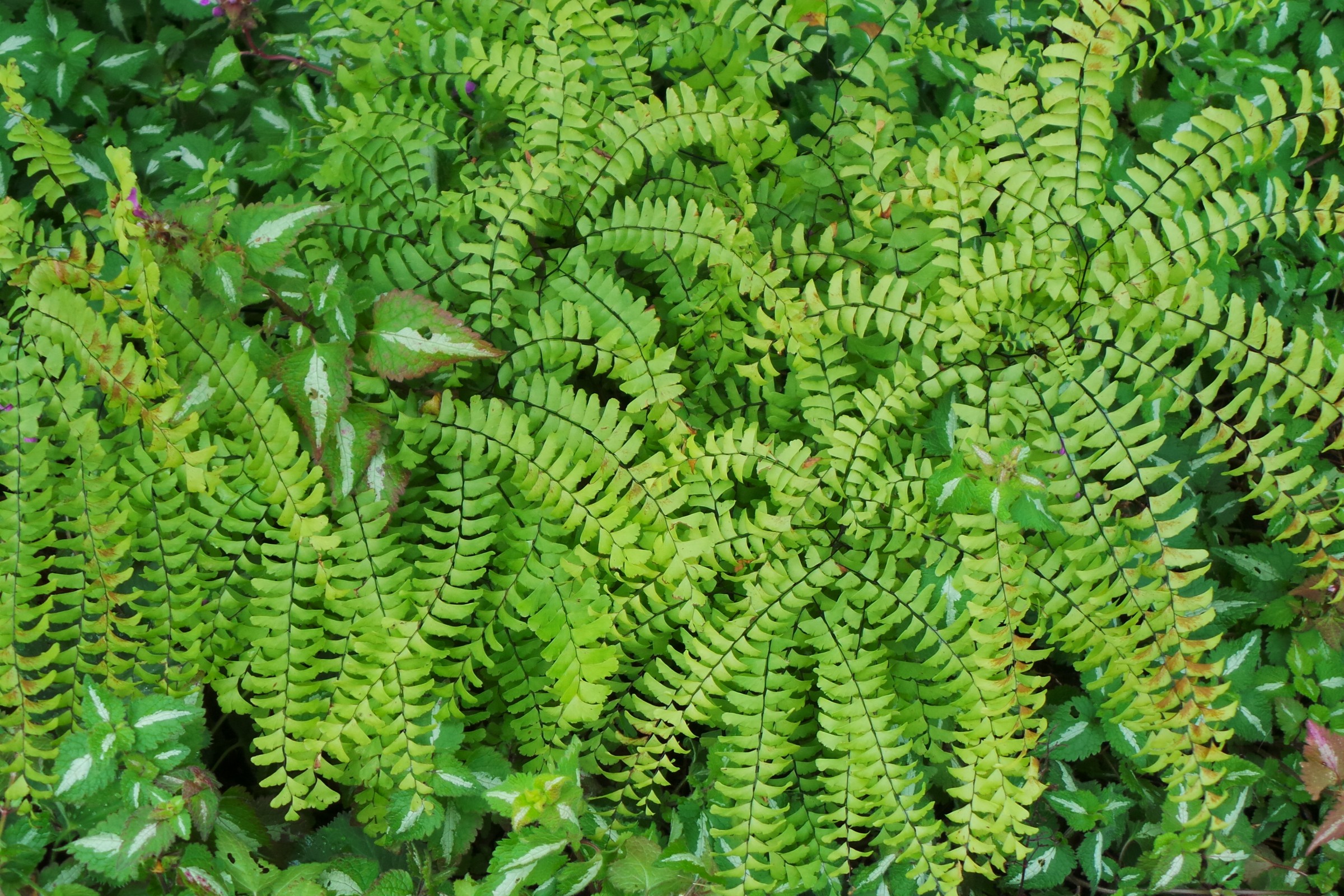 Adiantum pedatum‘ />
Adiantum pedatum‘ />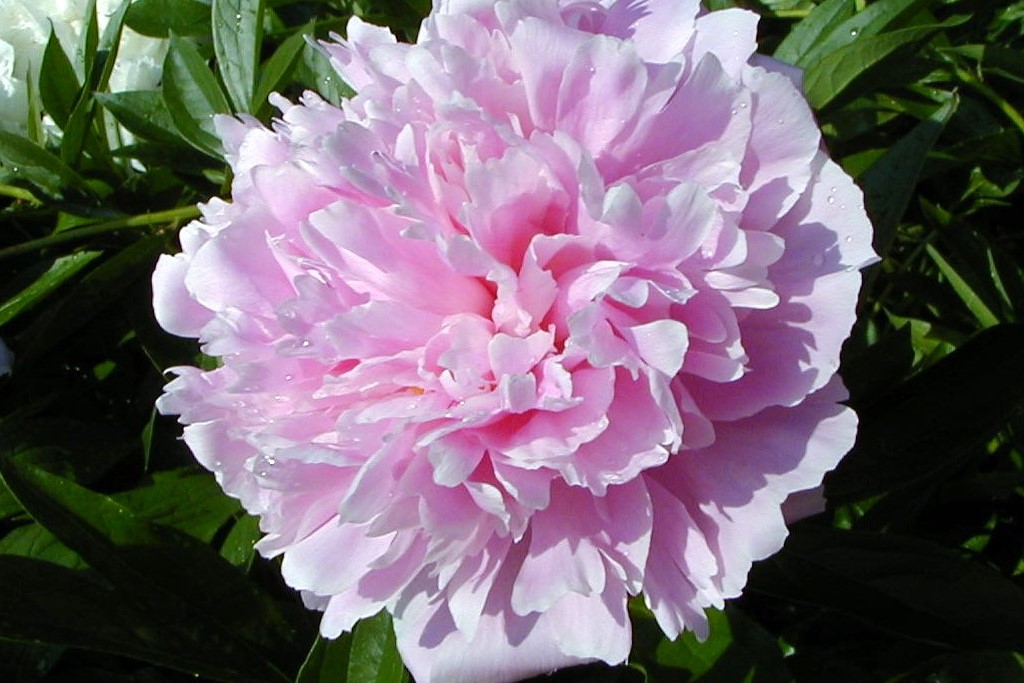
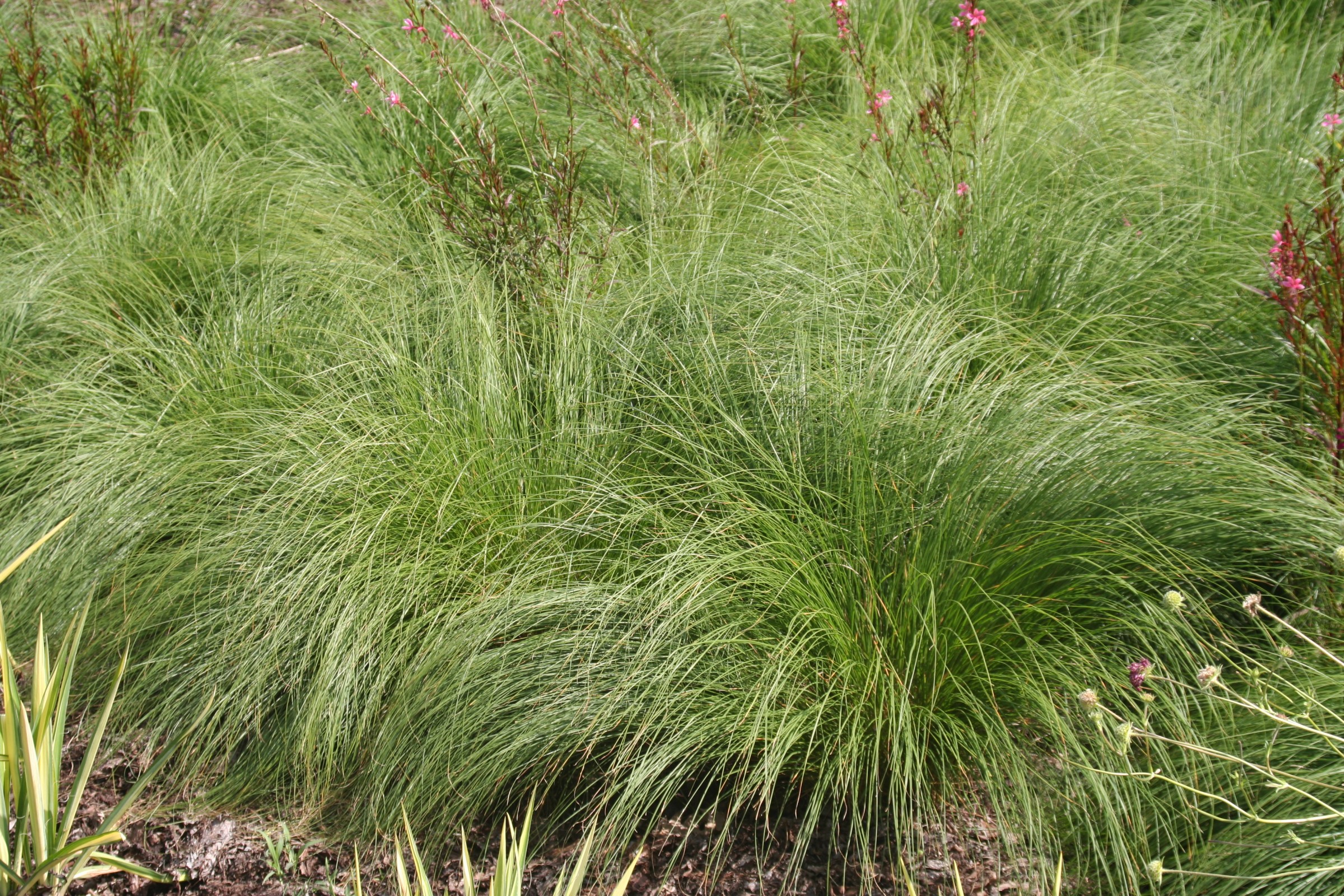 Sporobolus heterolepis‘ />
Sporobolus heterolepis‘ />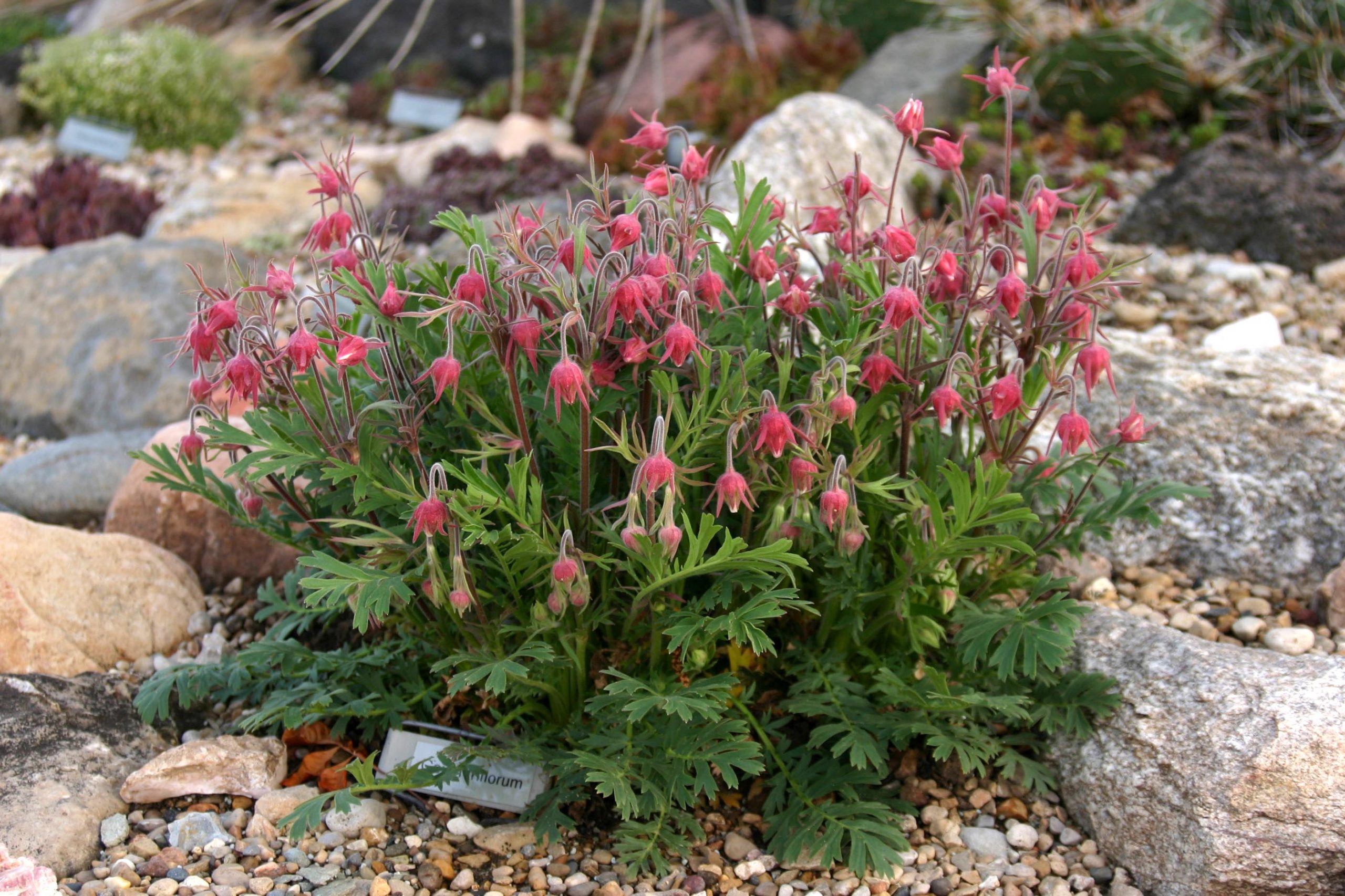 Geum triflorum‘ />
Geum triflorum‘ />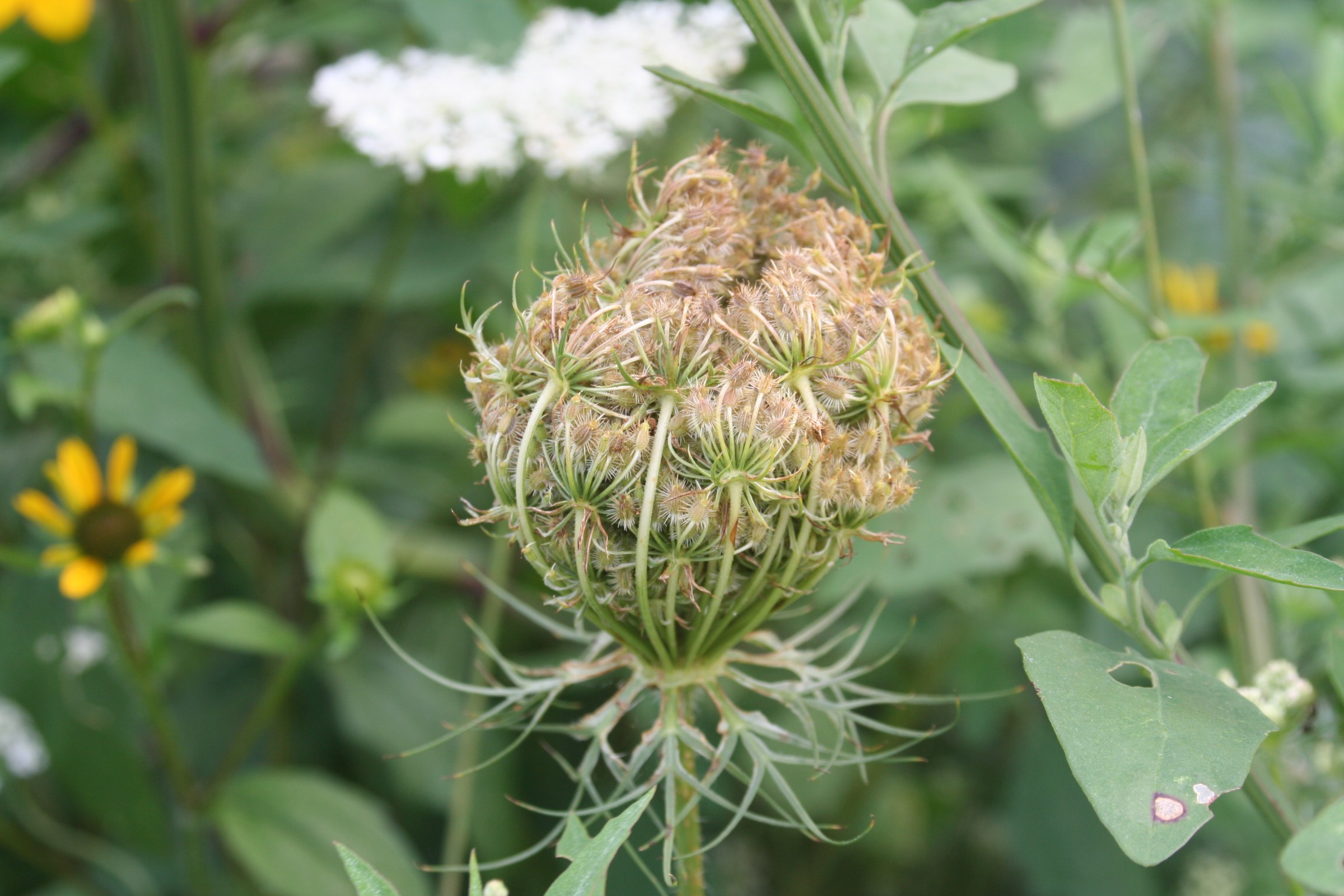 Daucus carota‘ />
Daucus carota‘ />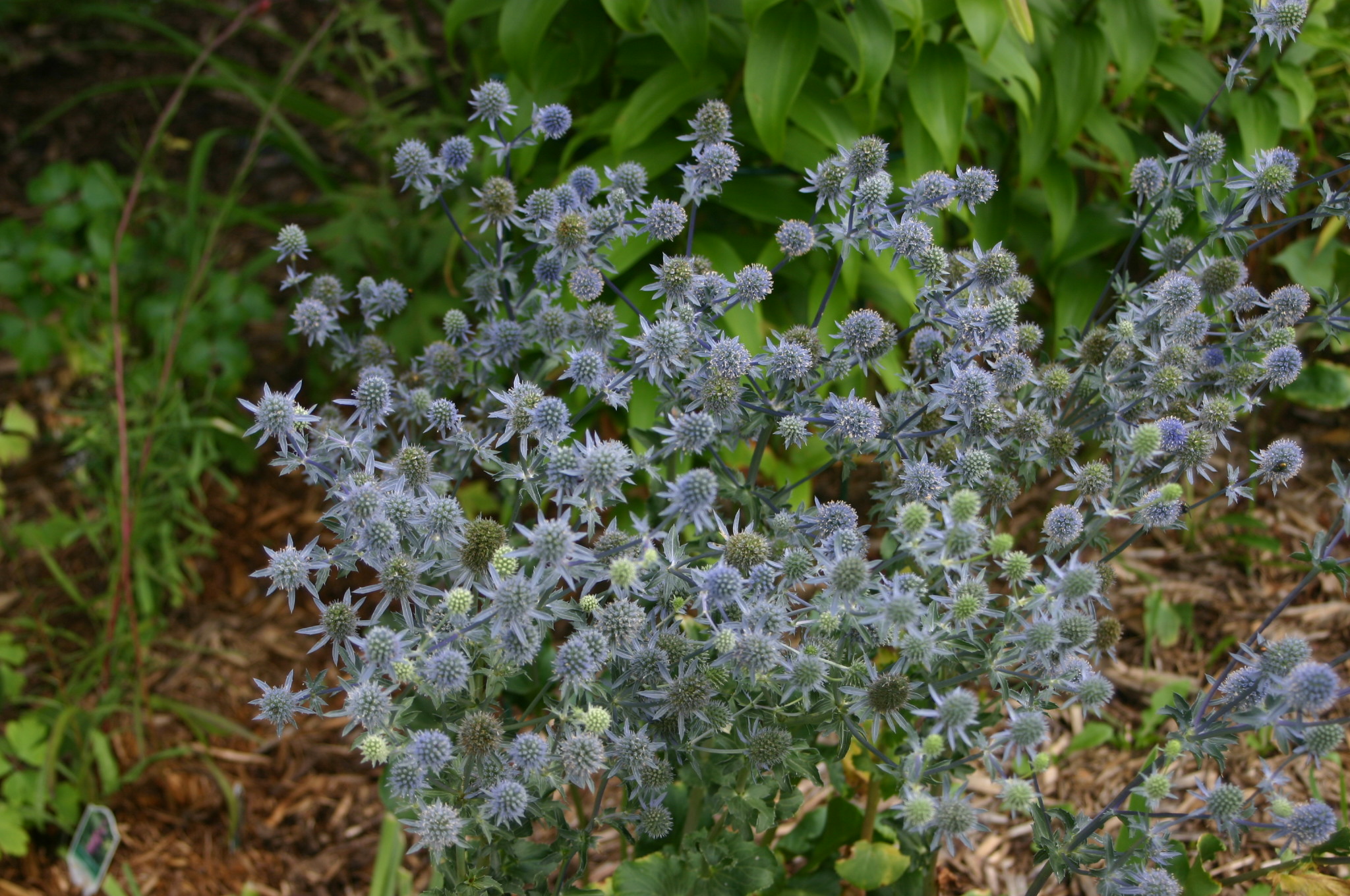 Eryngium yuccifolium‘ />
Eryngium yuccifolium‘ />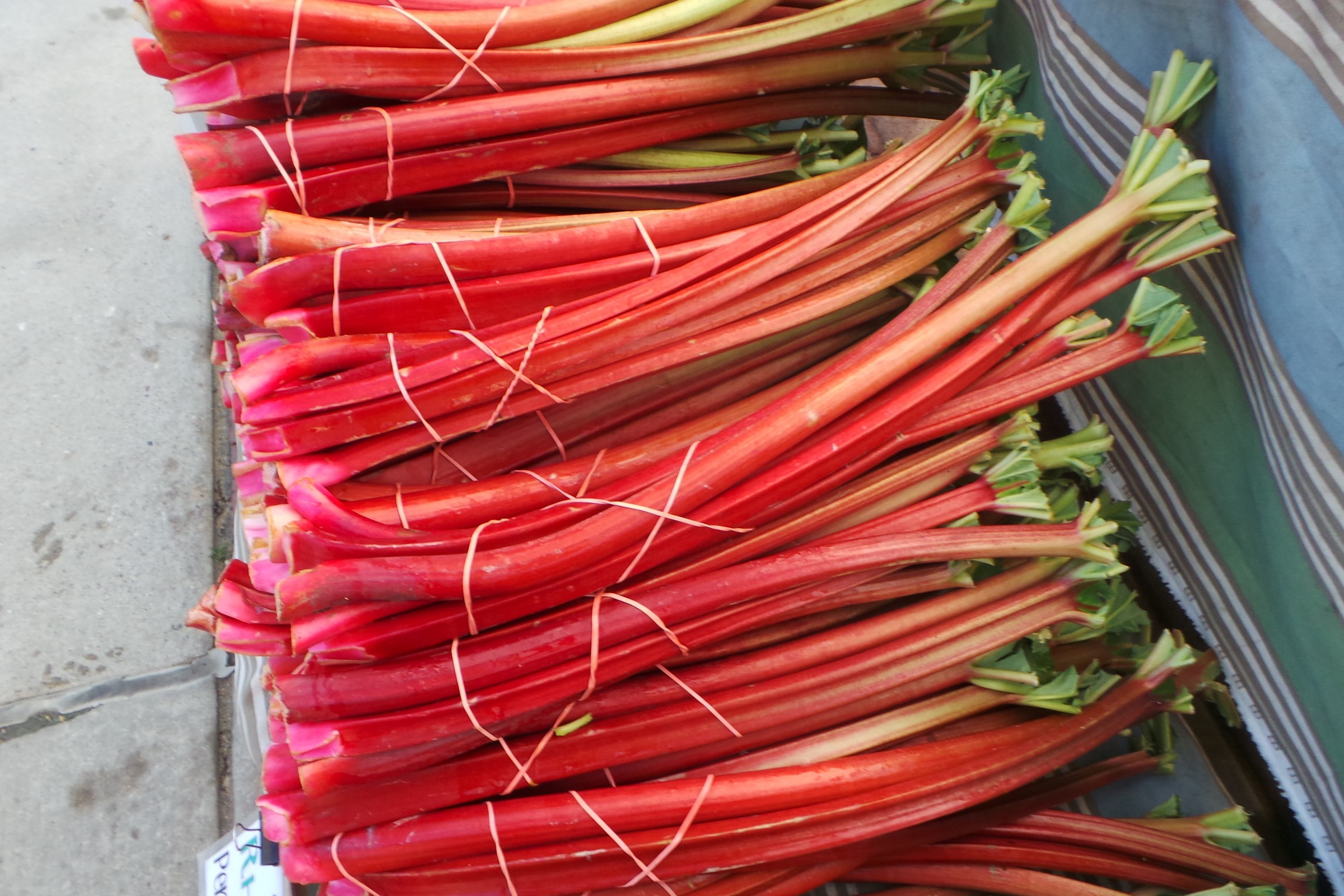 Rheum rhabarbarum‘ />
Rheum rhabarbarum‘ />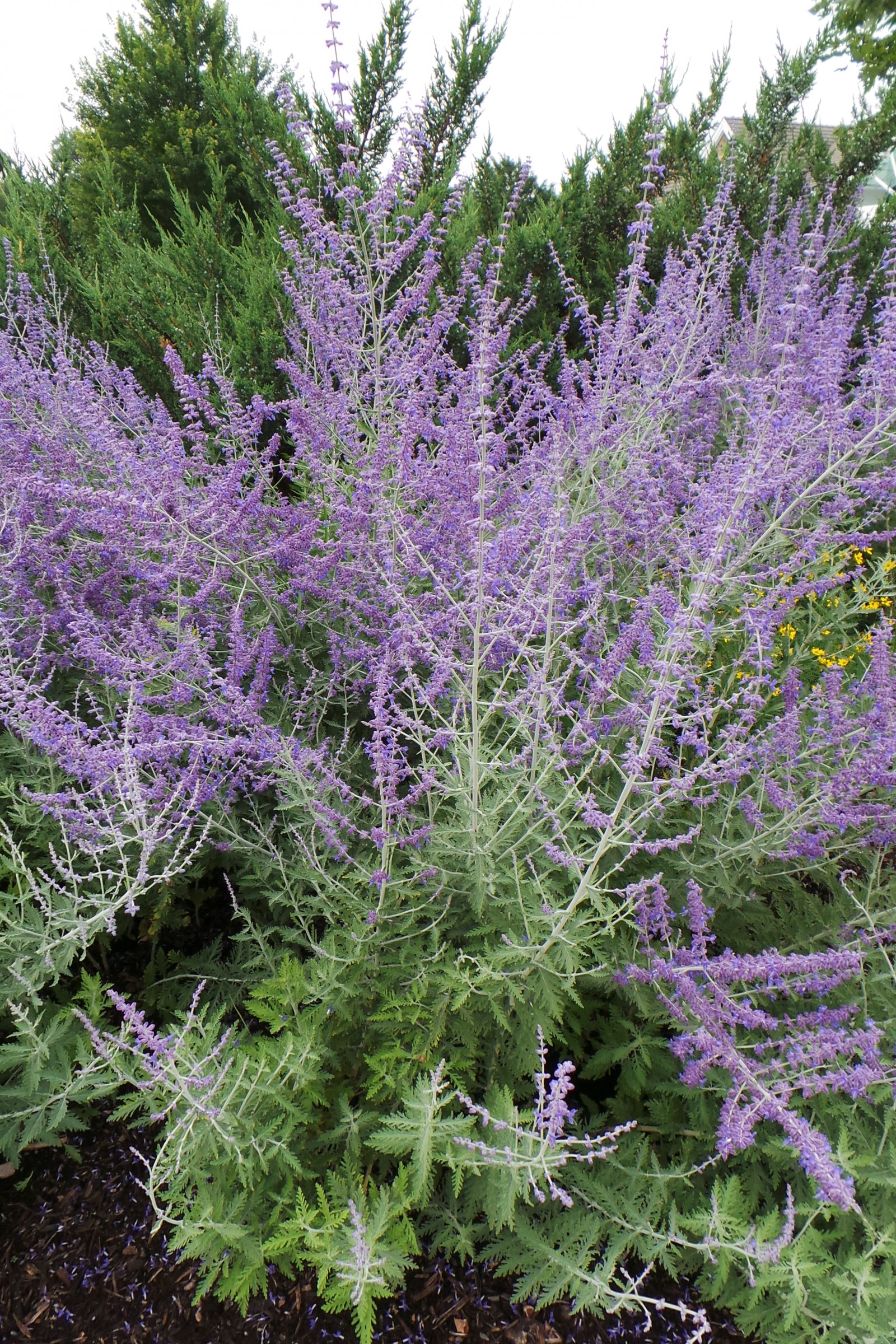 Perovskia atriplicifolia‘ />
Perovskia atriplicifolia‘ />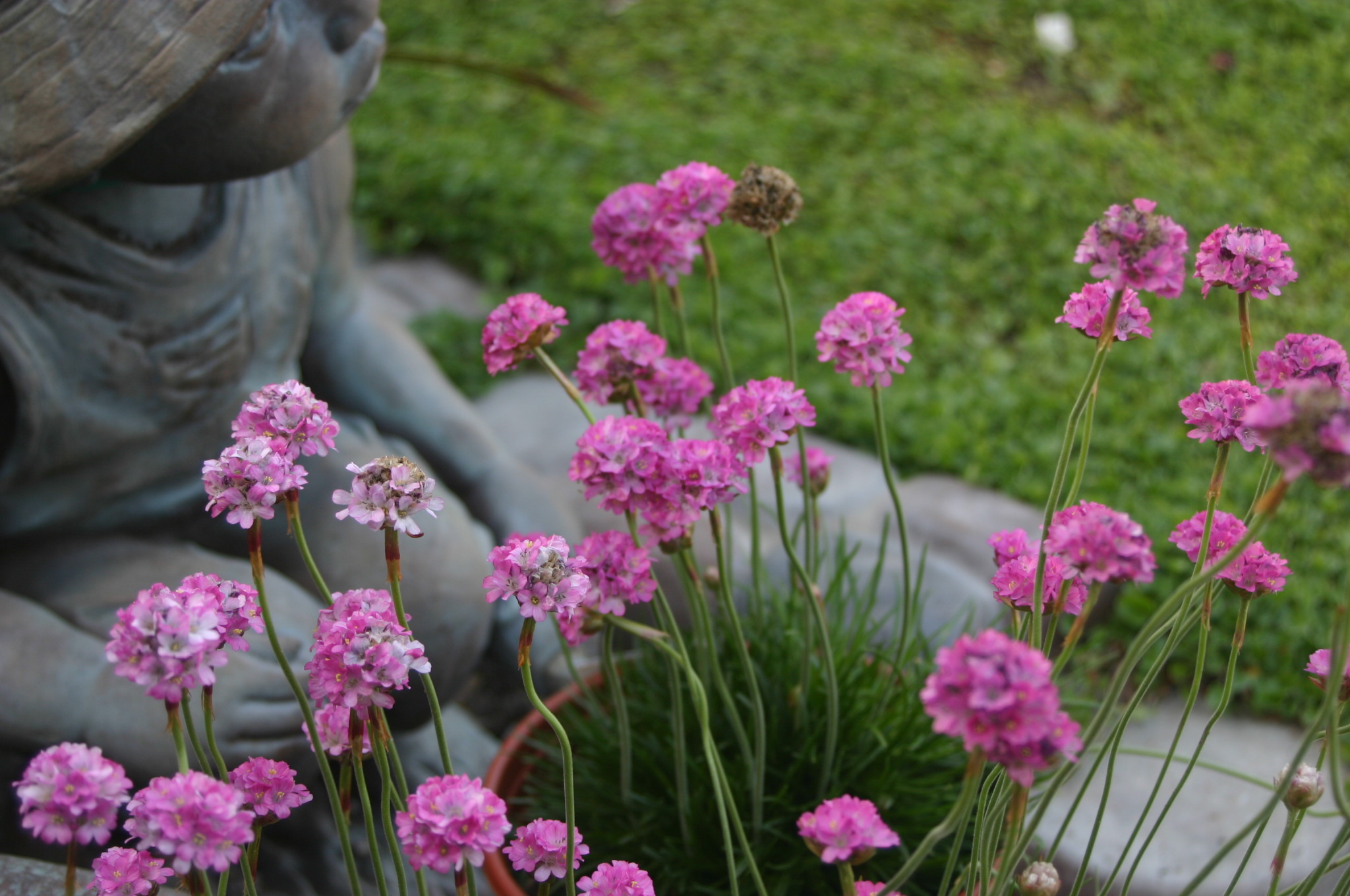 Armeria maritima‘ />
Armeria maritima‘ />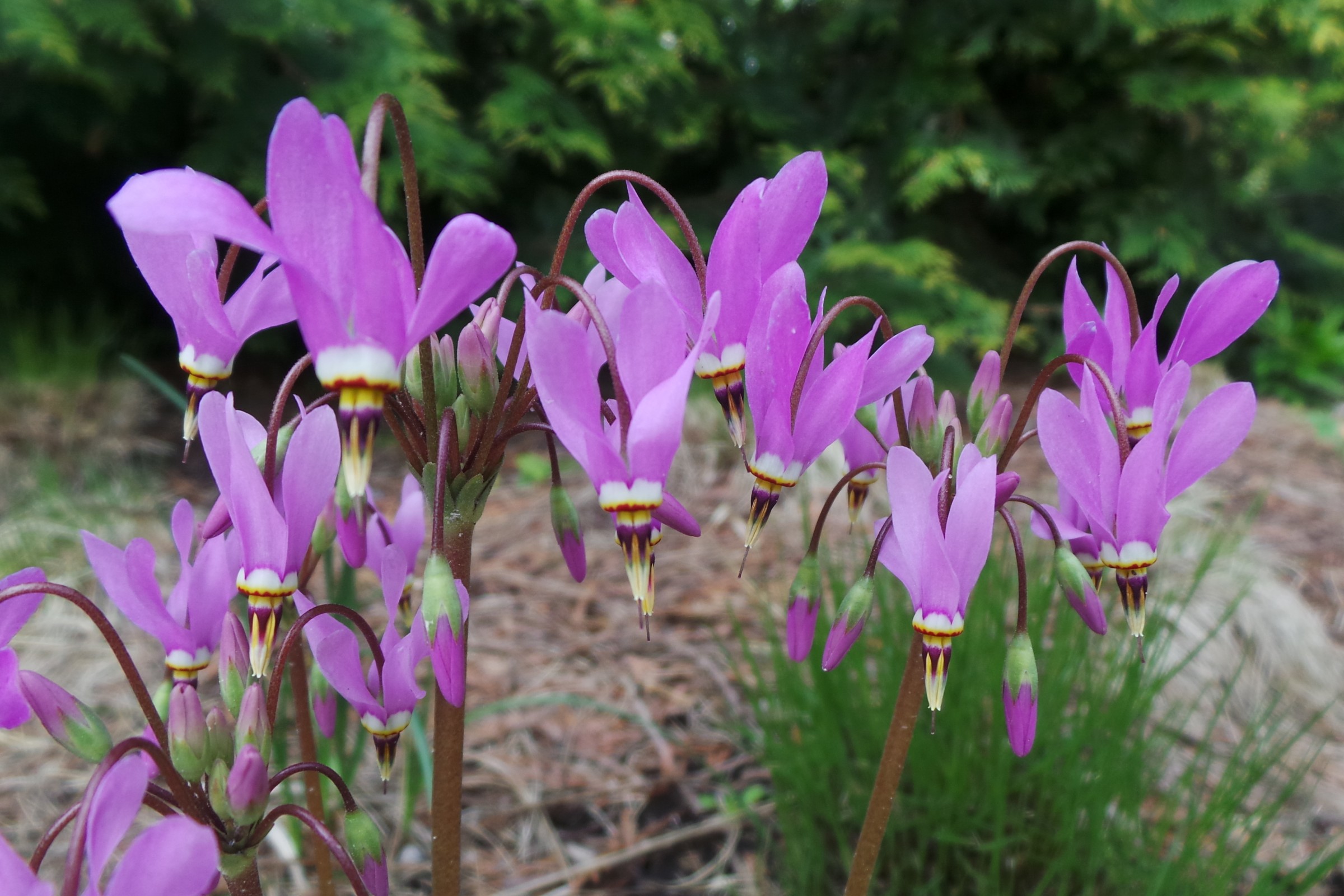 Dodecatheon meadia‘ />
Dodecatheon meadia‘ />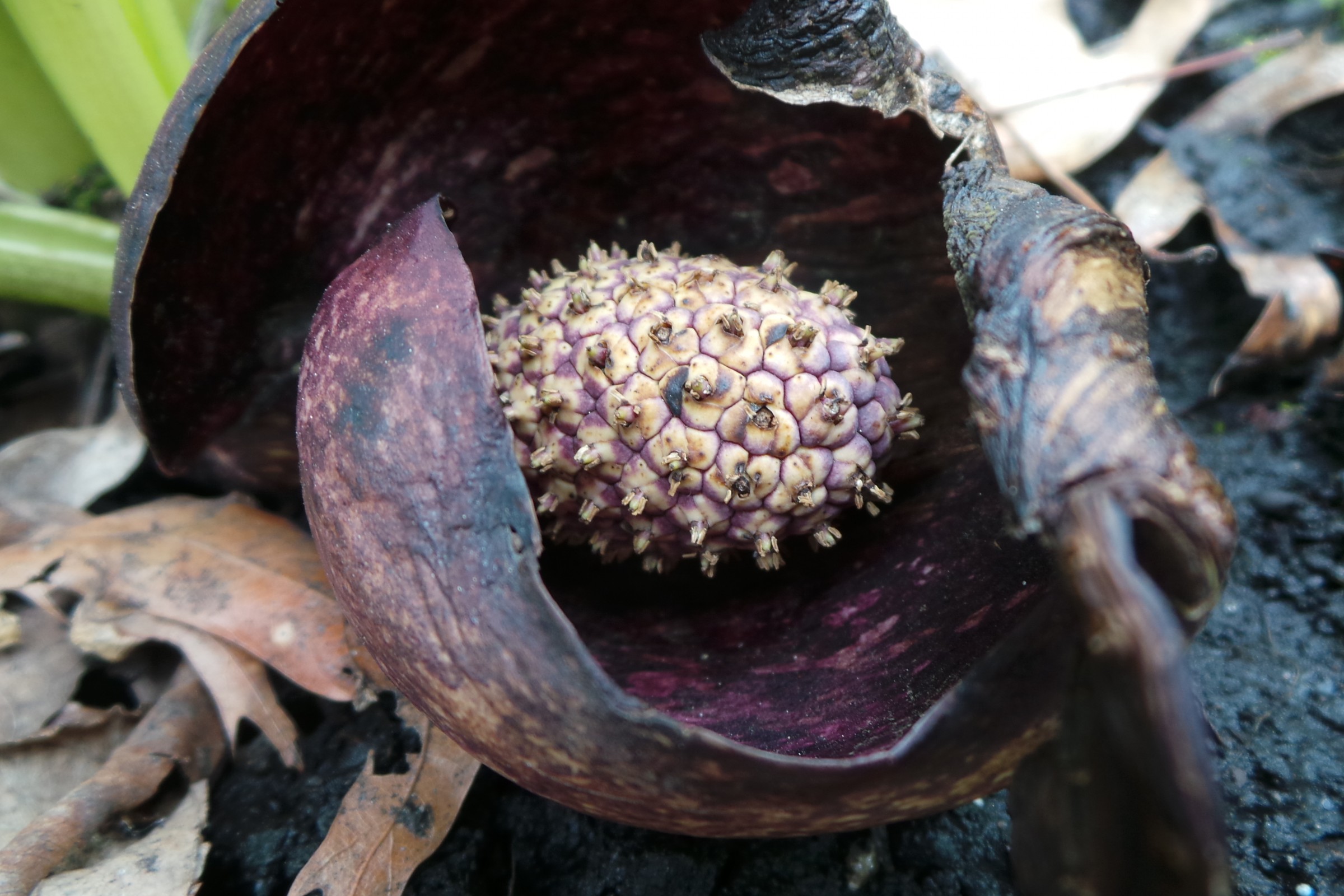 Symplocarpus foetidus‘ />
Symplocarpus foetidus‘ />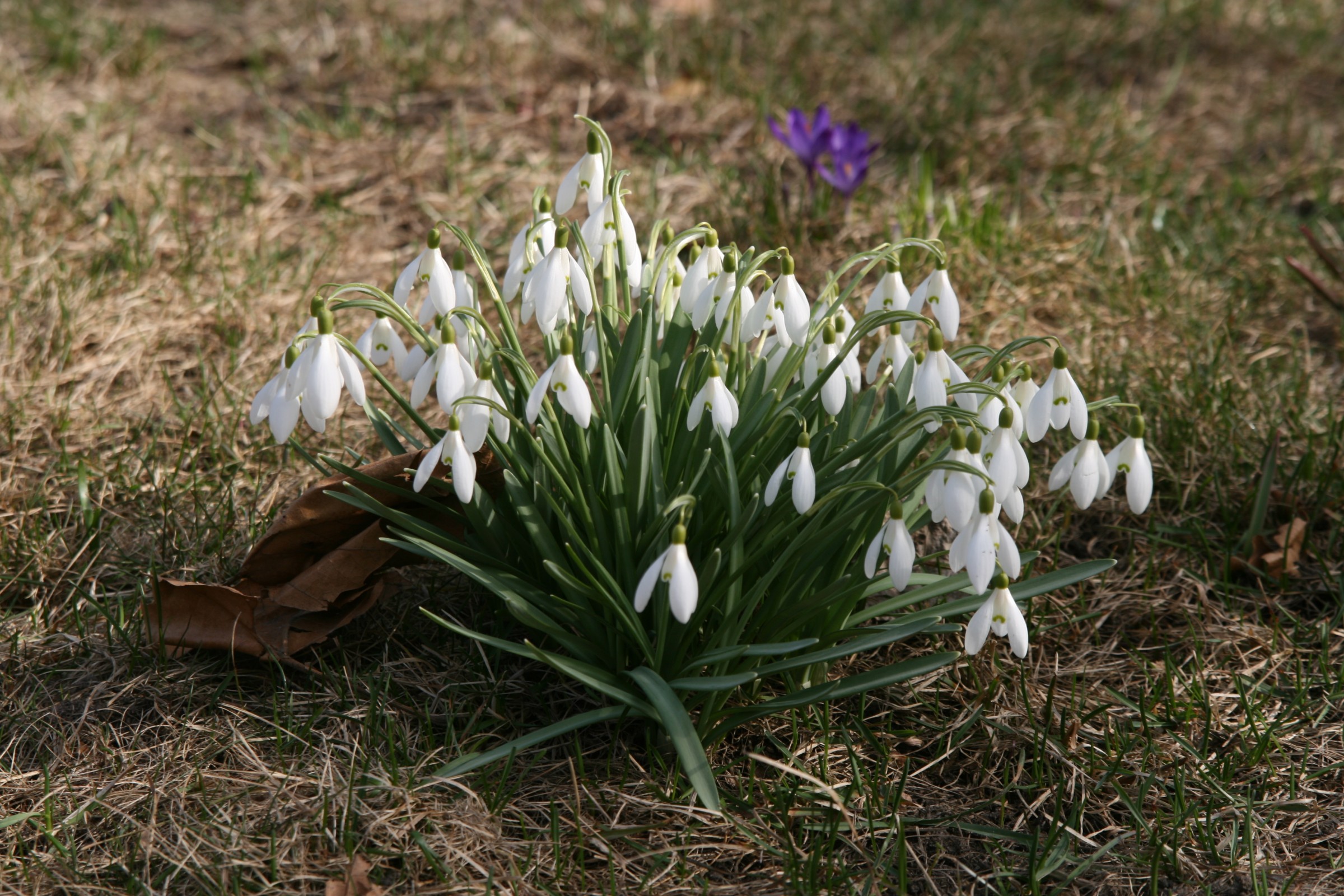 Galanthus spp.’ />
Galanthus spp.’ />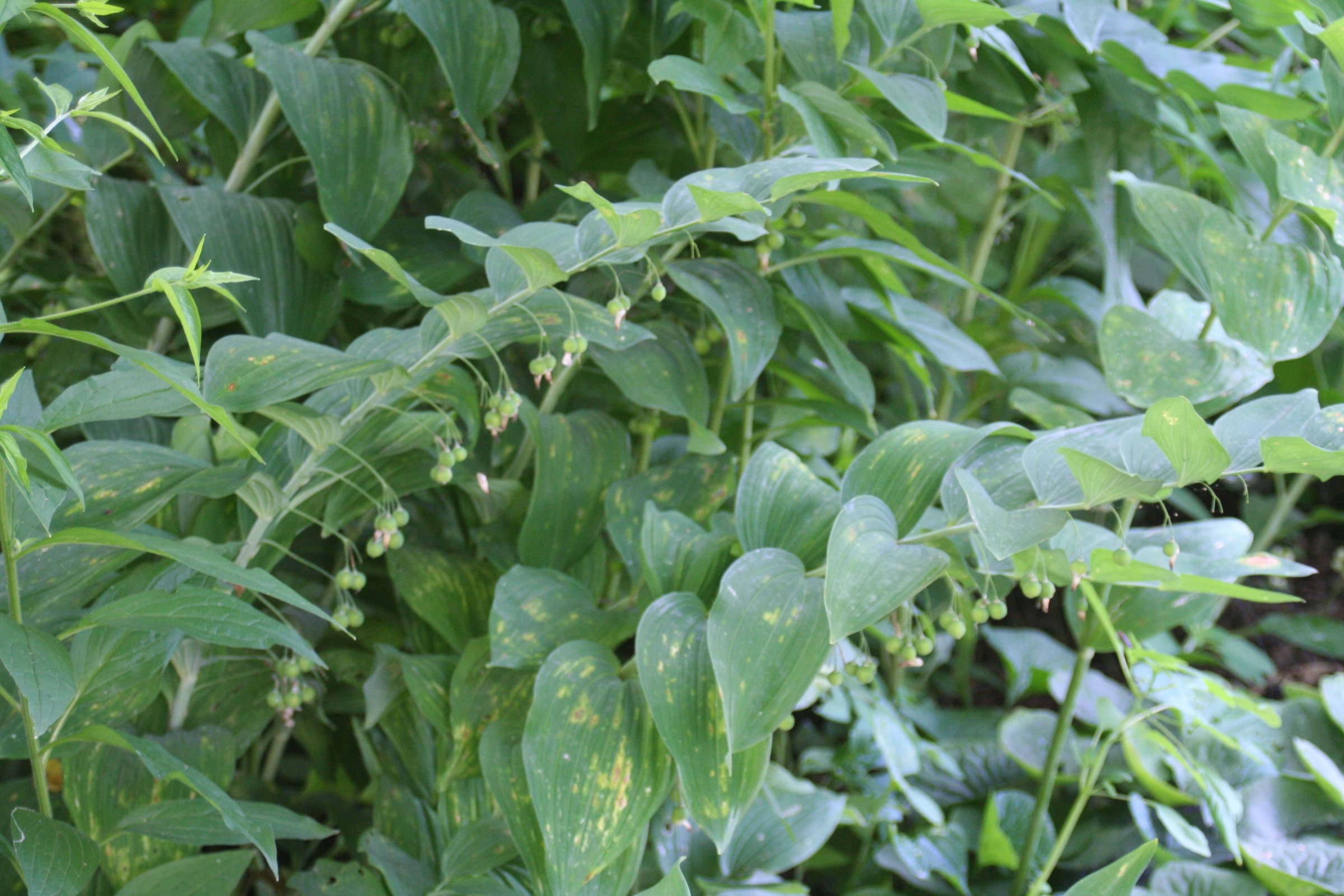 Polygonatum spp.’ />
Polygonatum spp.’ />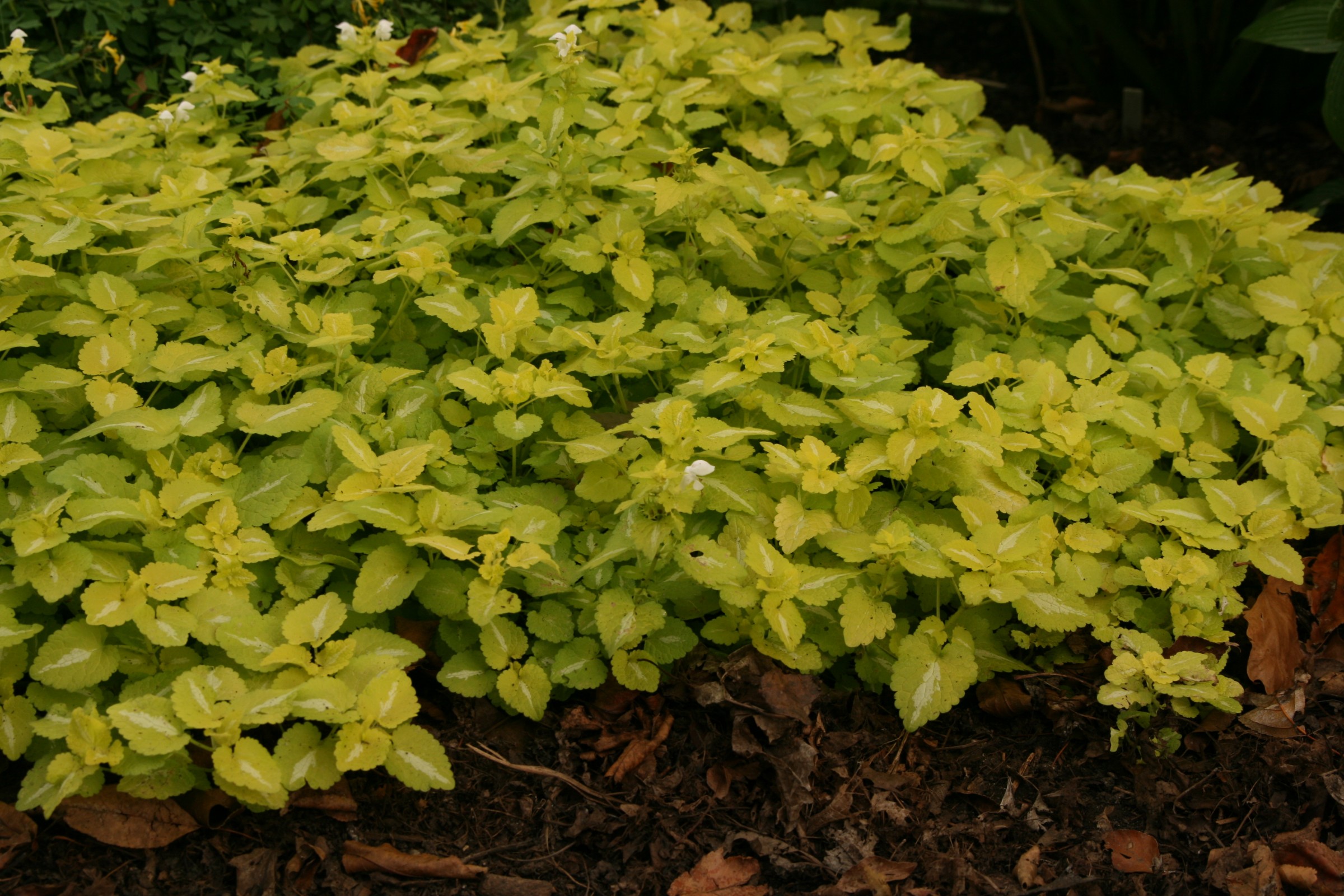 Lamium maculatum‘ />
Lamium maculatum‘ />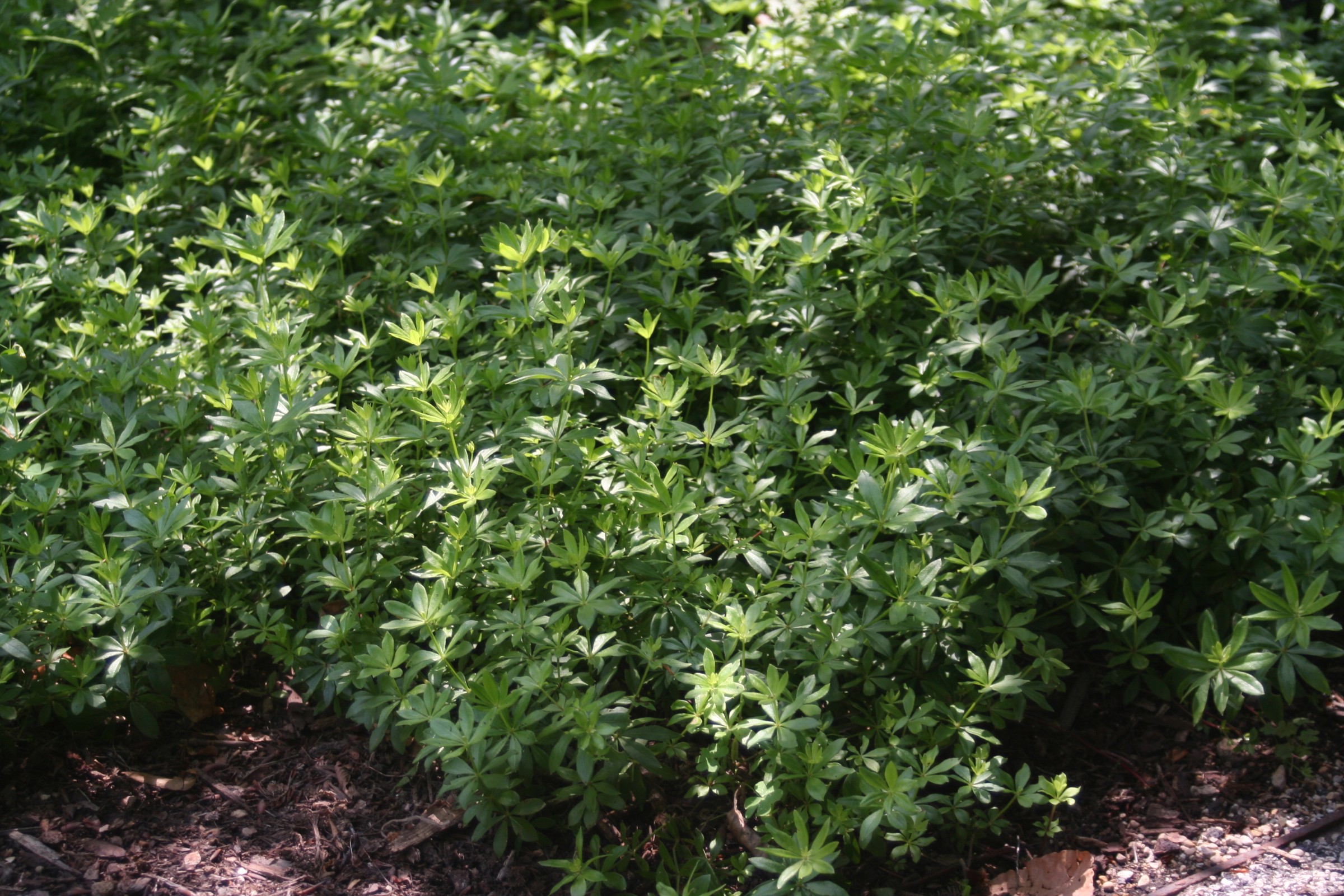 Galium odorata‘ />
Galium odorata‘ /> Panicum virgatum‘ />
Panicum virgatum‘ />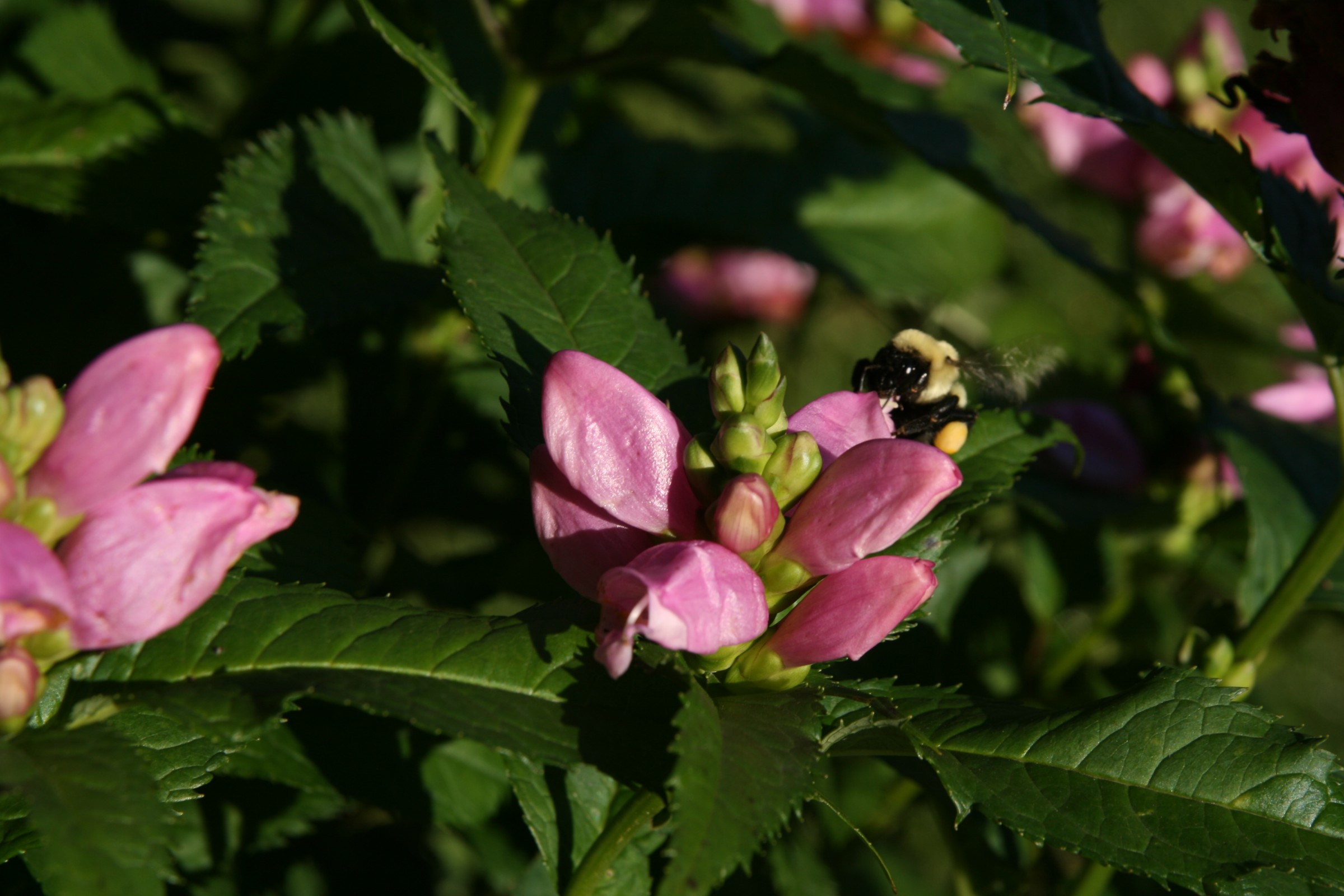 Chelone spp.’ />
Chelone spp.’ />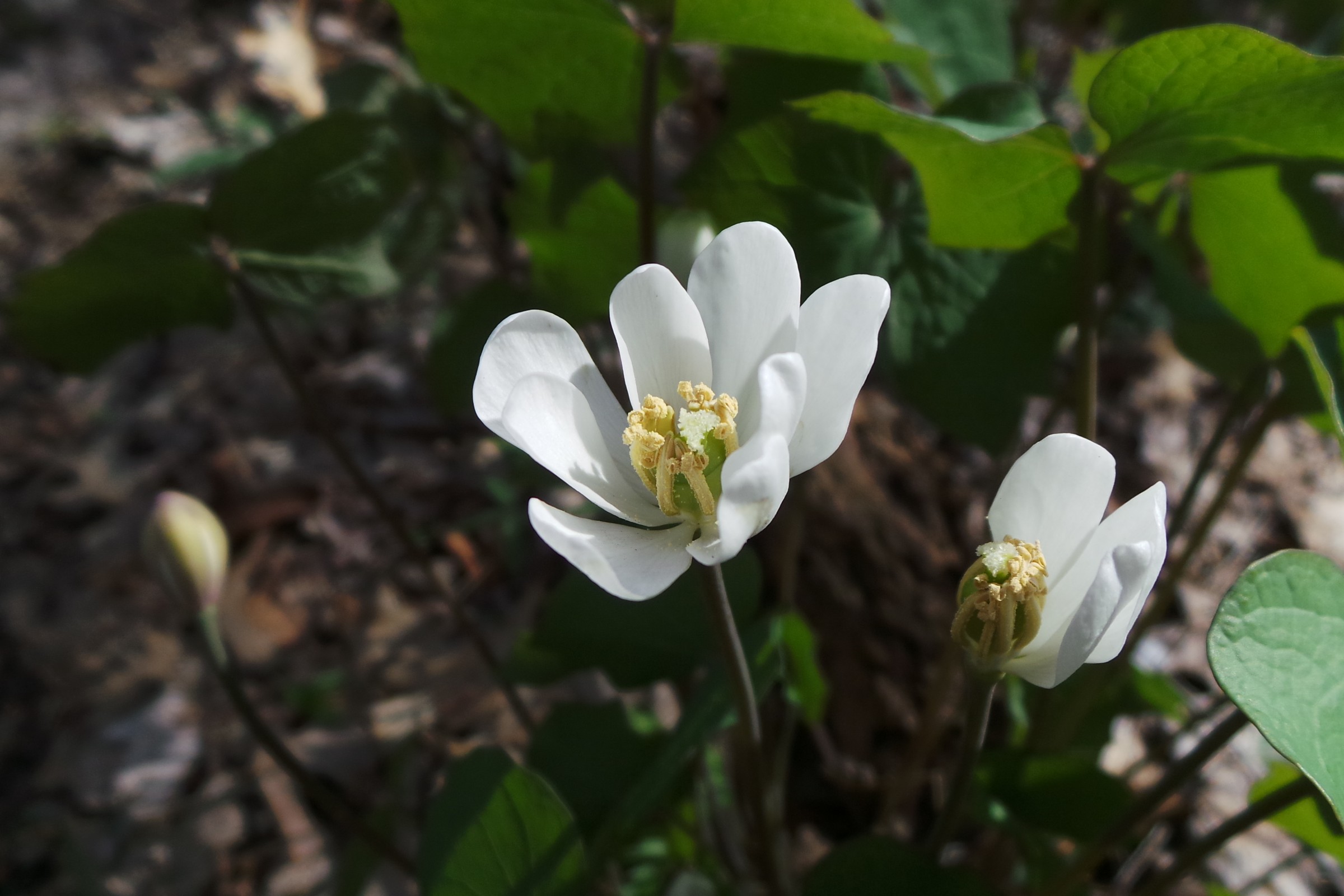 Jeffersonia diphylla‘ />
Jeffersonia diphylla‘ />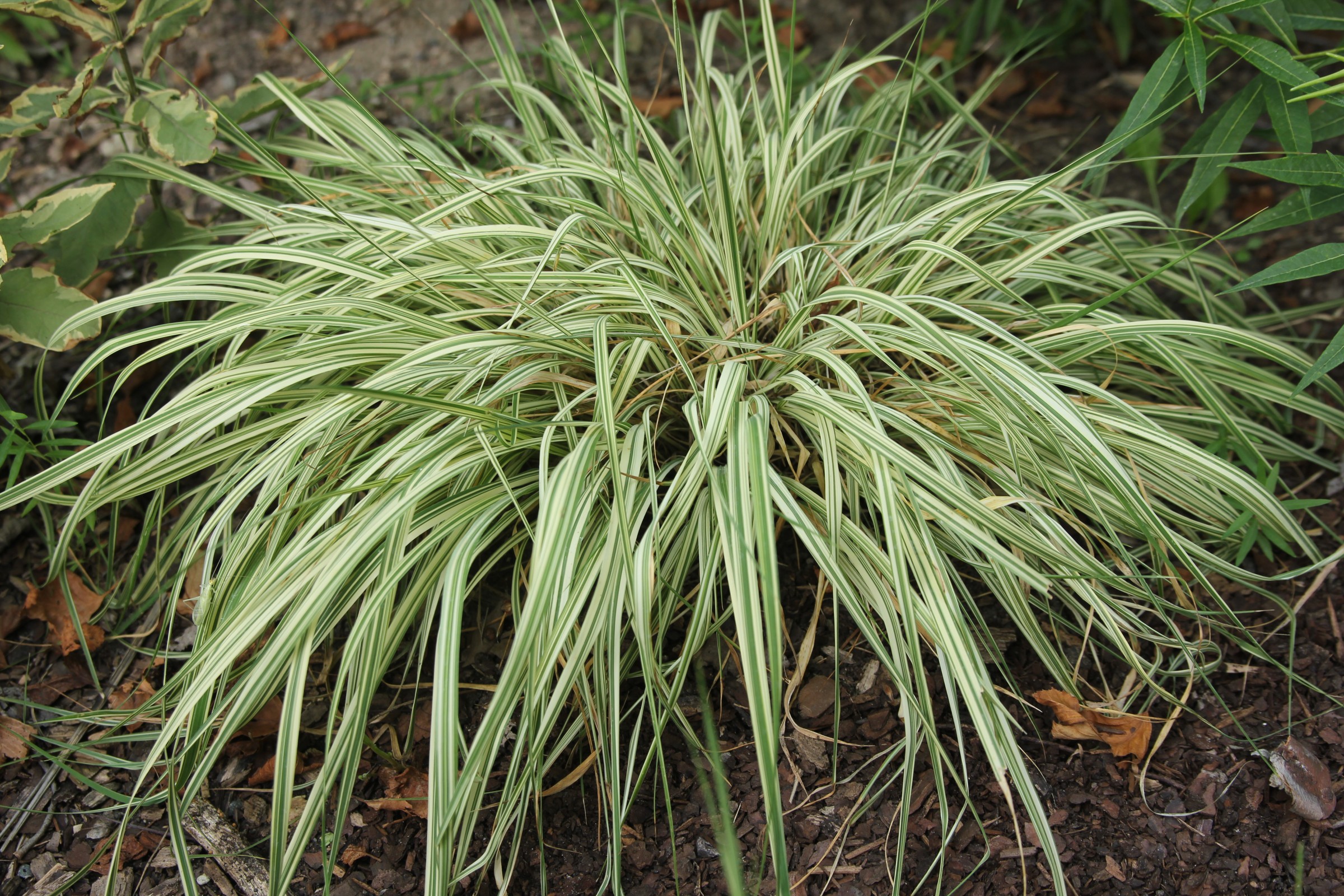 Molinia caerulea ‘Variegata’’ />
Molinia caerulea ‘Variegata’’ /> Mertensia virginica‘ />
Mertensia virginica‘ />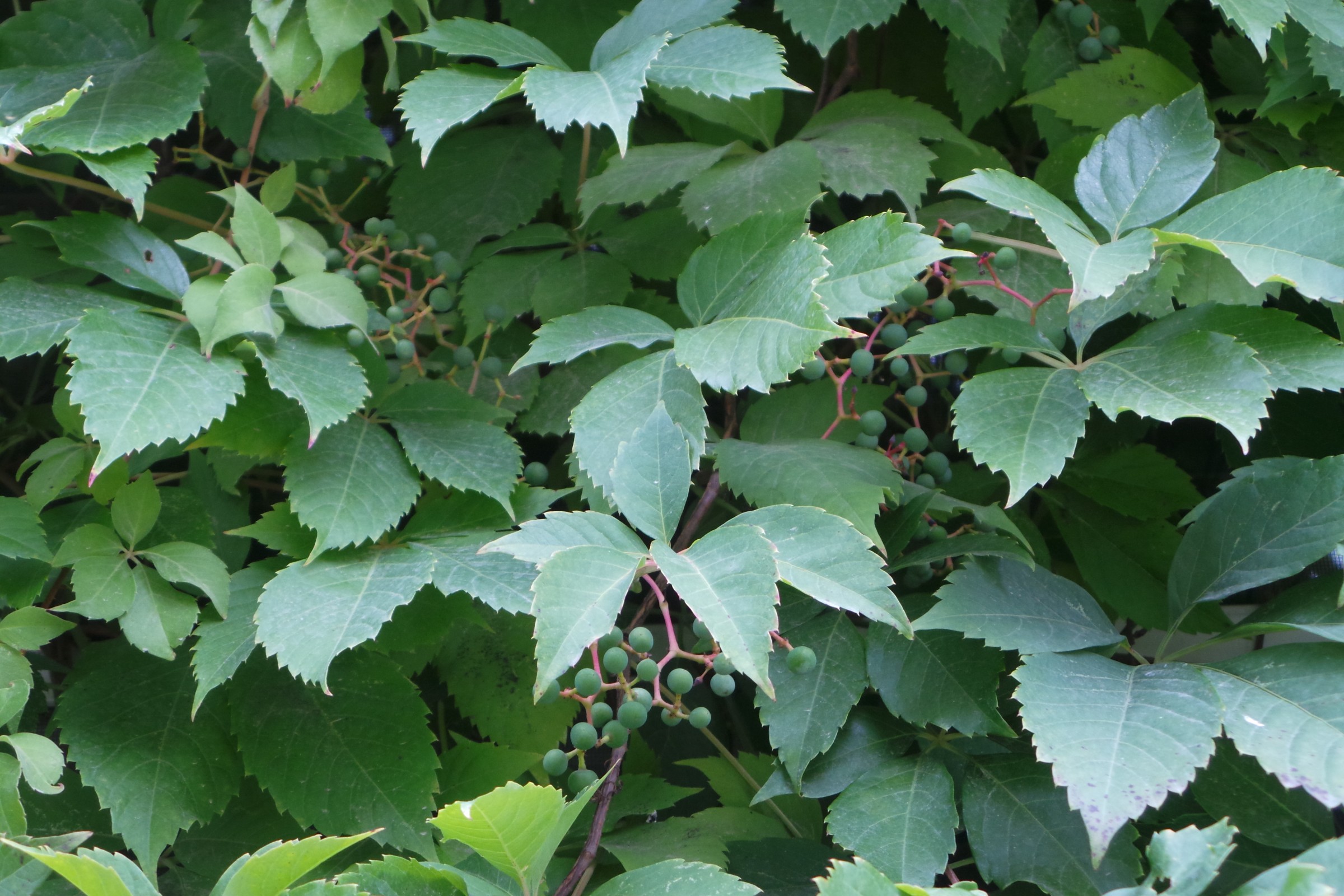 Parthenocissus quinquefolia‘ />
Parthenocissus quinquefolia‘ />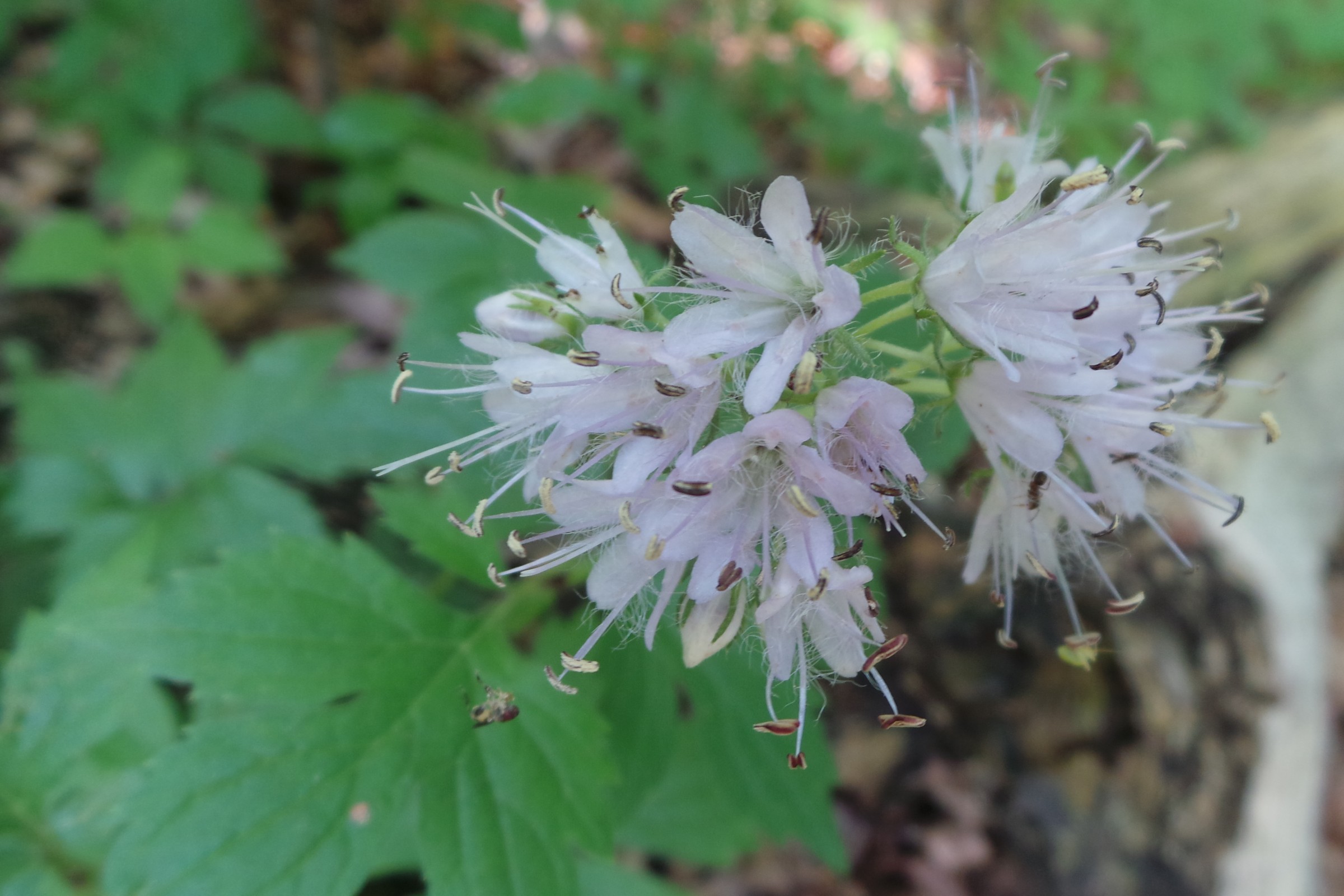 Hydrophyllum virginianum‘ />
Hydrophyllum virginianum‘ />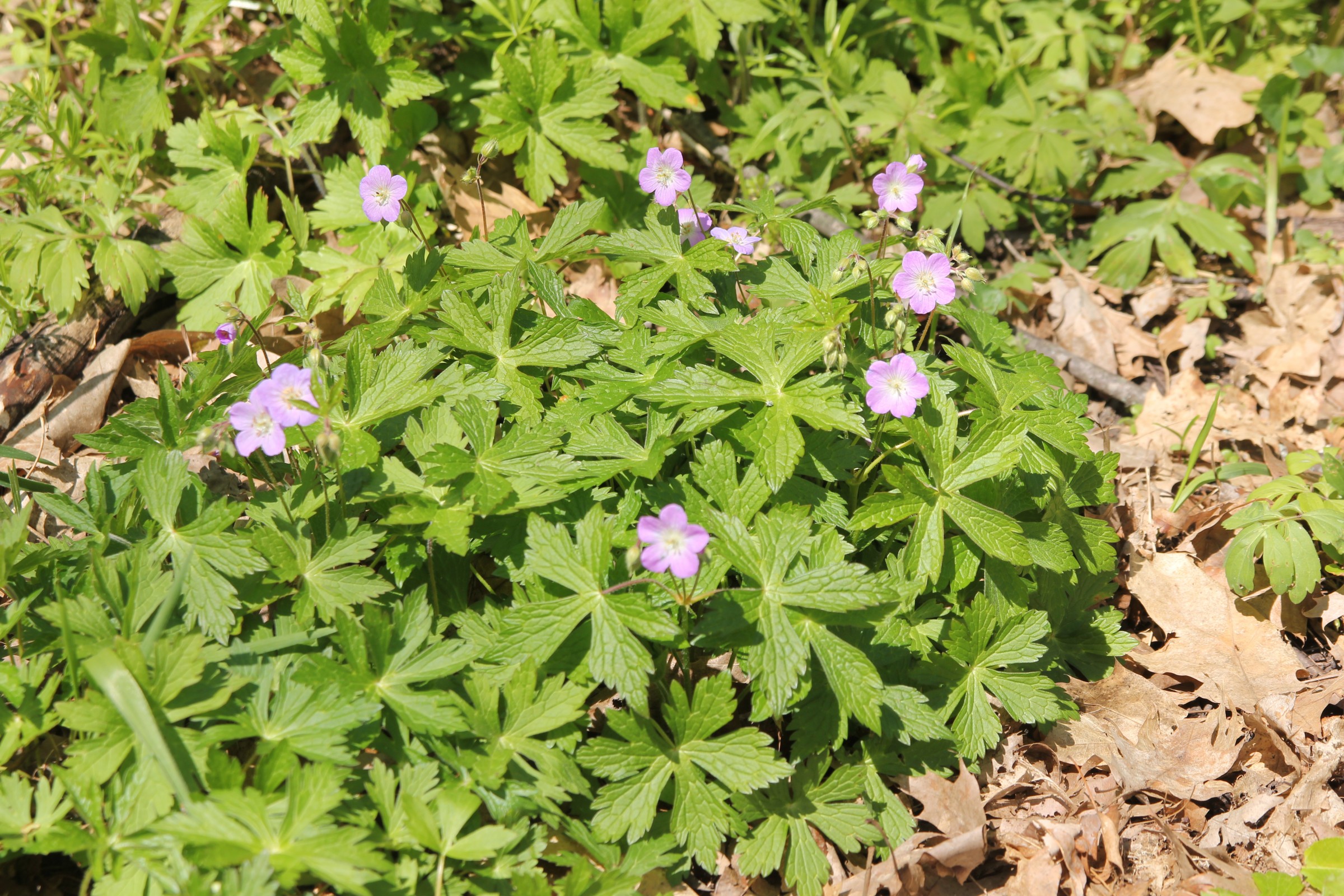 Geranium maculatum‘ />
Geranium maculatum‘ />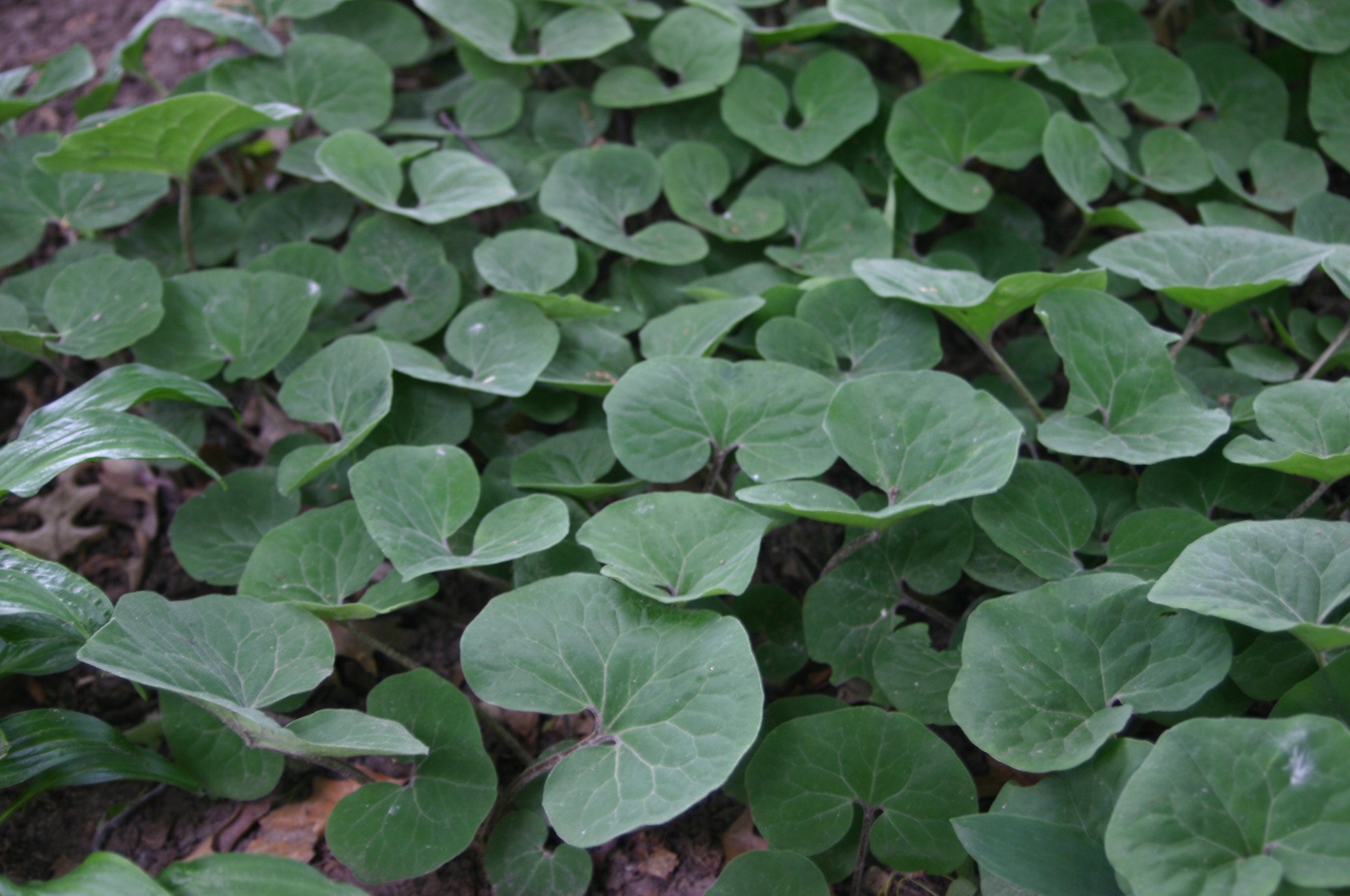 Asarum spp.’ />
Asarum spp.’ />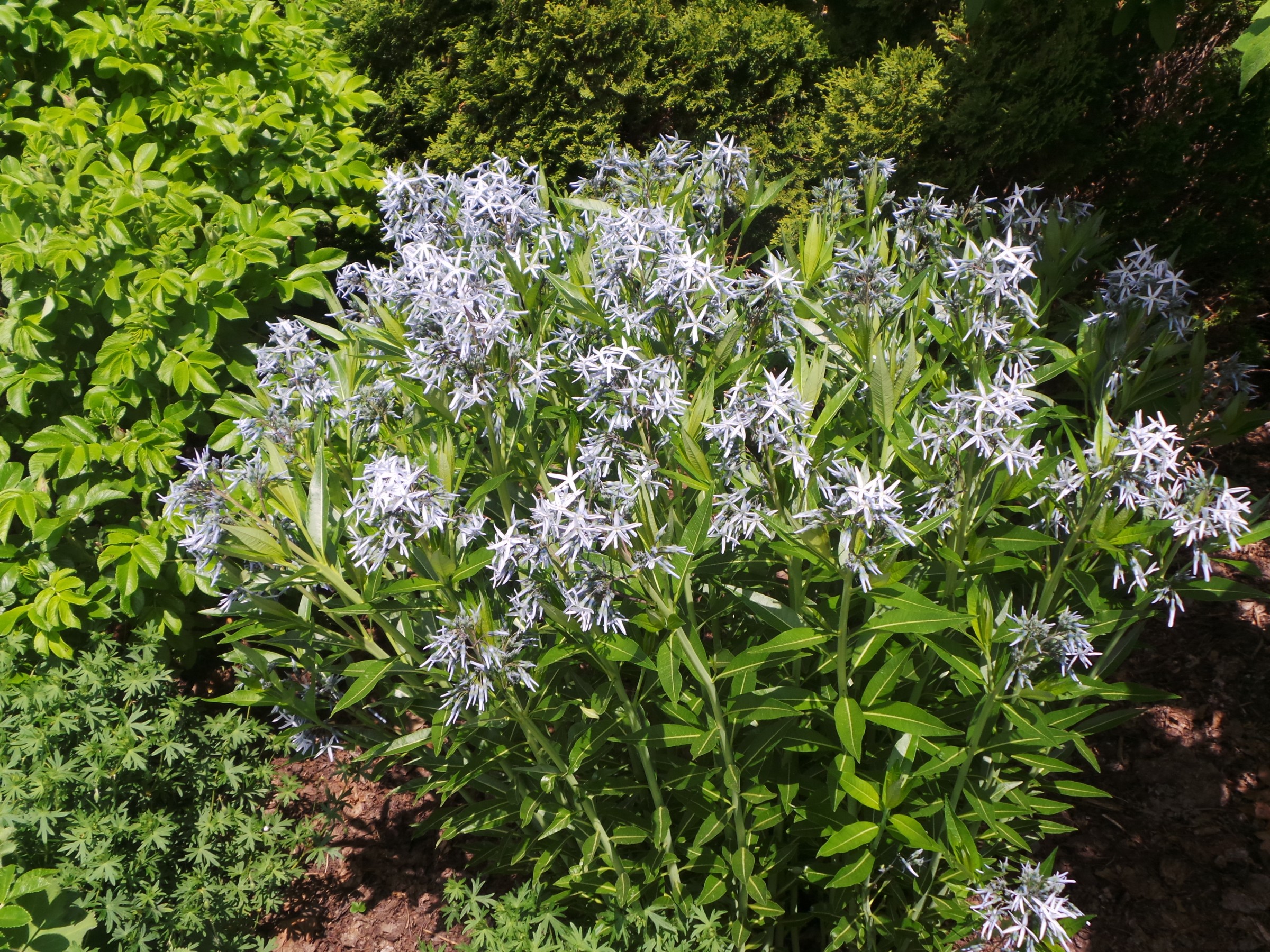 Amsonia tabernaemontana‘ />
Amsonia tabernaemontana‘ />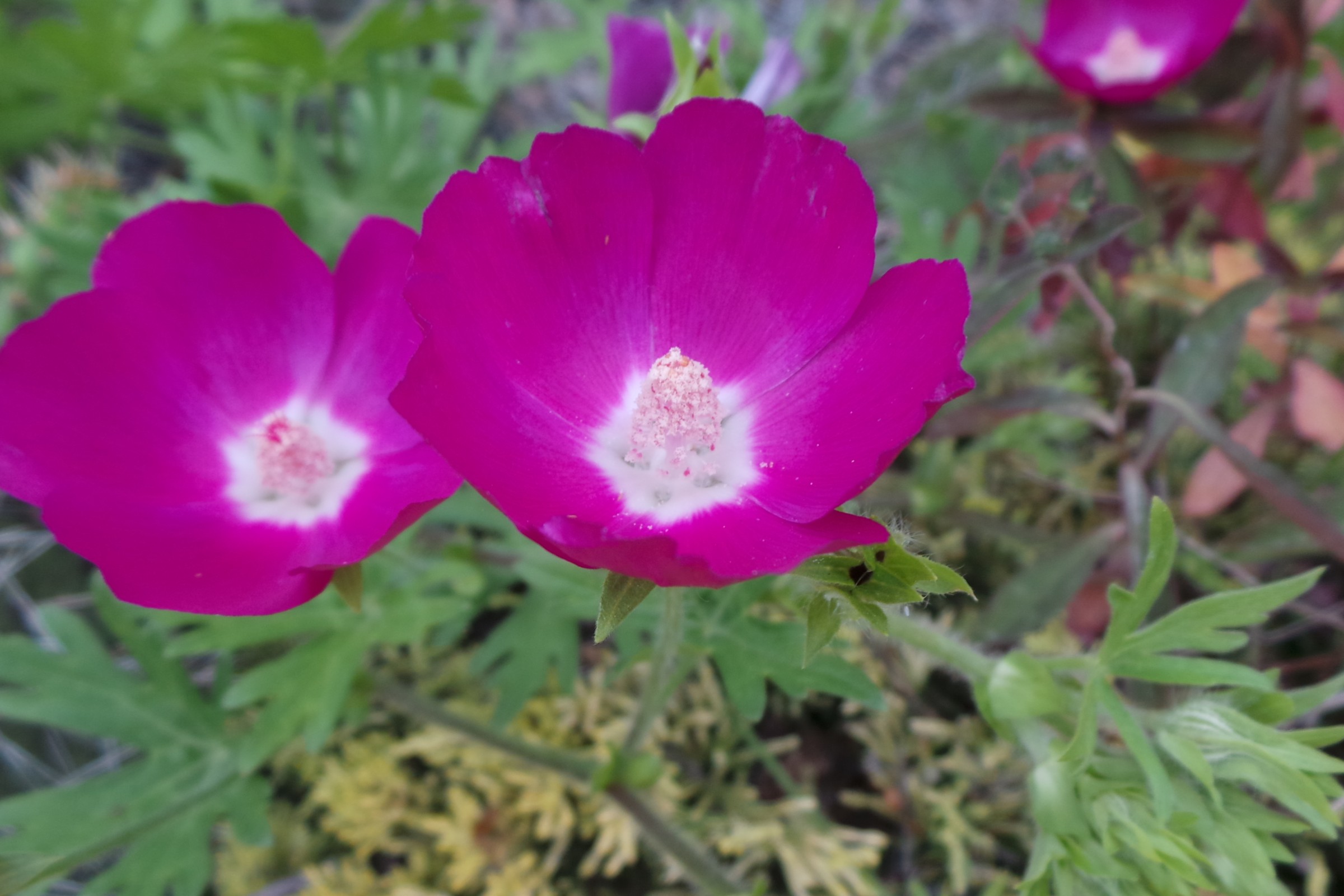 Callirhoe involucrata‘ />
Callirhoe involucrata‘ />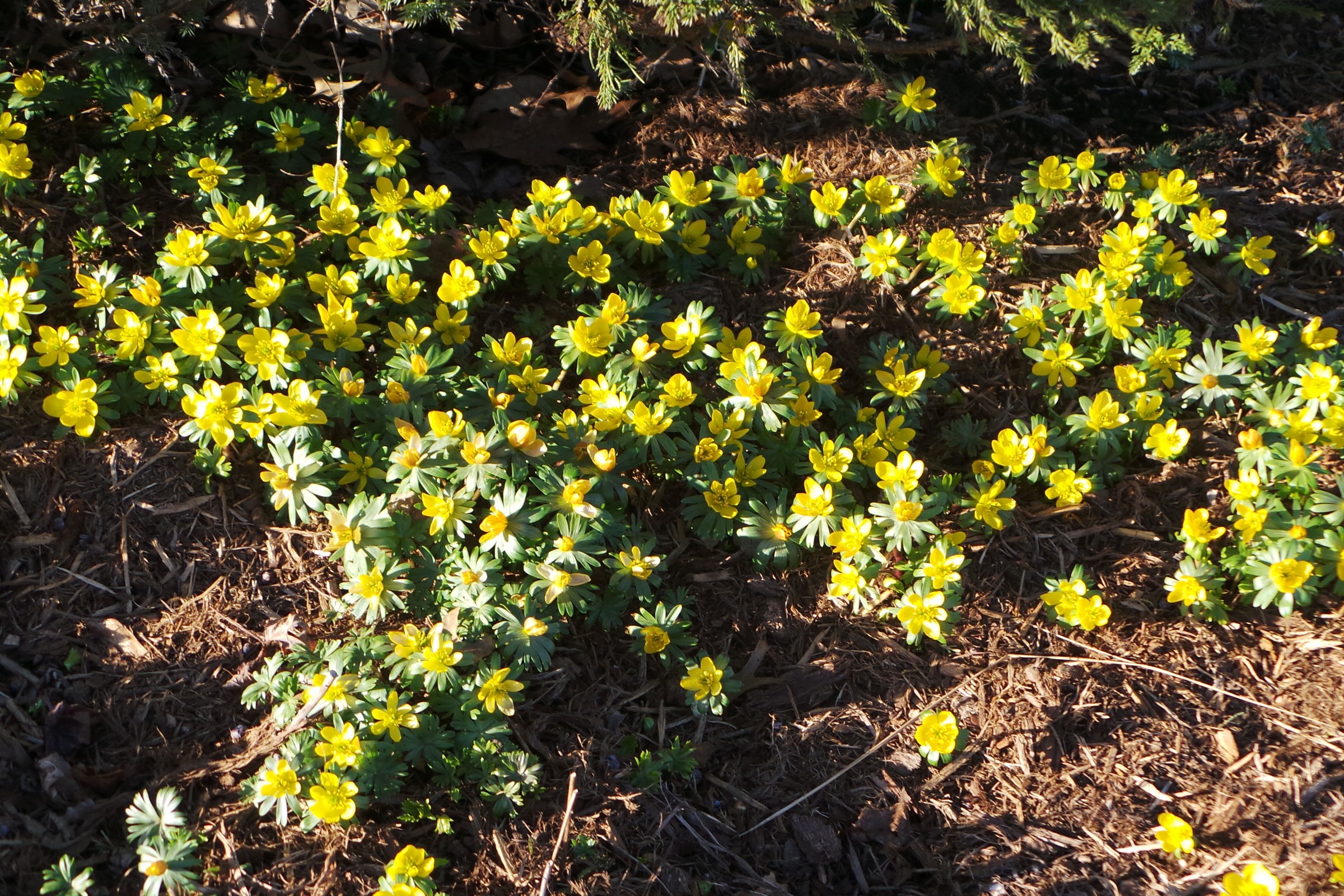 Eranthis hyemalis‘ />
Eranthis hyemalis‘ />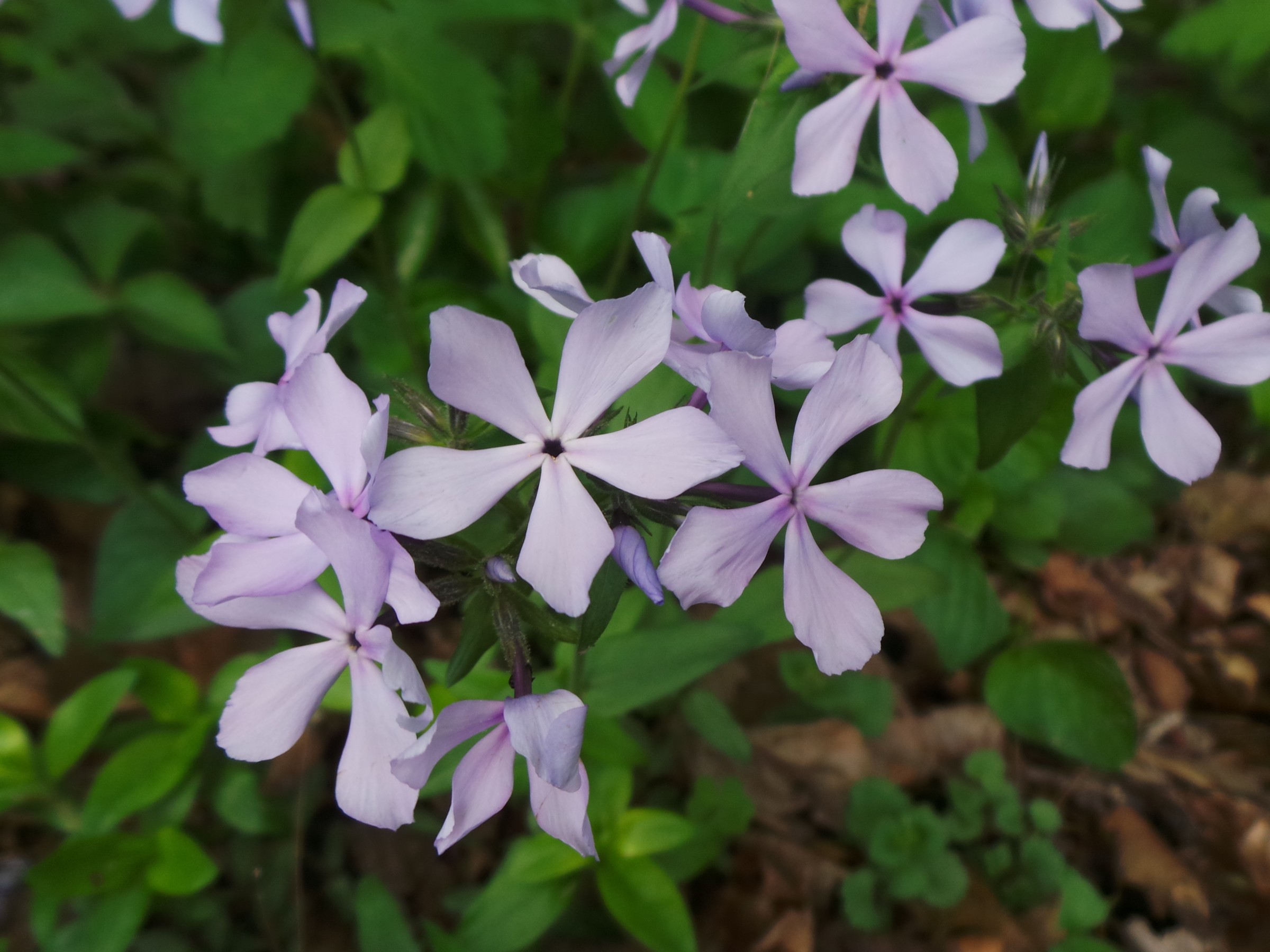 Phlox divaricata‘ />
Phlox divaricata‘ />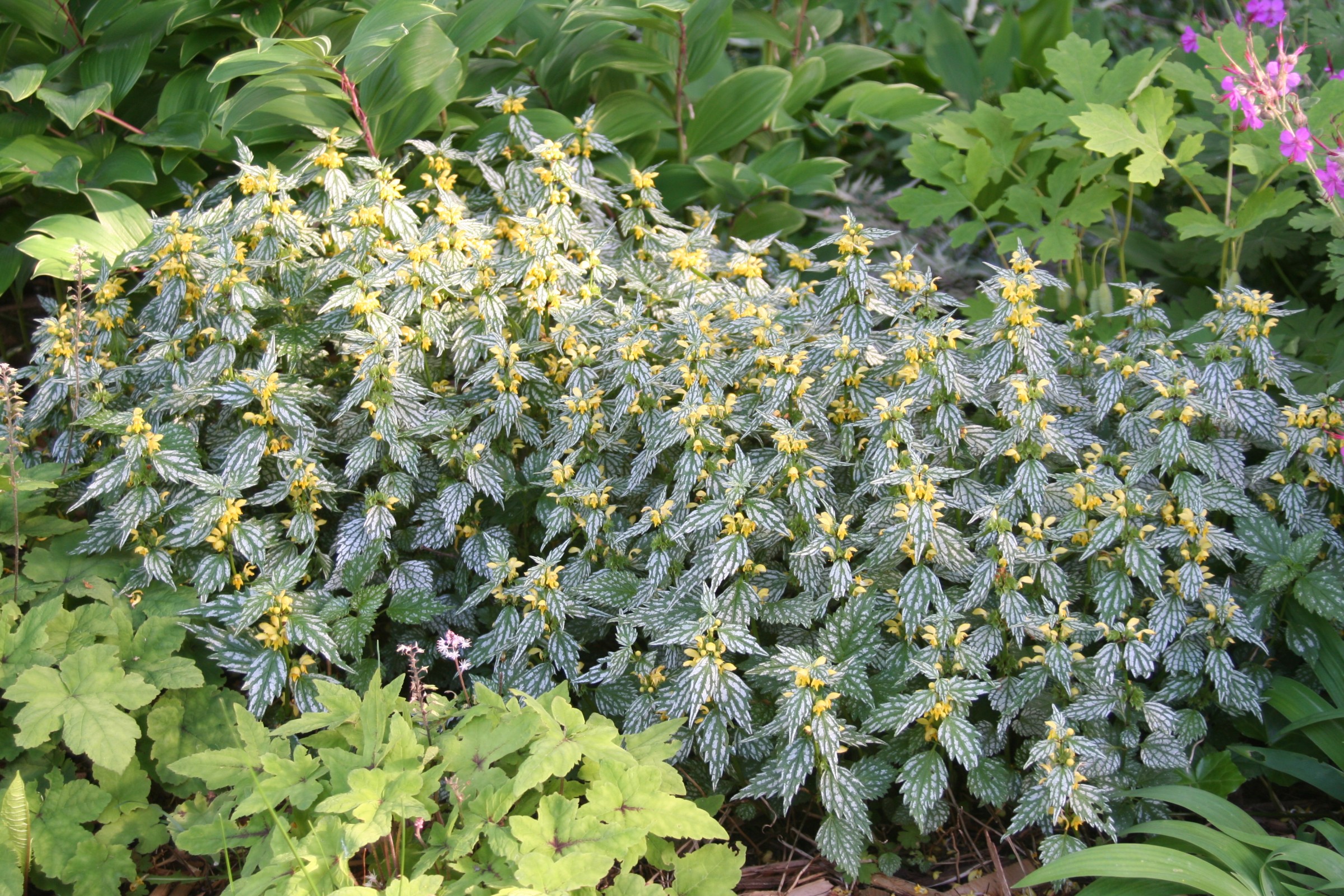 Lamiastrum galeobdolon‘ />
Lamiastrum galeobdolon‘ />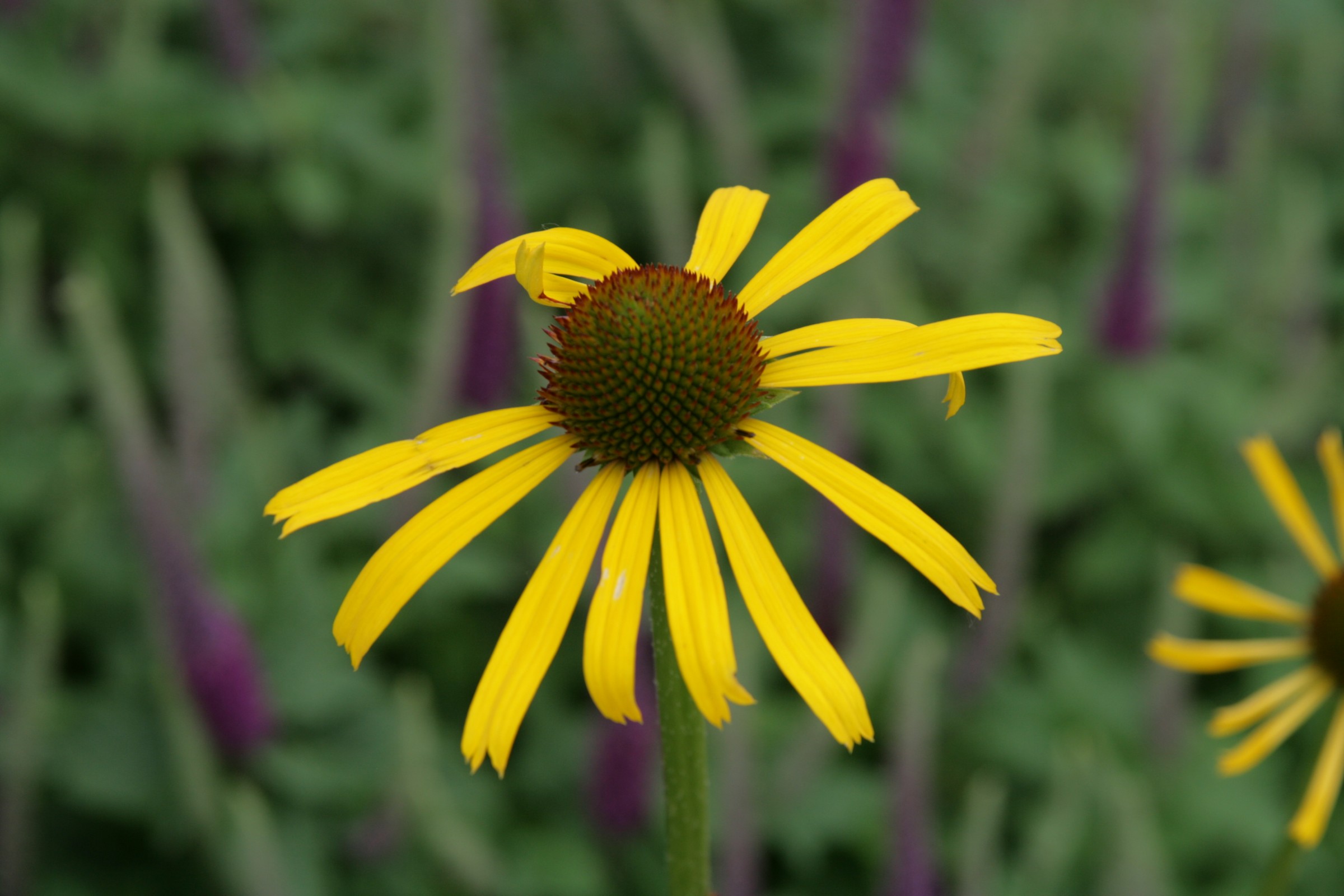 Echinacea paradoxa‘ />
Echinacea paradoxa‘ />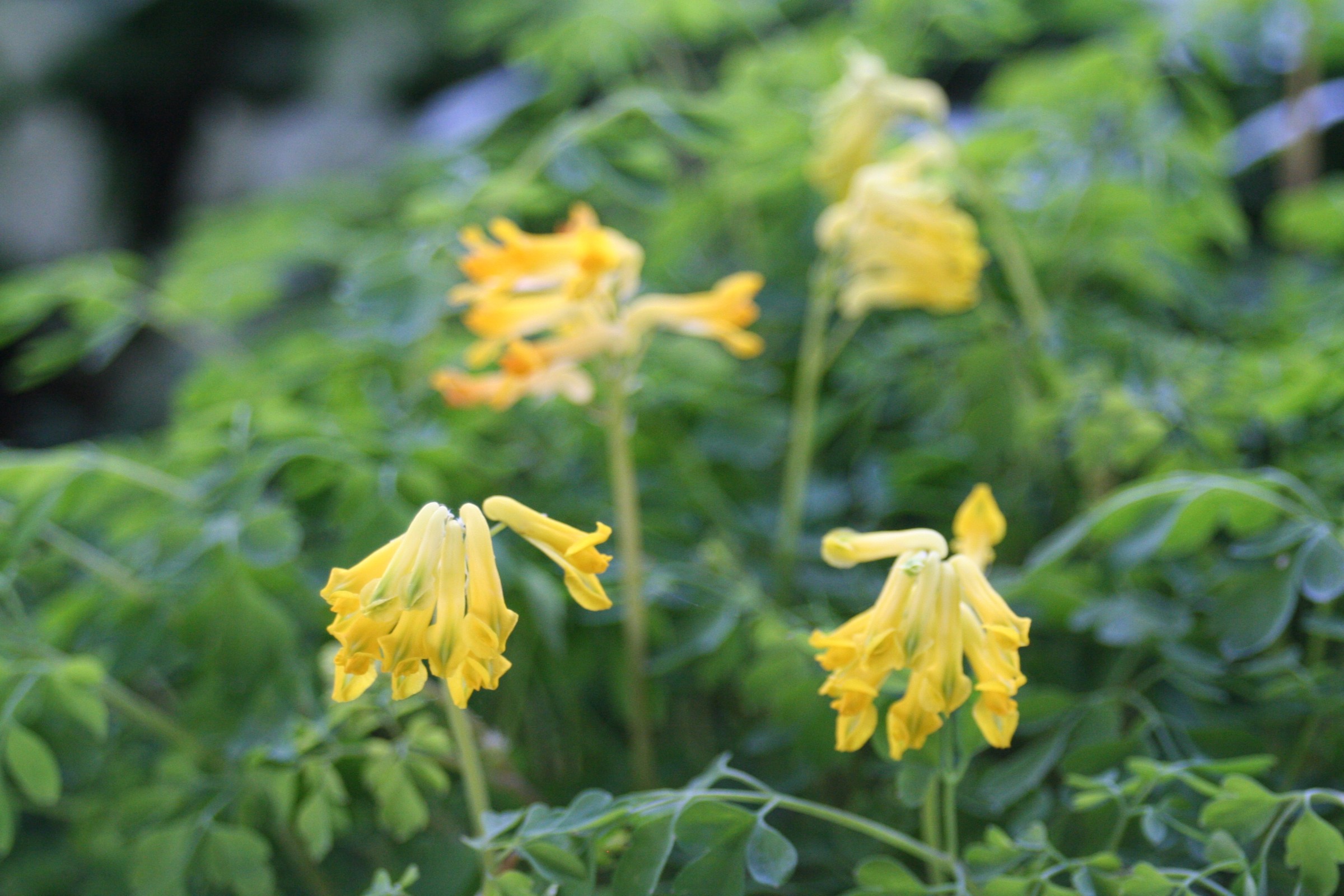 Corydalis lutea‘ />
Corydalis lutea‘ />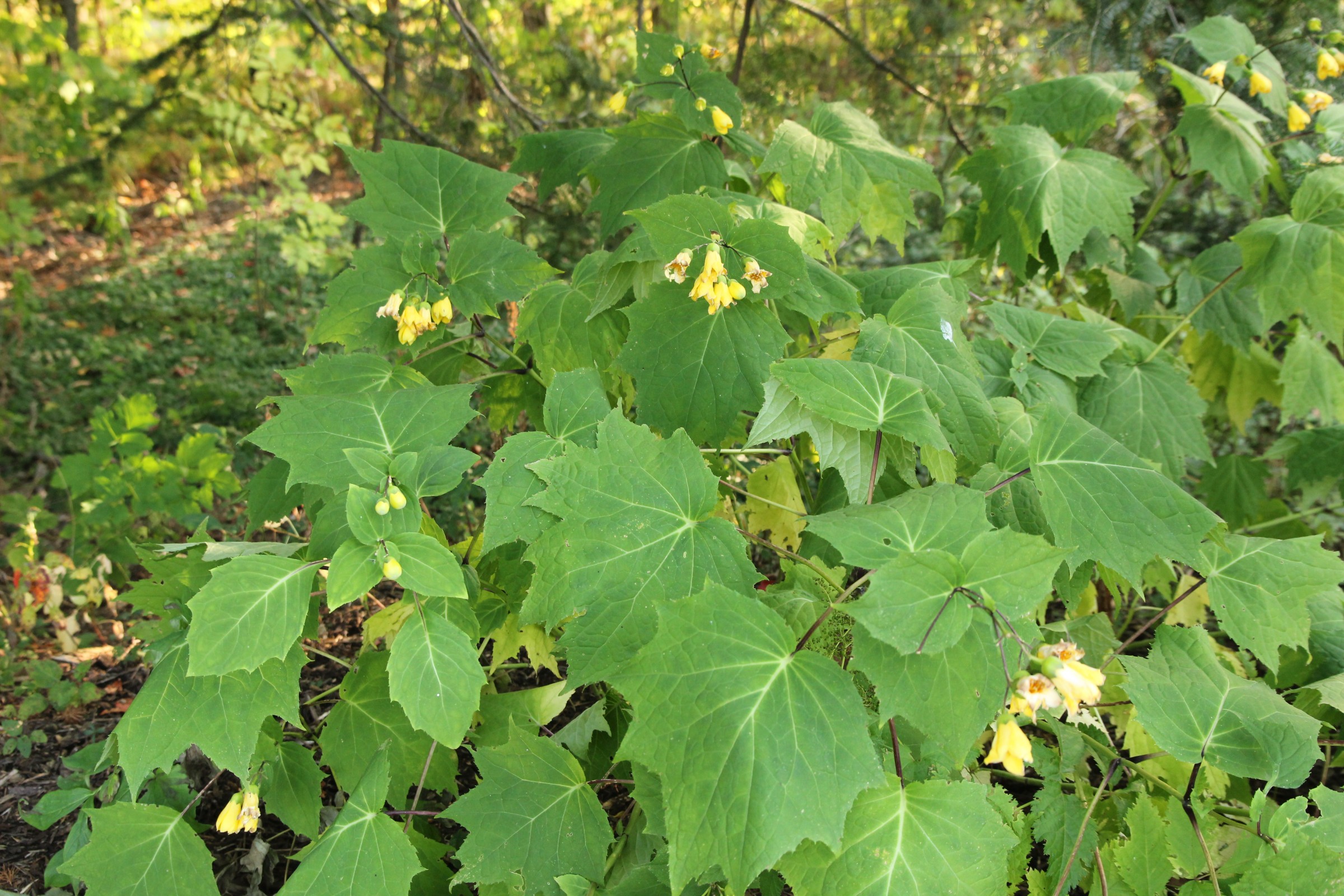 Kirengeshoma palmata‘ />
Kirengeshoma palmata‘ />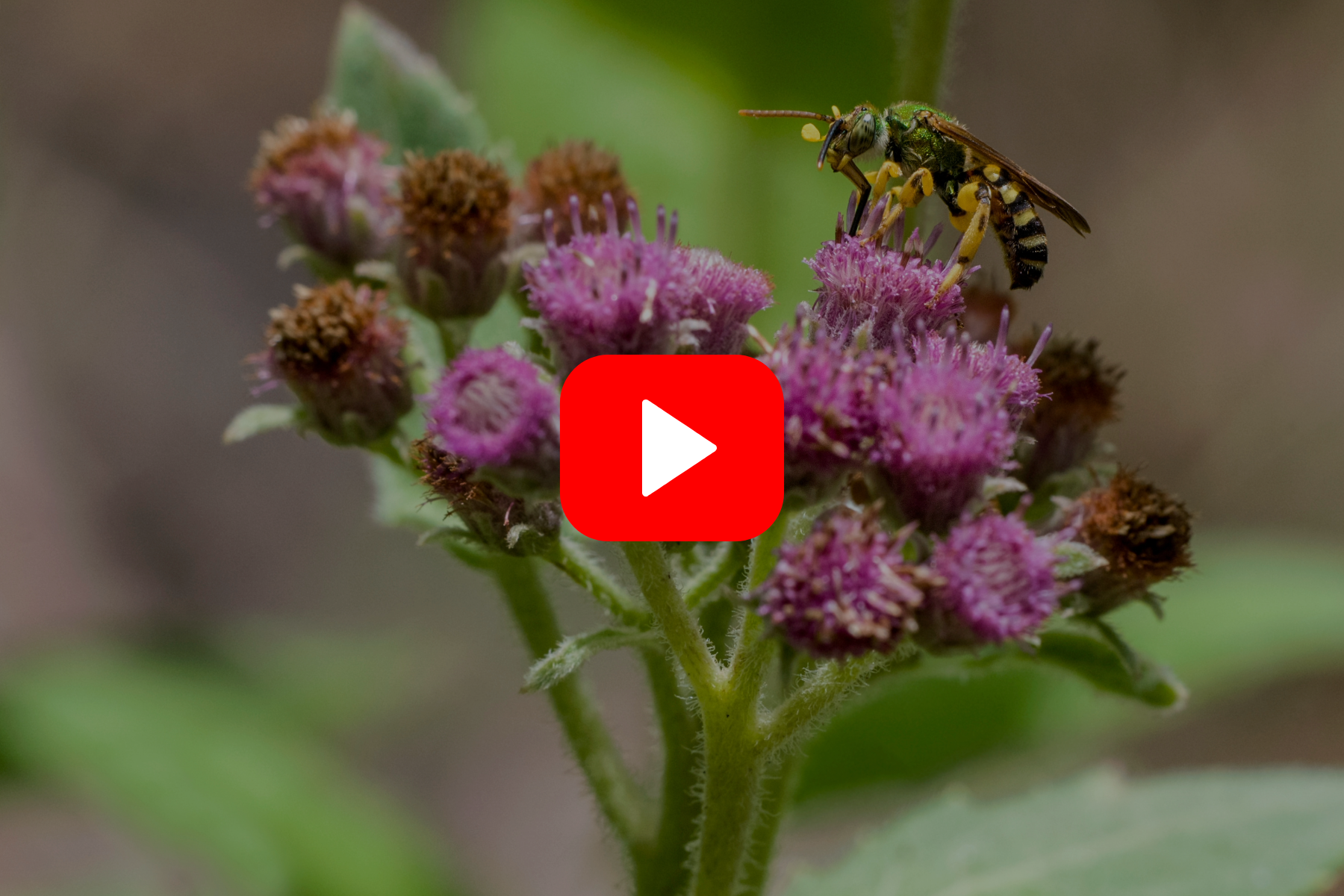
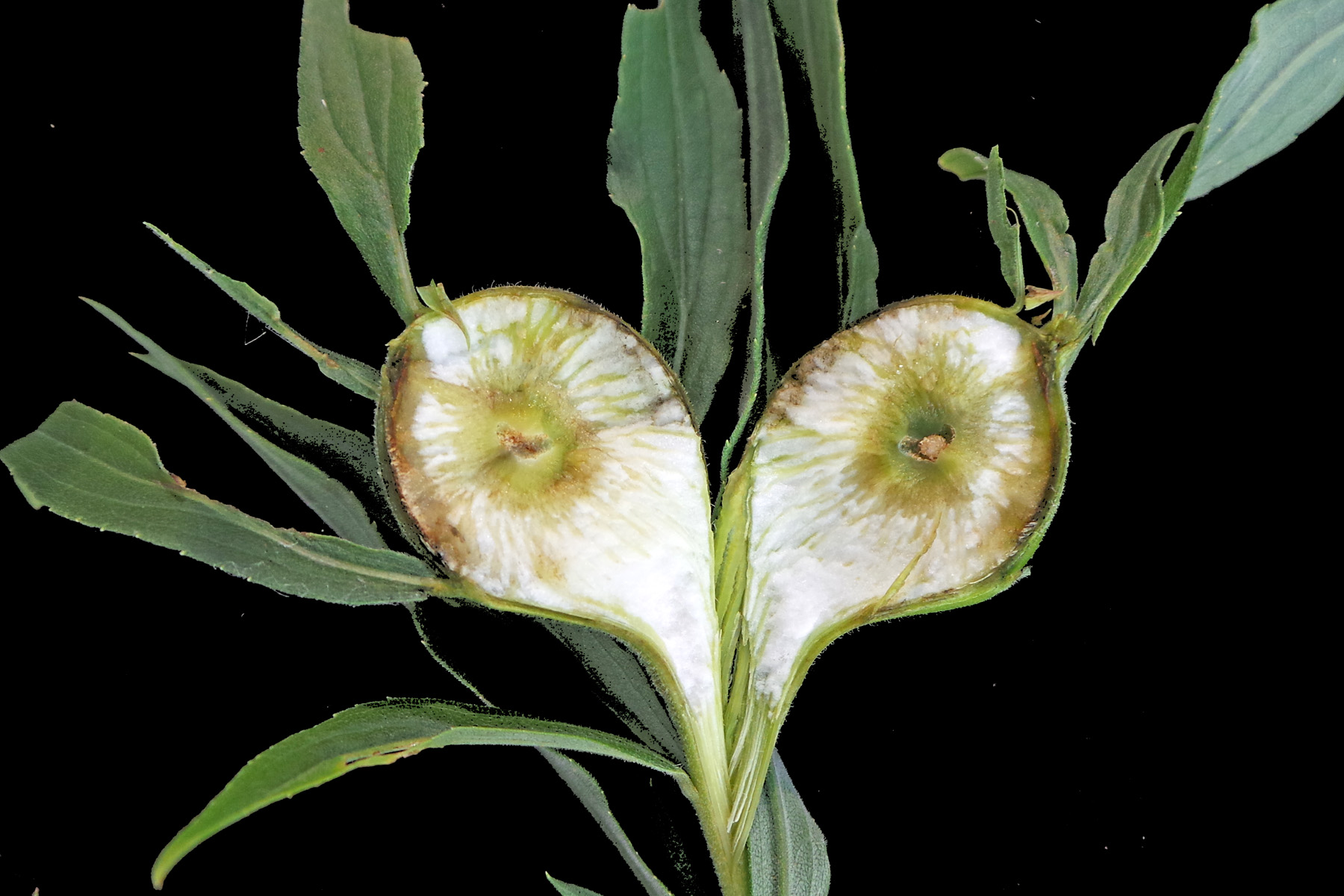 Eurosta solidagnis‘ />
Eurosta solidagnis‘ />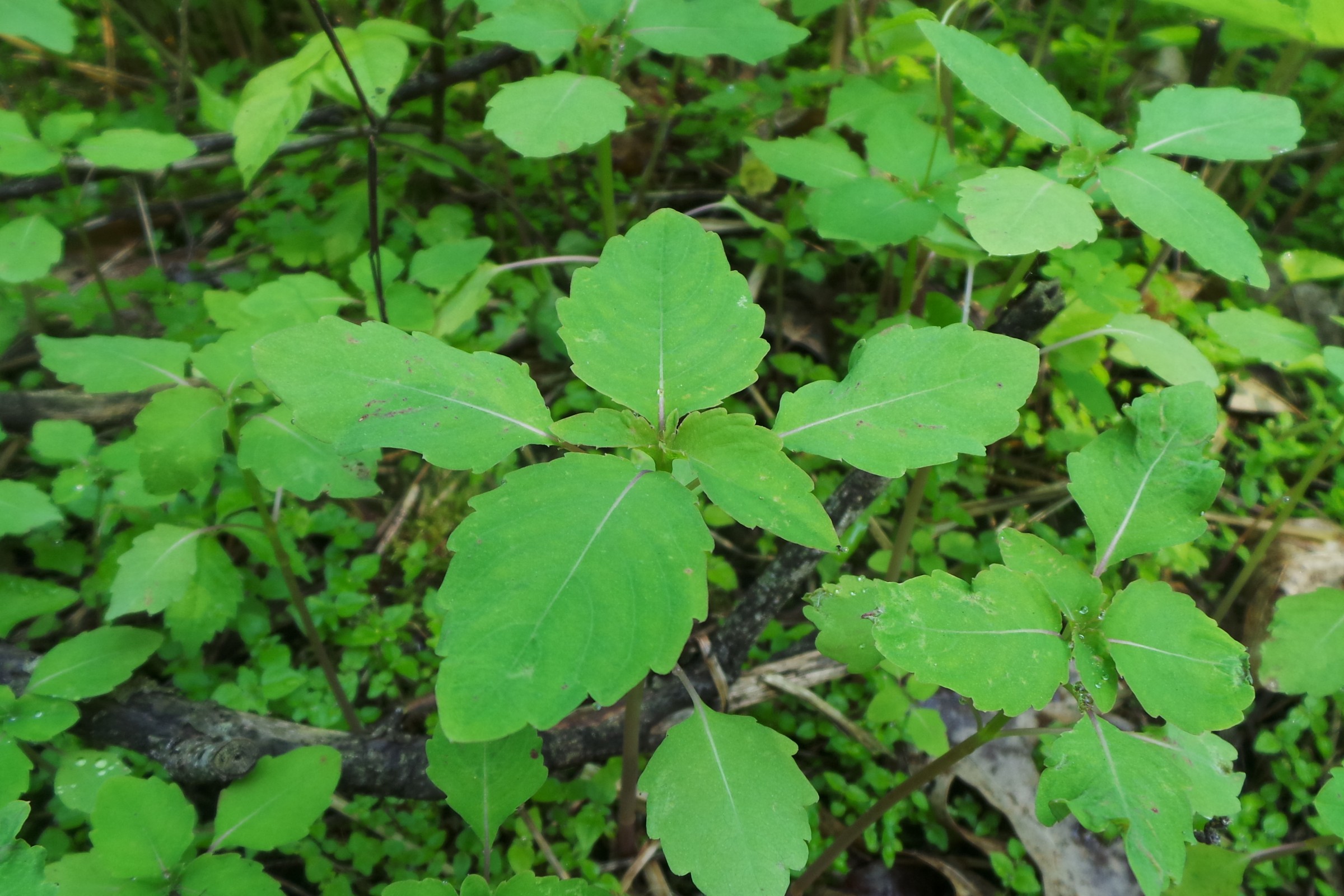 Impatiens capensis‘ />
Impatiens capensis‘ />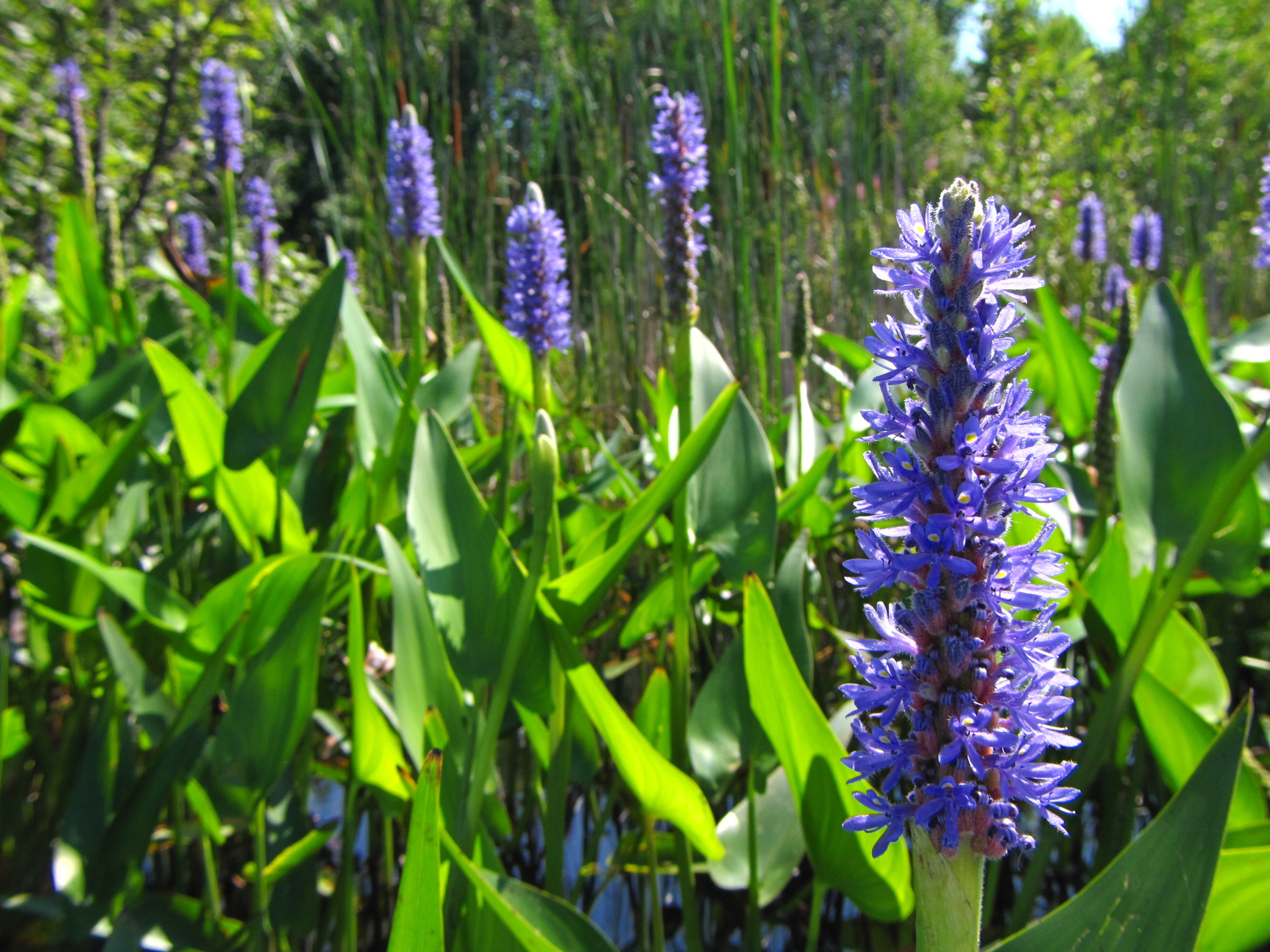
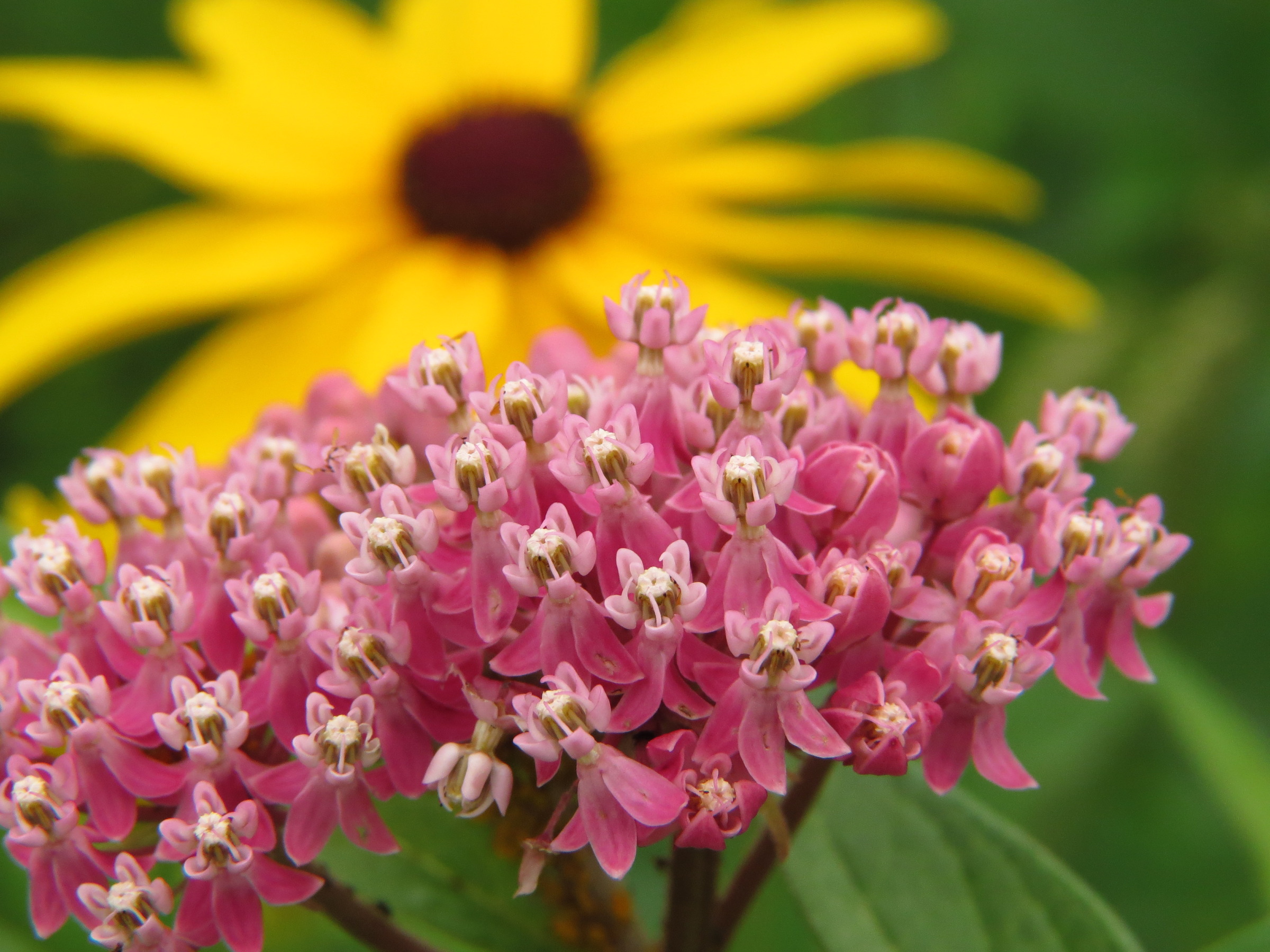
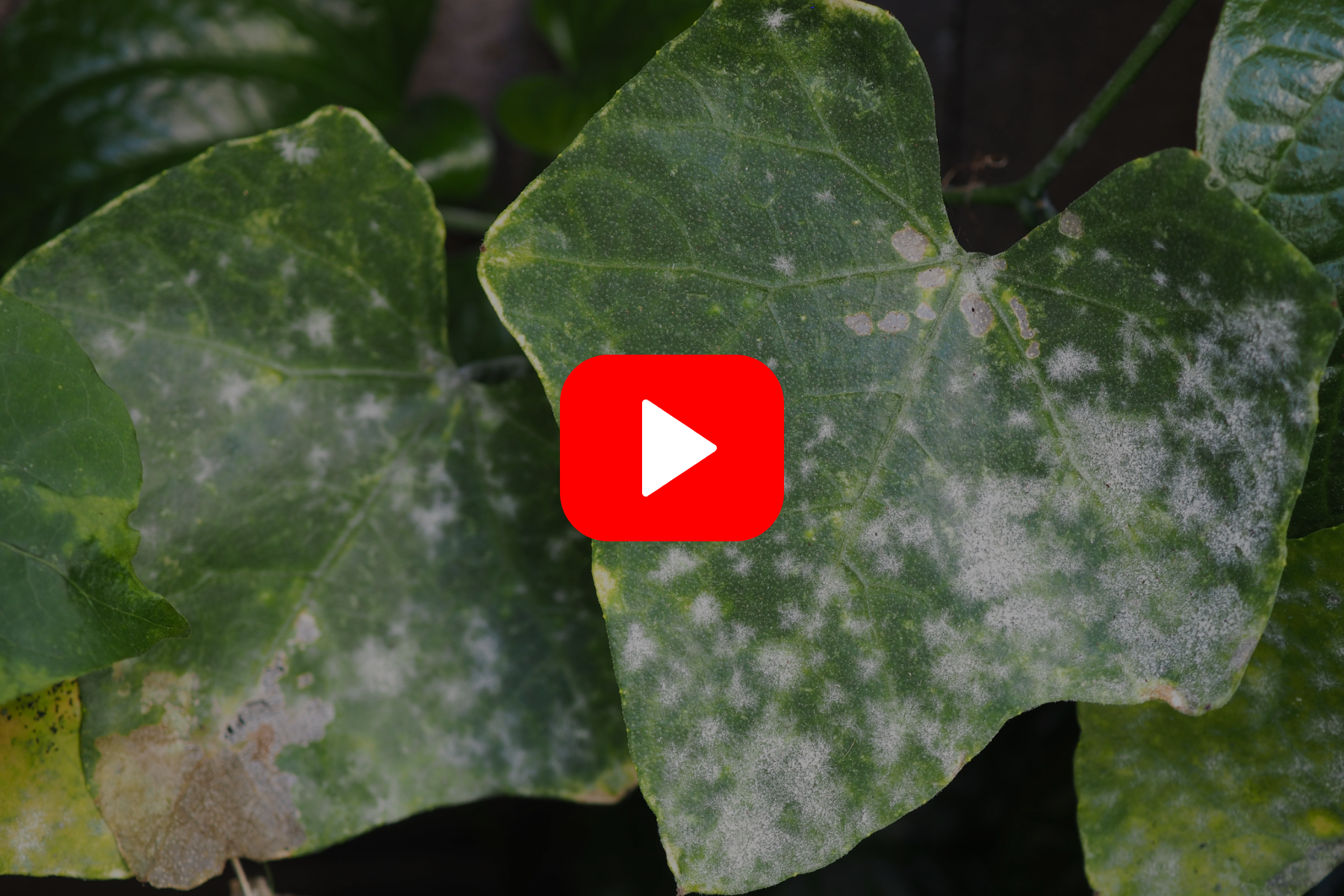
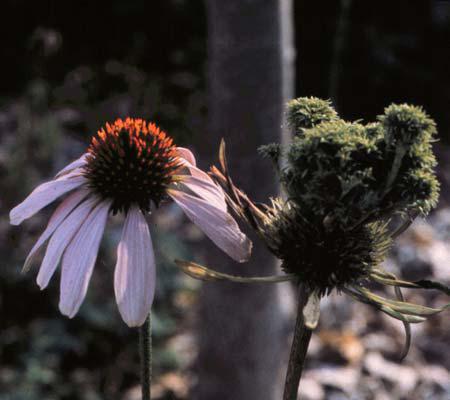
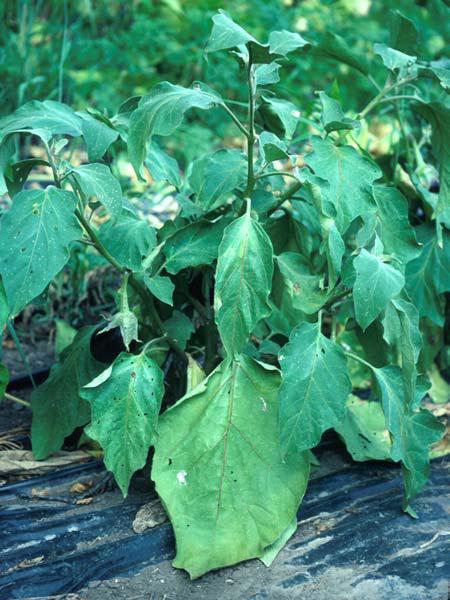
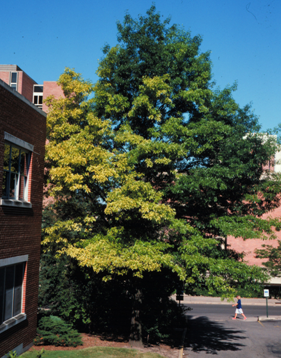
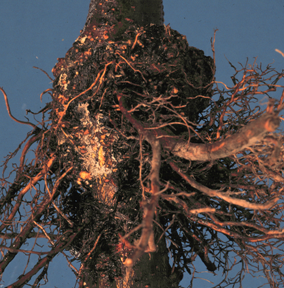
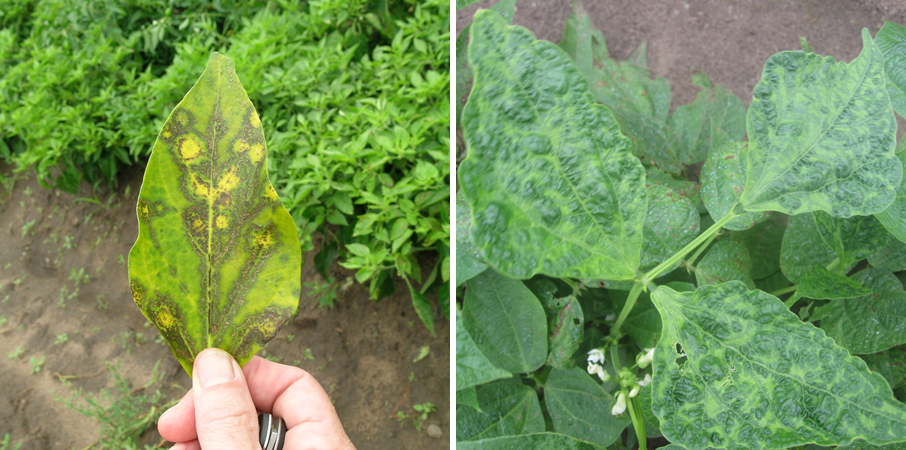
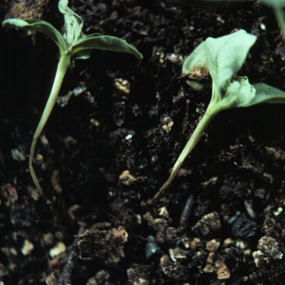
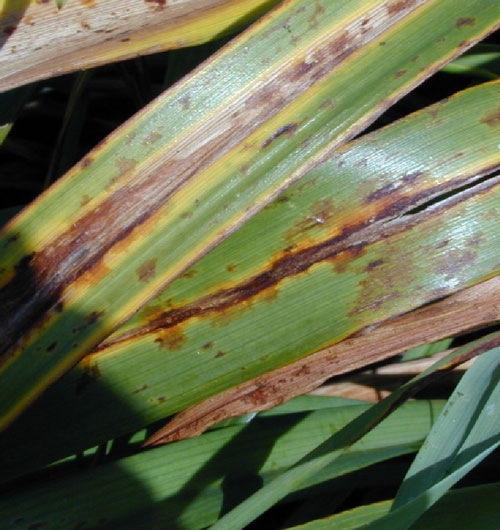
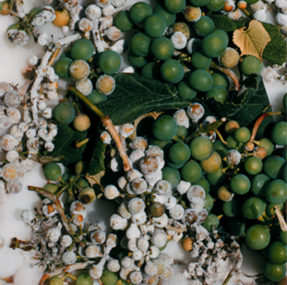
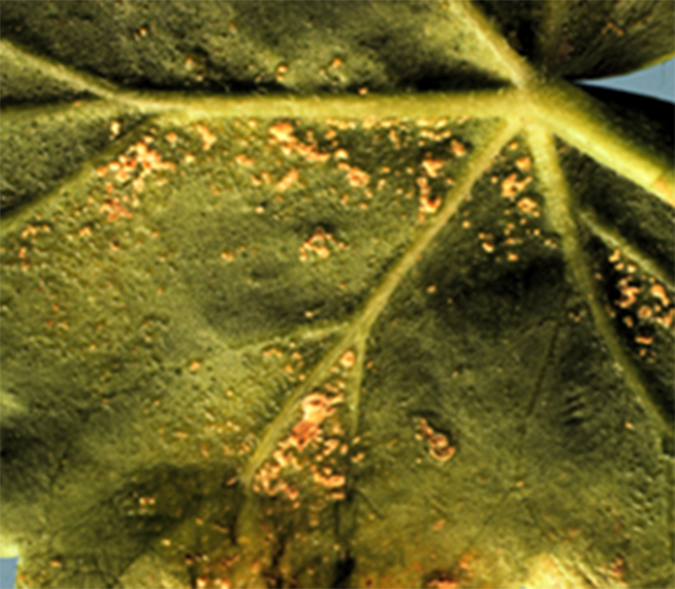
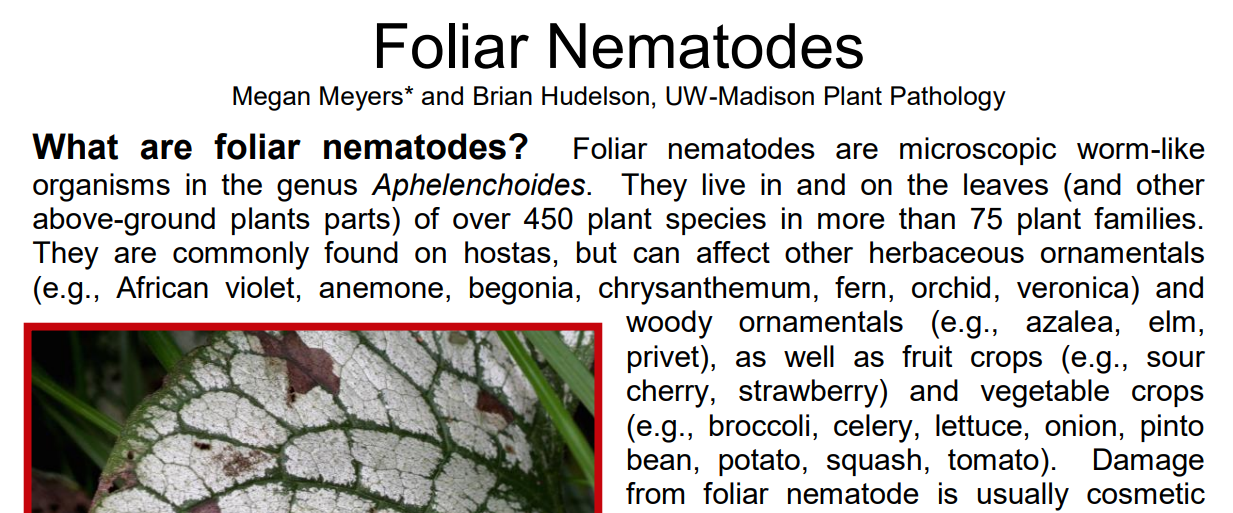
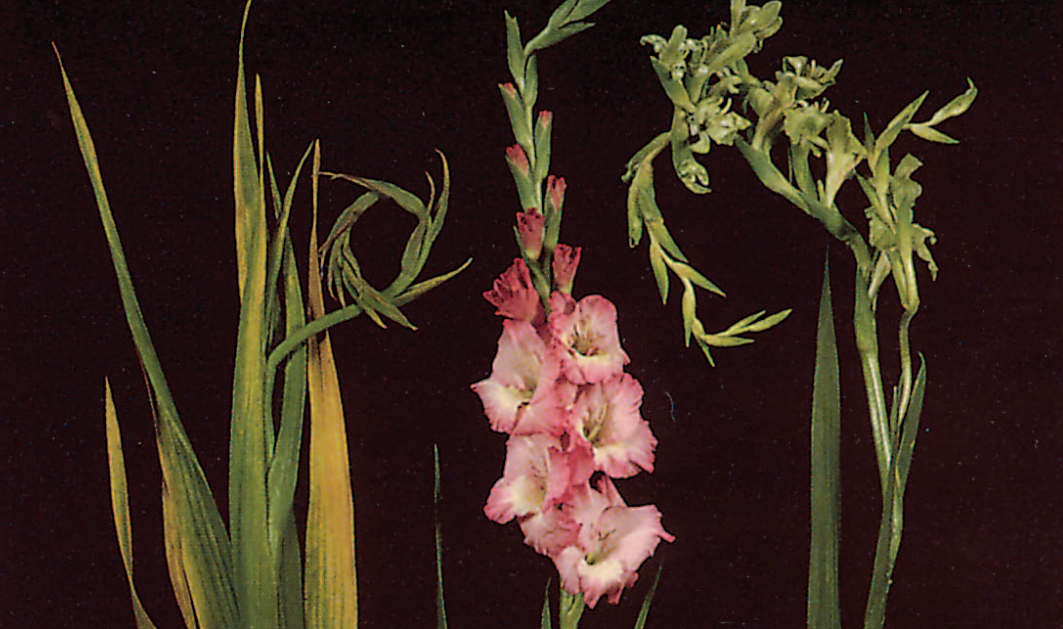
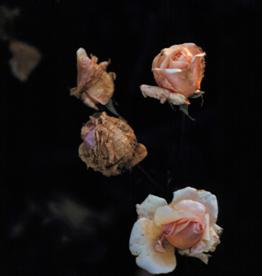
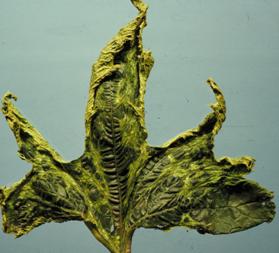
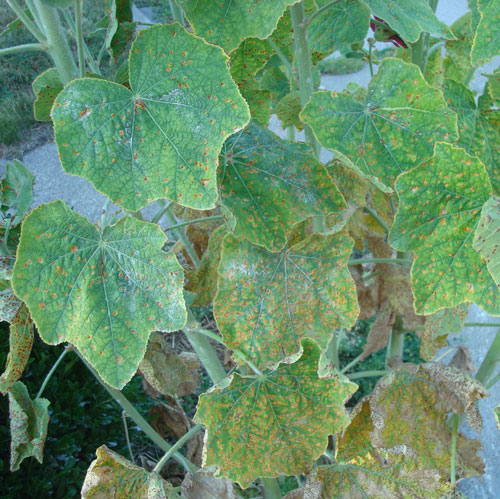
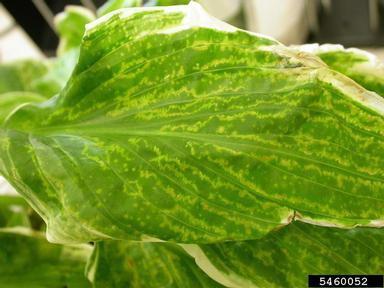
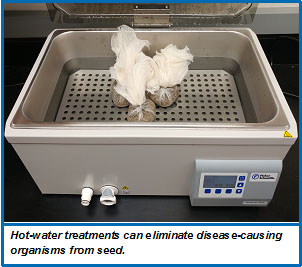
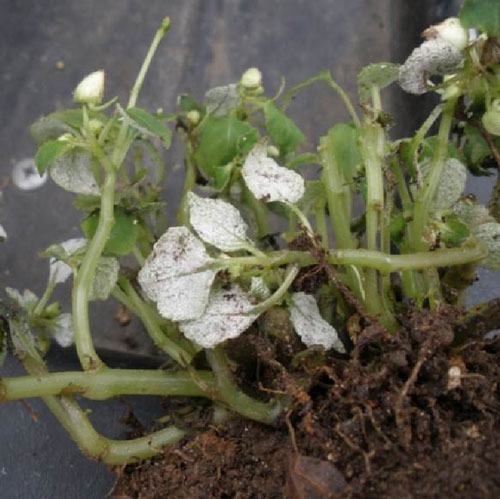
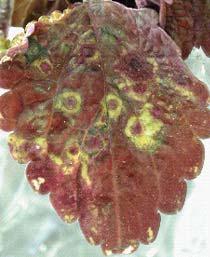
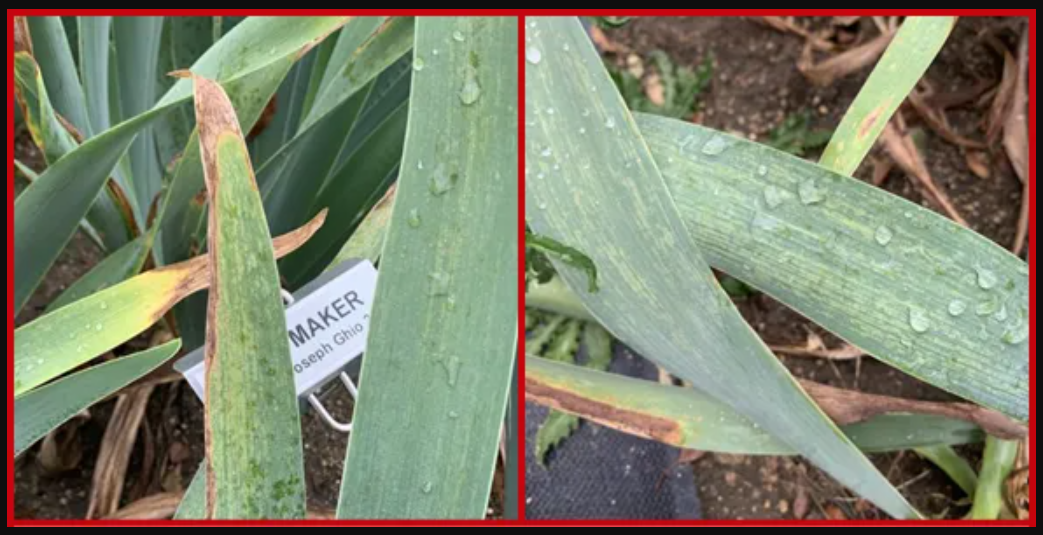
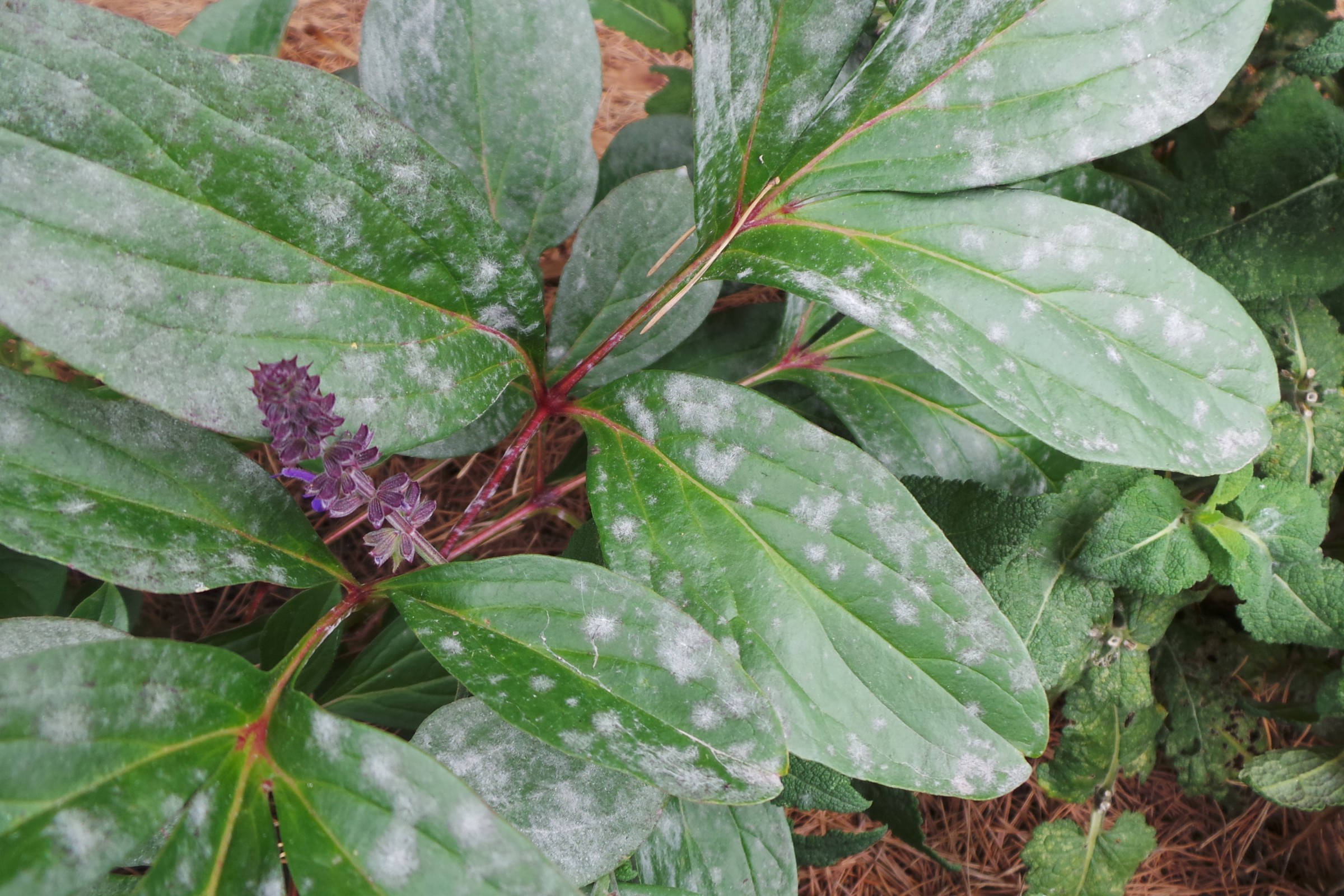
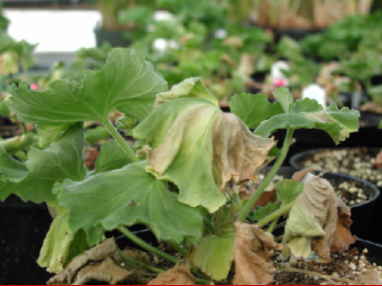

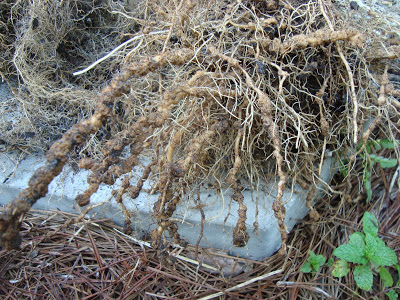
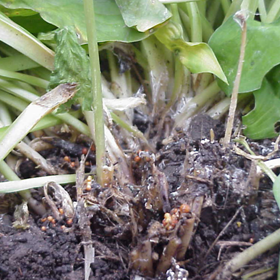
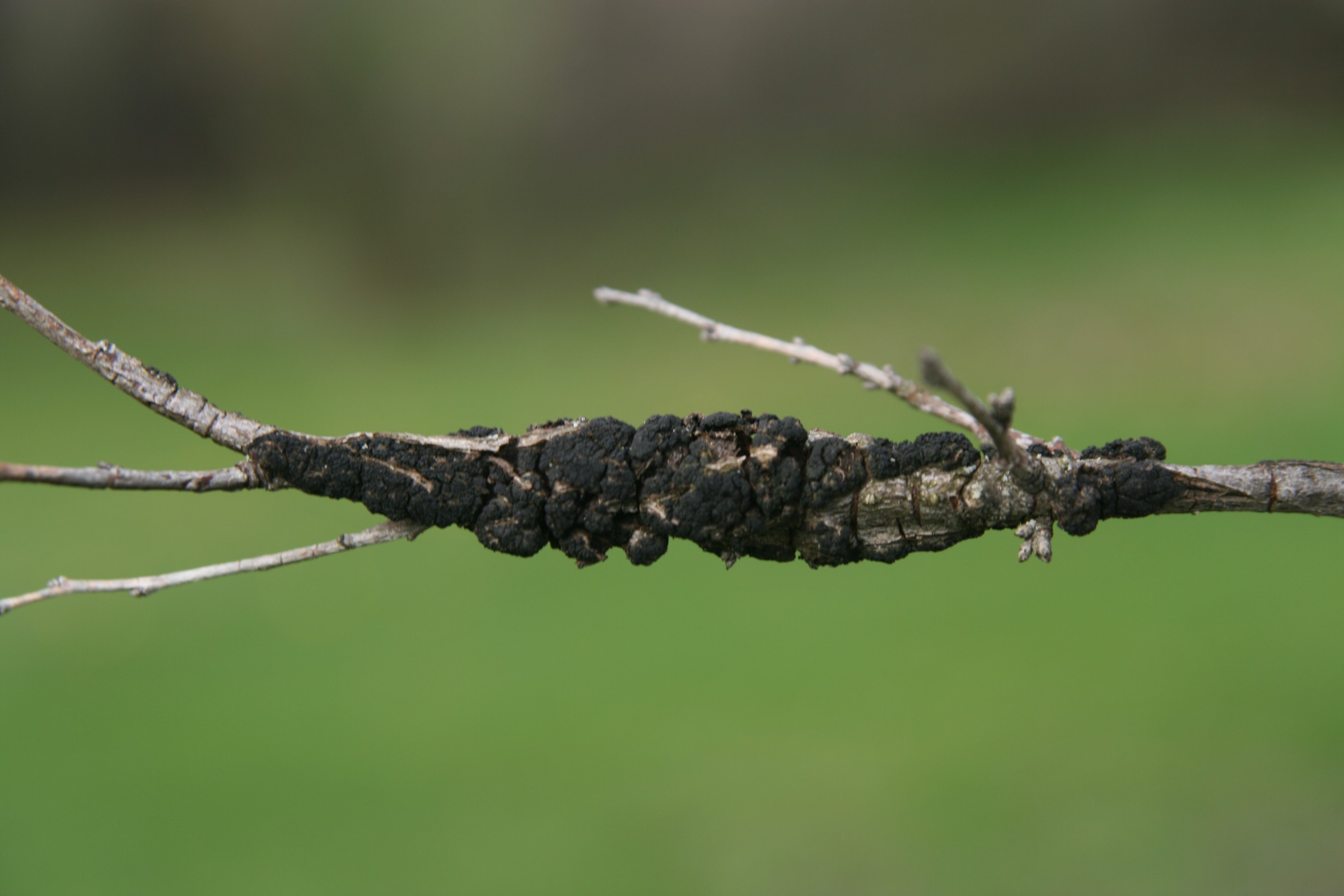


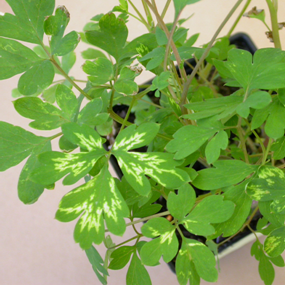
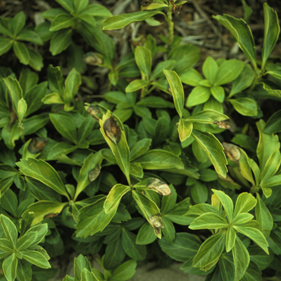

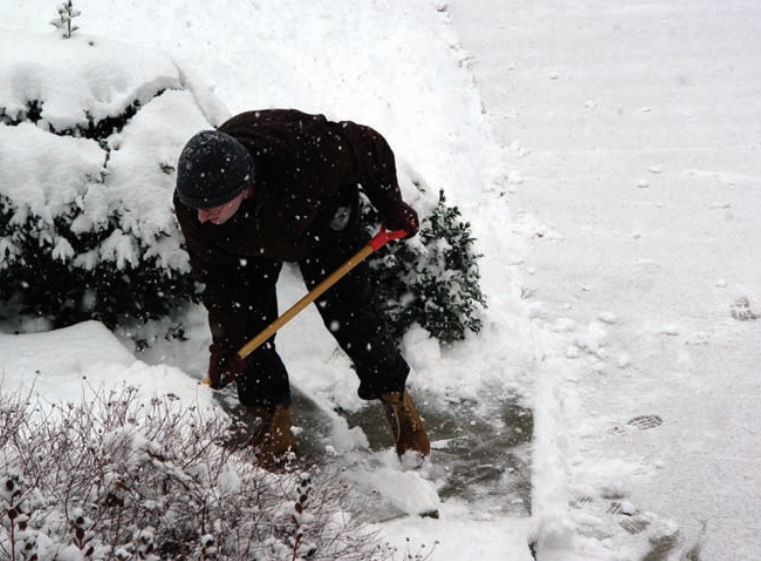
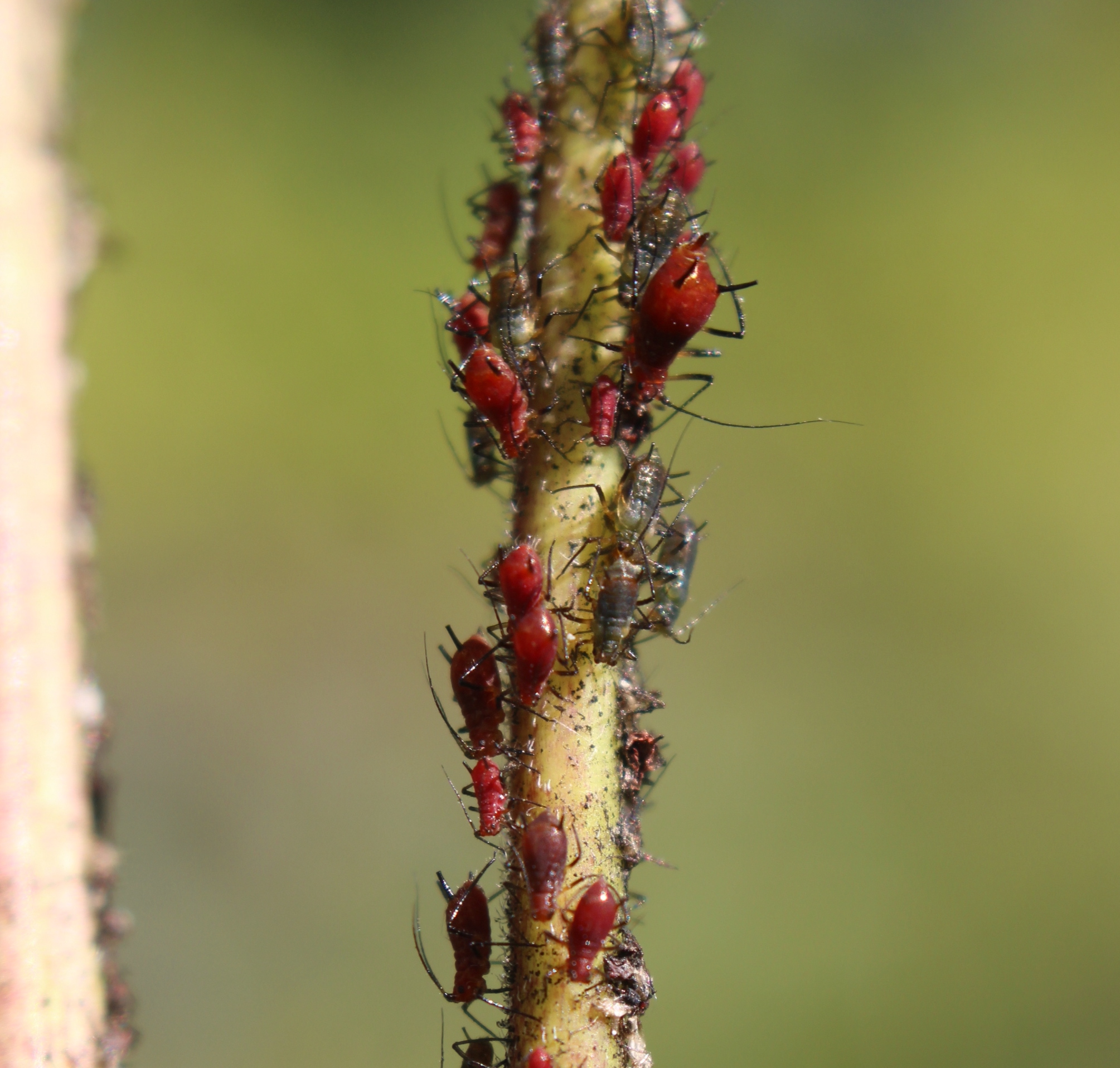
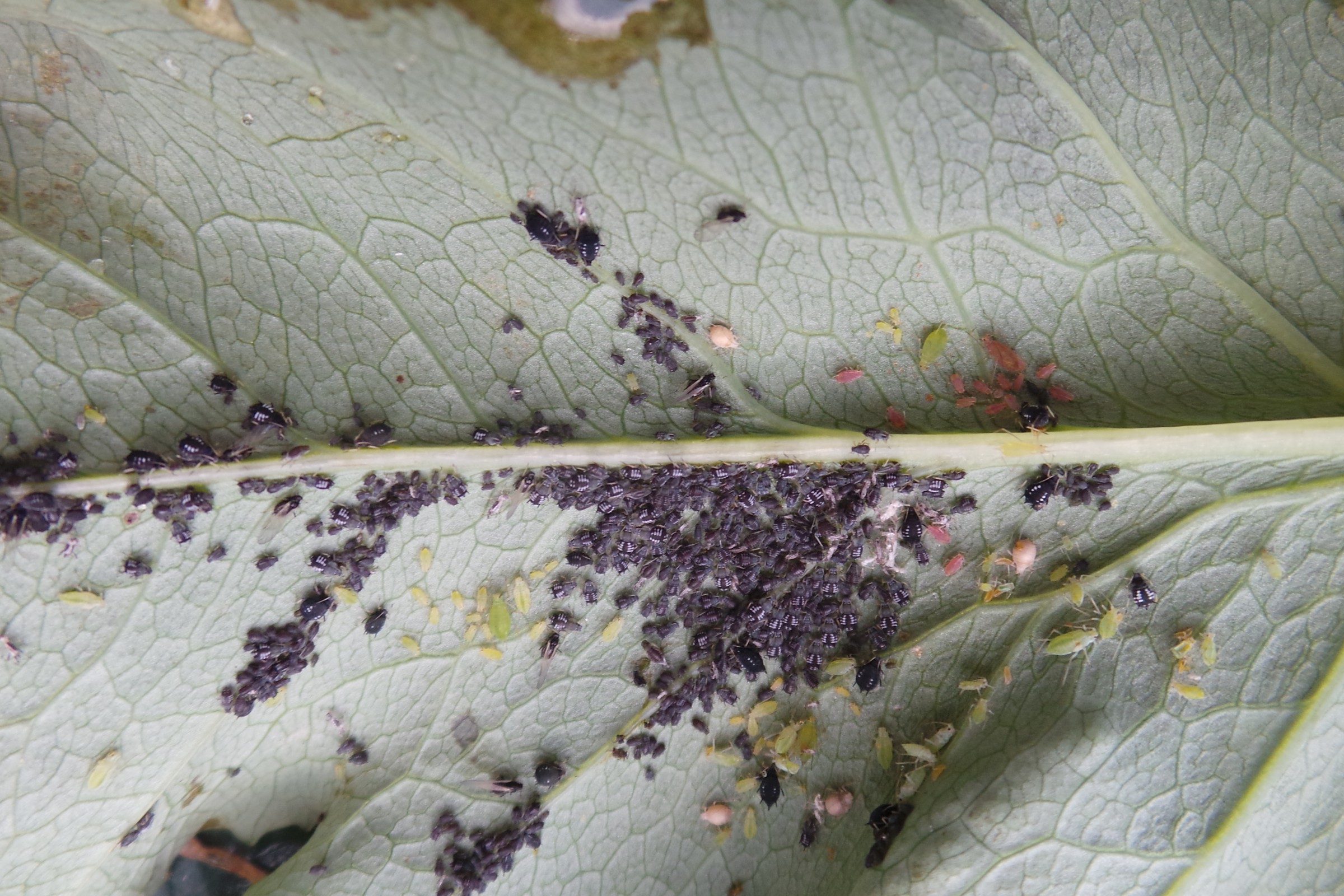
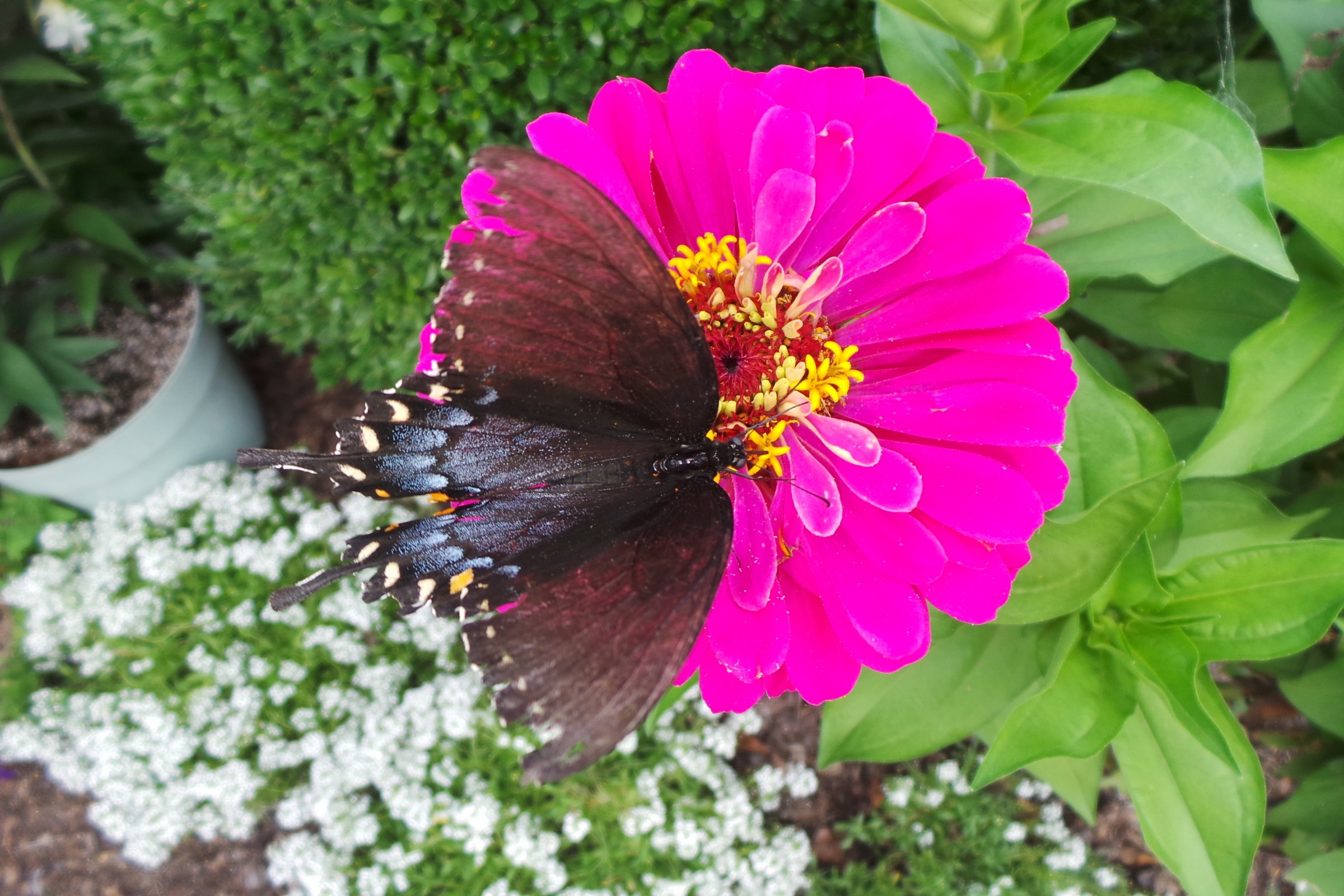 Papilio polyxenes‘ />
Papilio polyxenes‘ />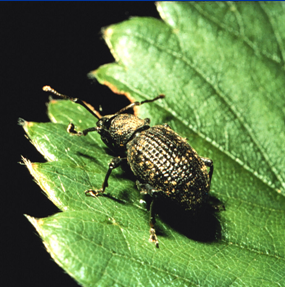
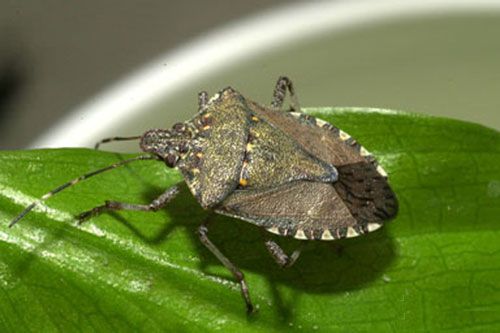
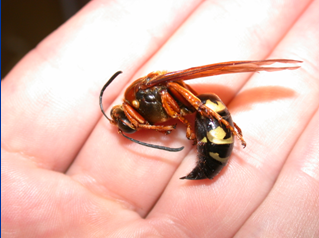
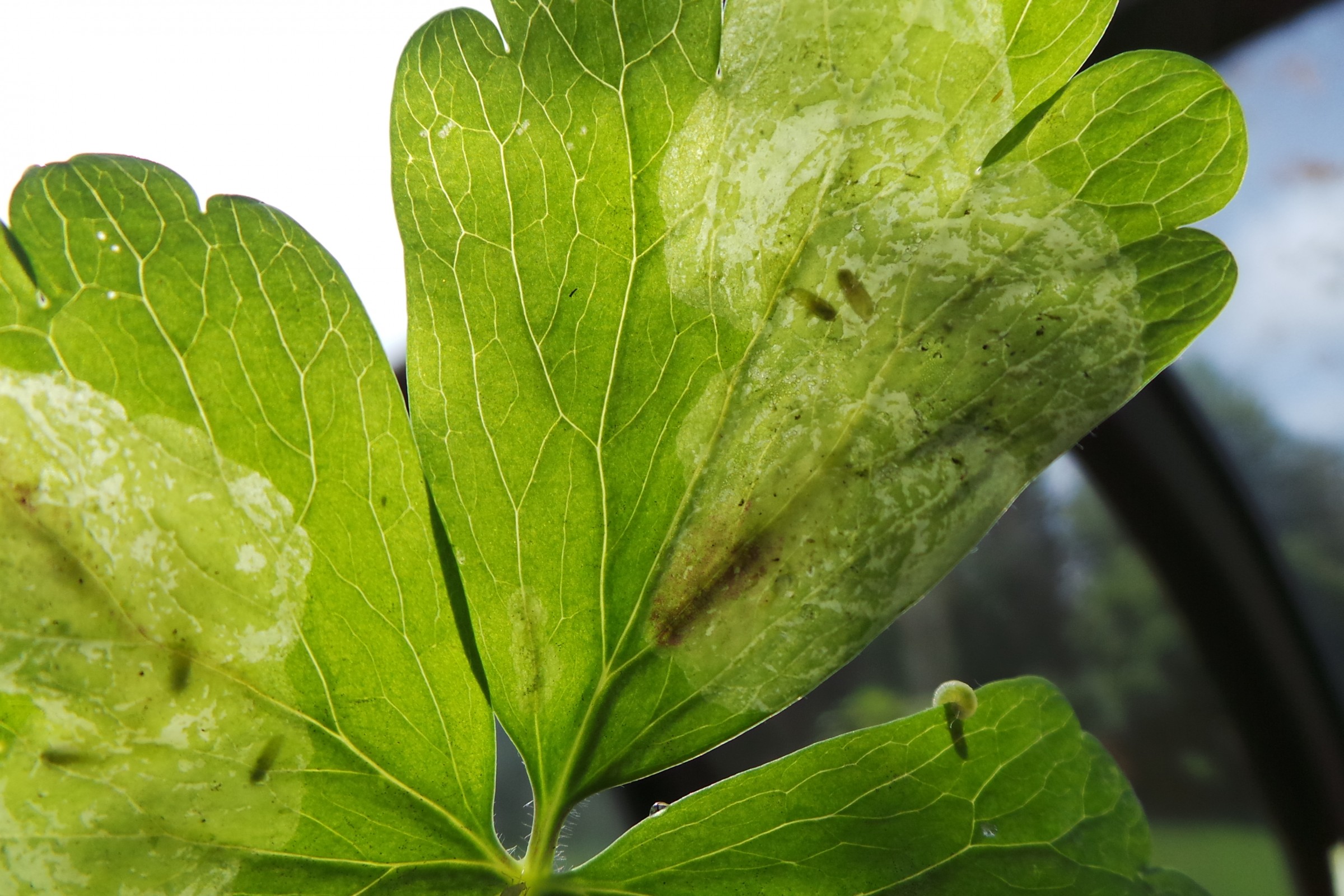
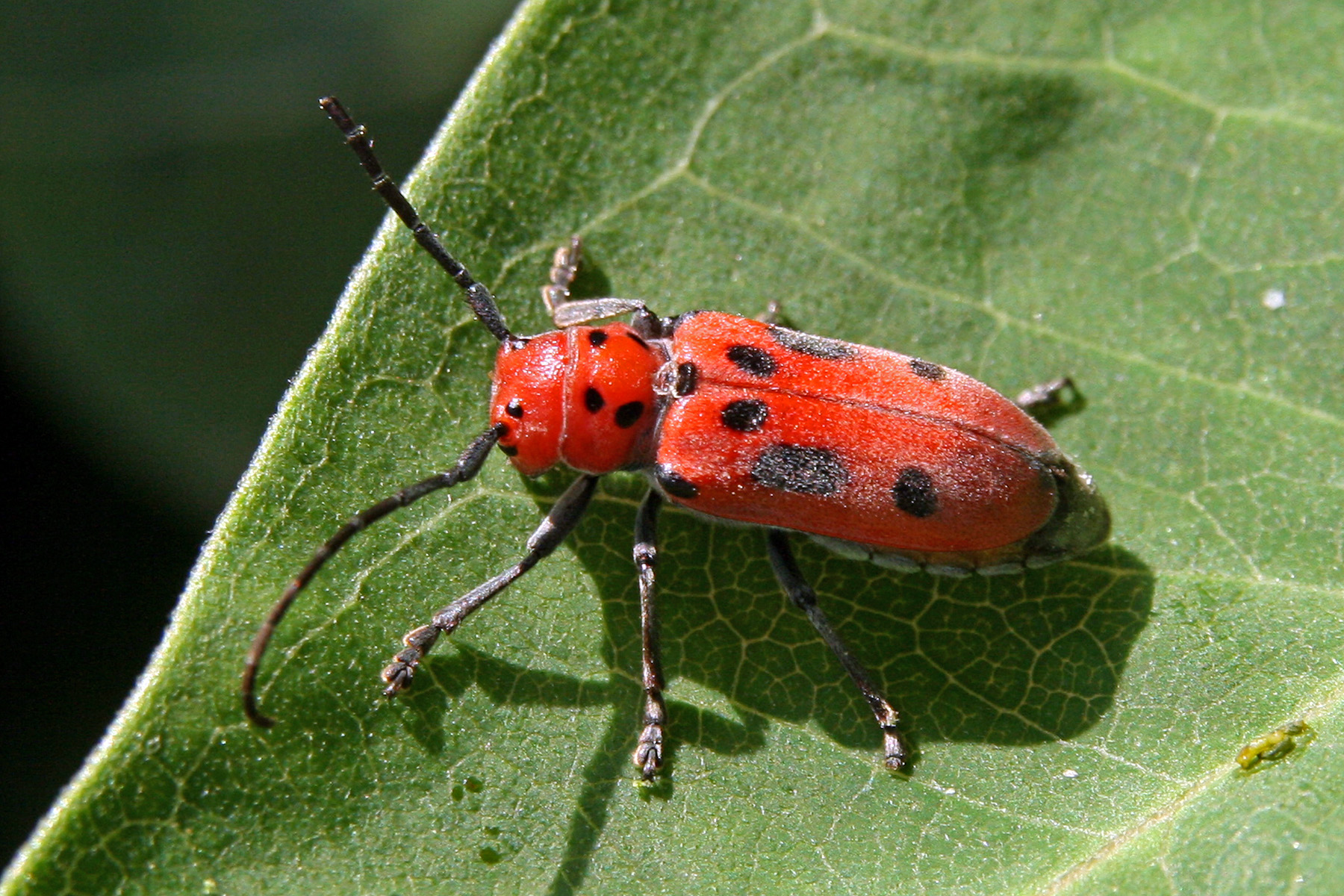
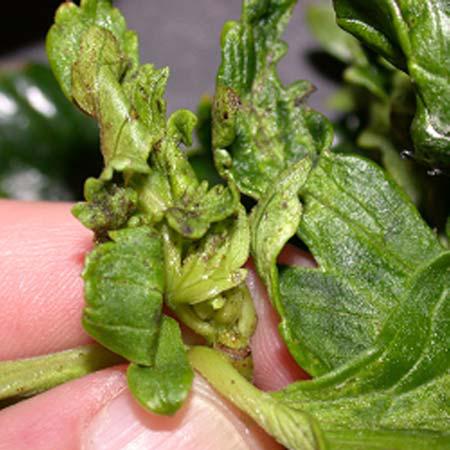
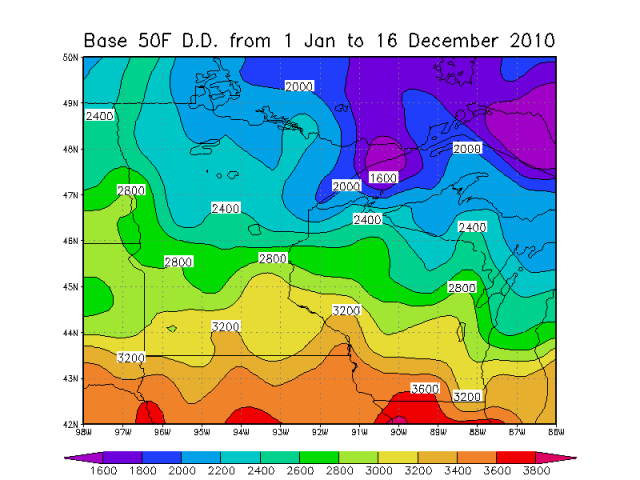
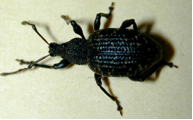
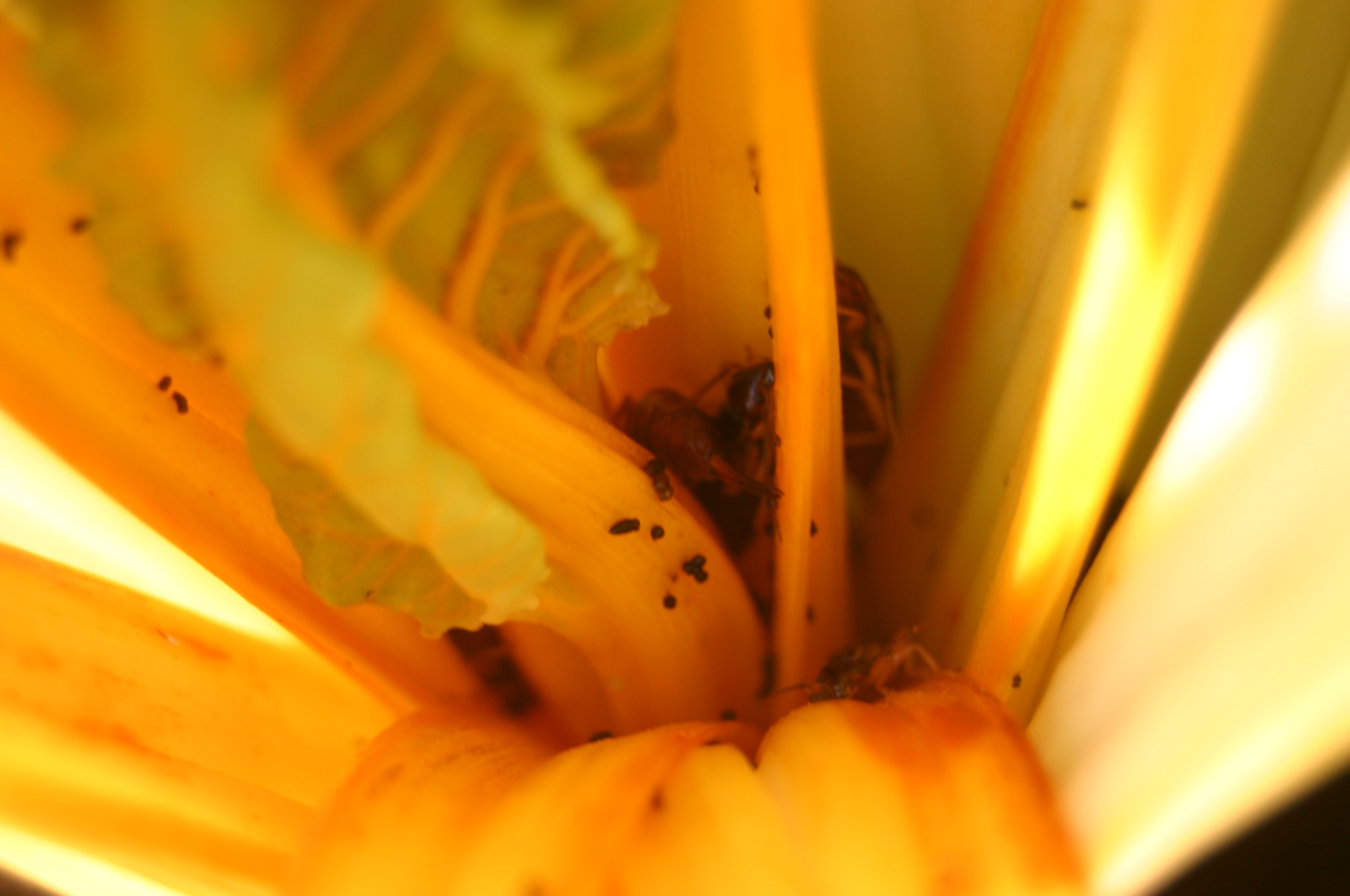
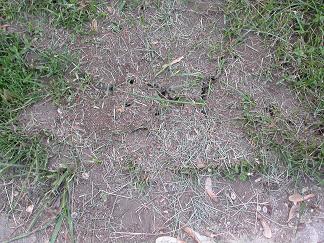
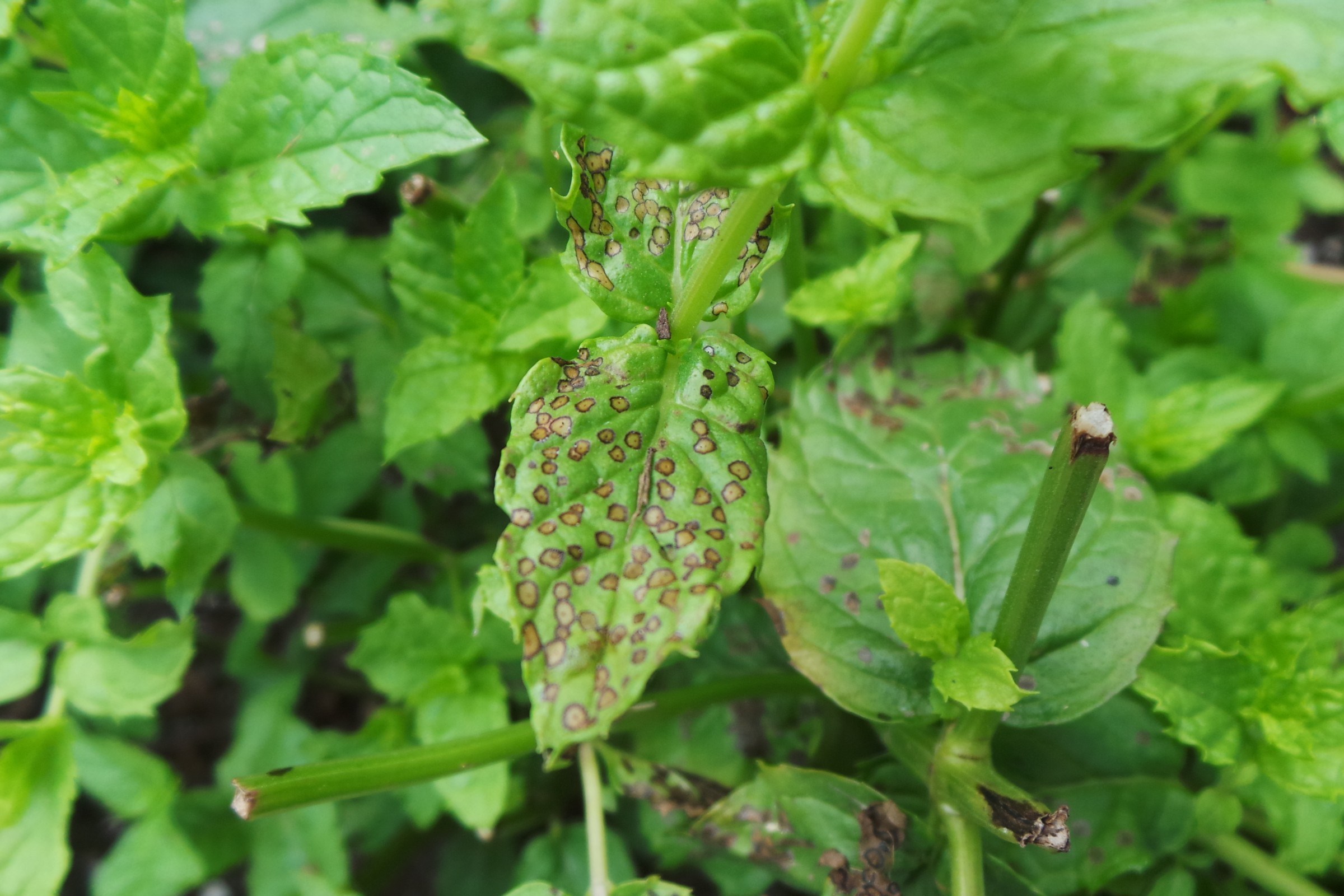
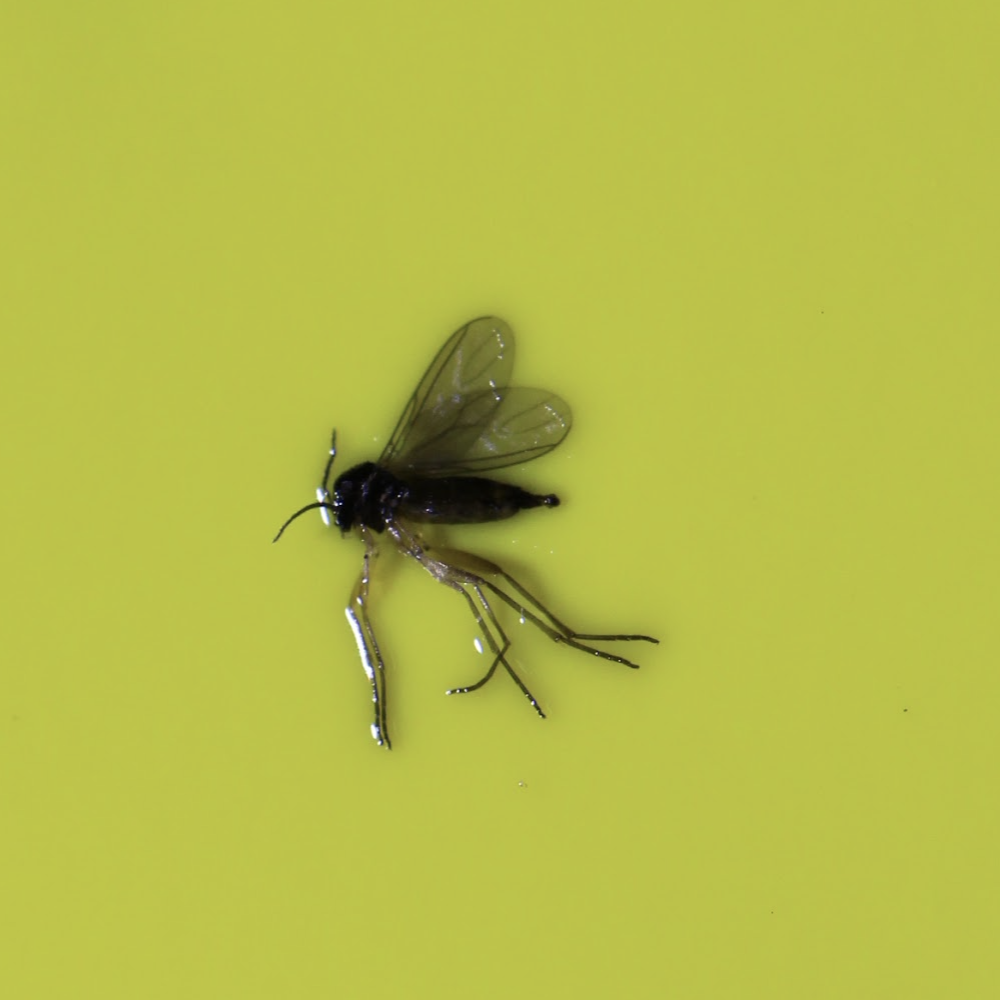
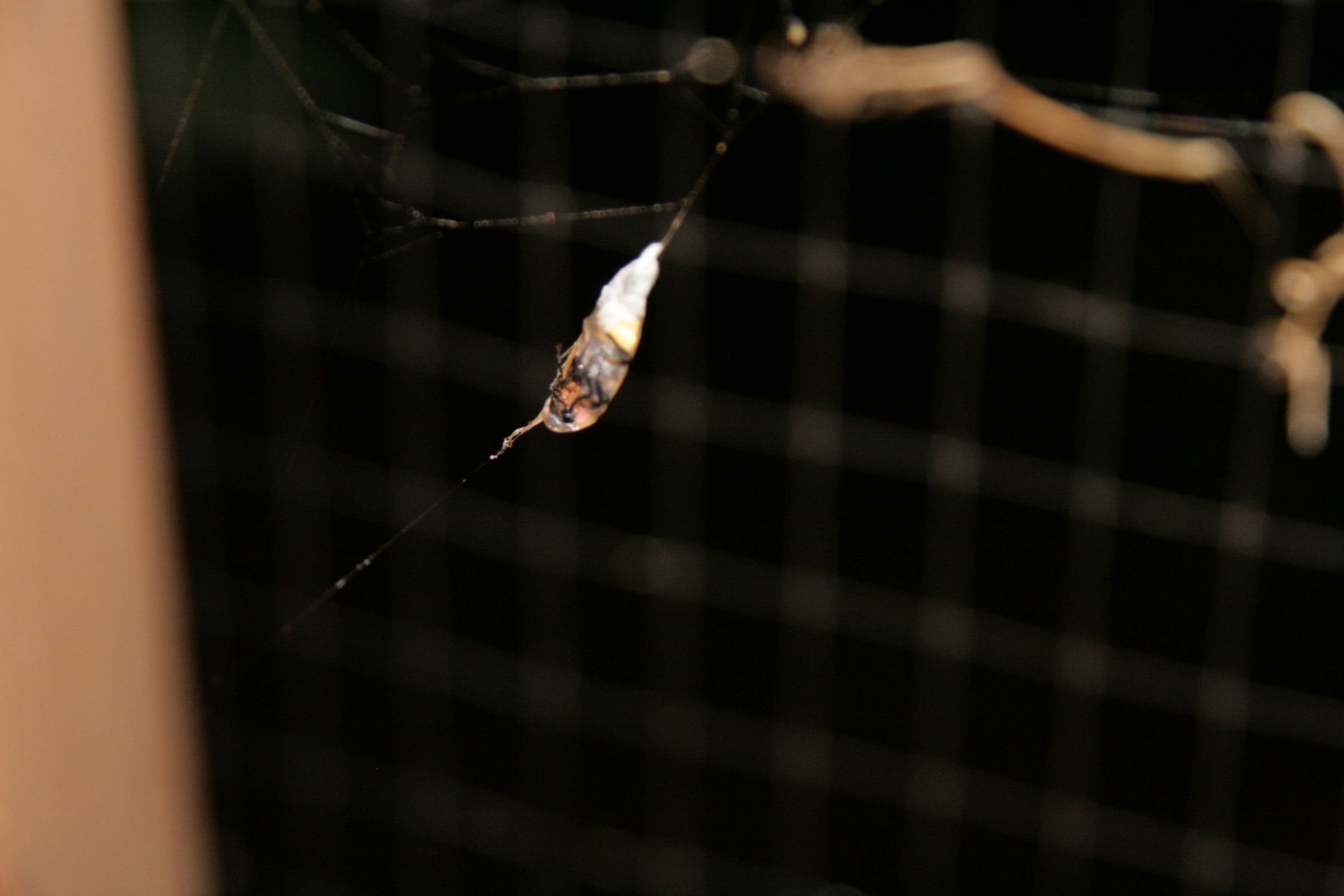
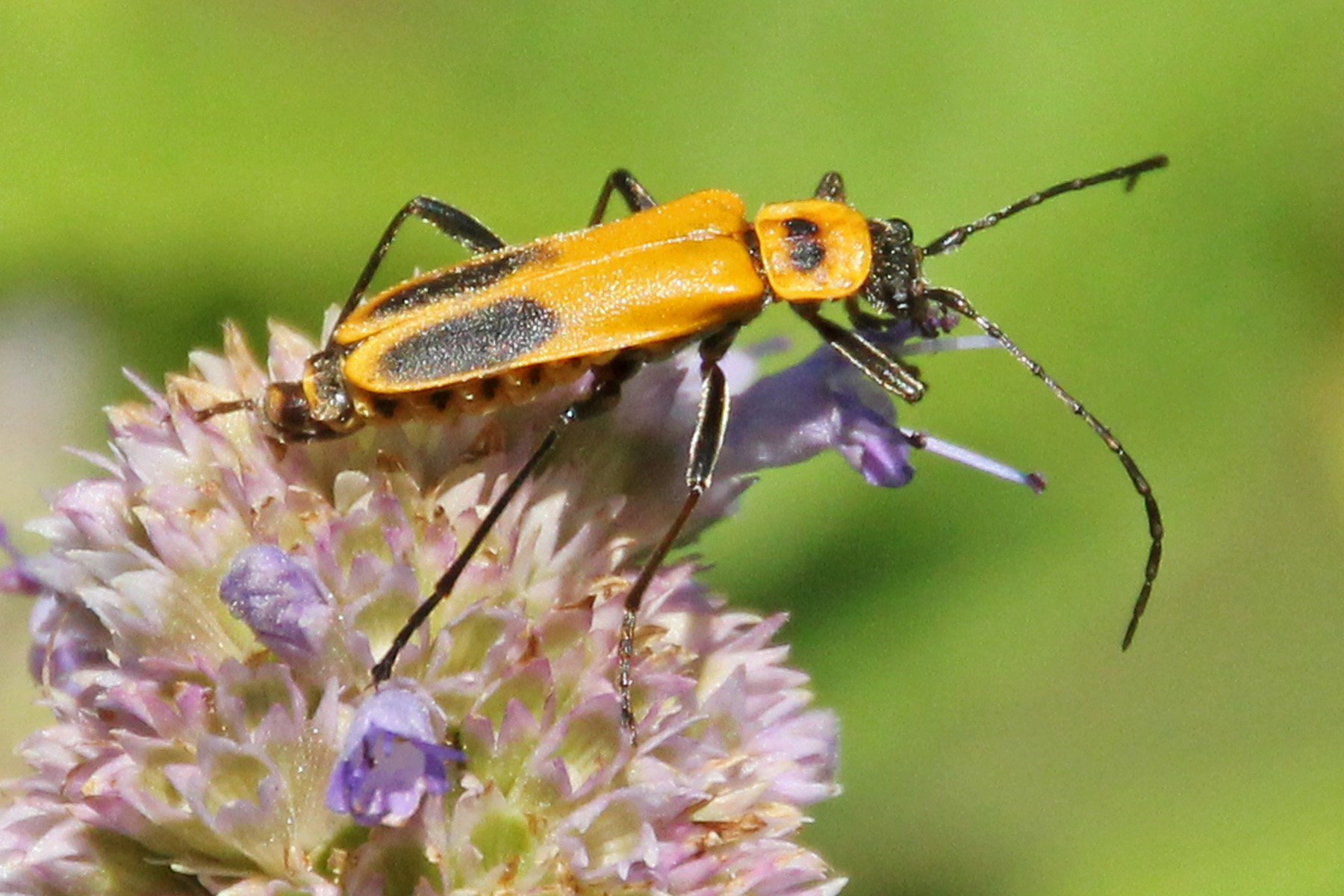 Chauliognathus pensylvanicus‘ />
Chauliognathus pensylvanicus‘ />
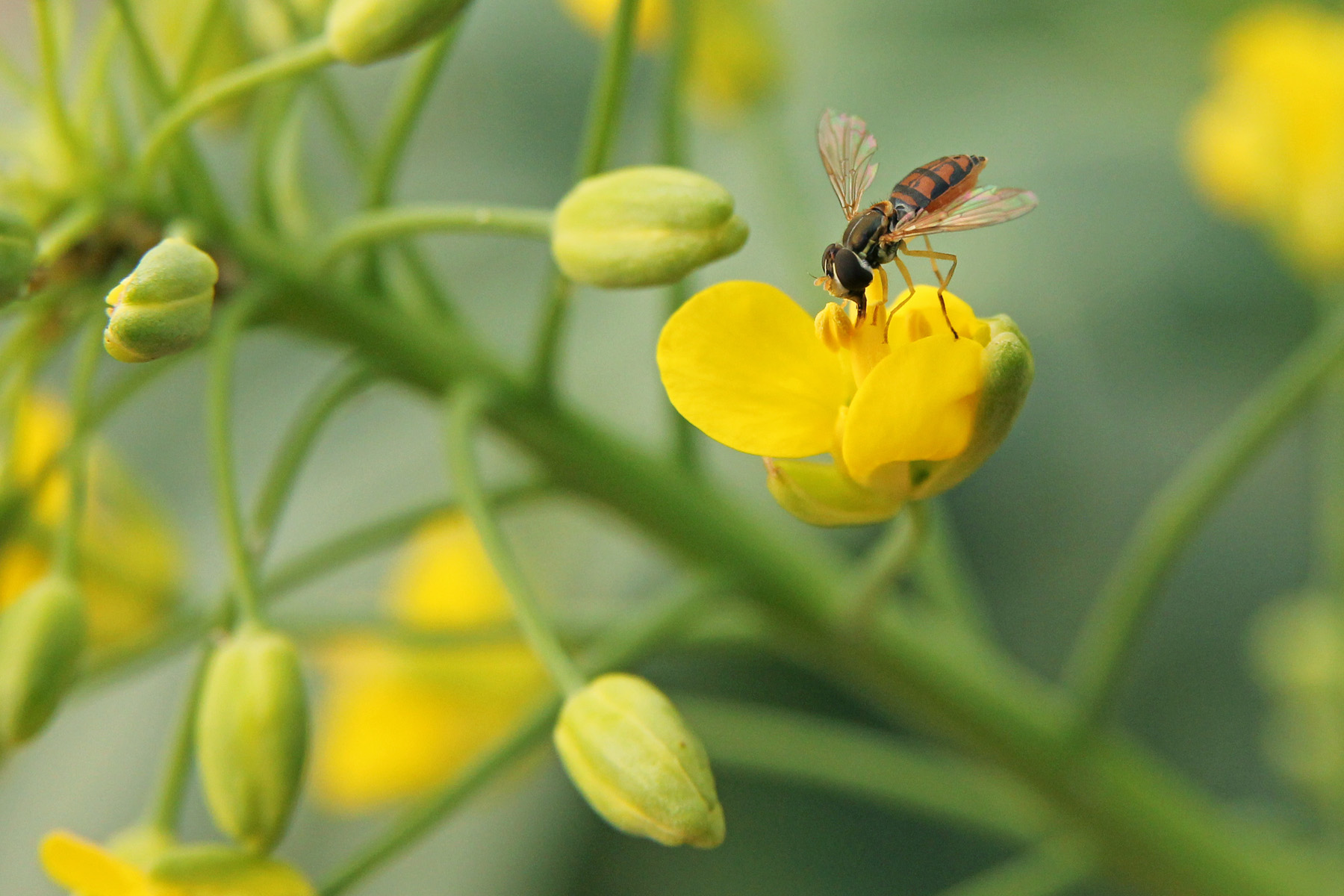
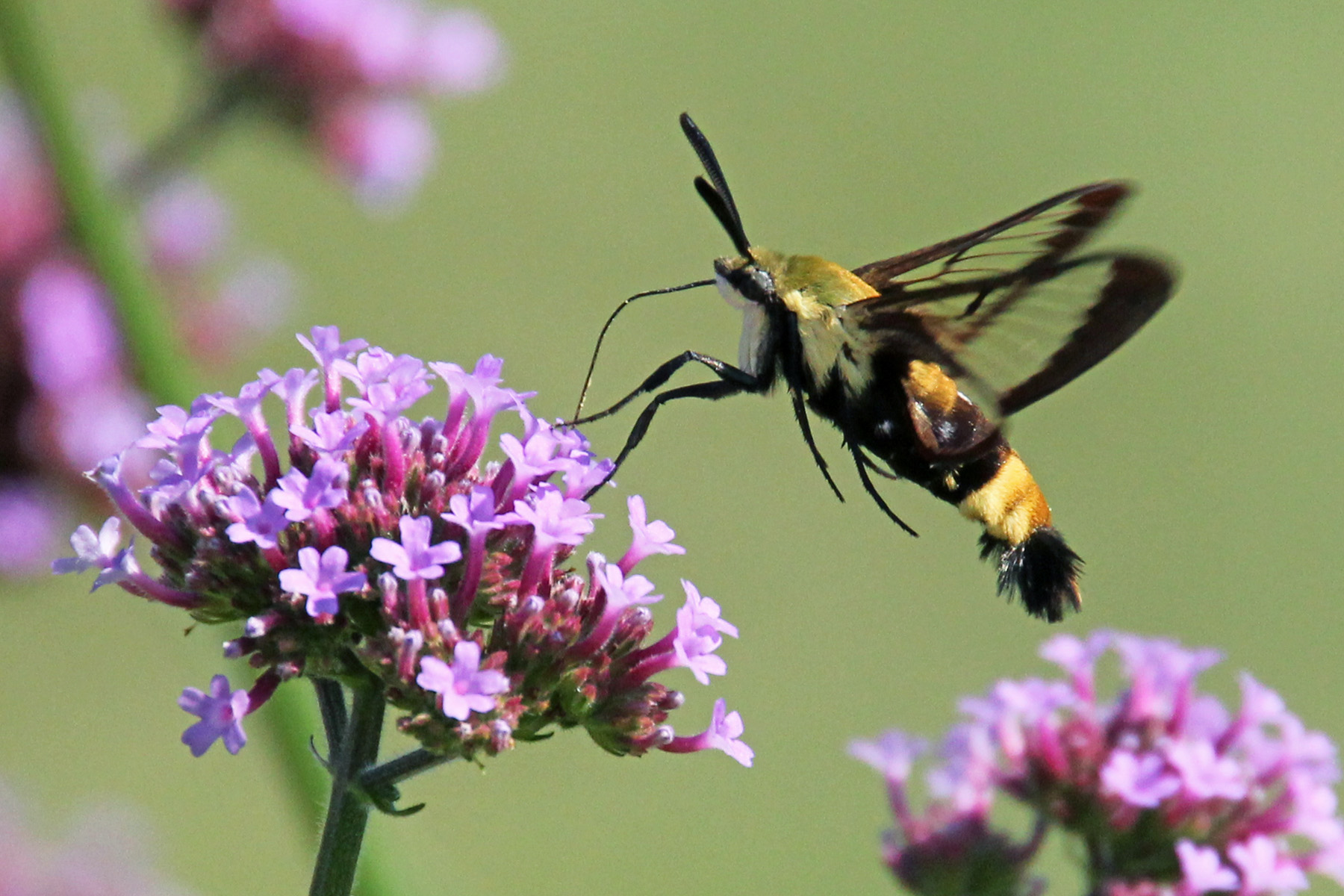 Hemaris thysbe‘ />
Hemaris thysbe‘ />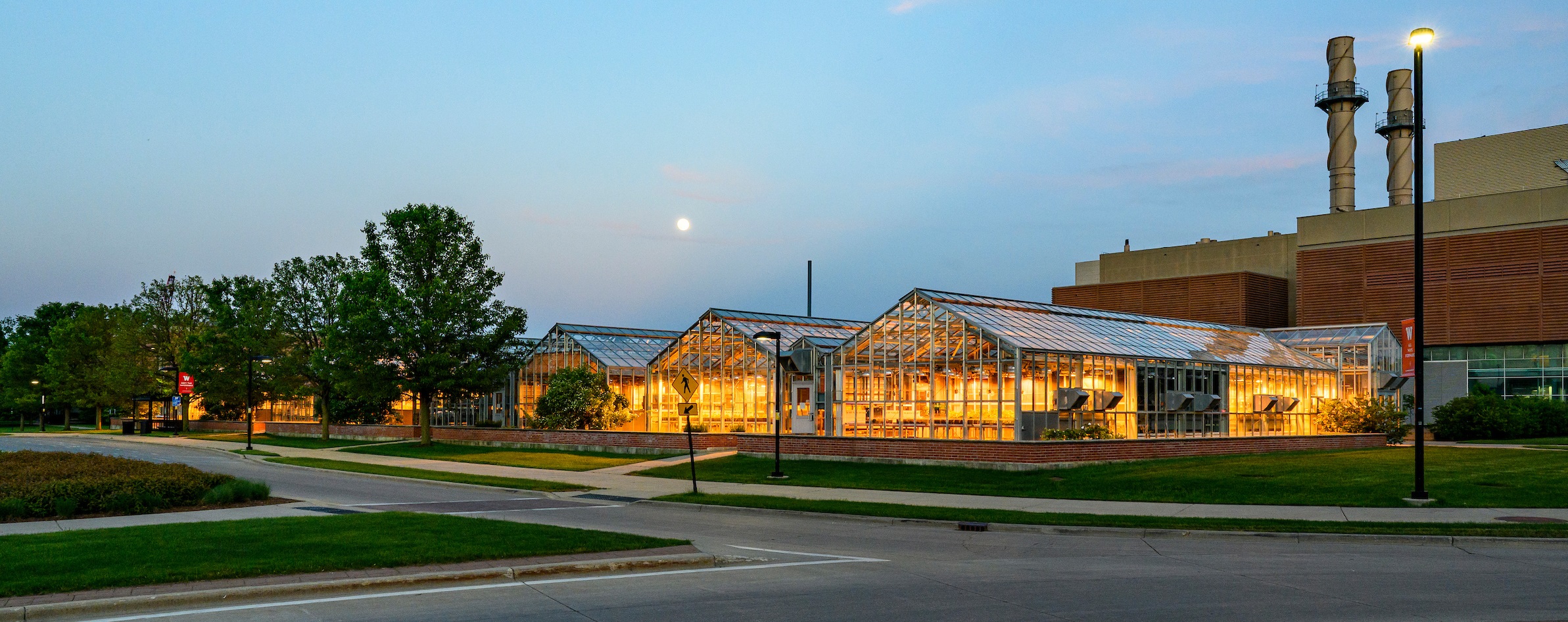
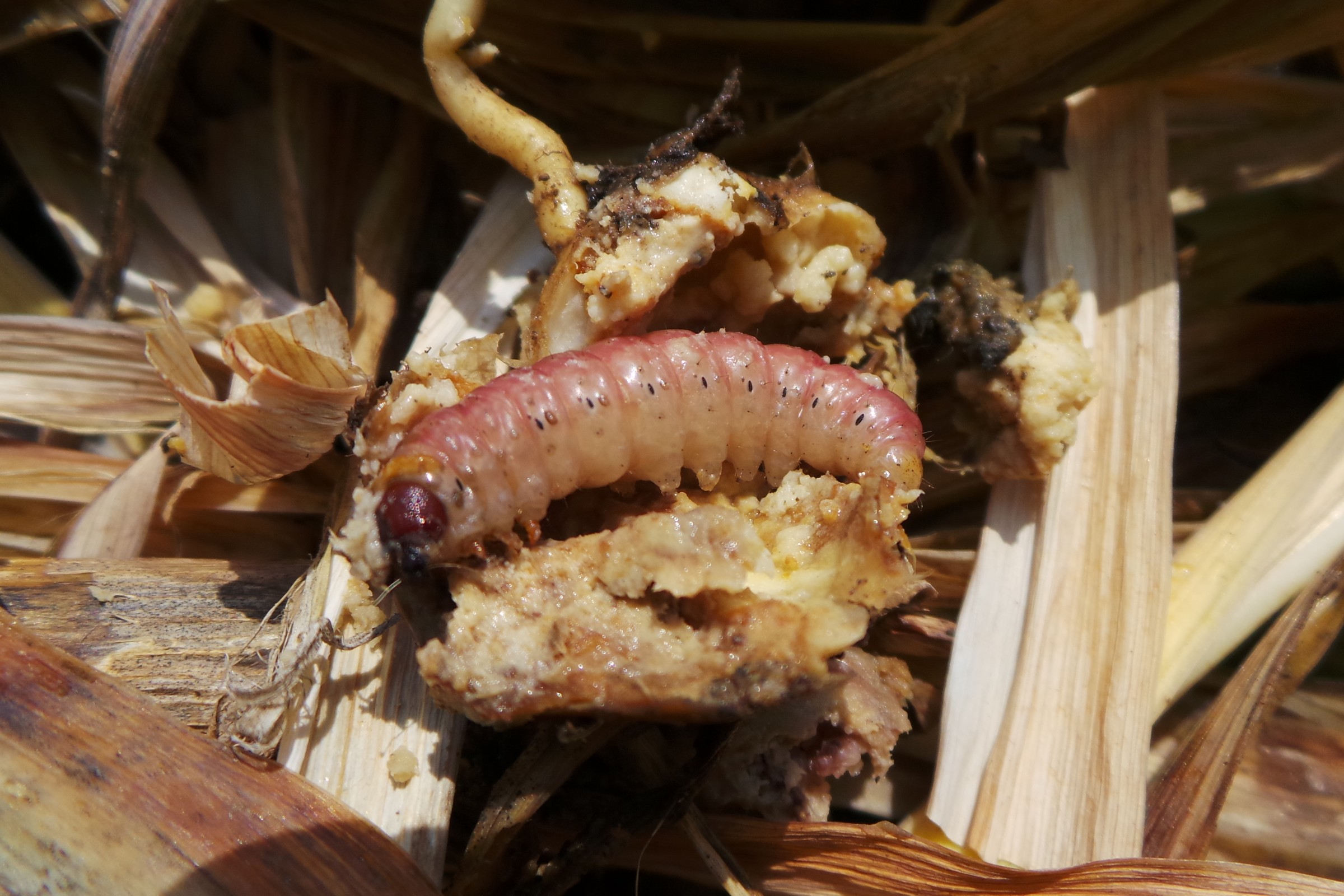

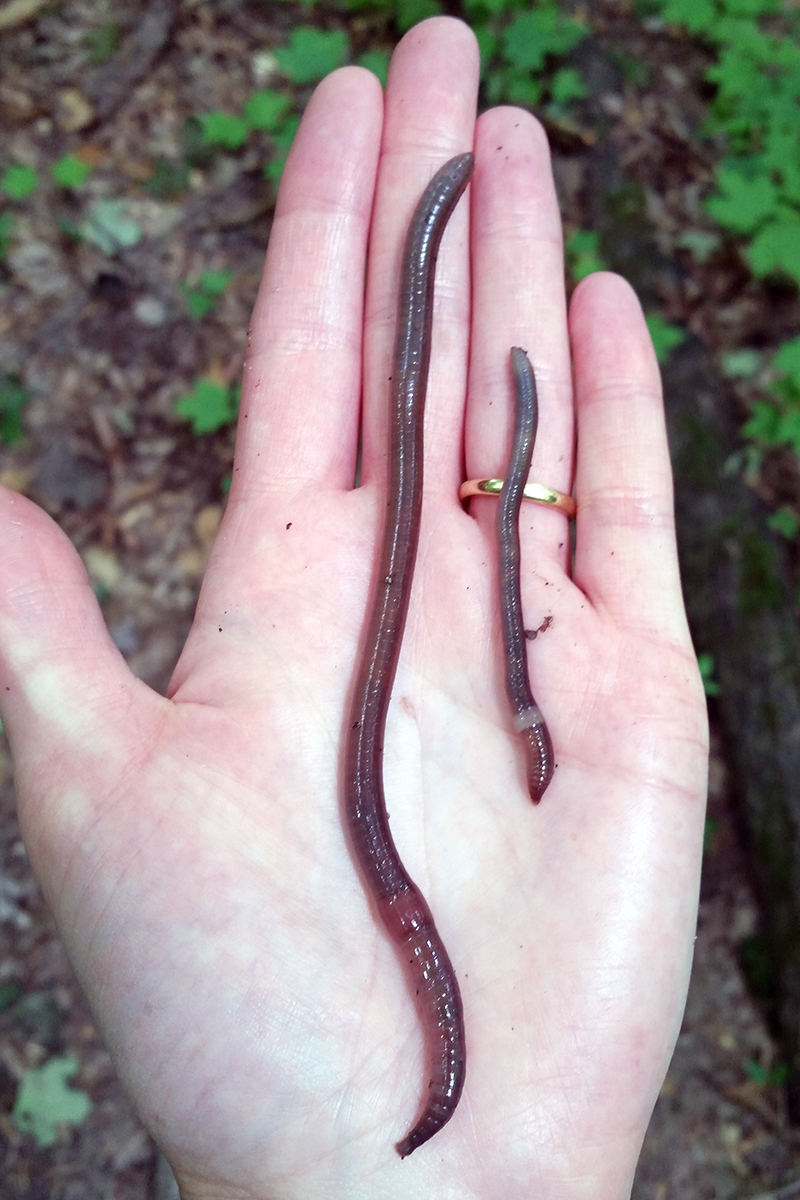
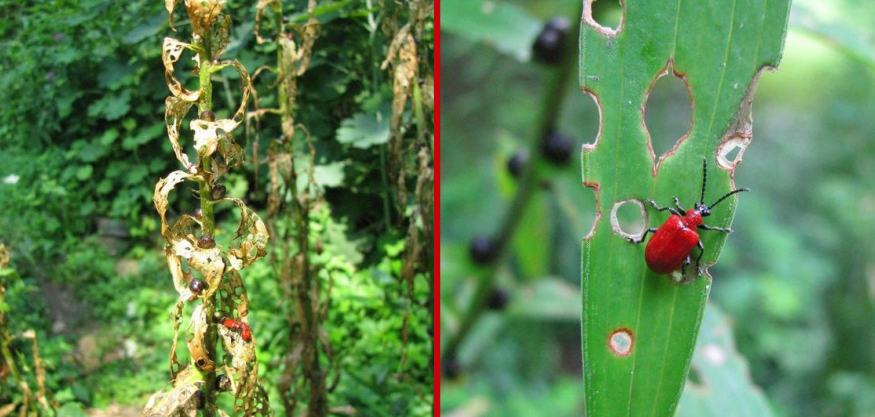
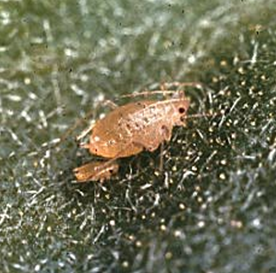
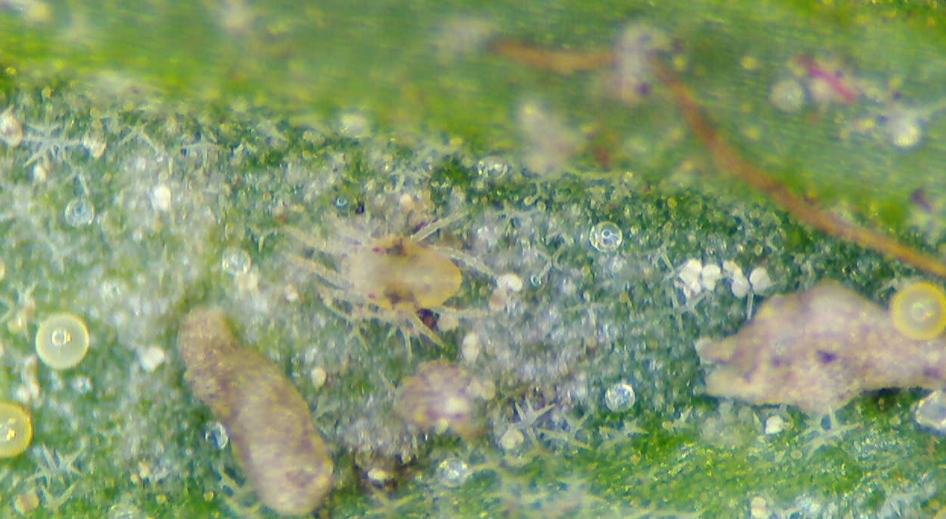
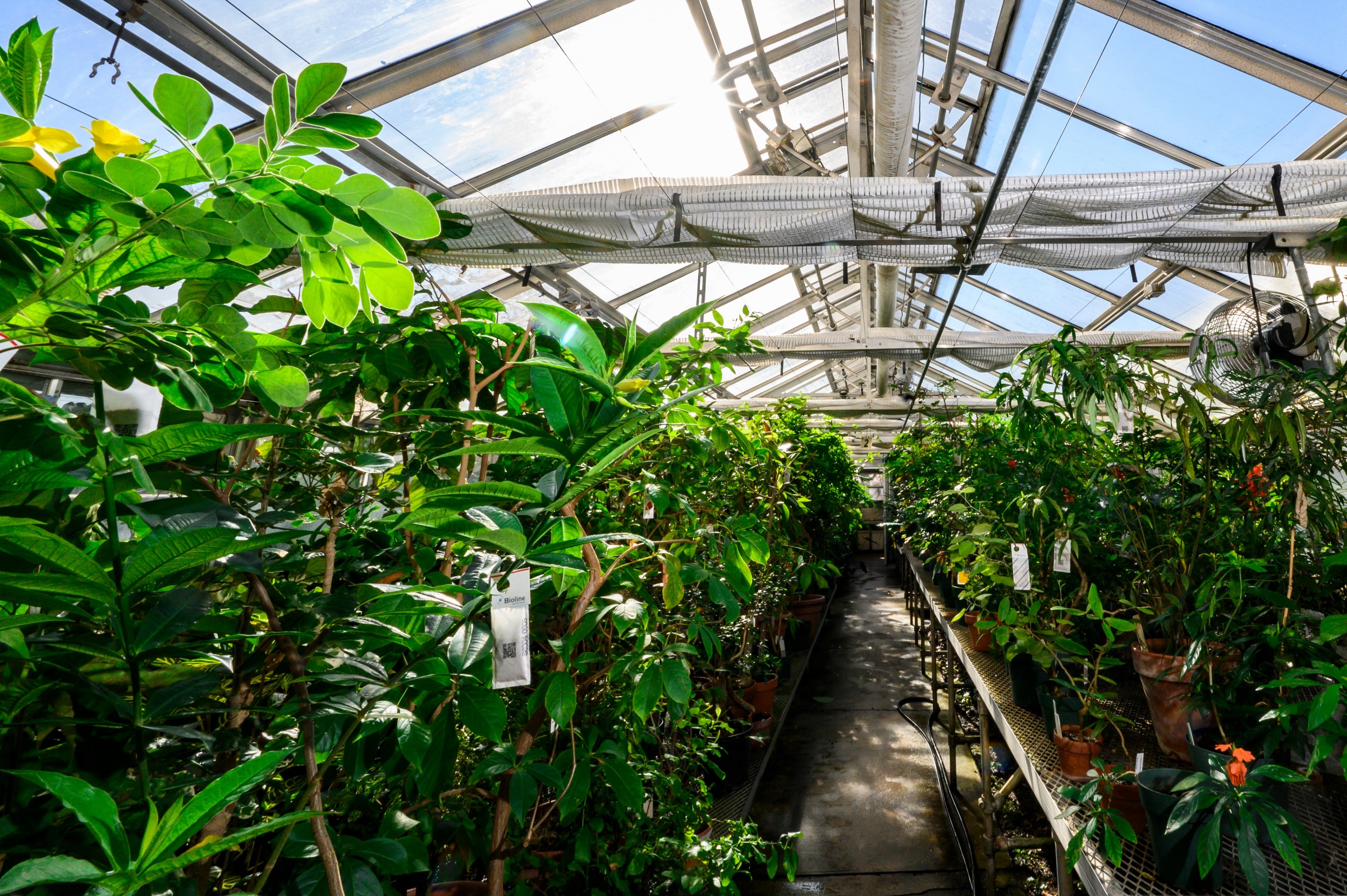
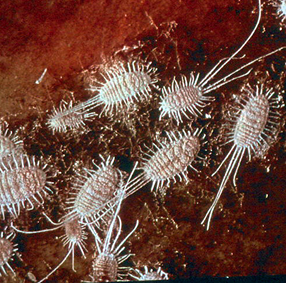
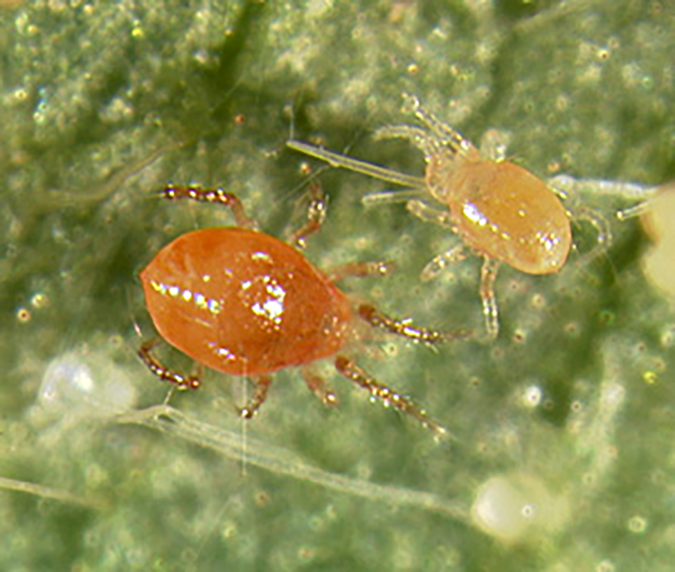
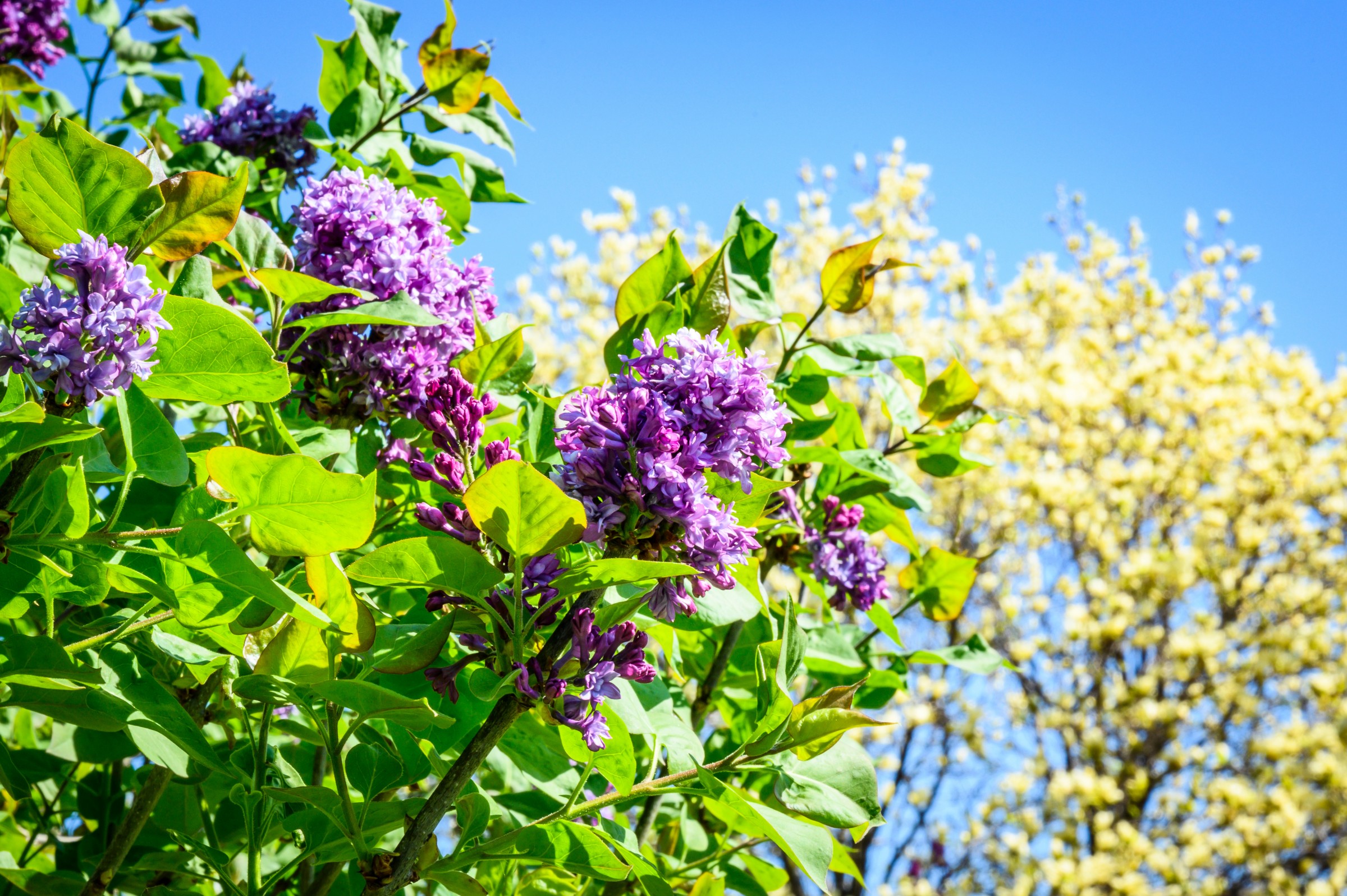
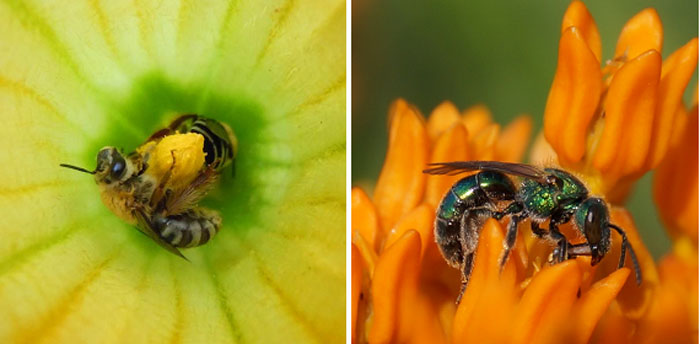
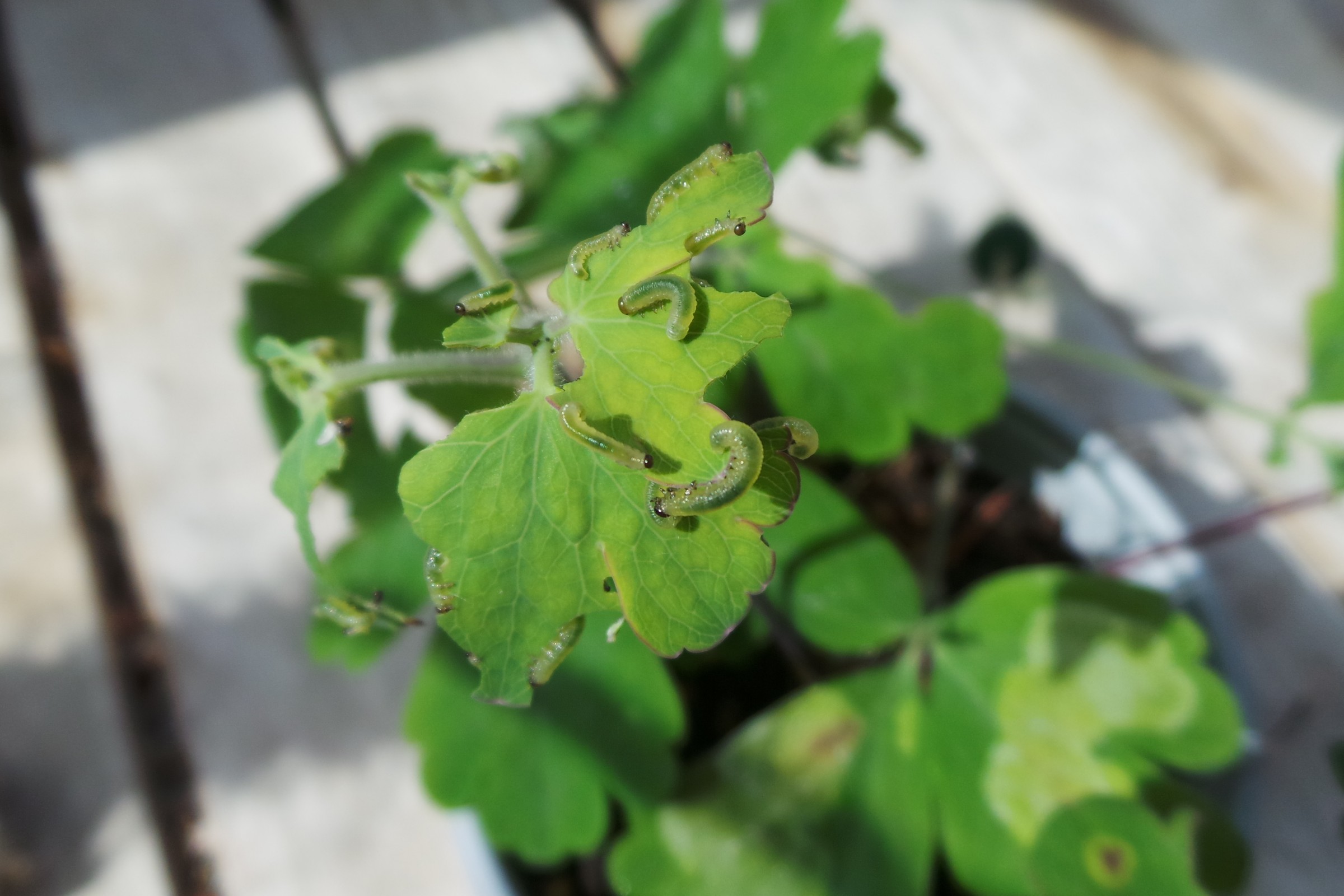
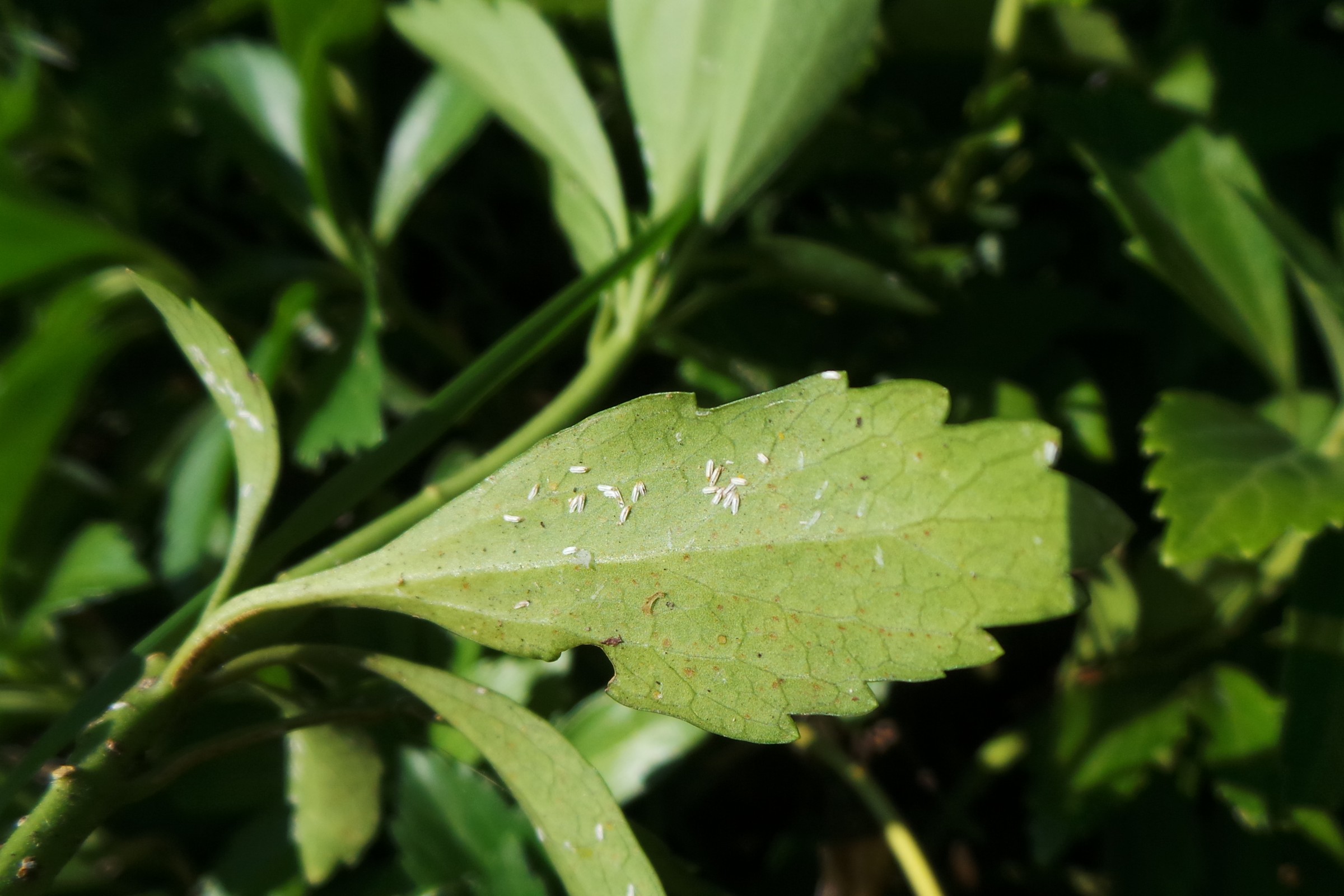
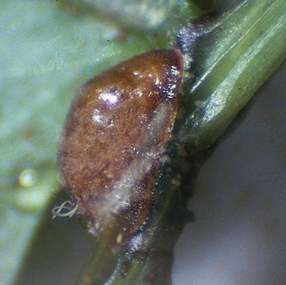
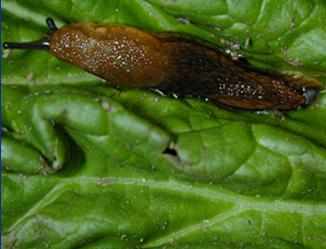
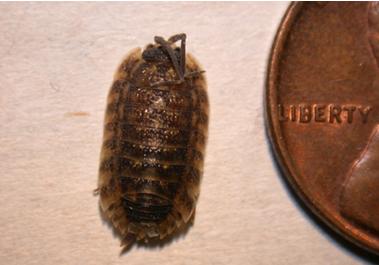
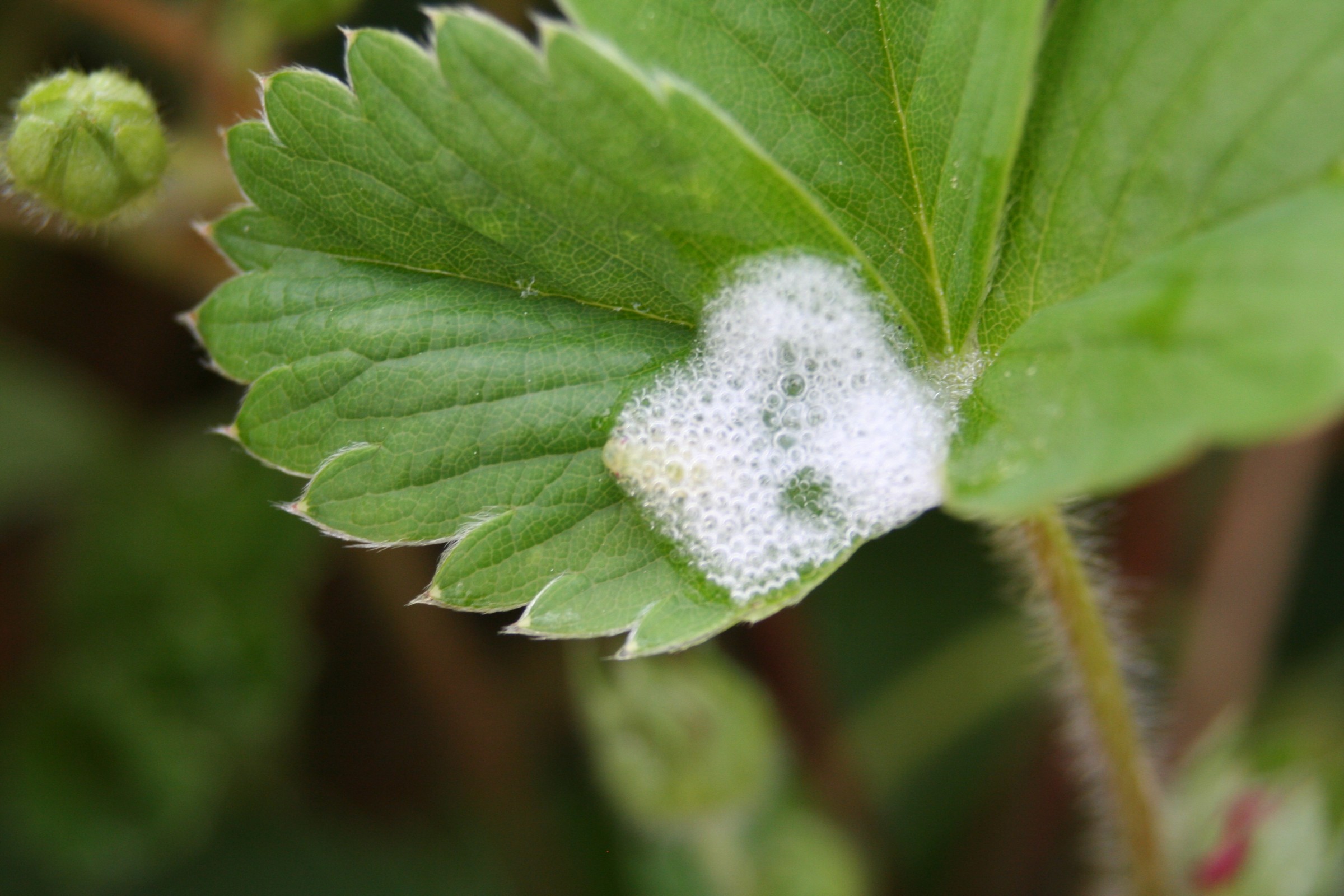
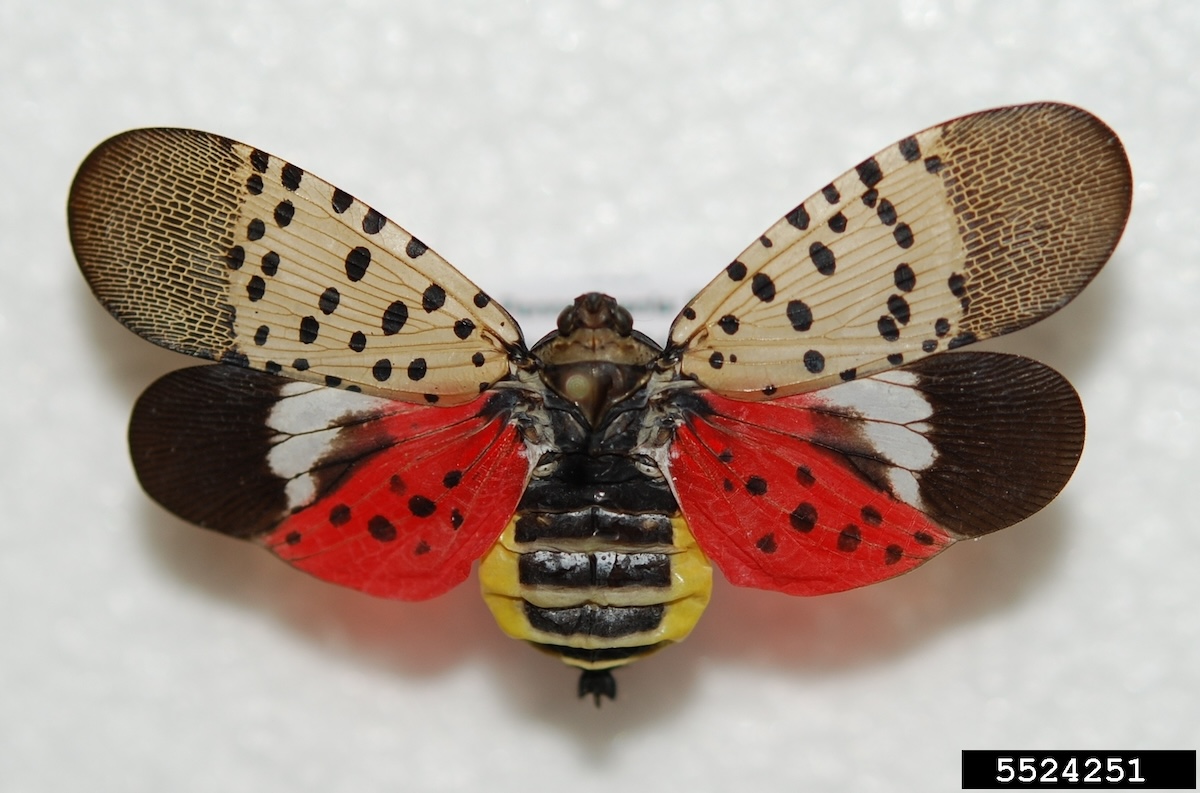


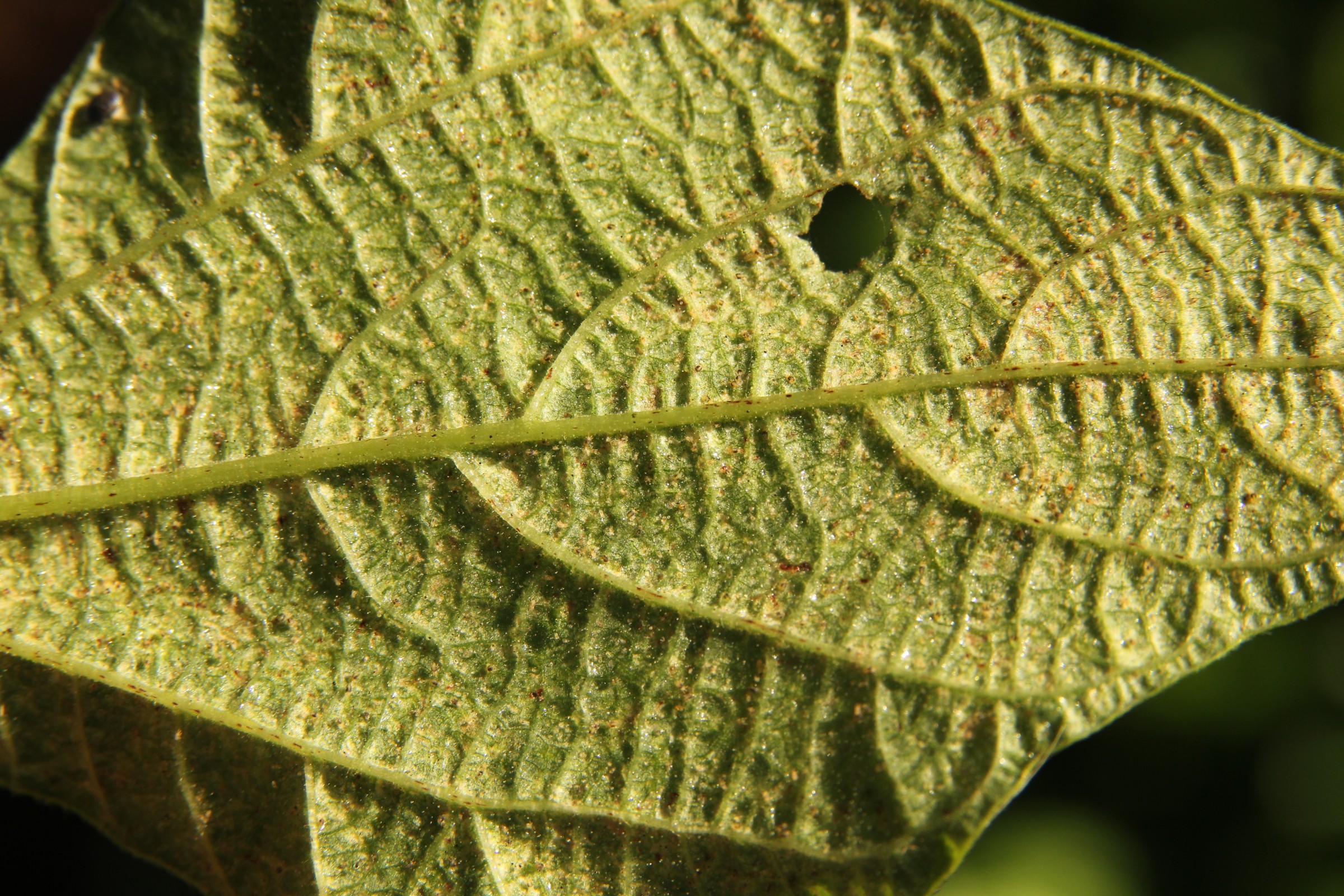 Tetranychus urticae‘ />
Tetranychus urticae‘ />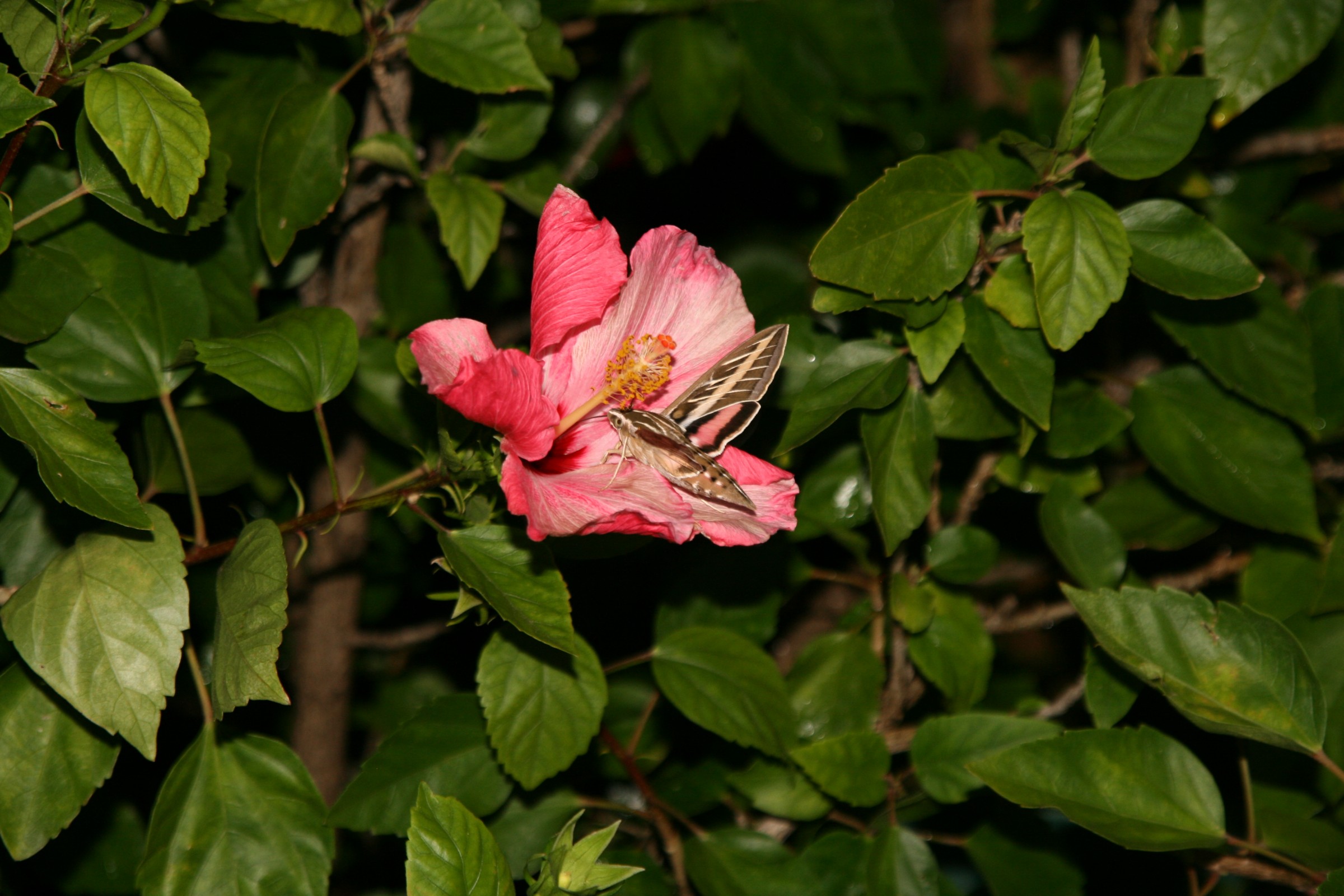 Hyles lineata‘ />
Hyles lineata‘ />